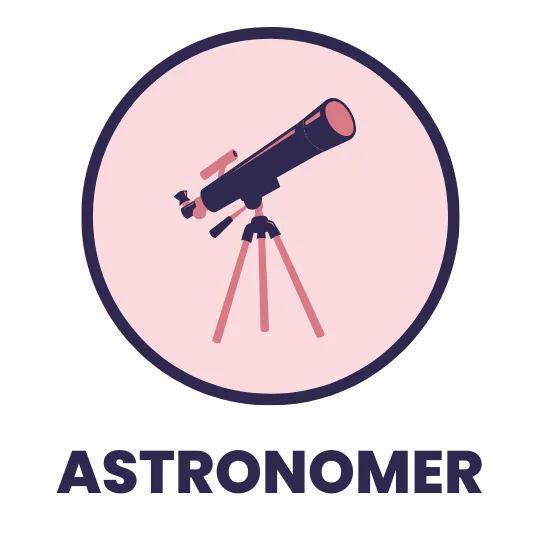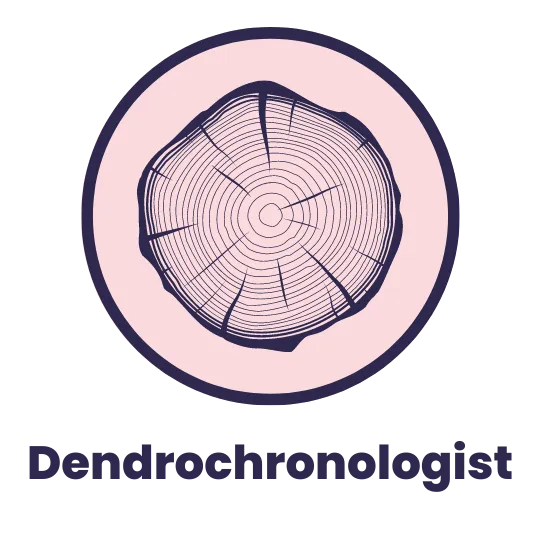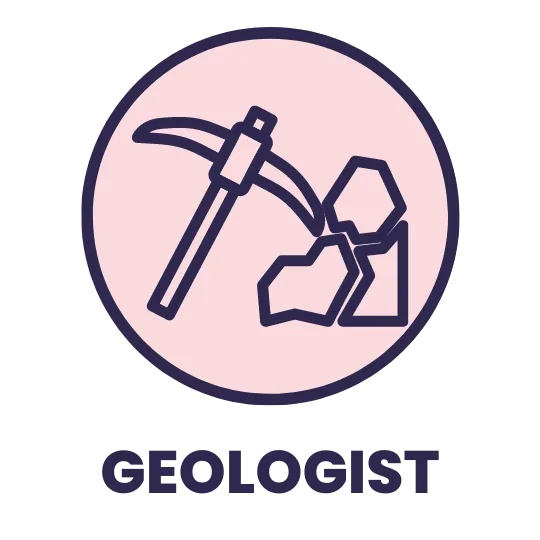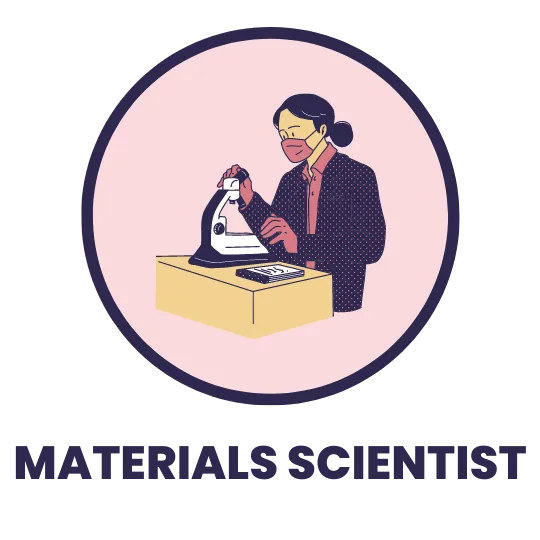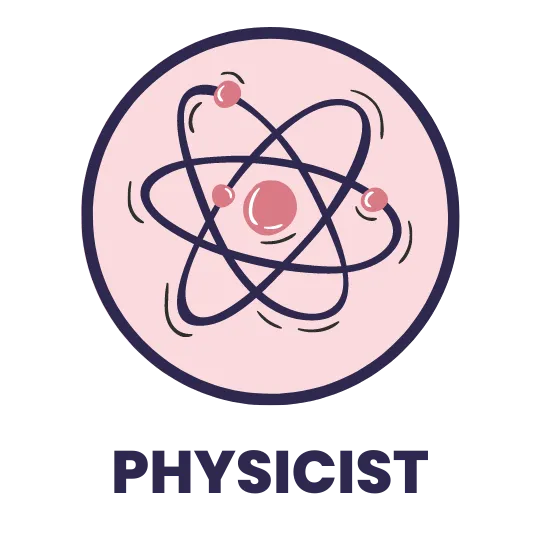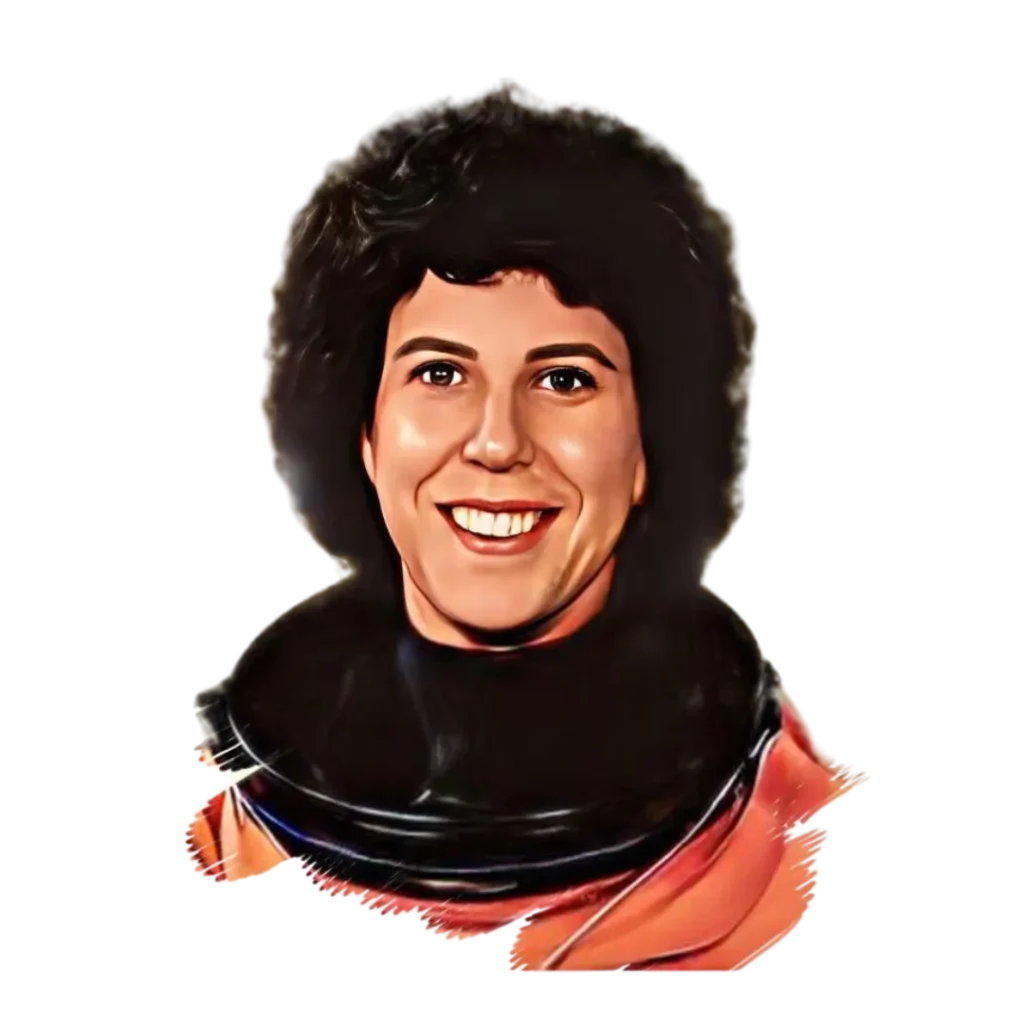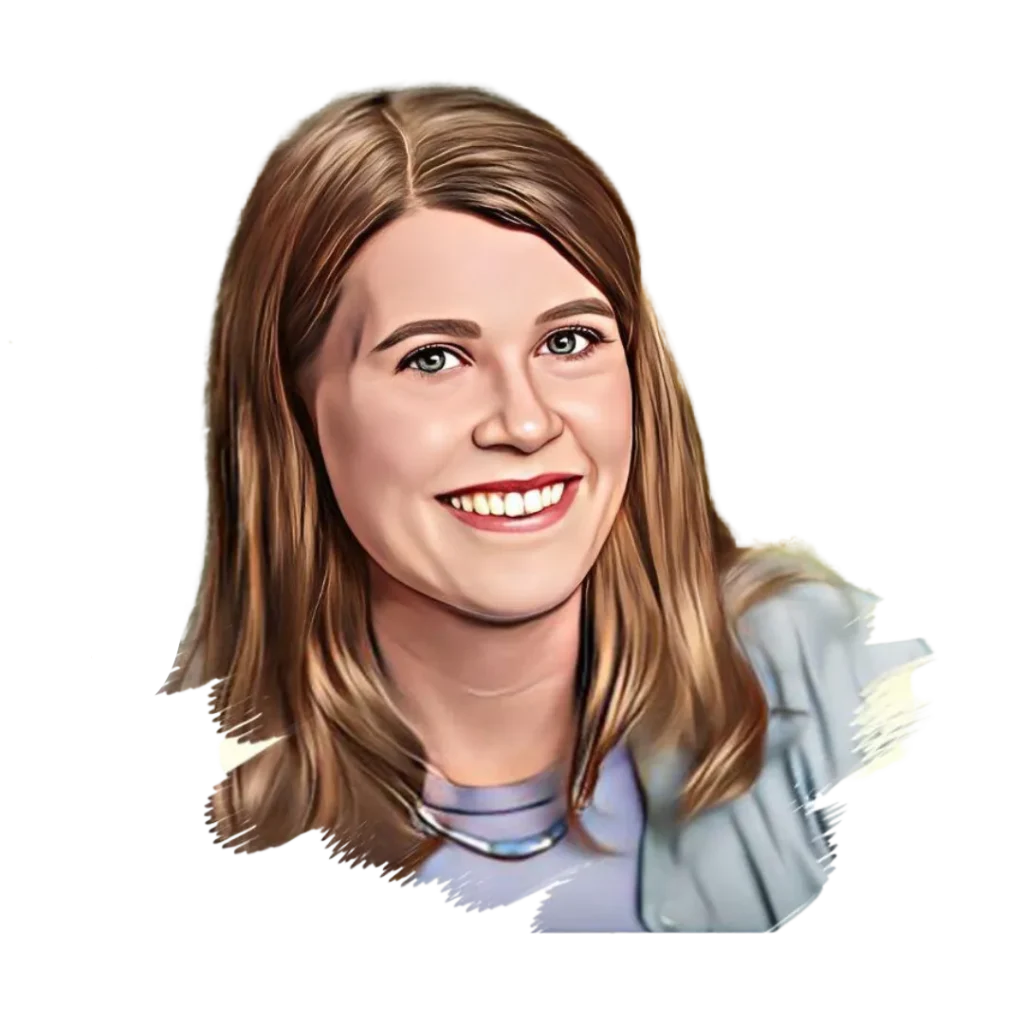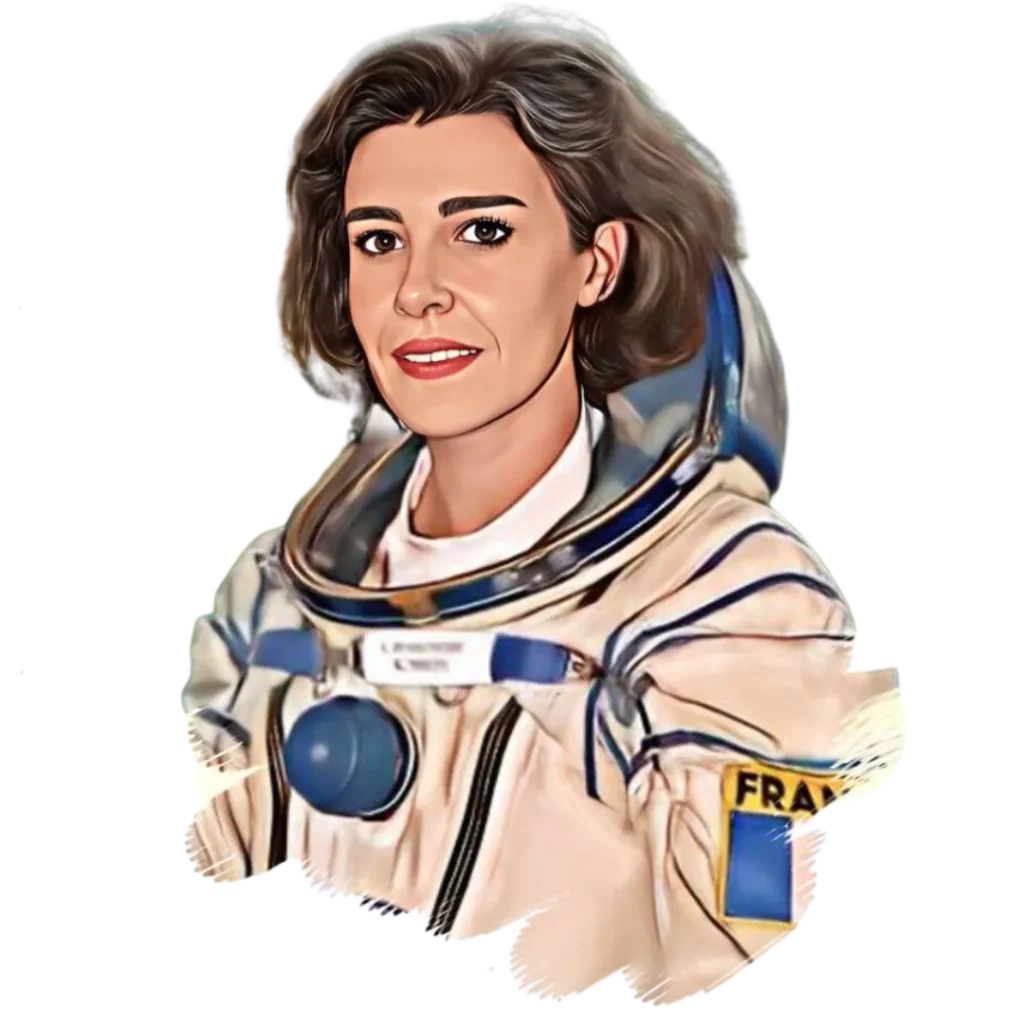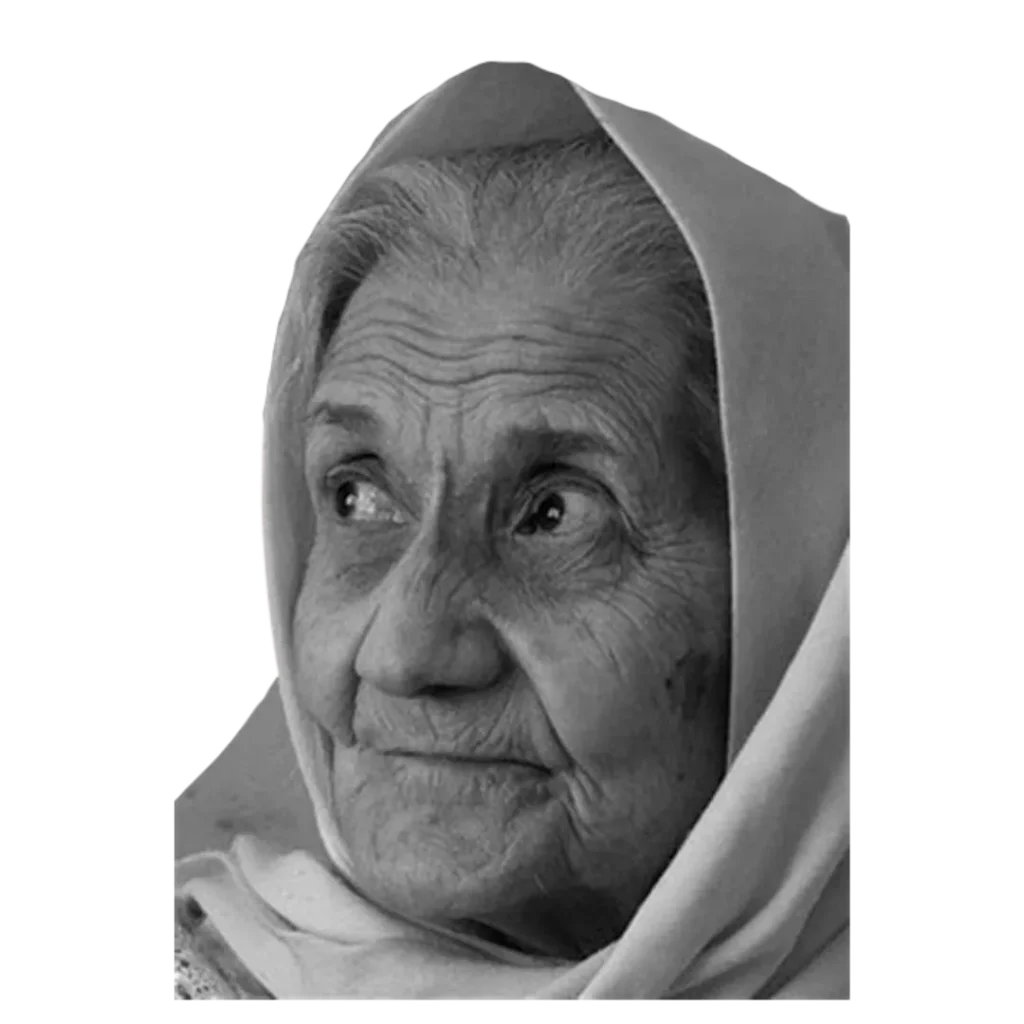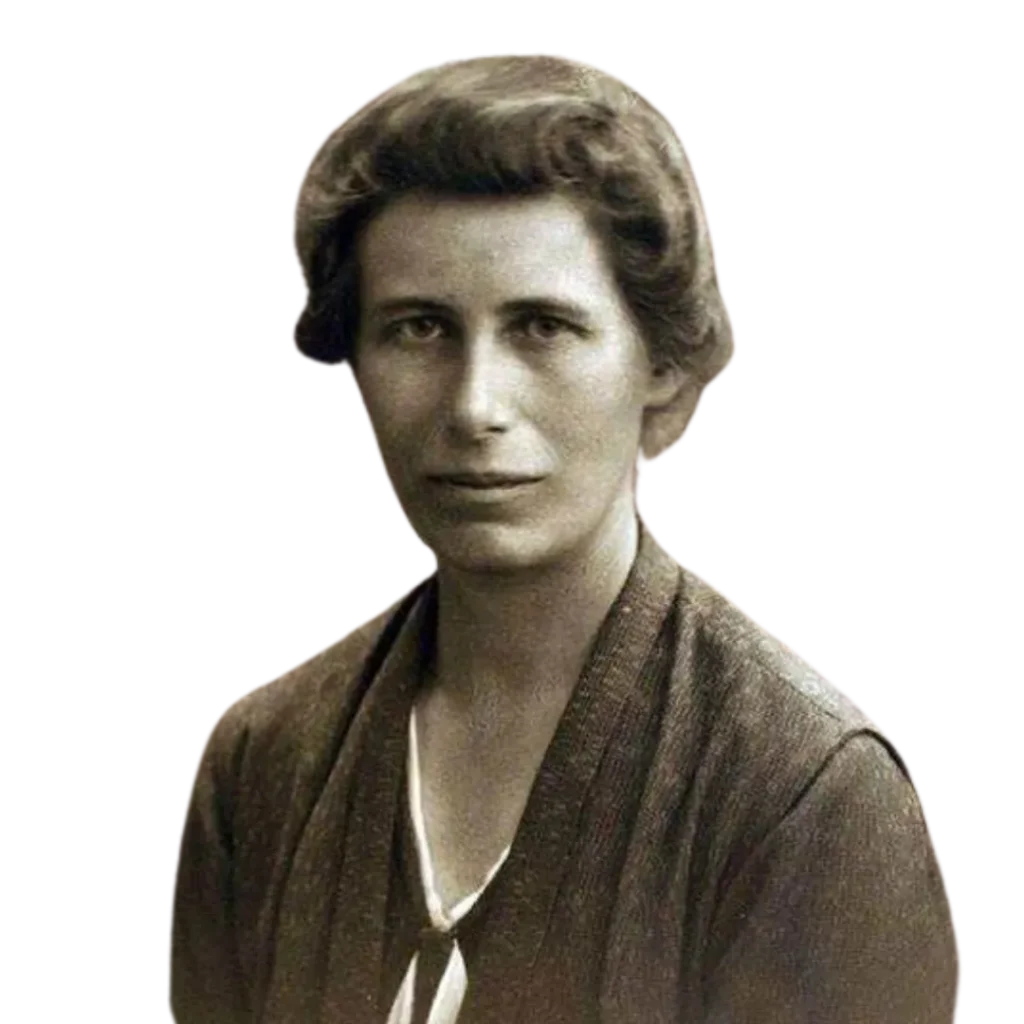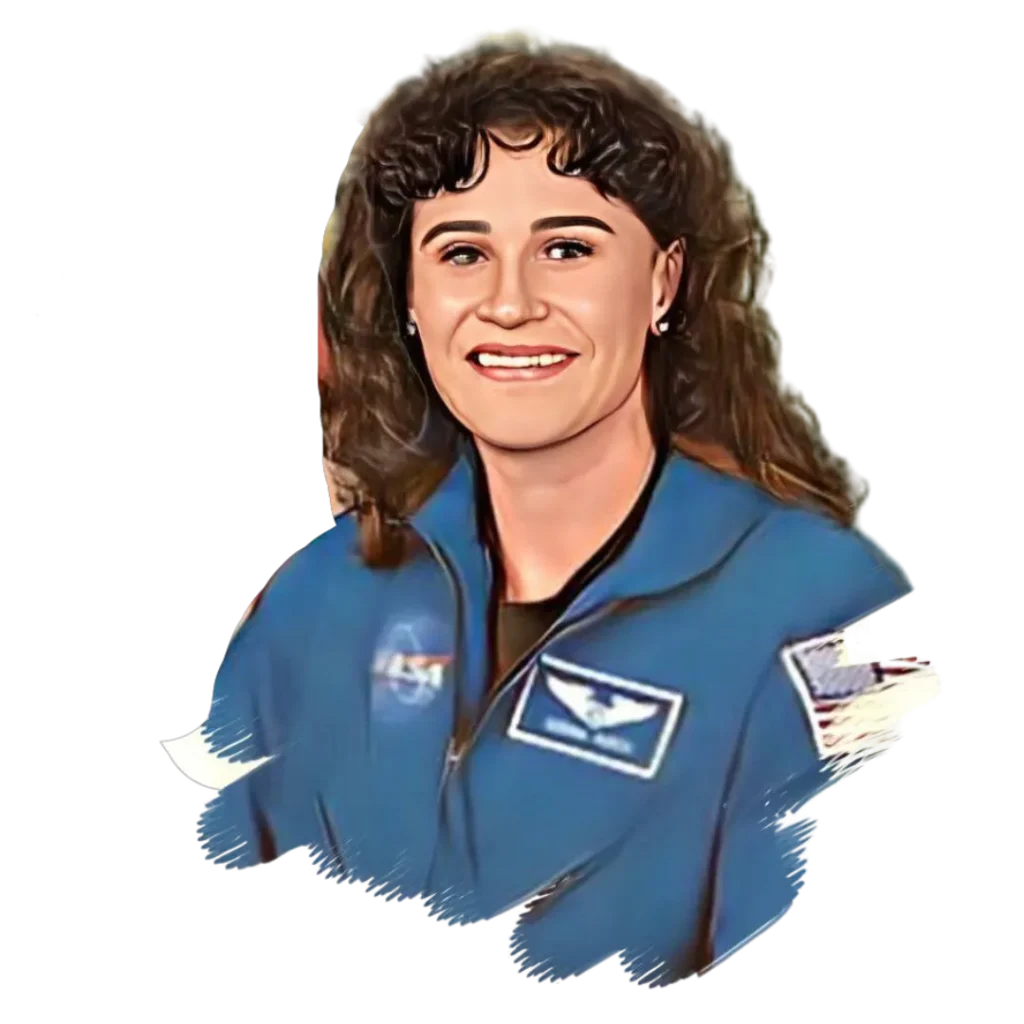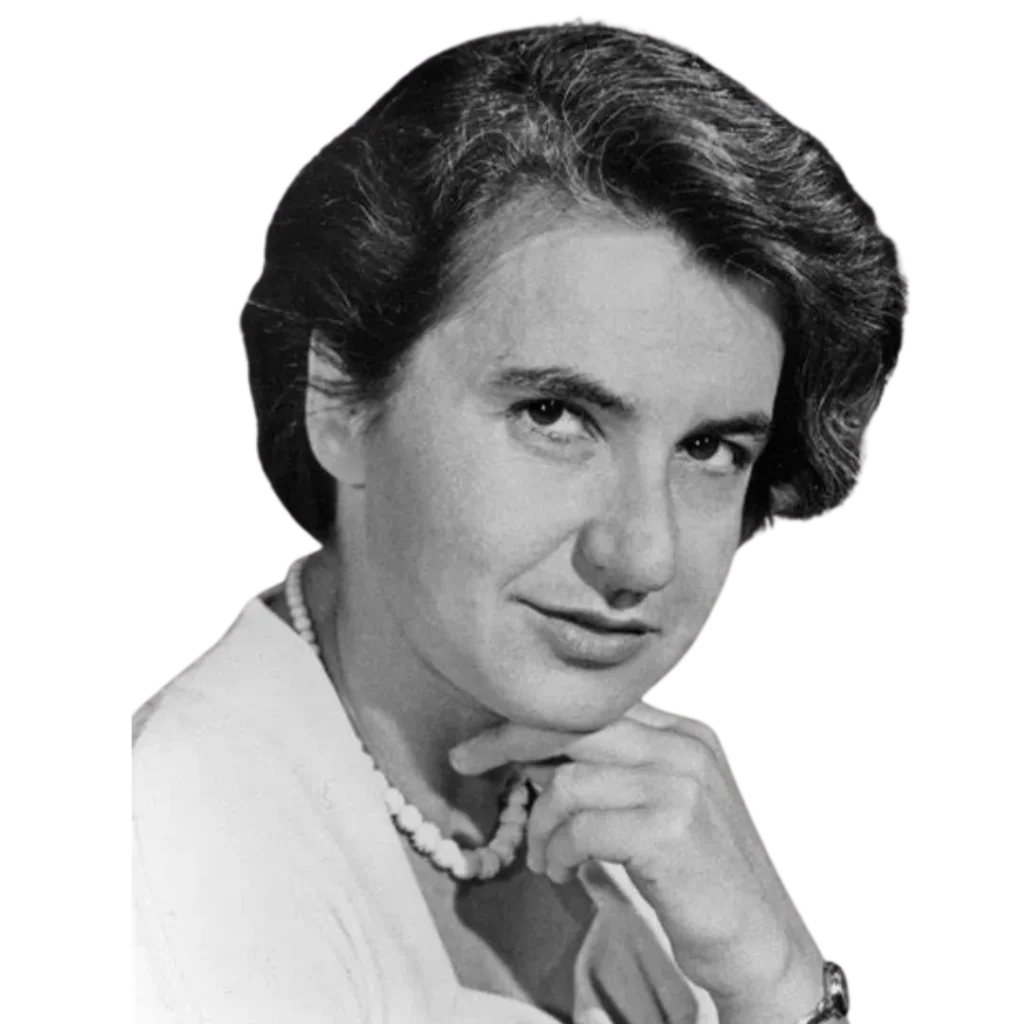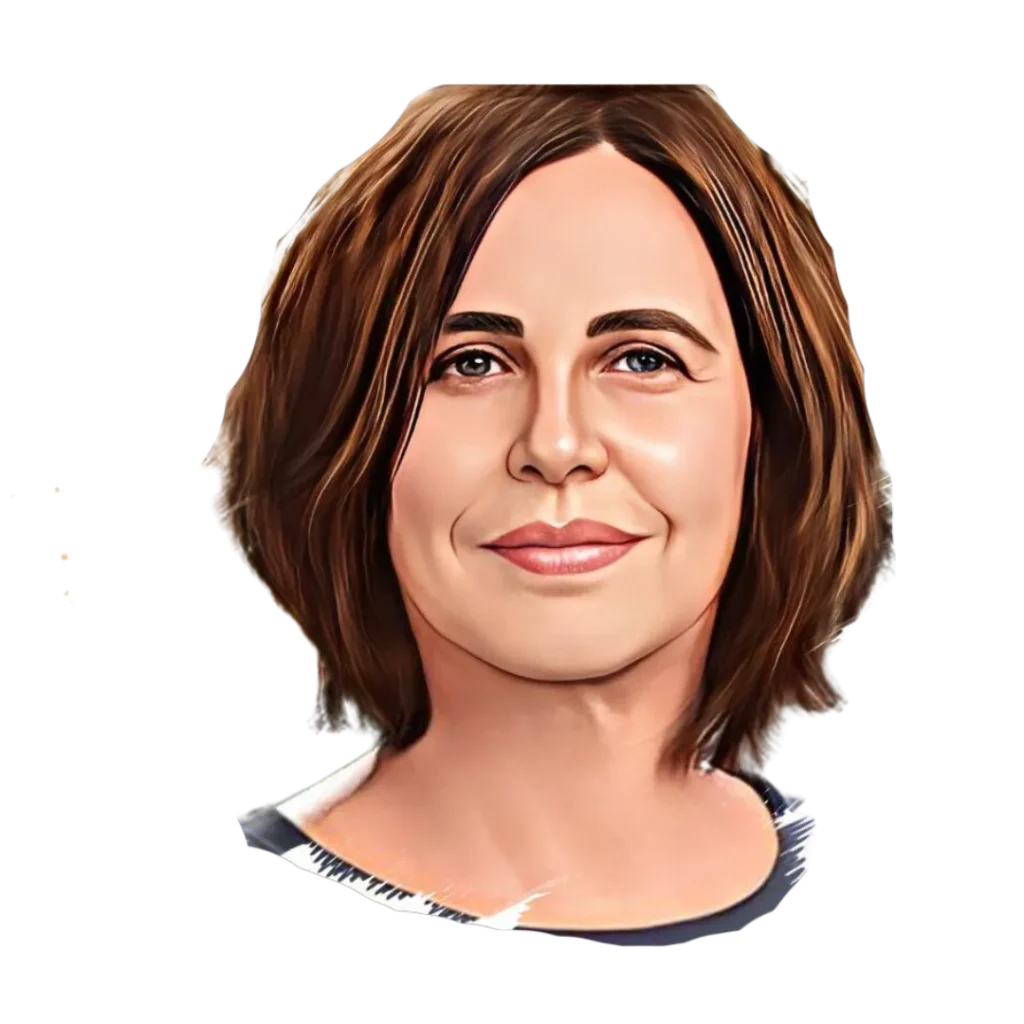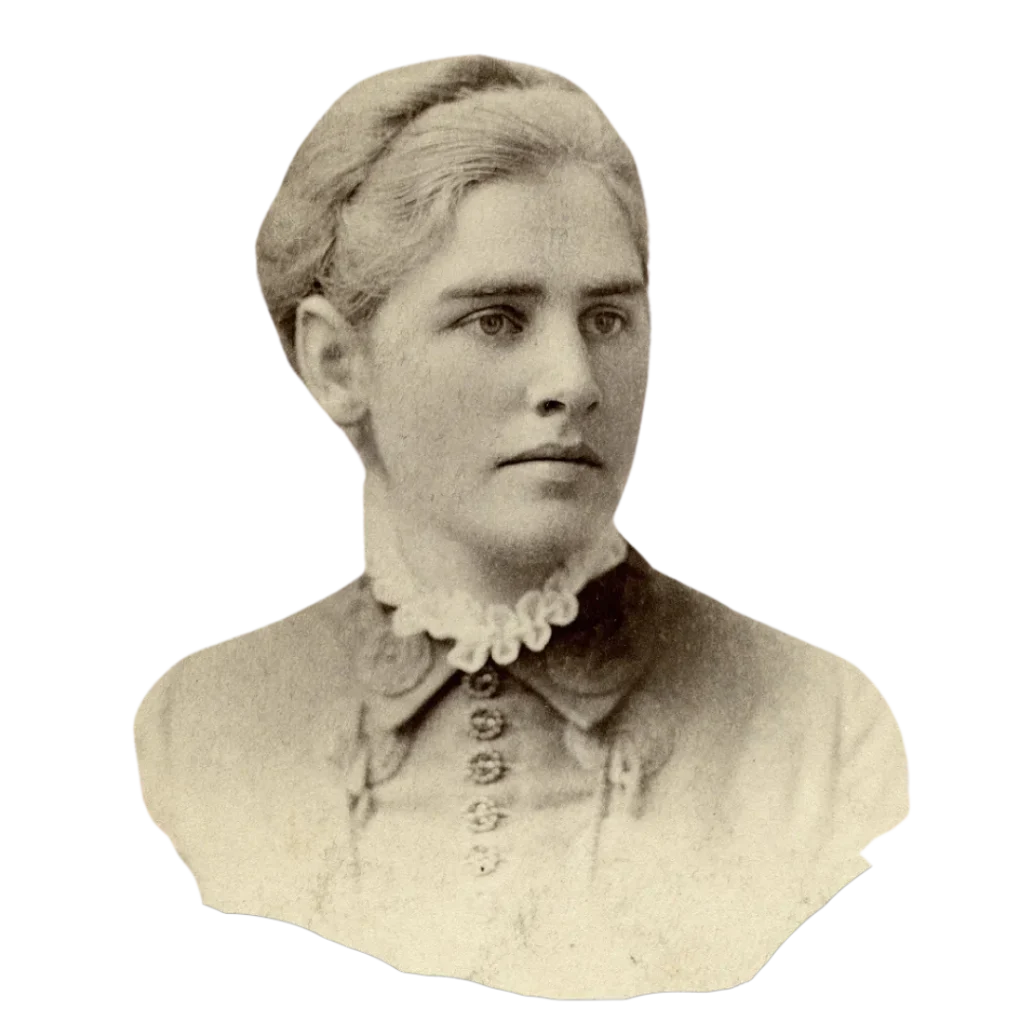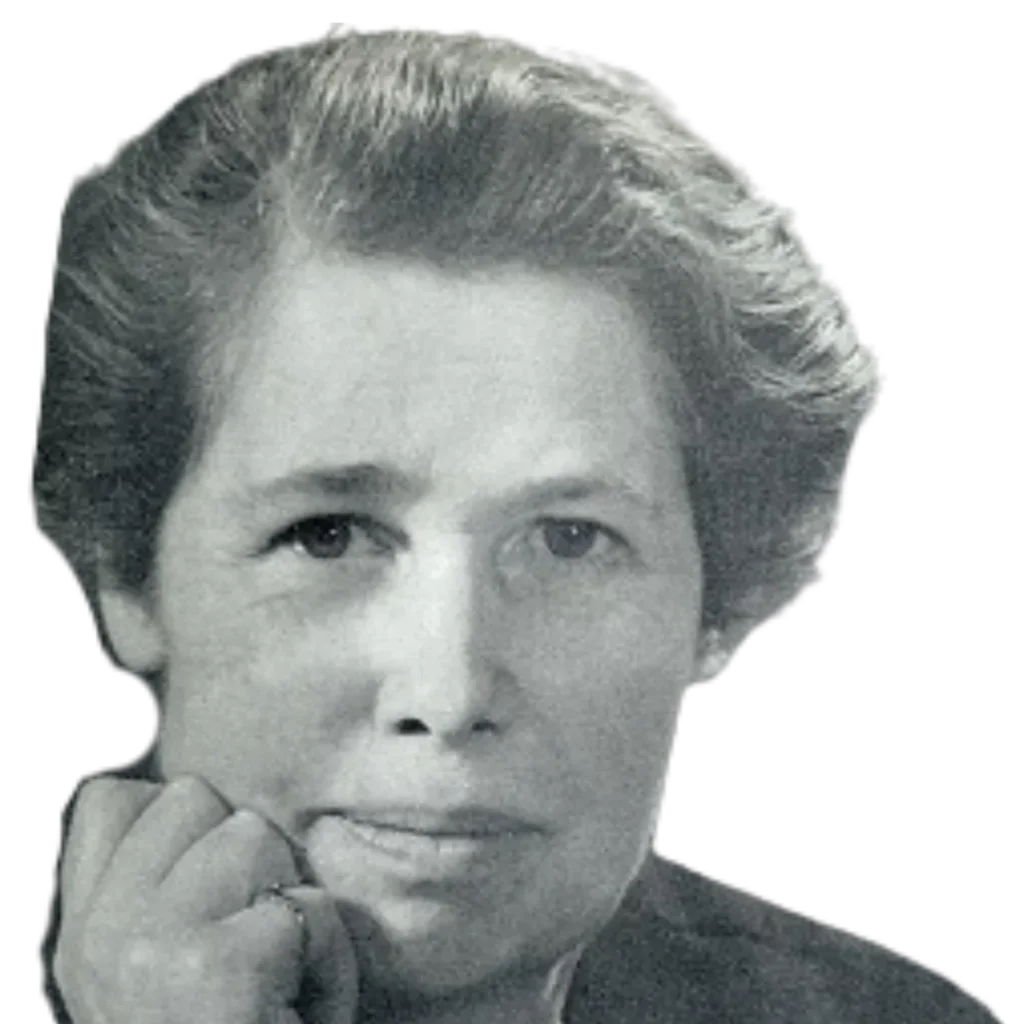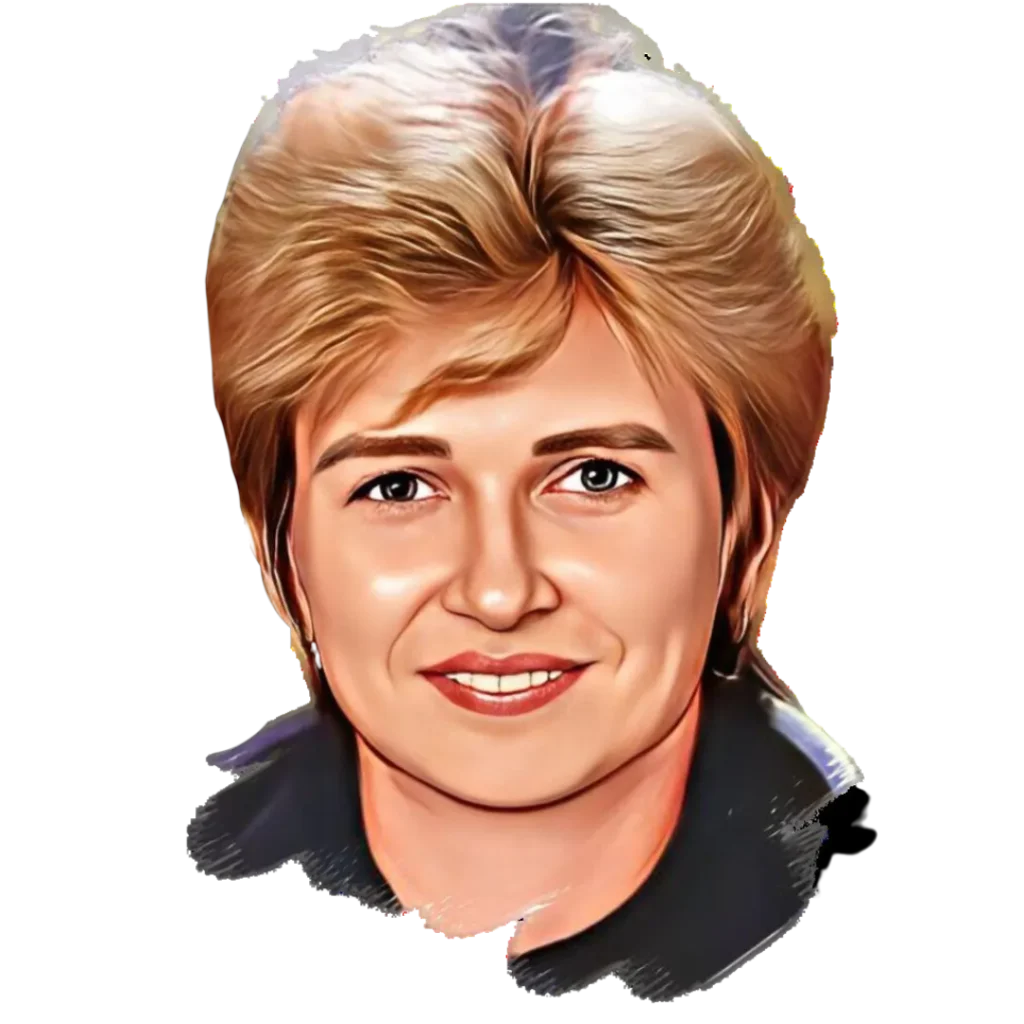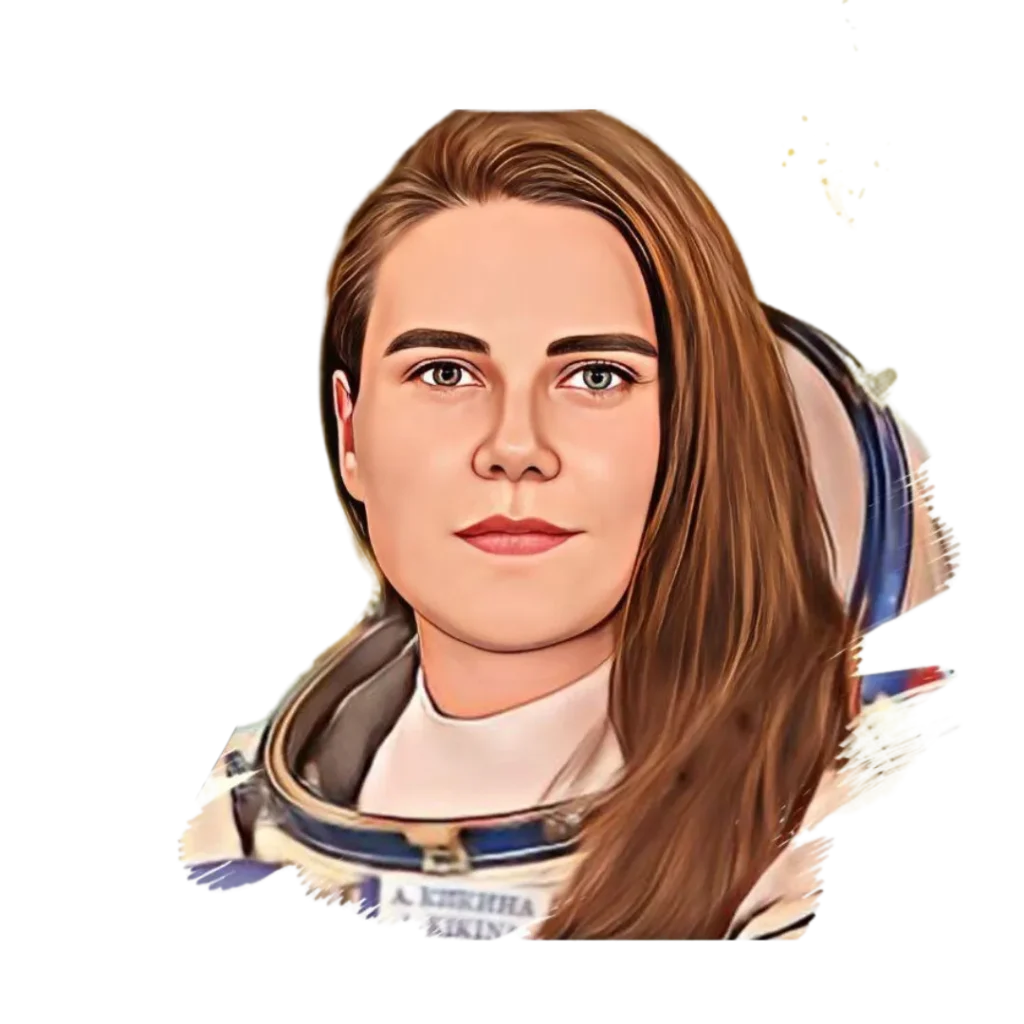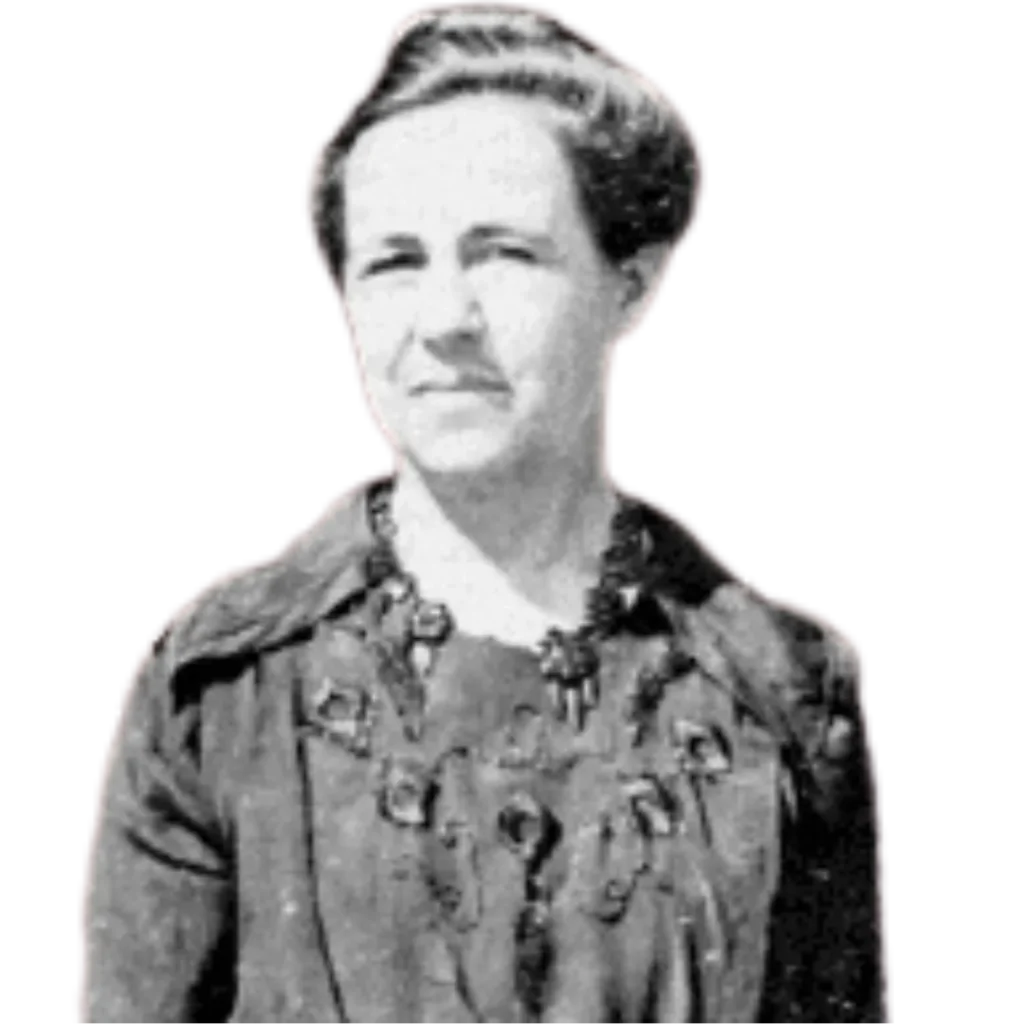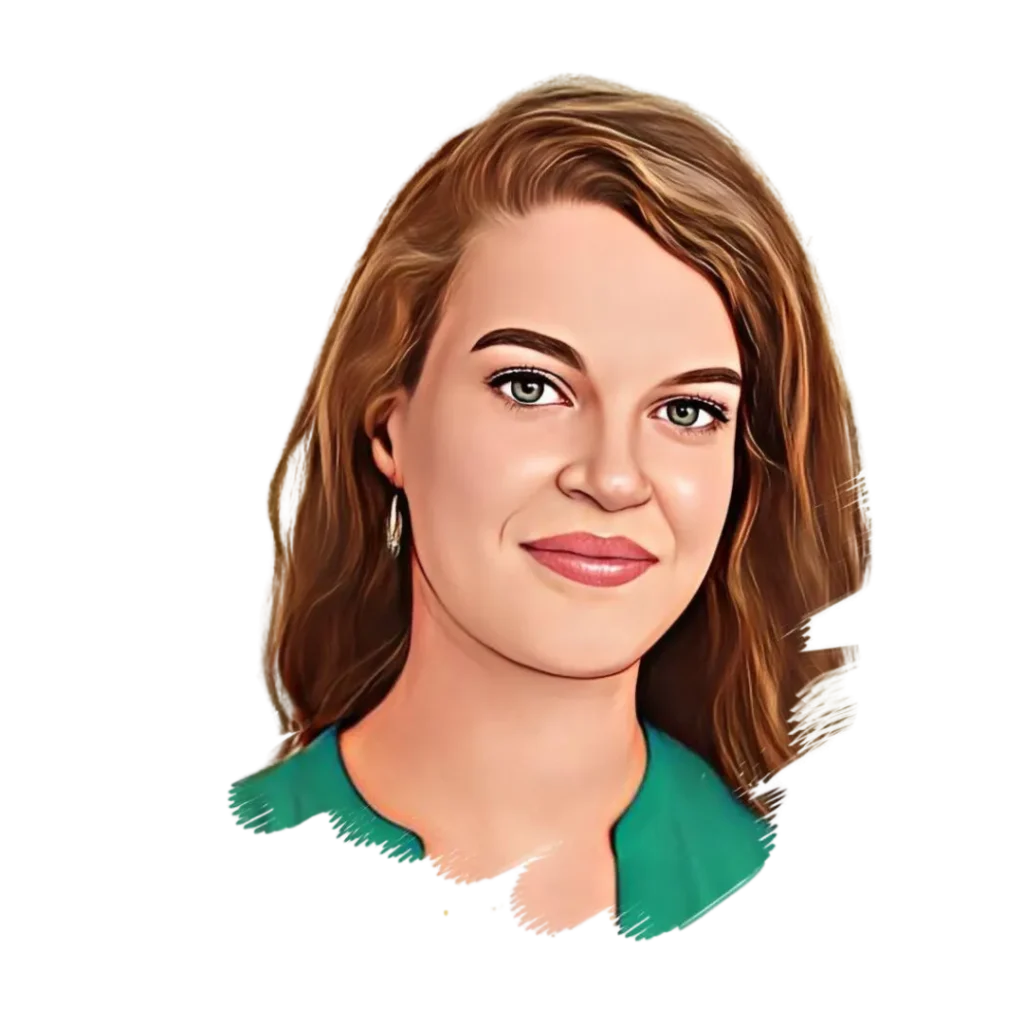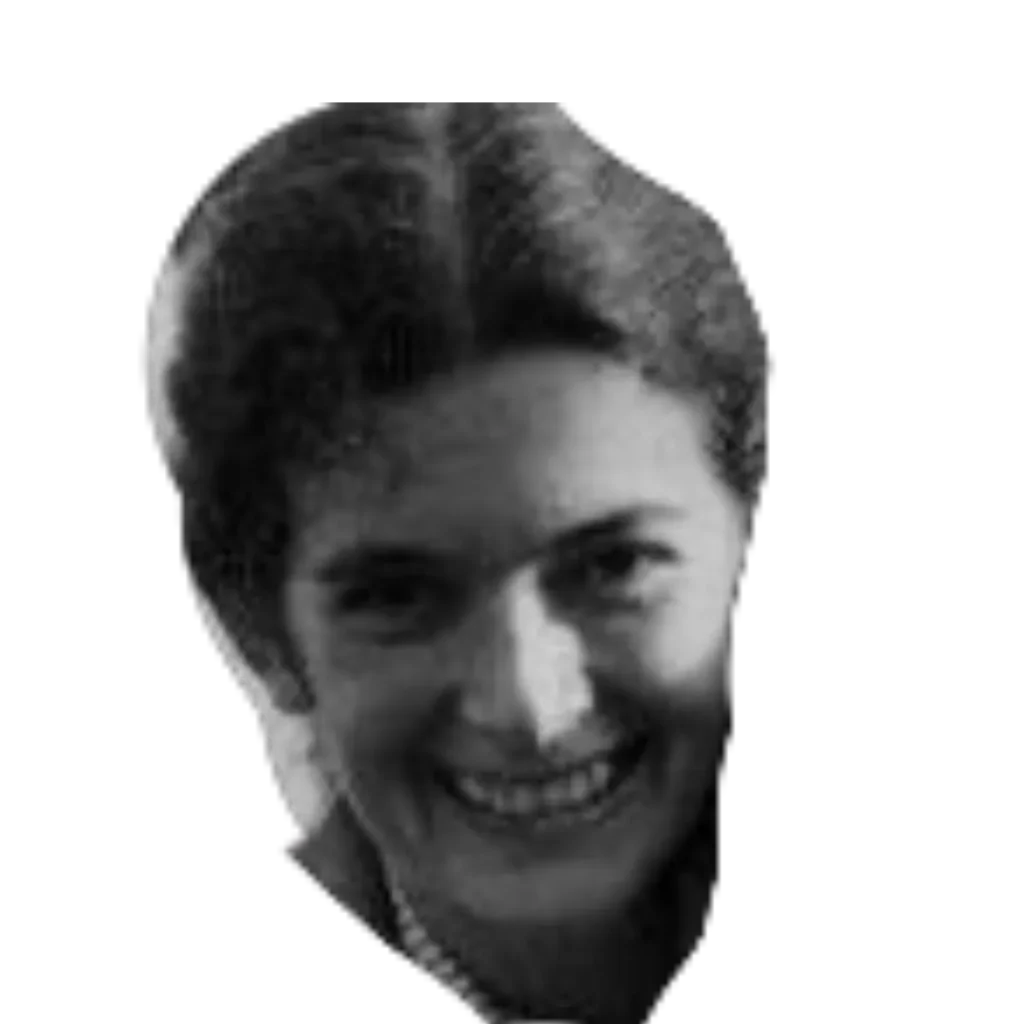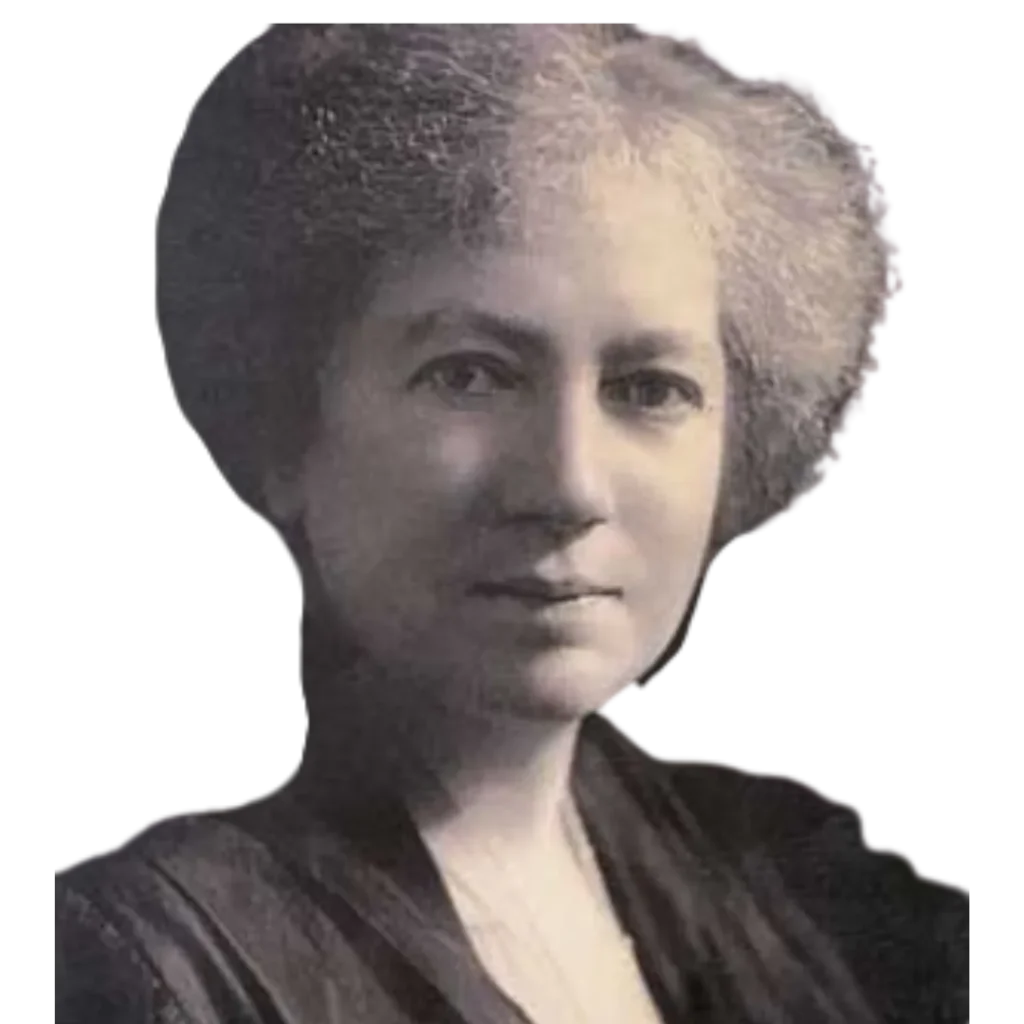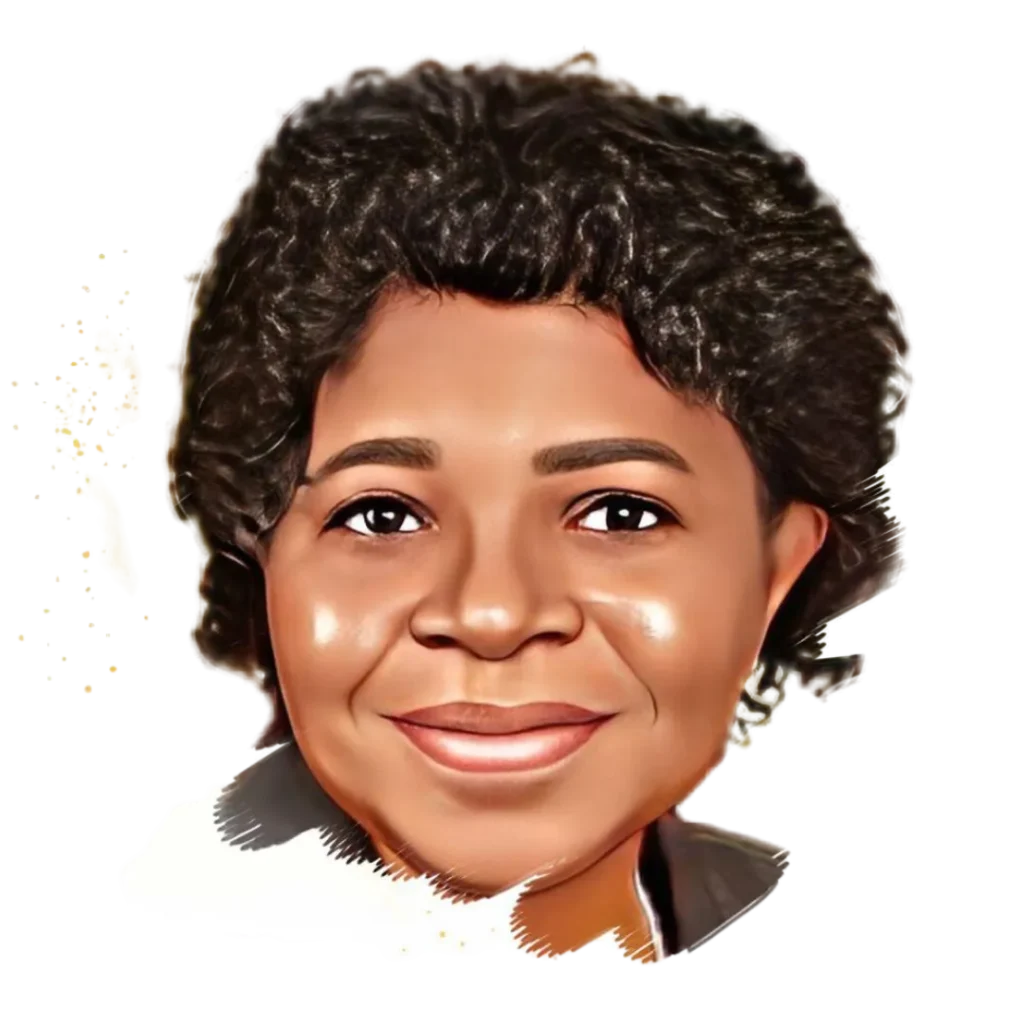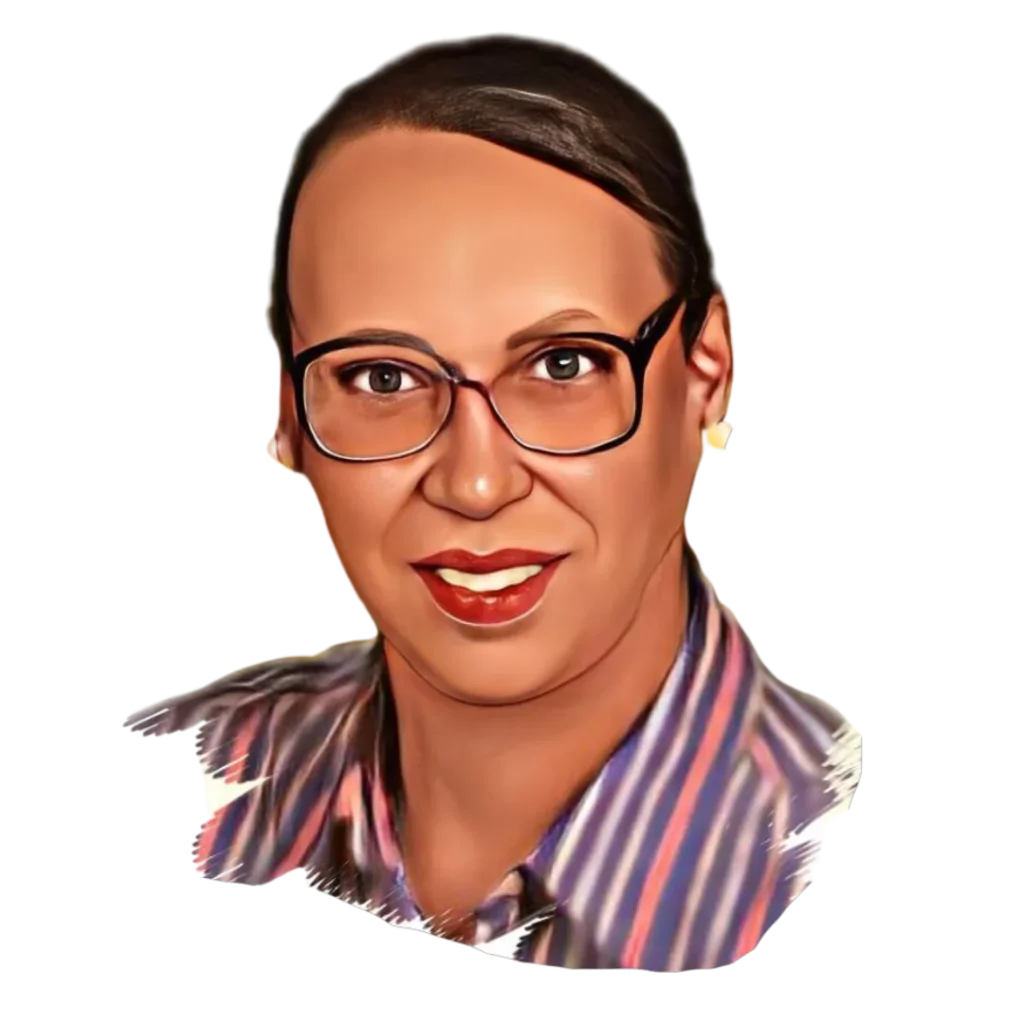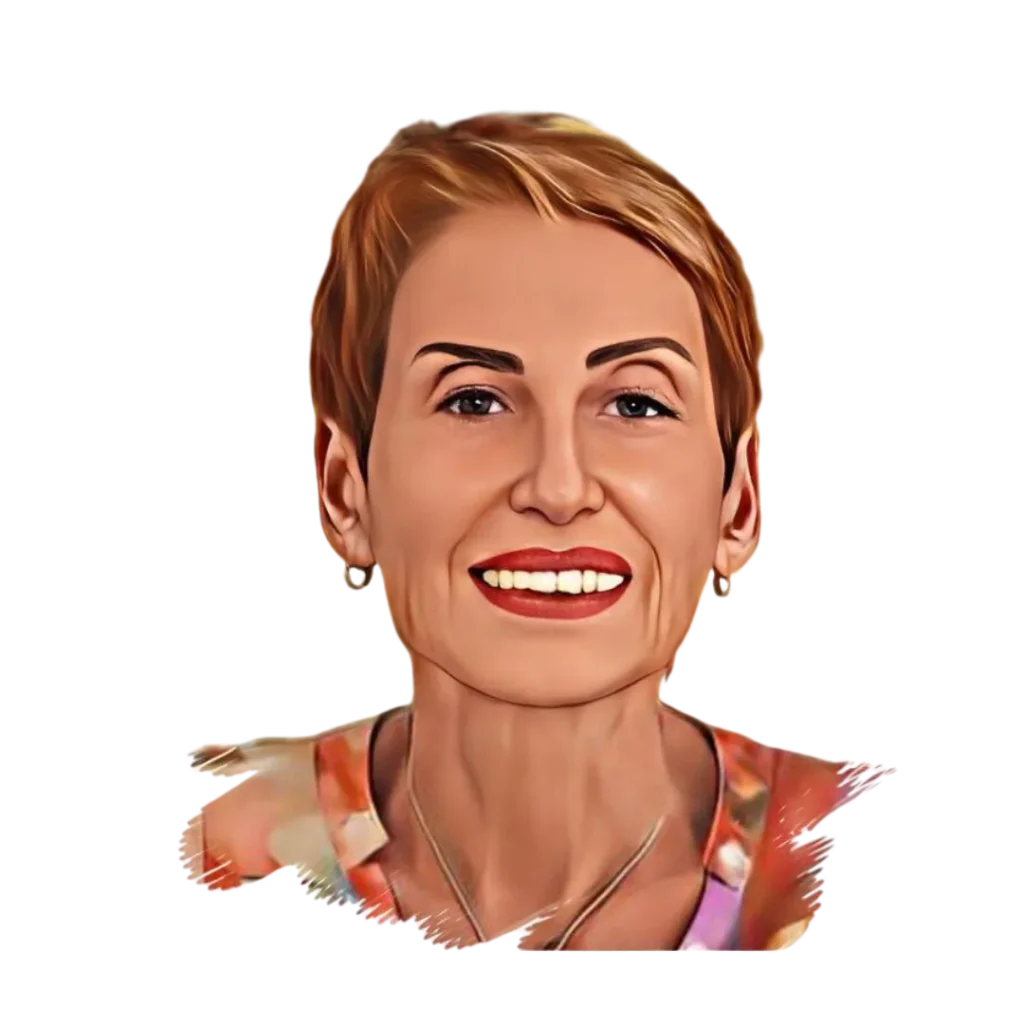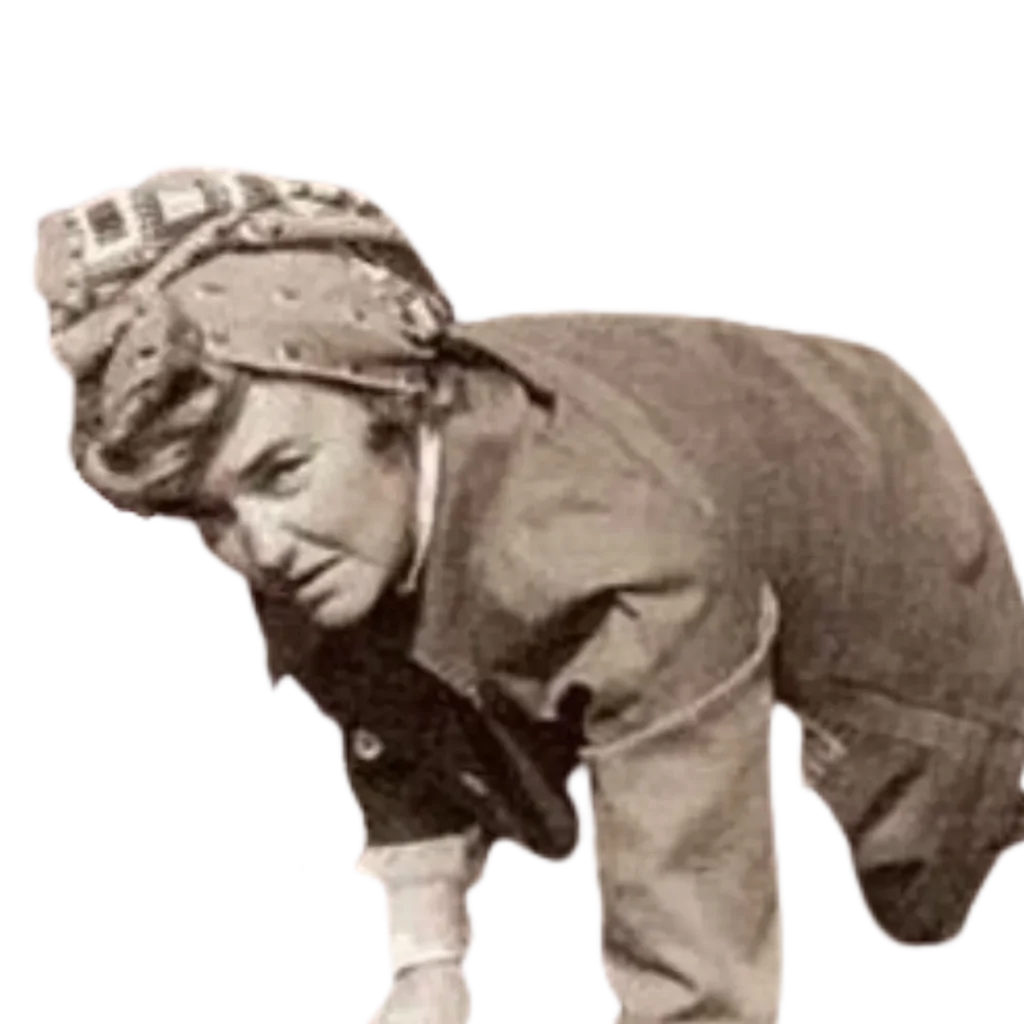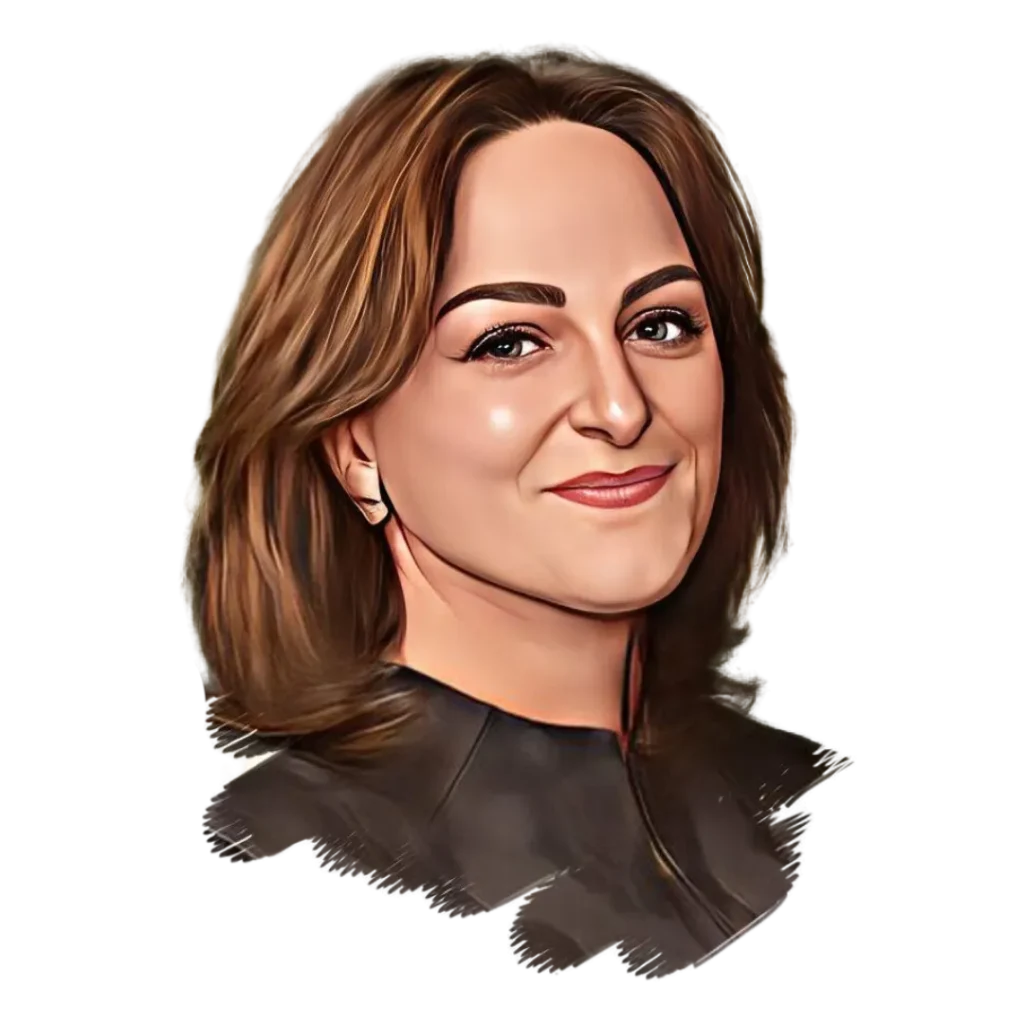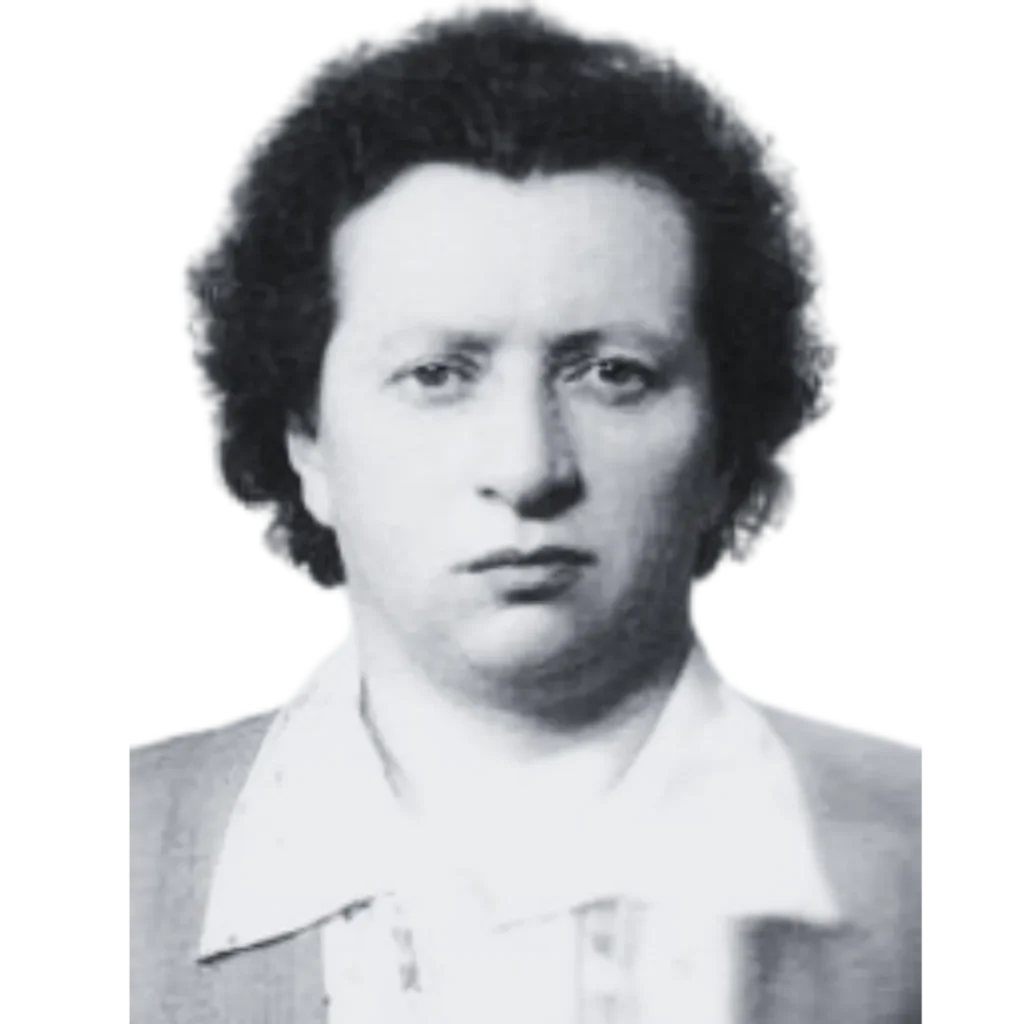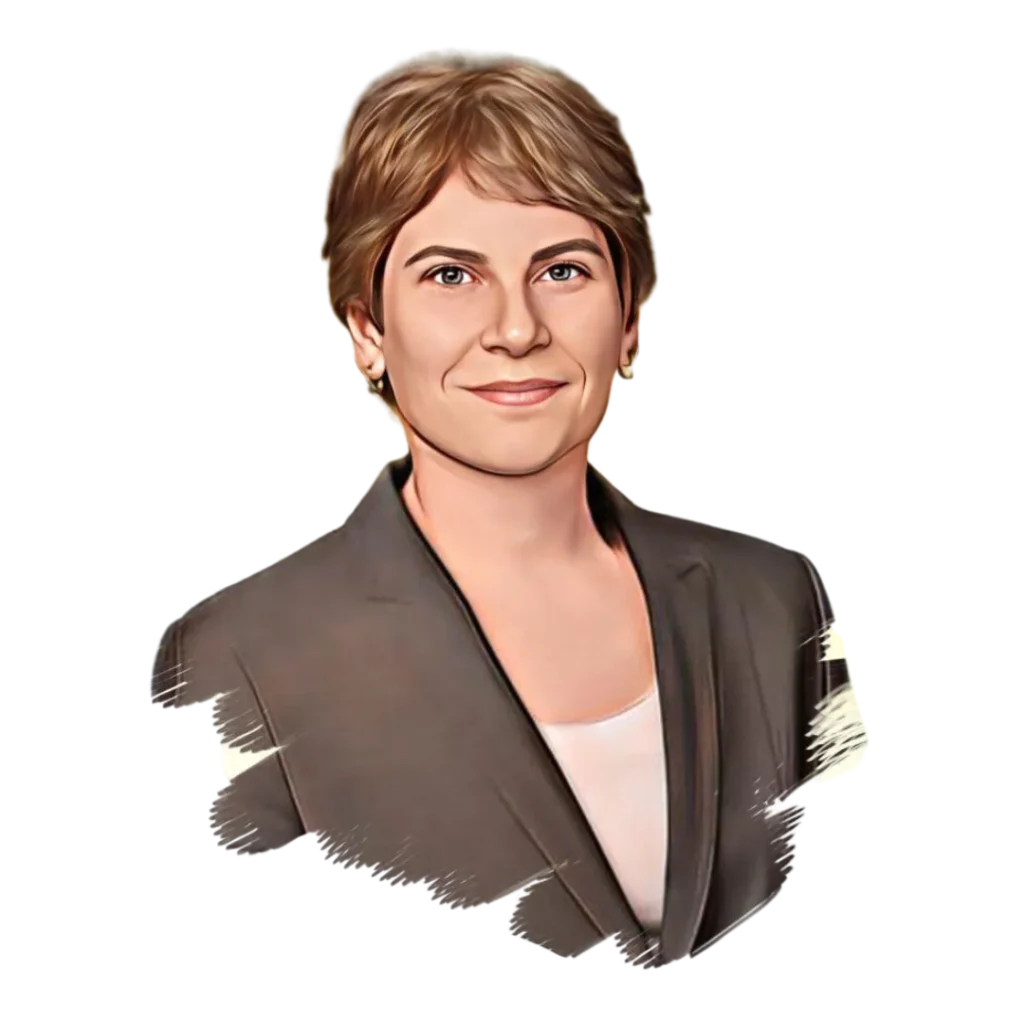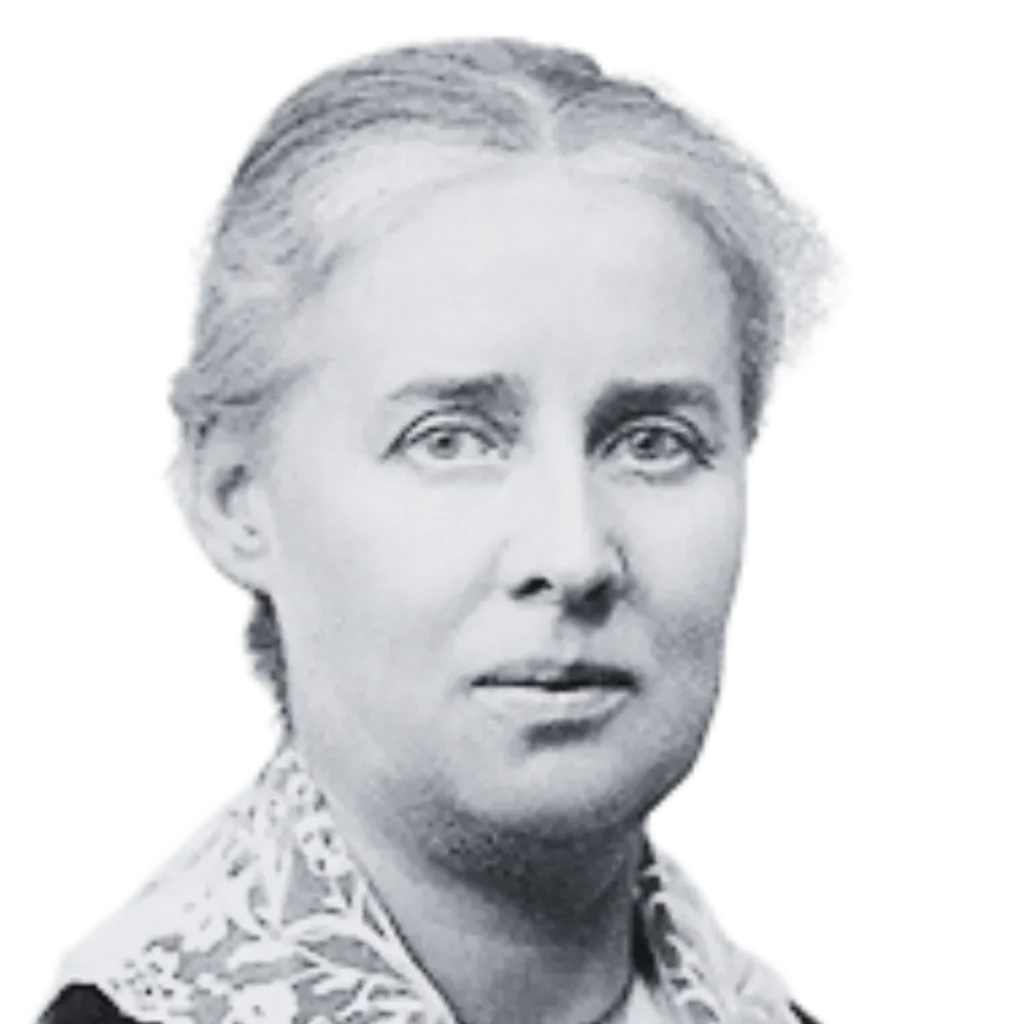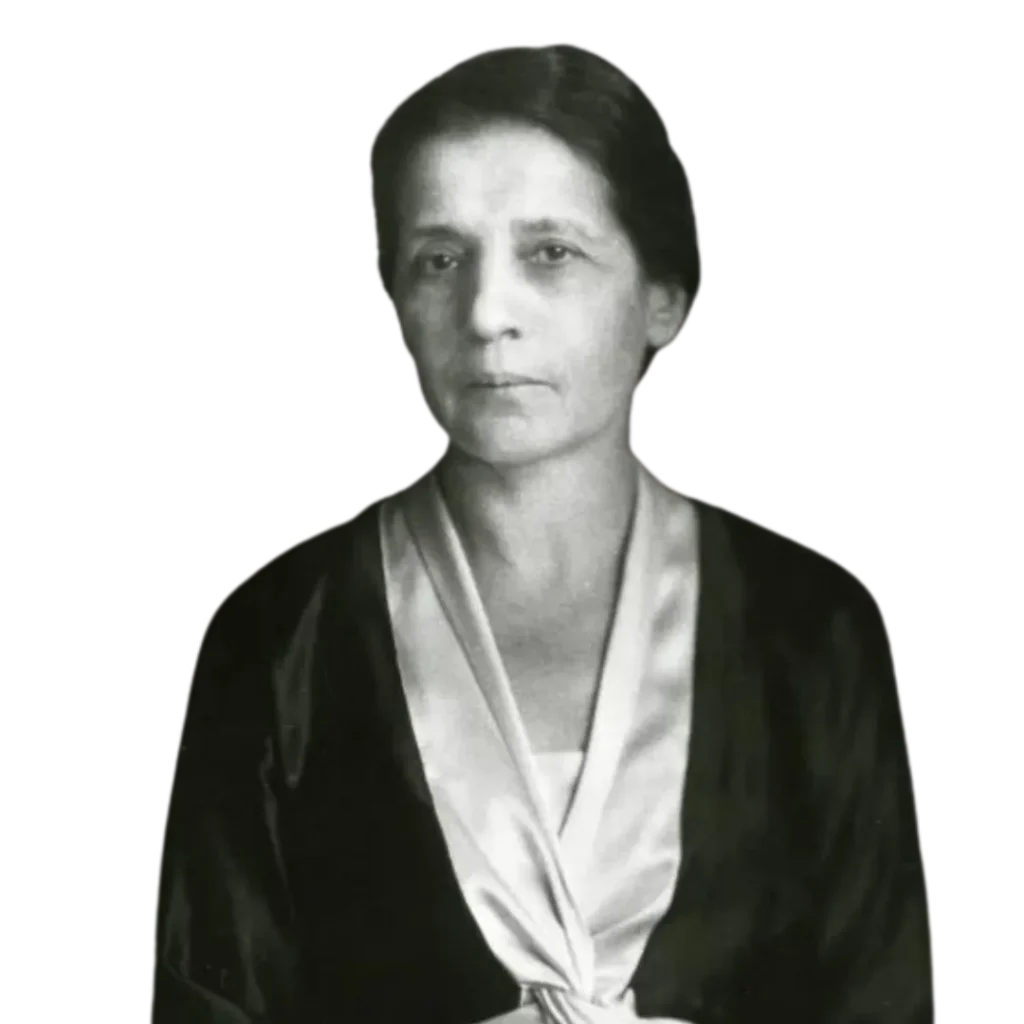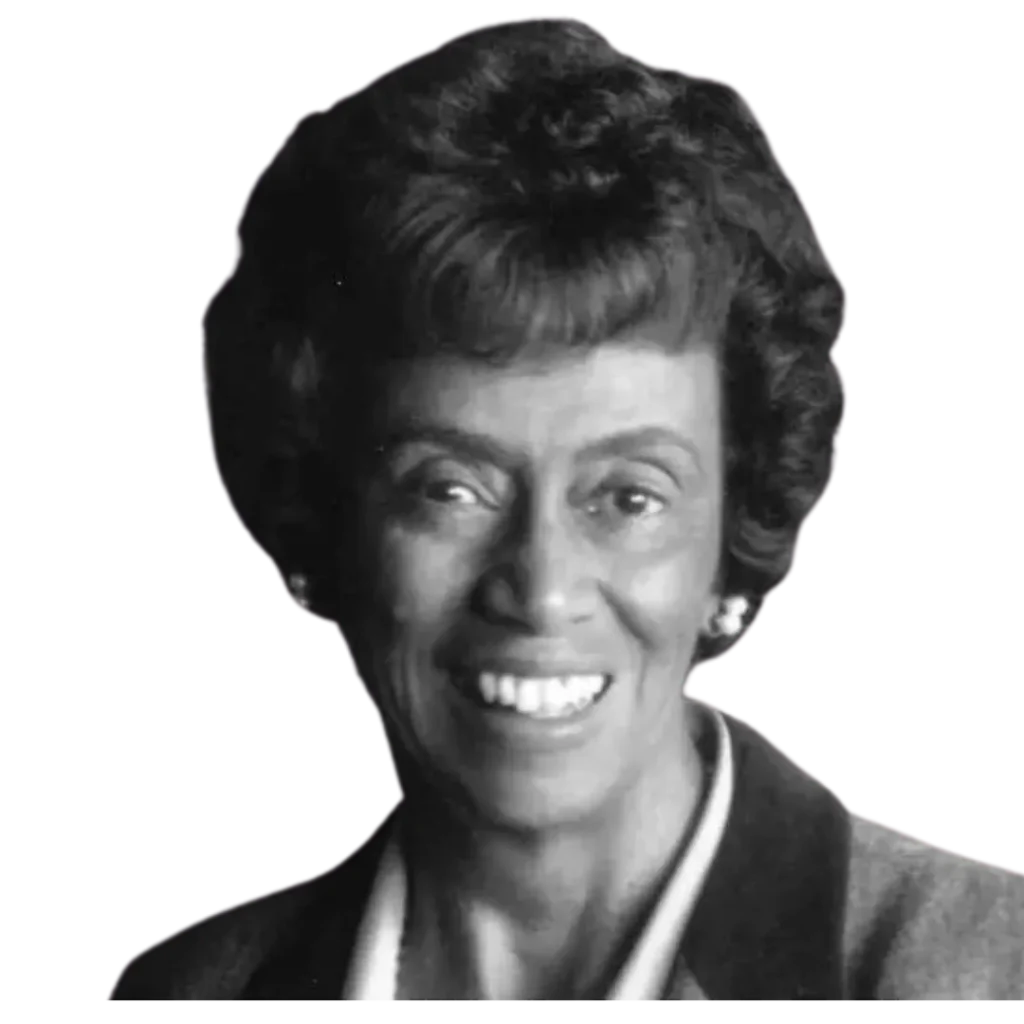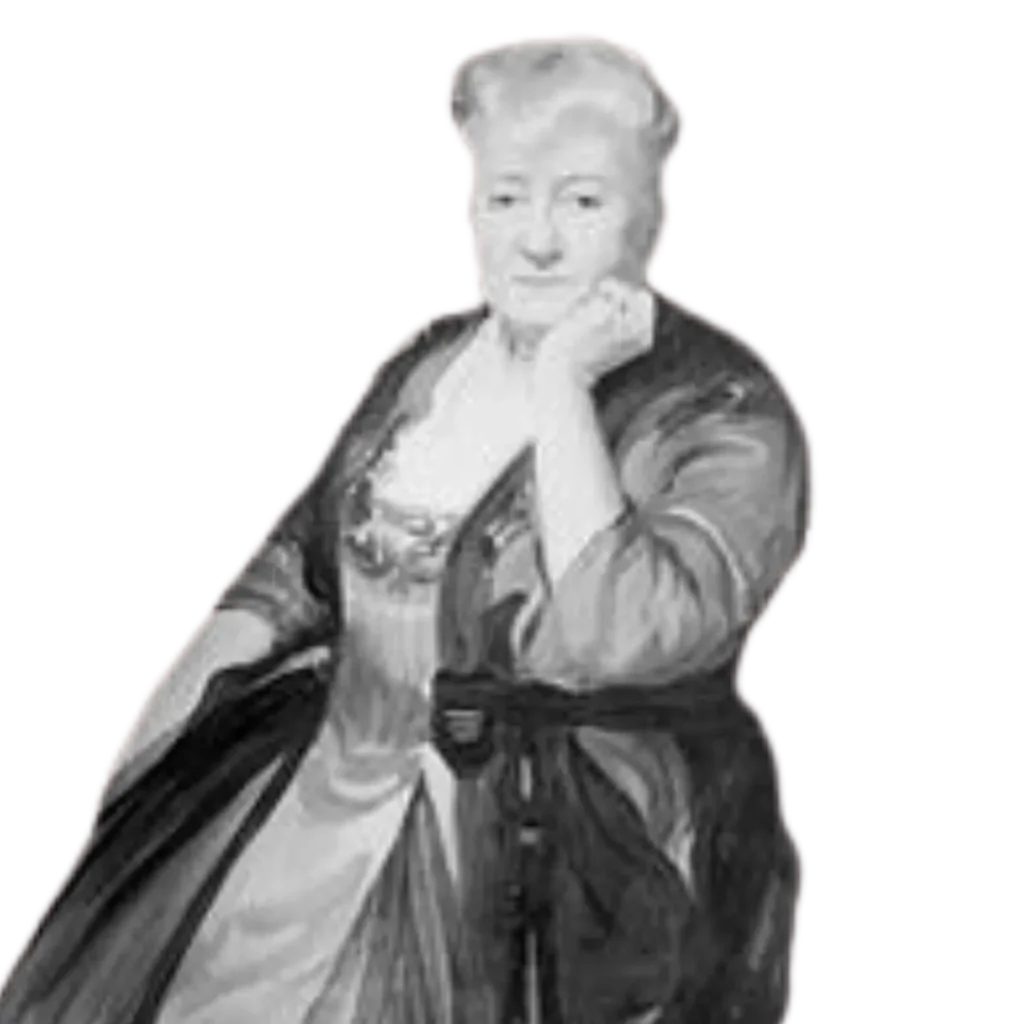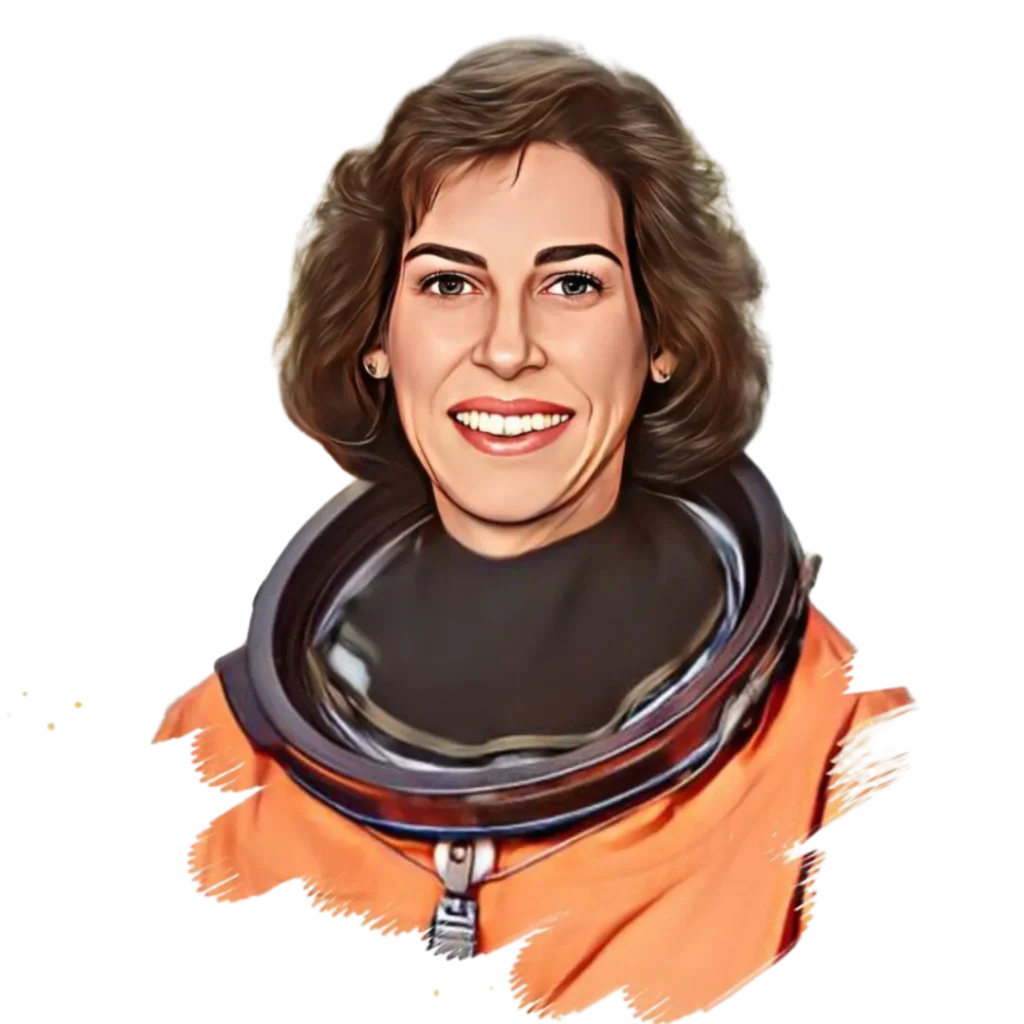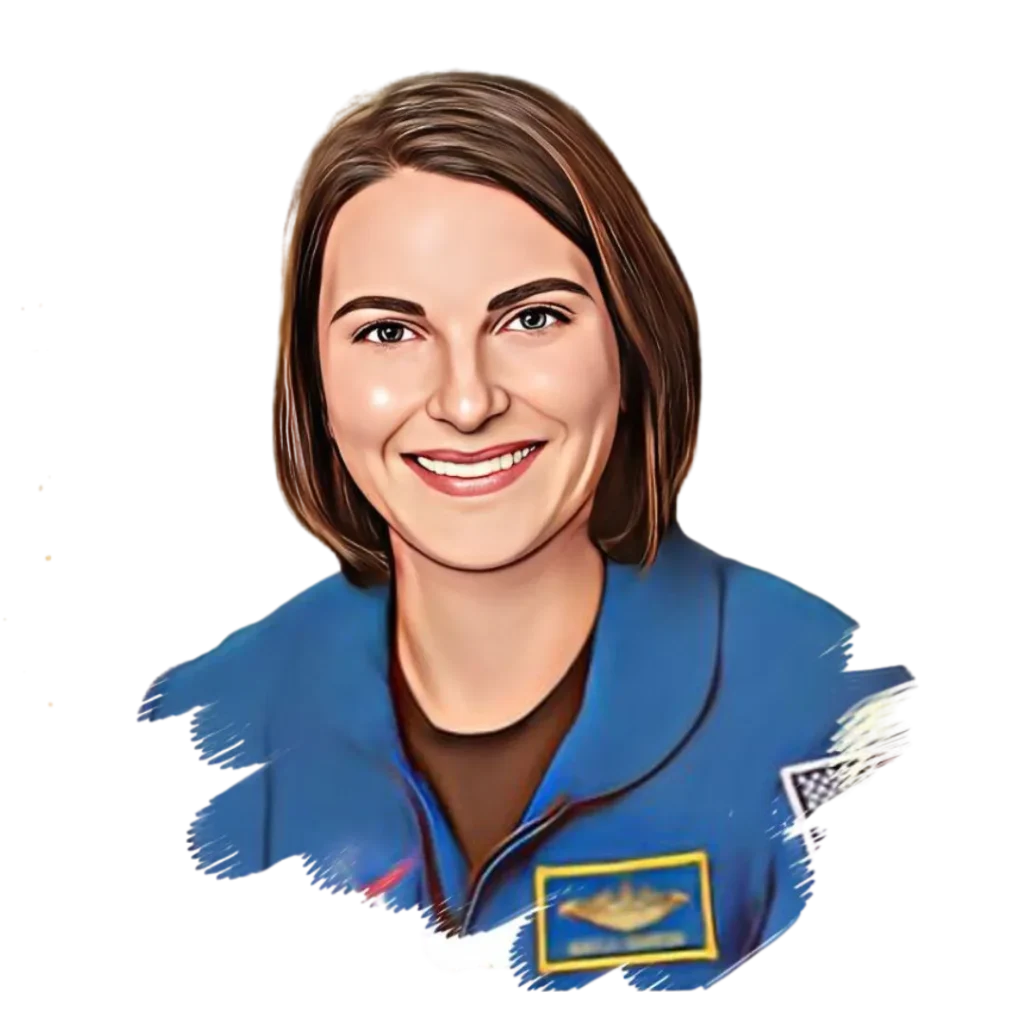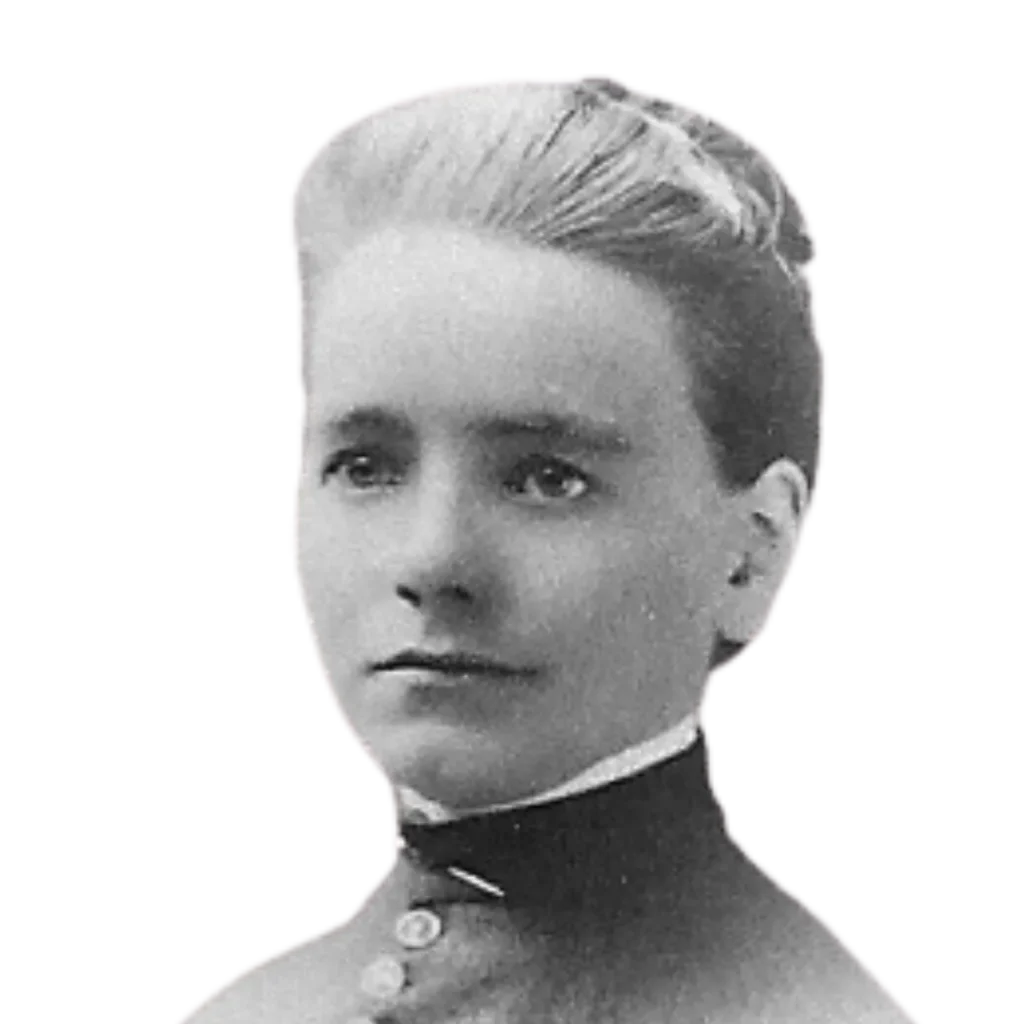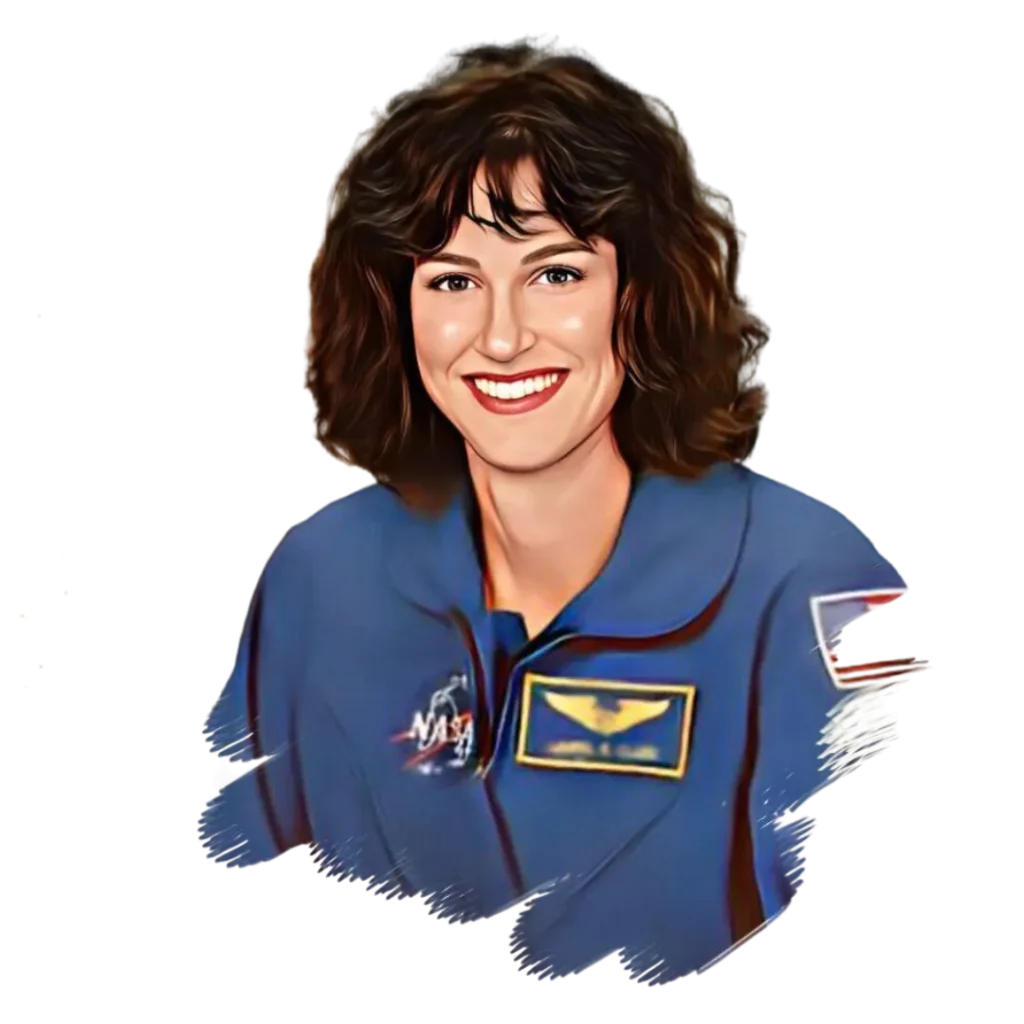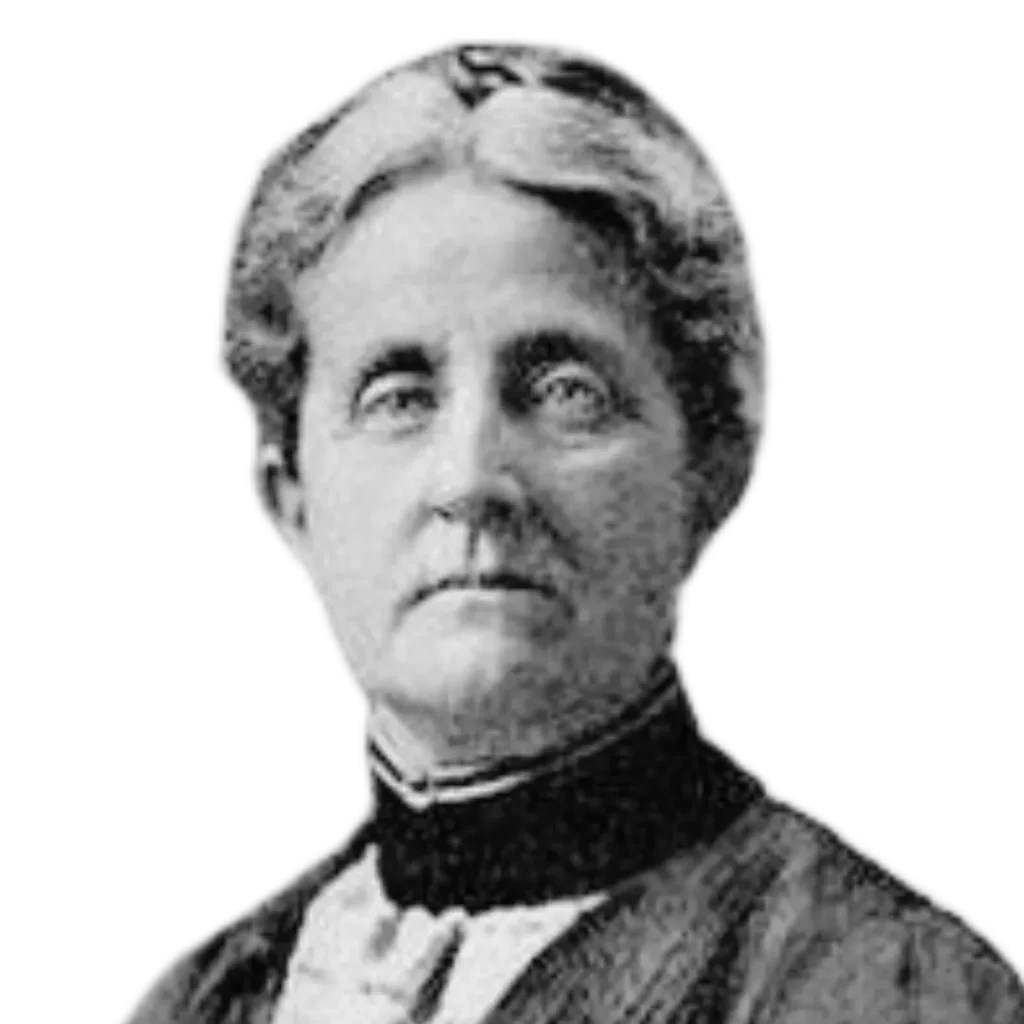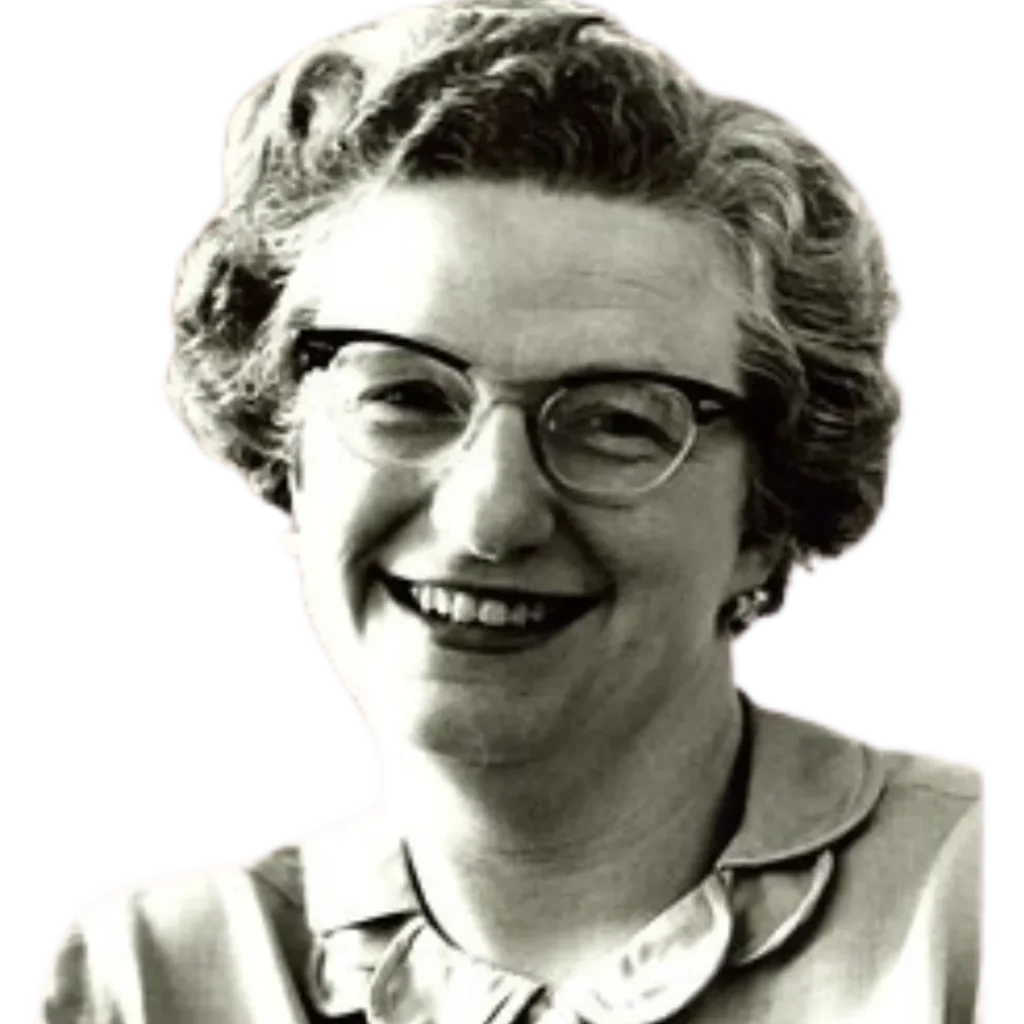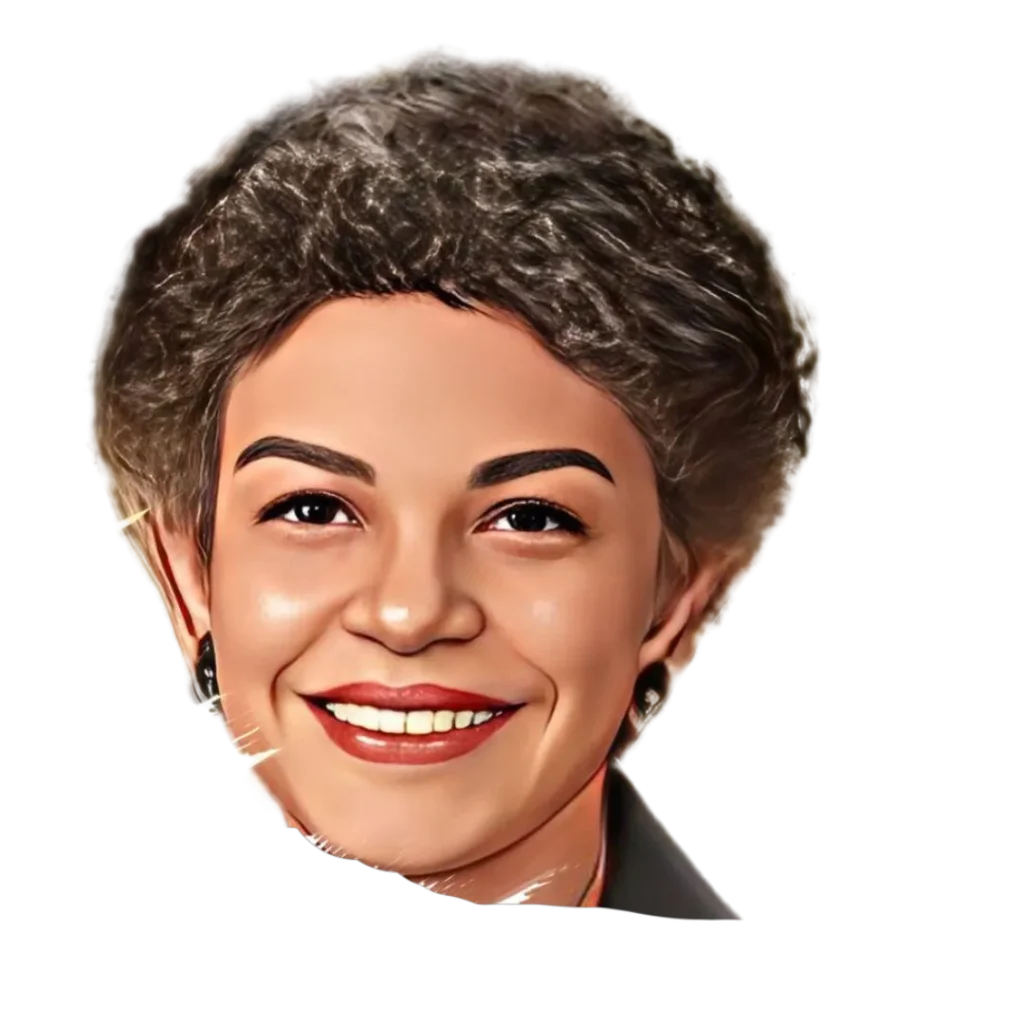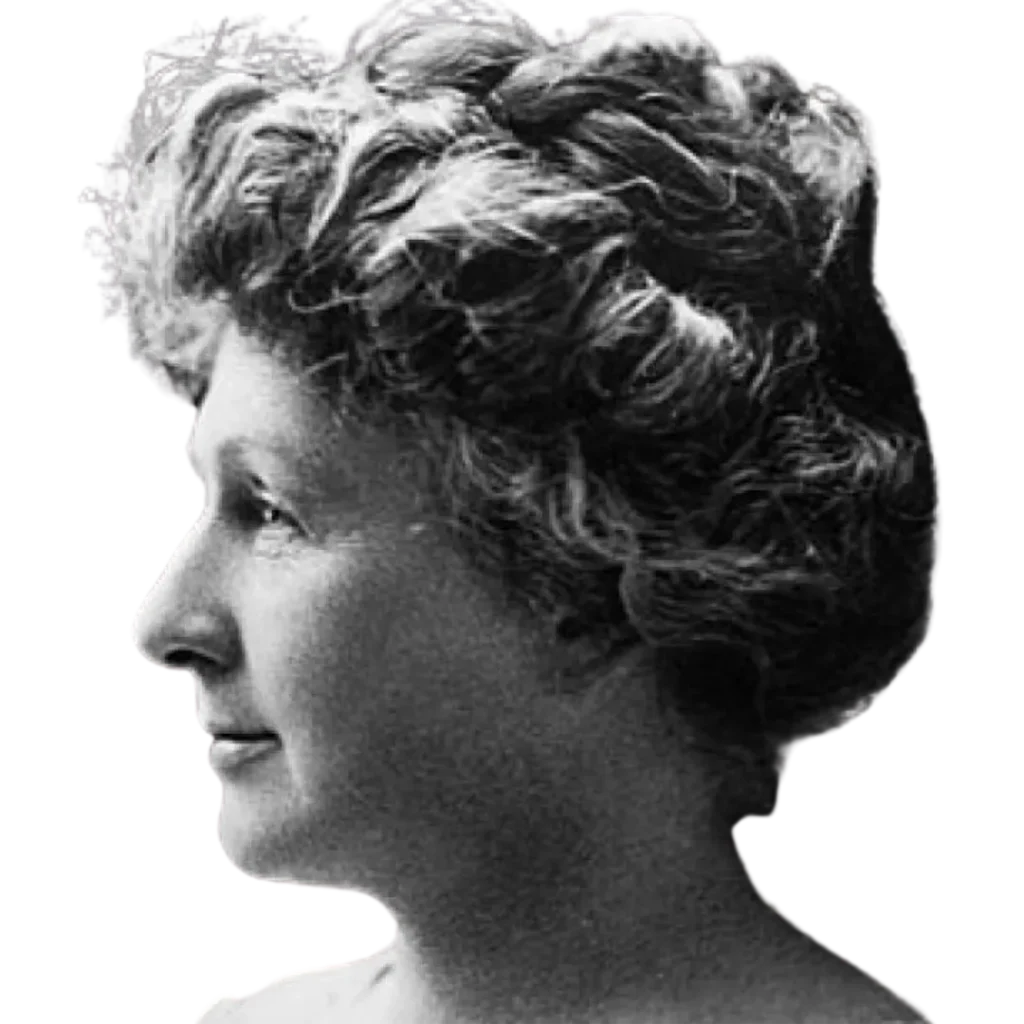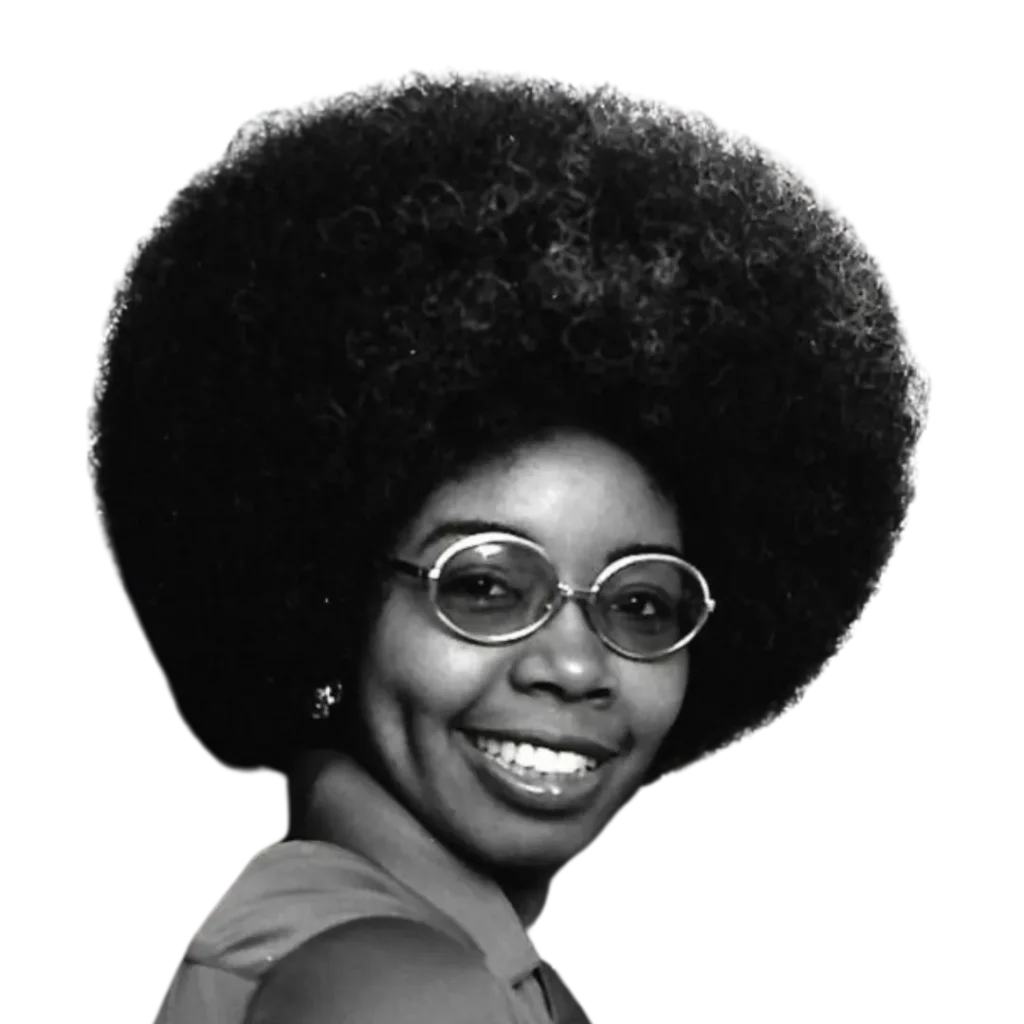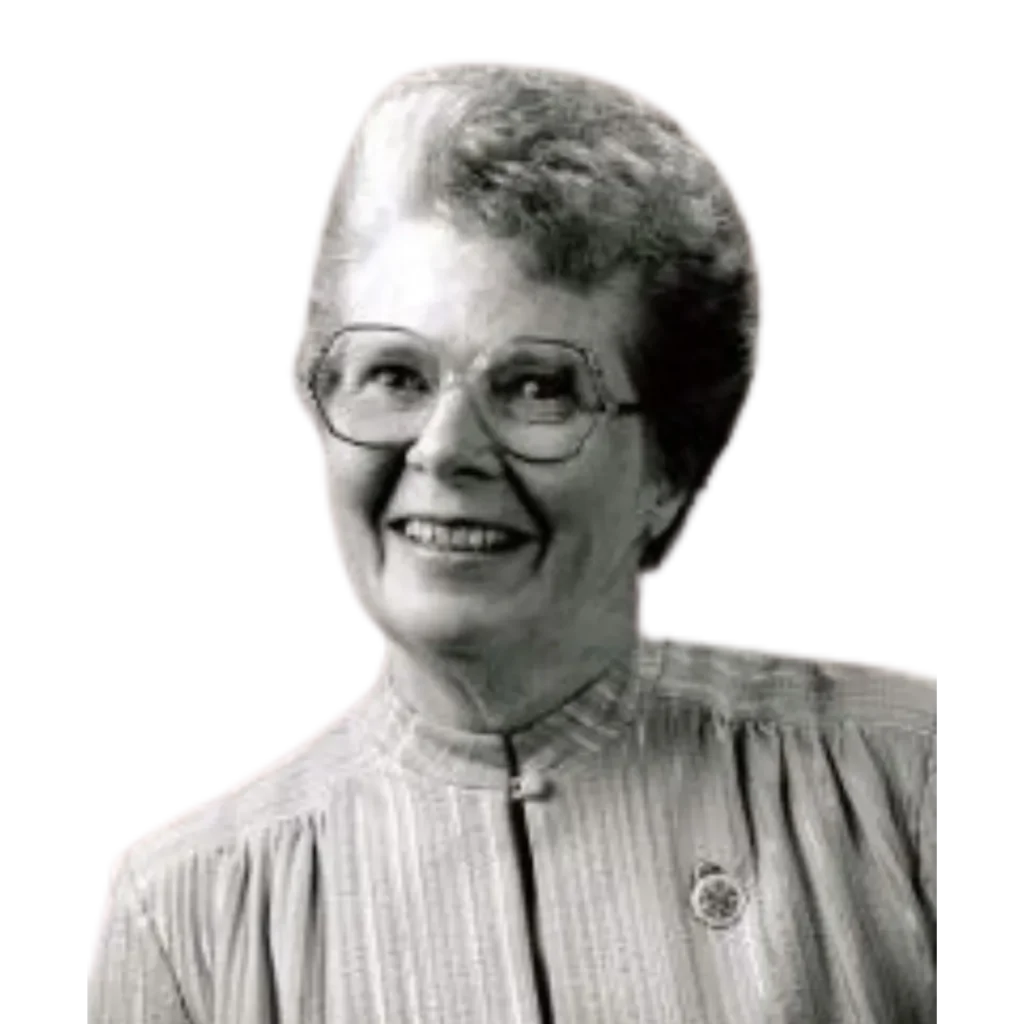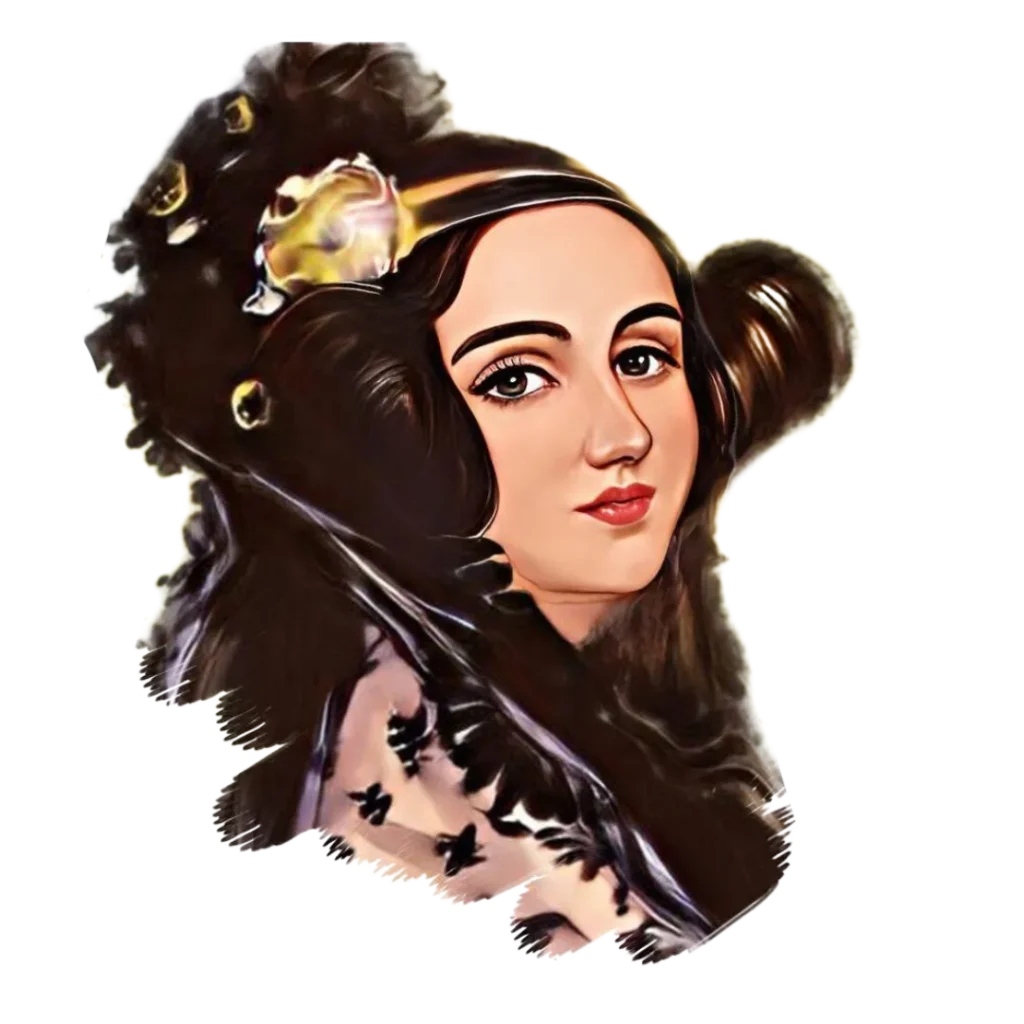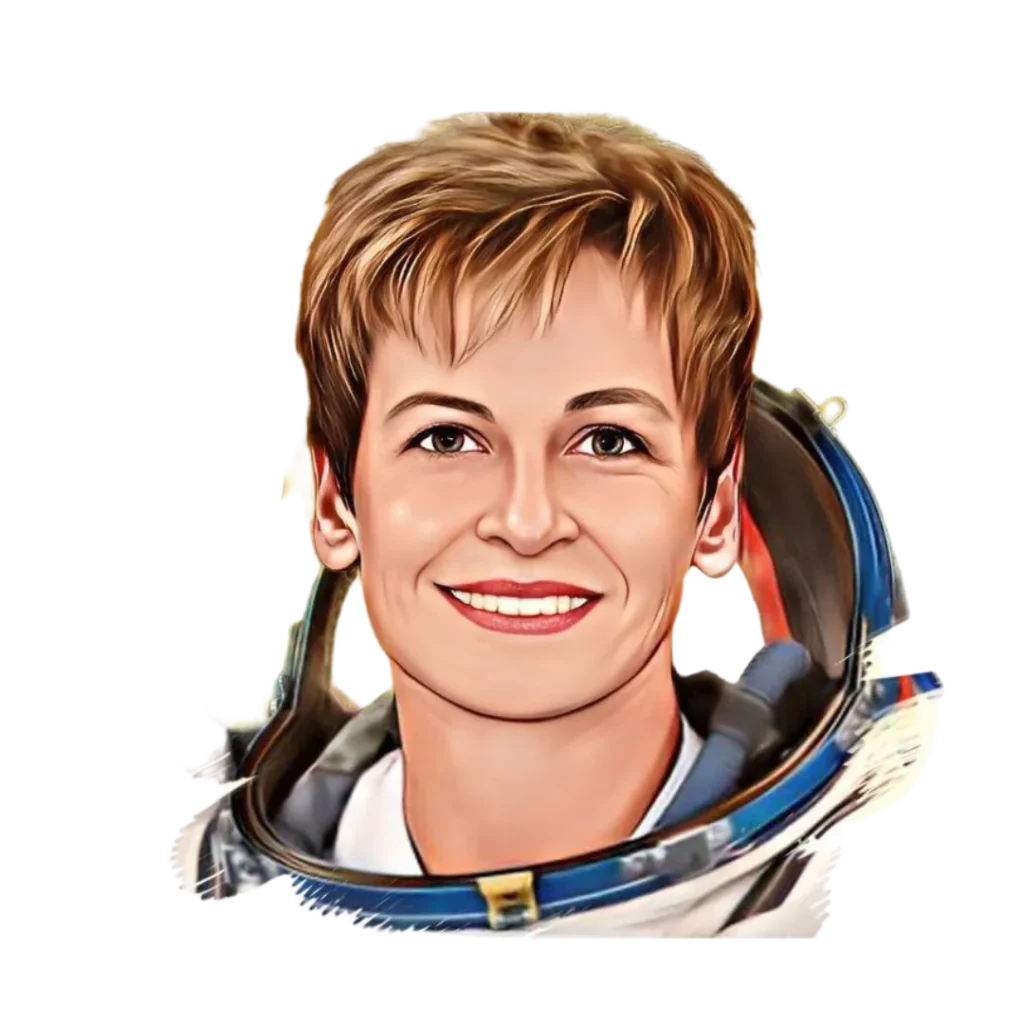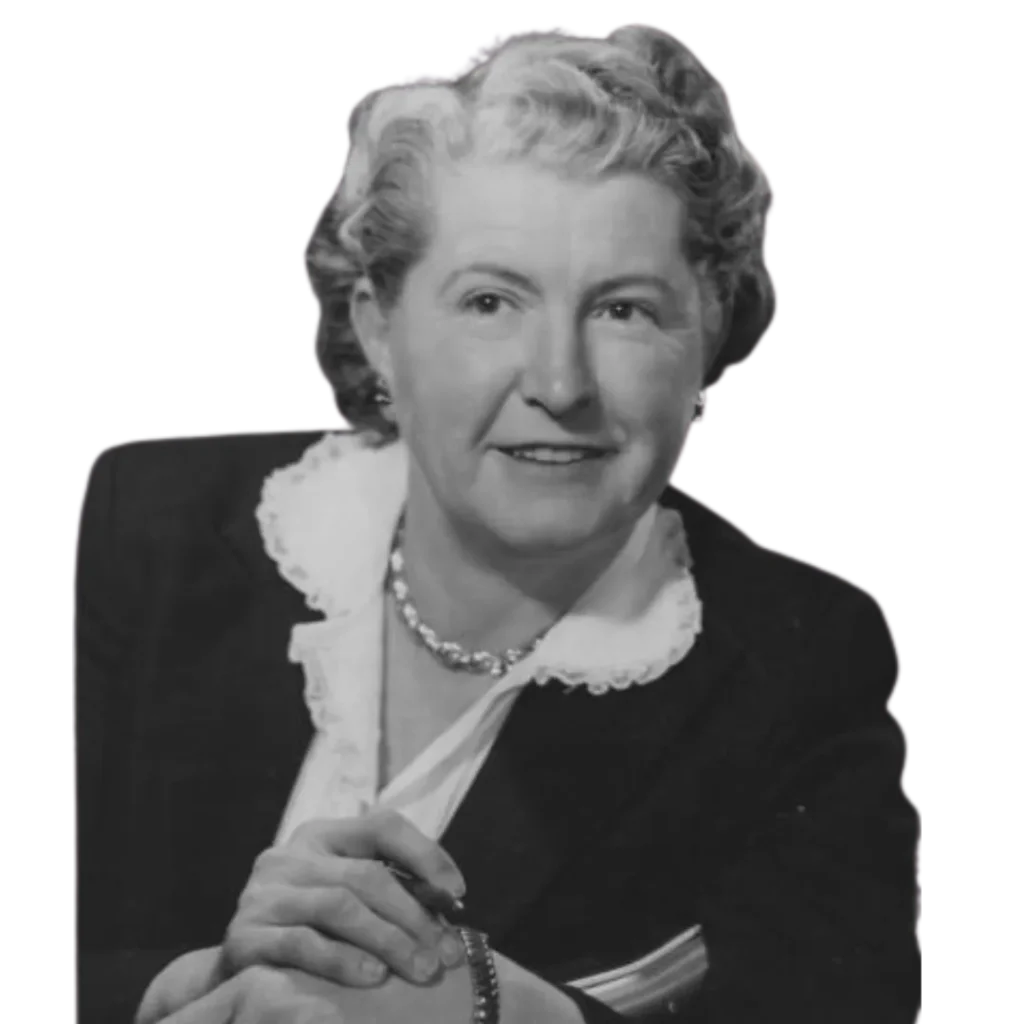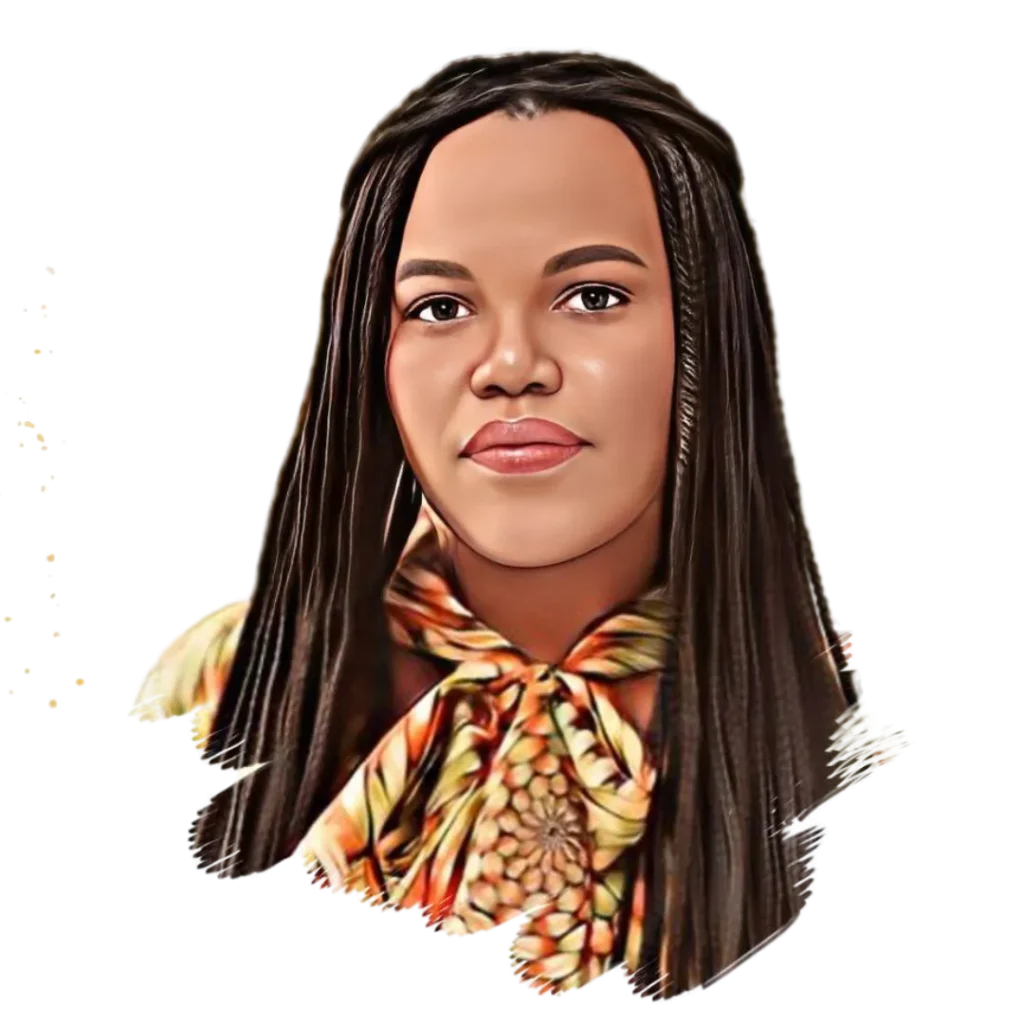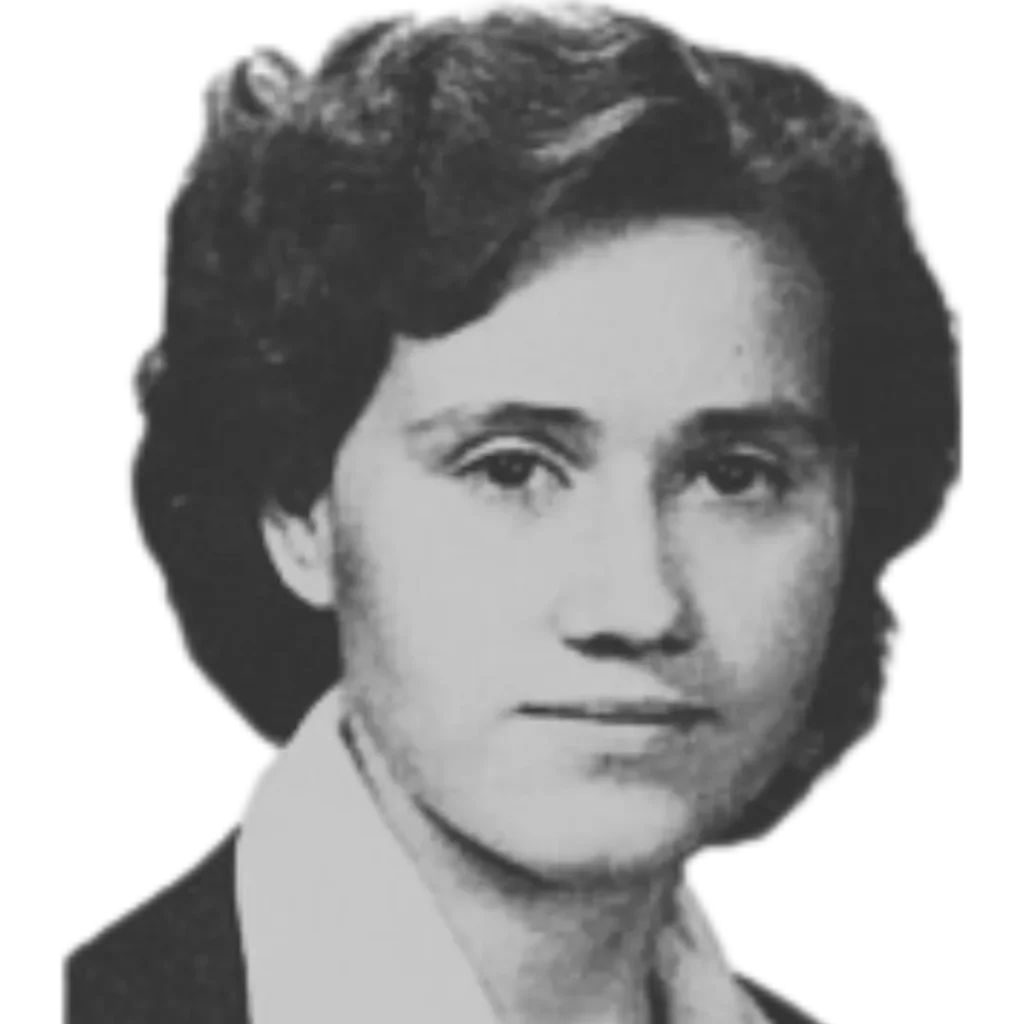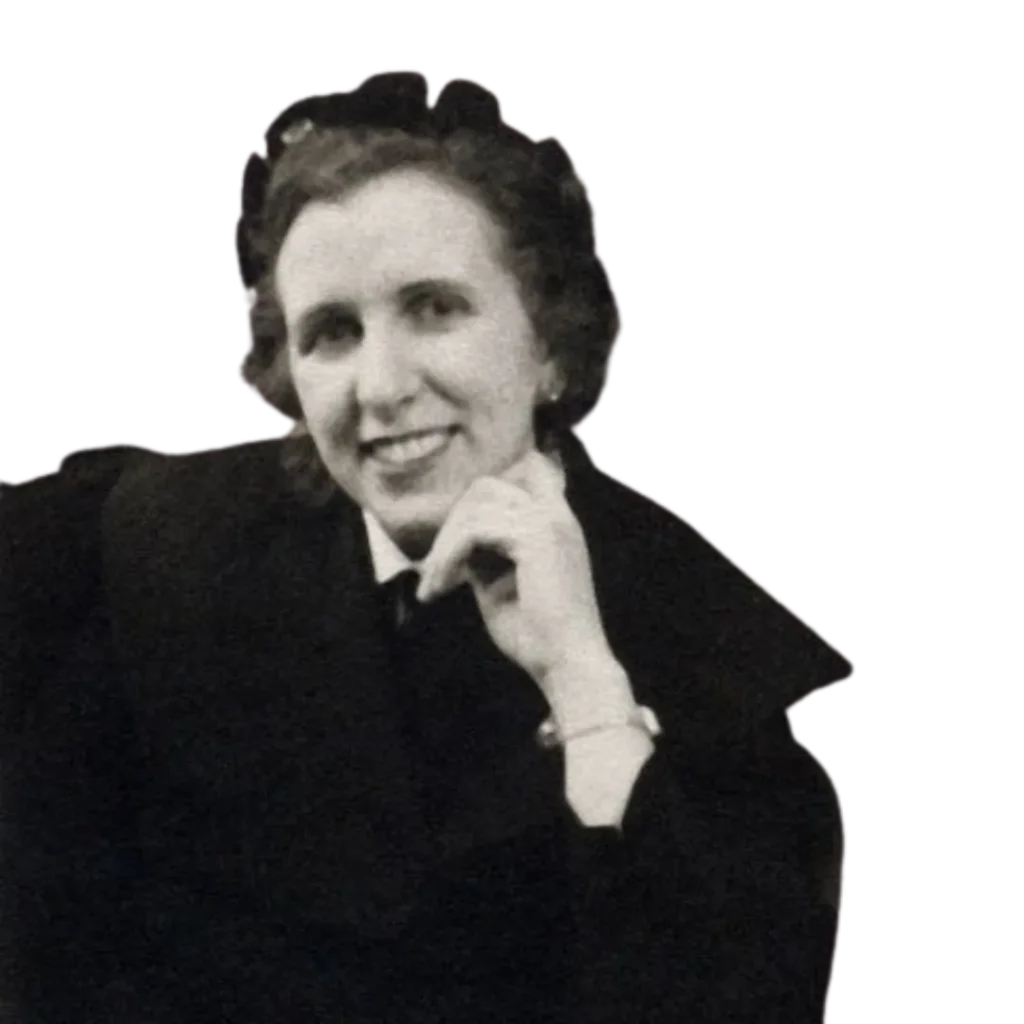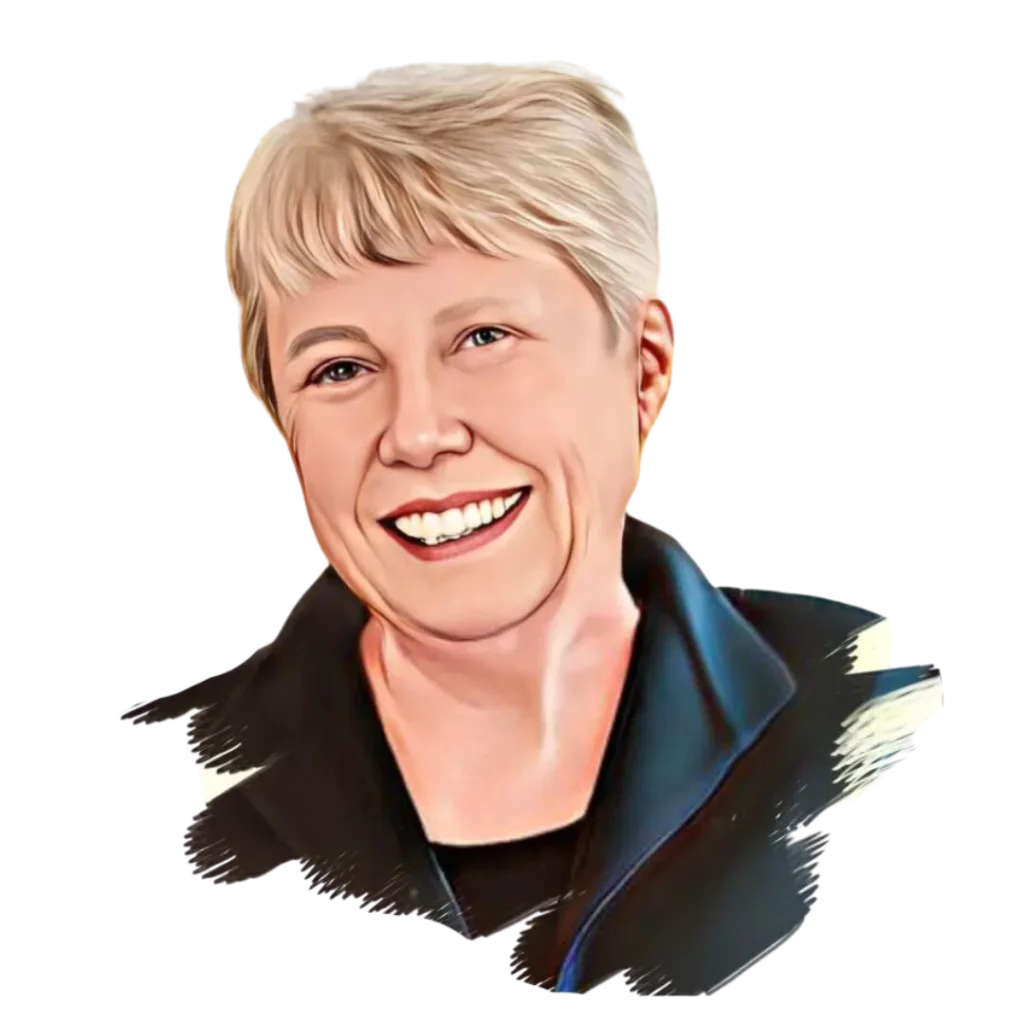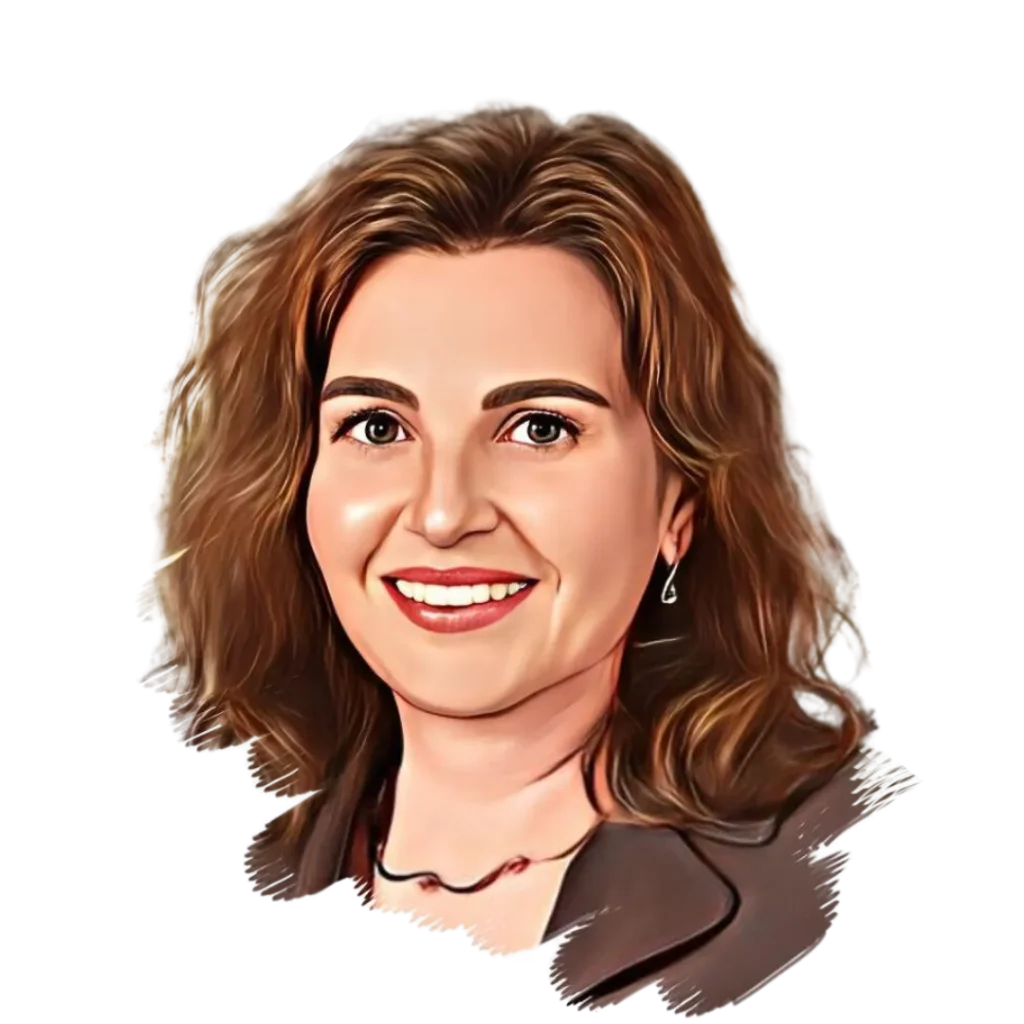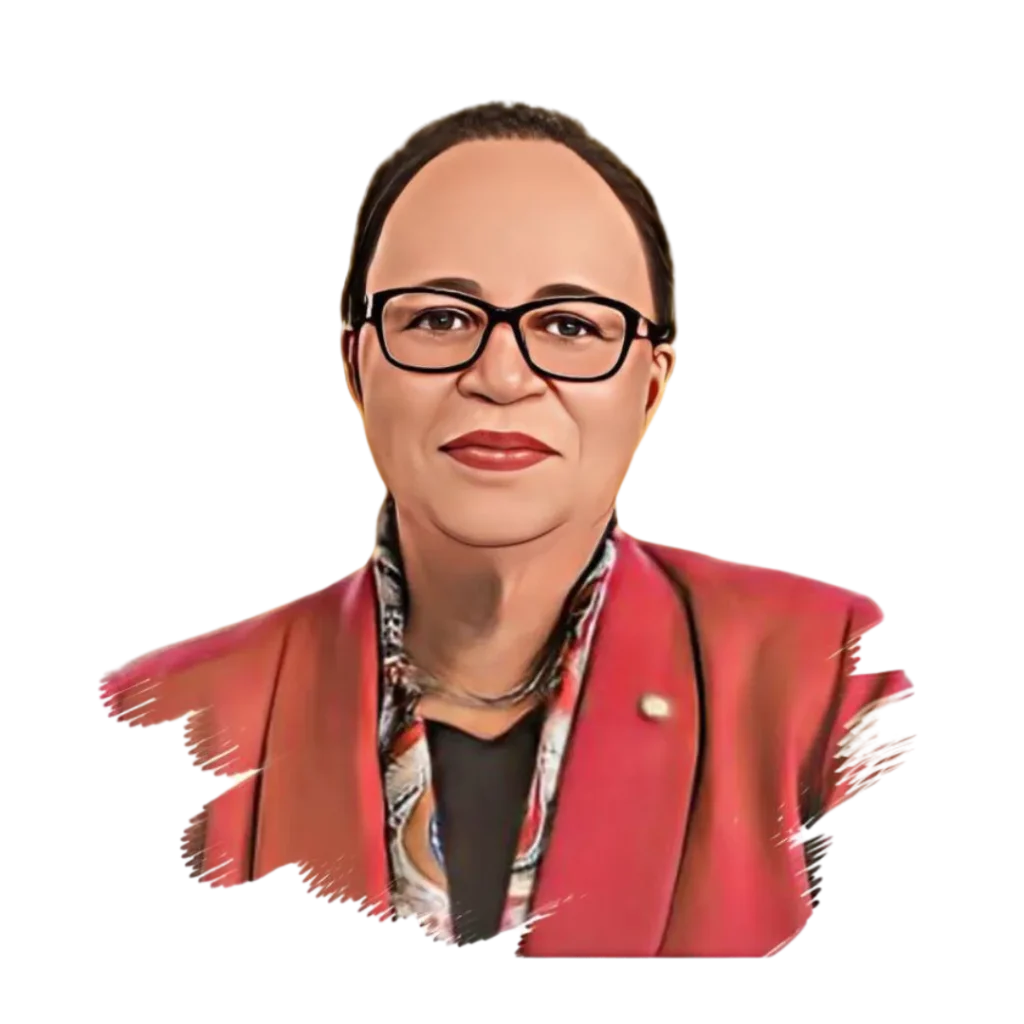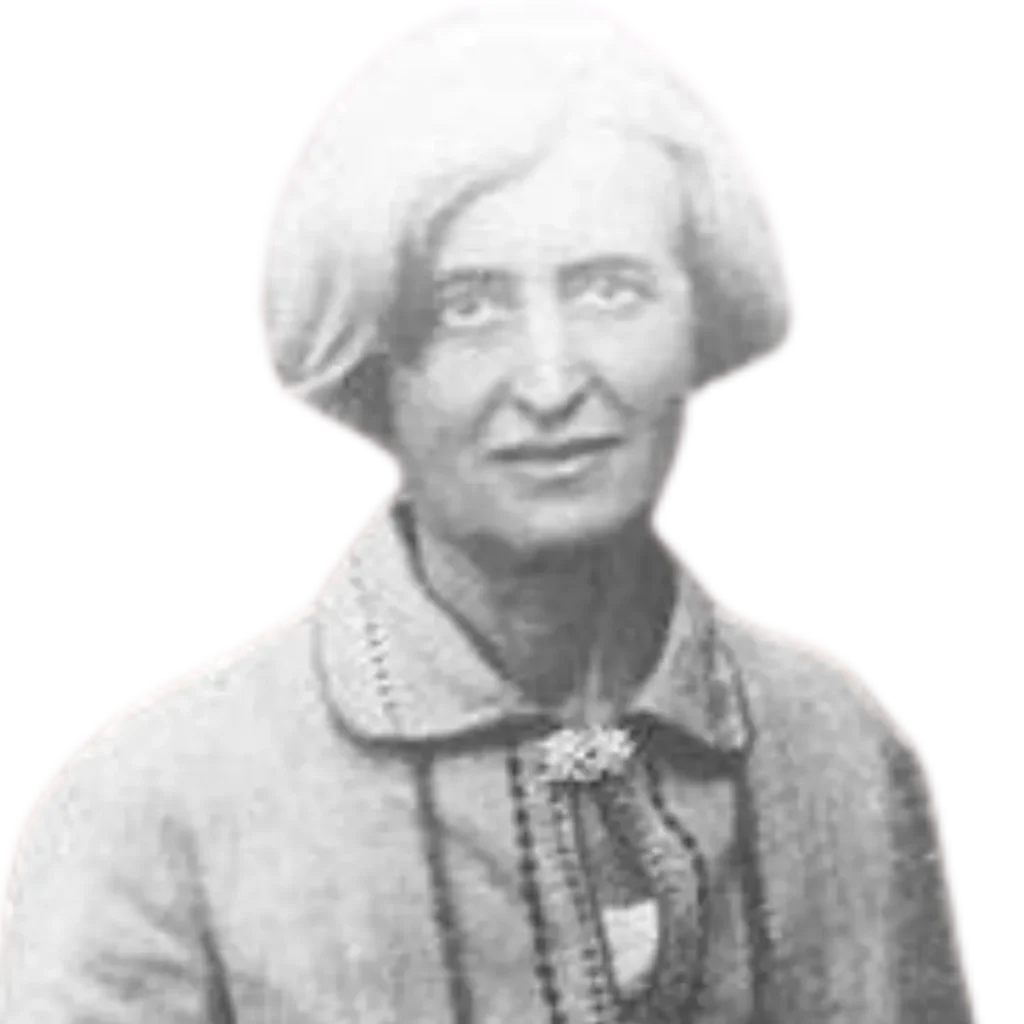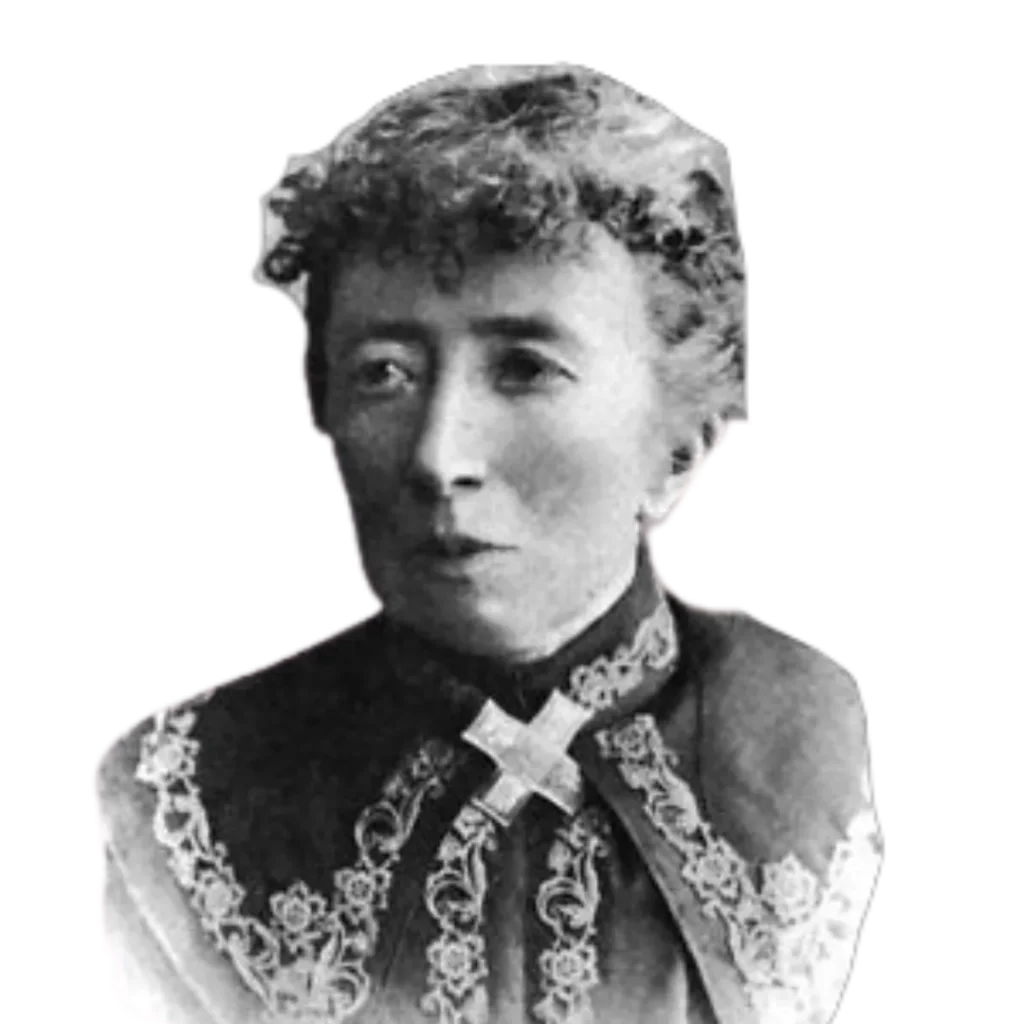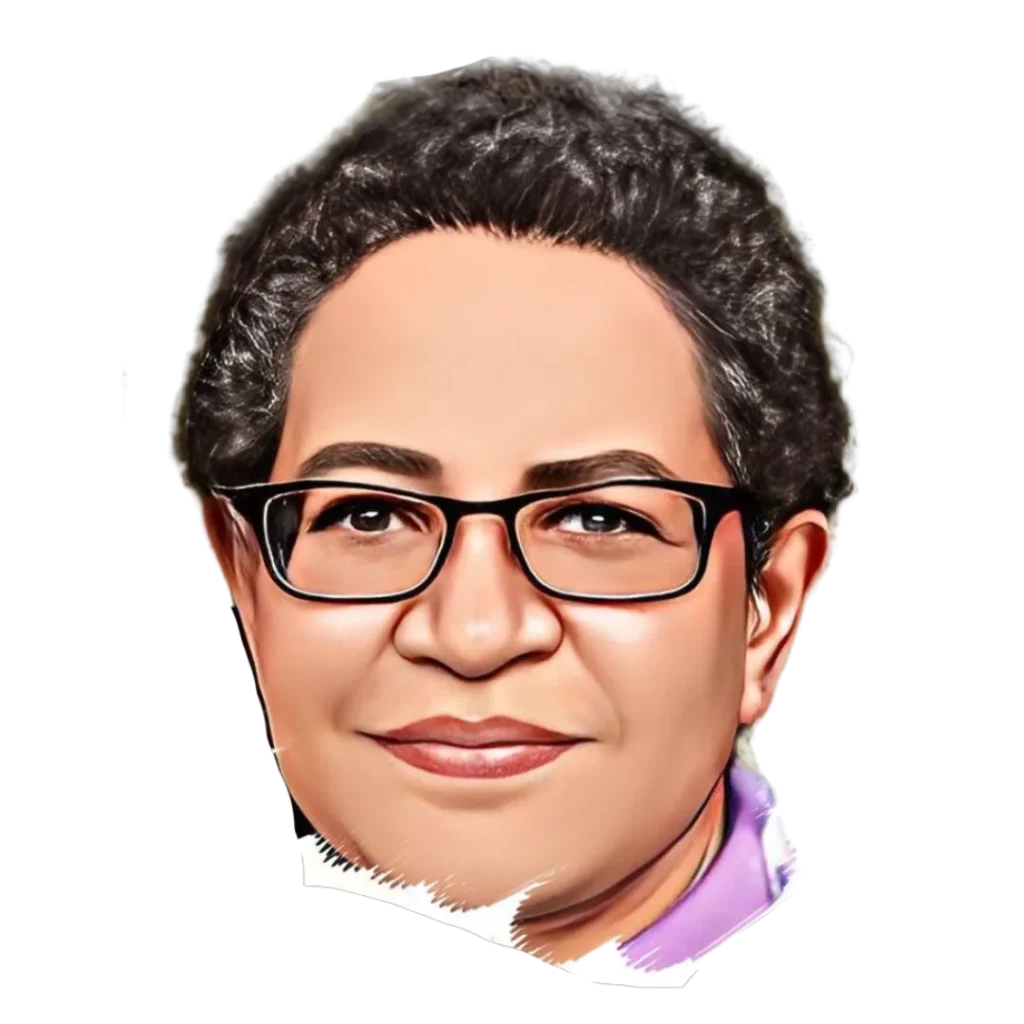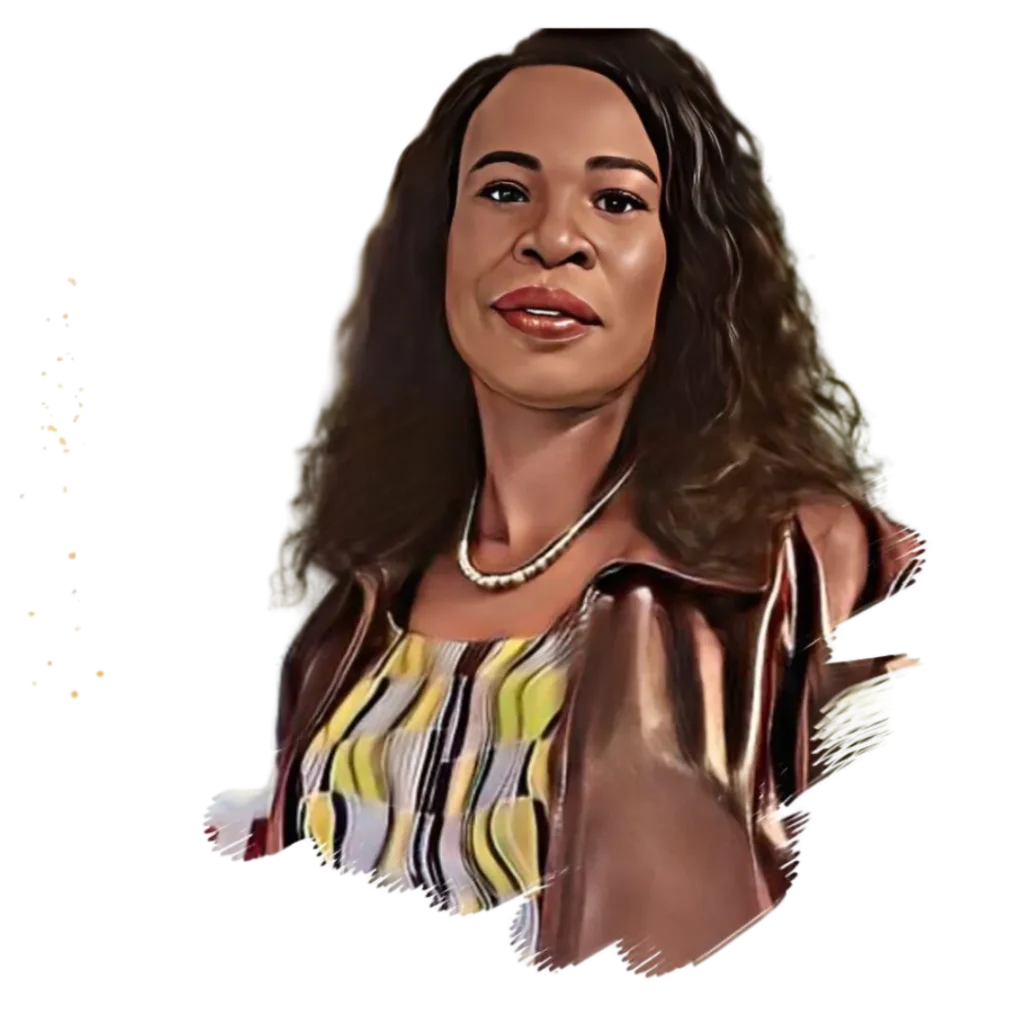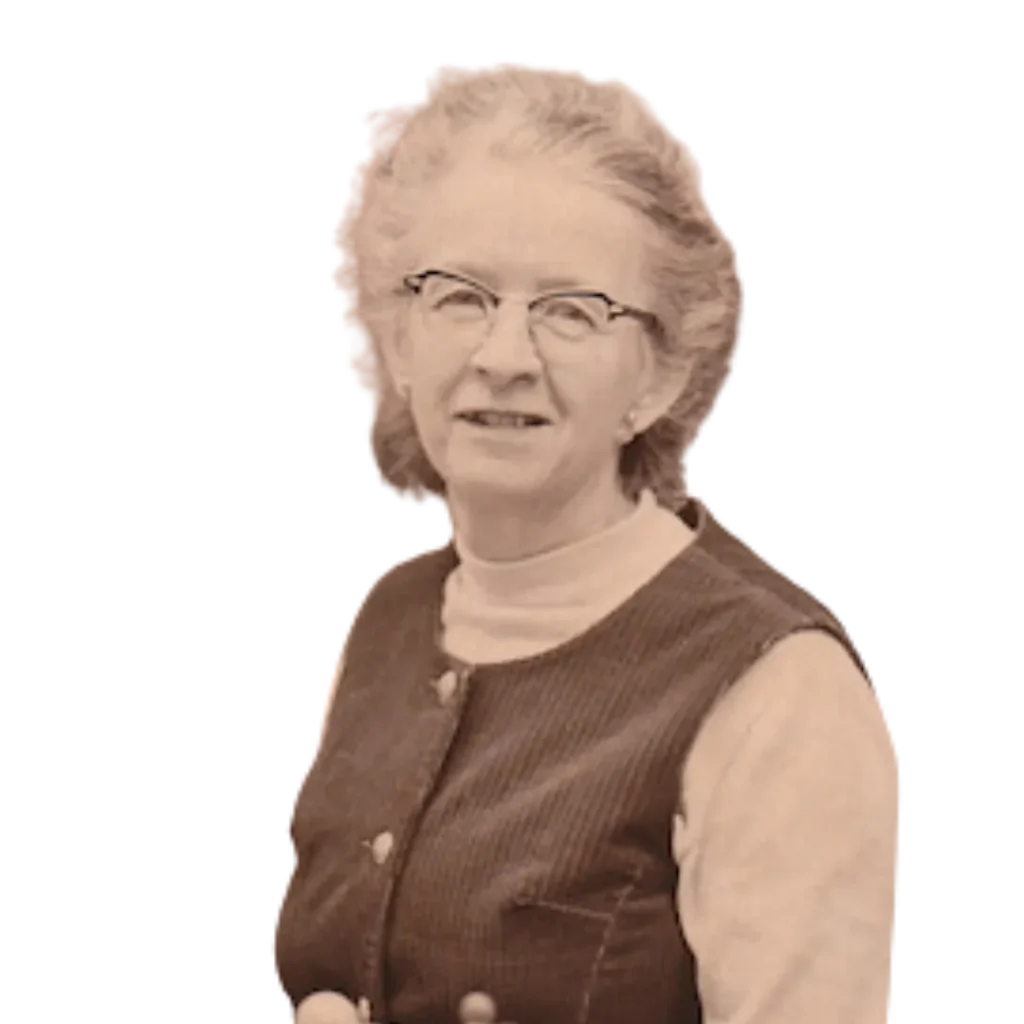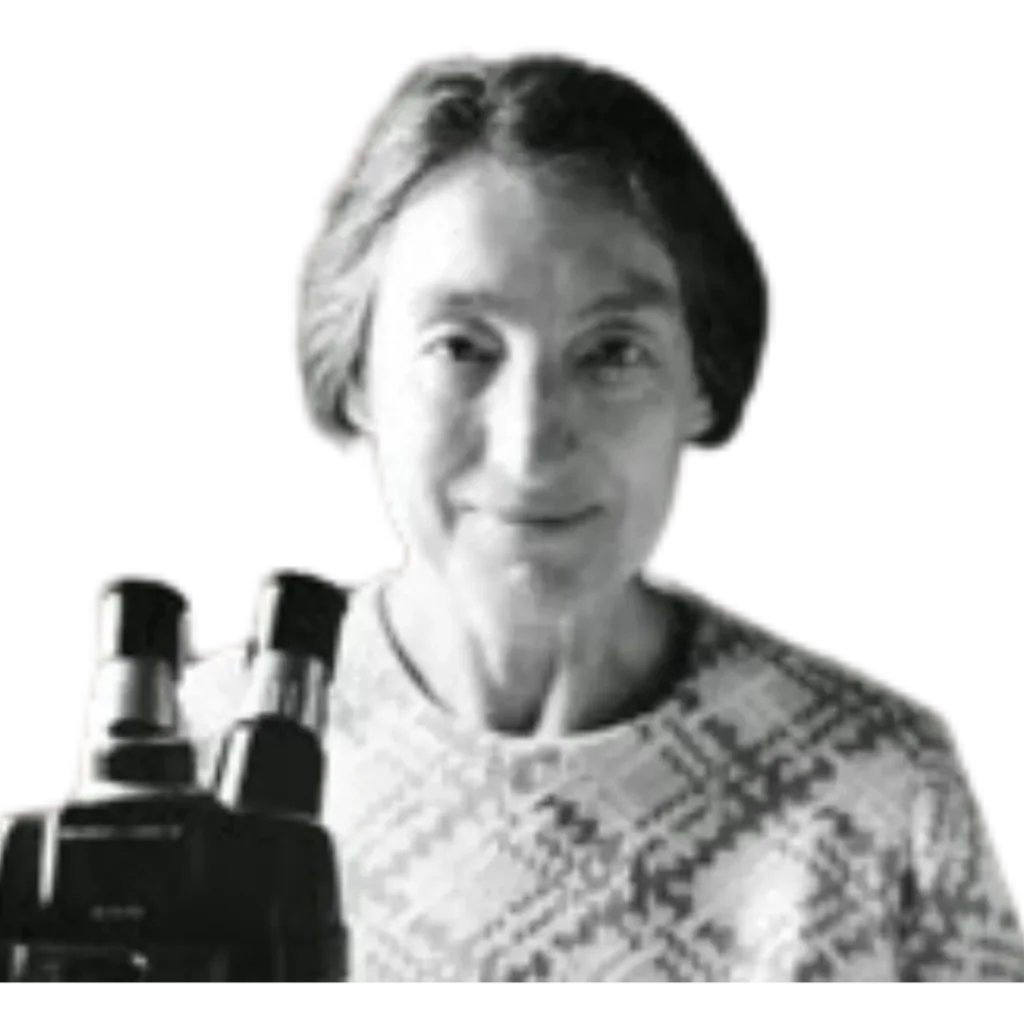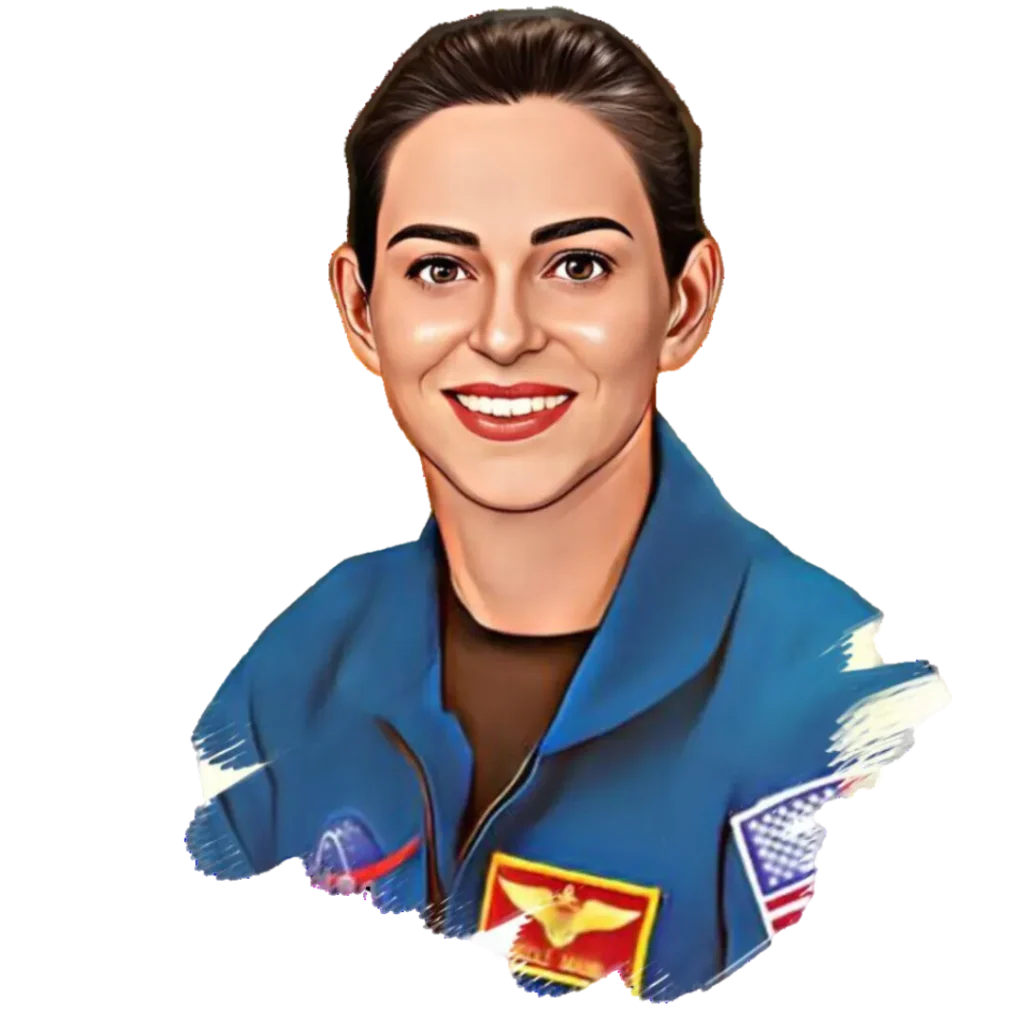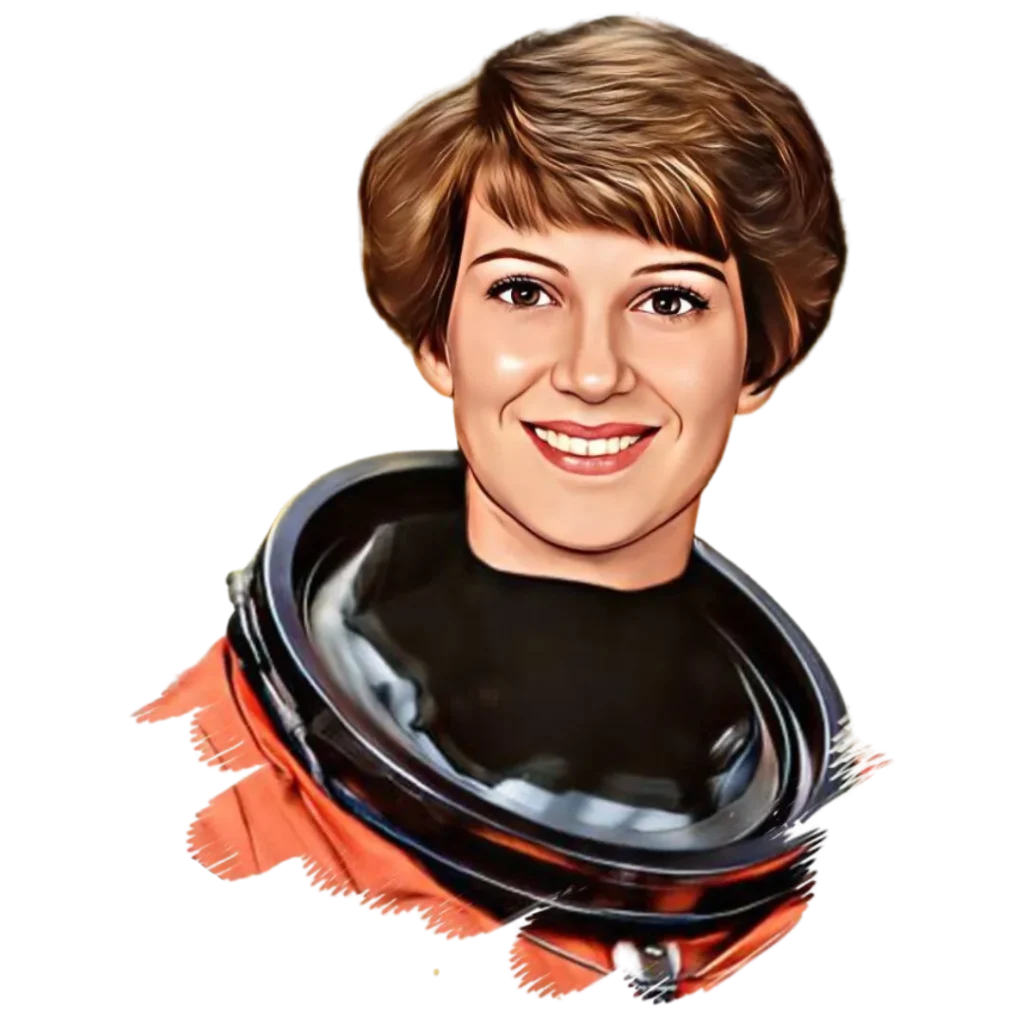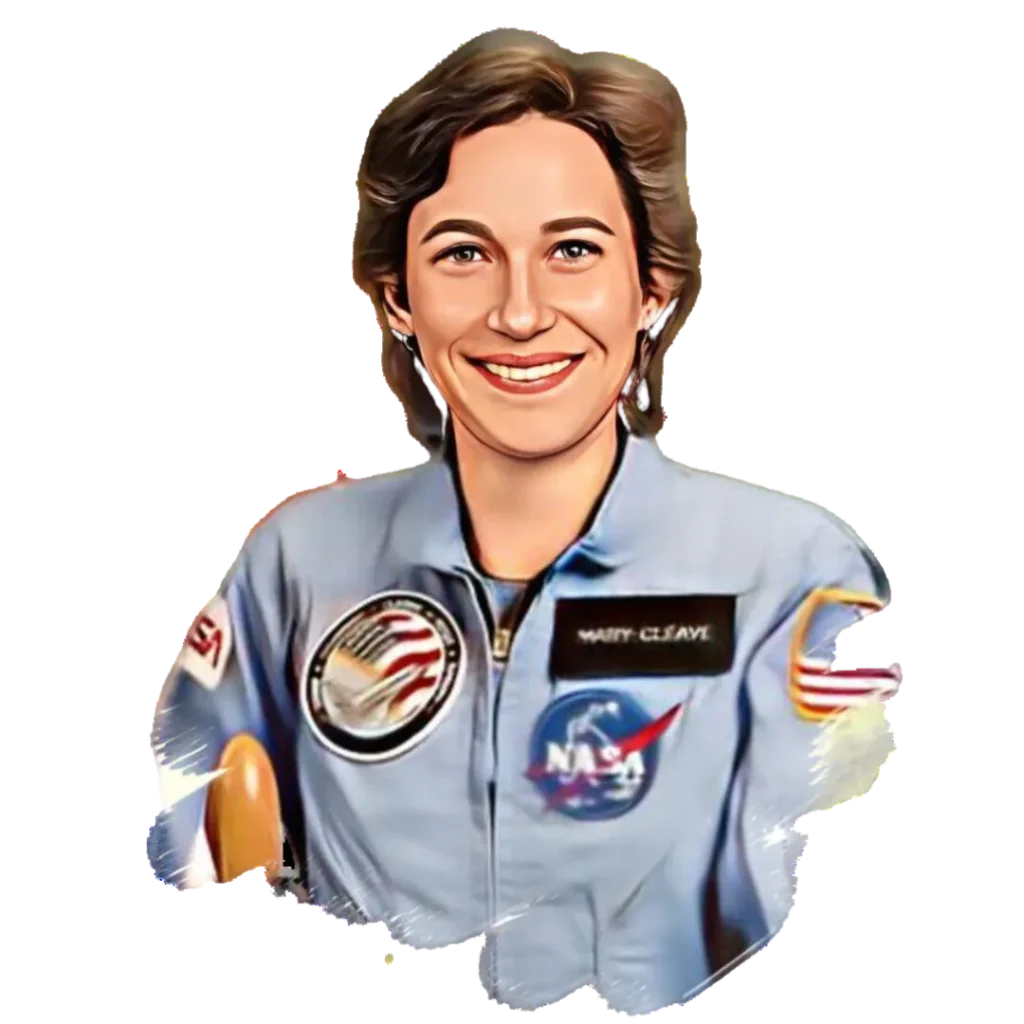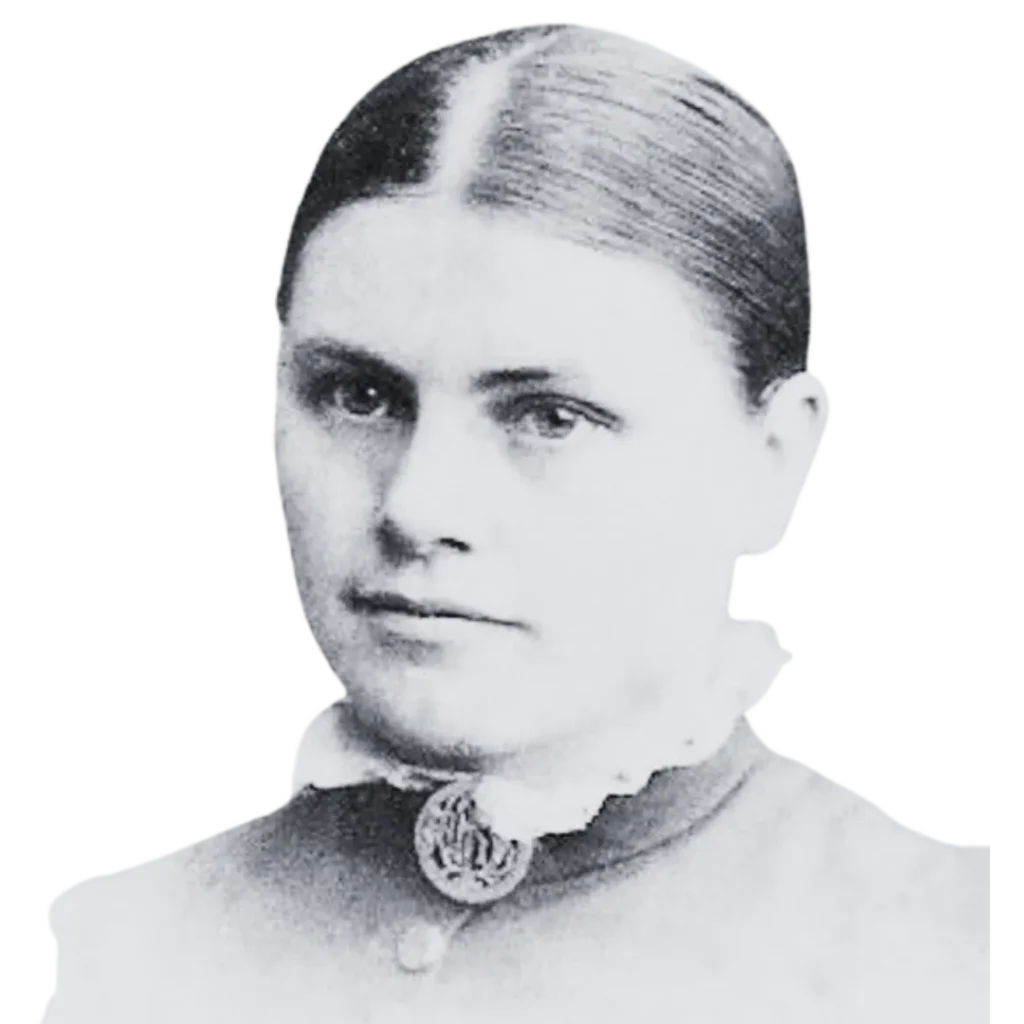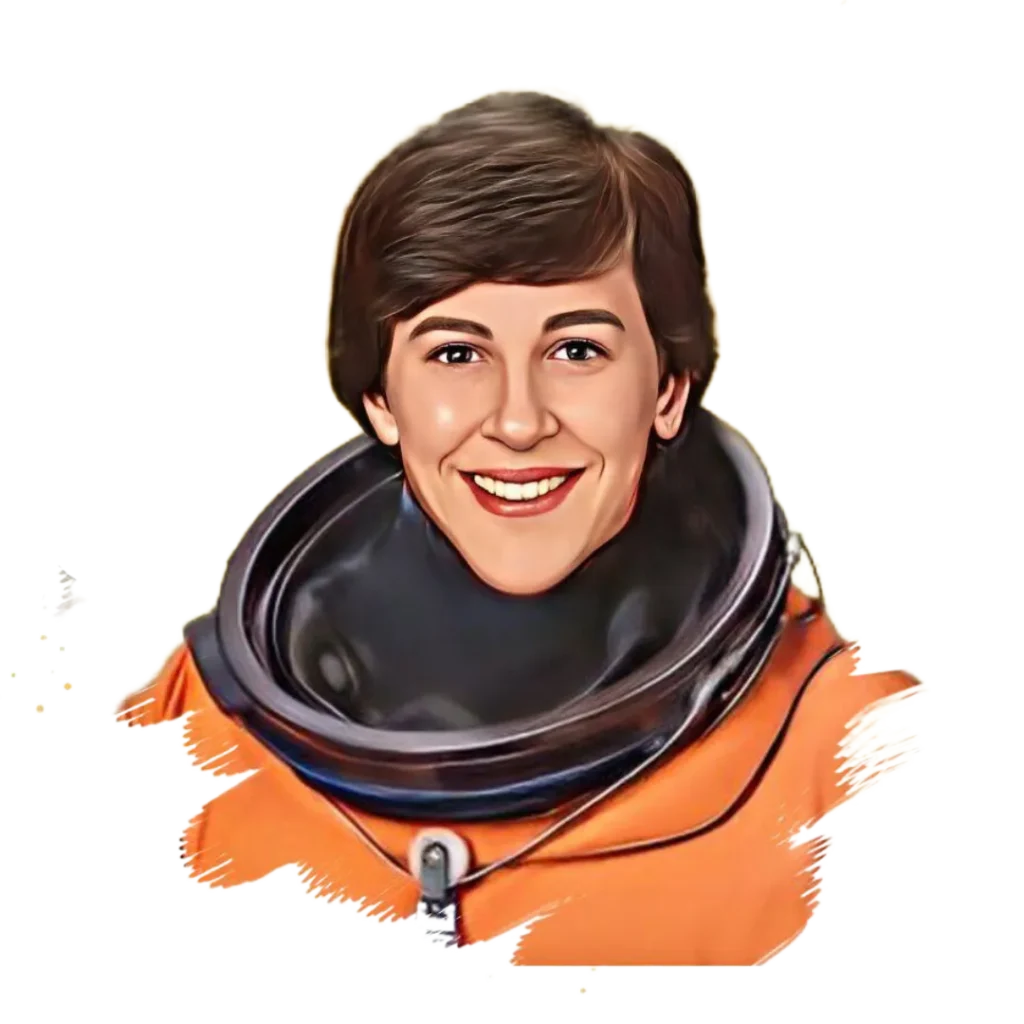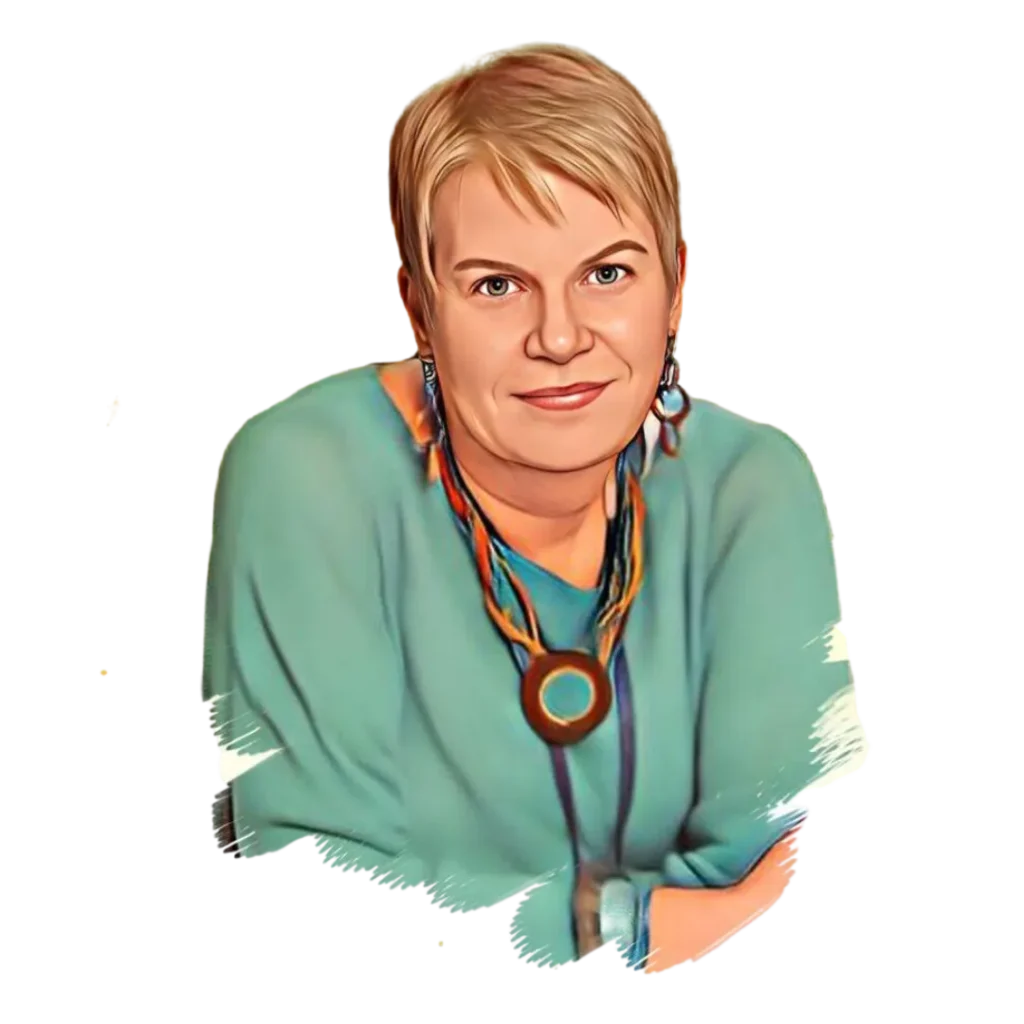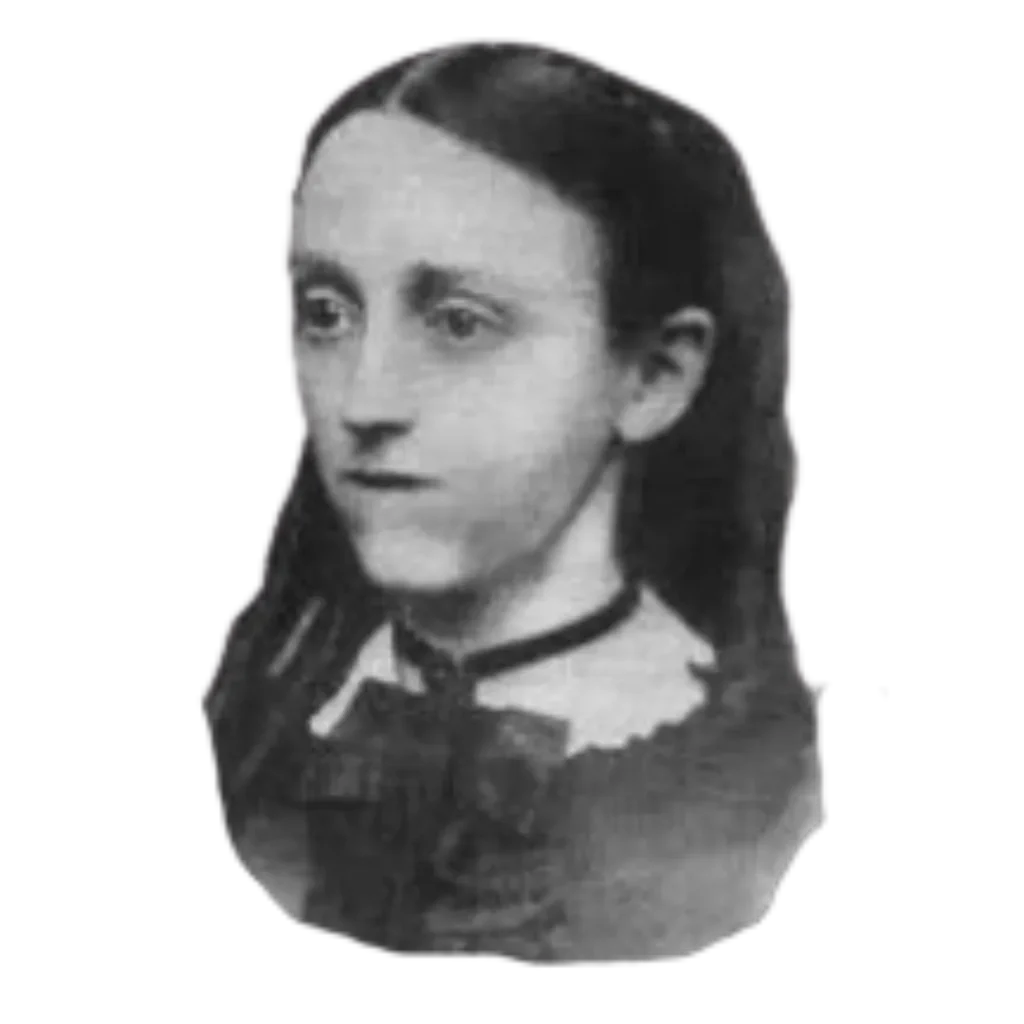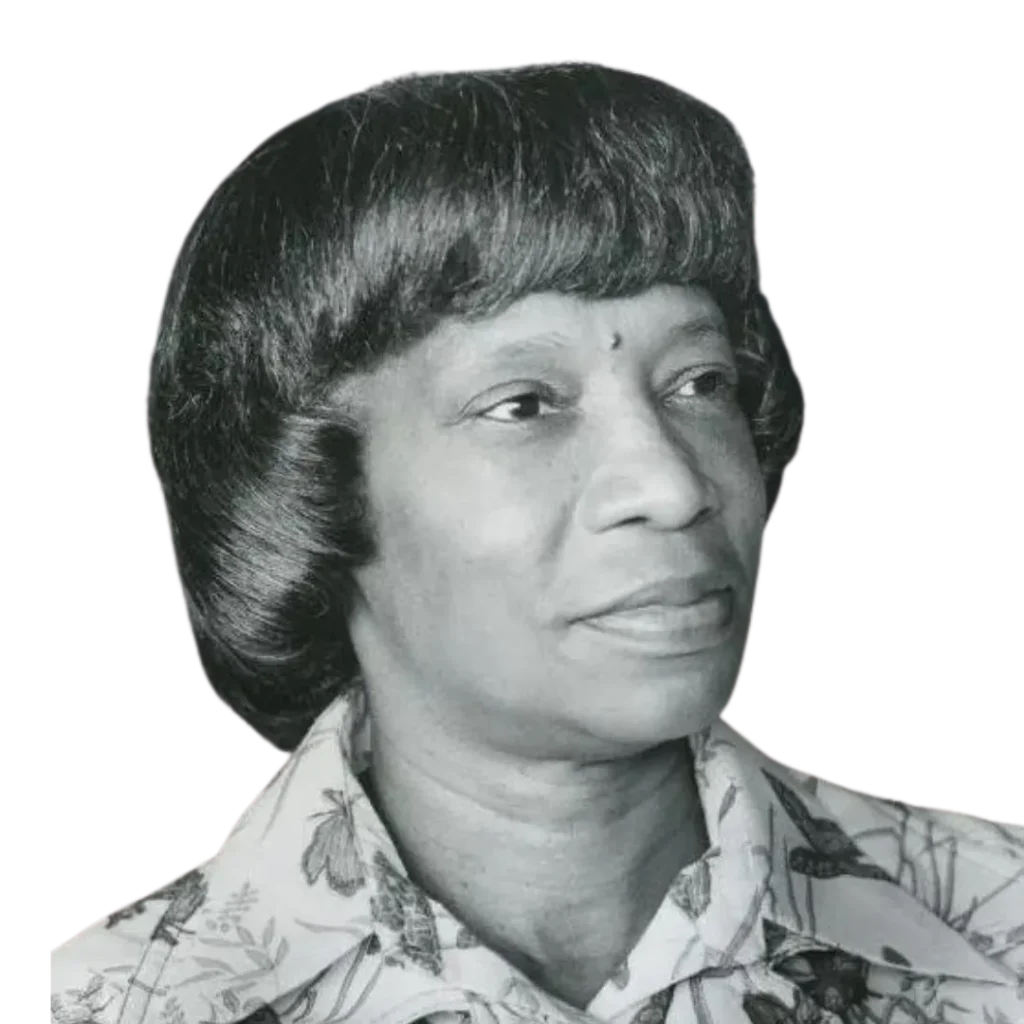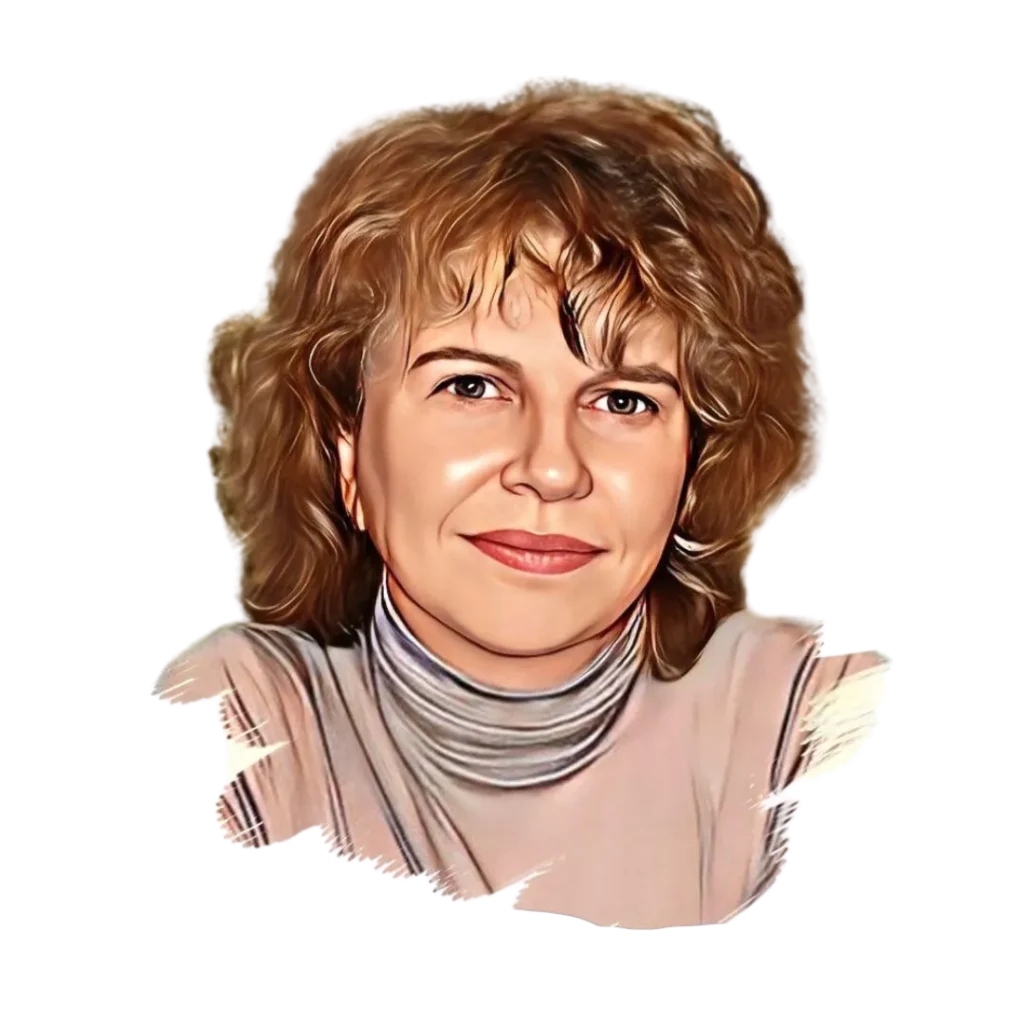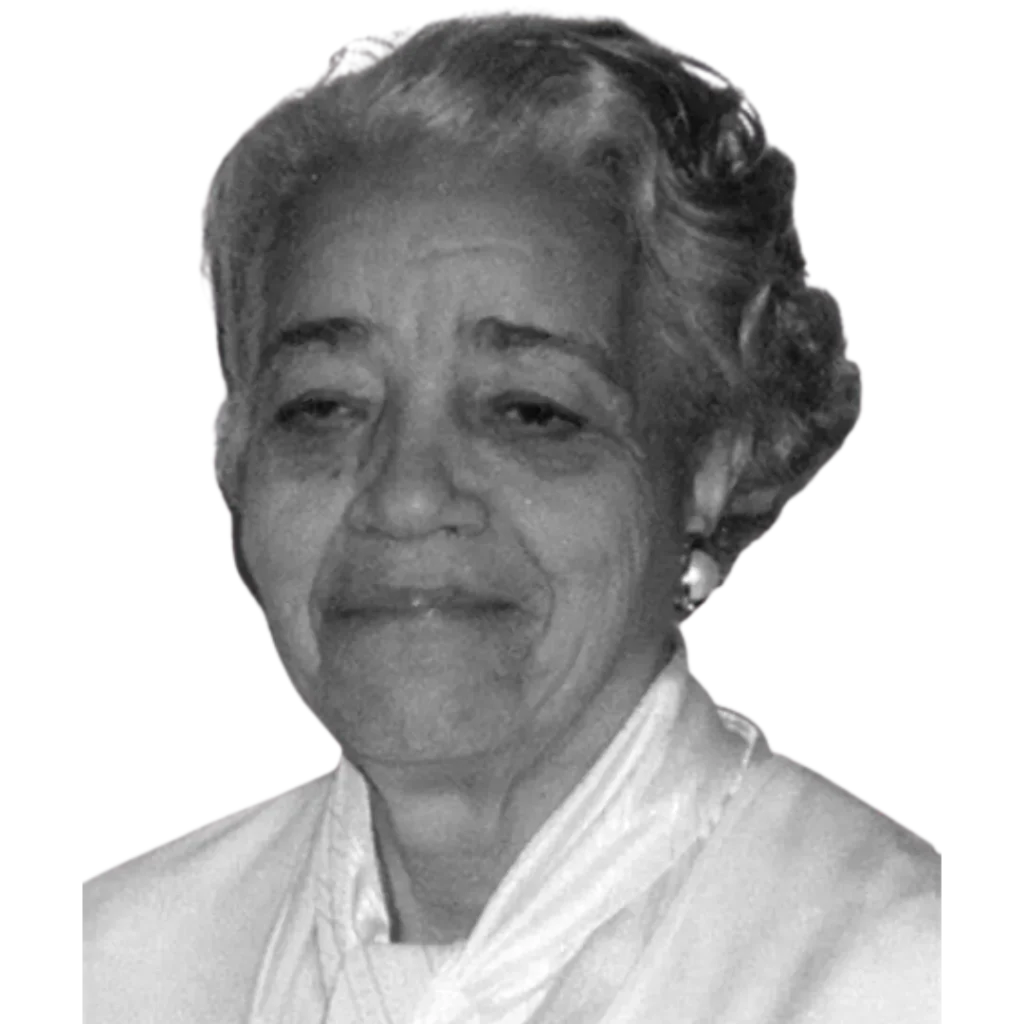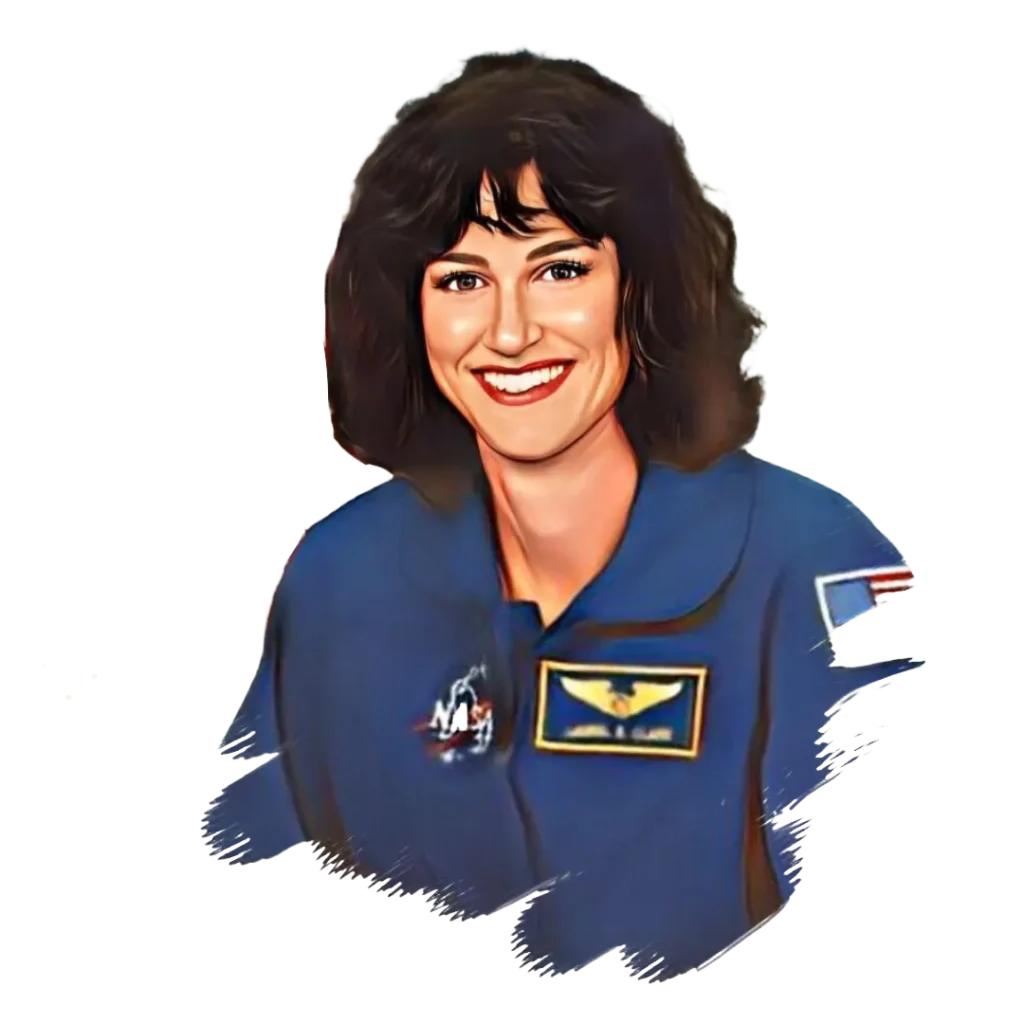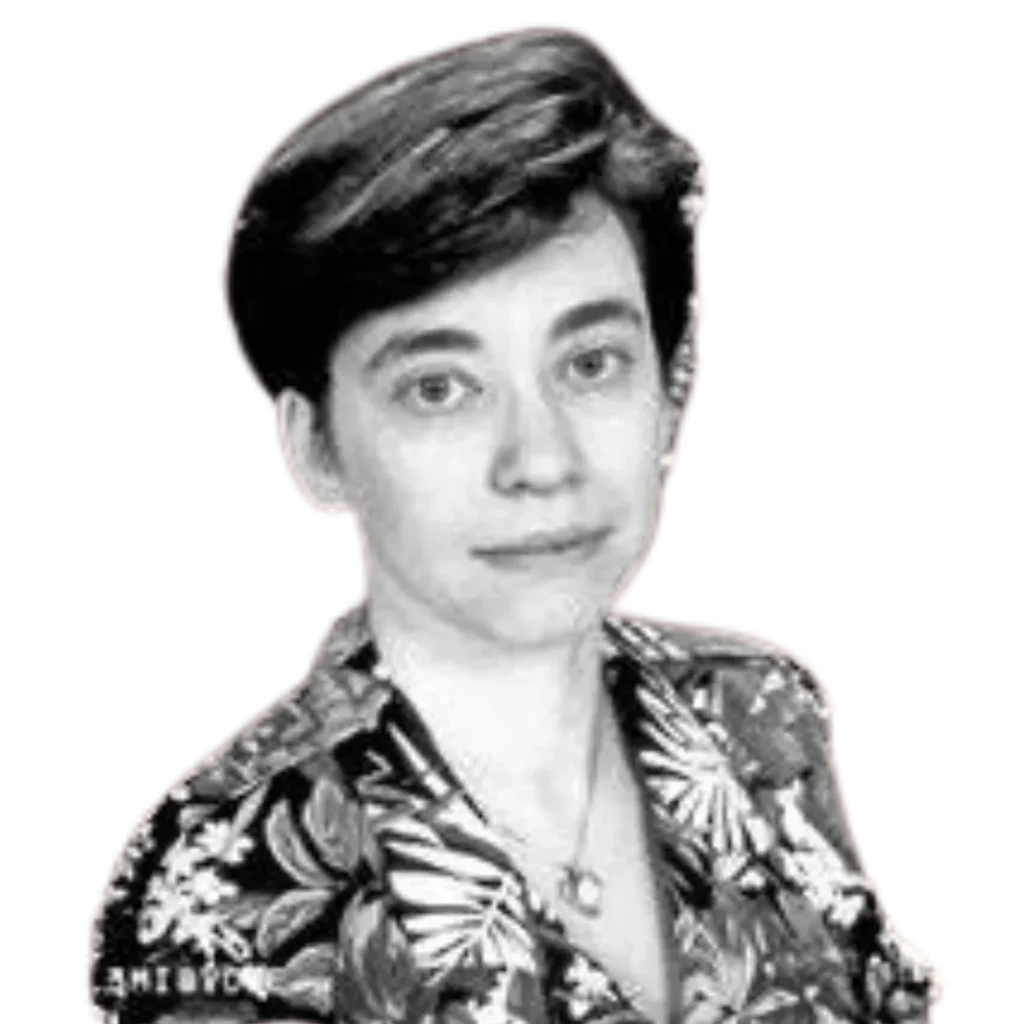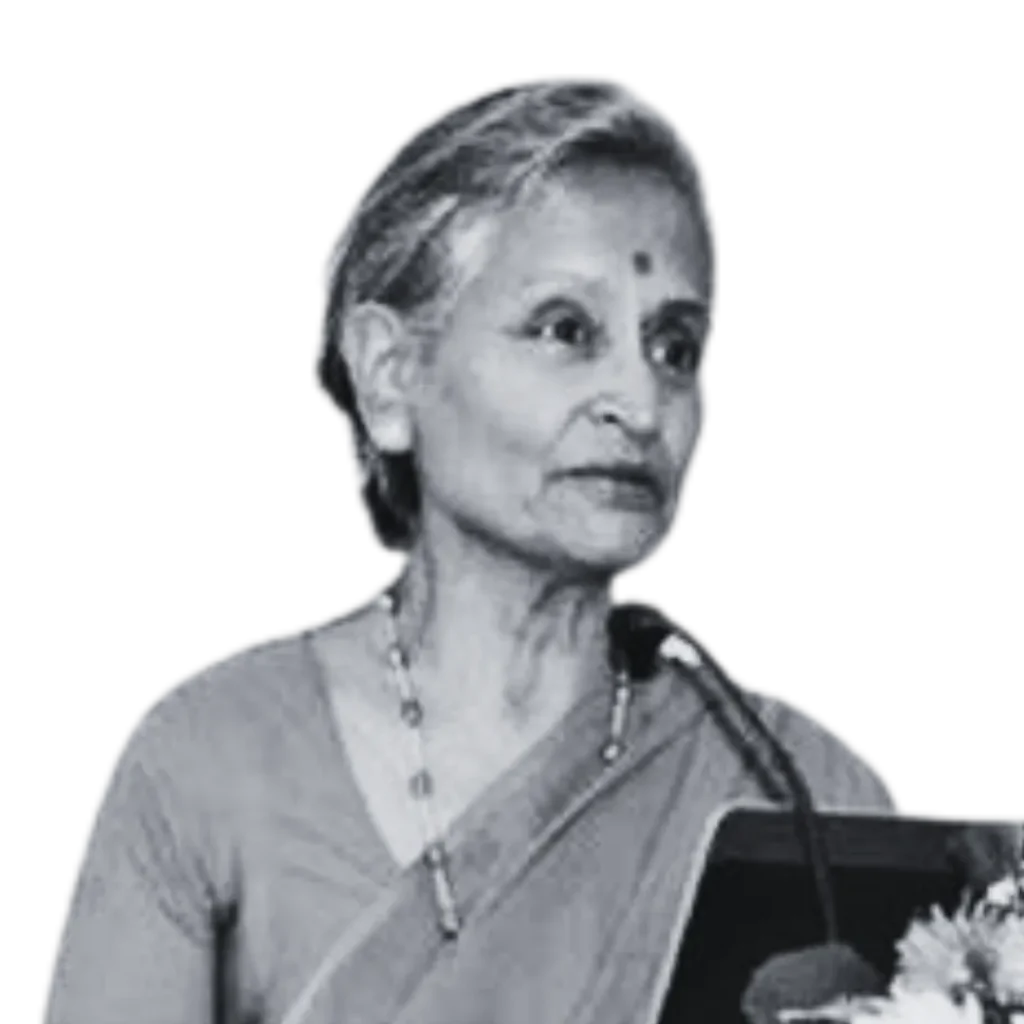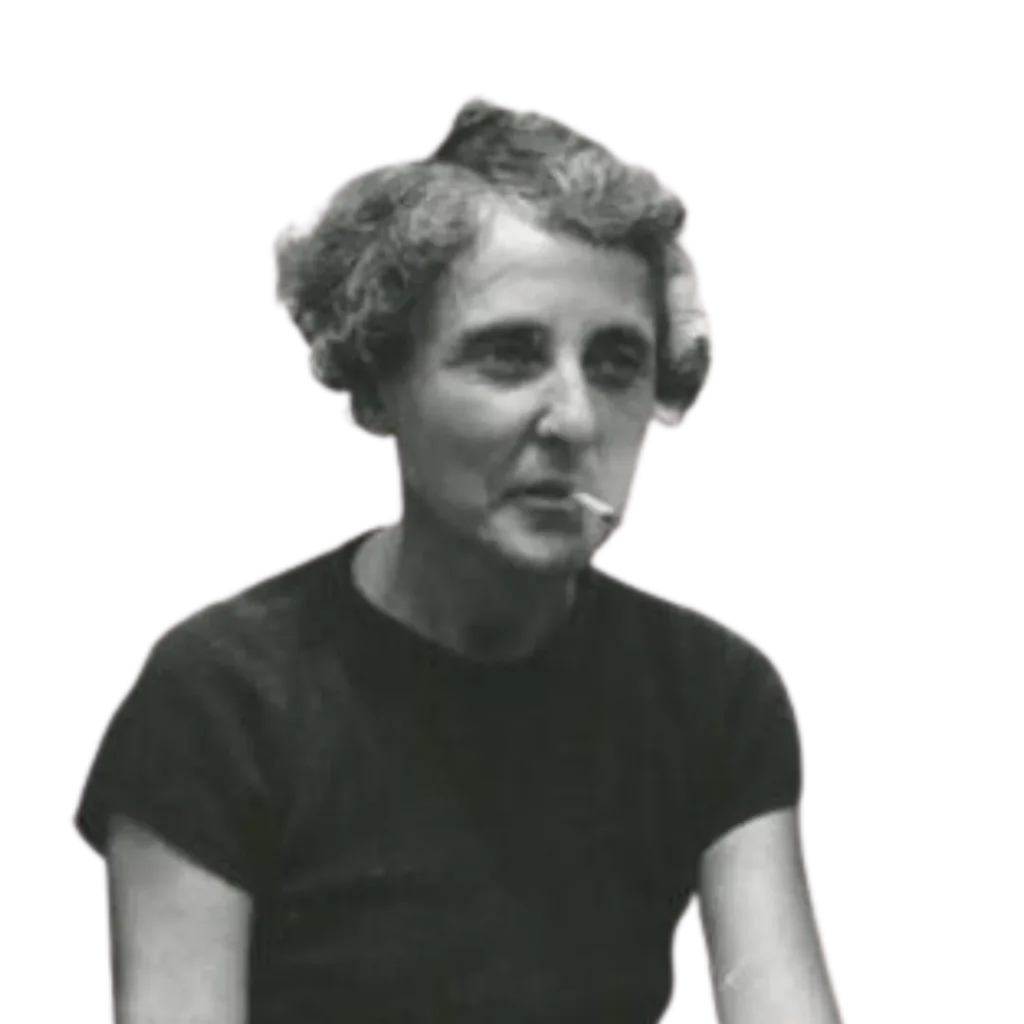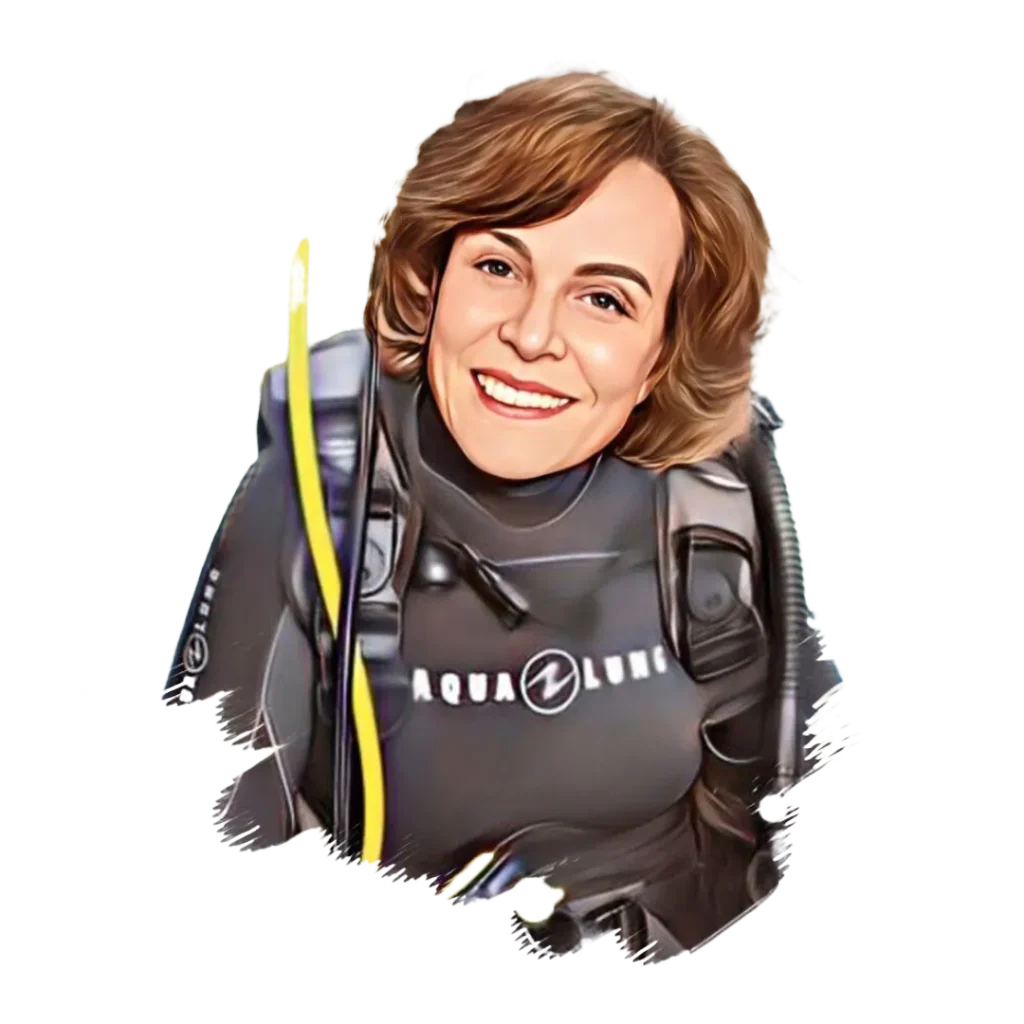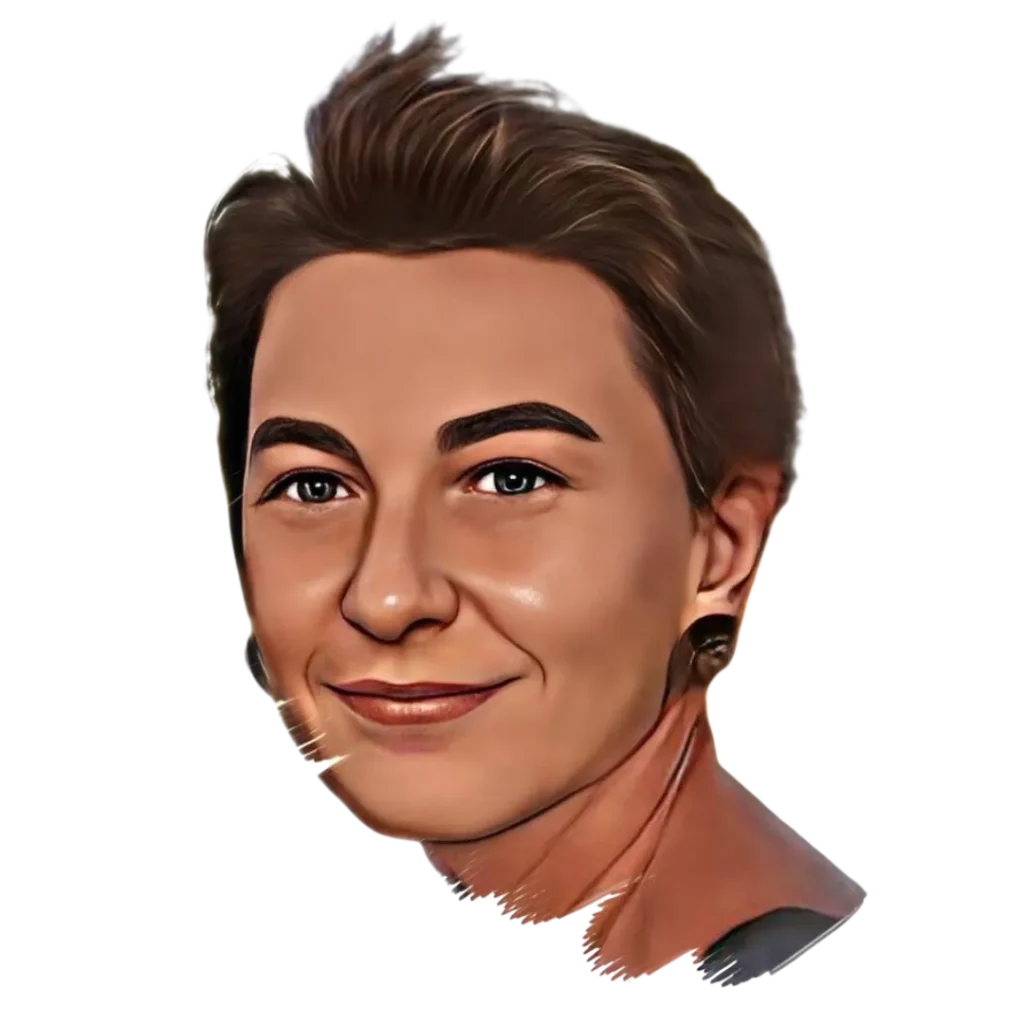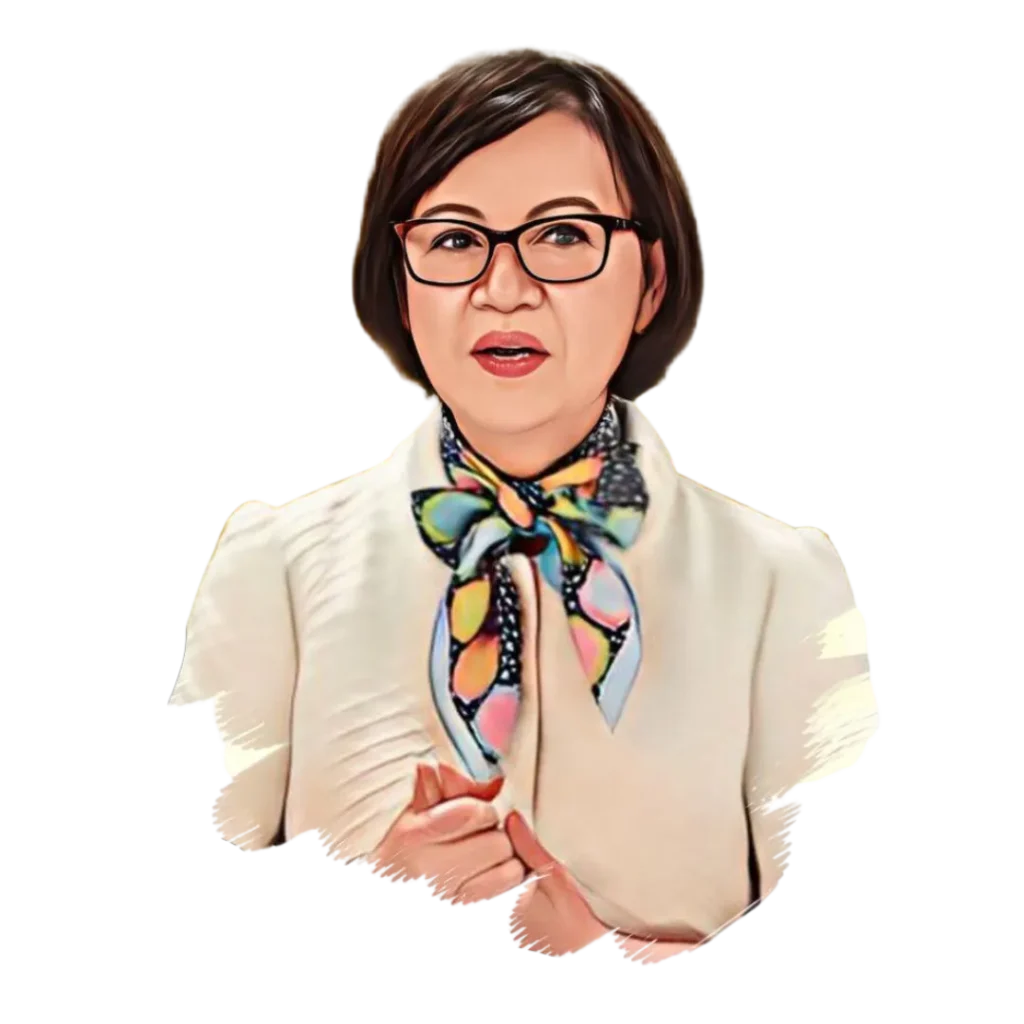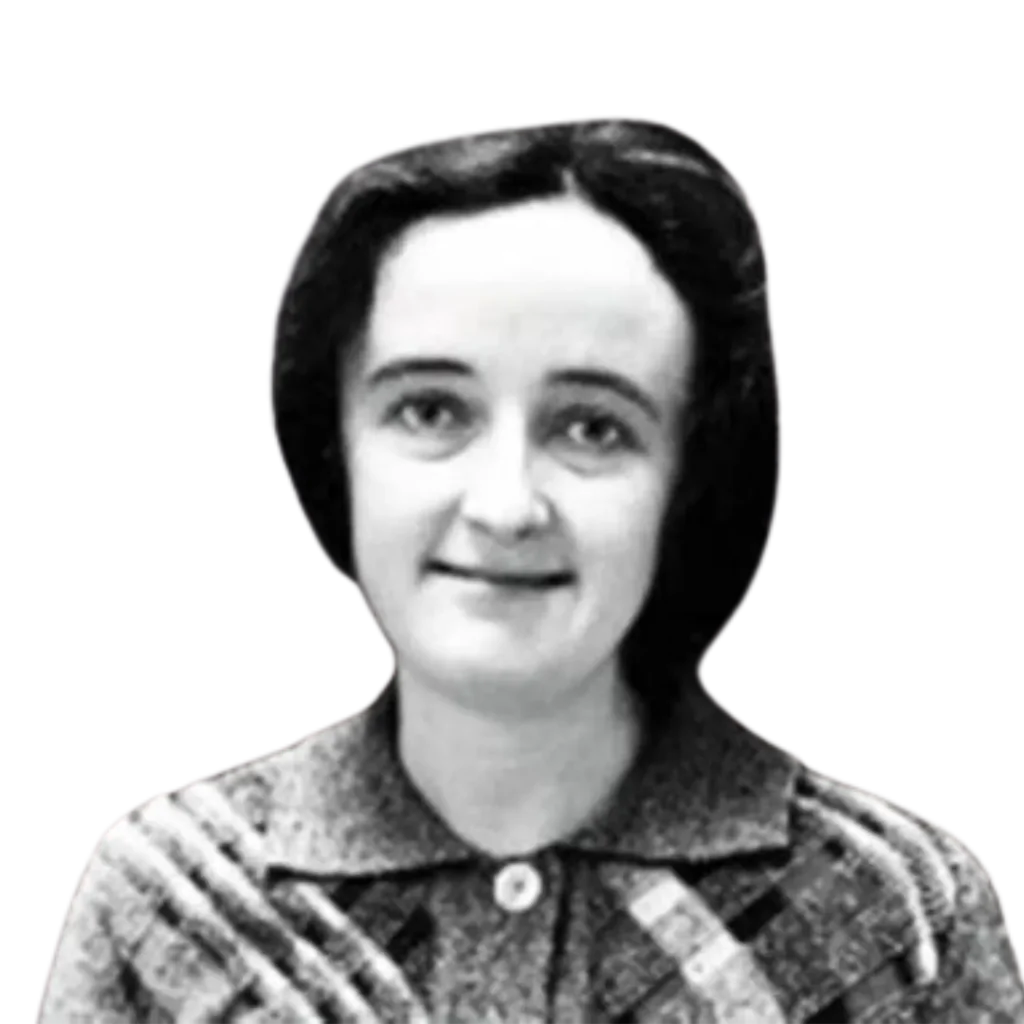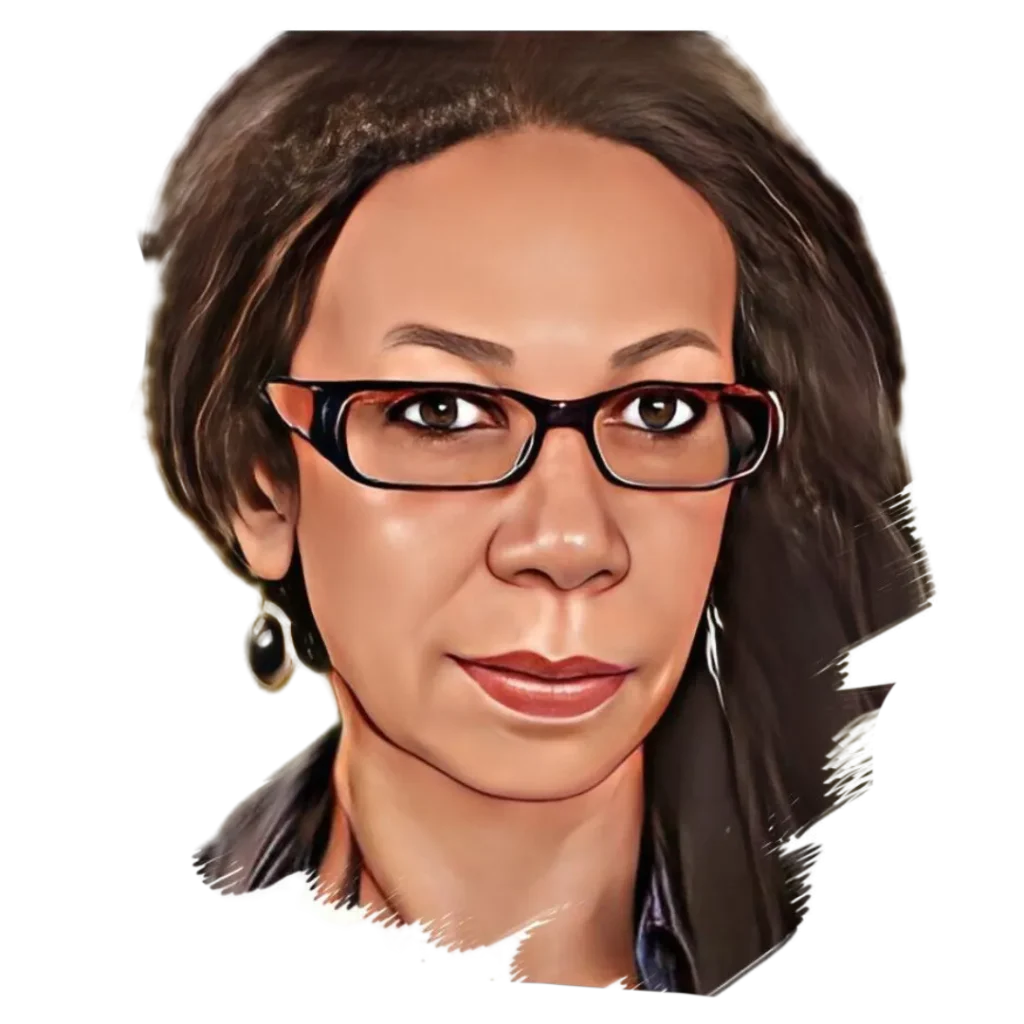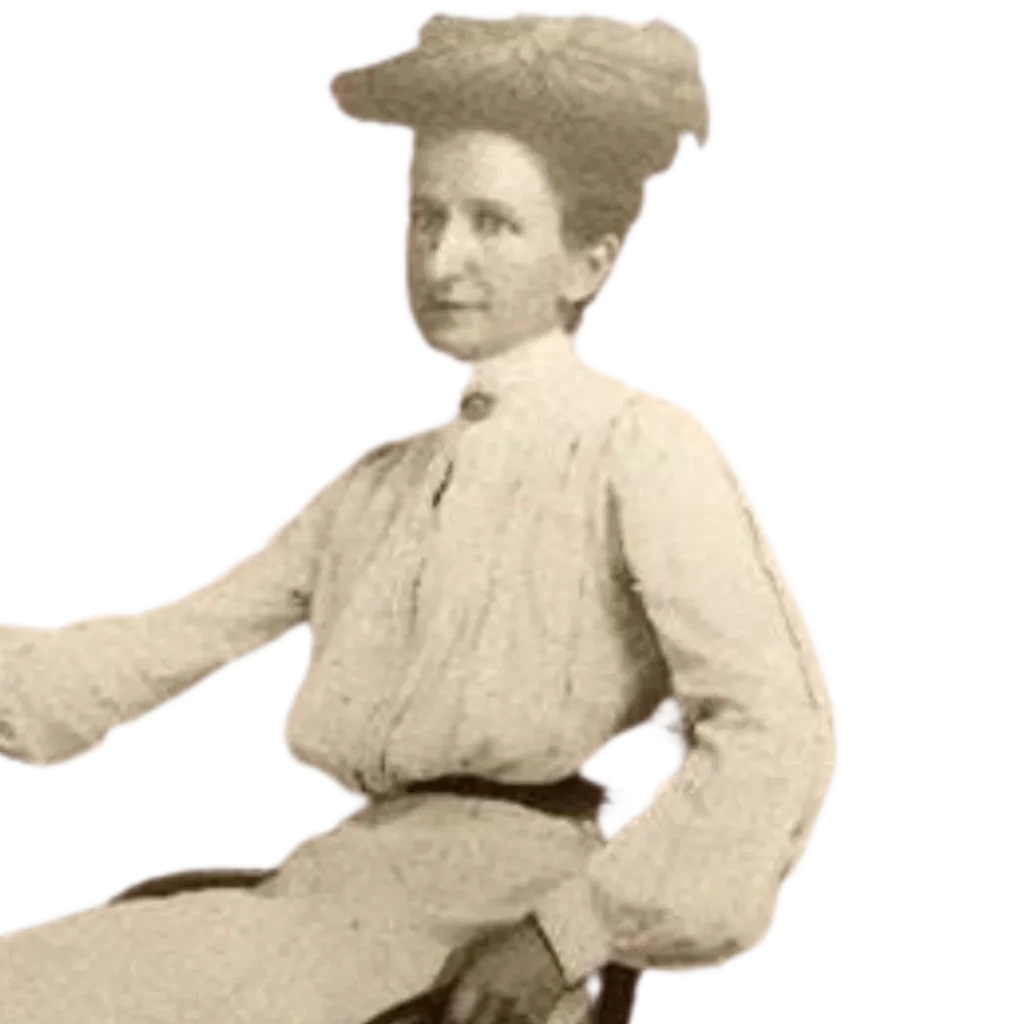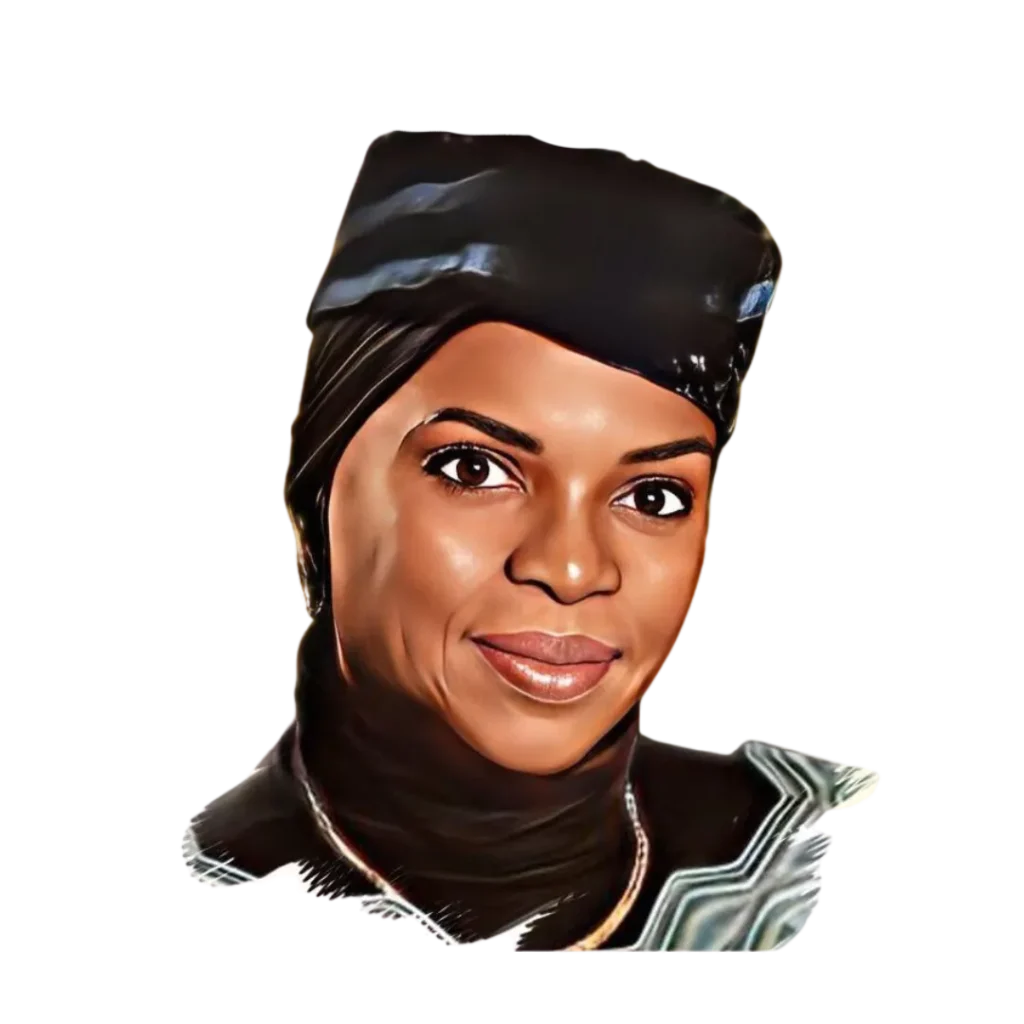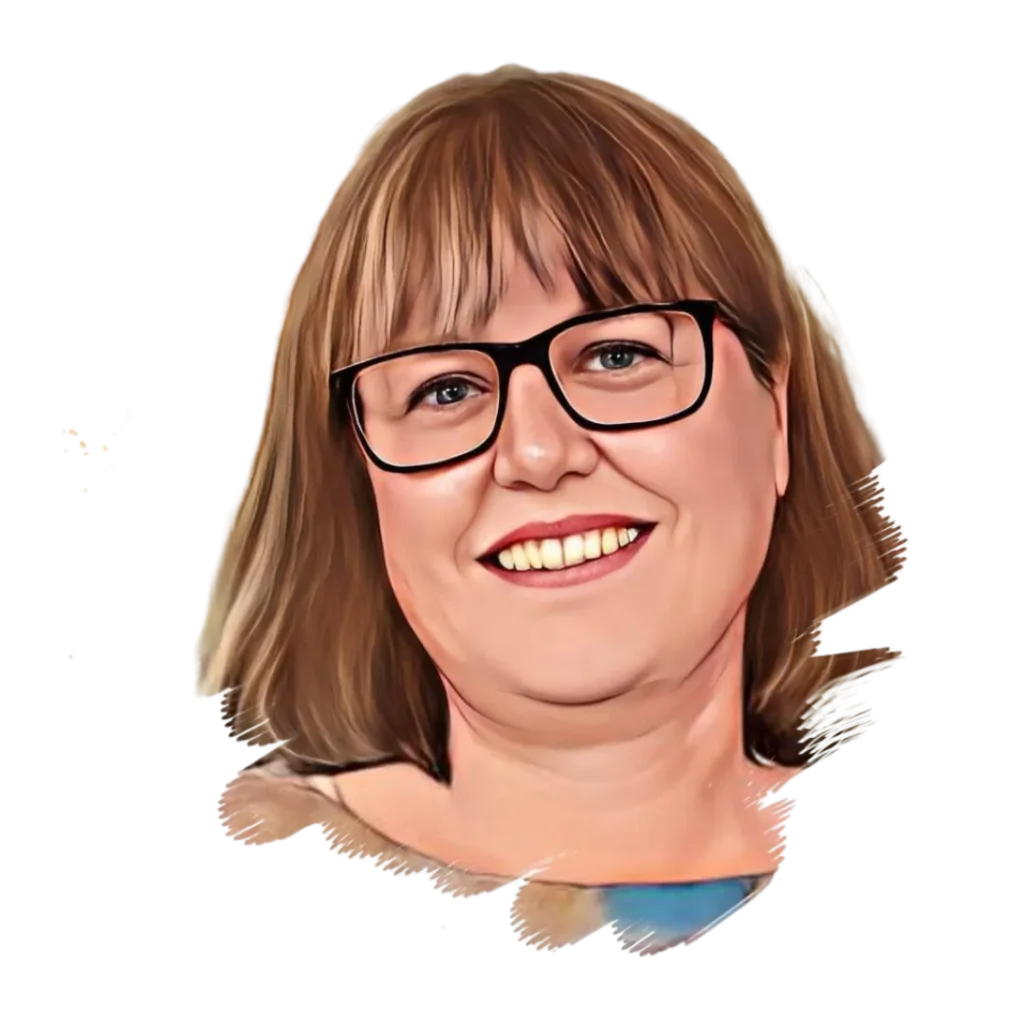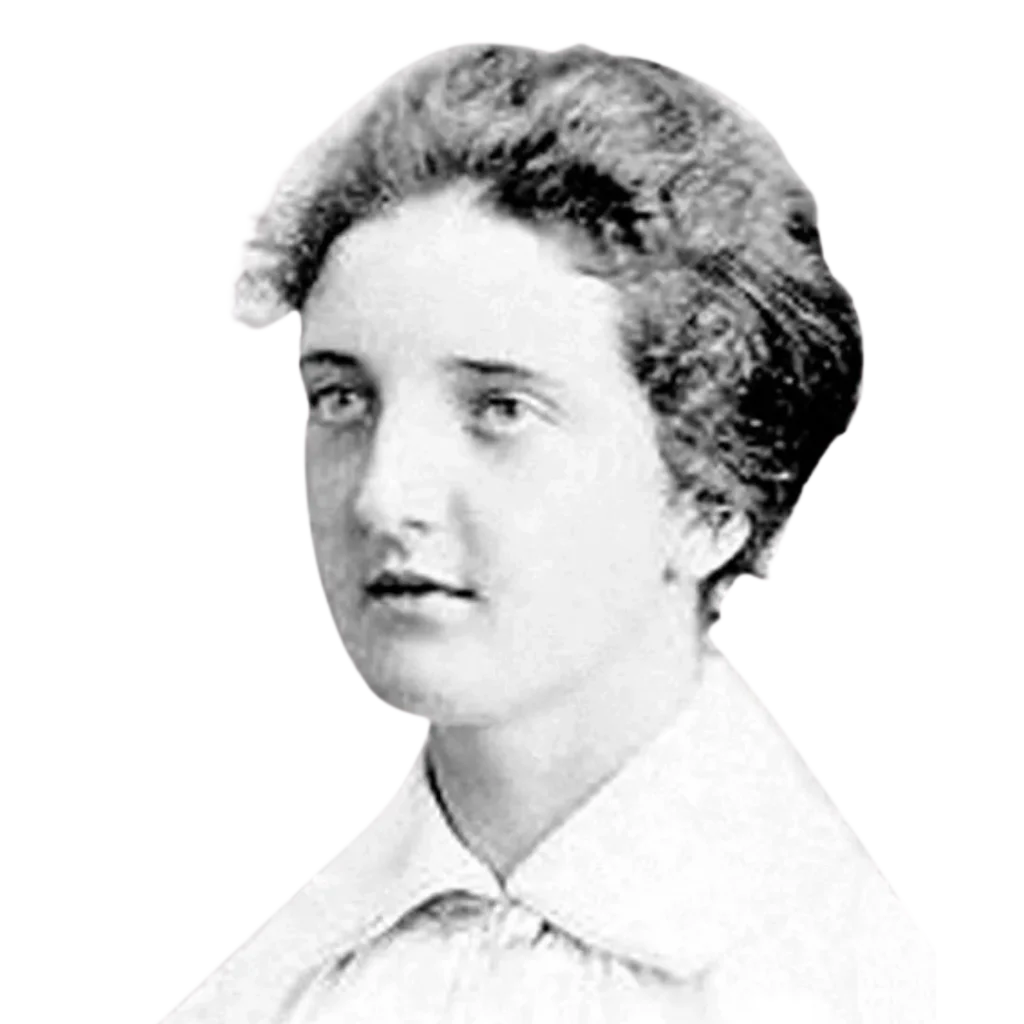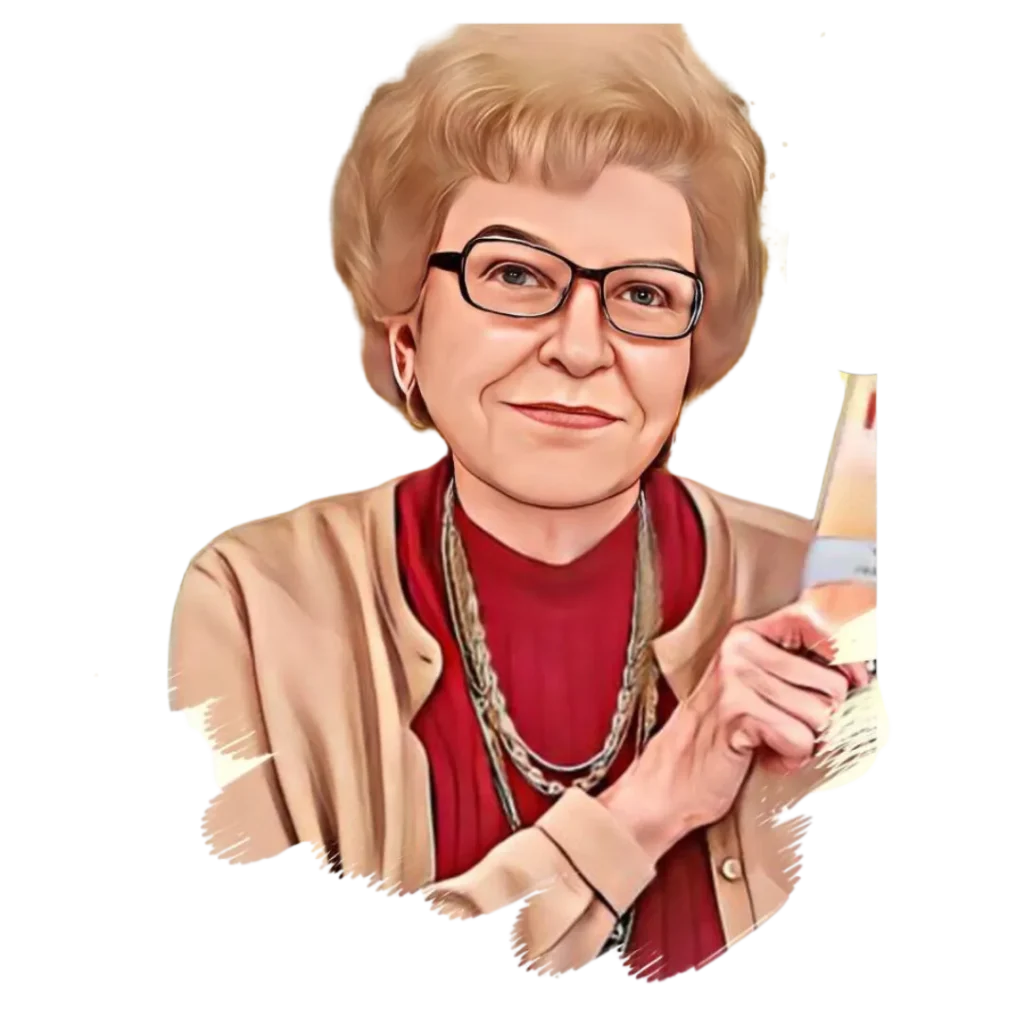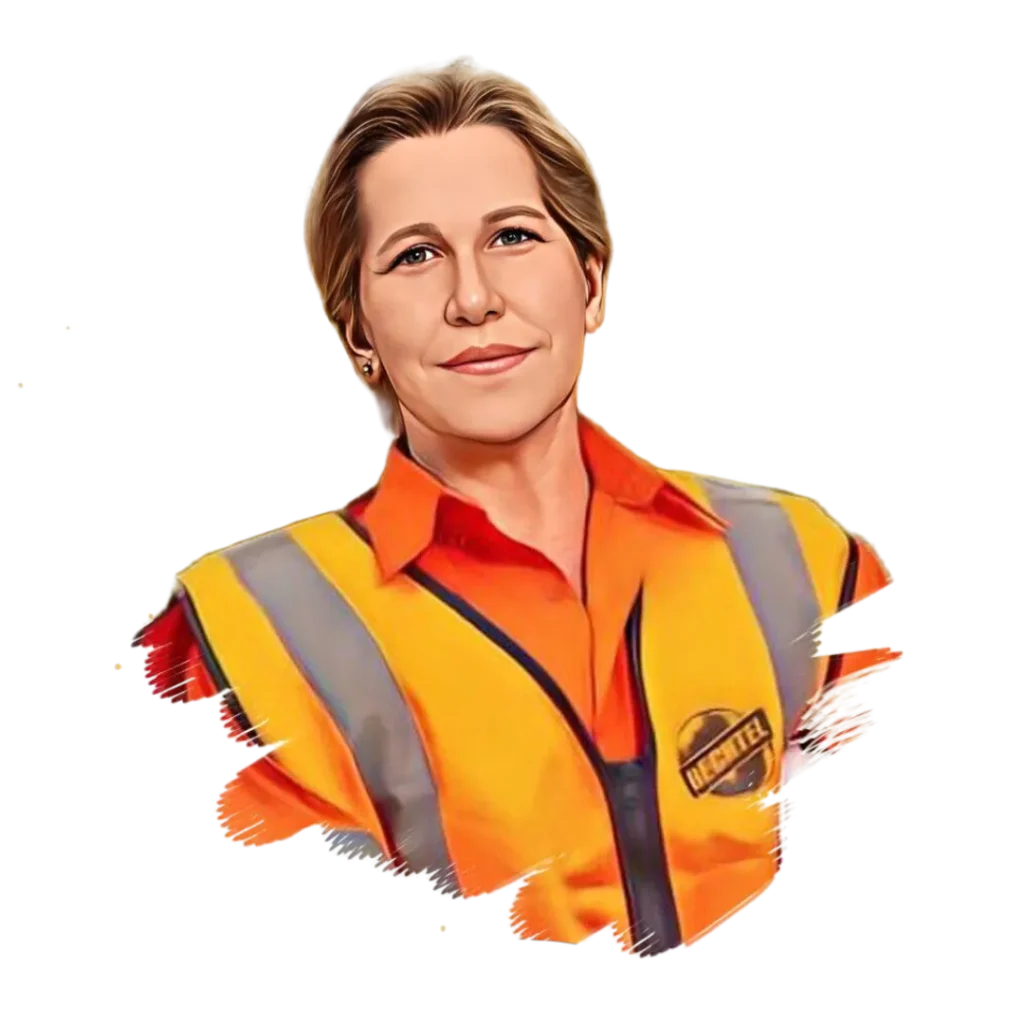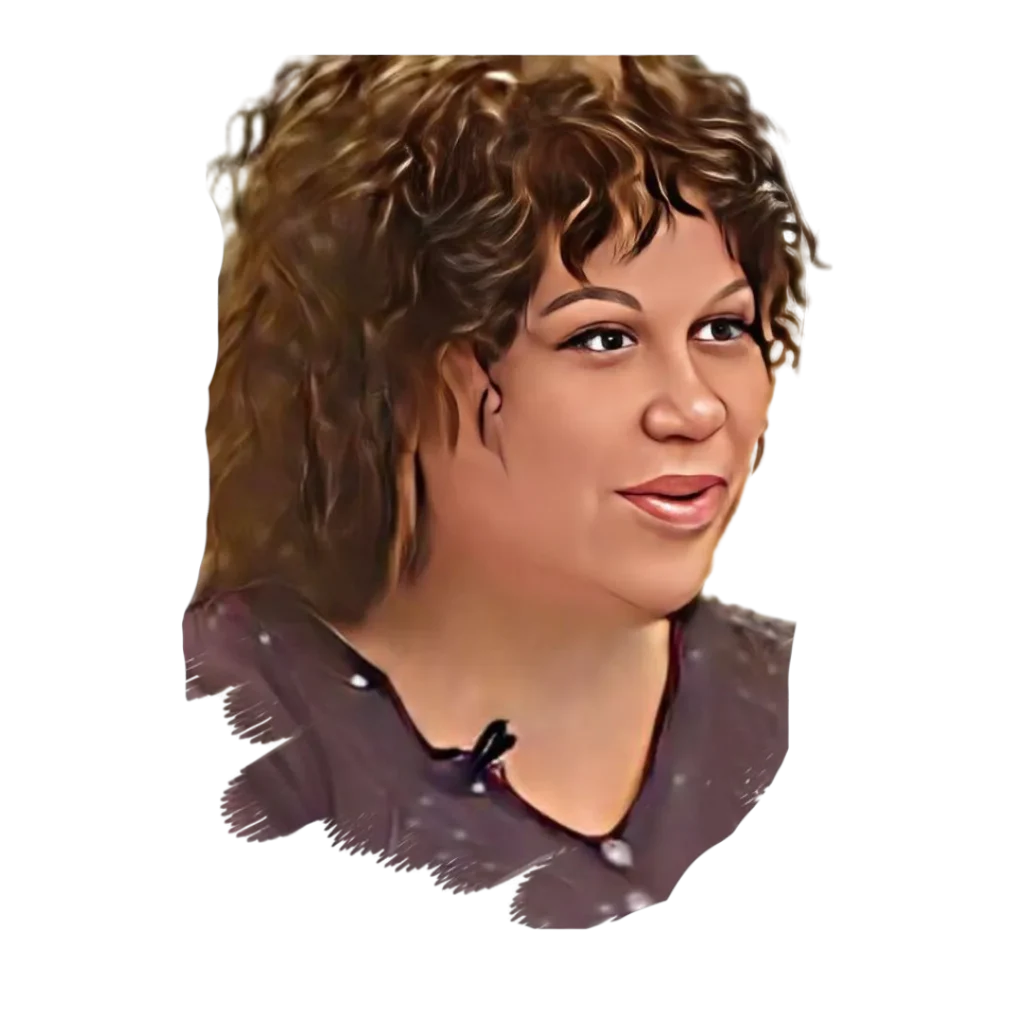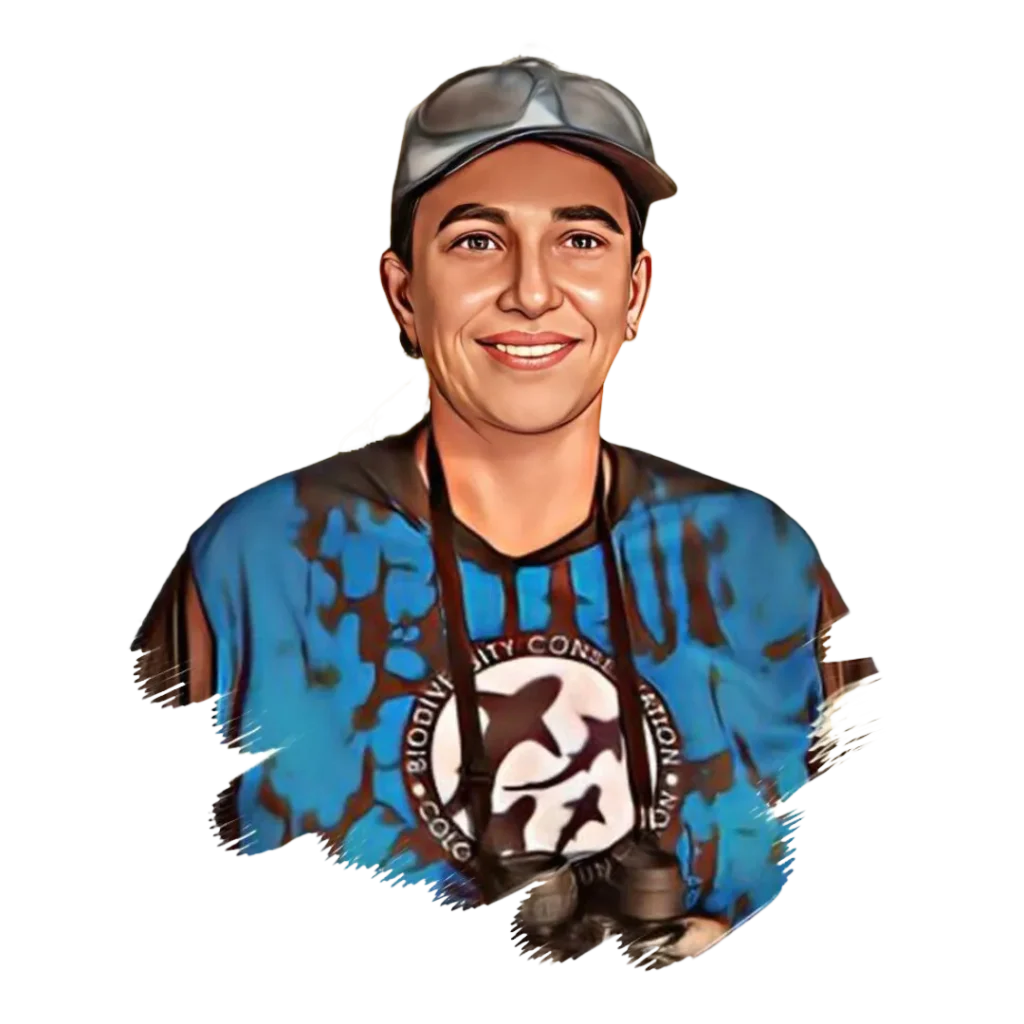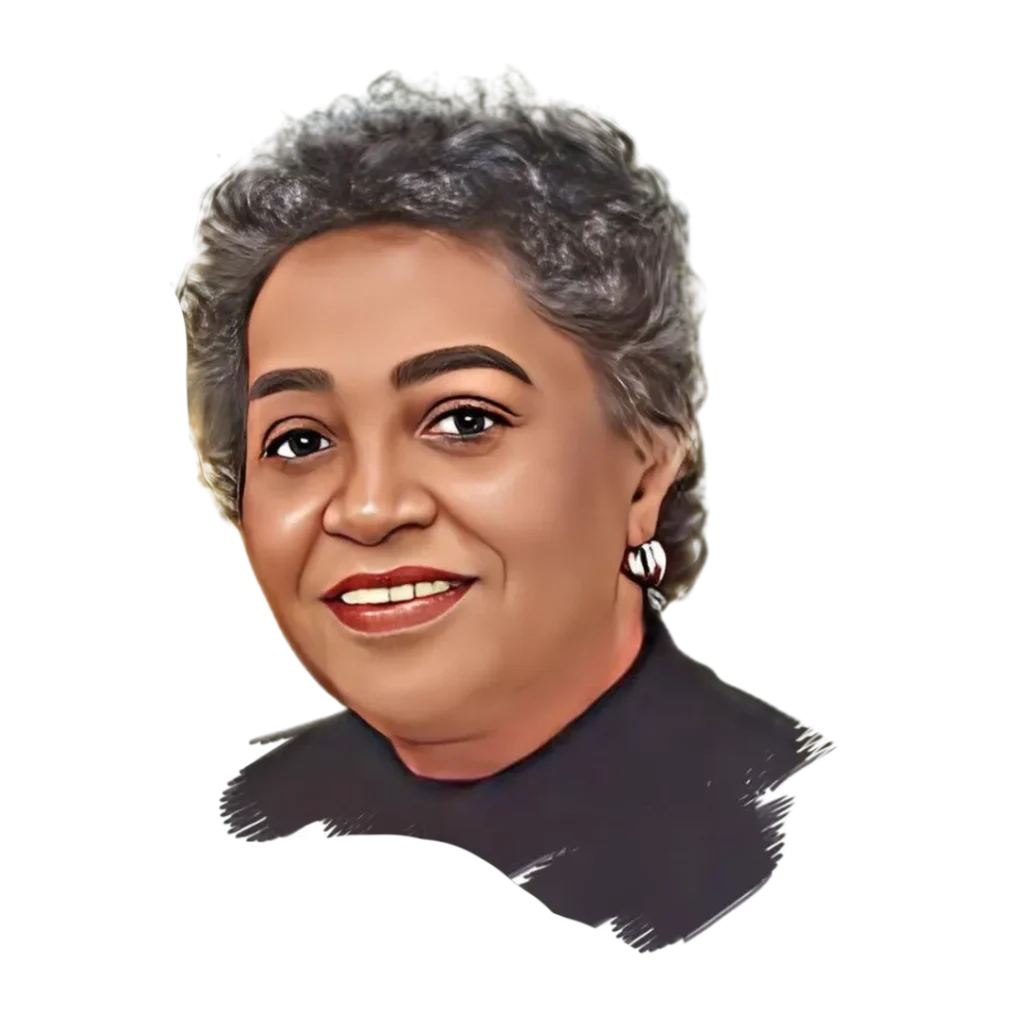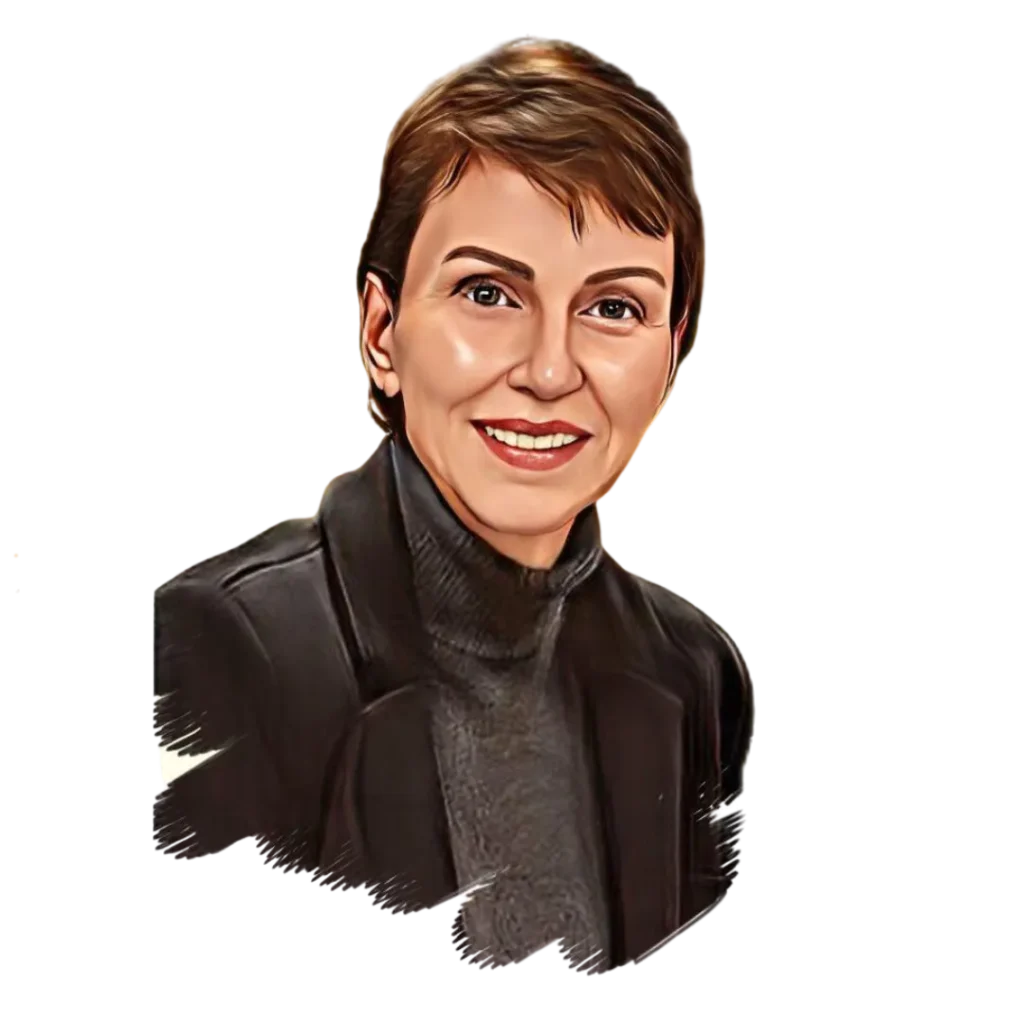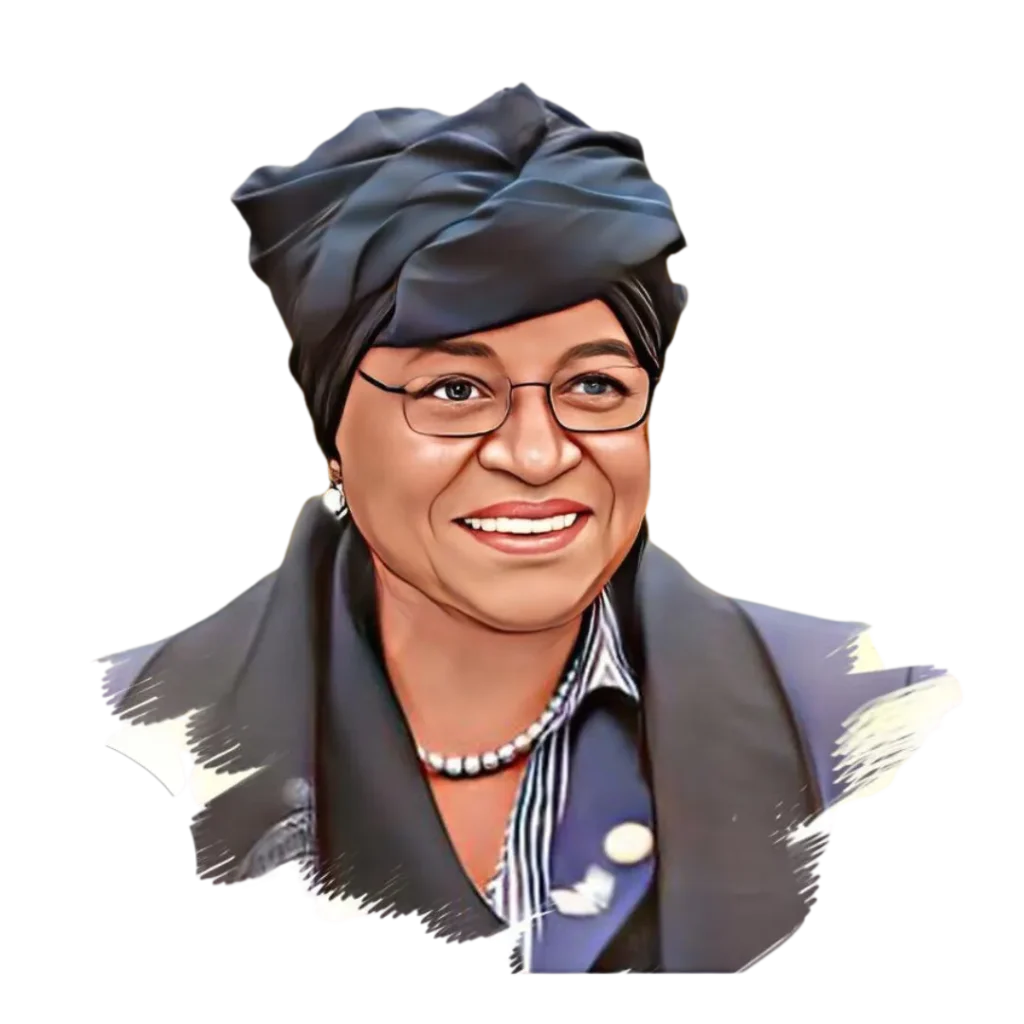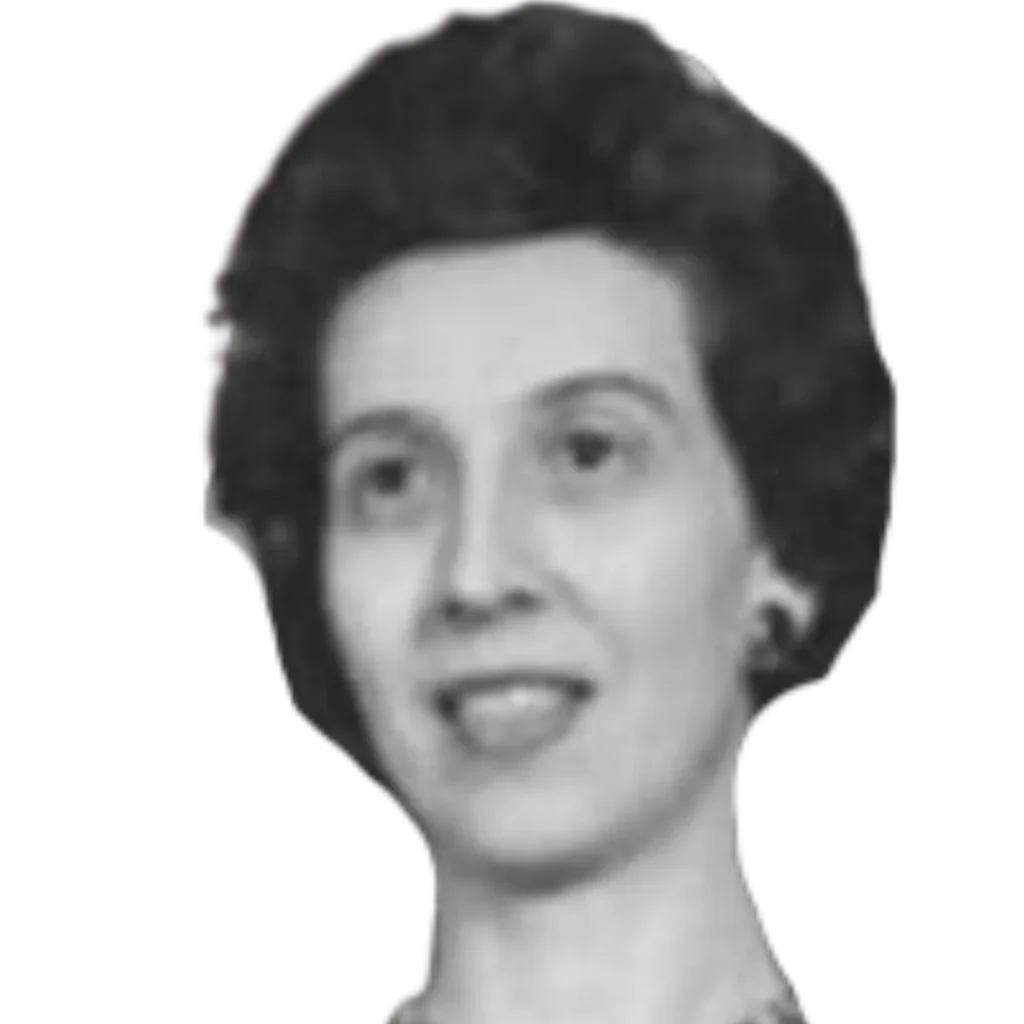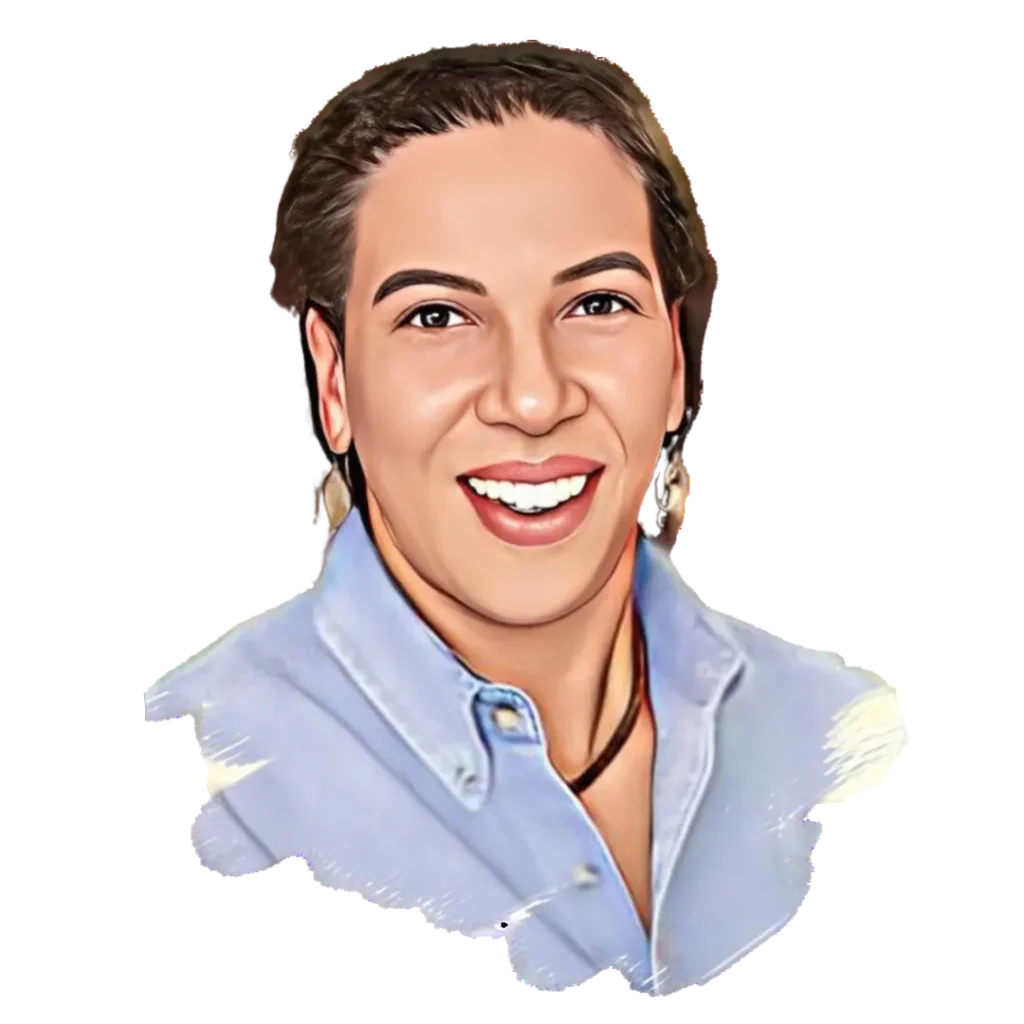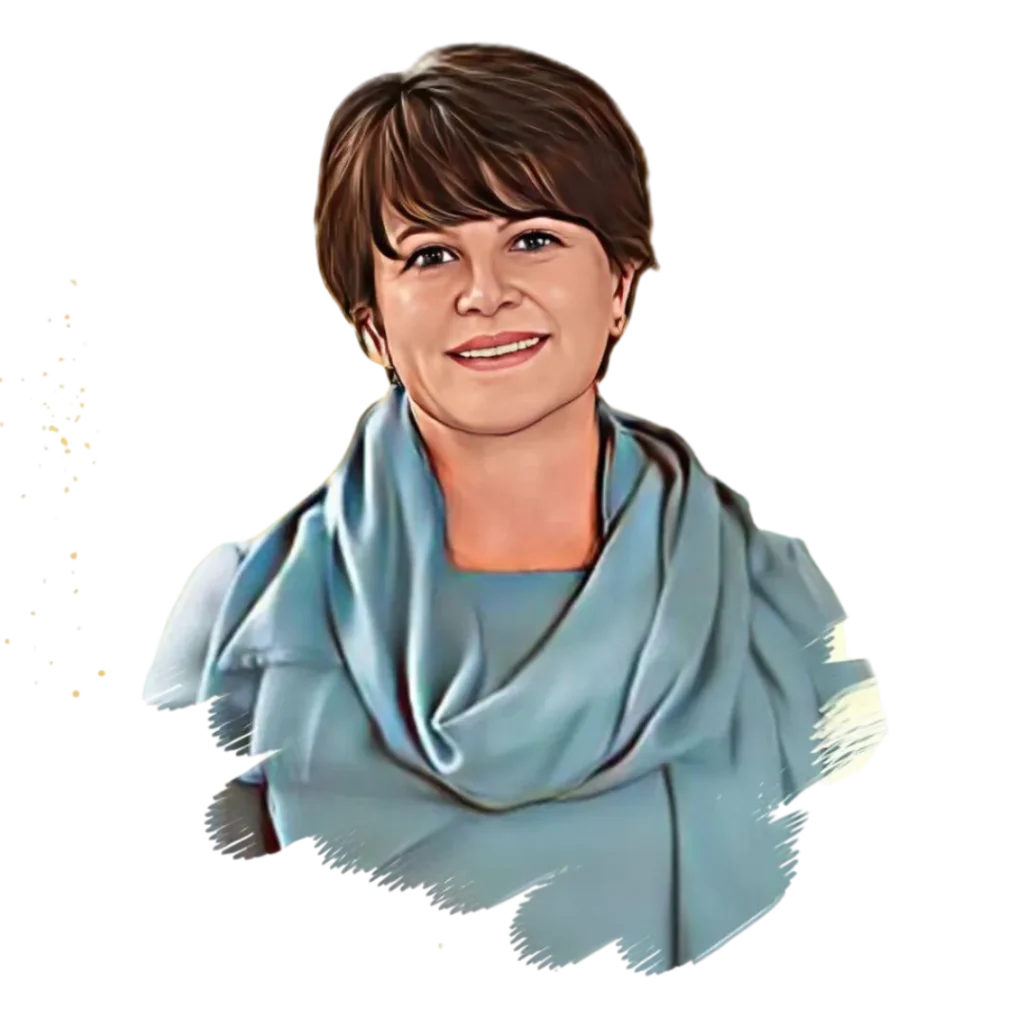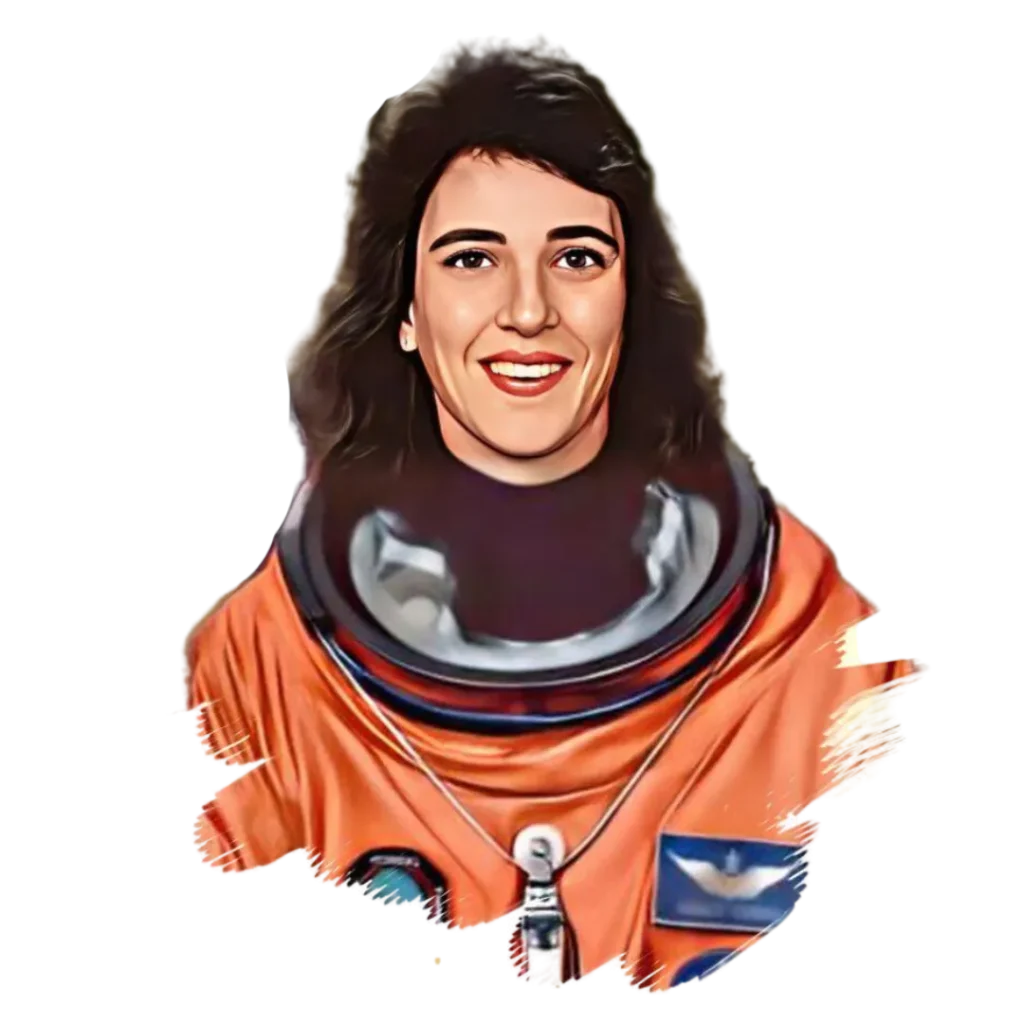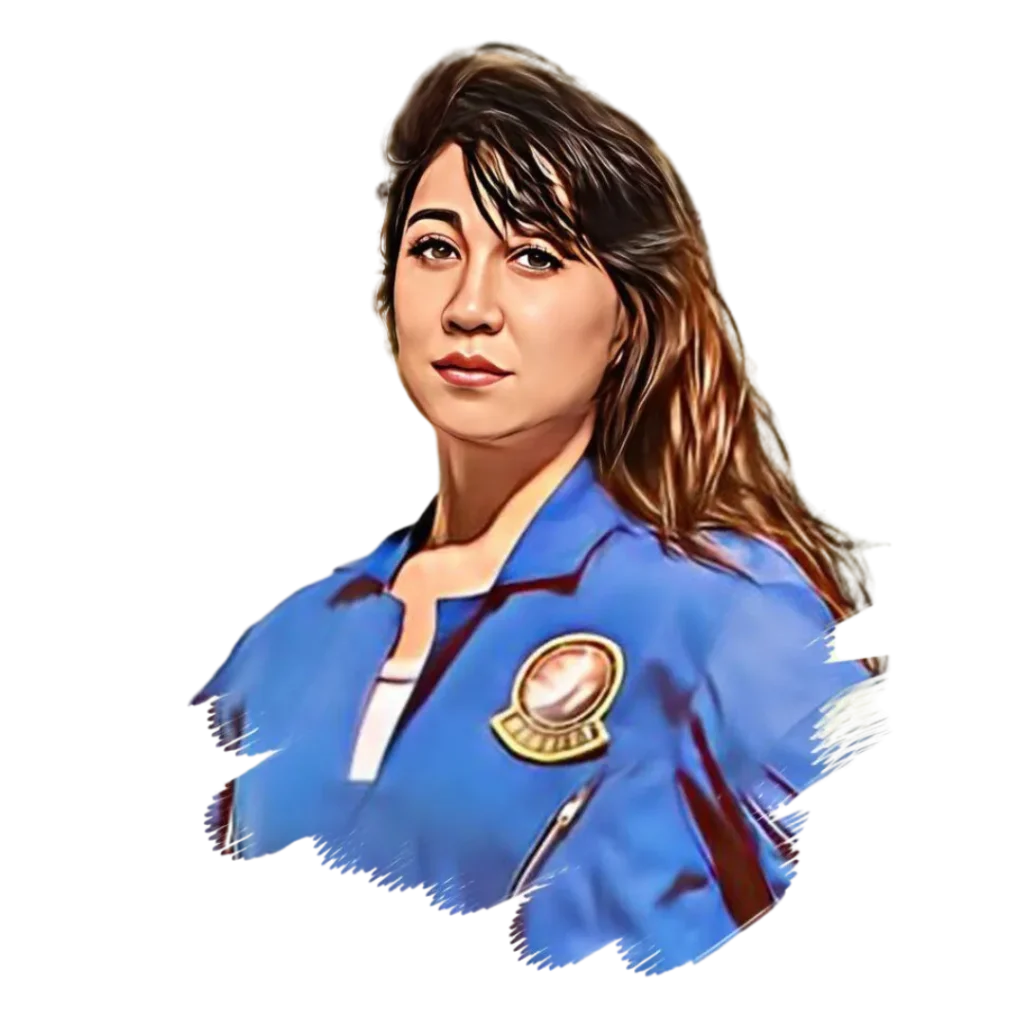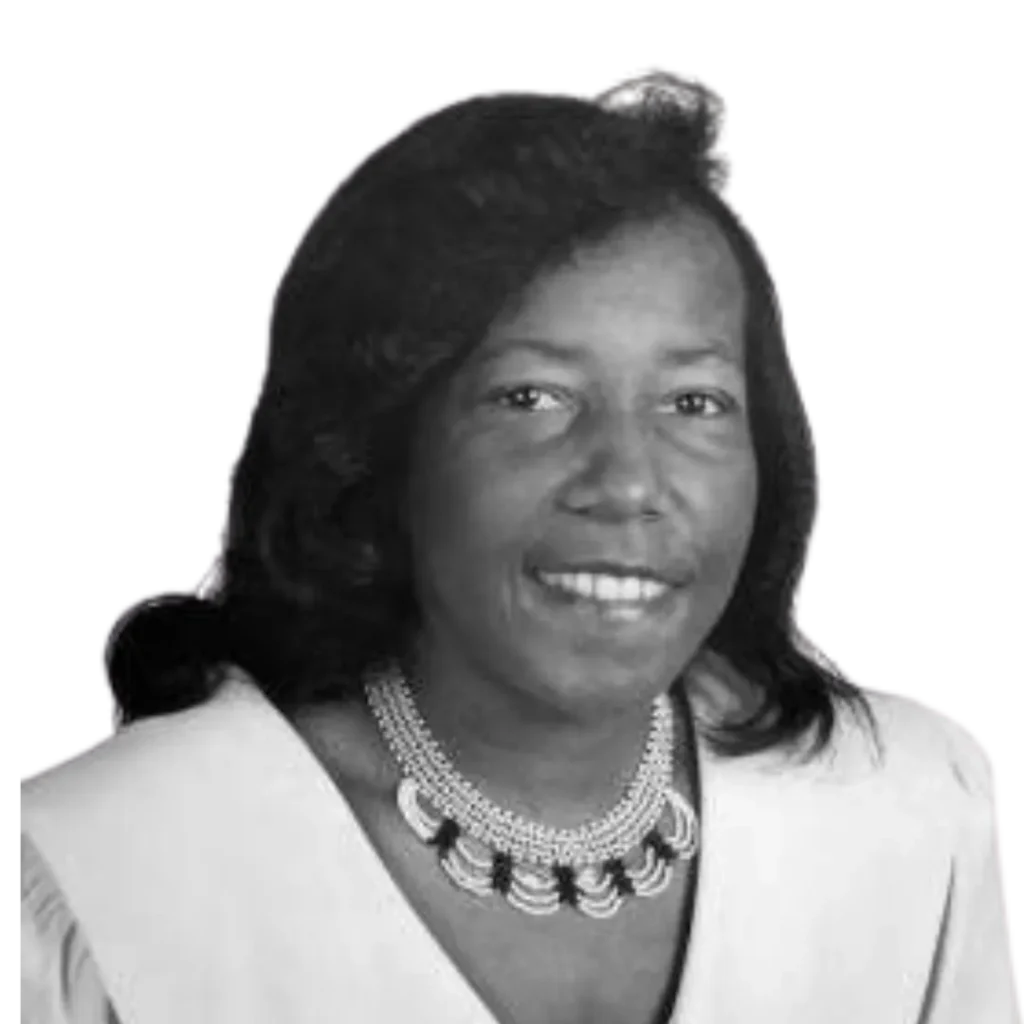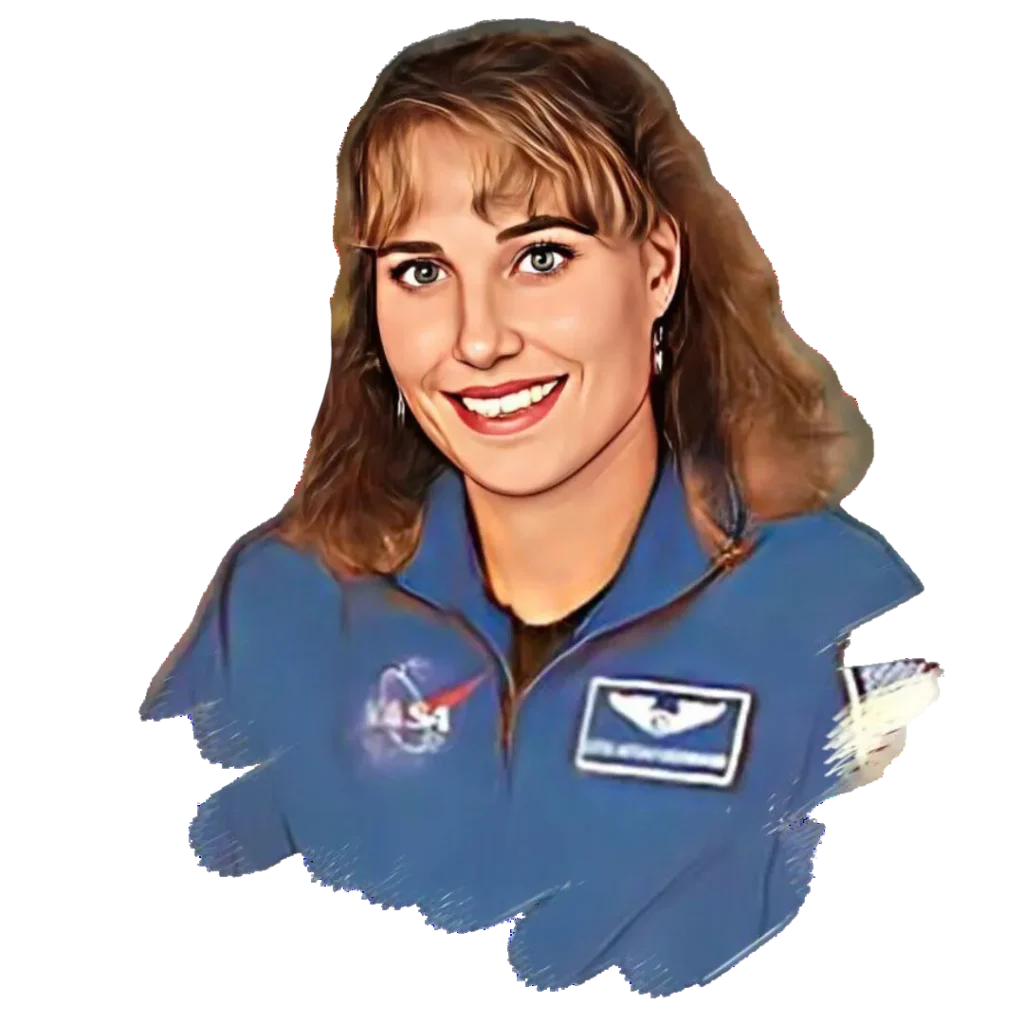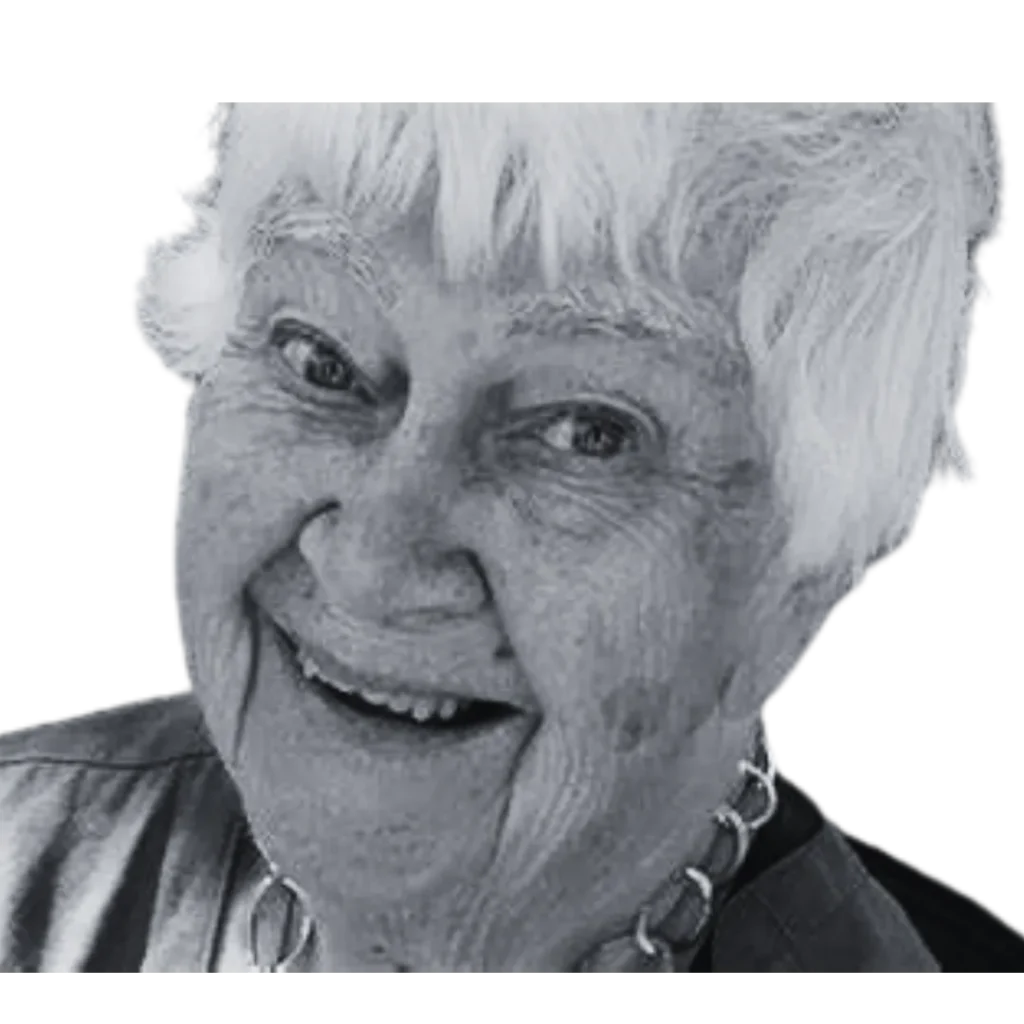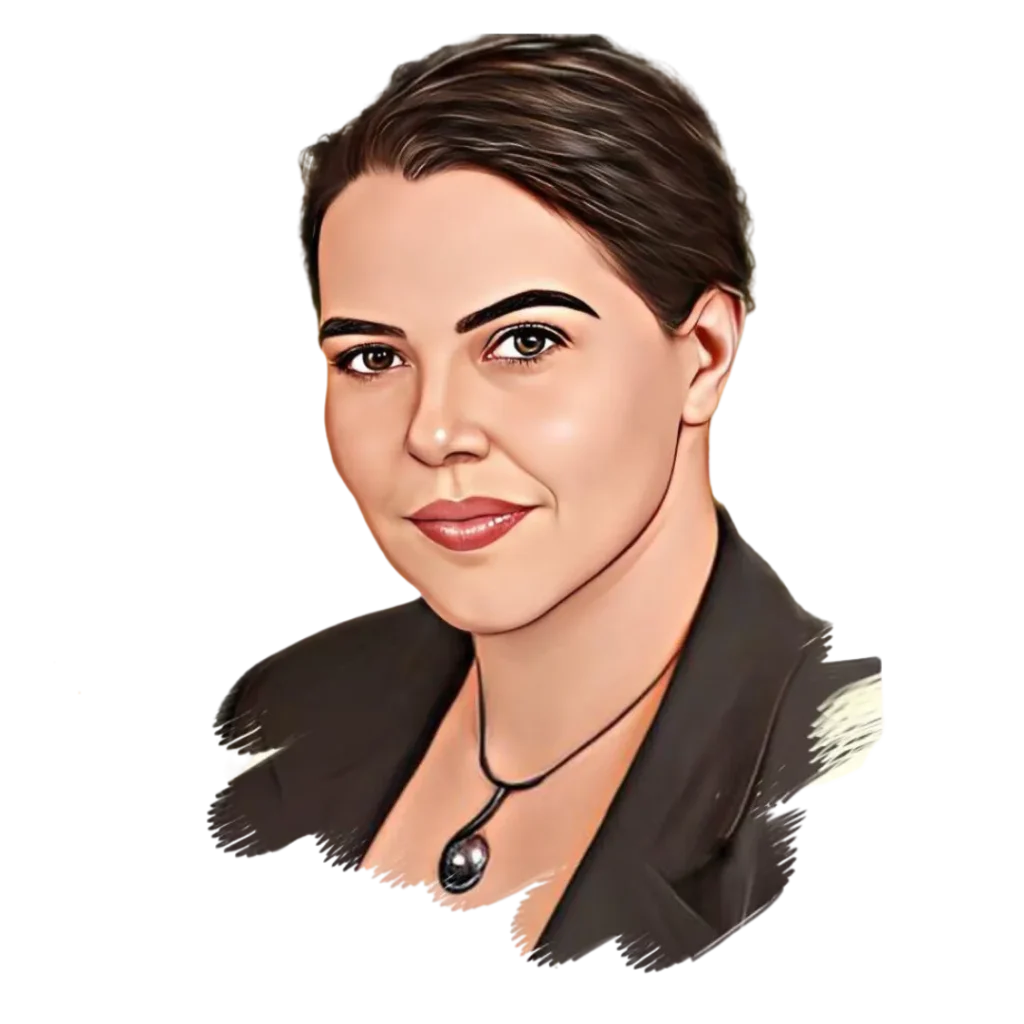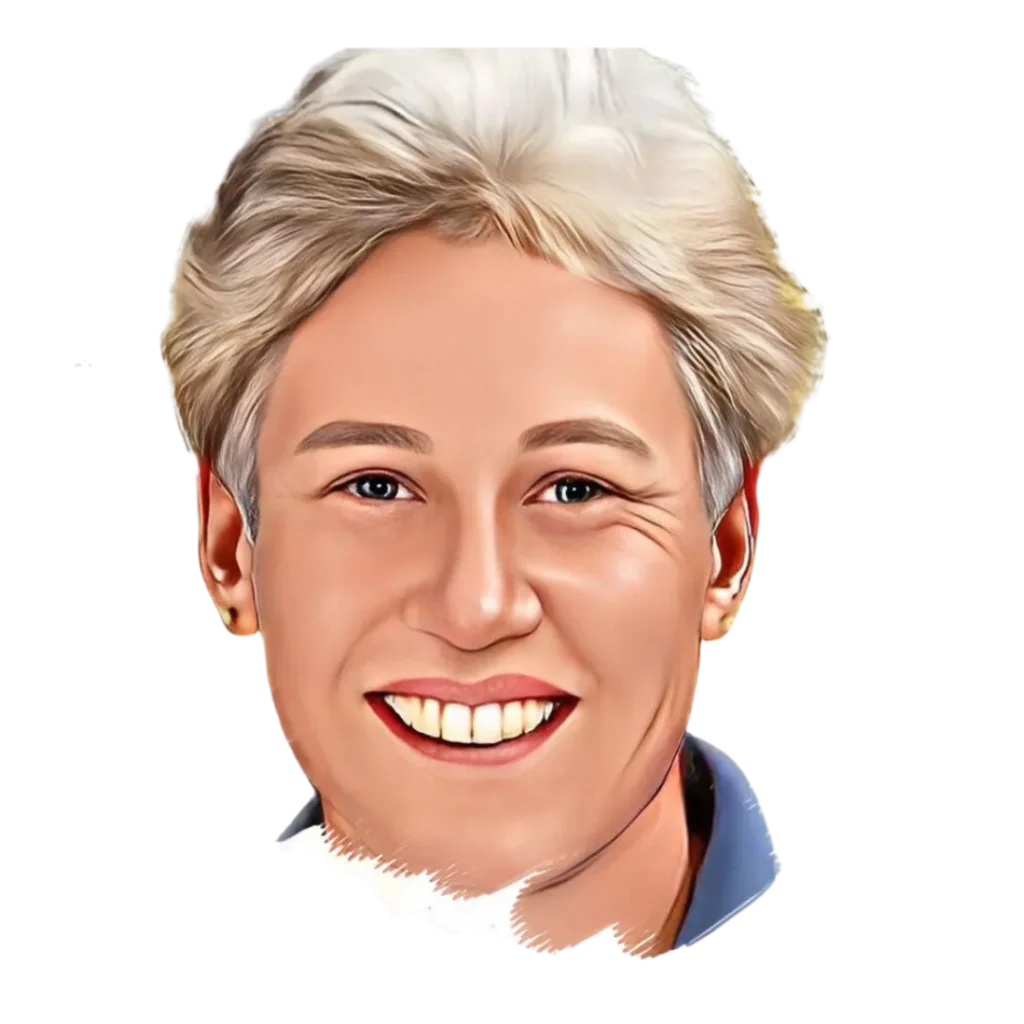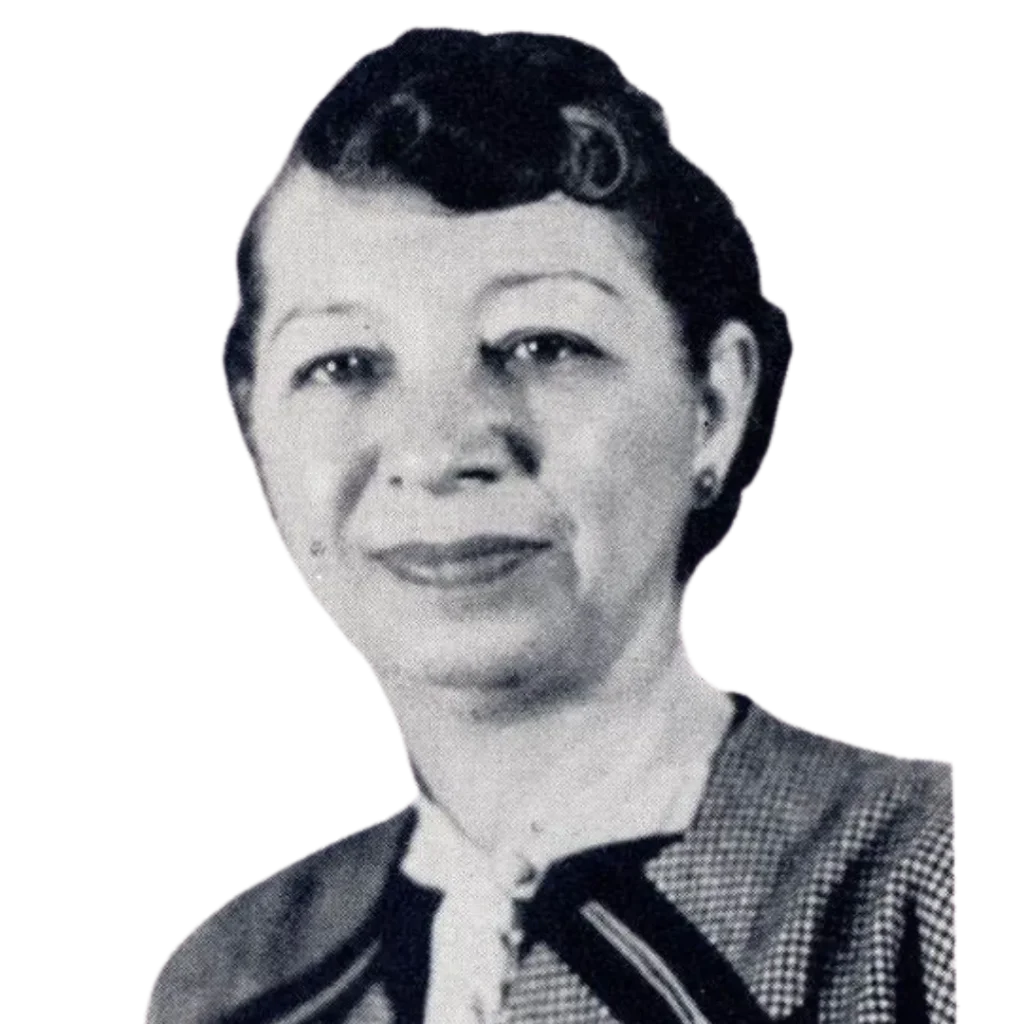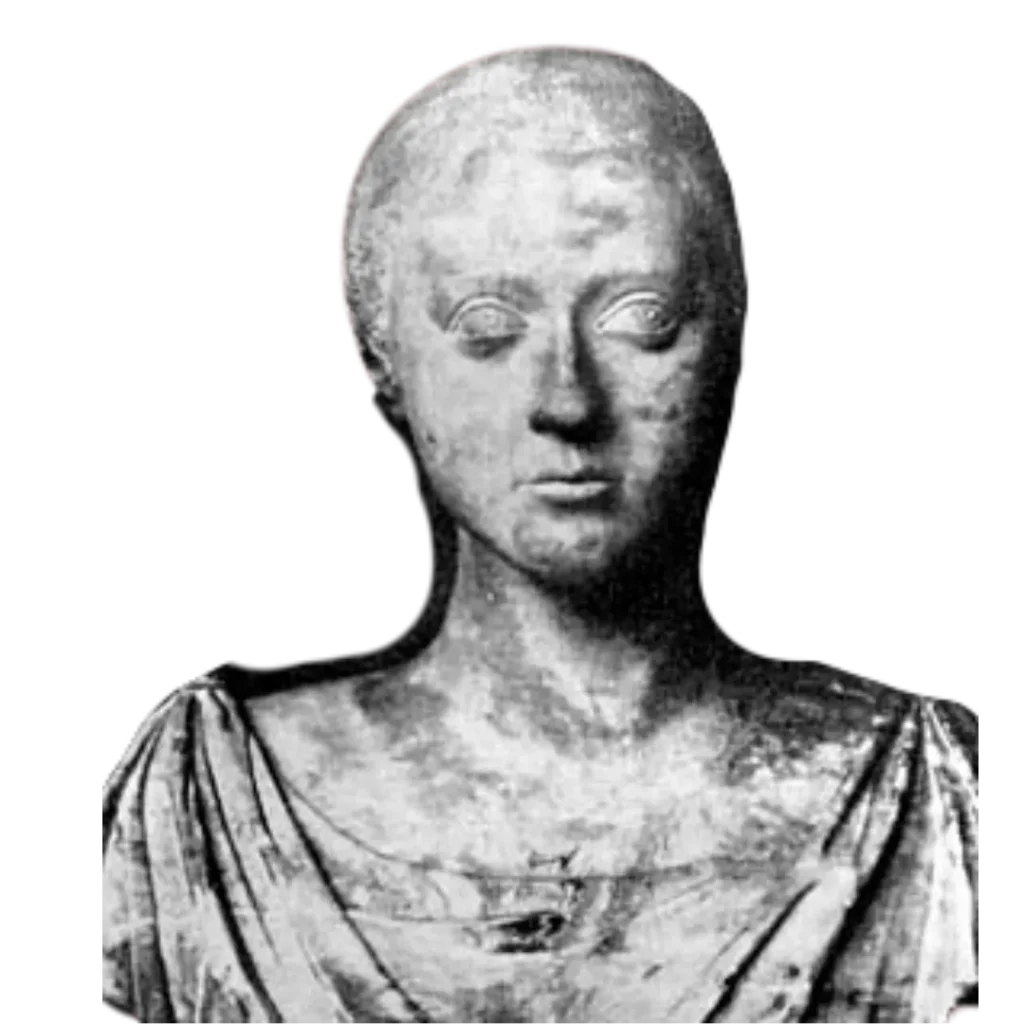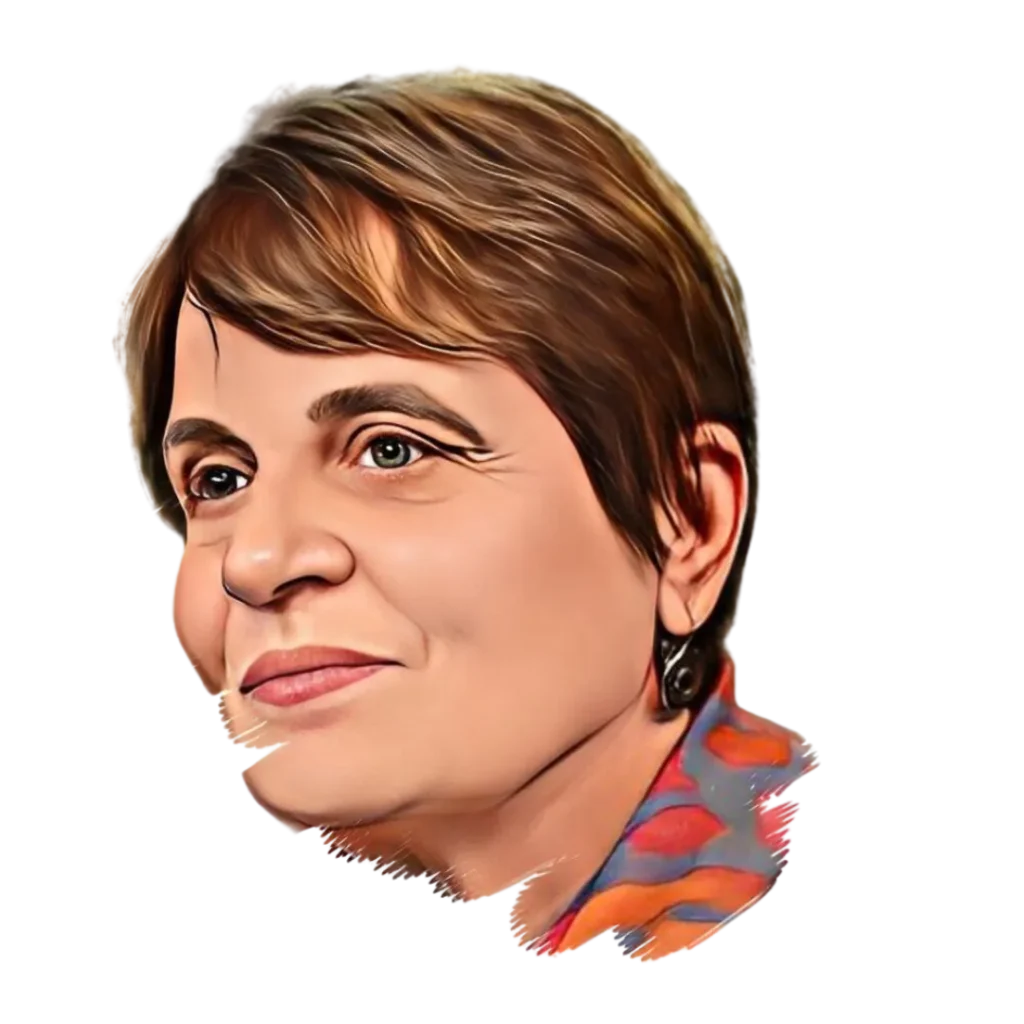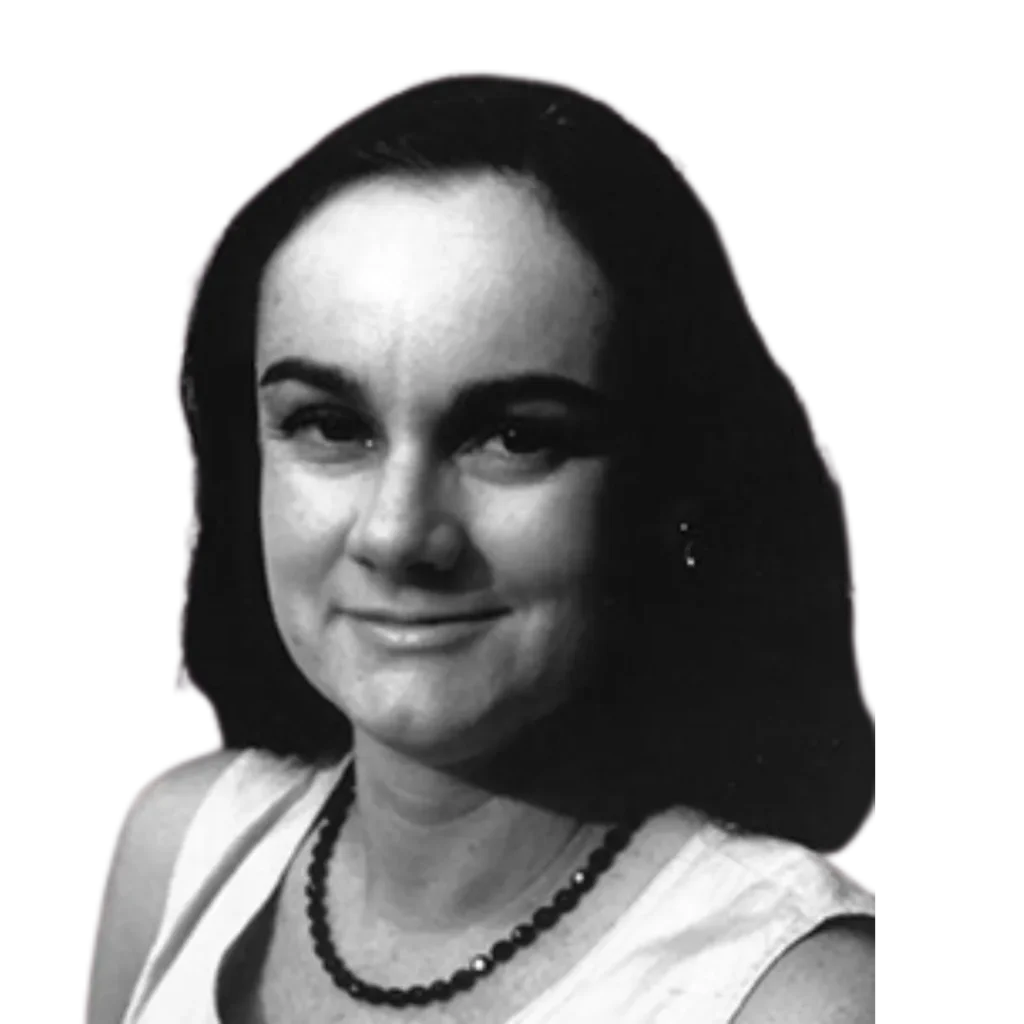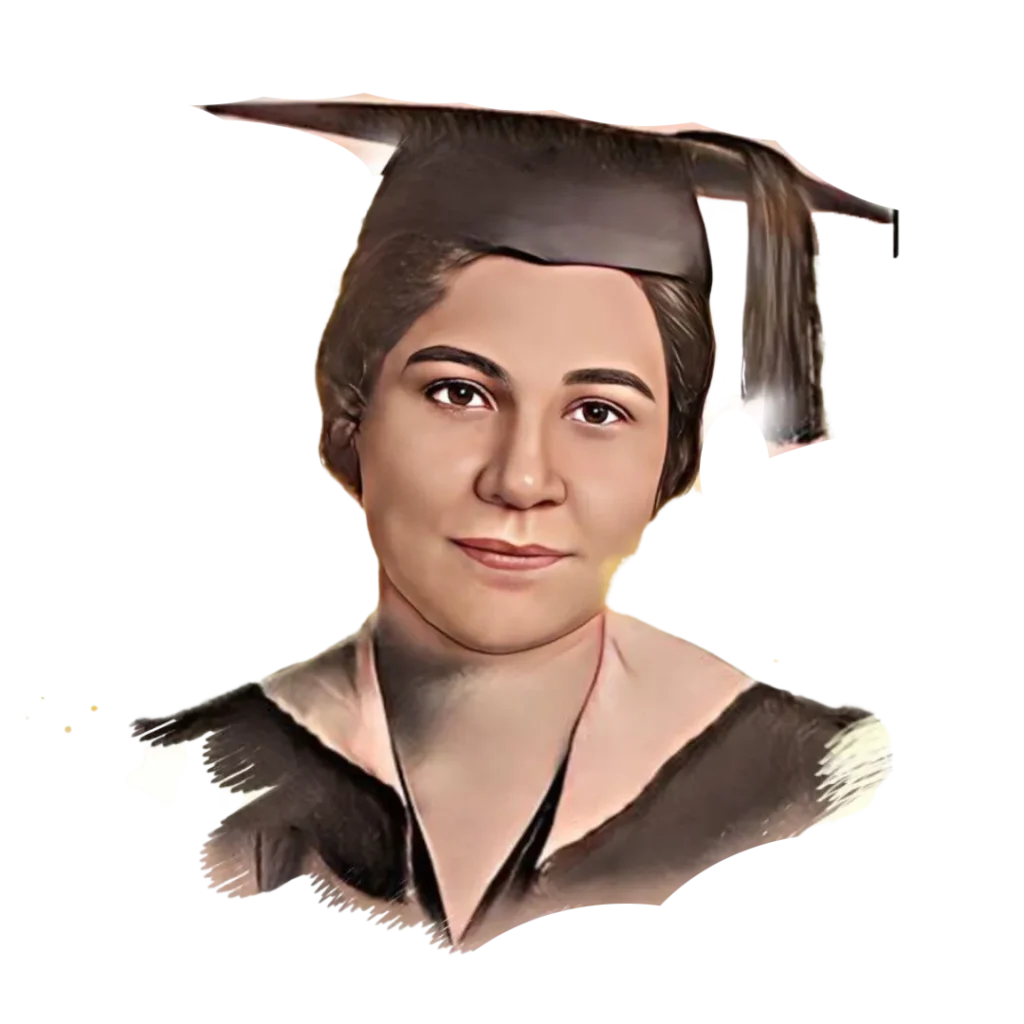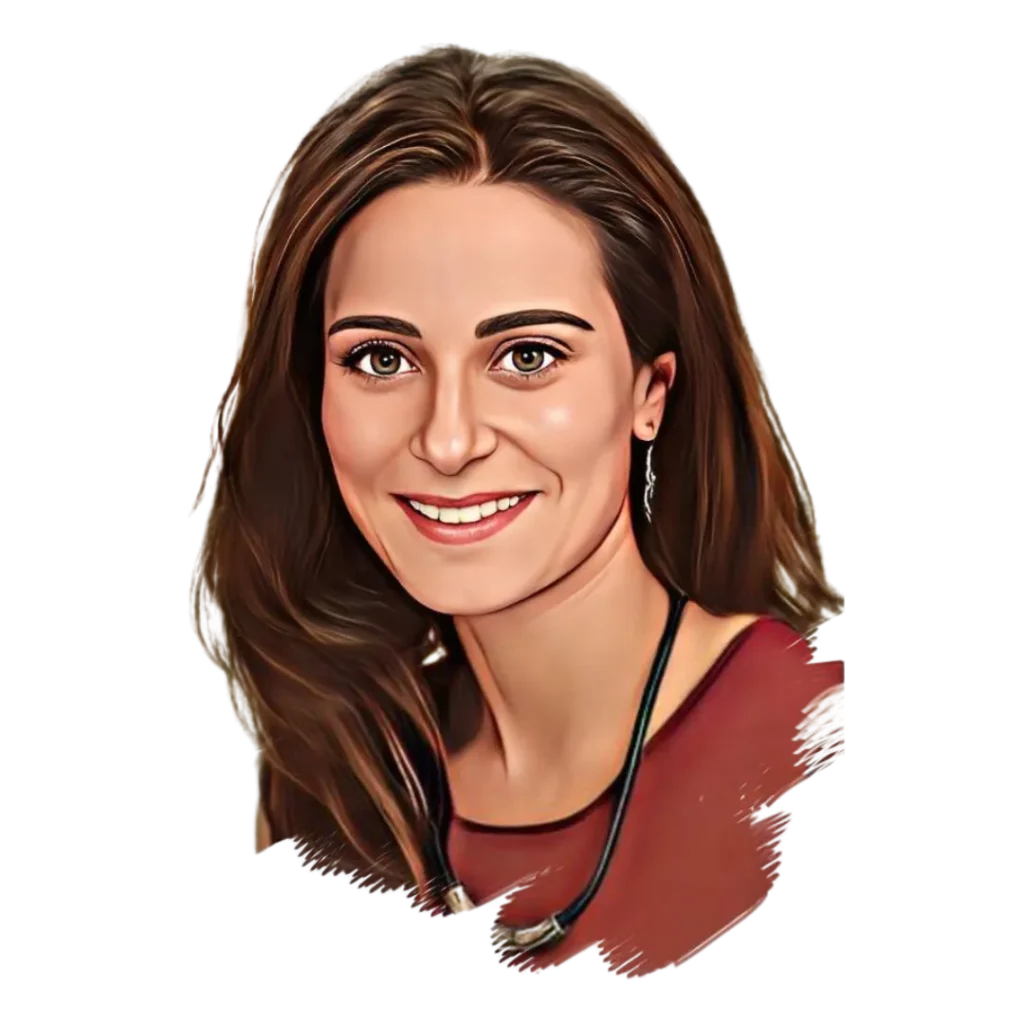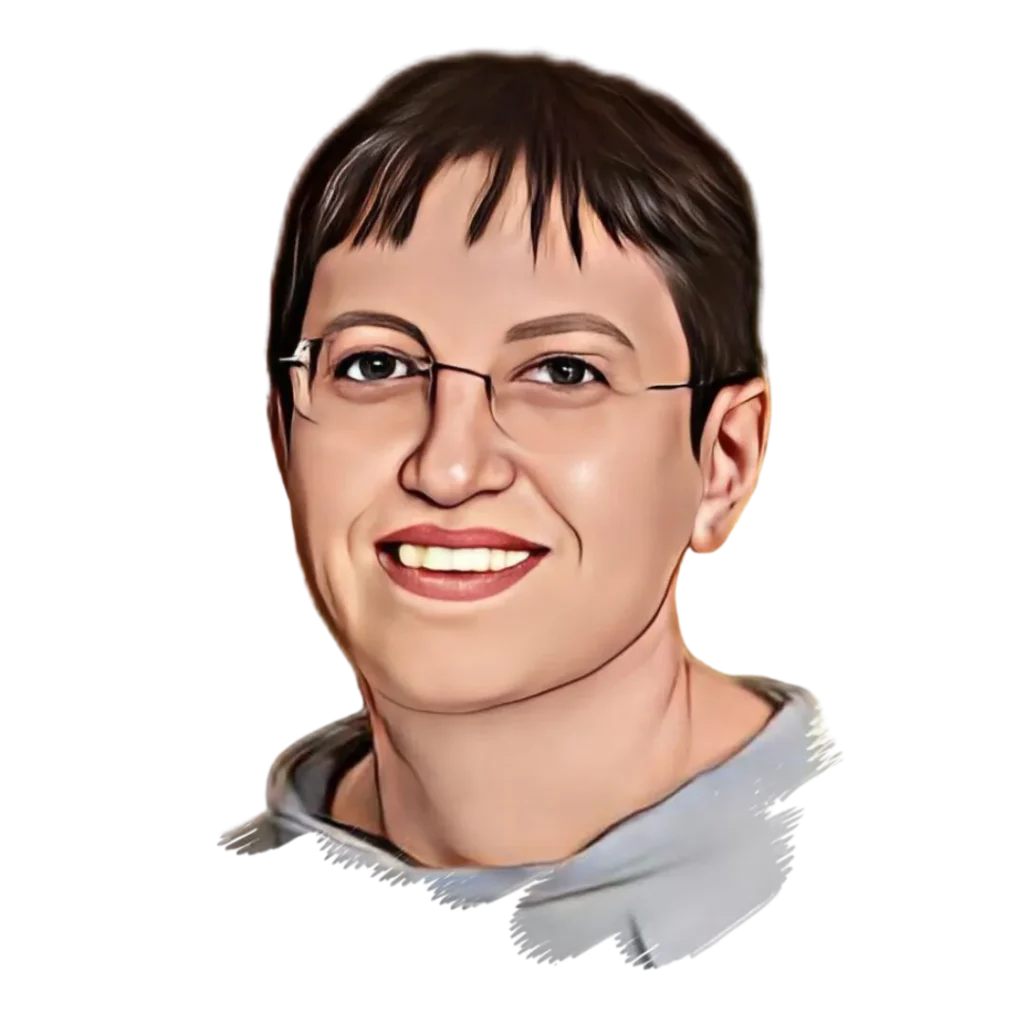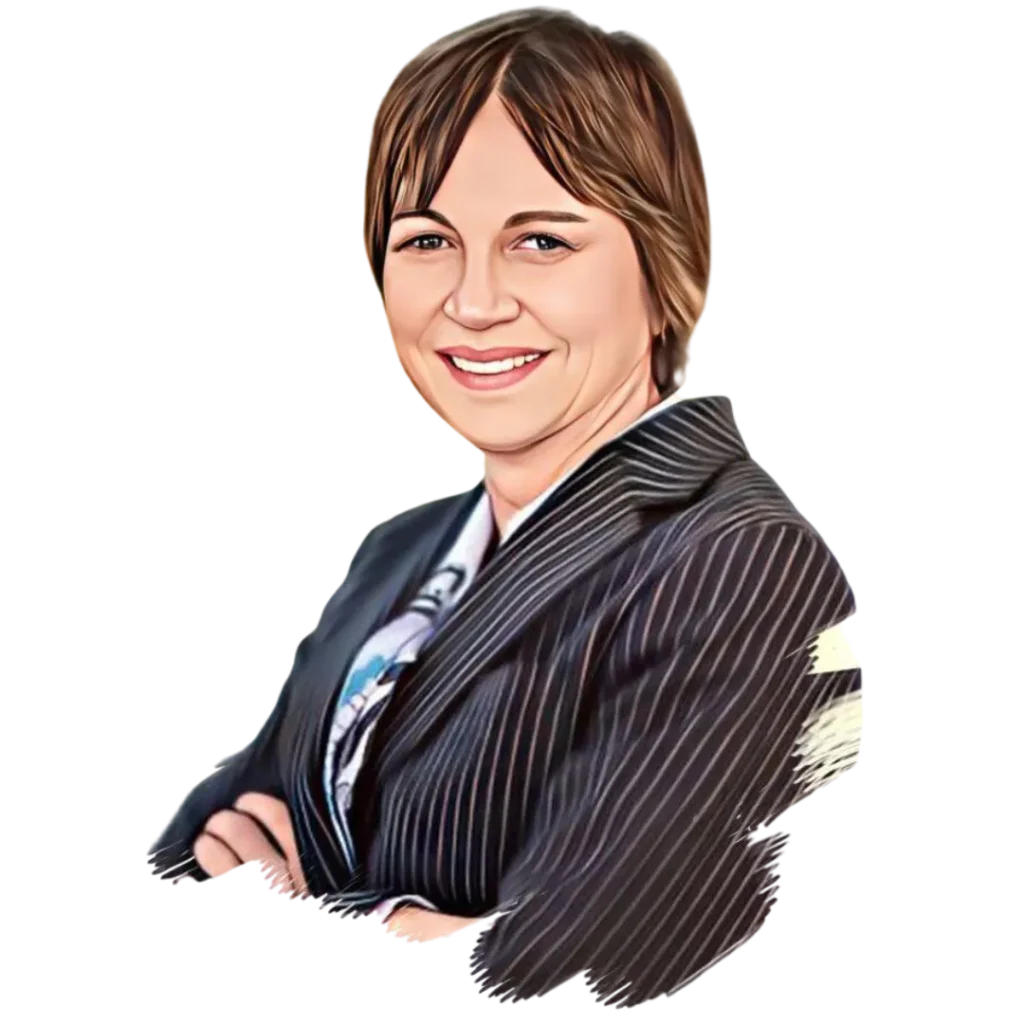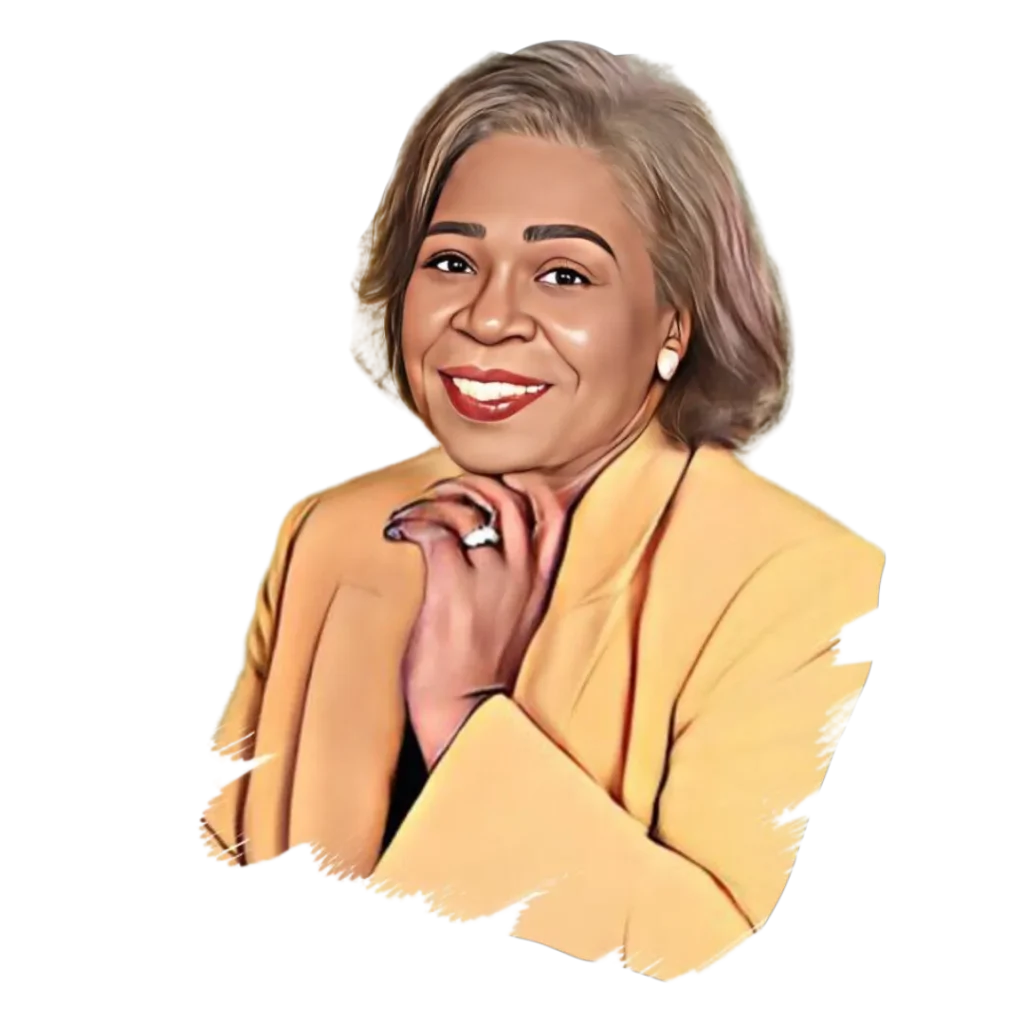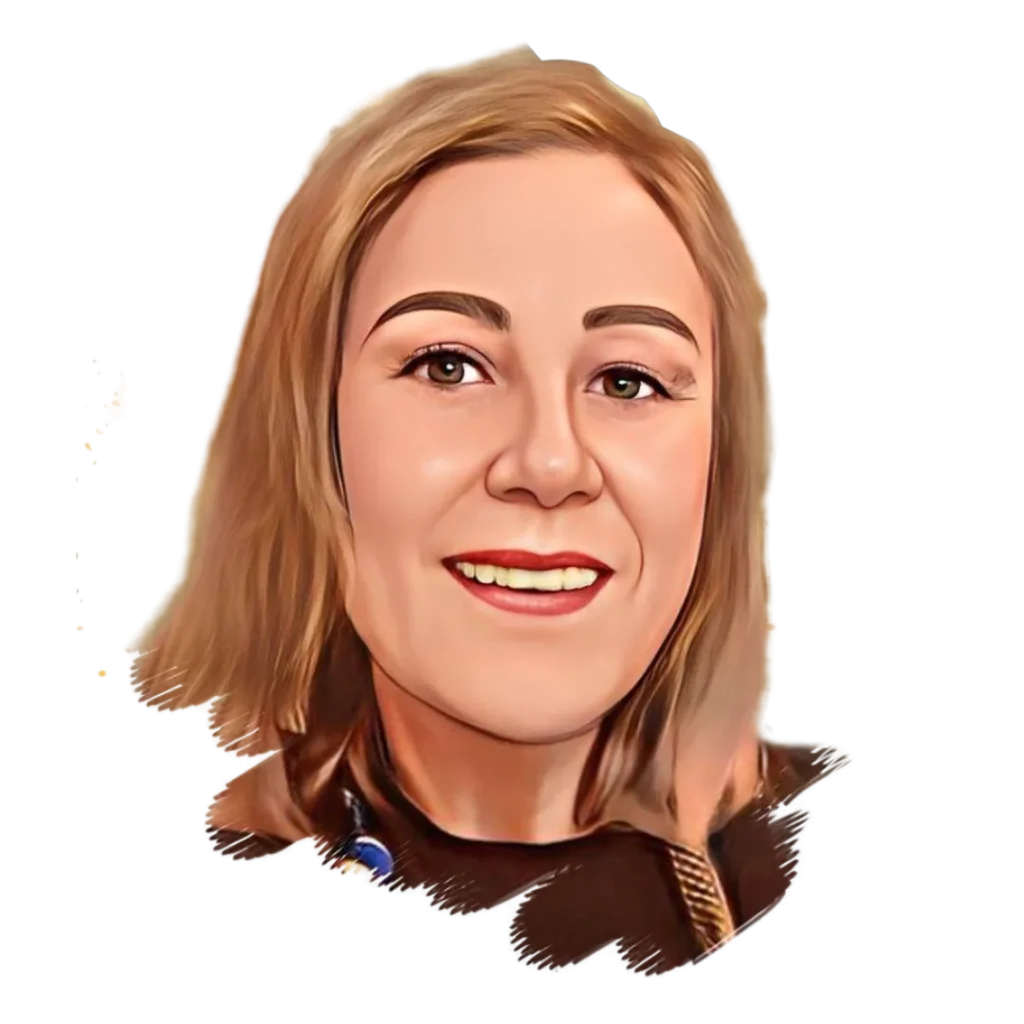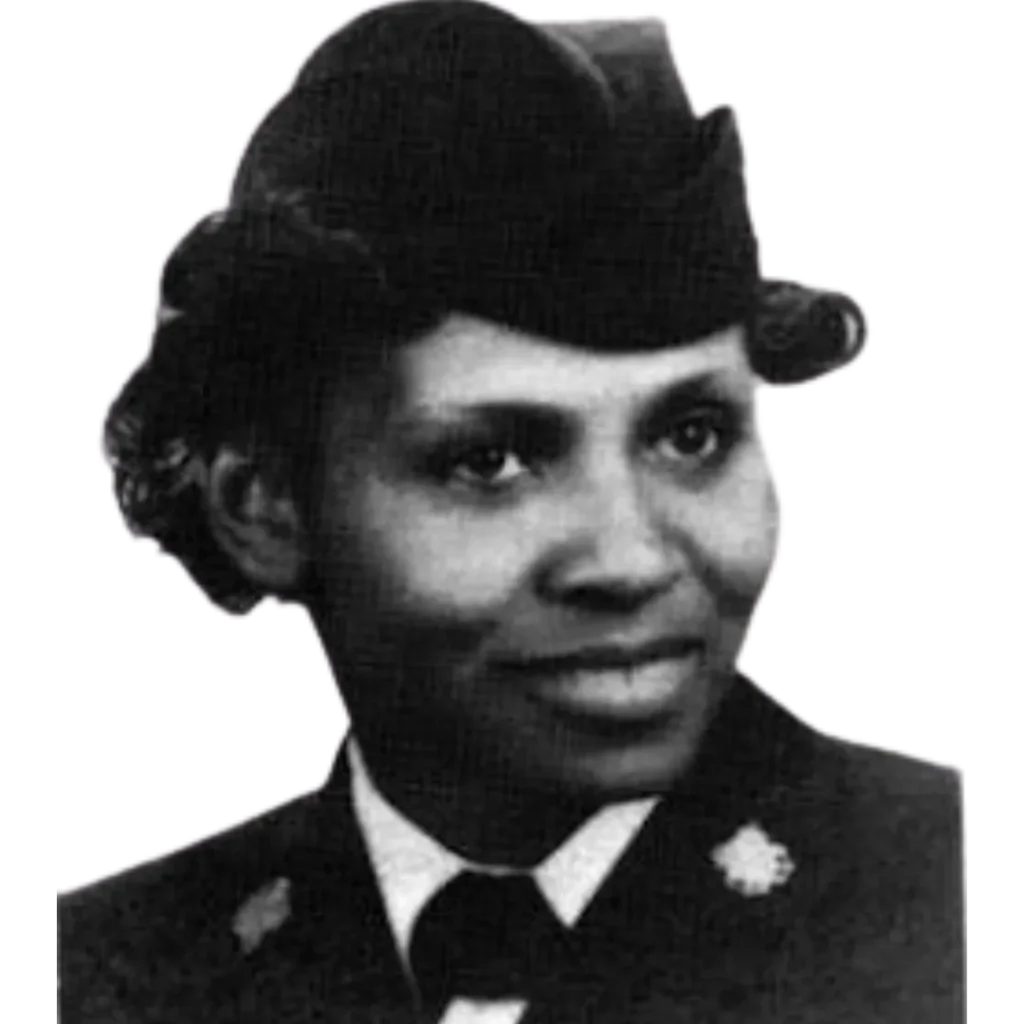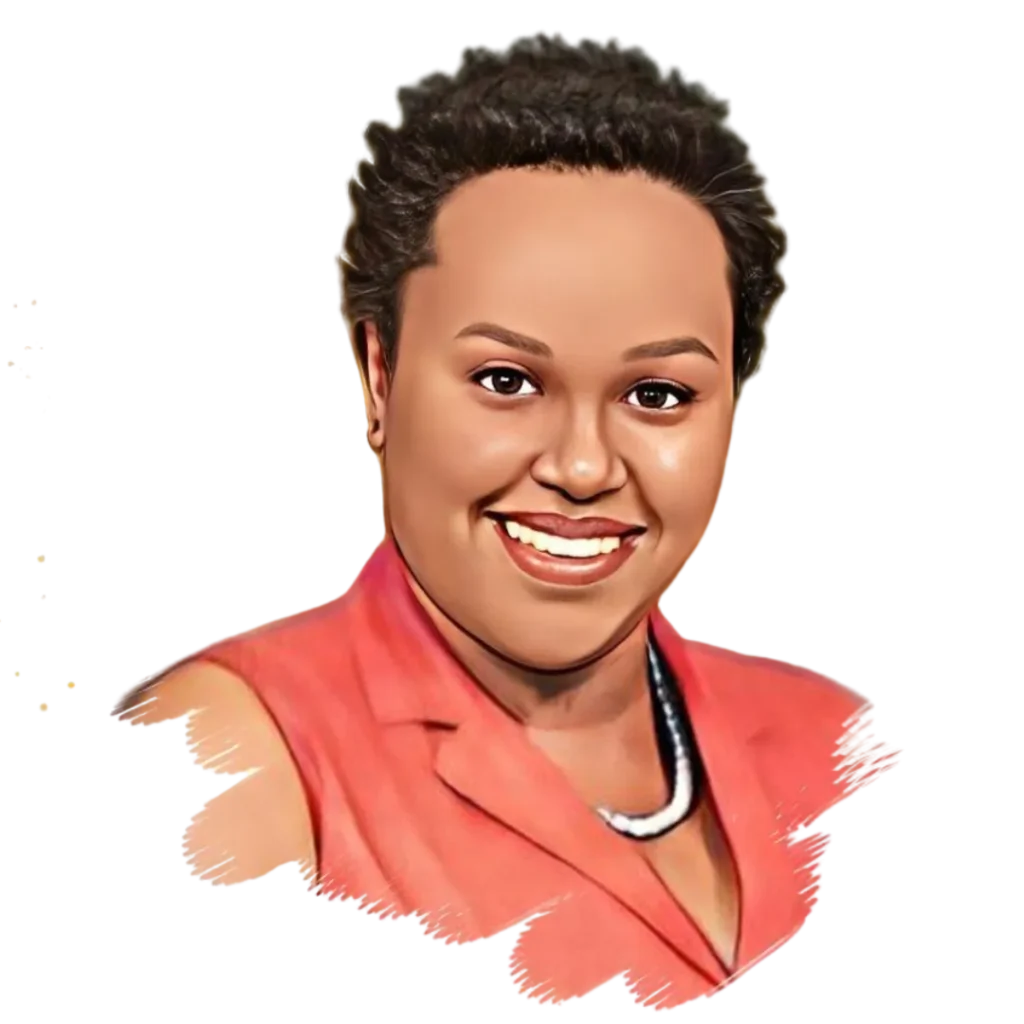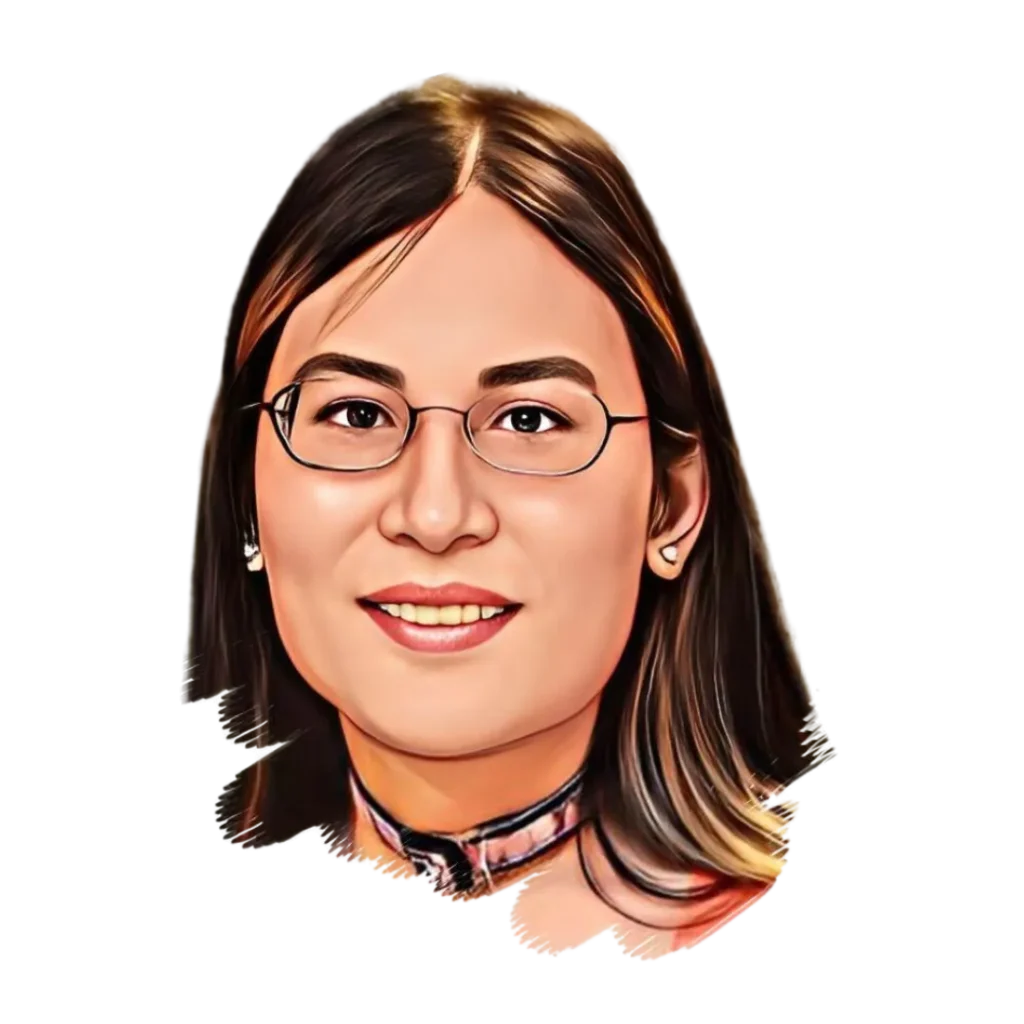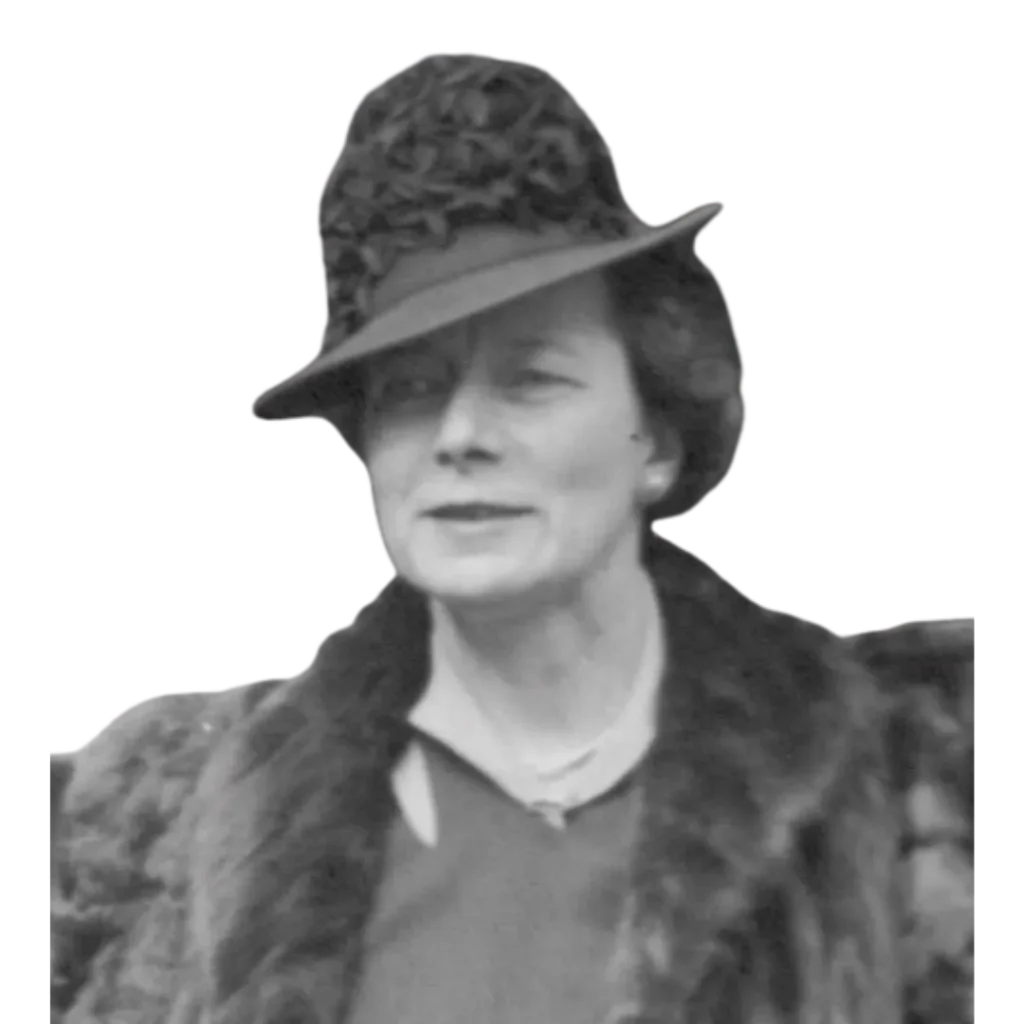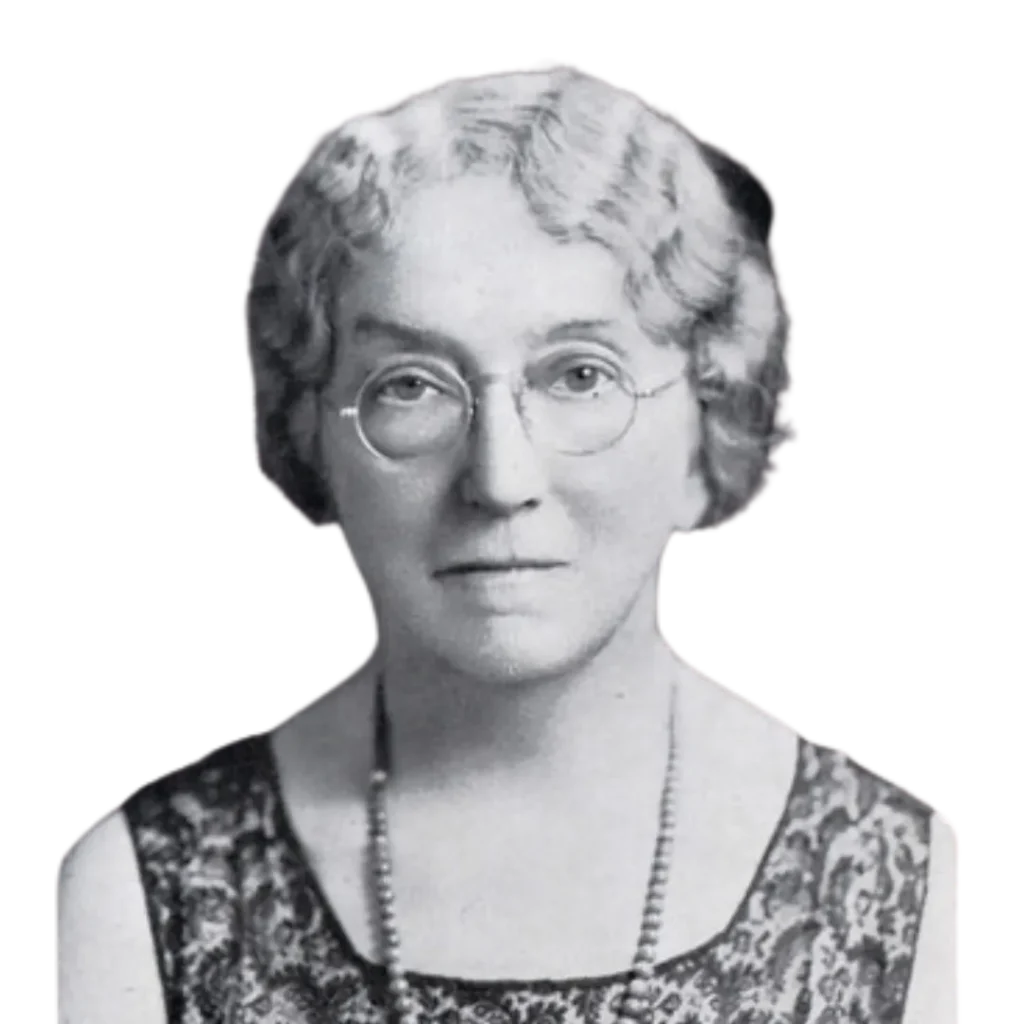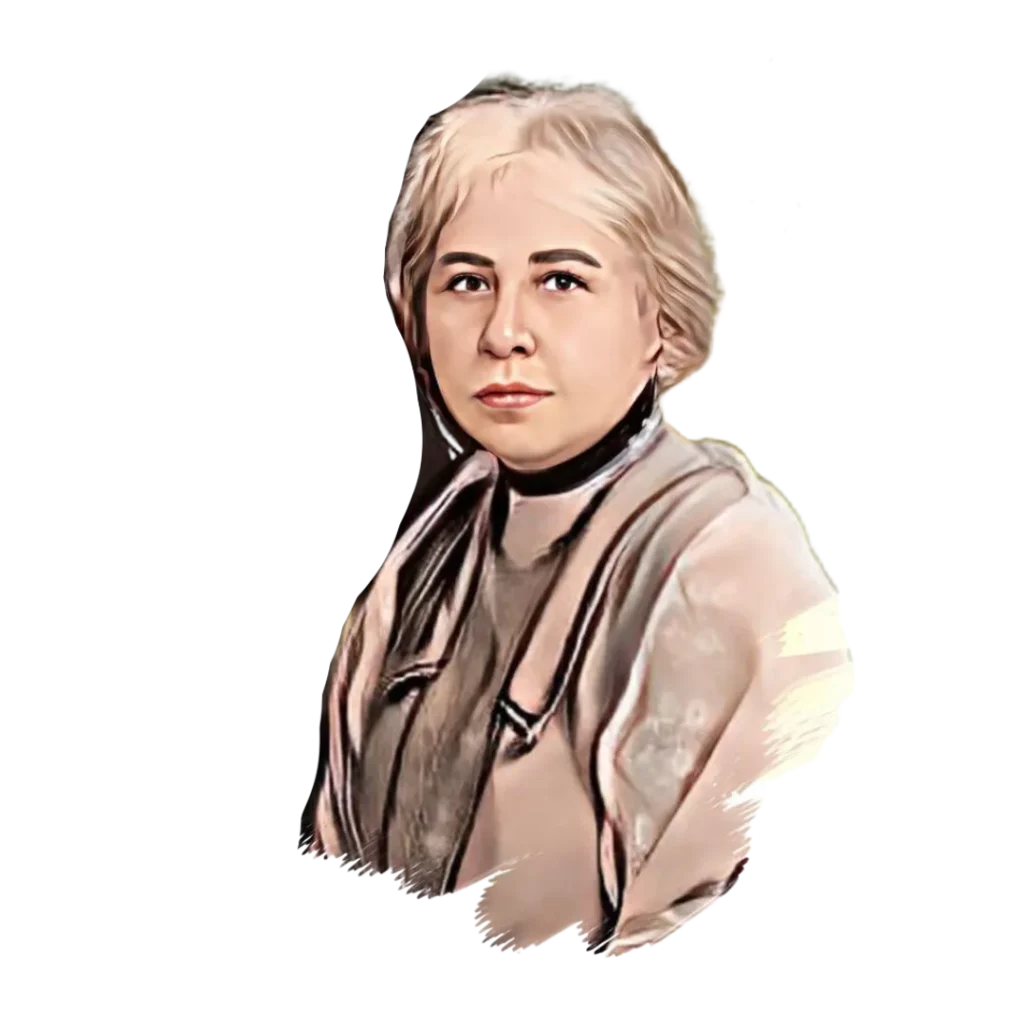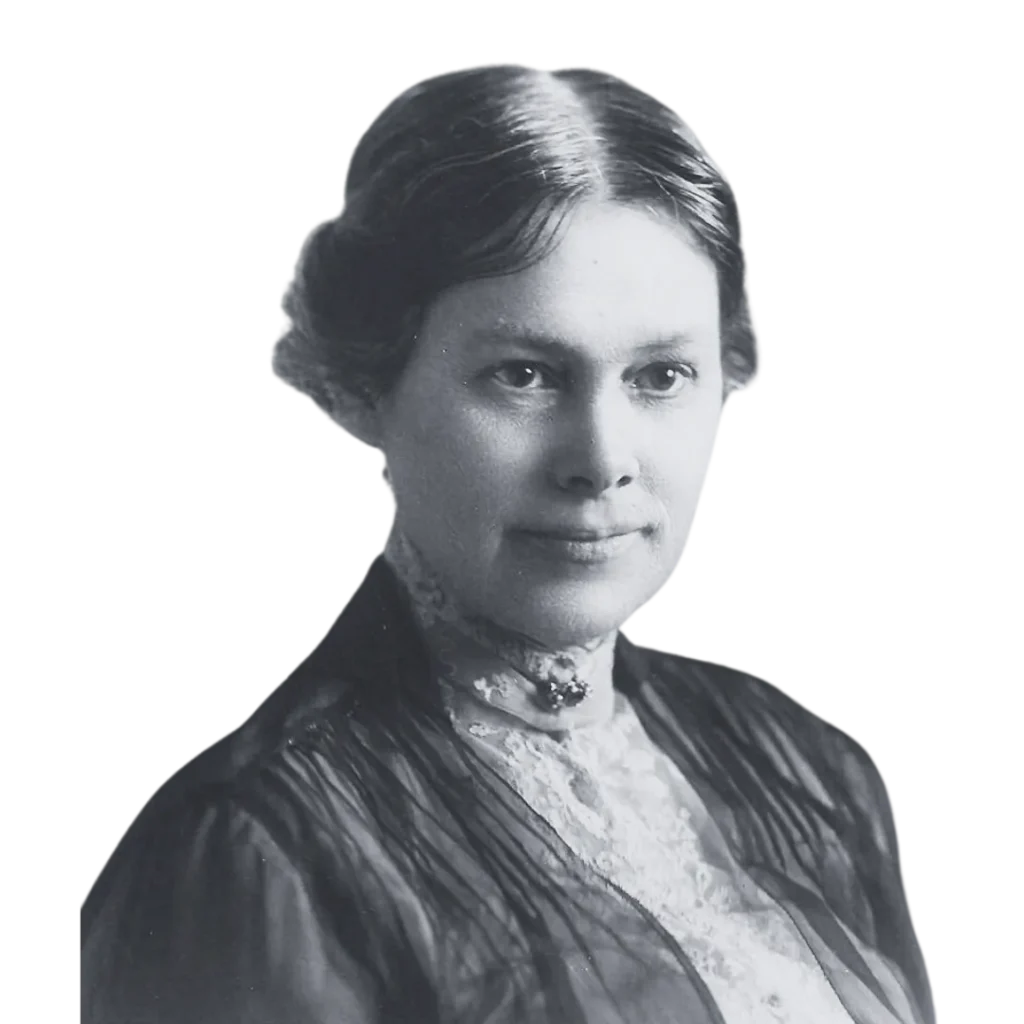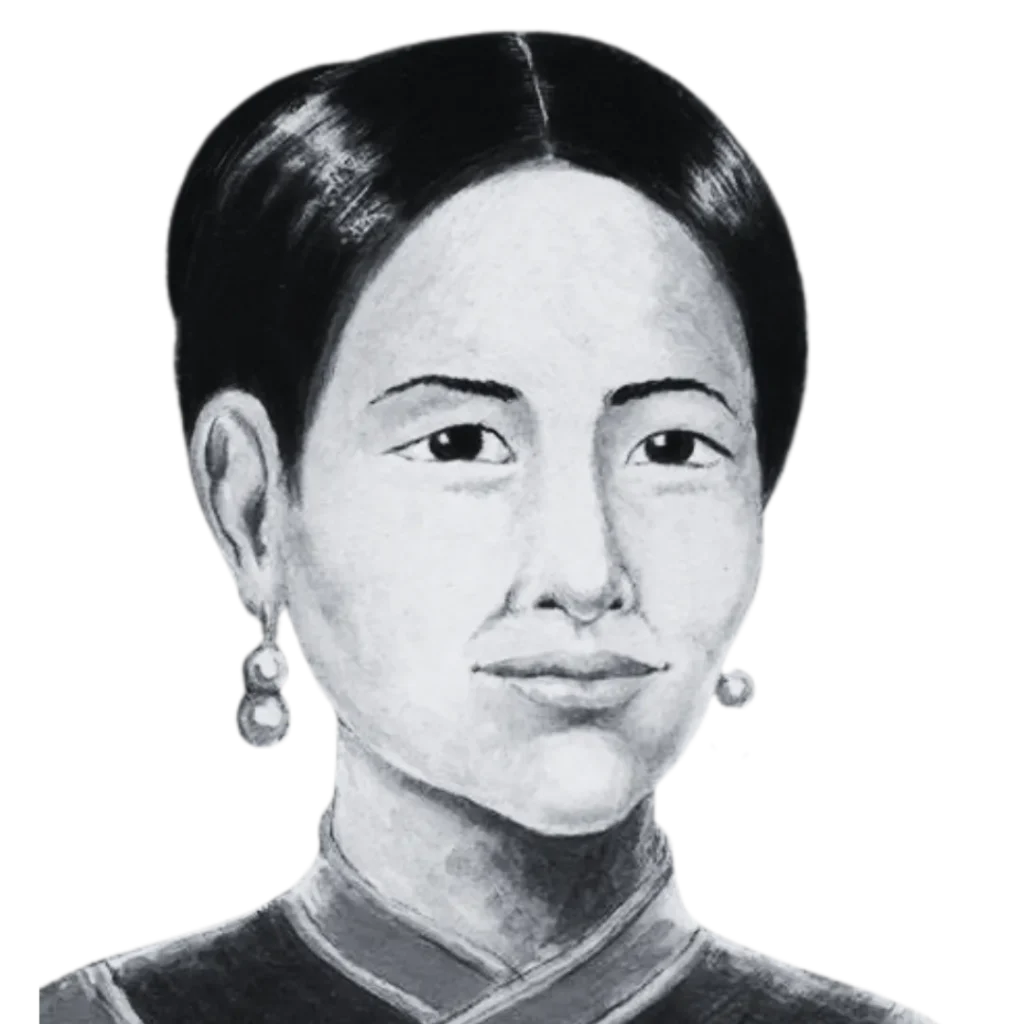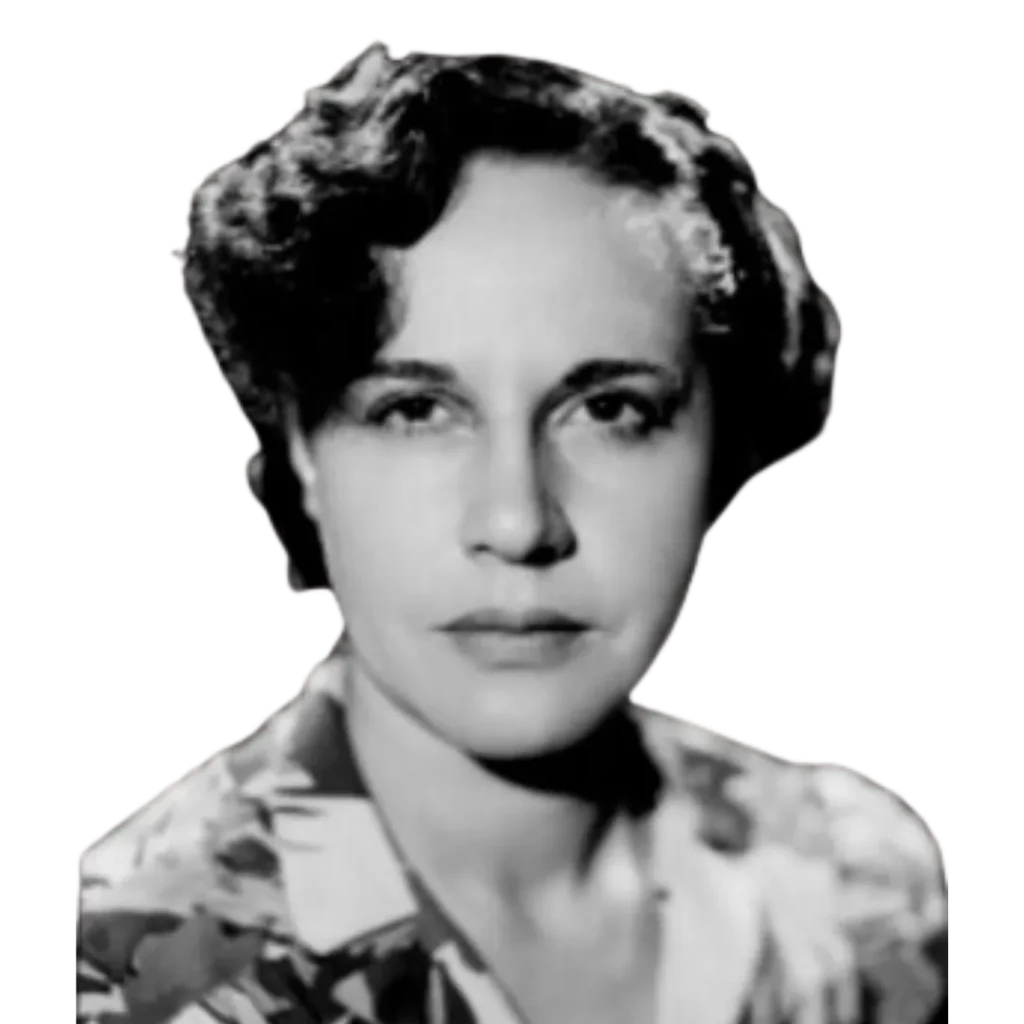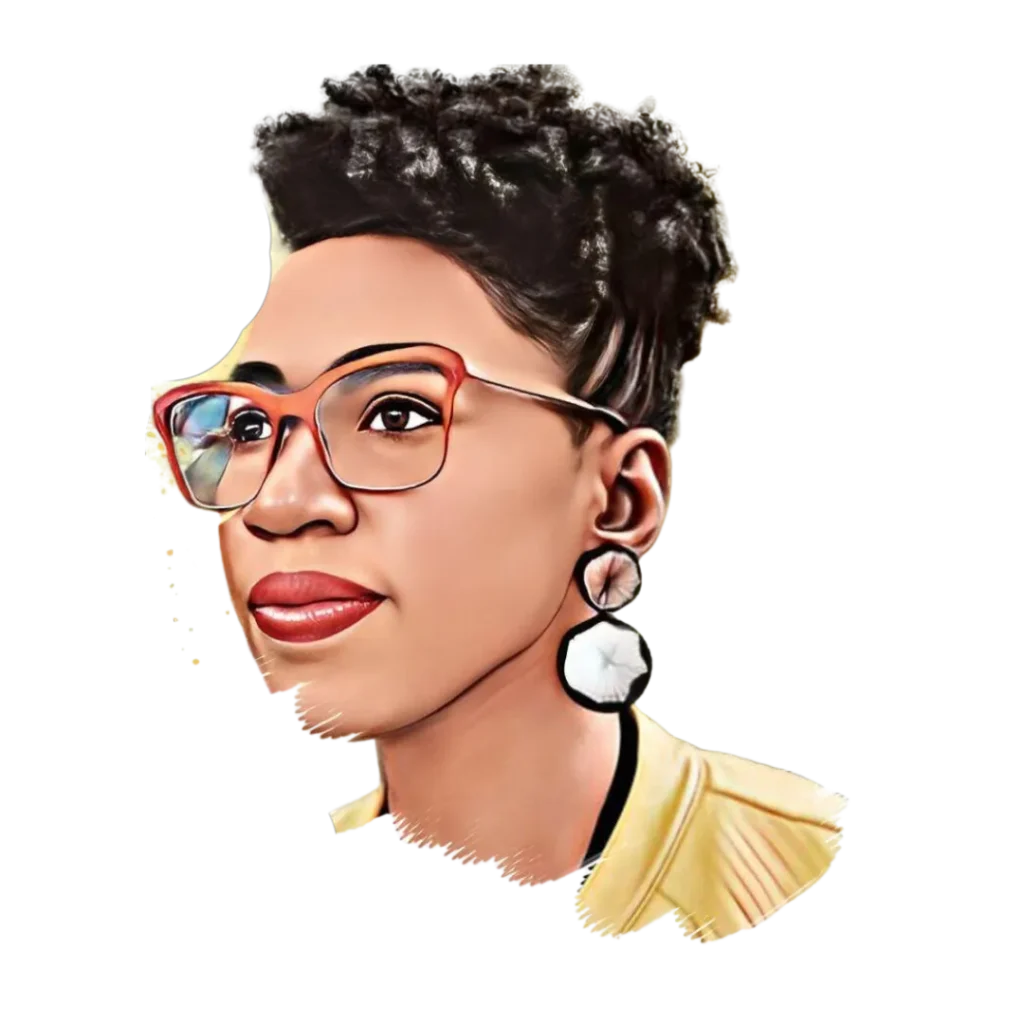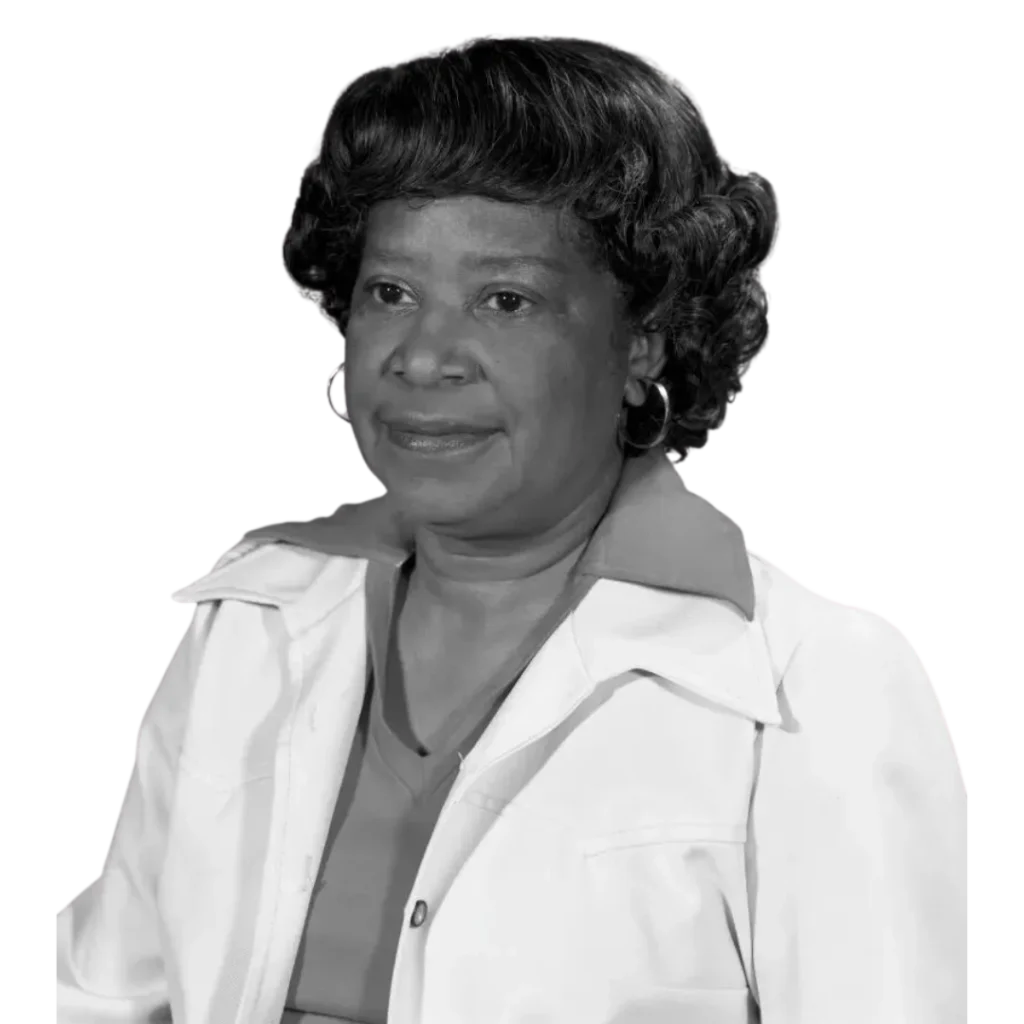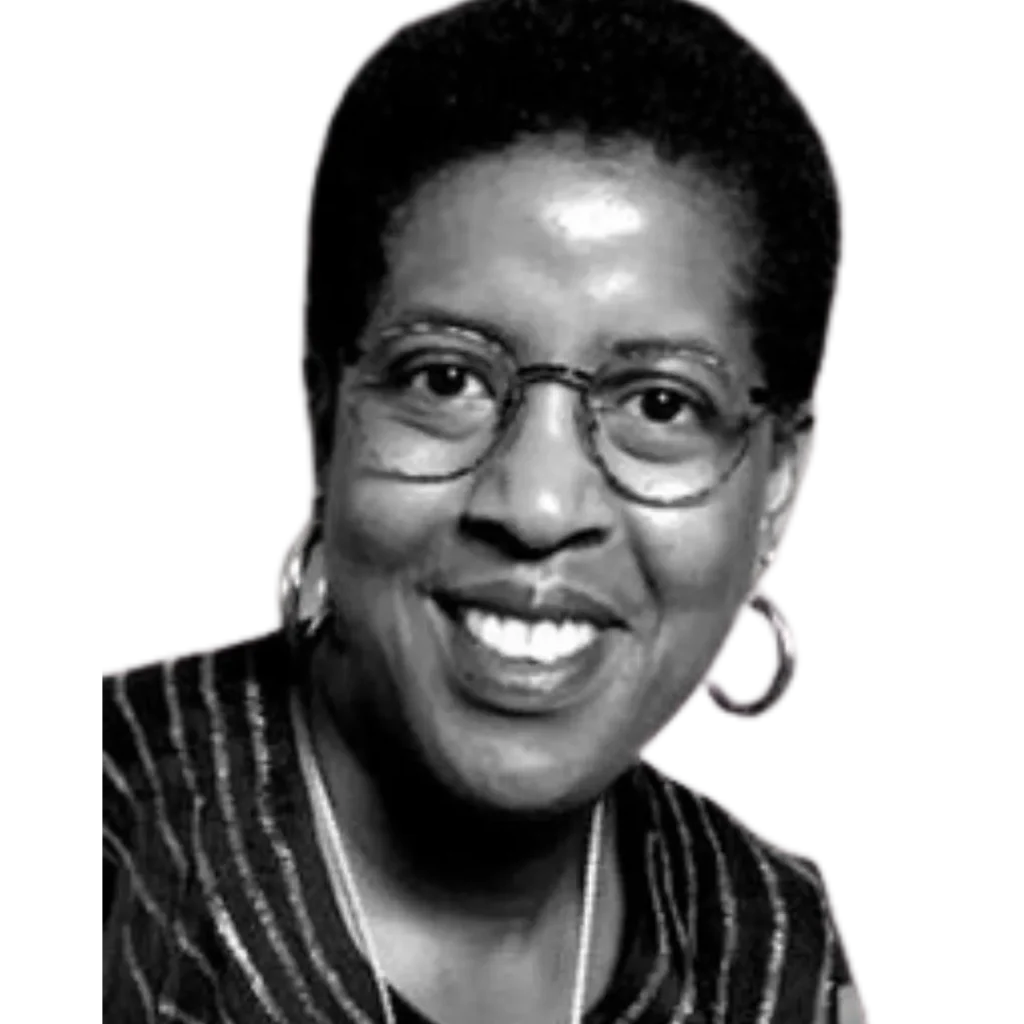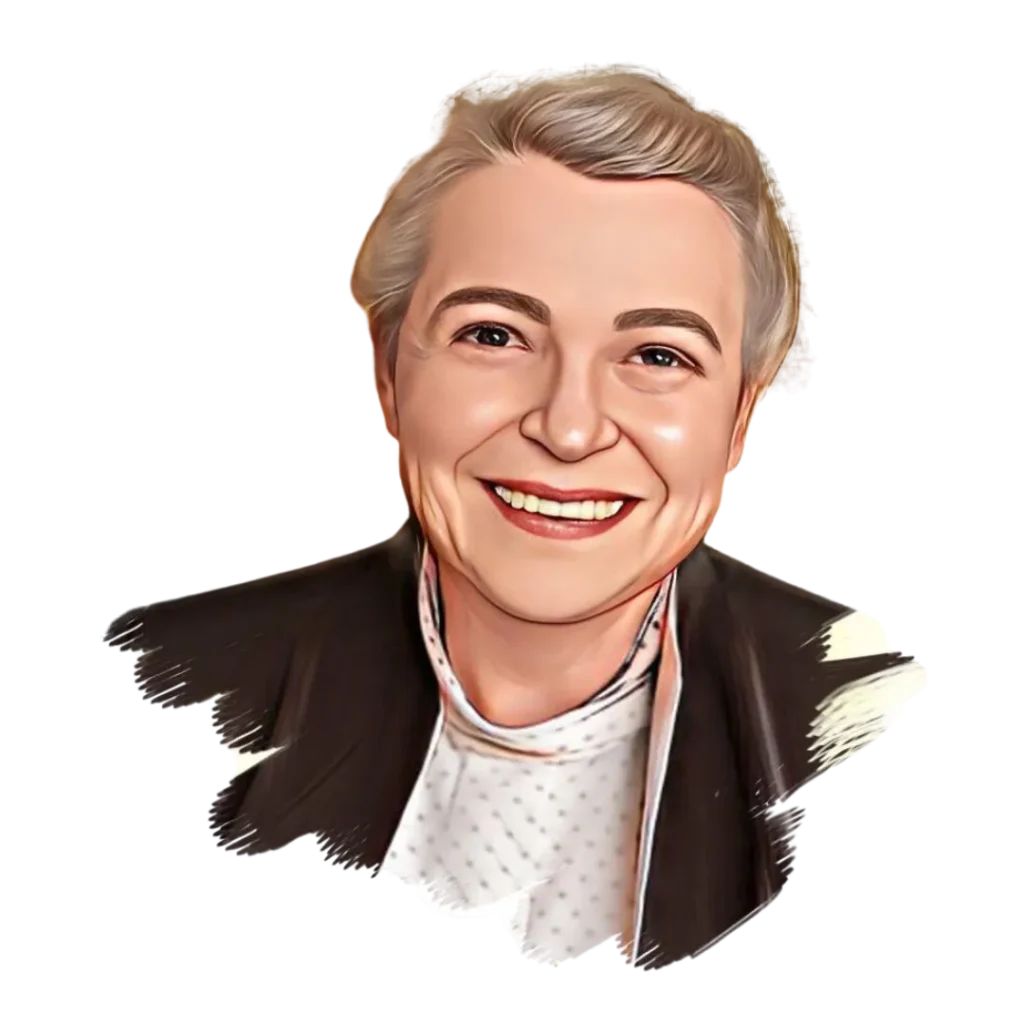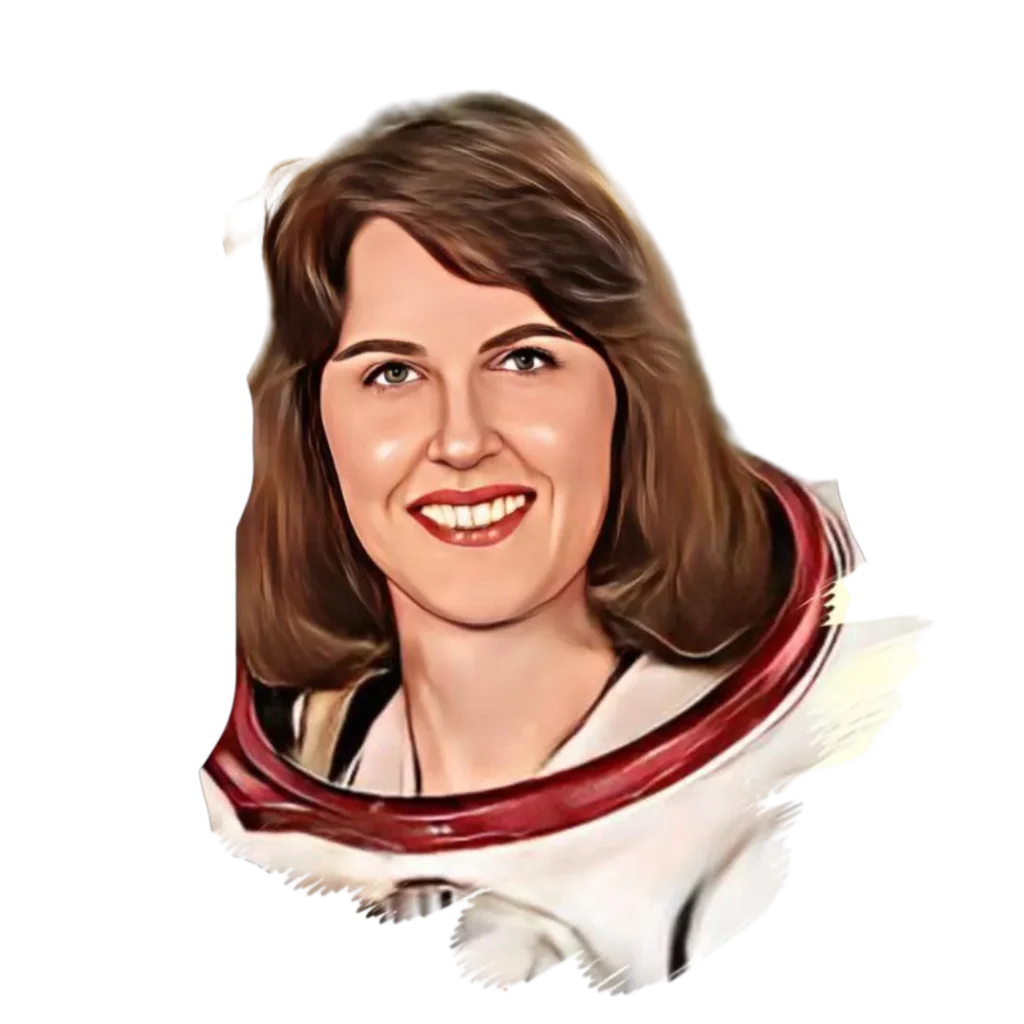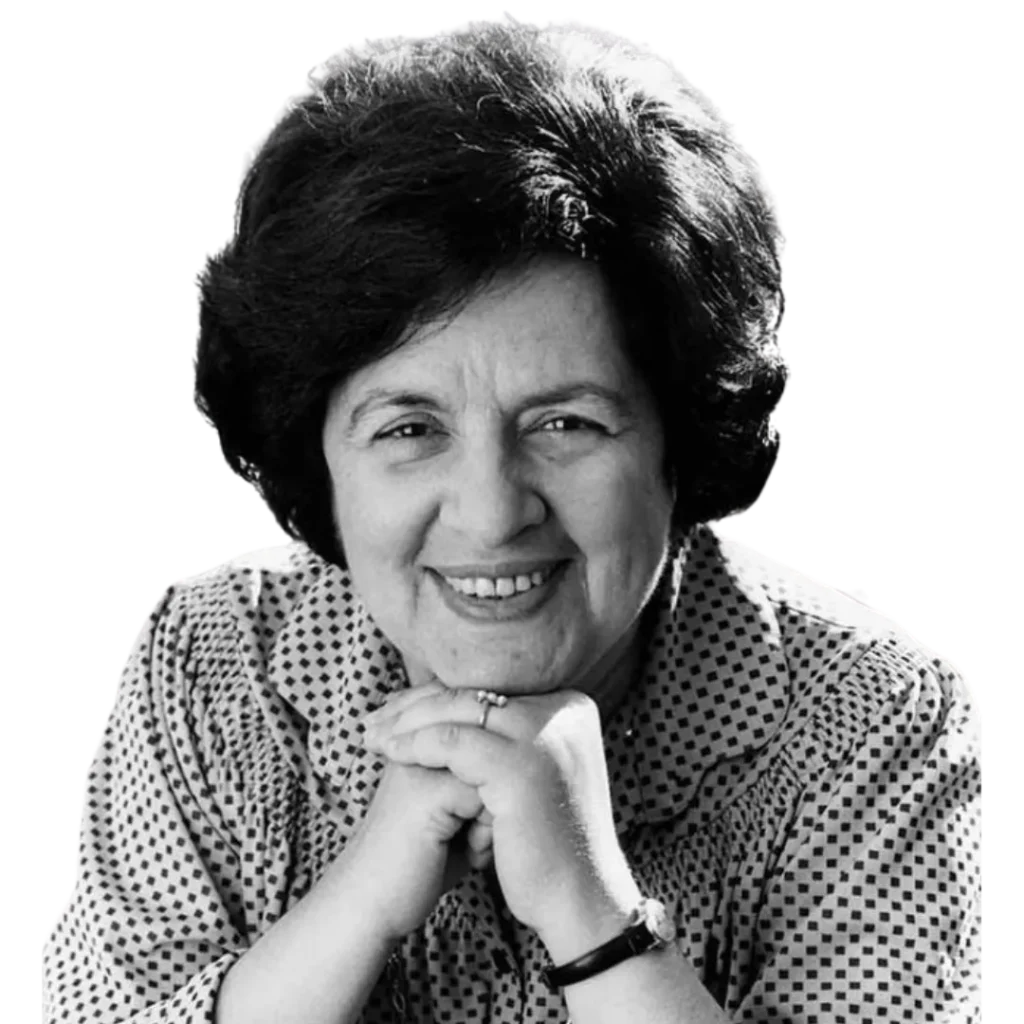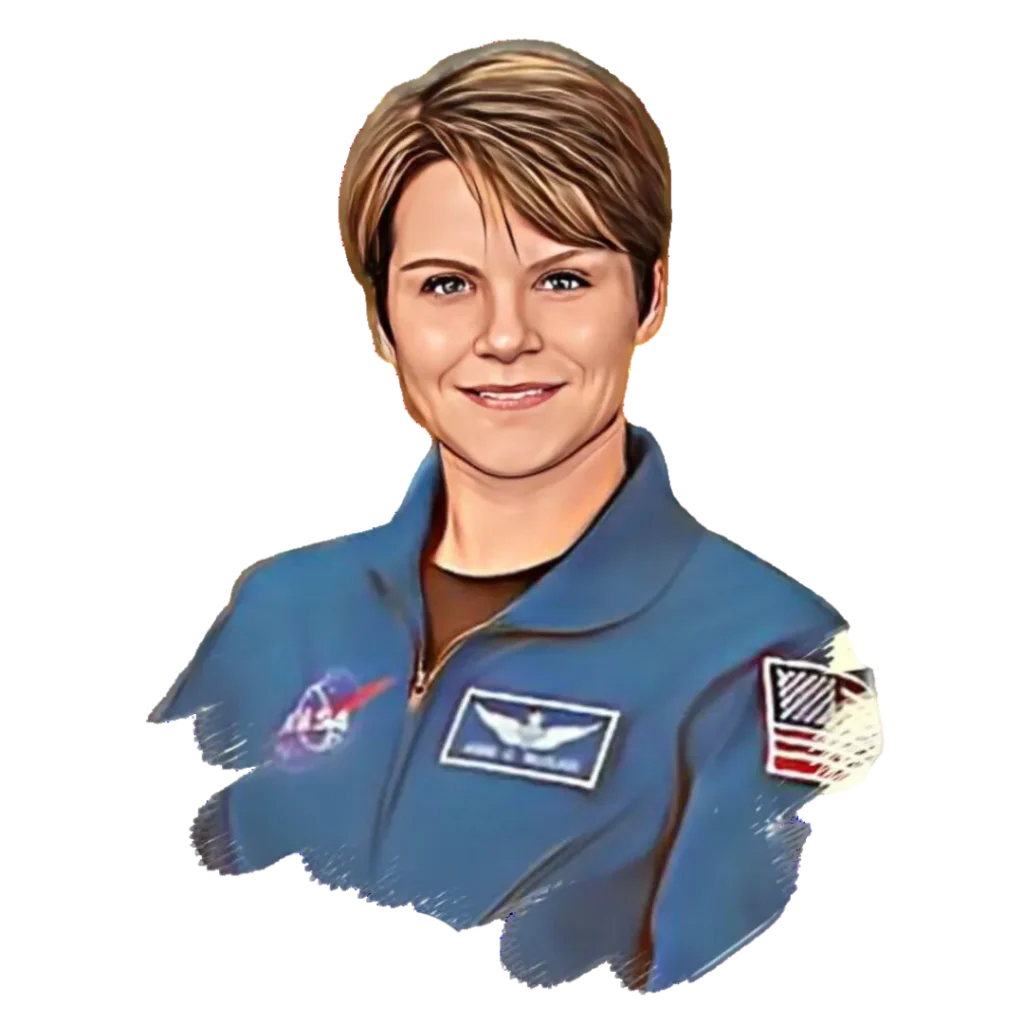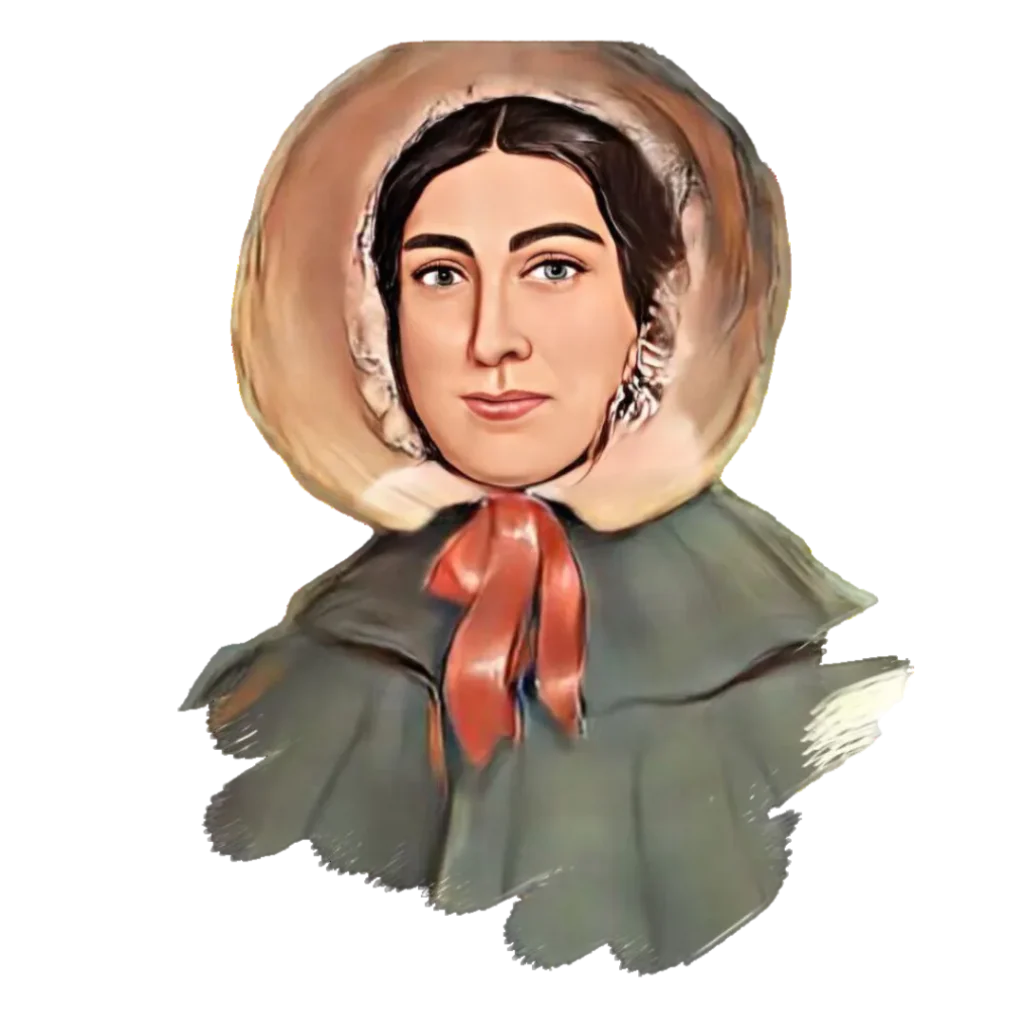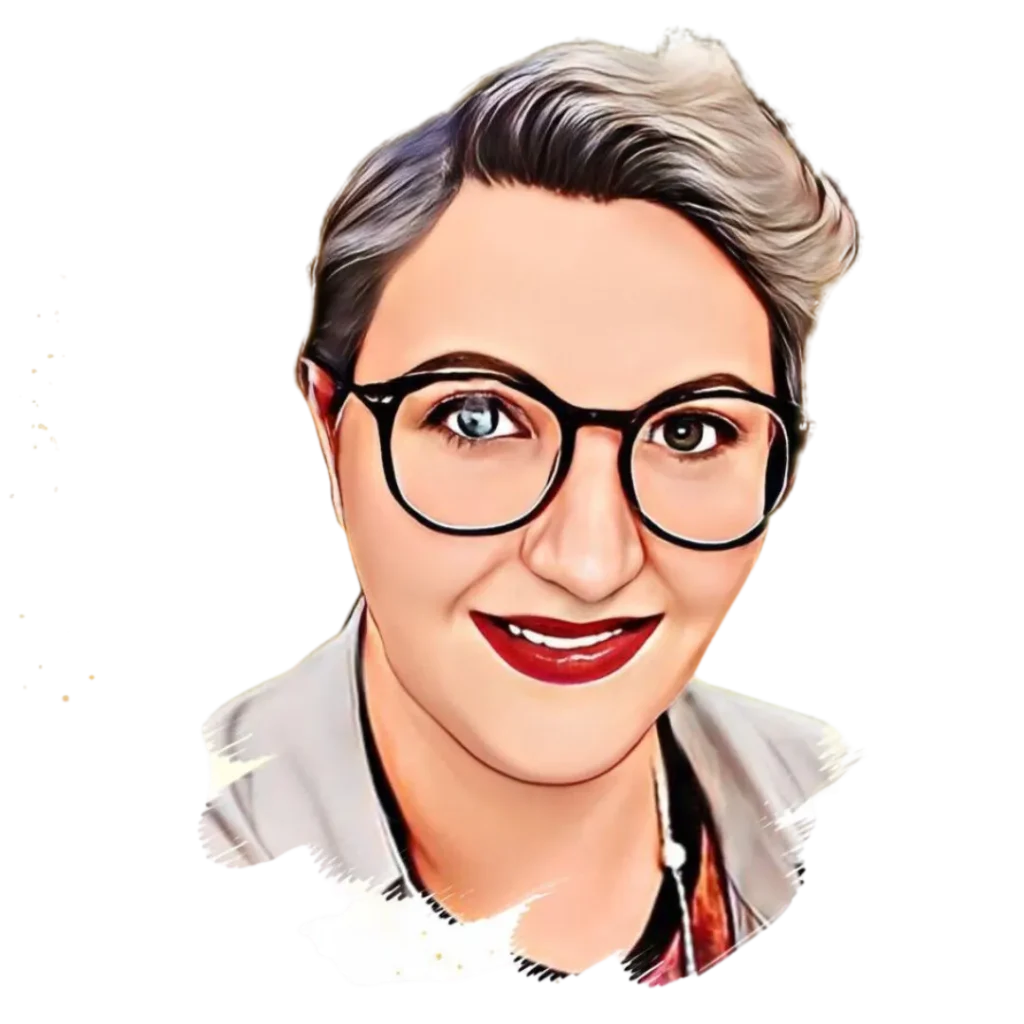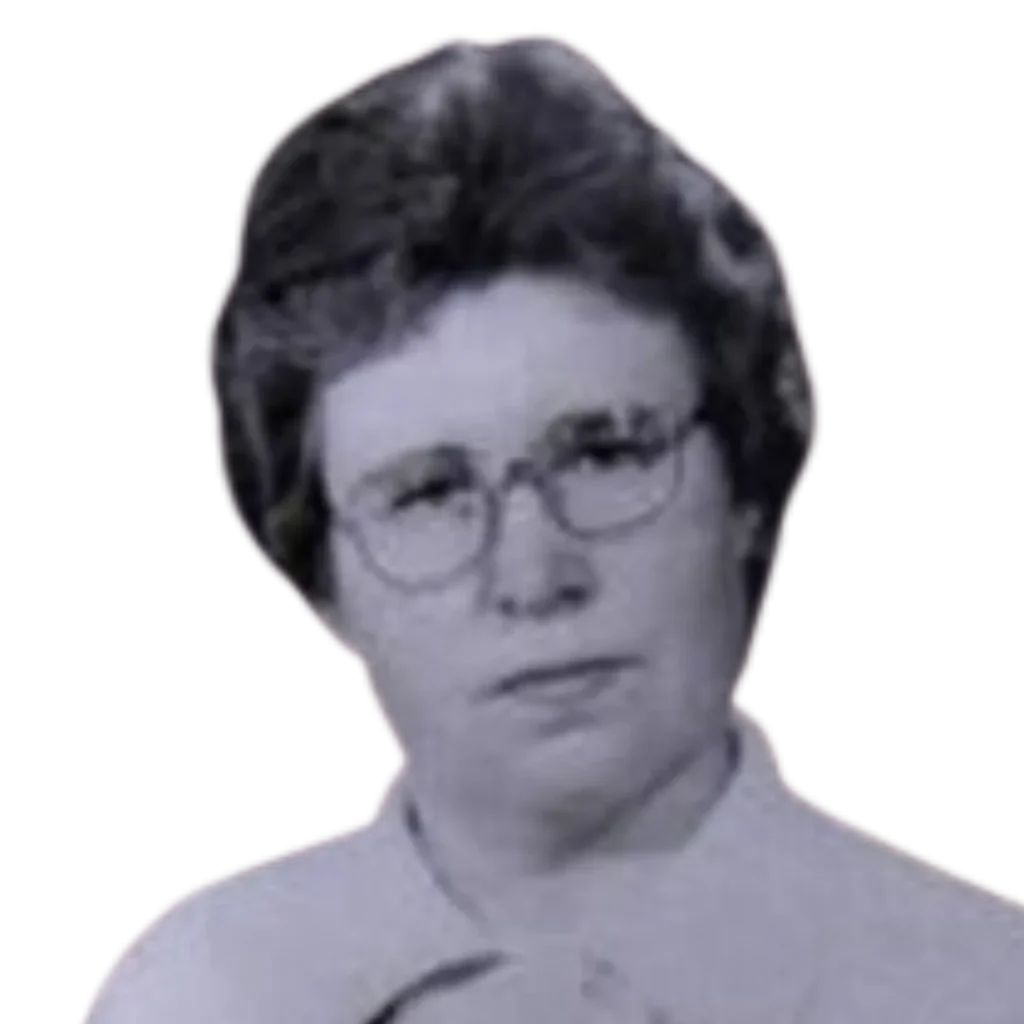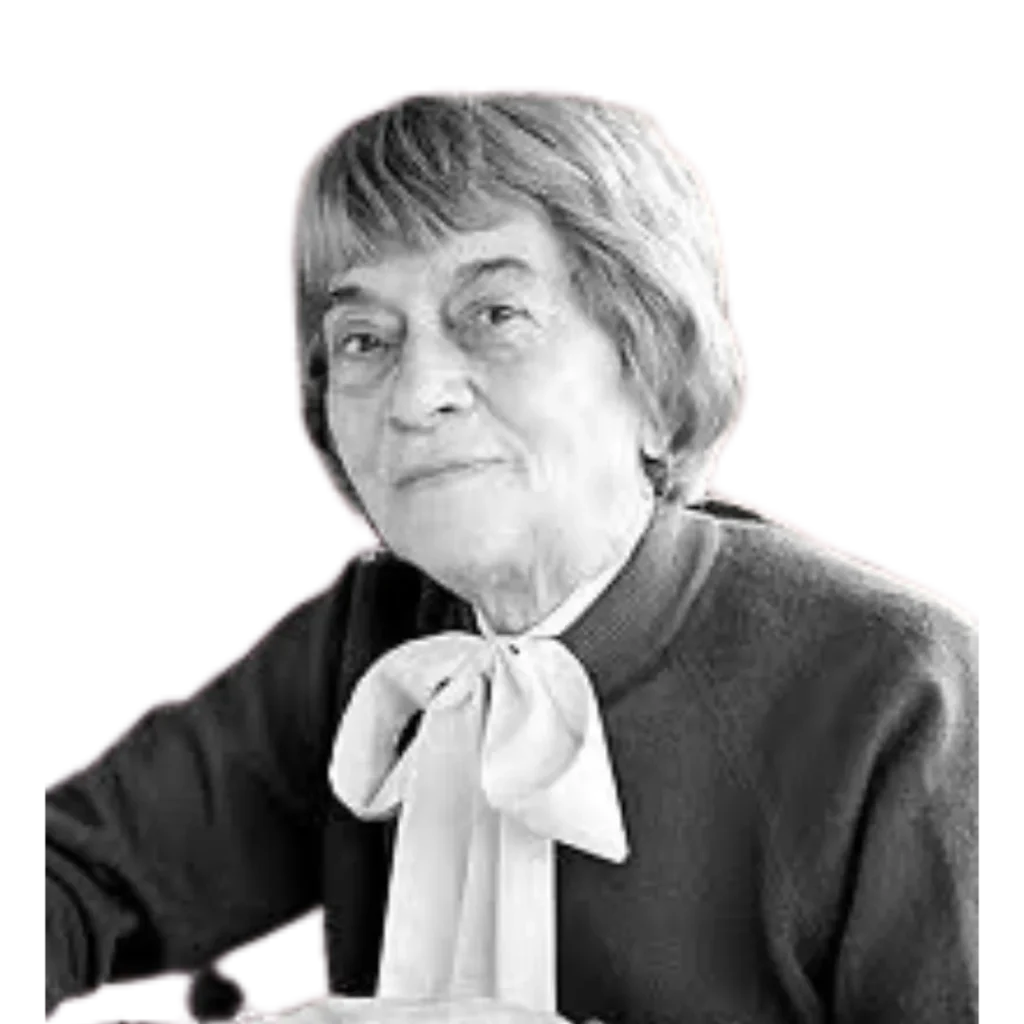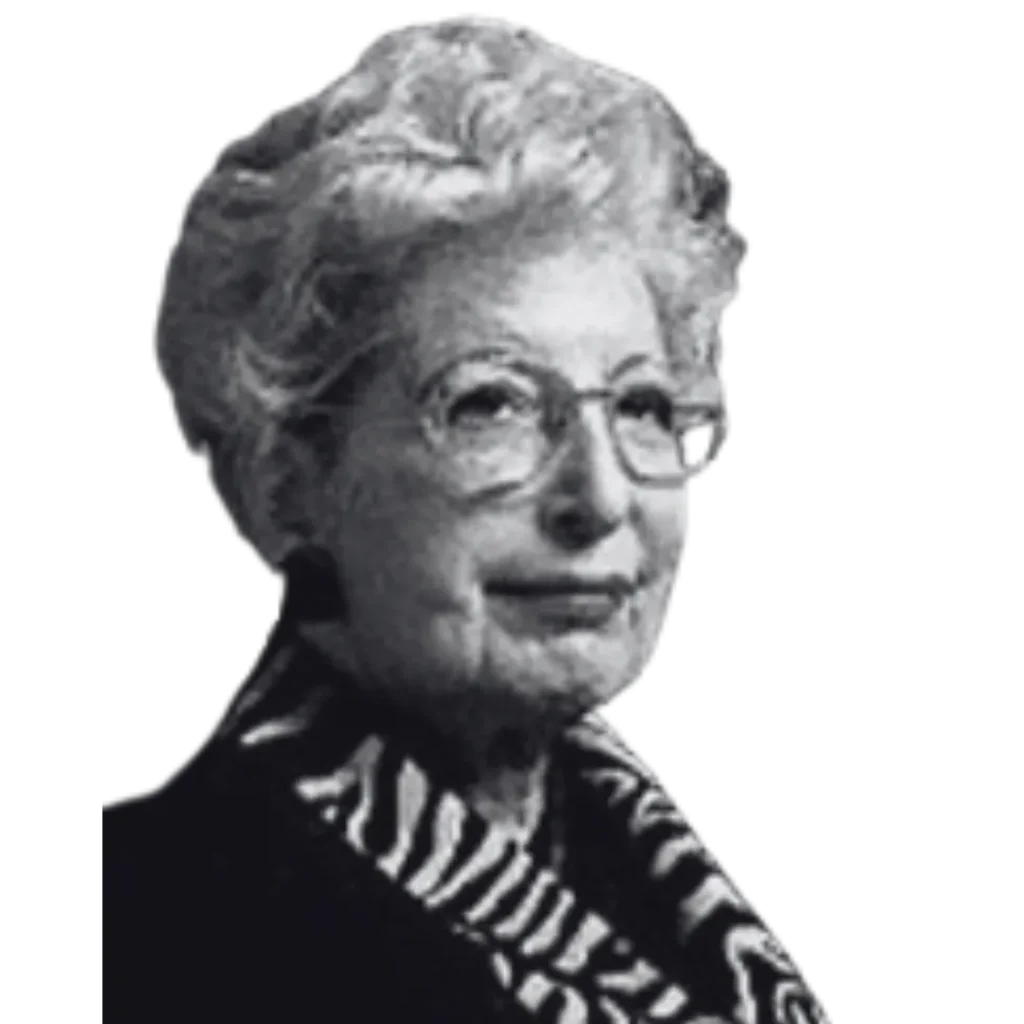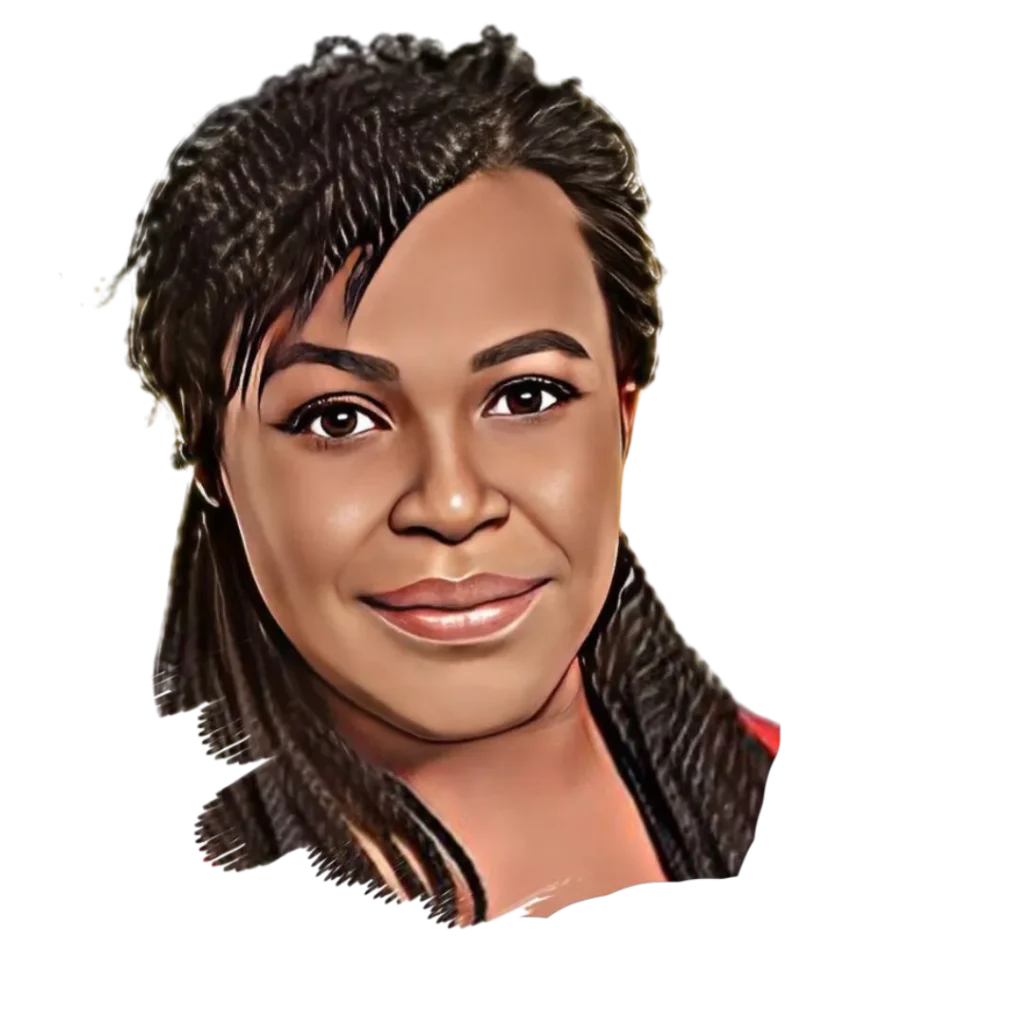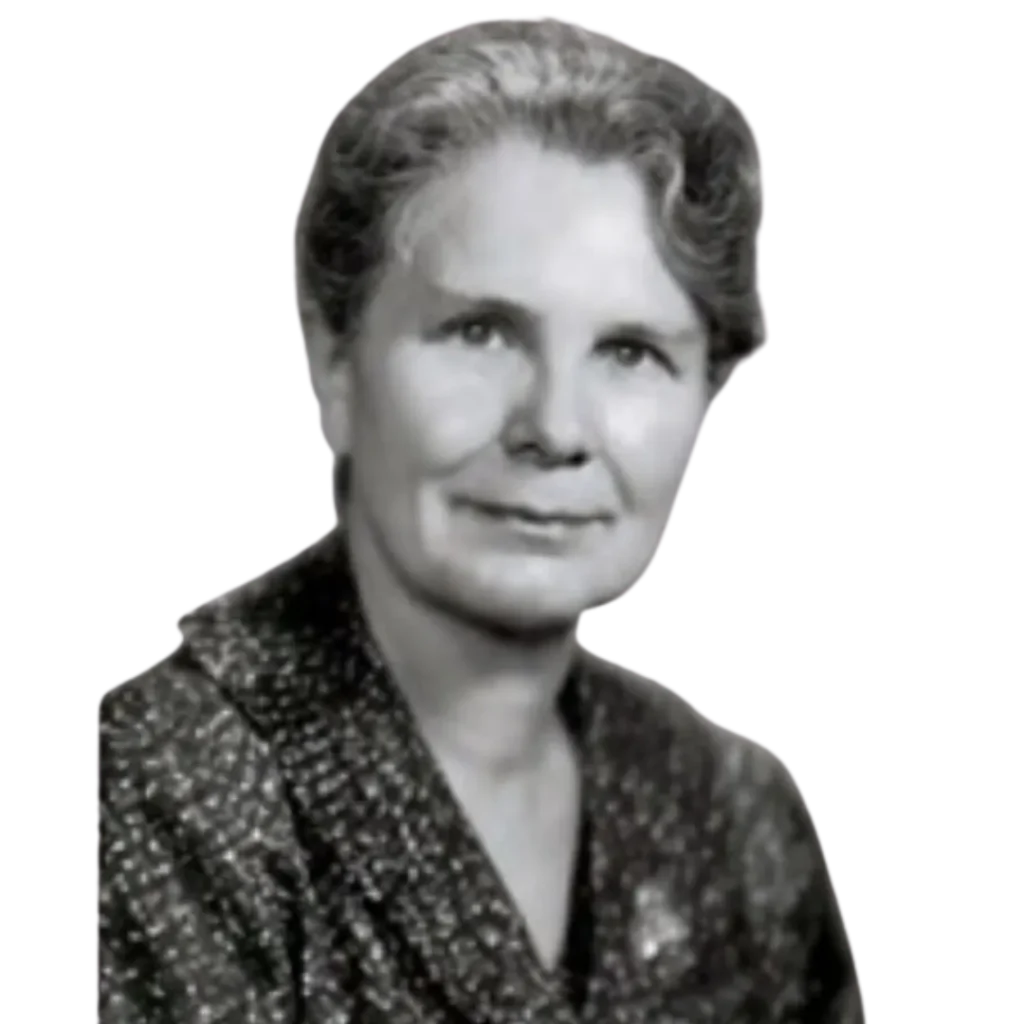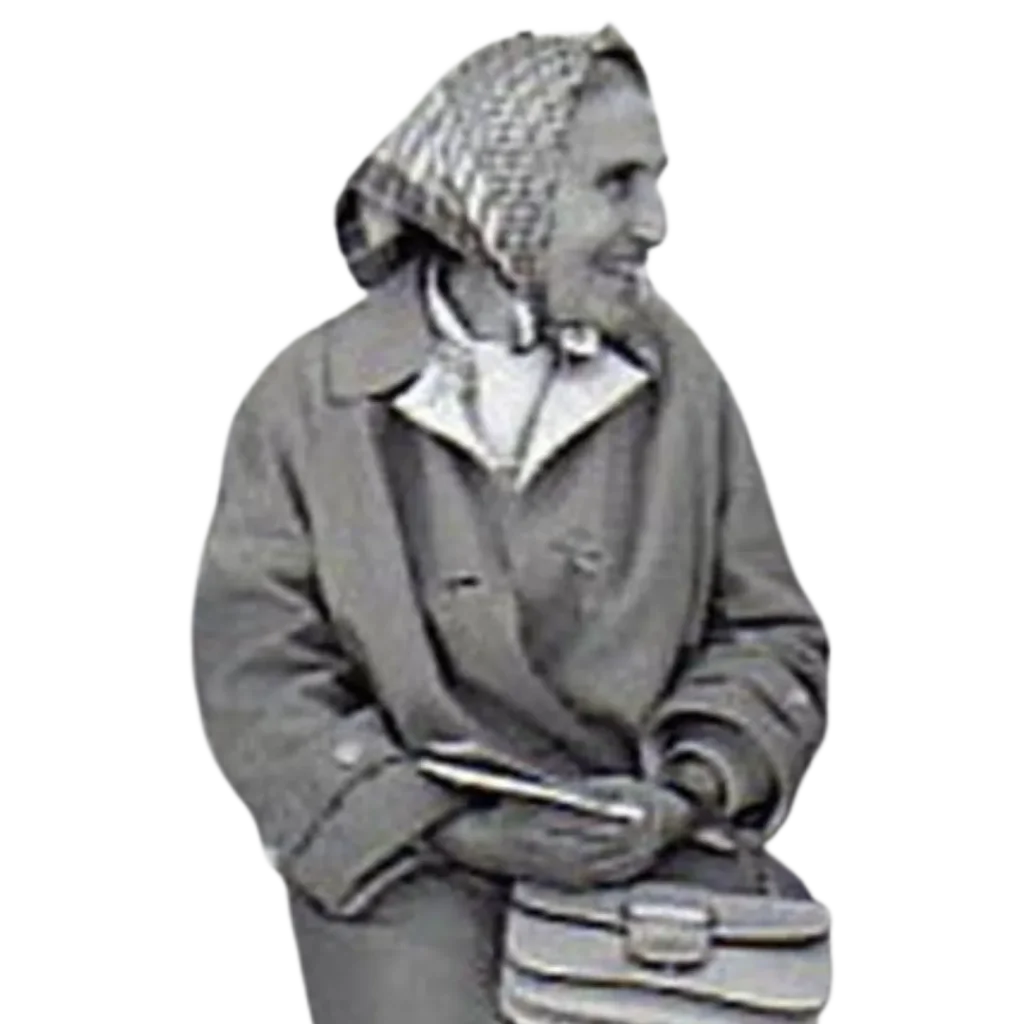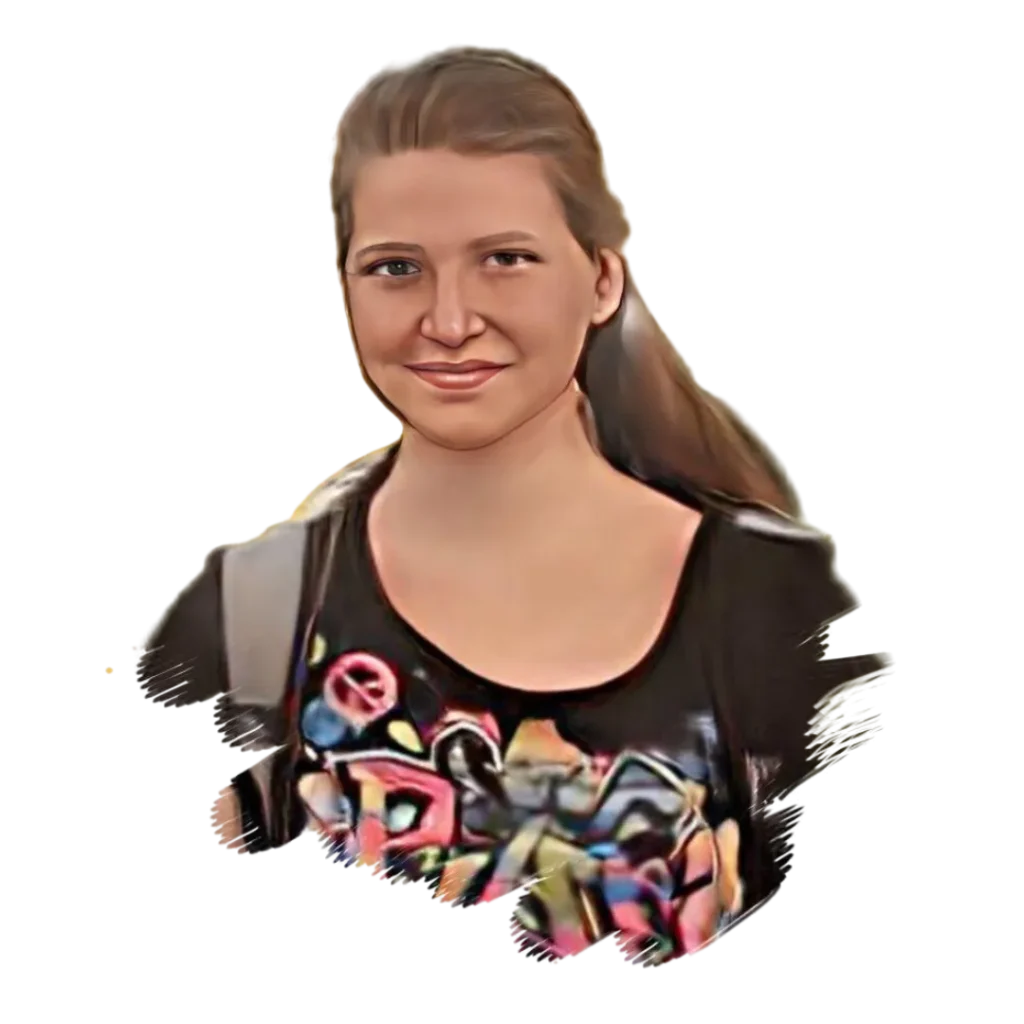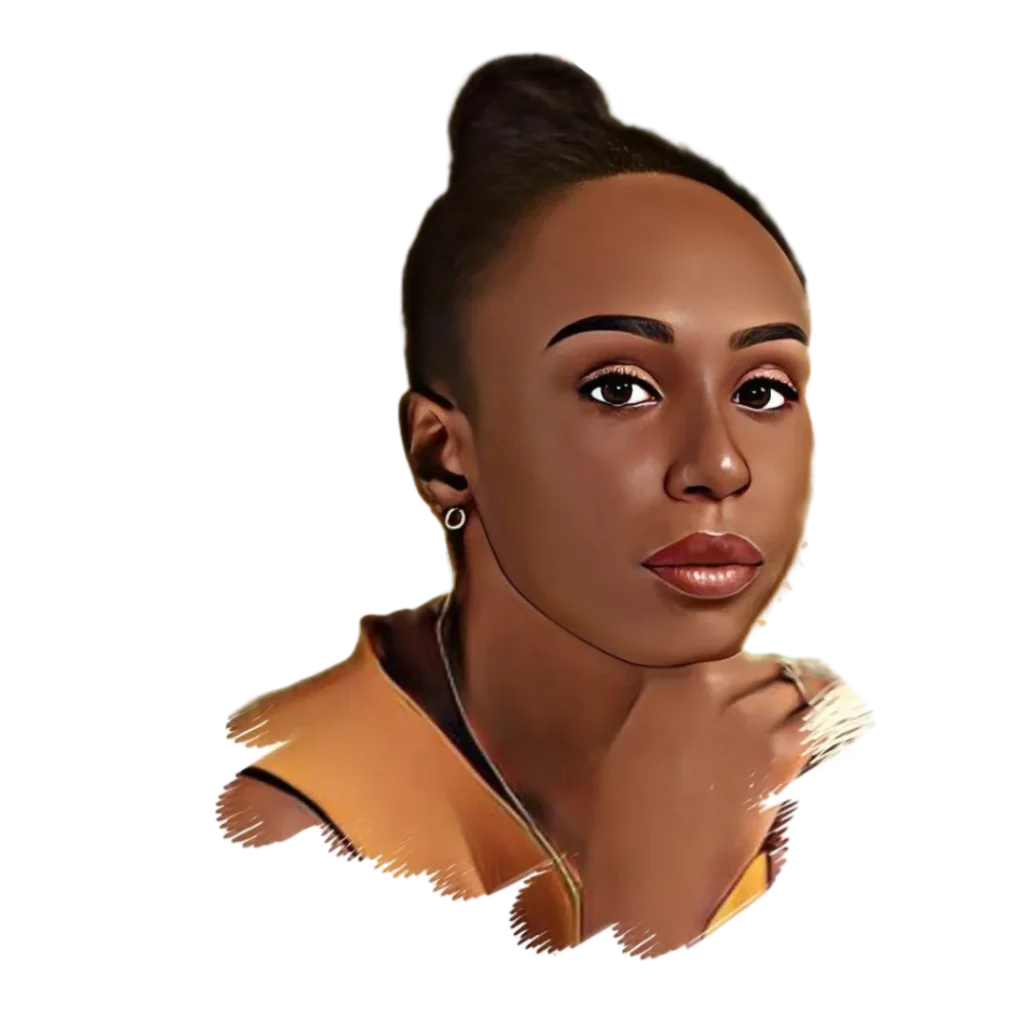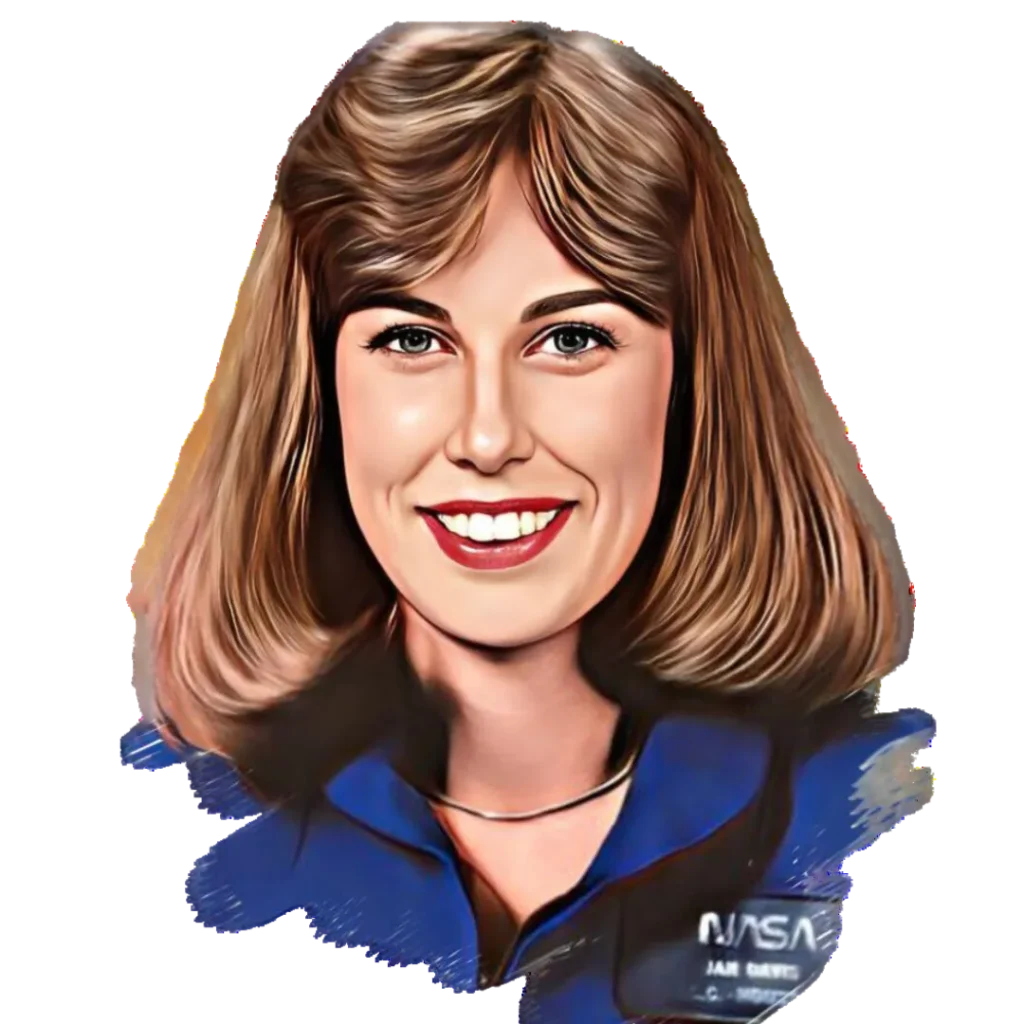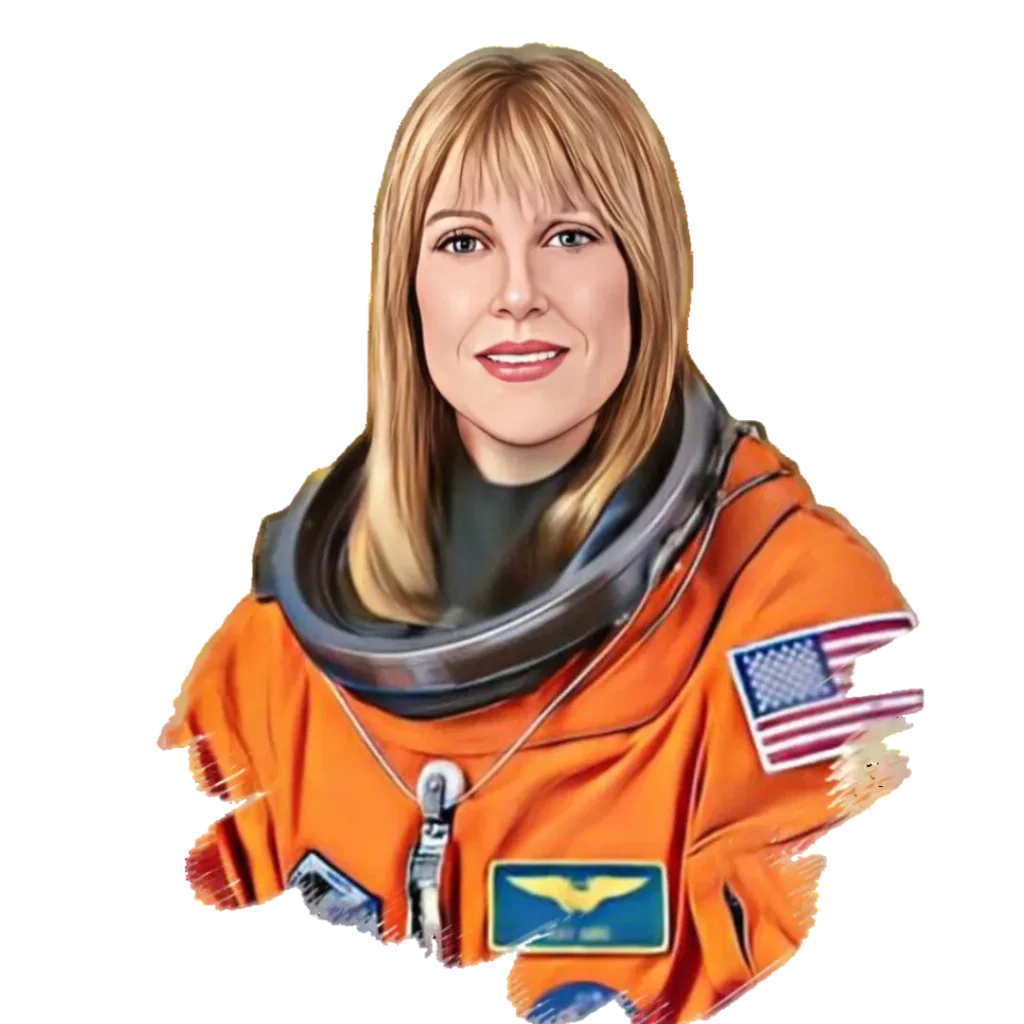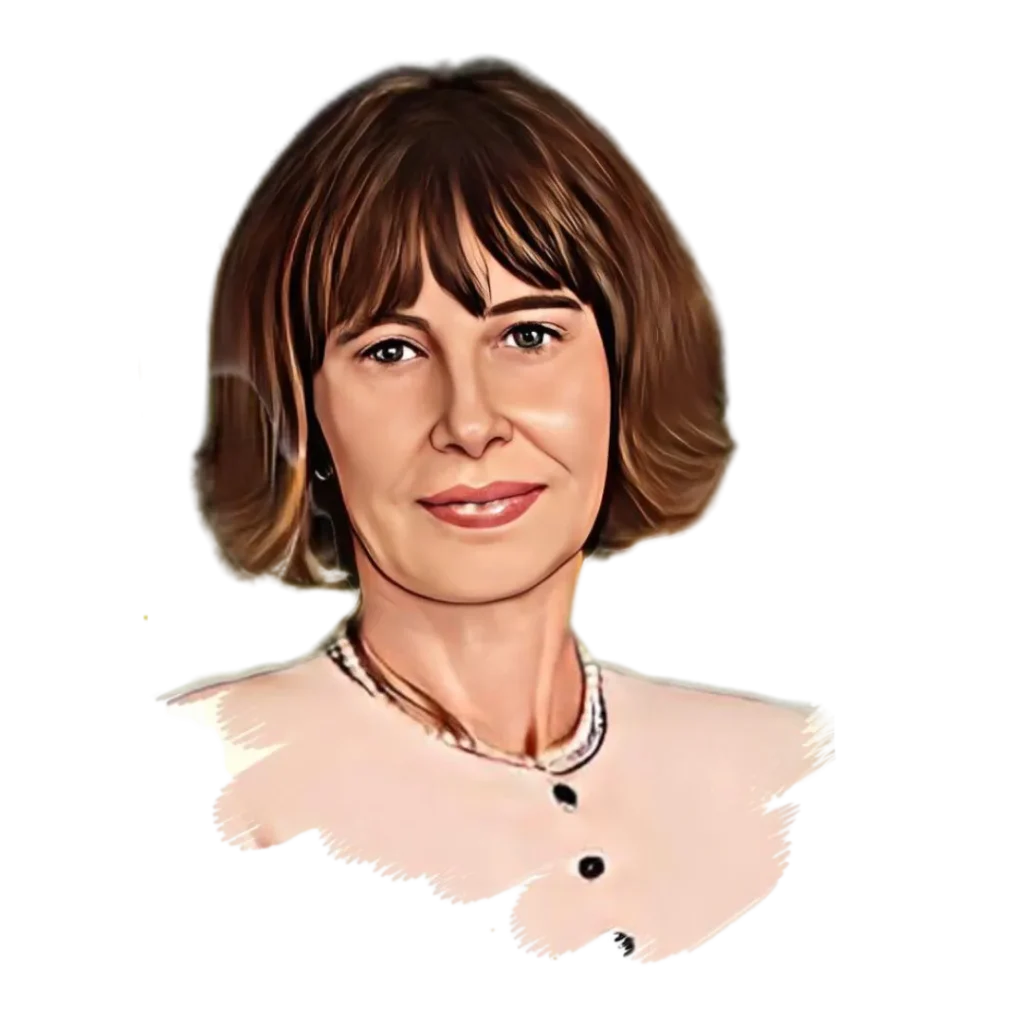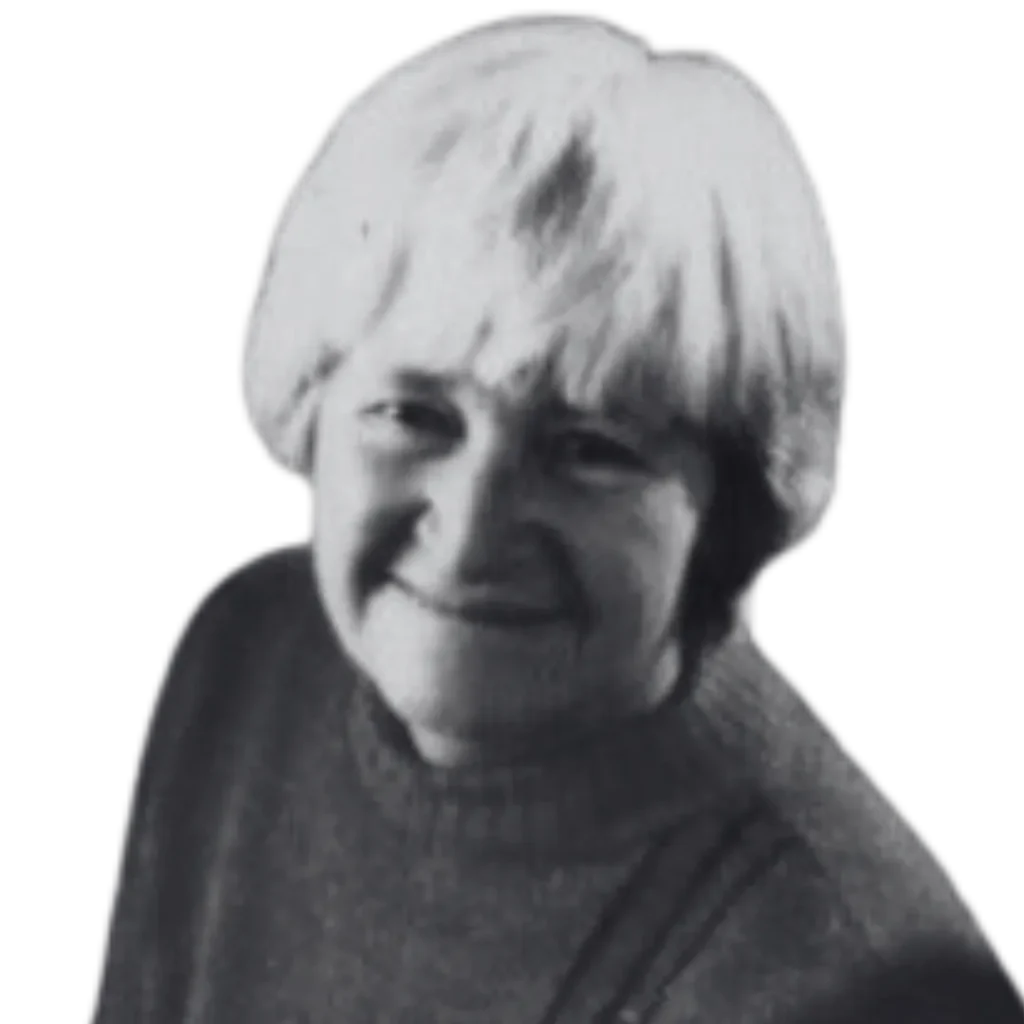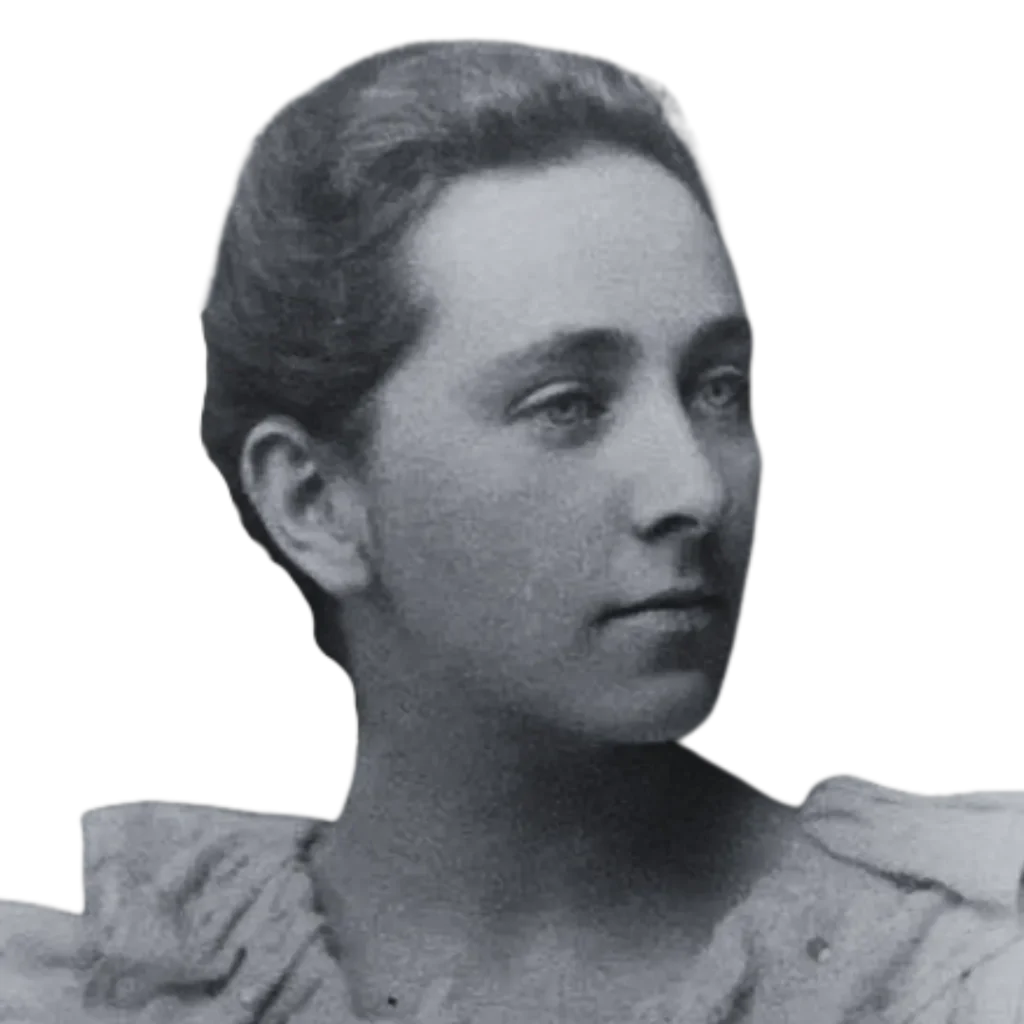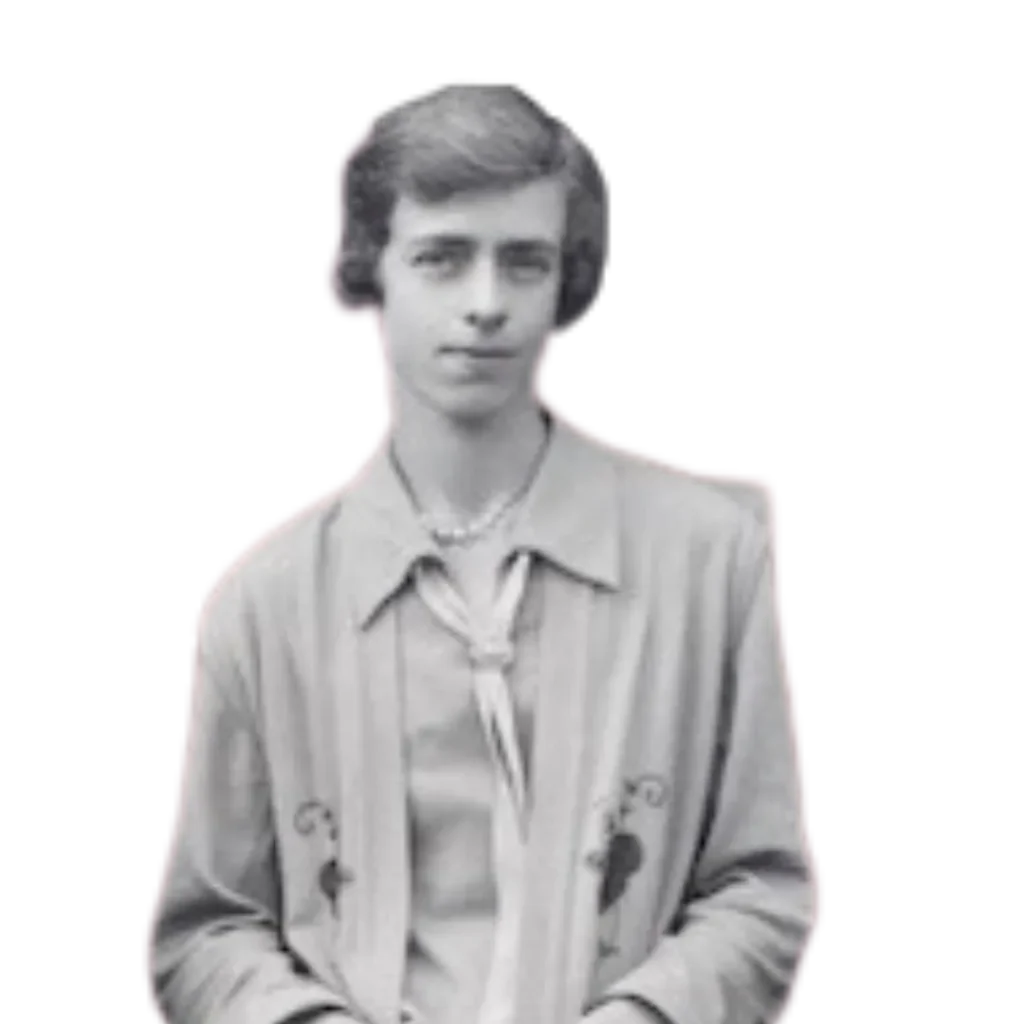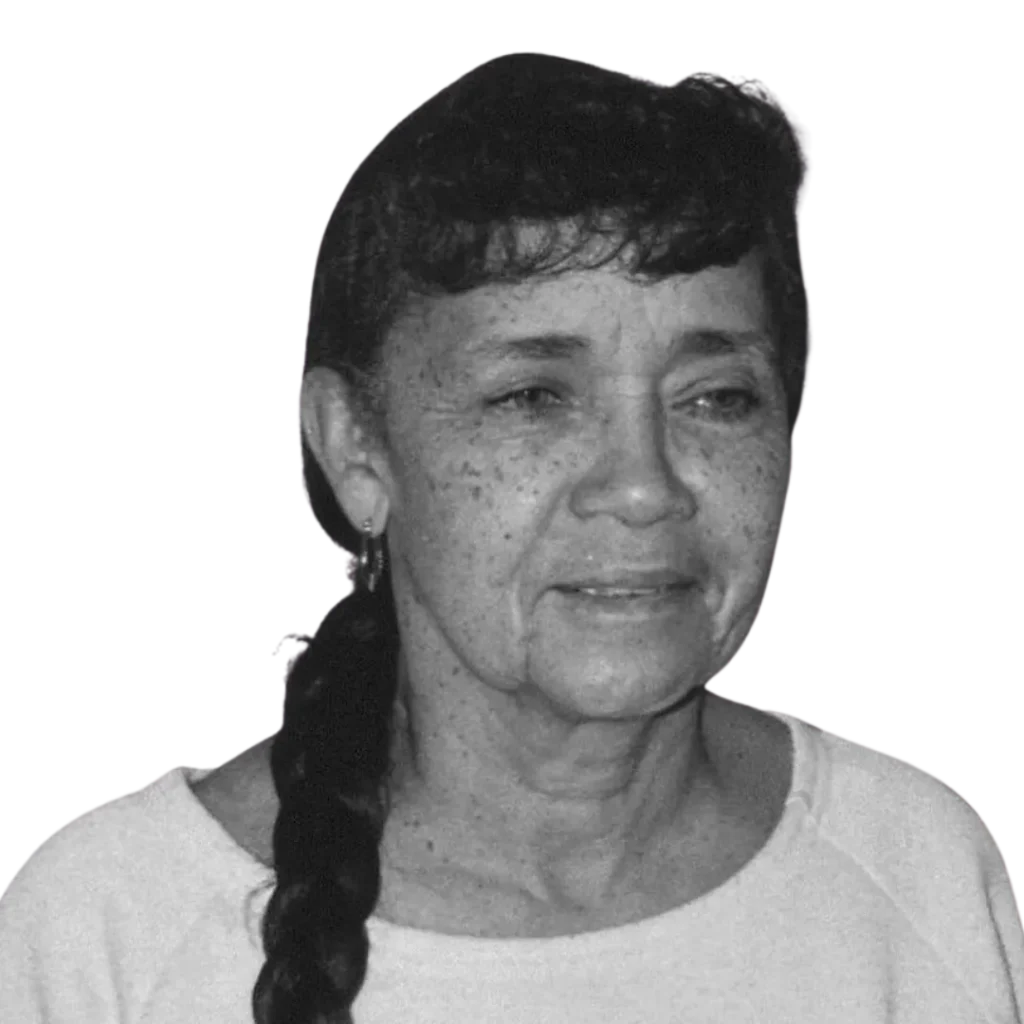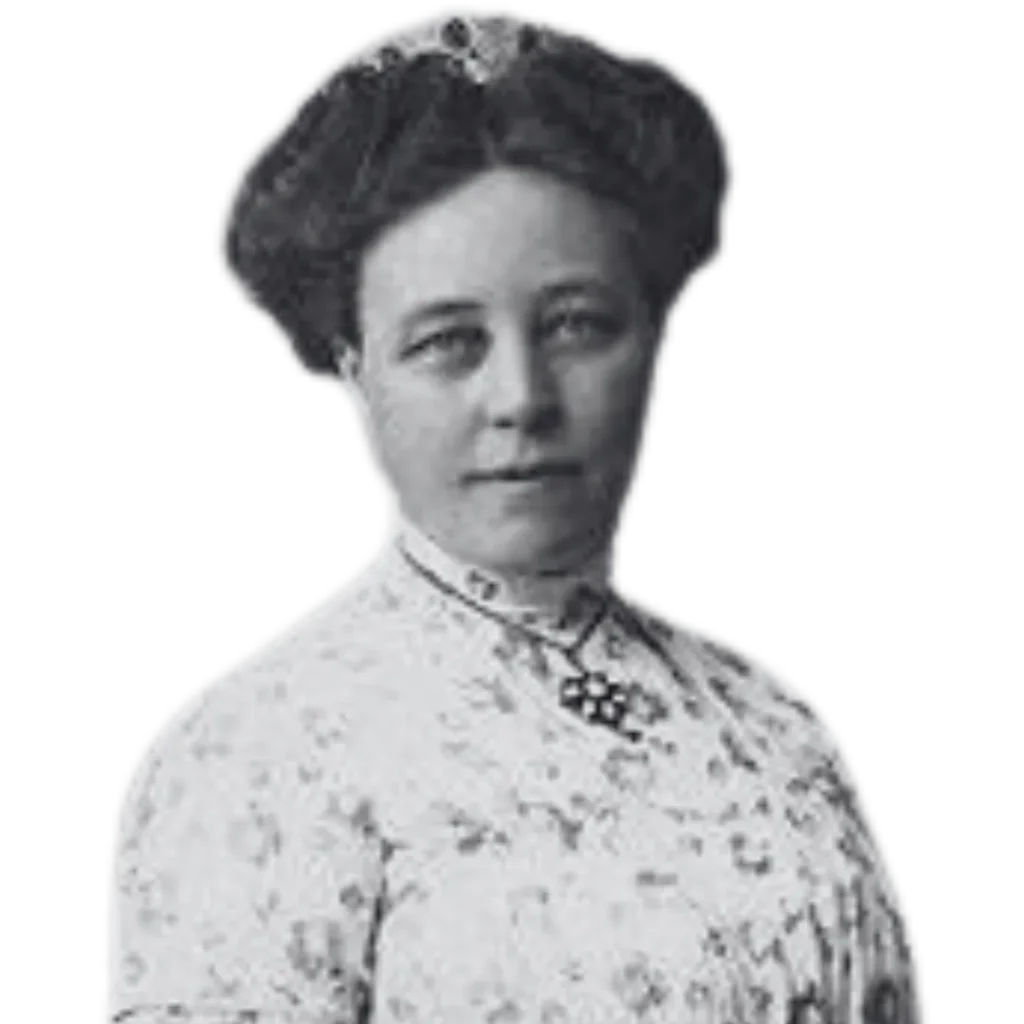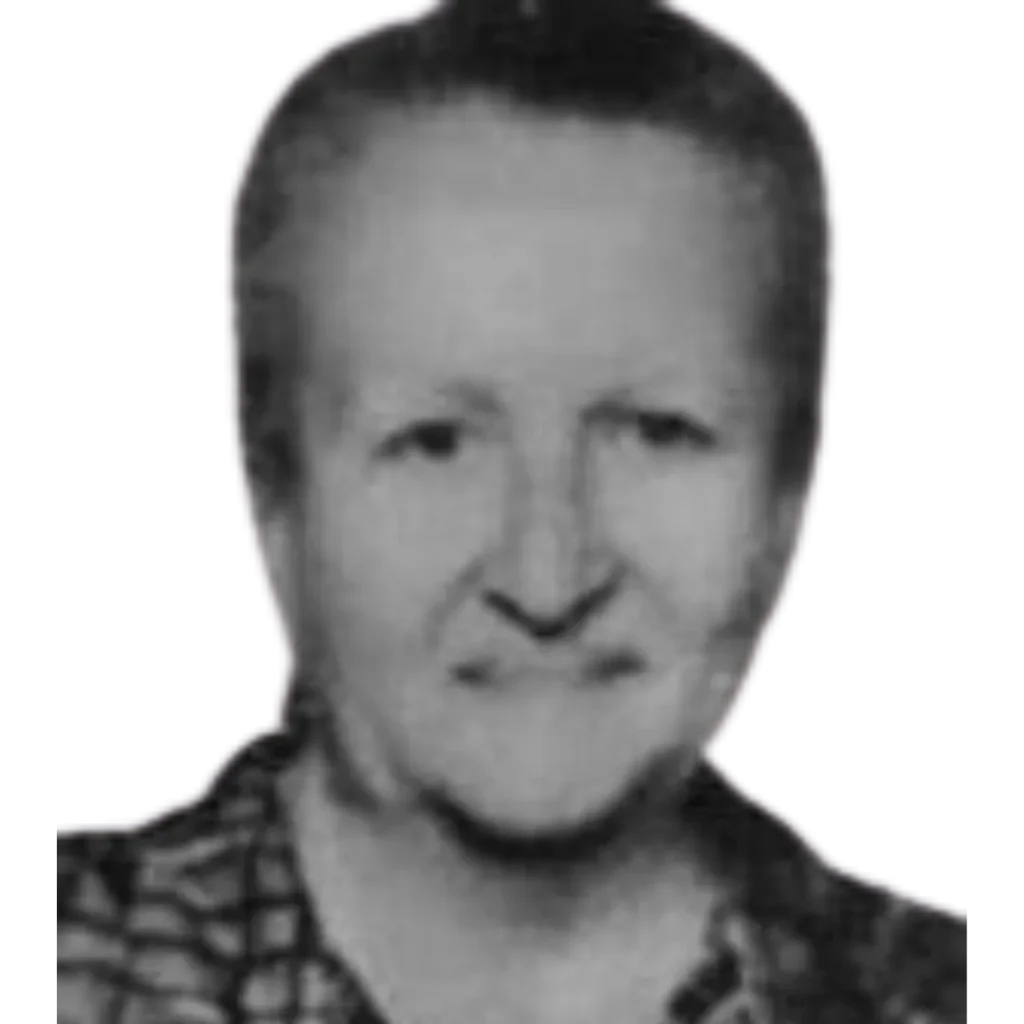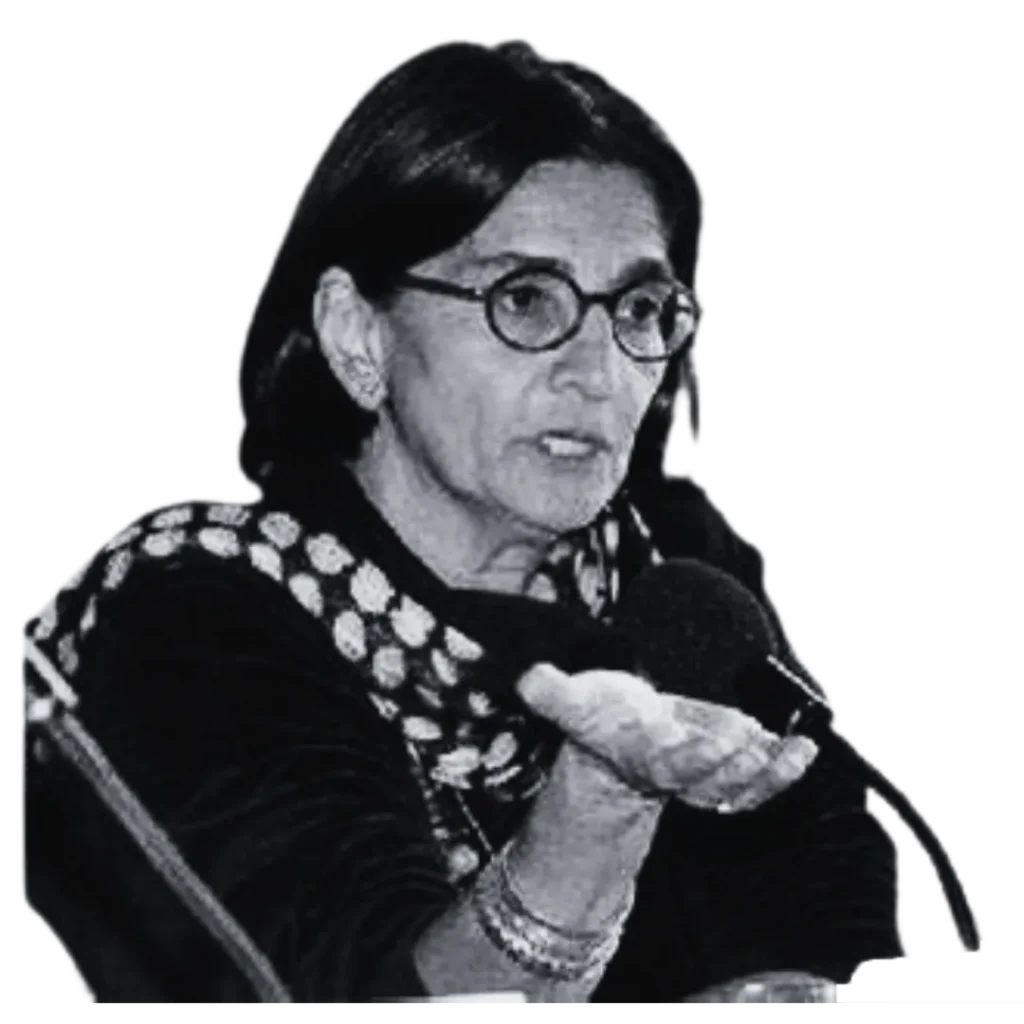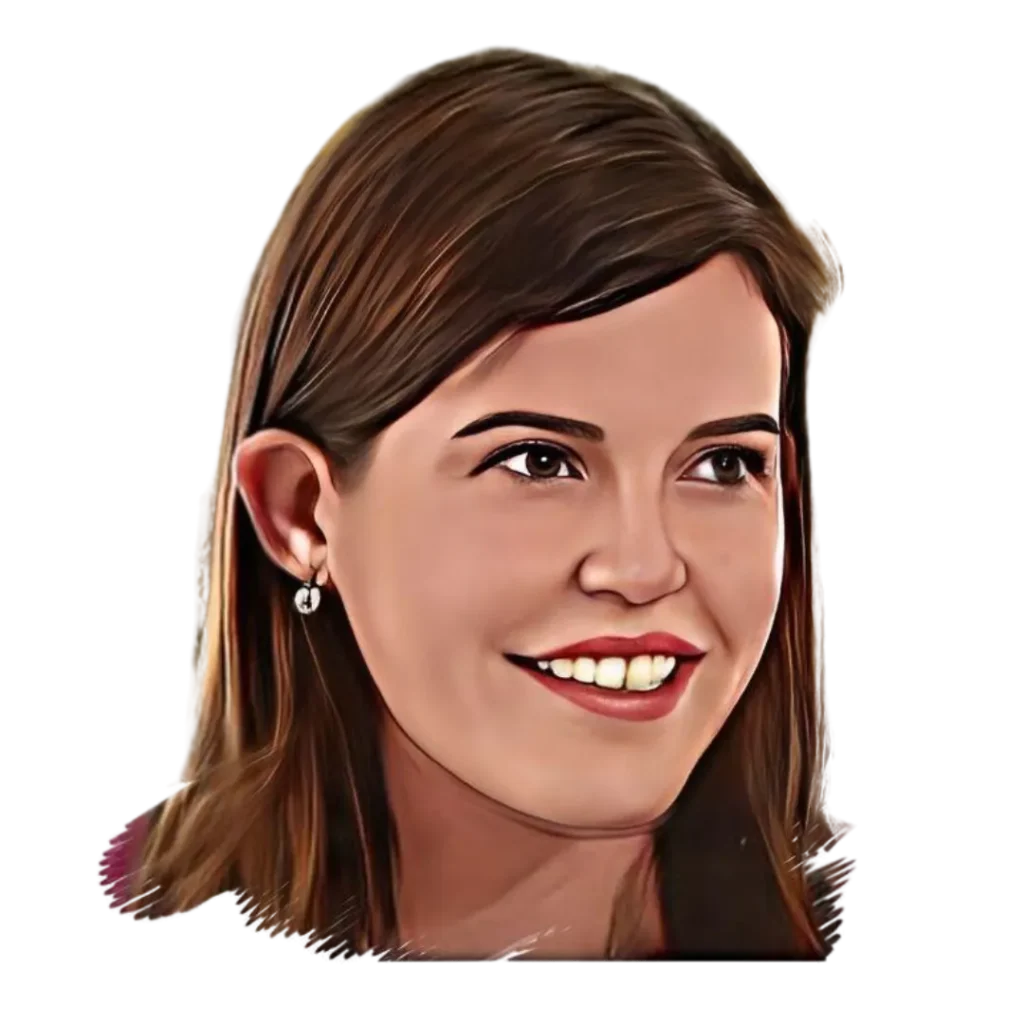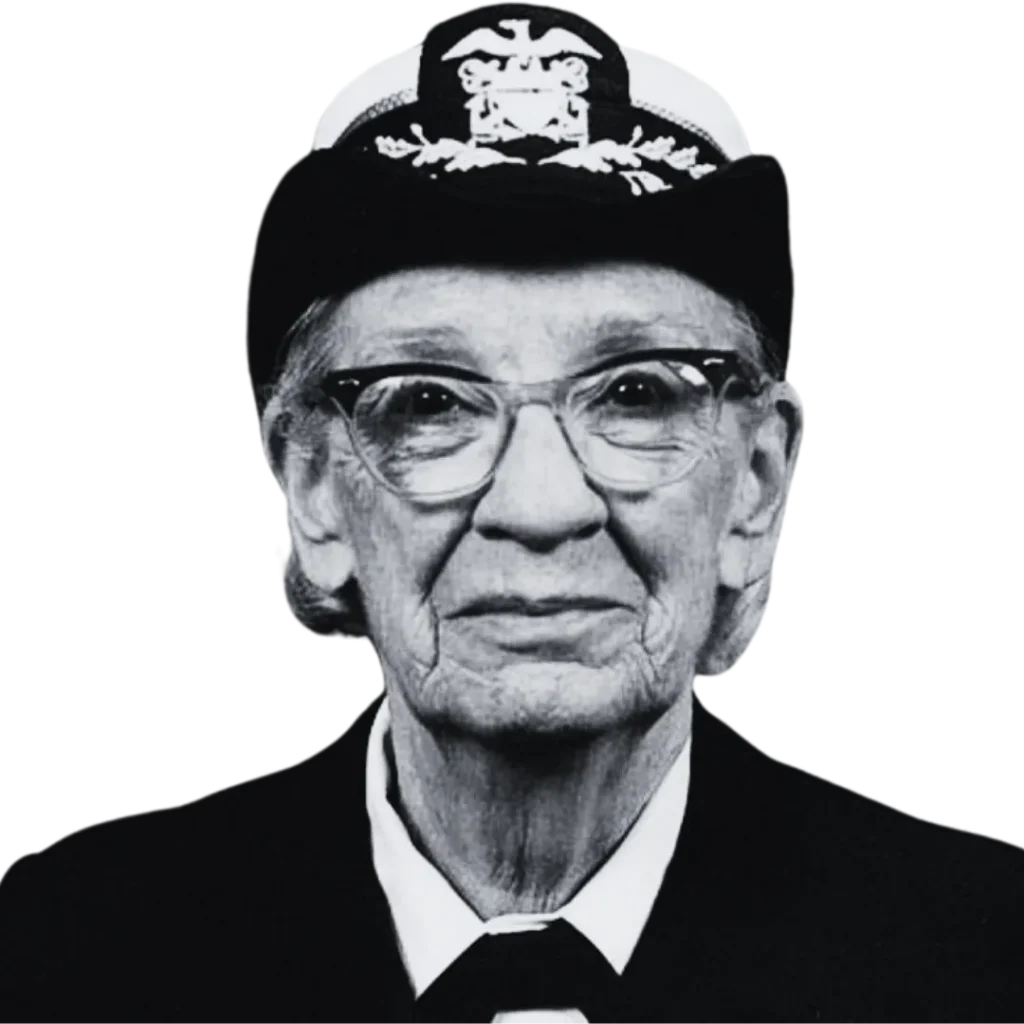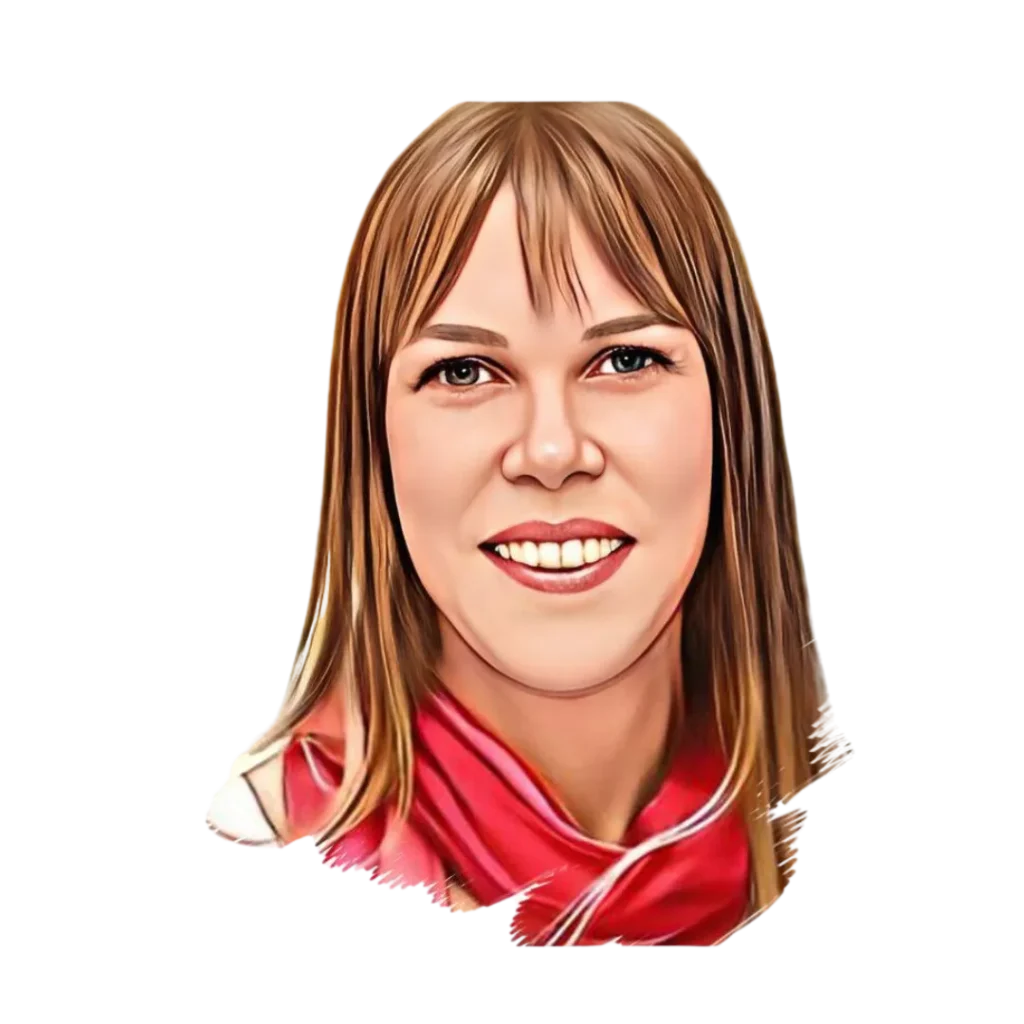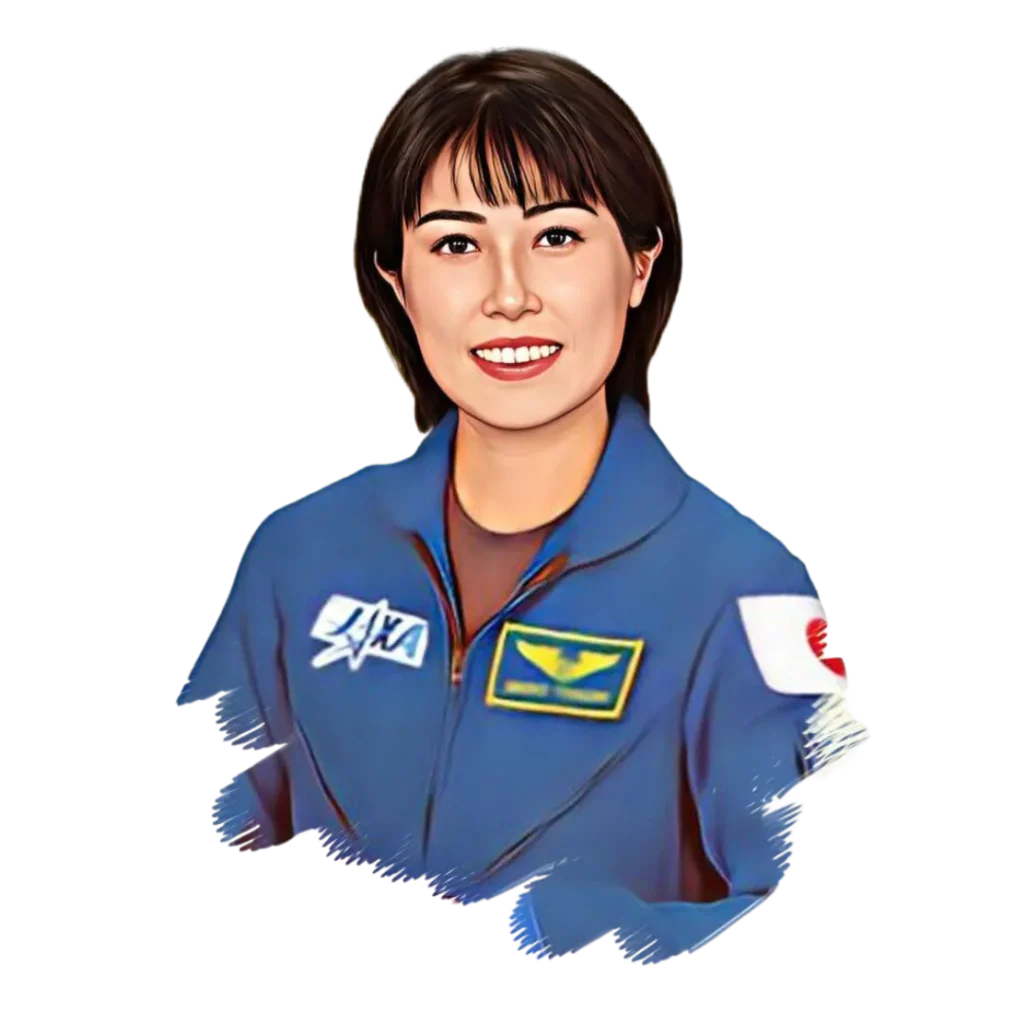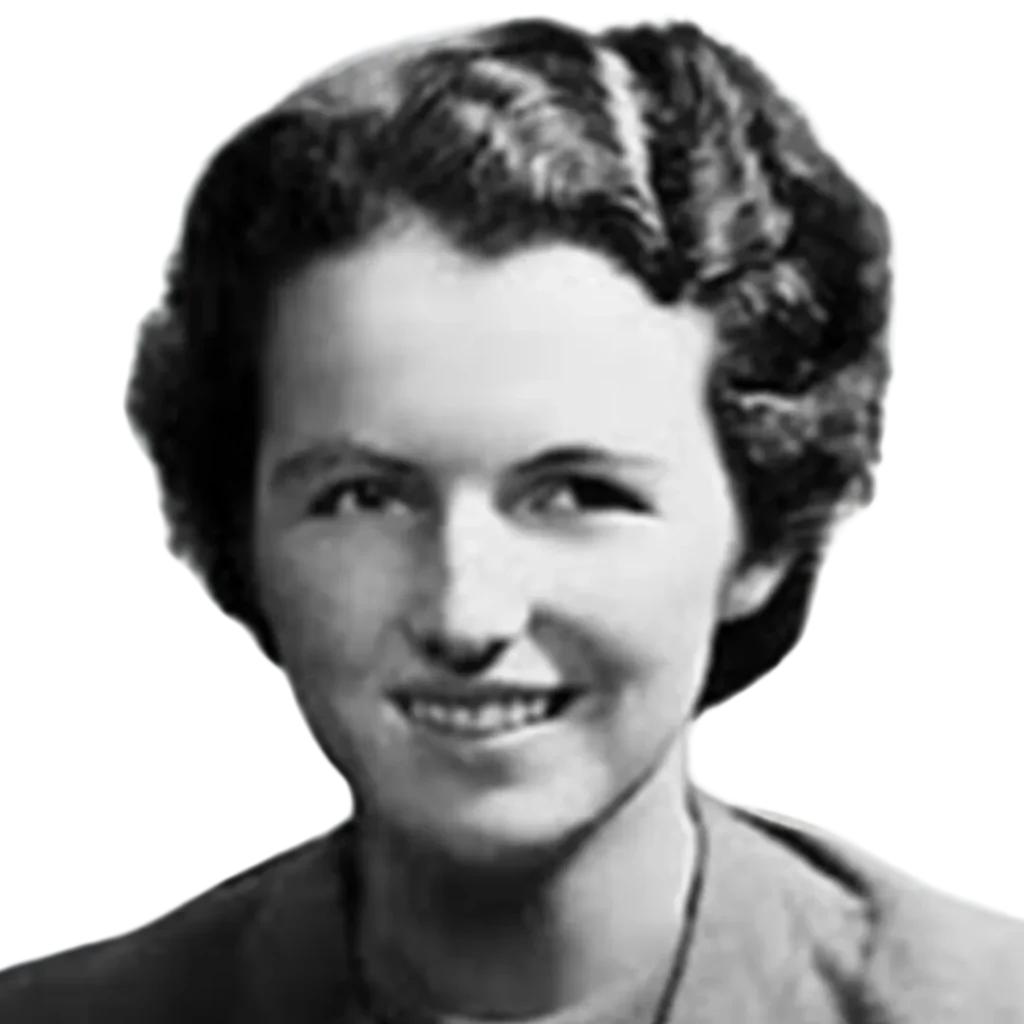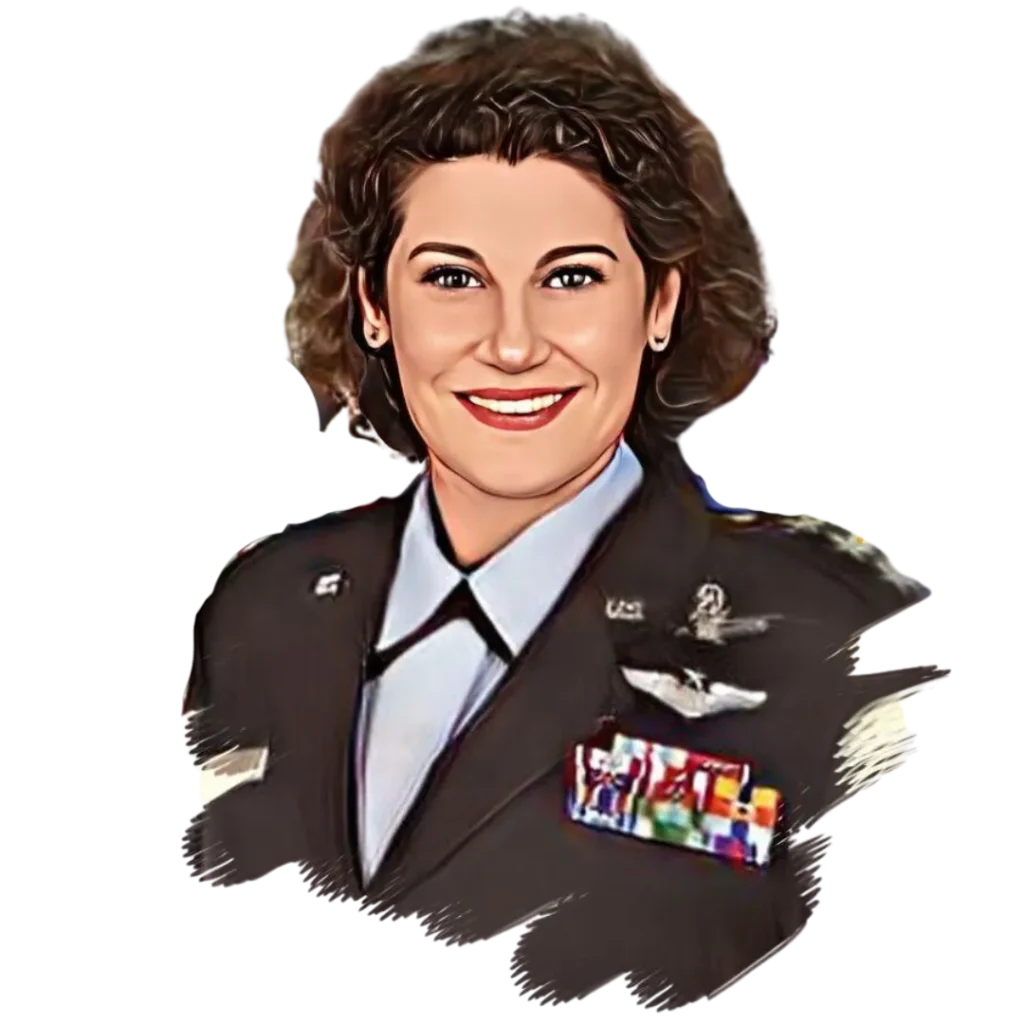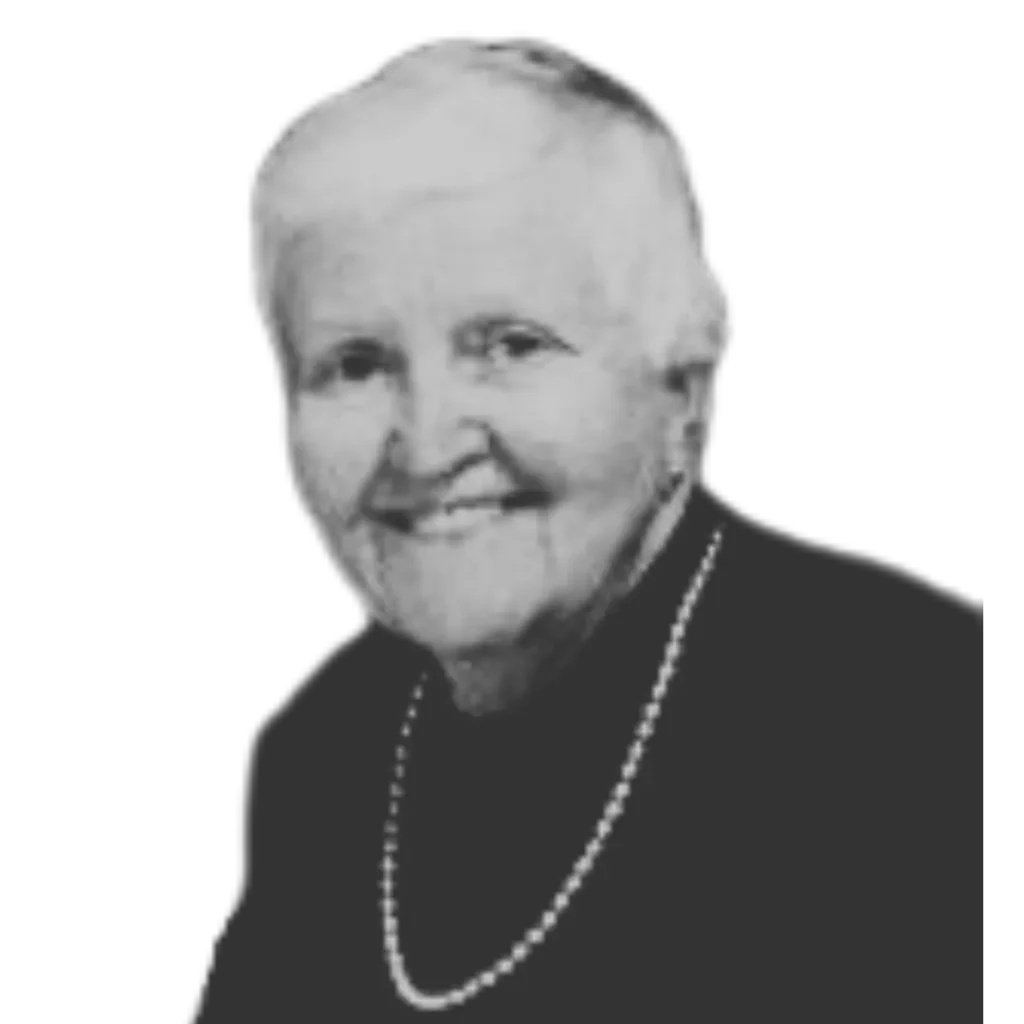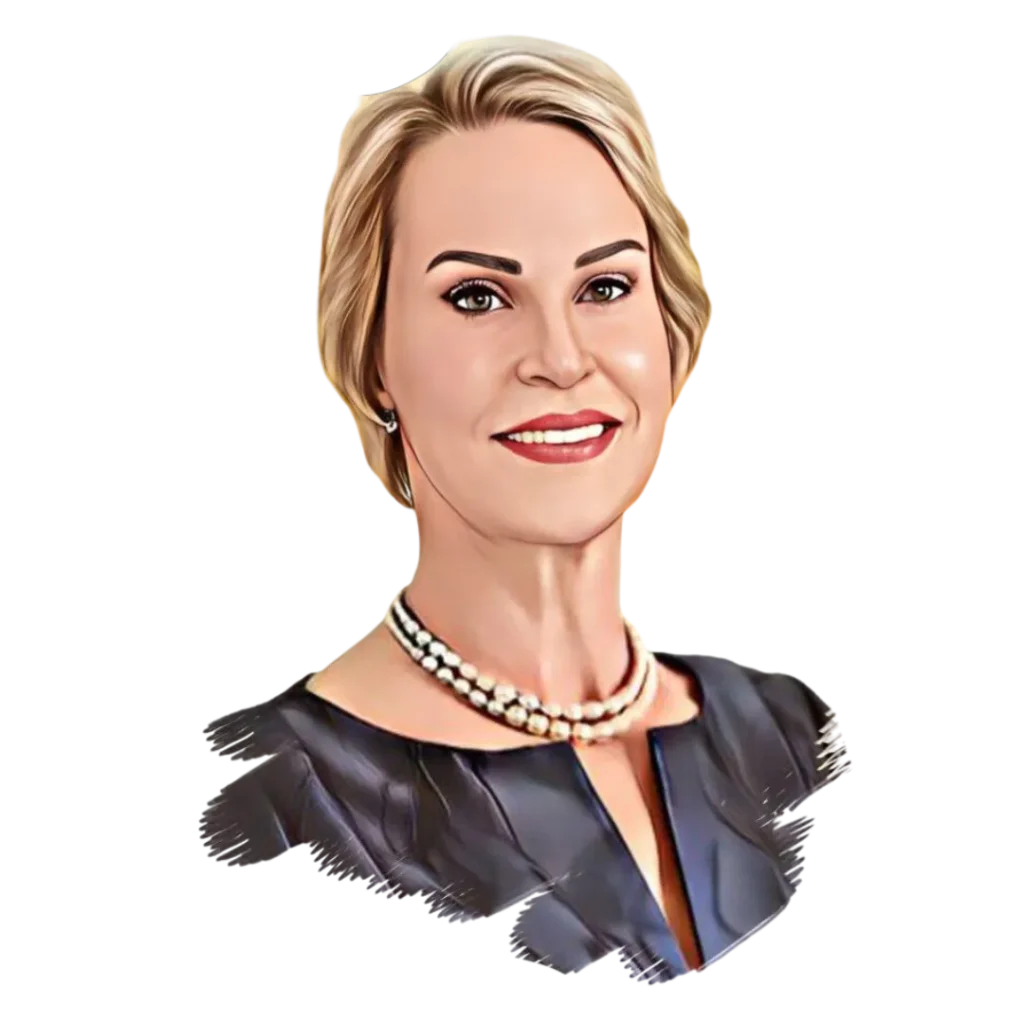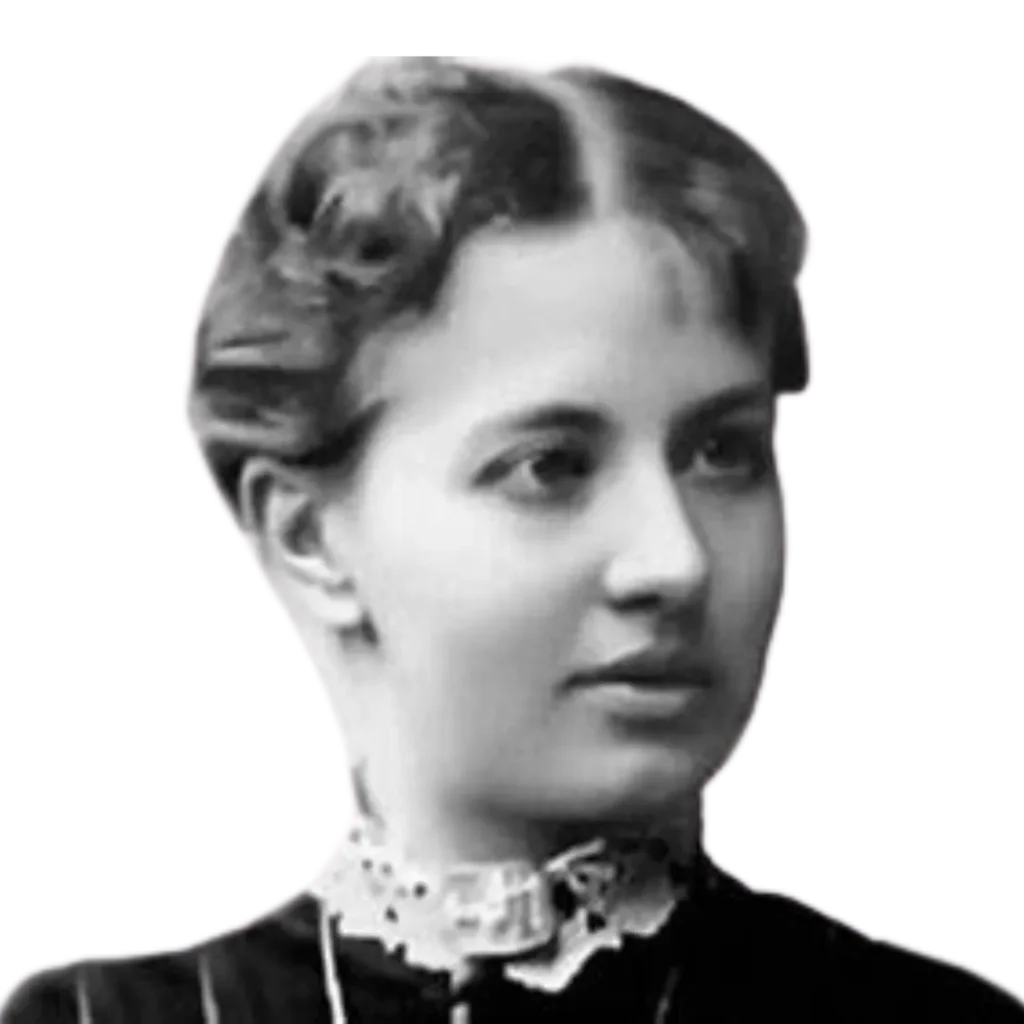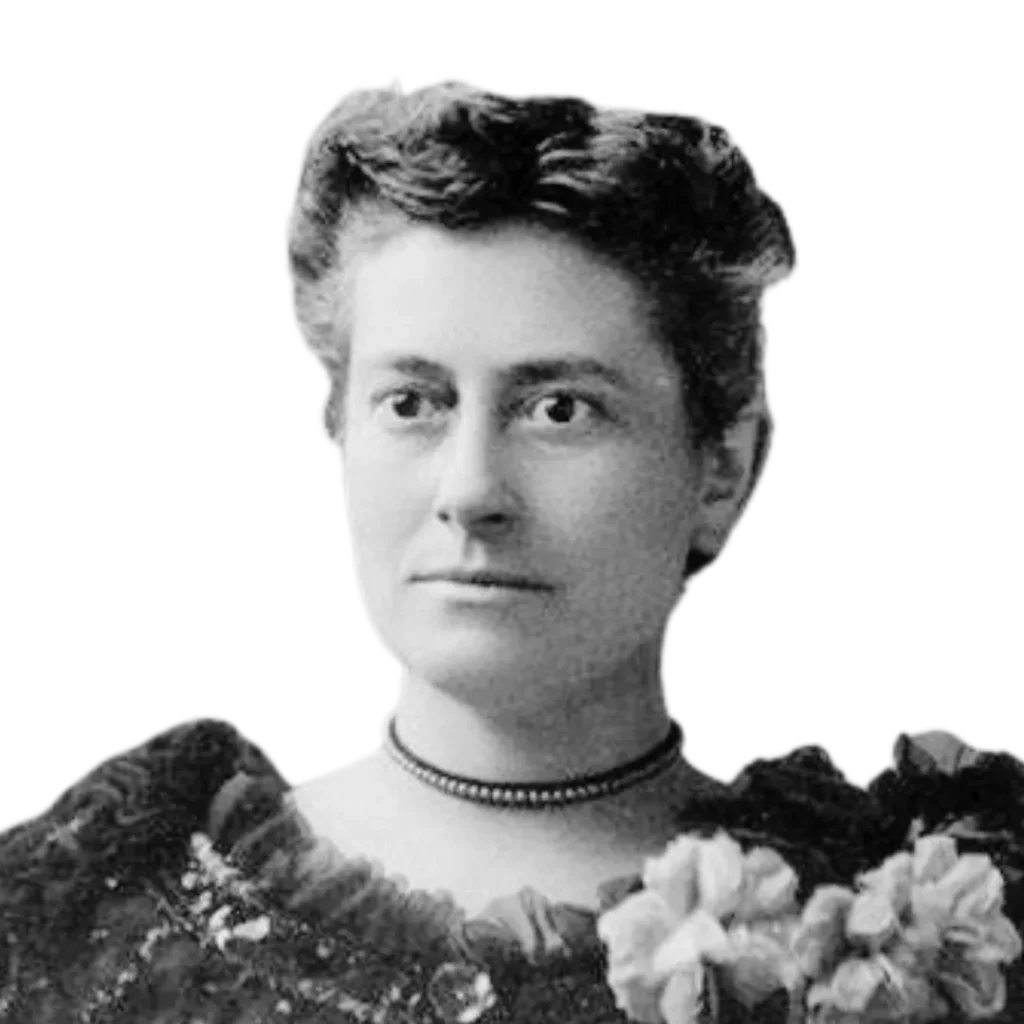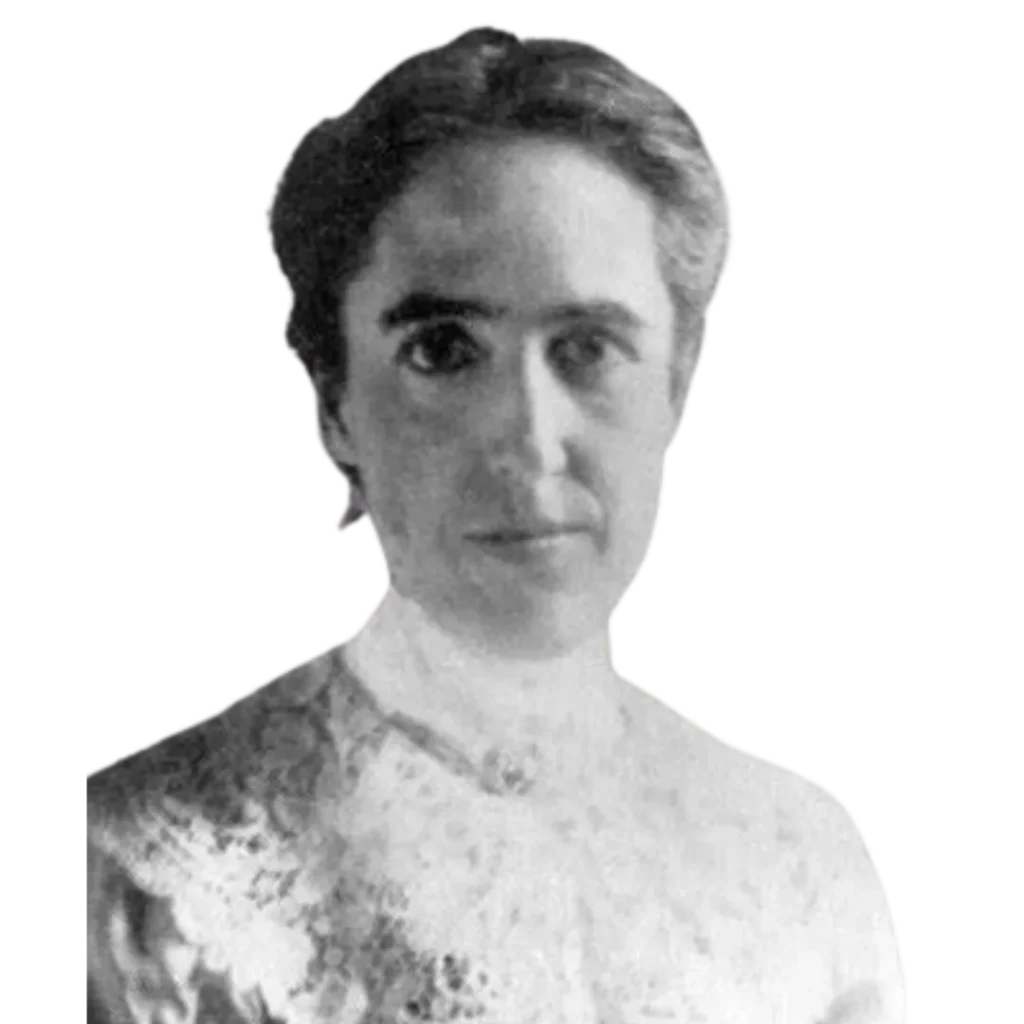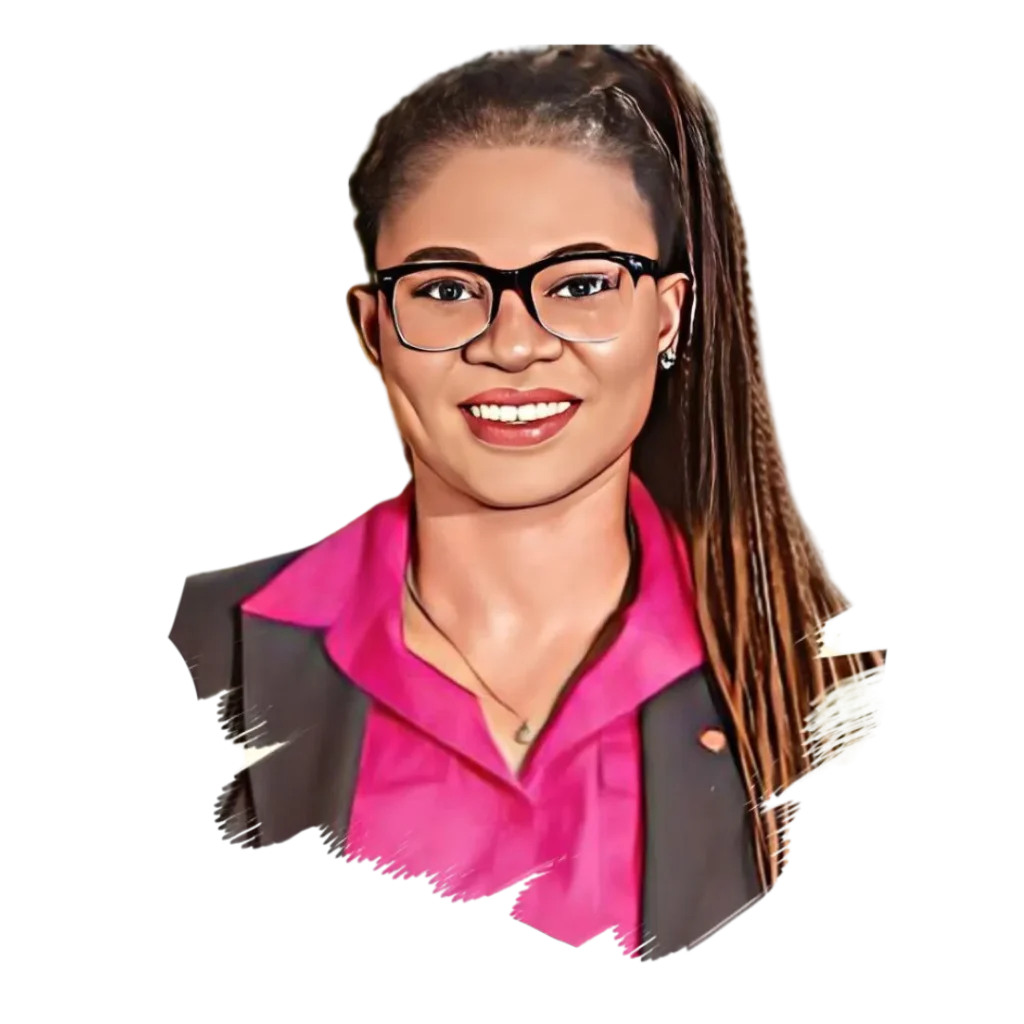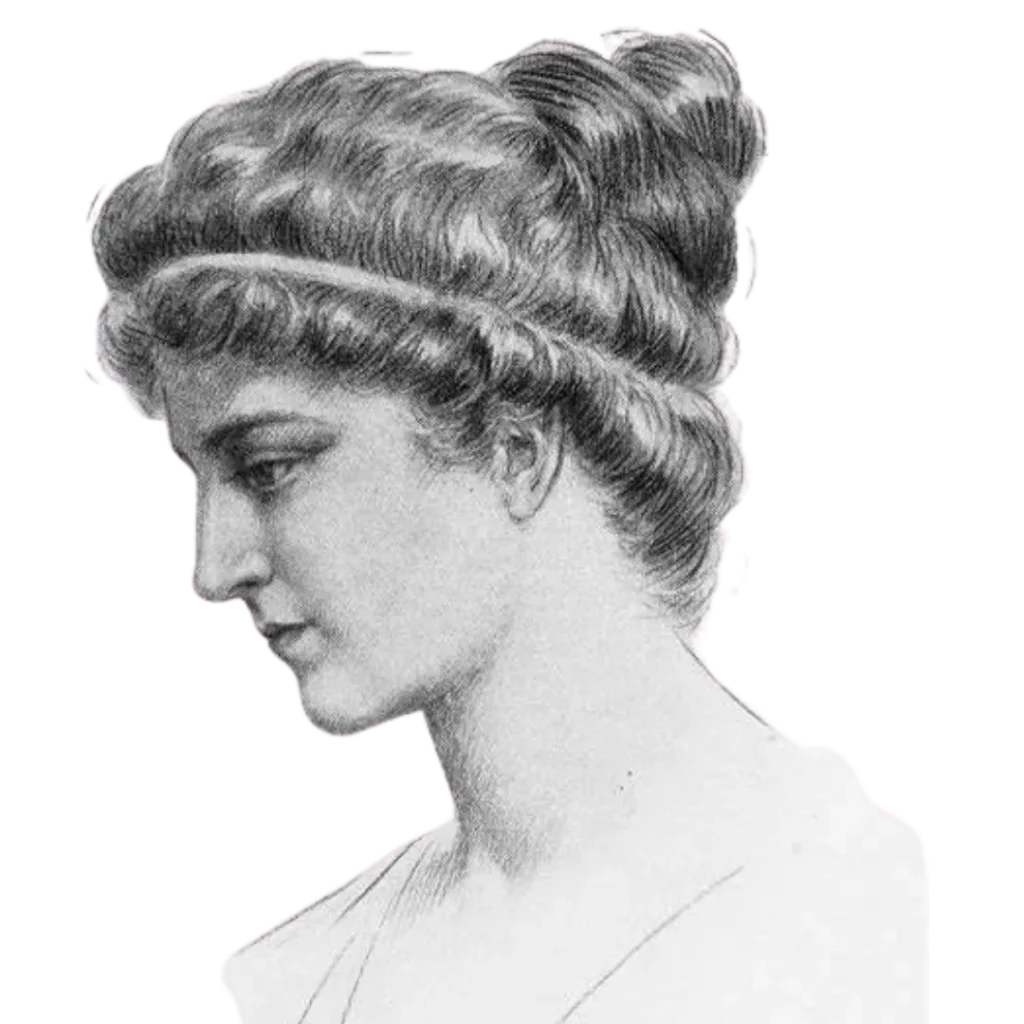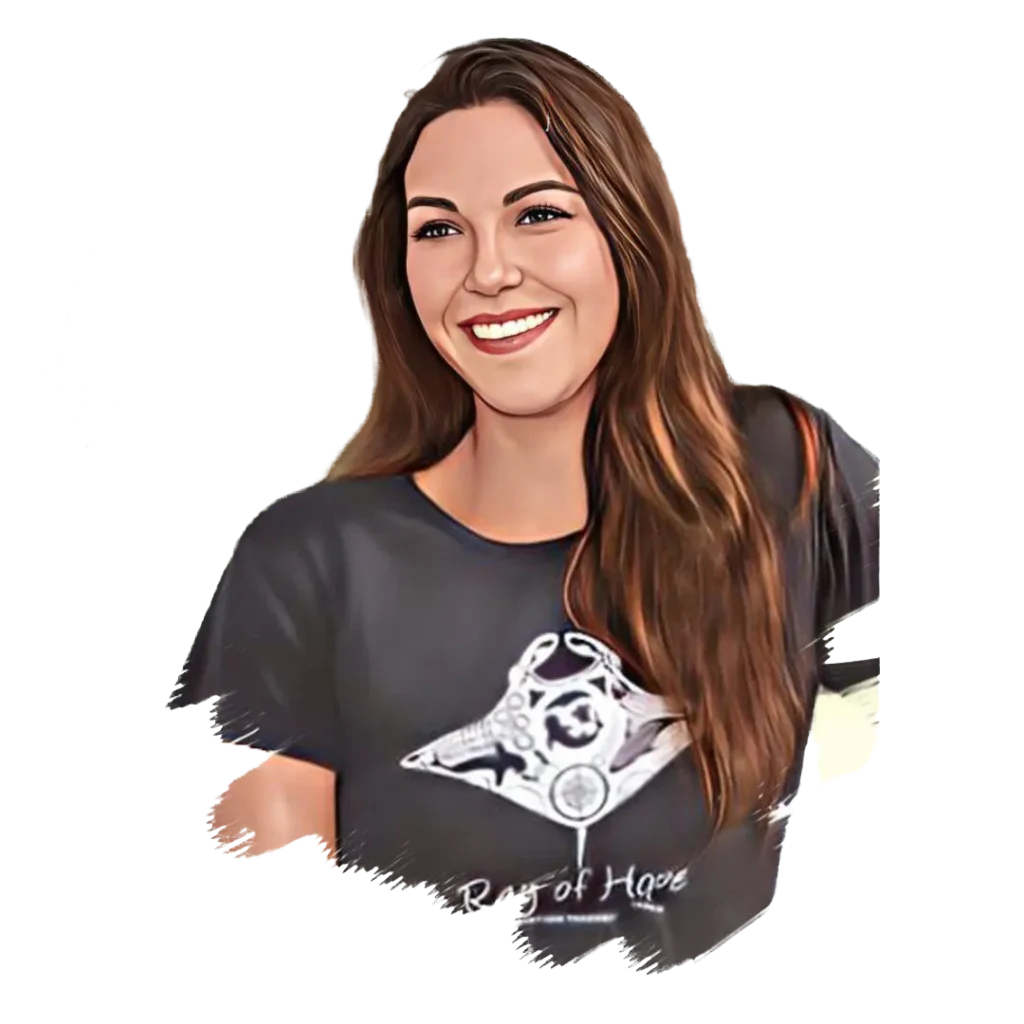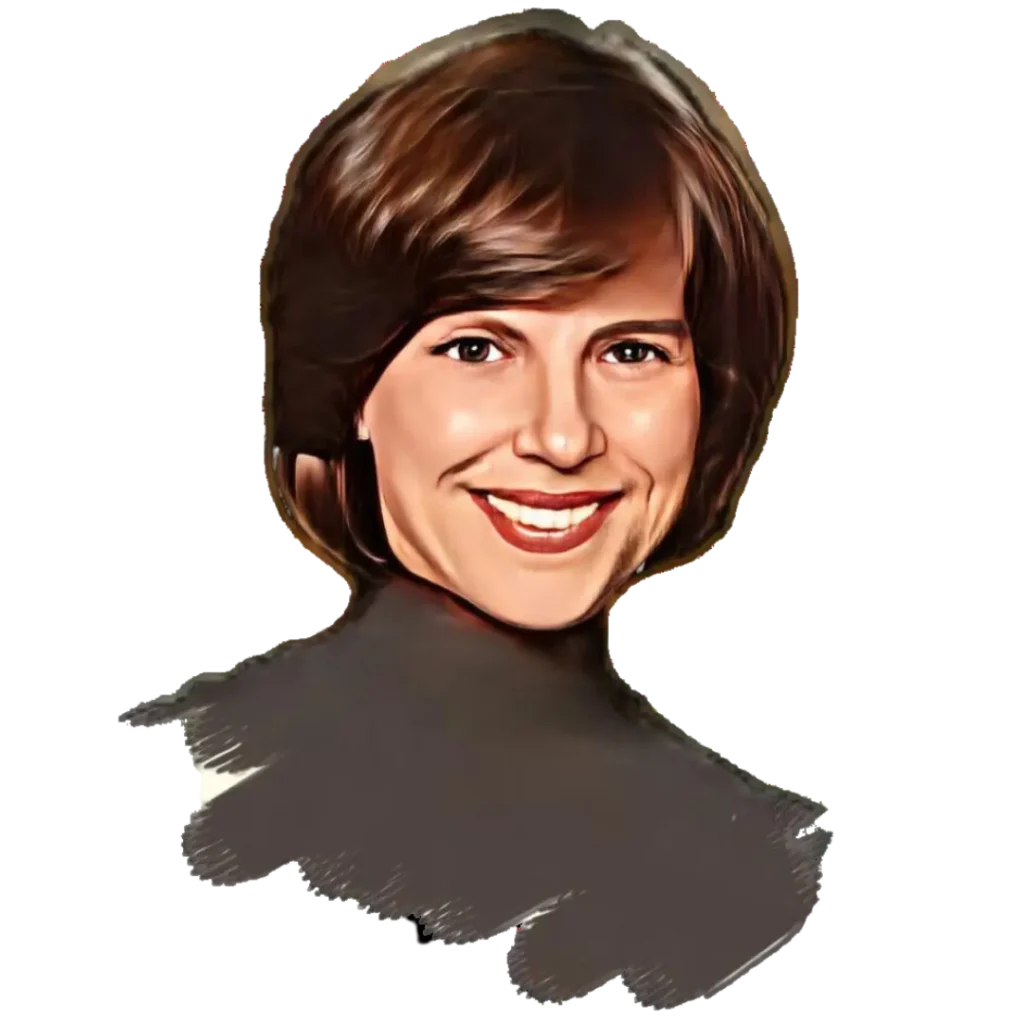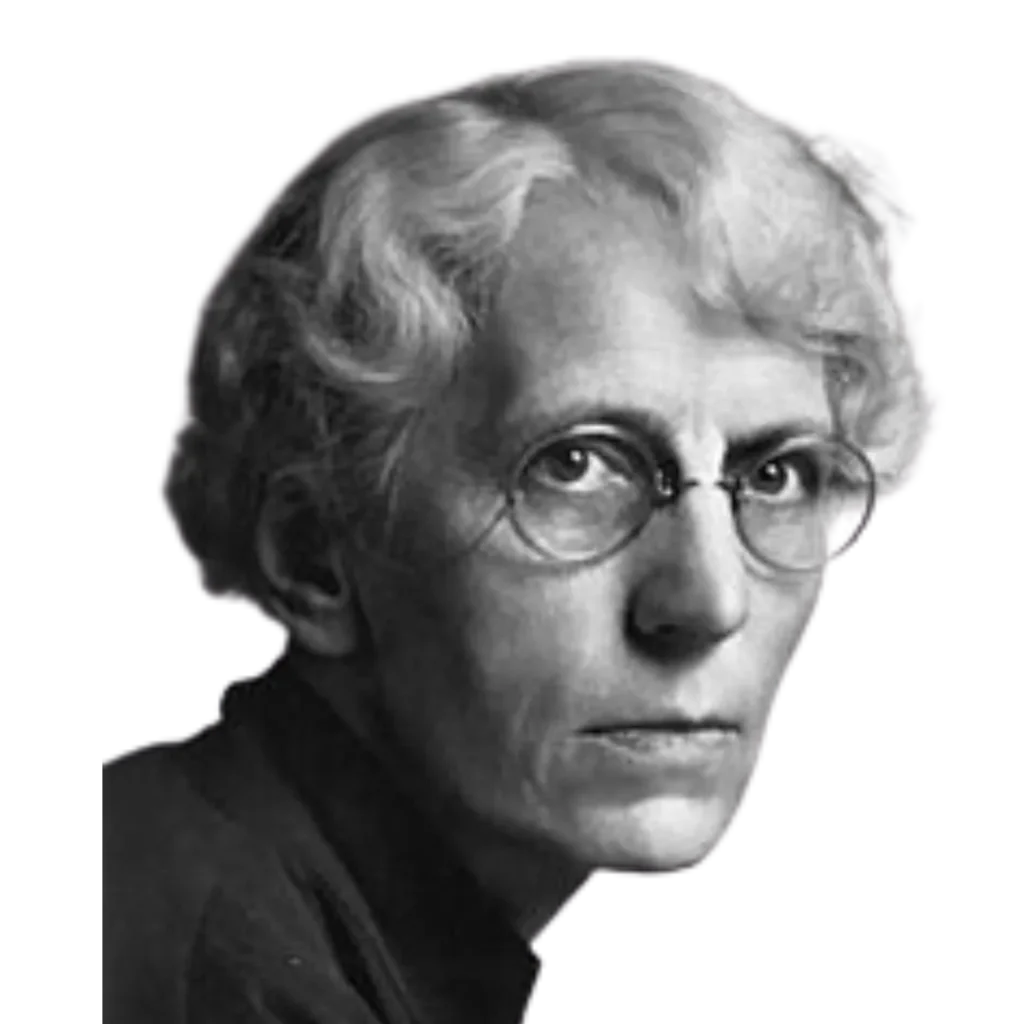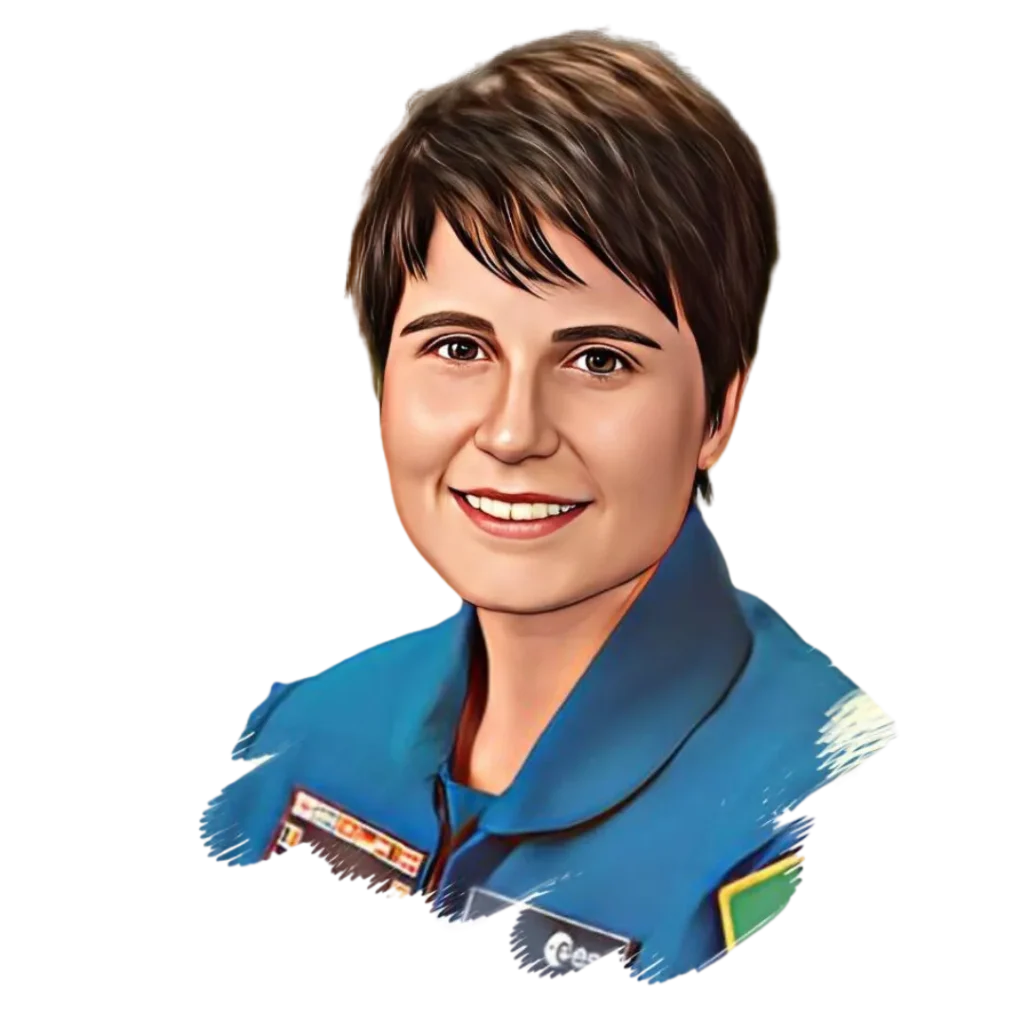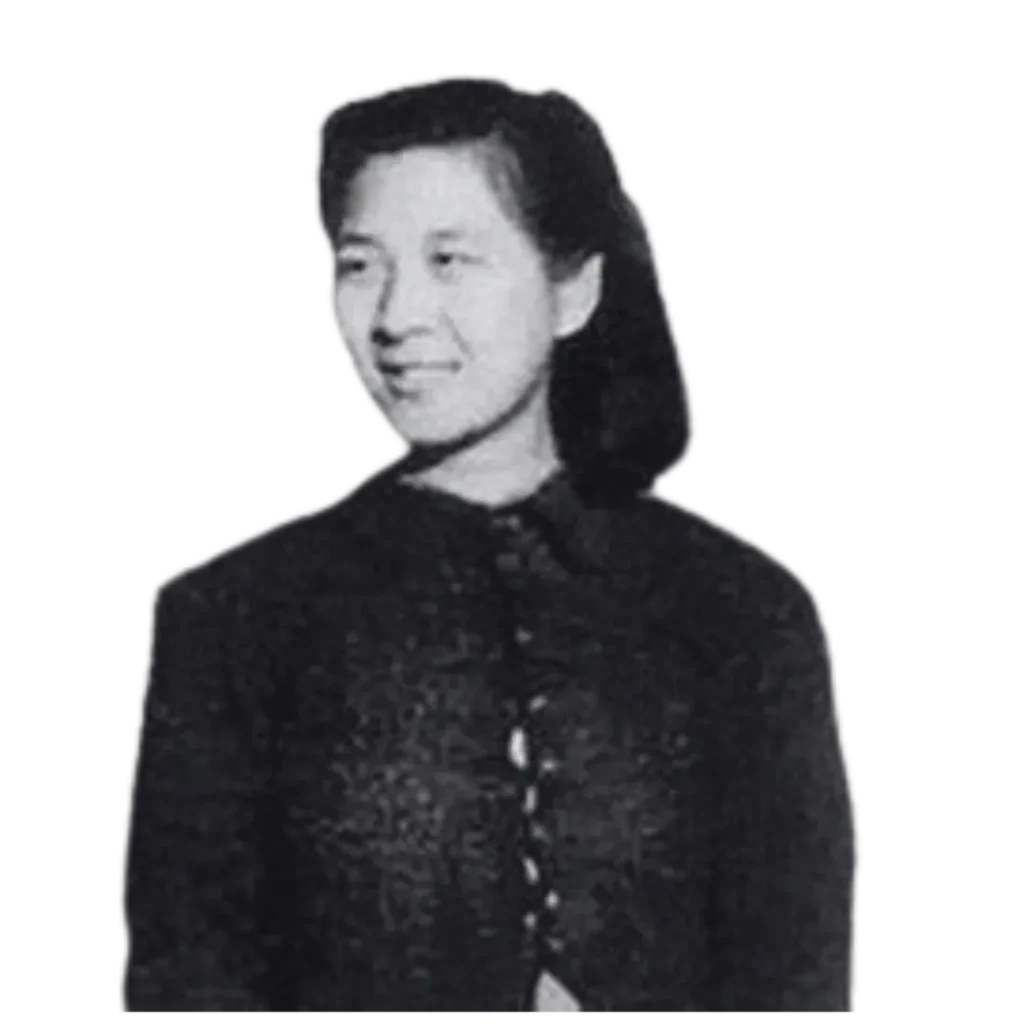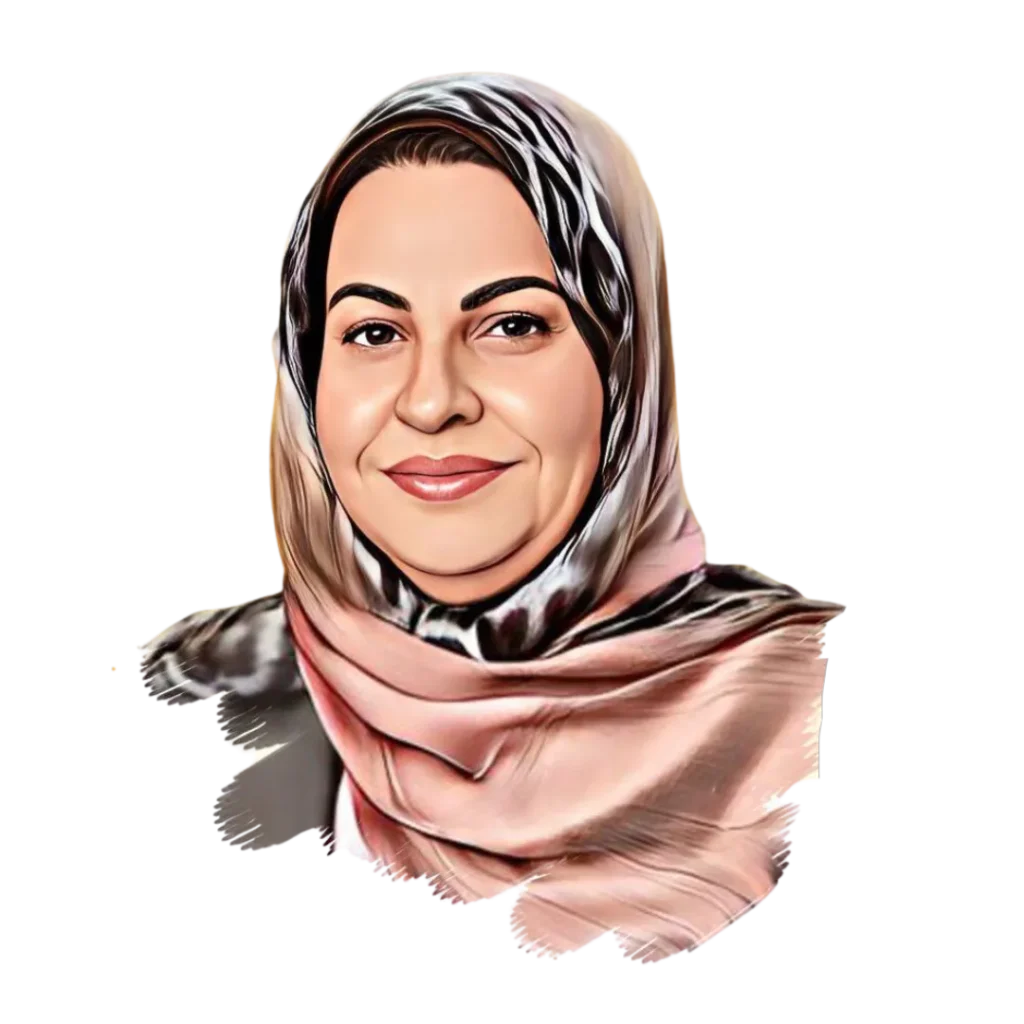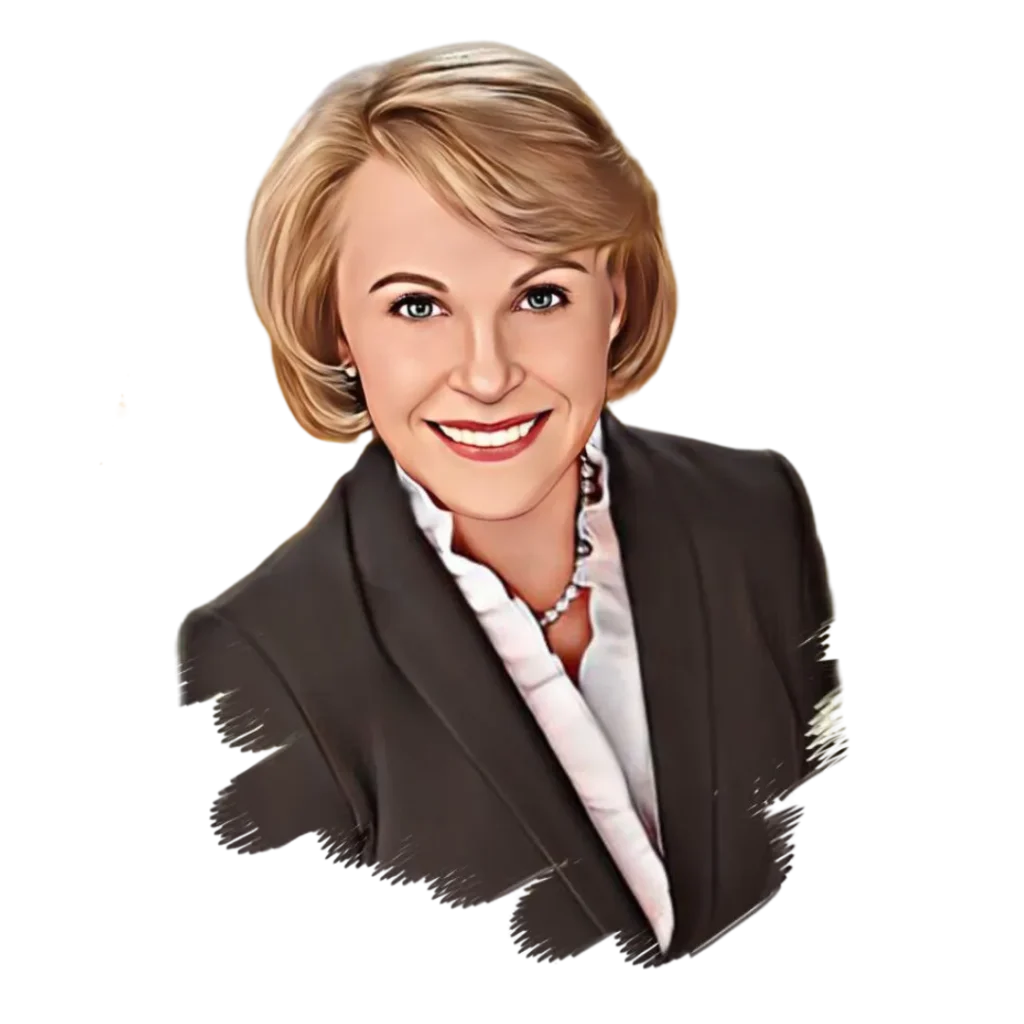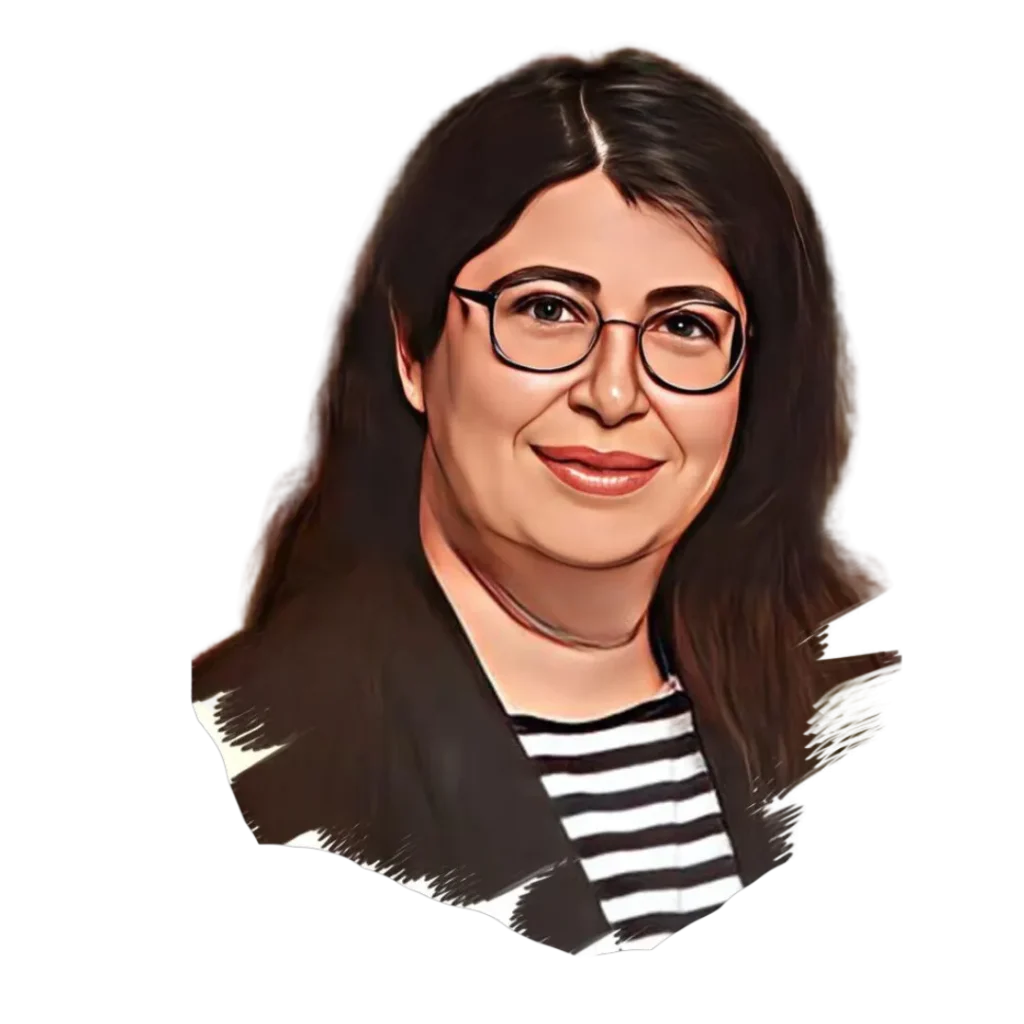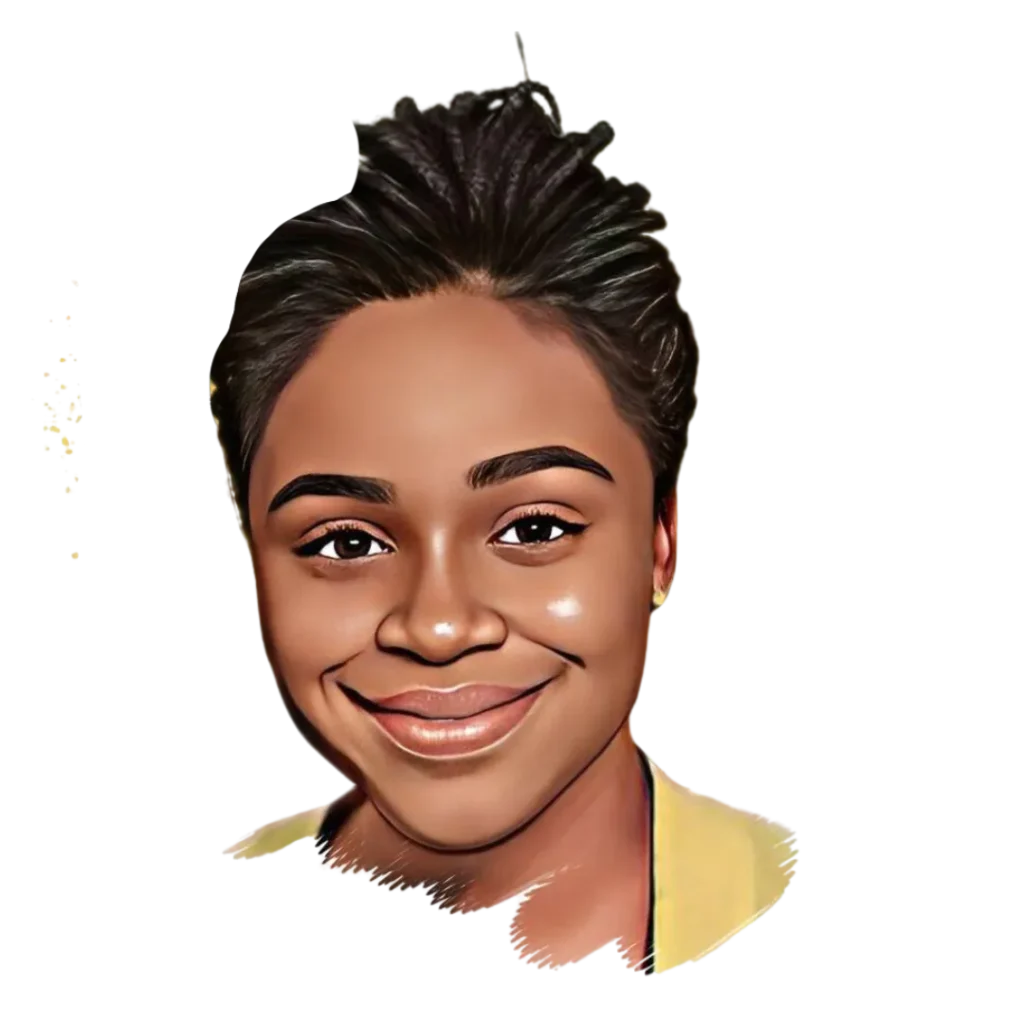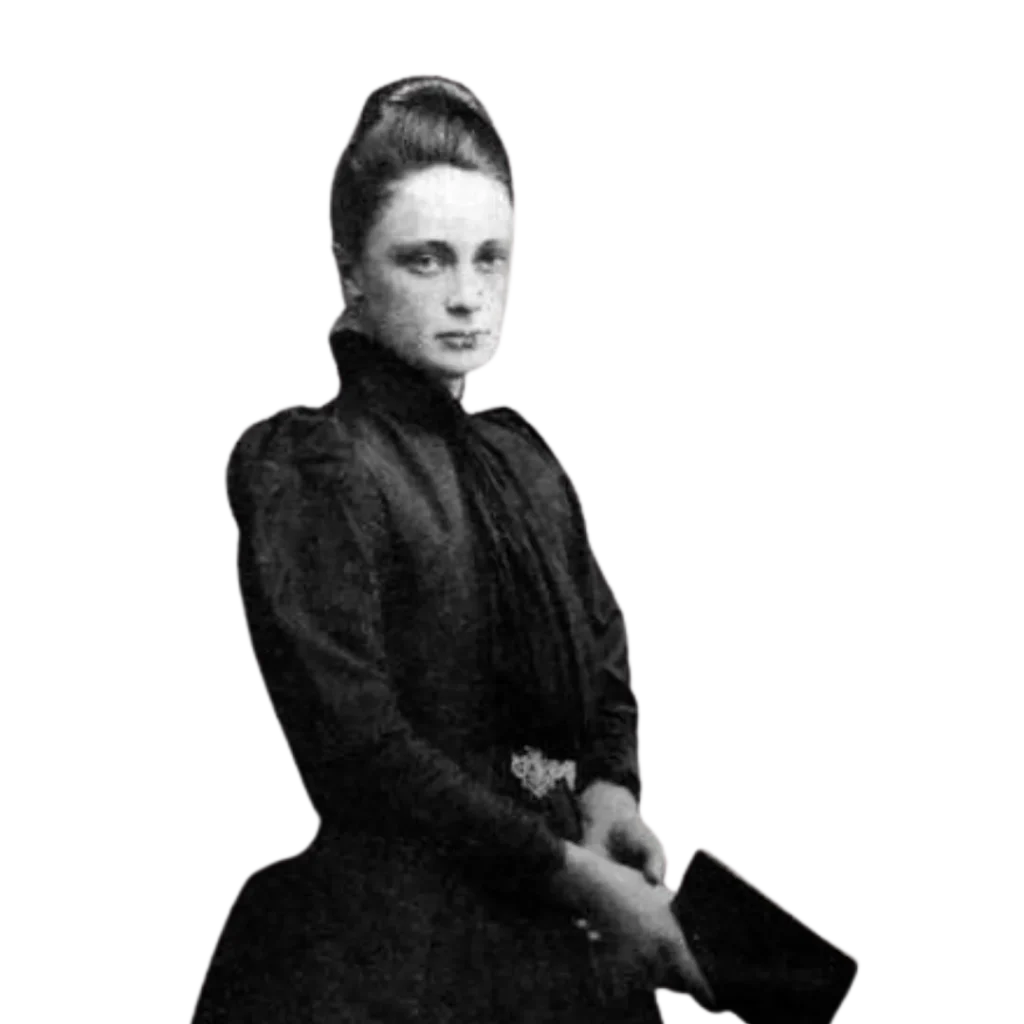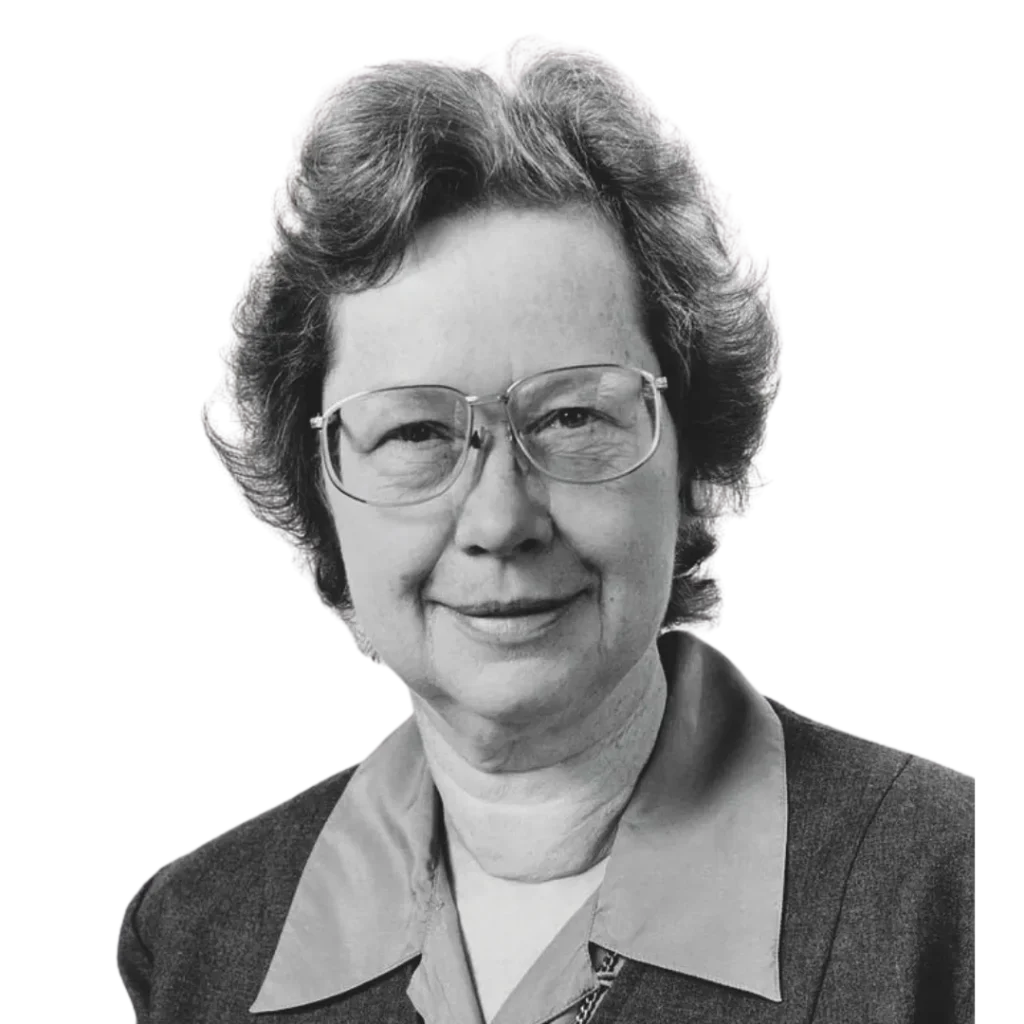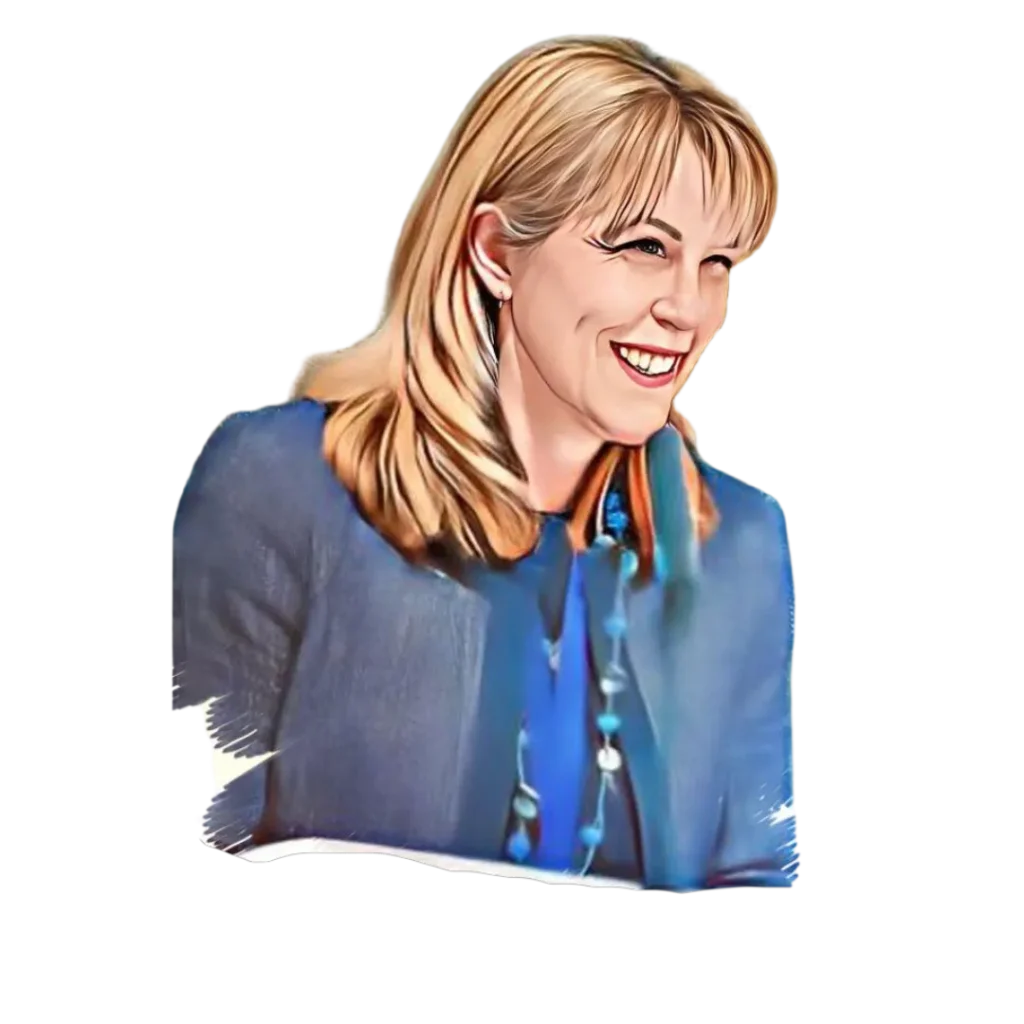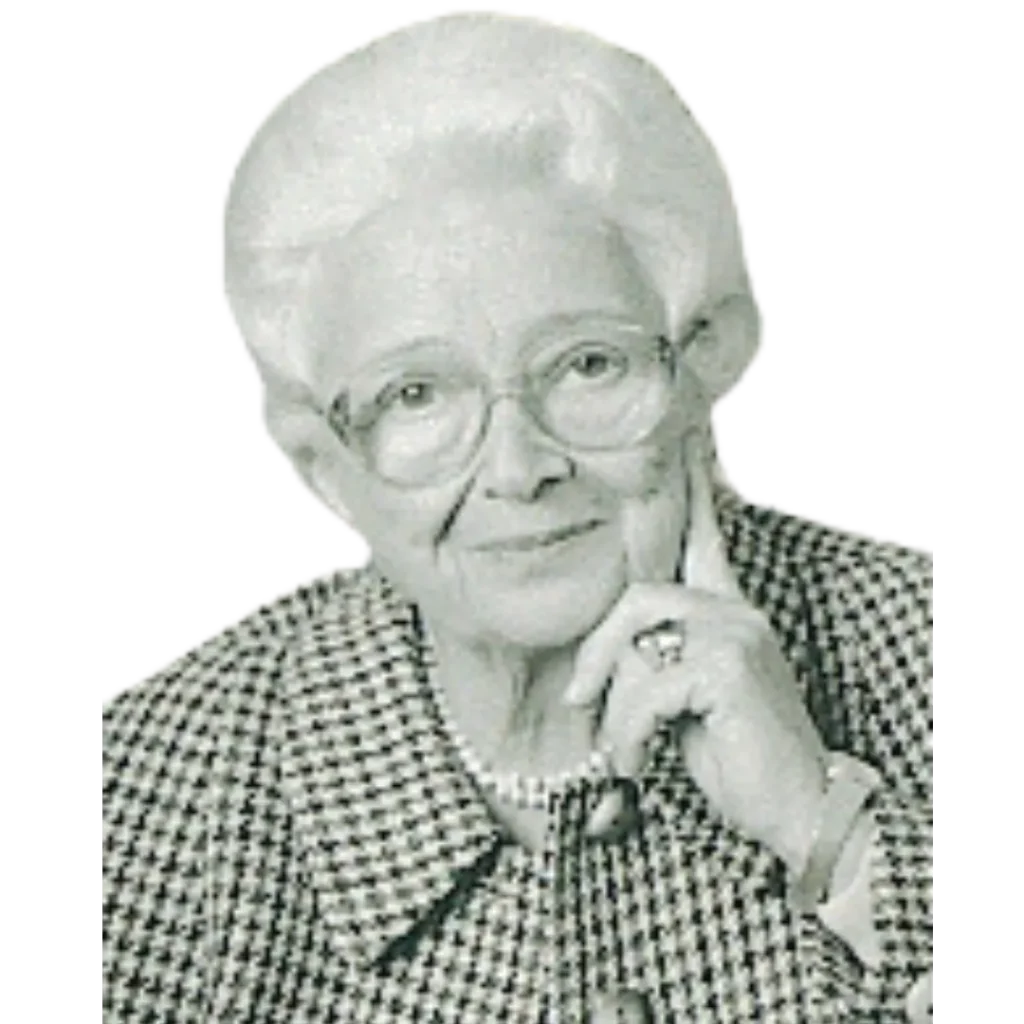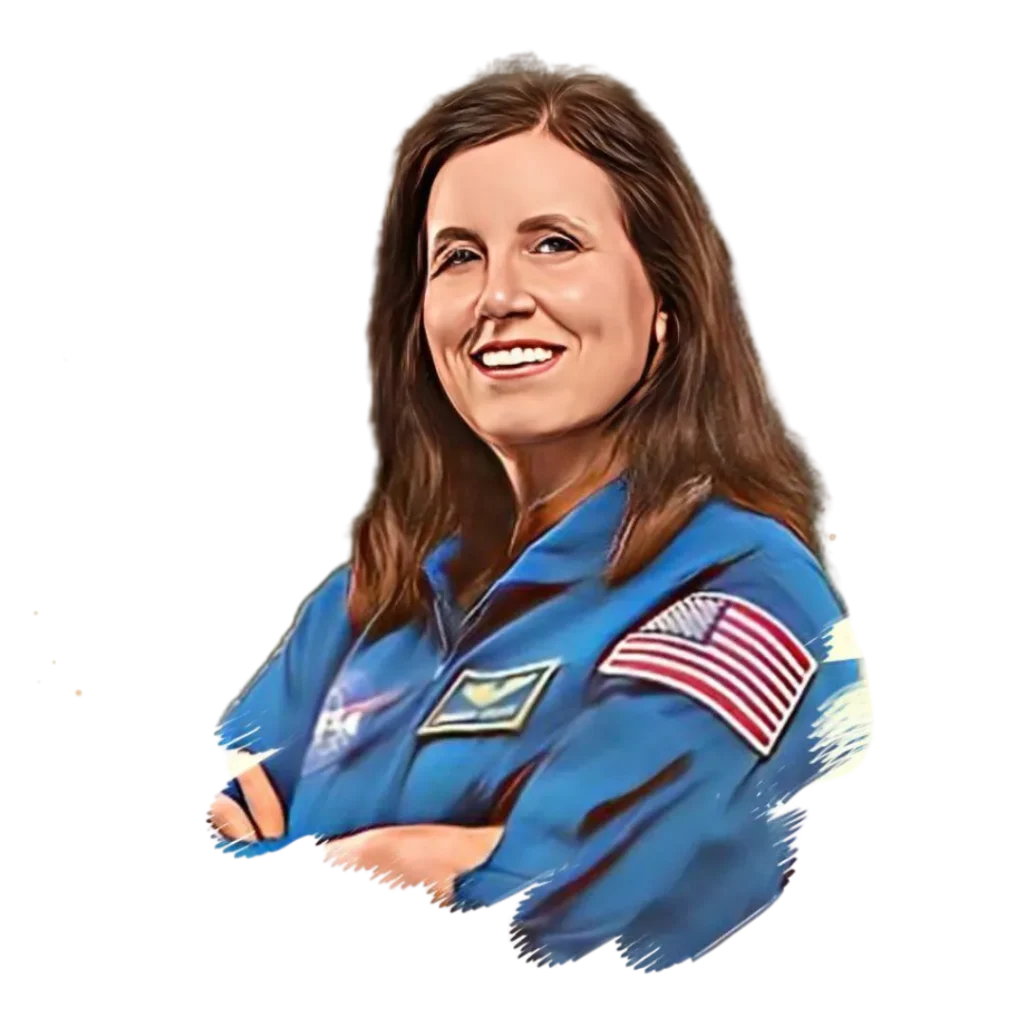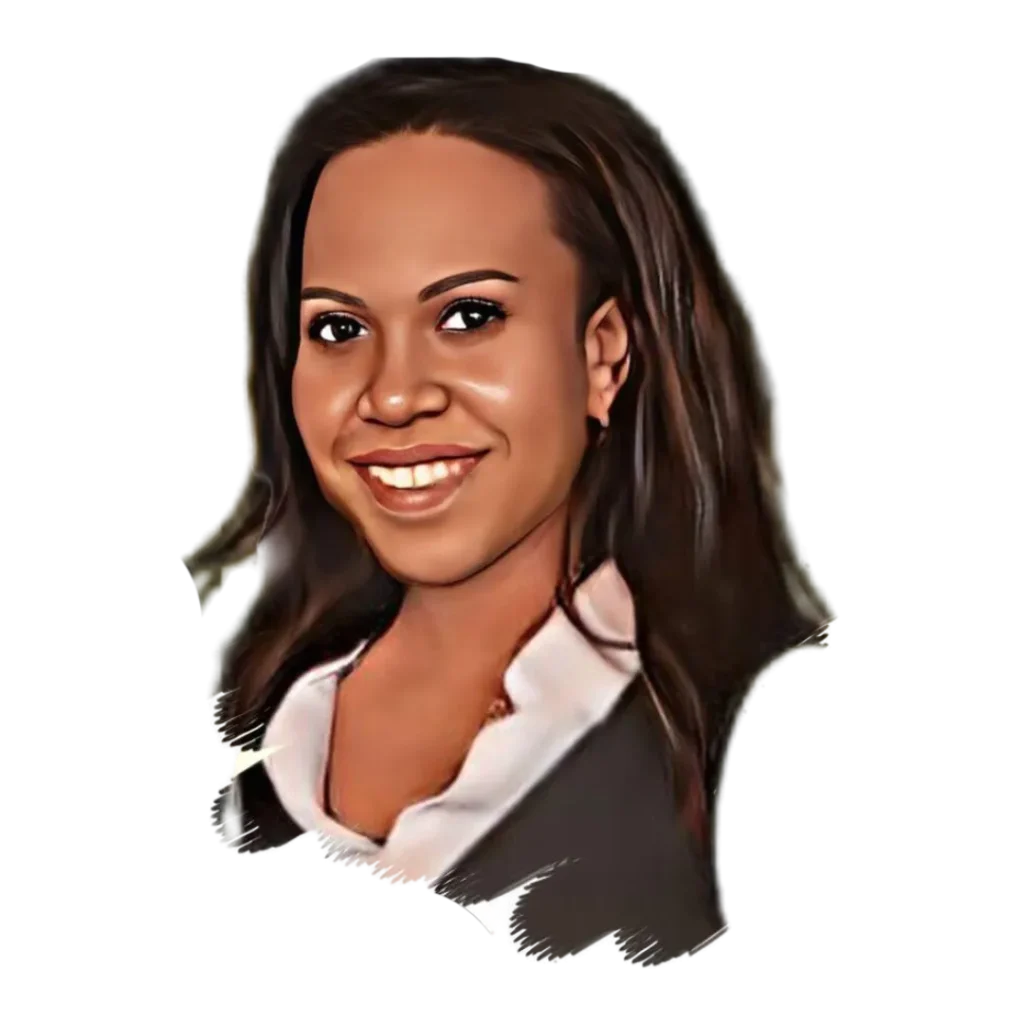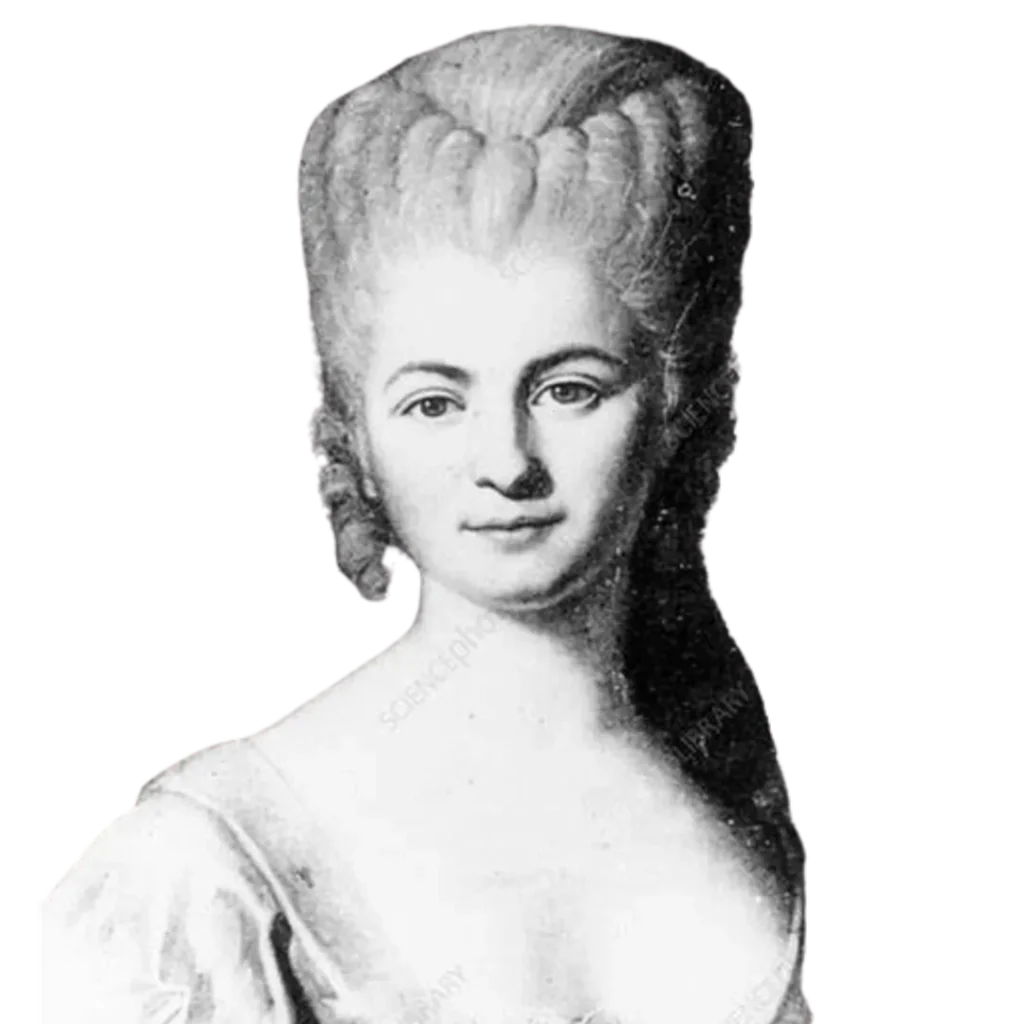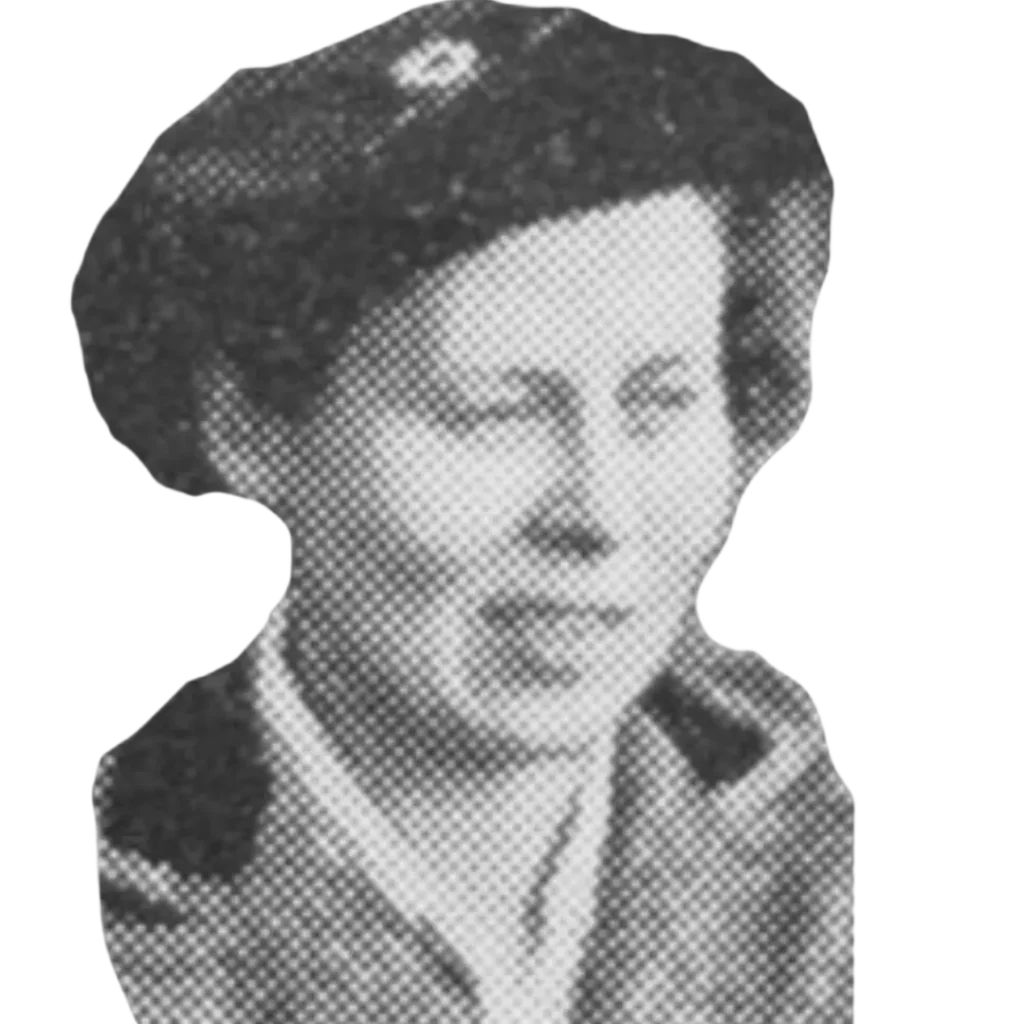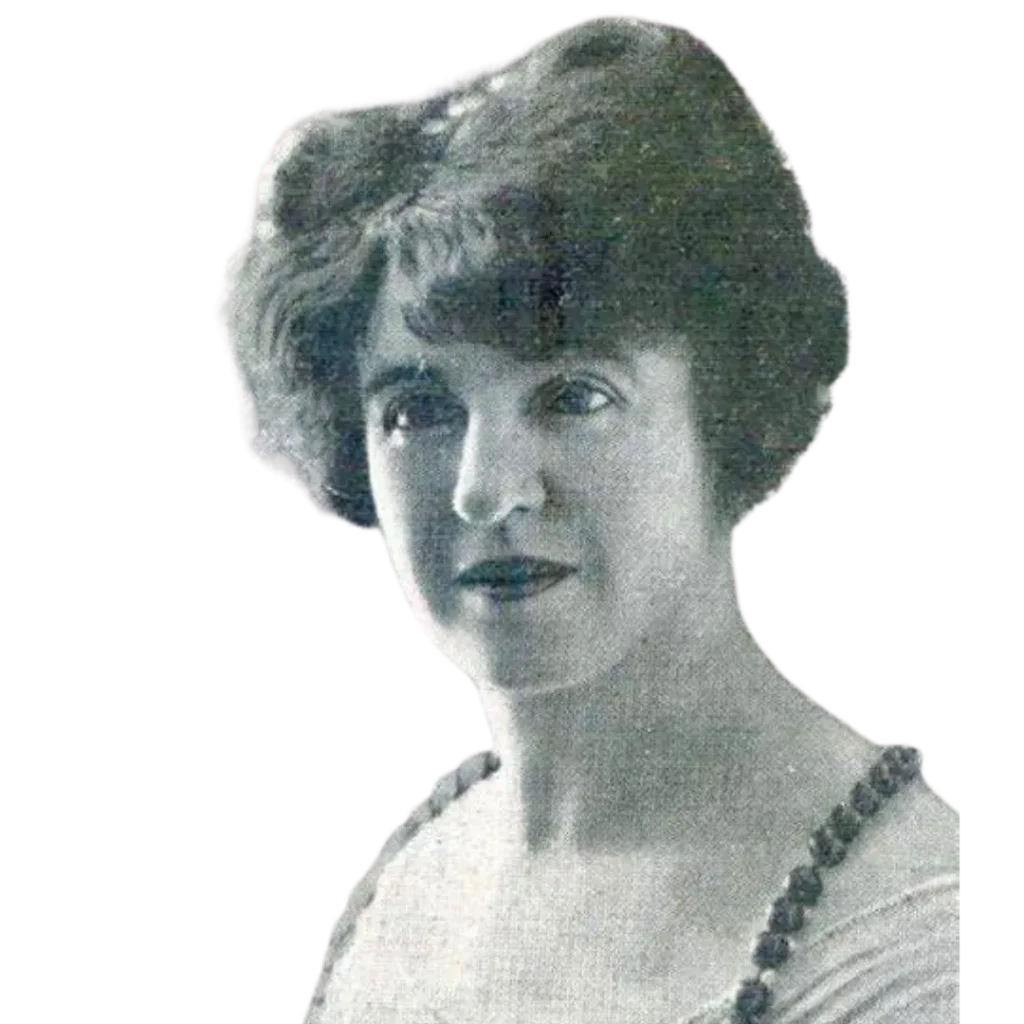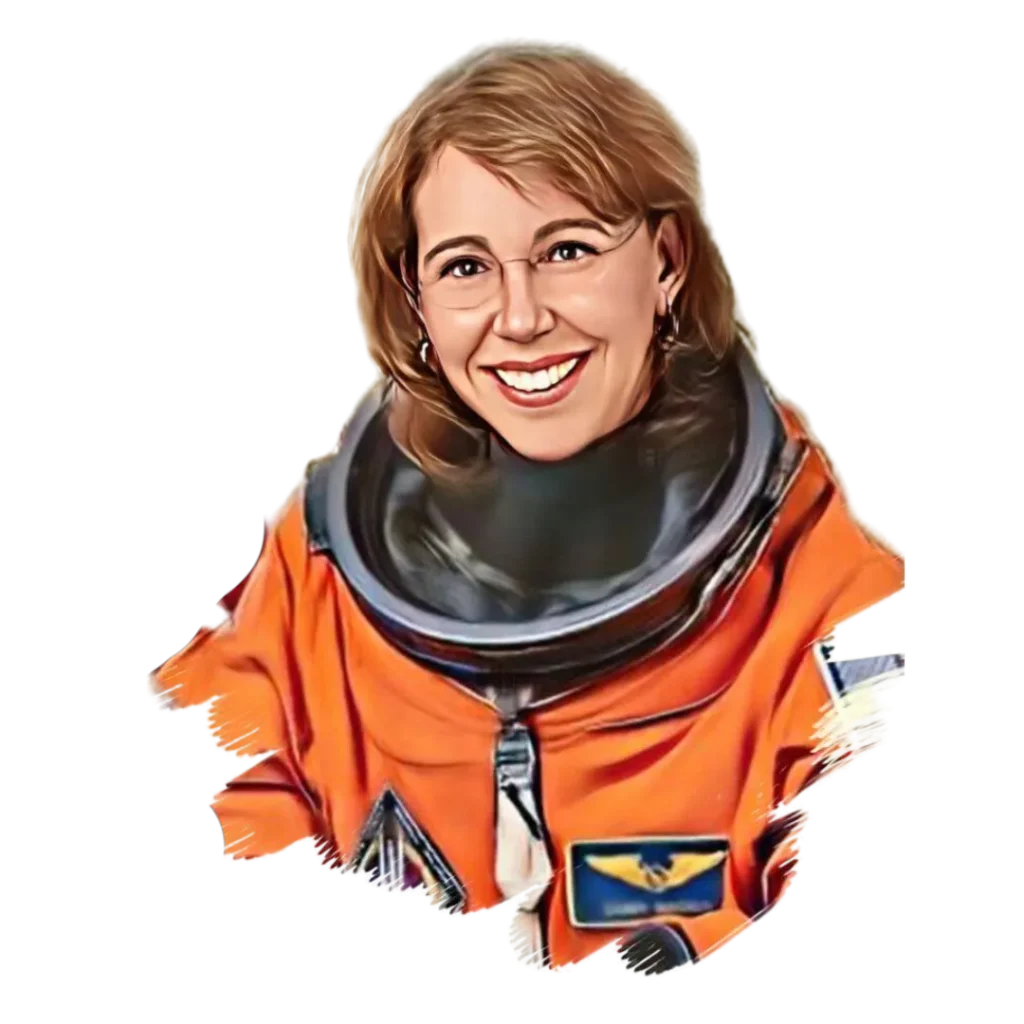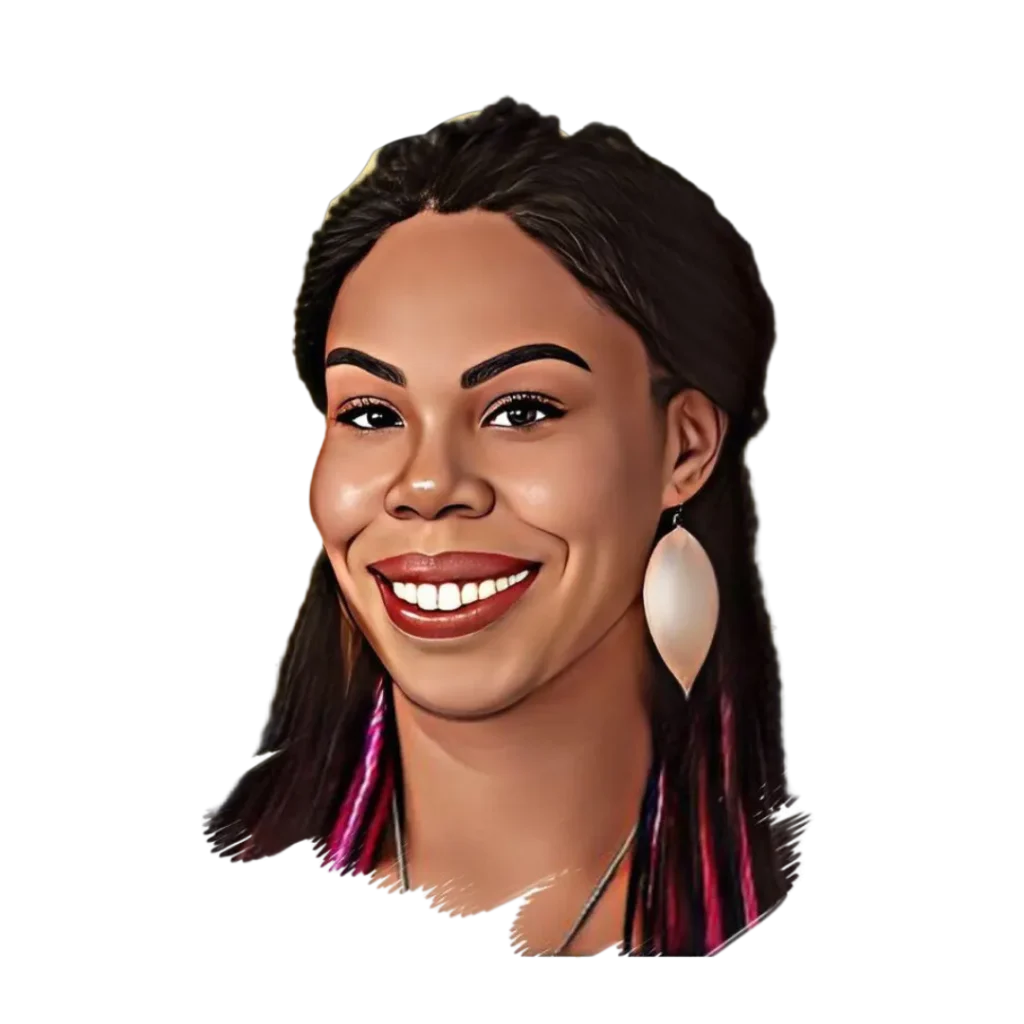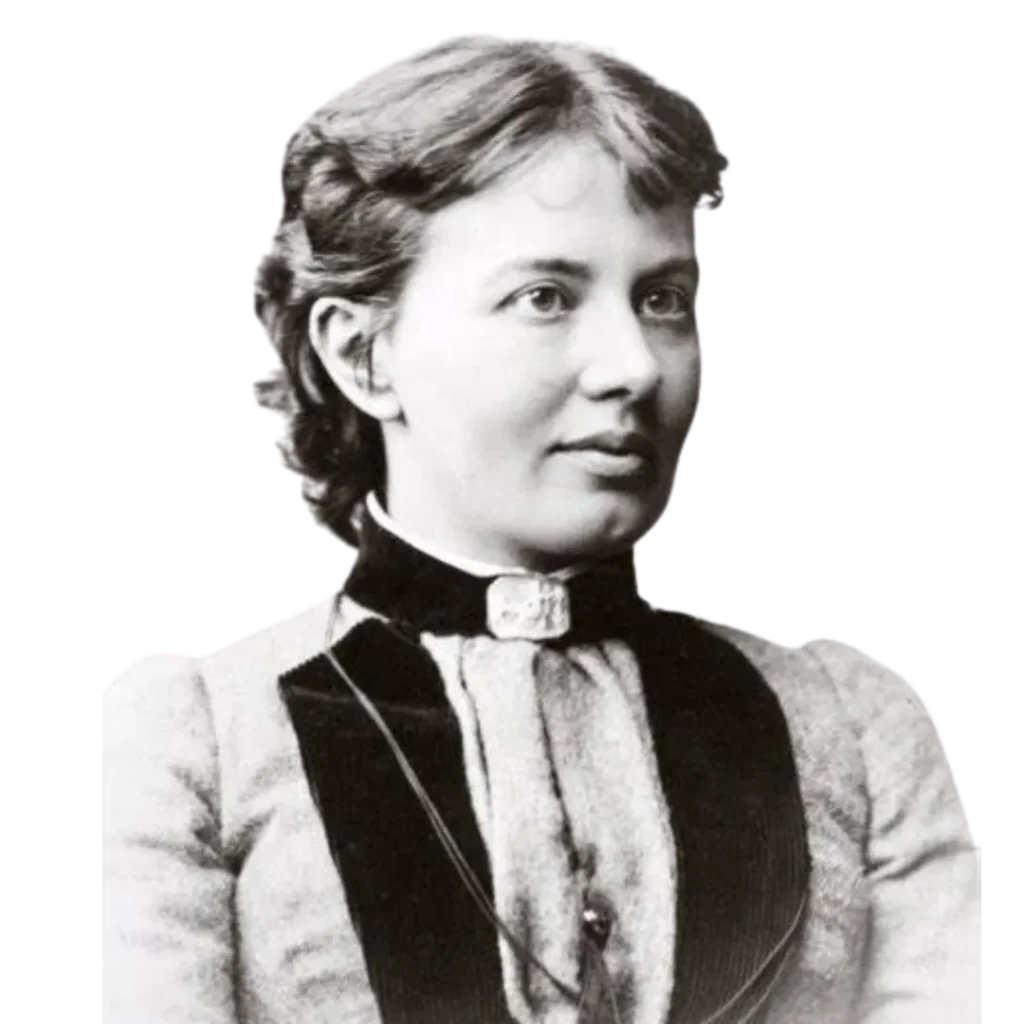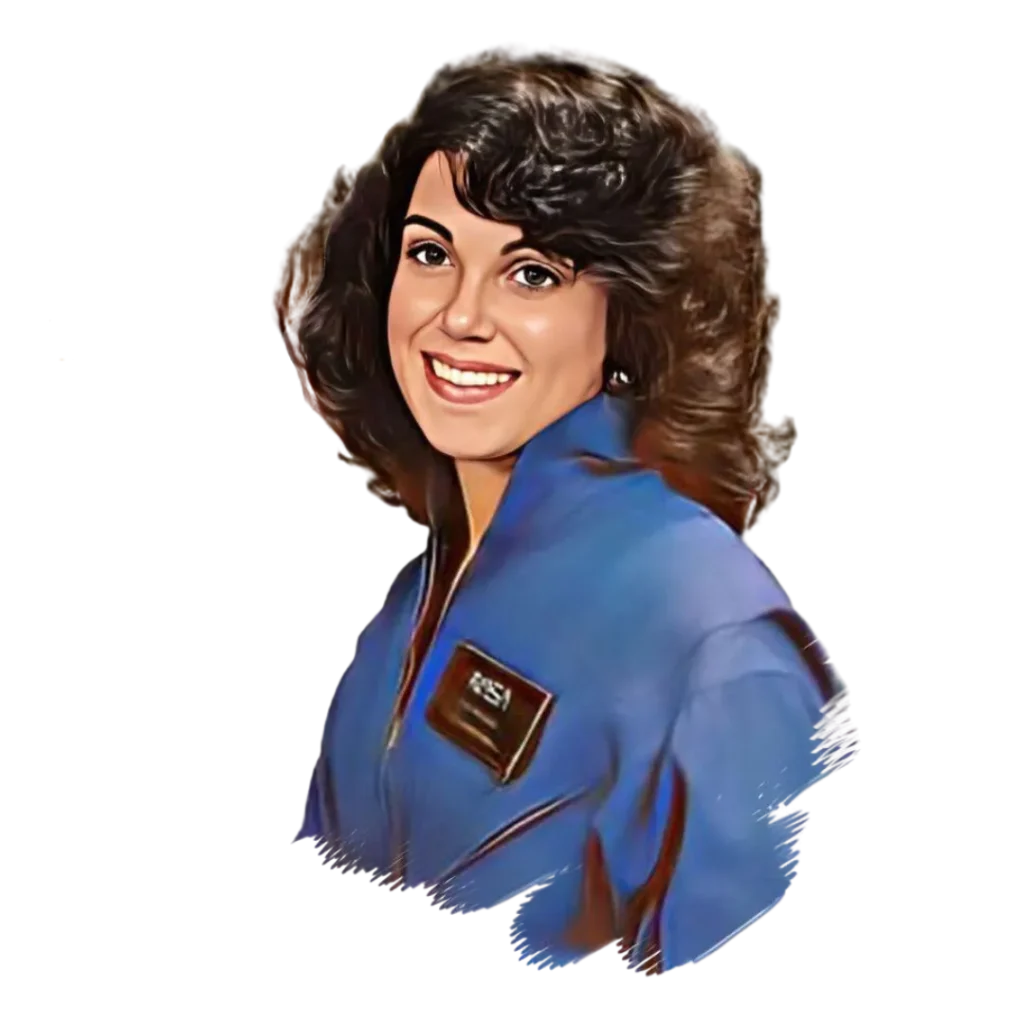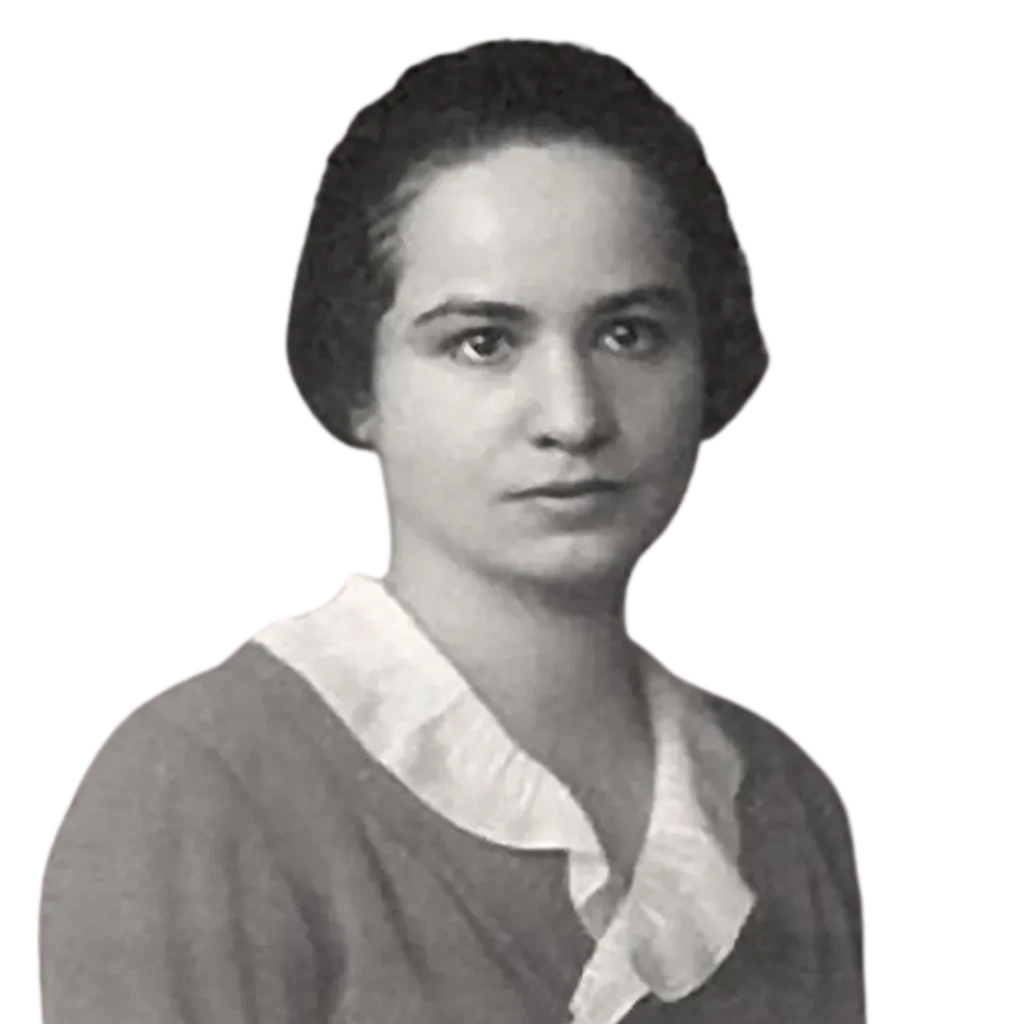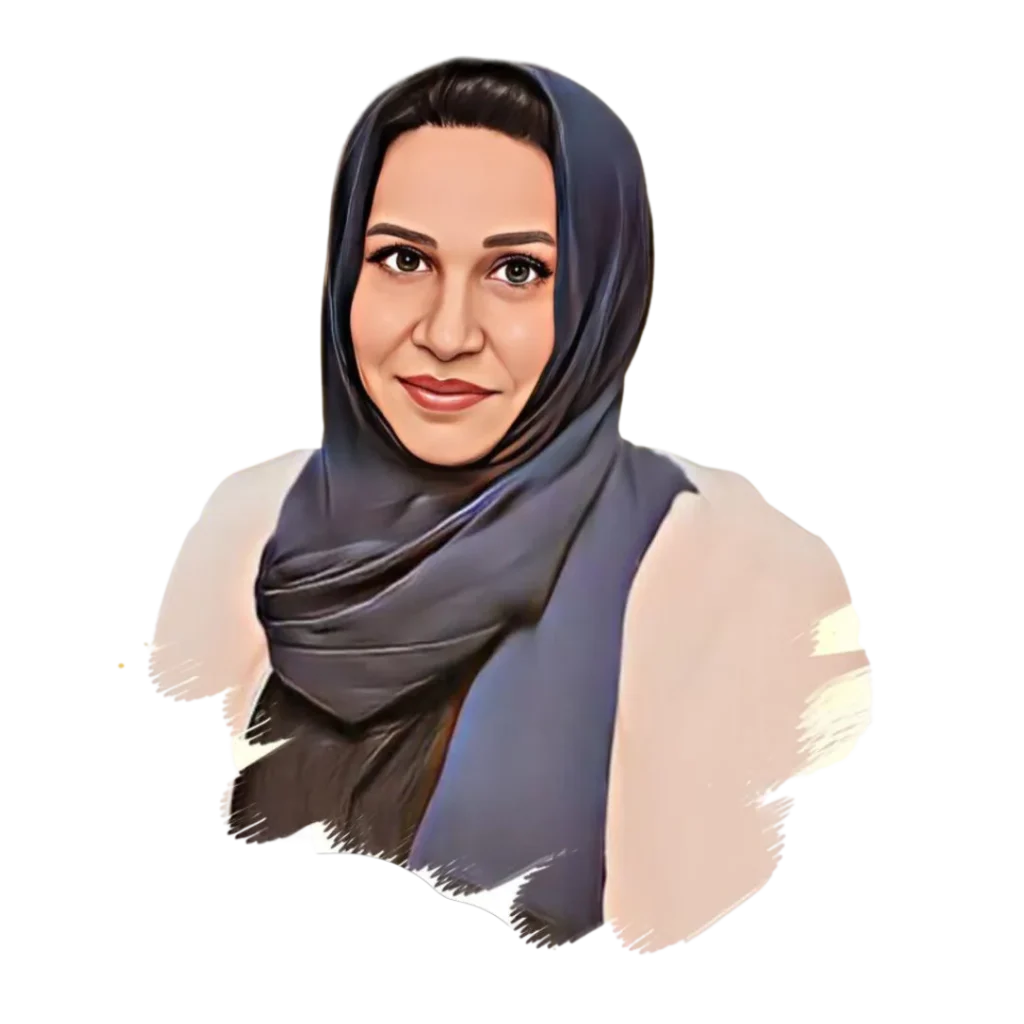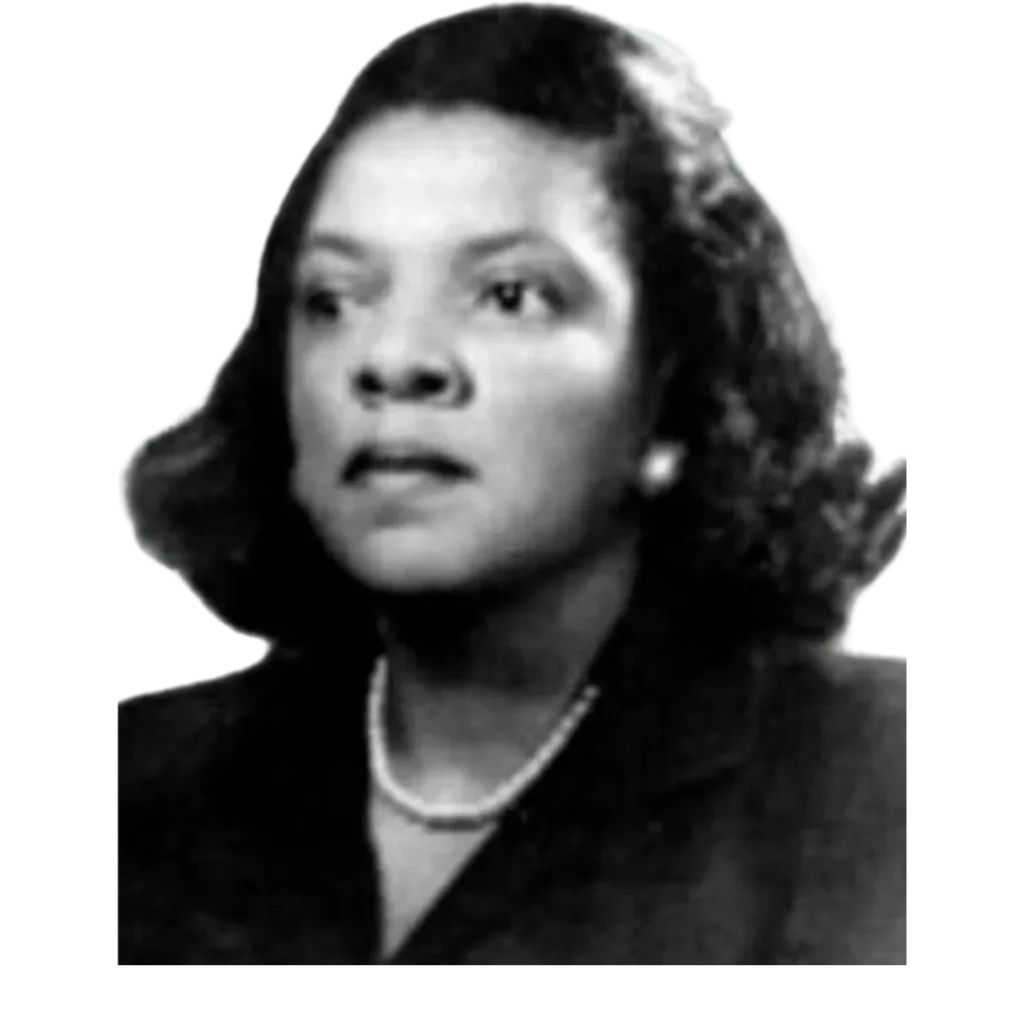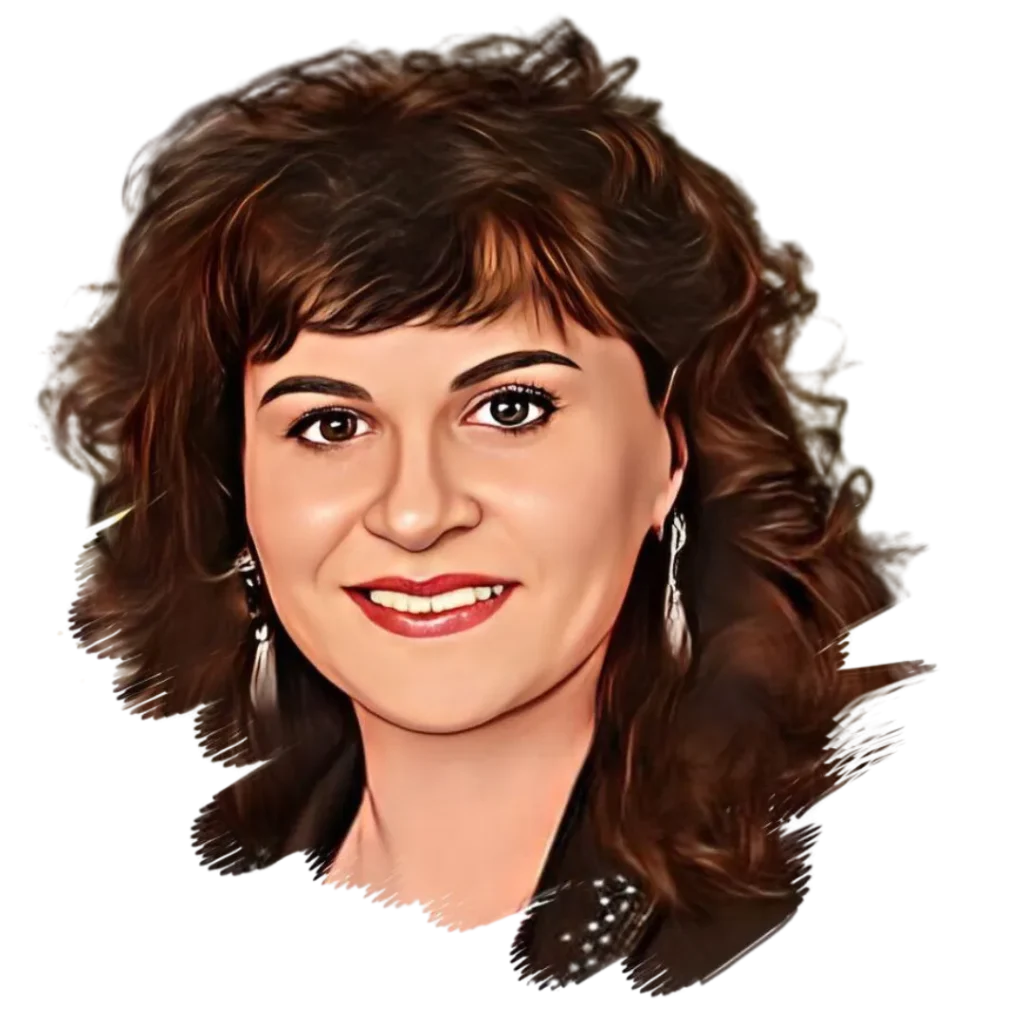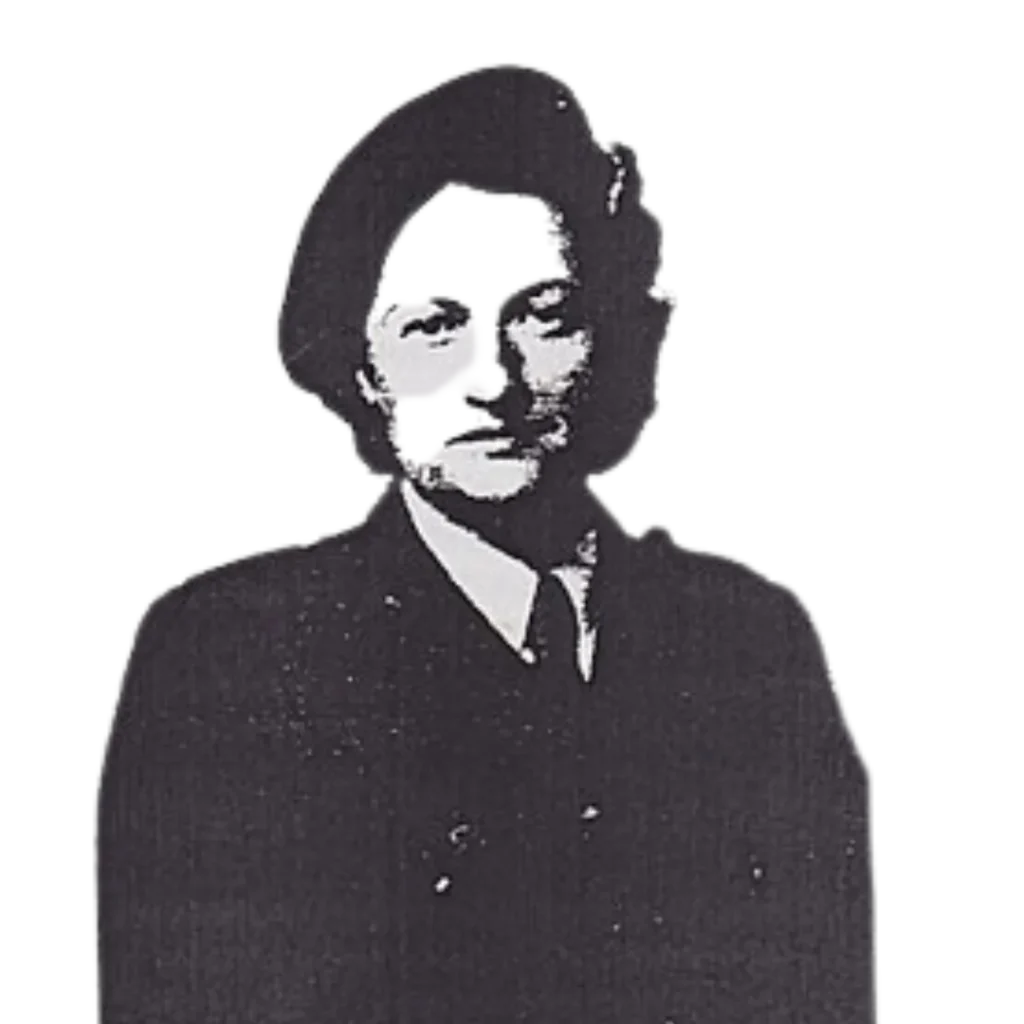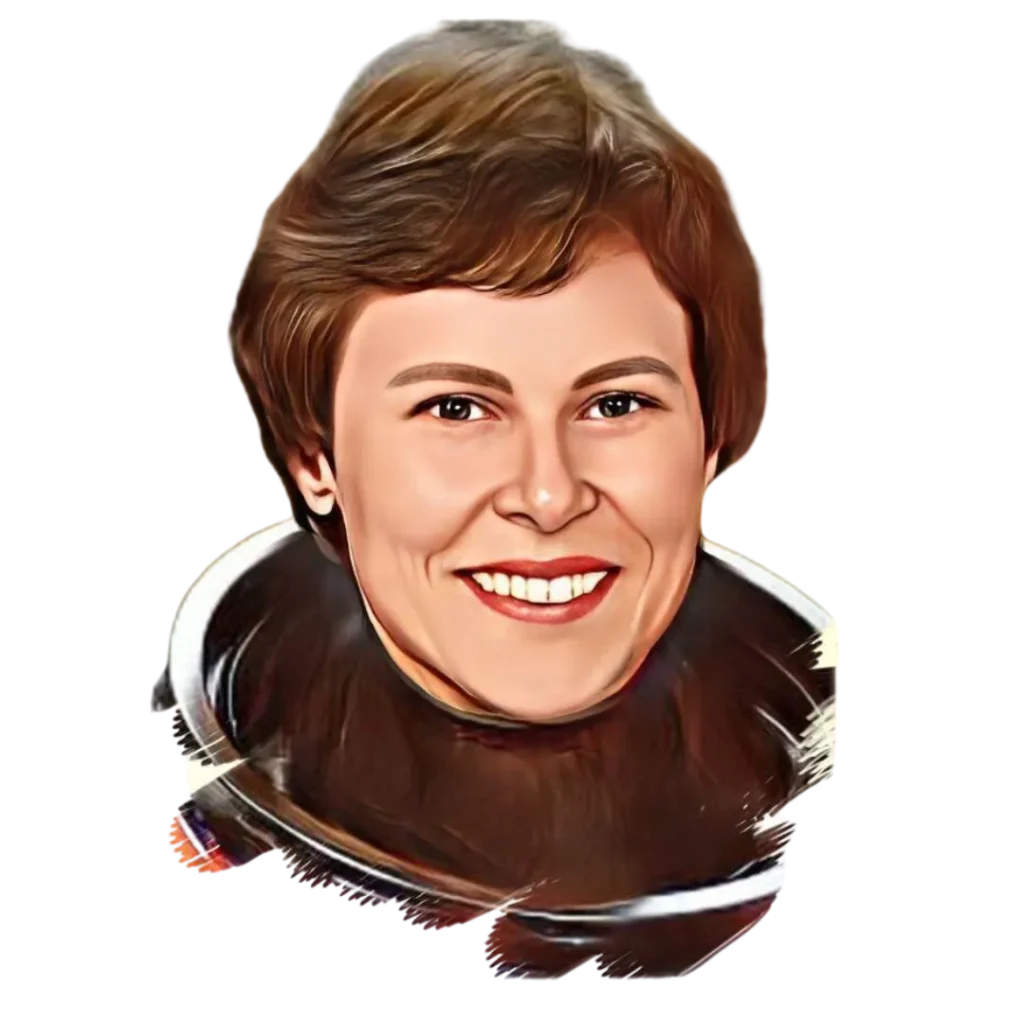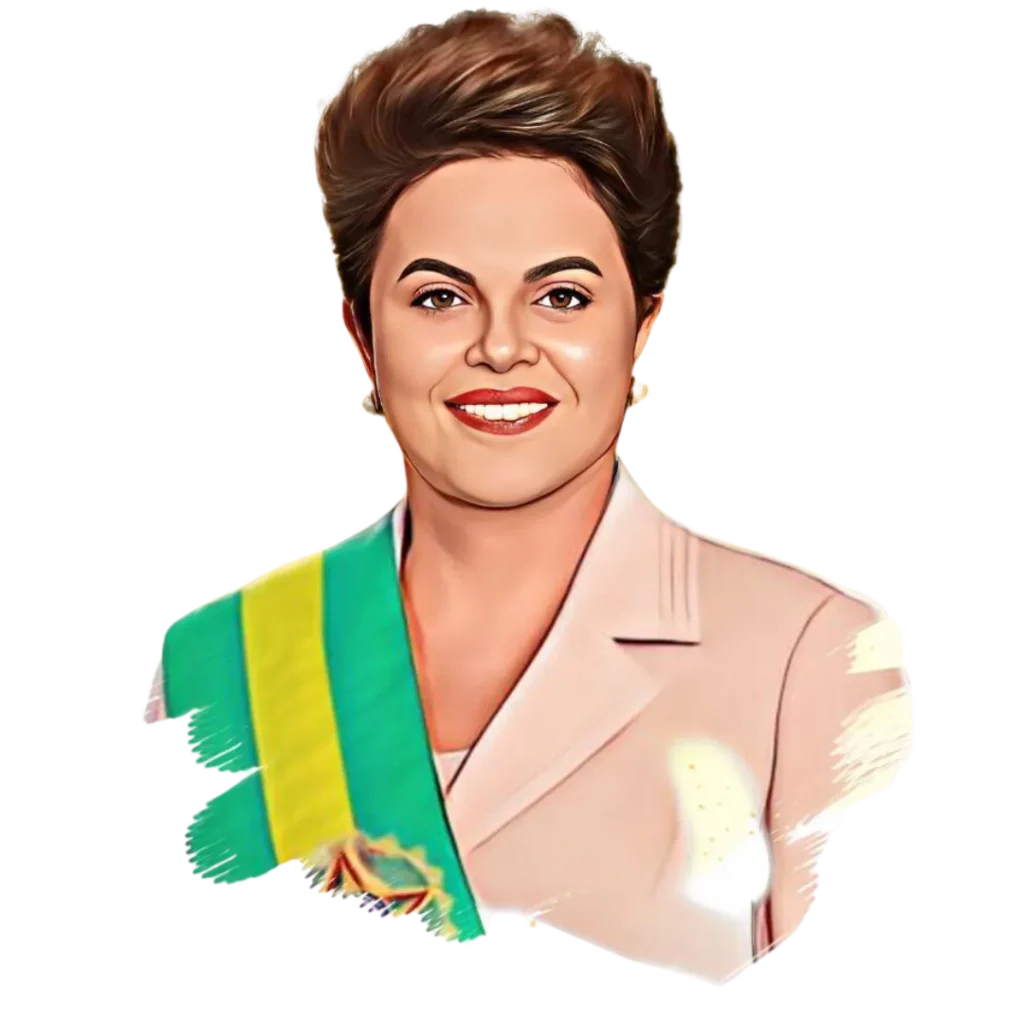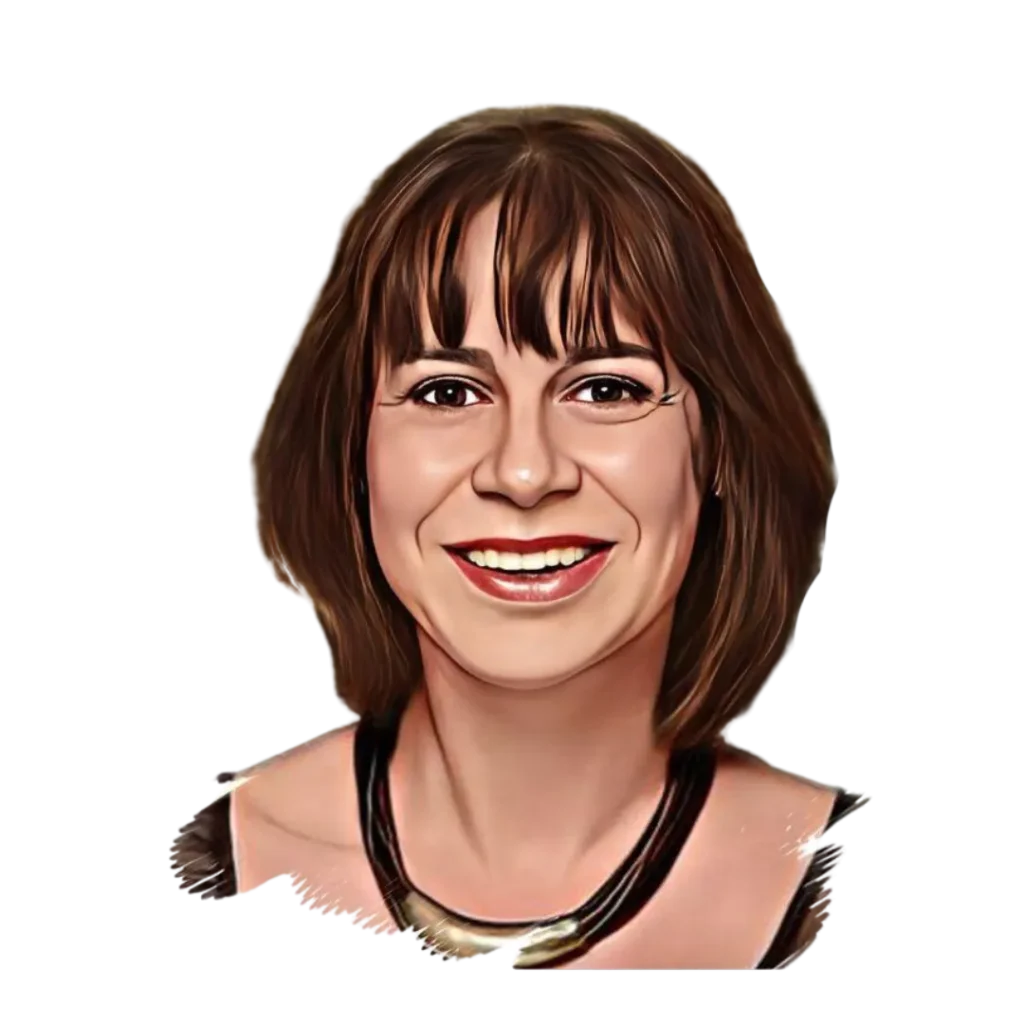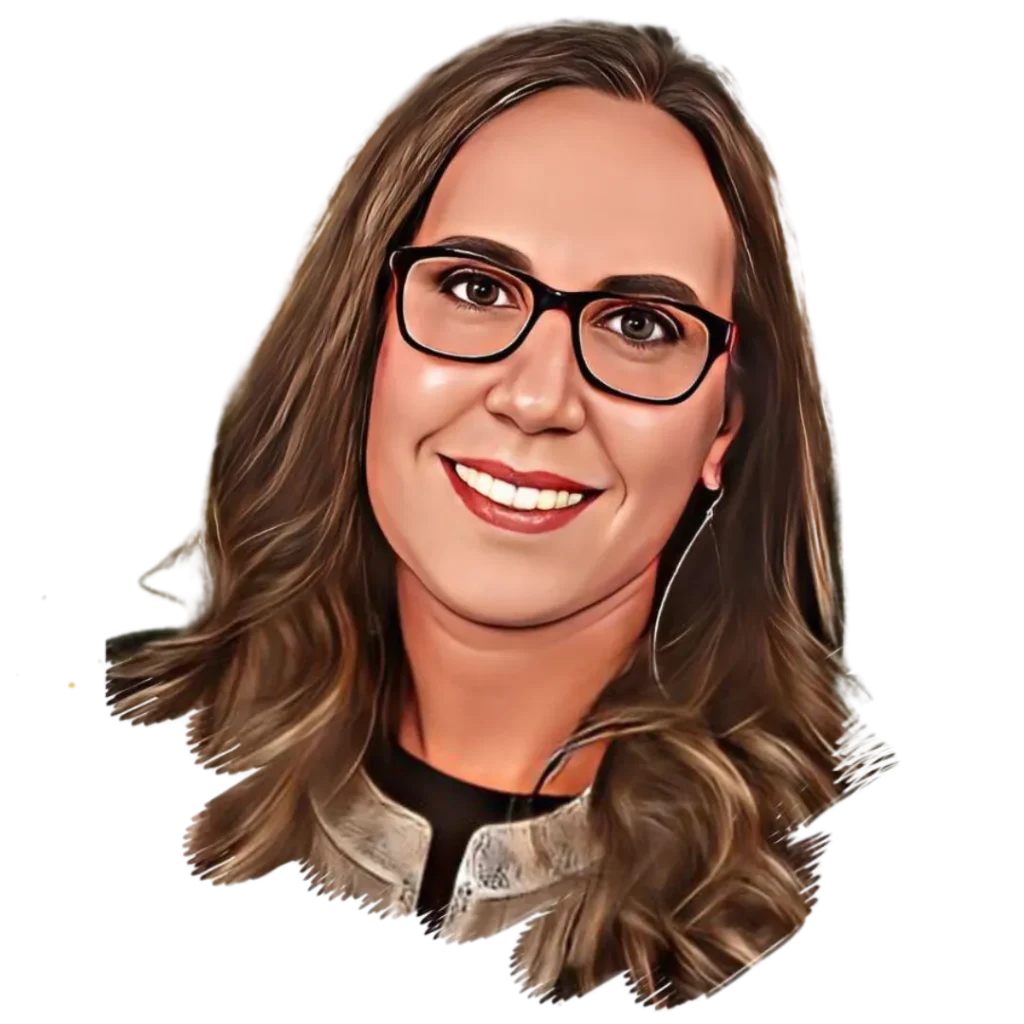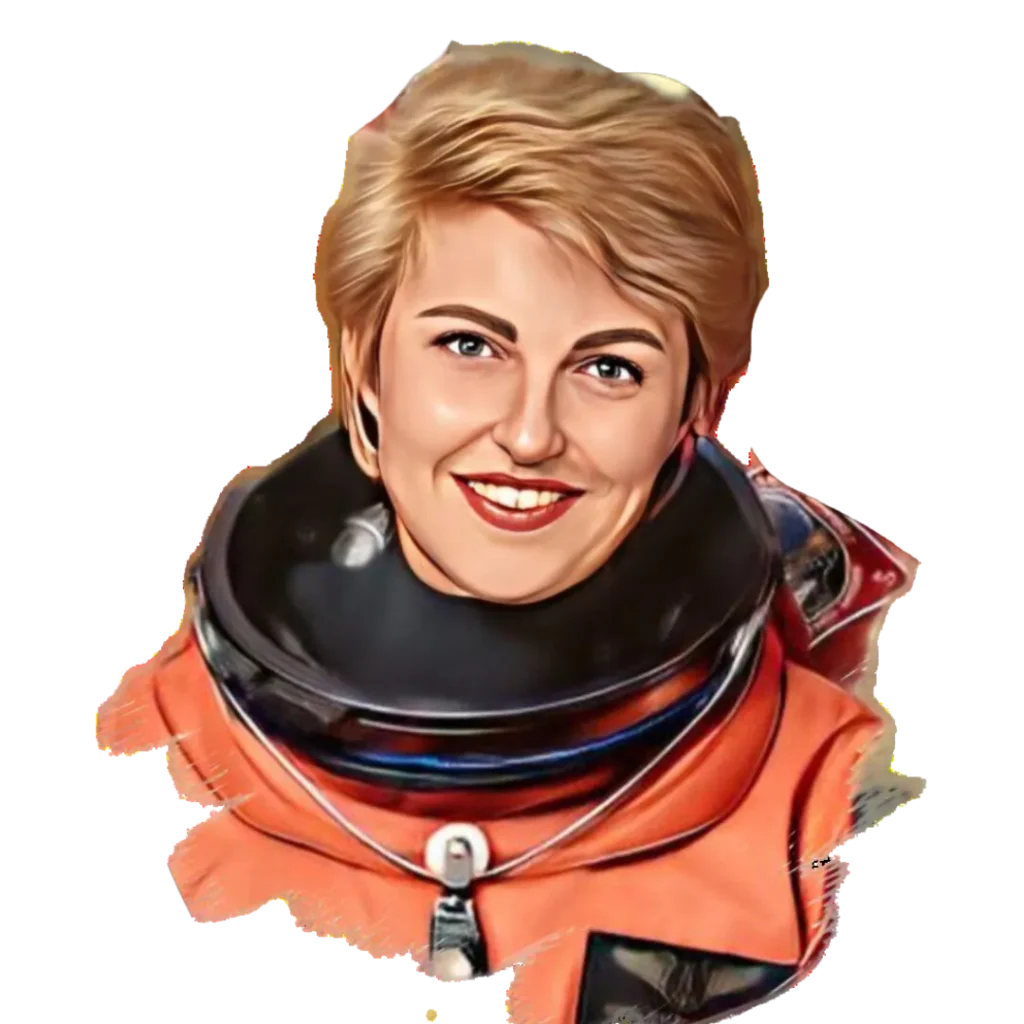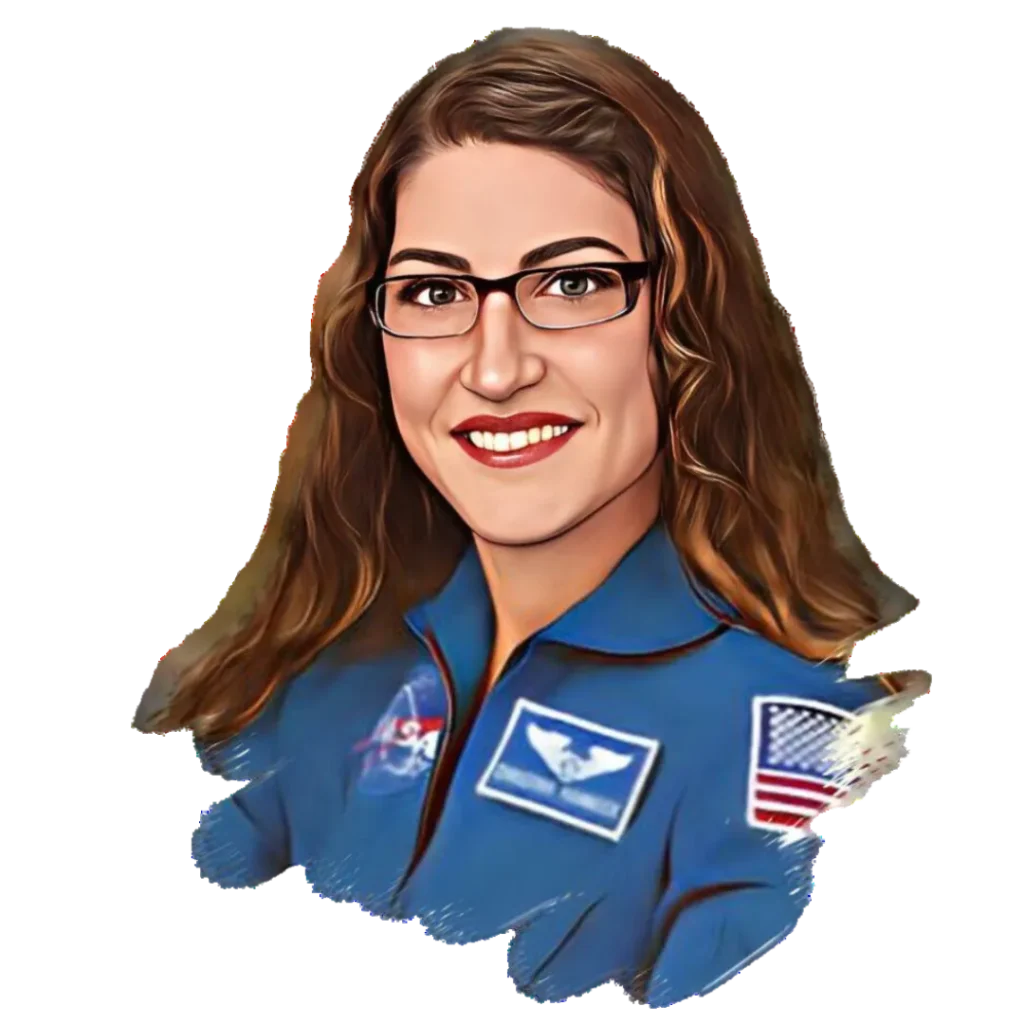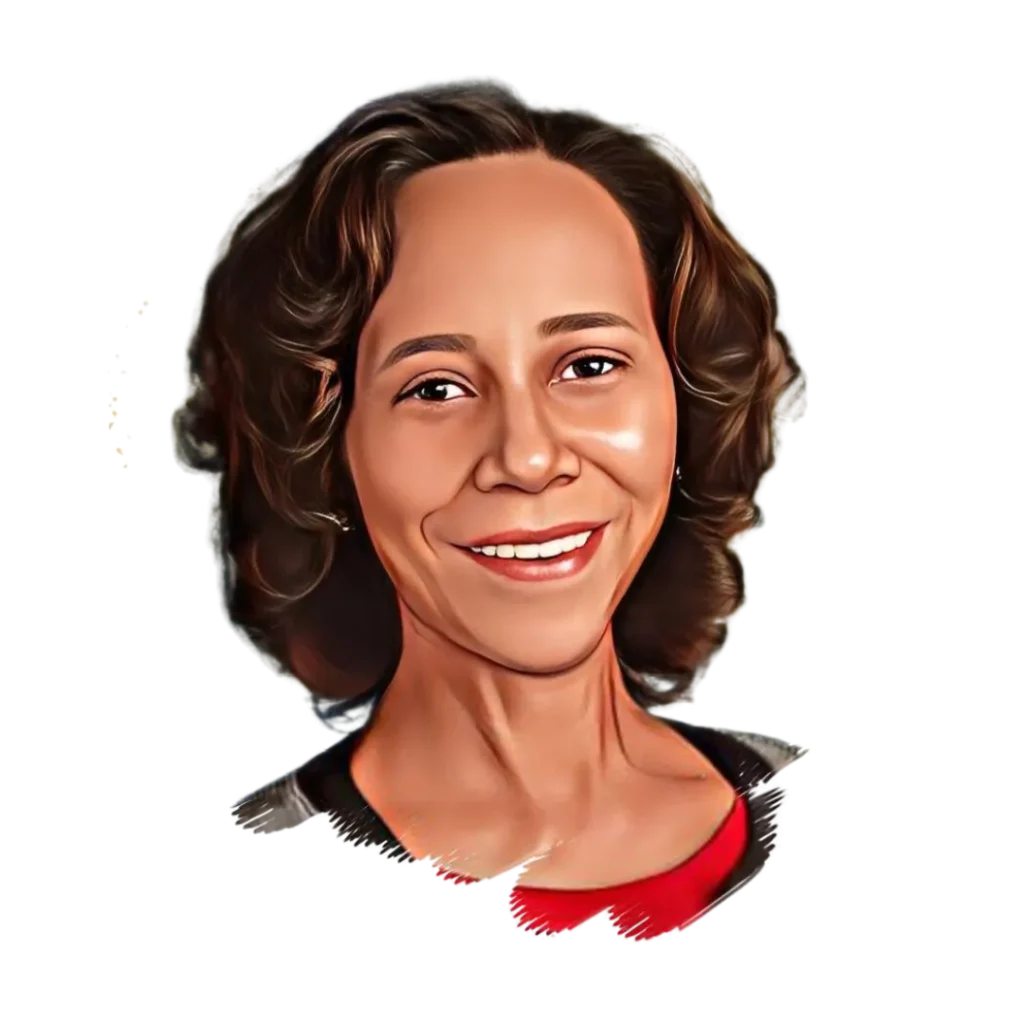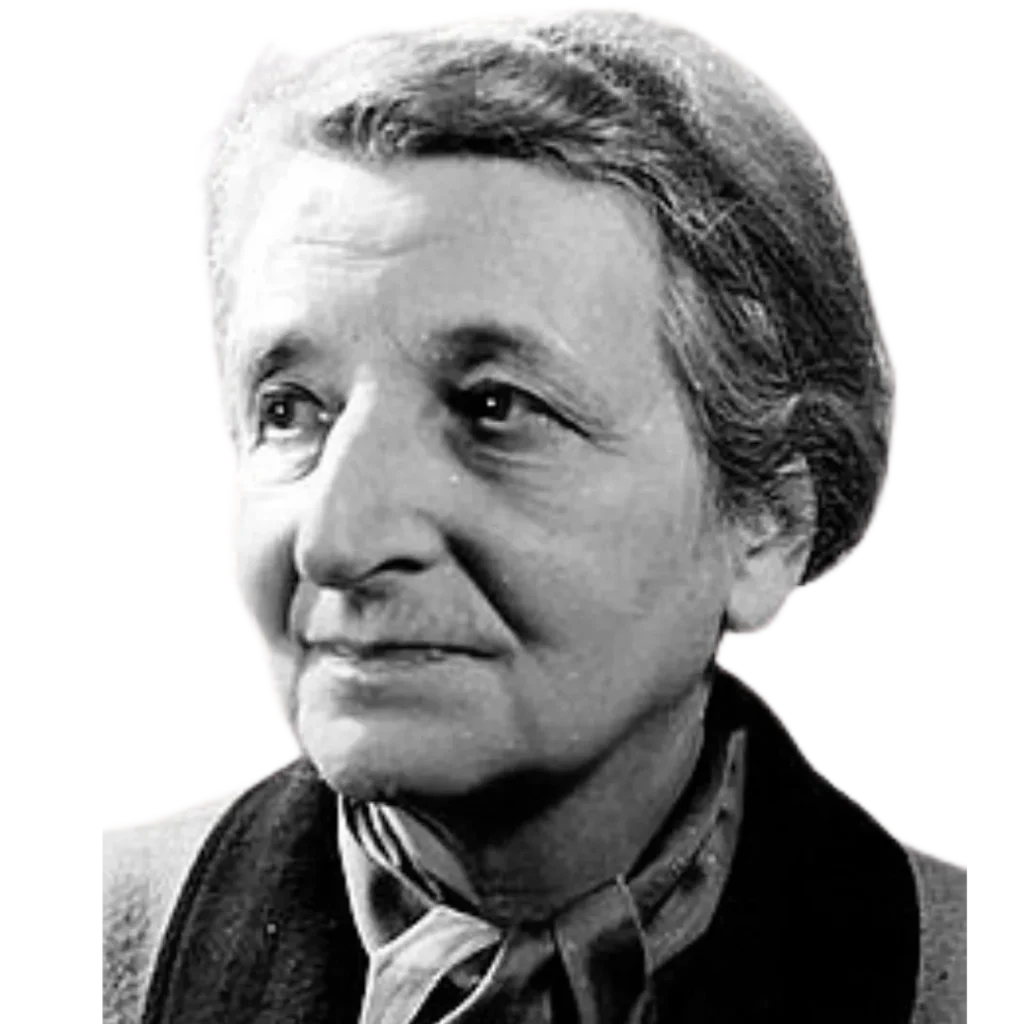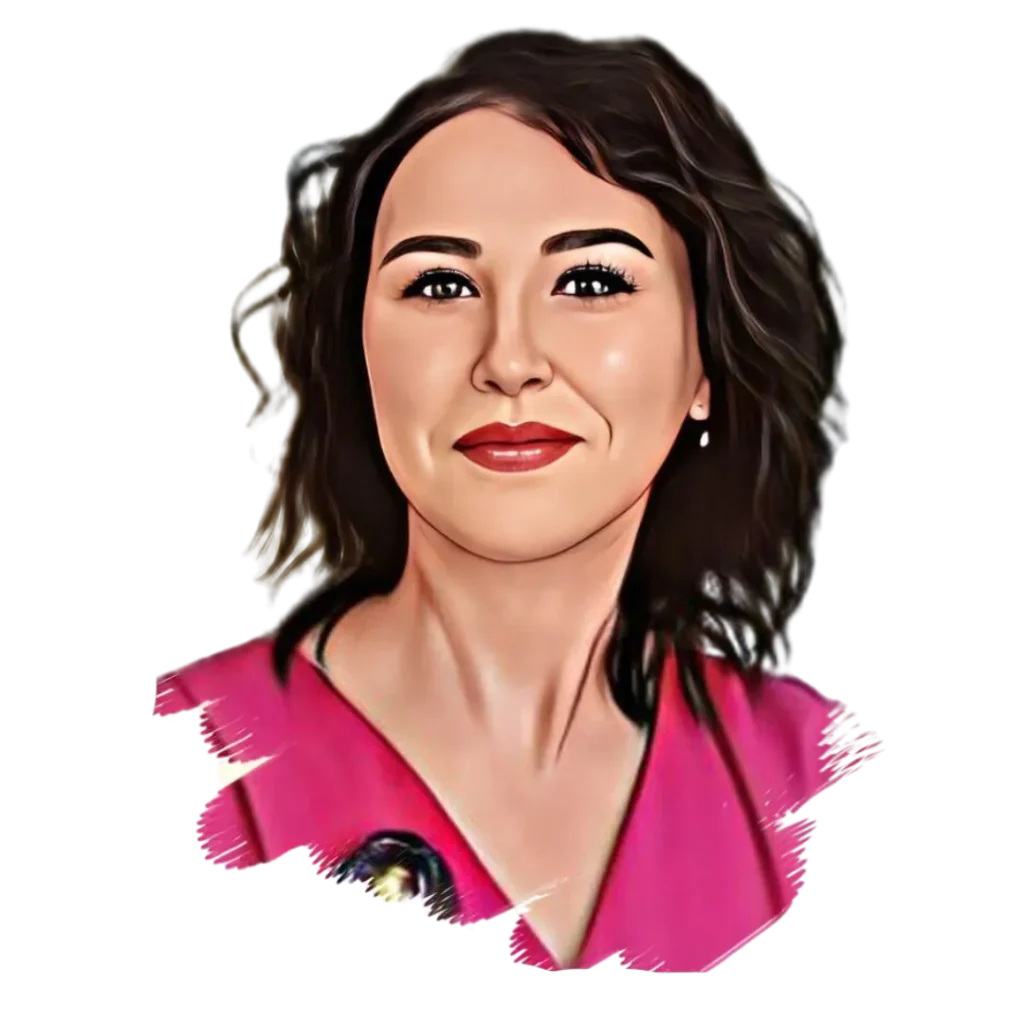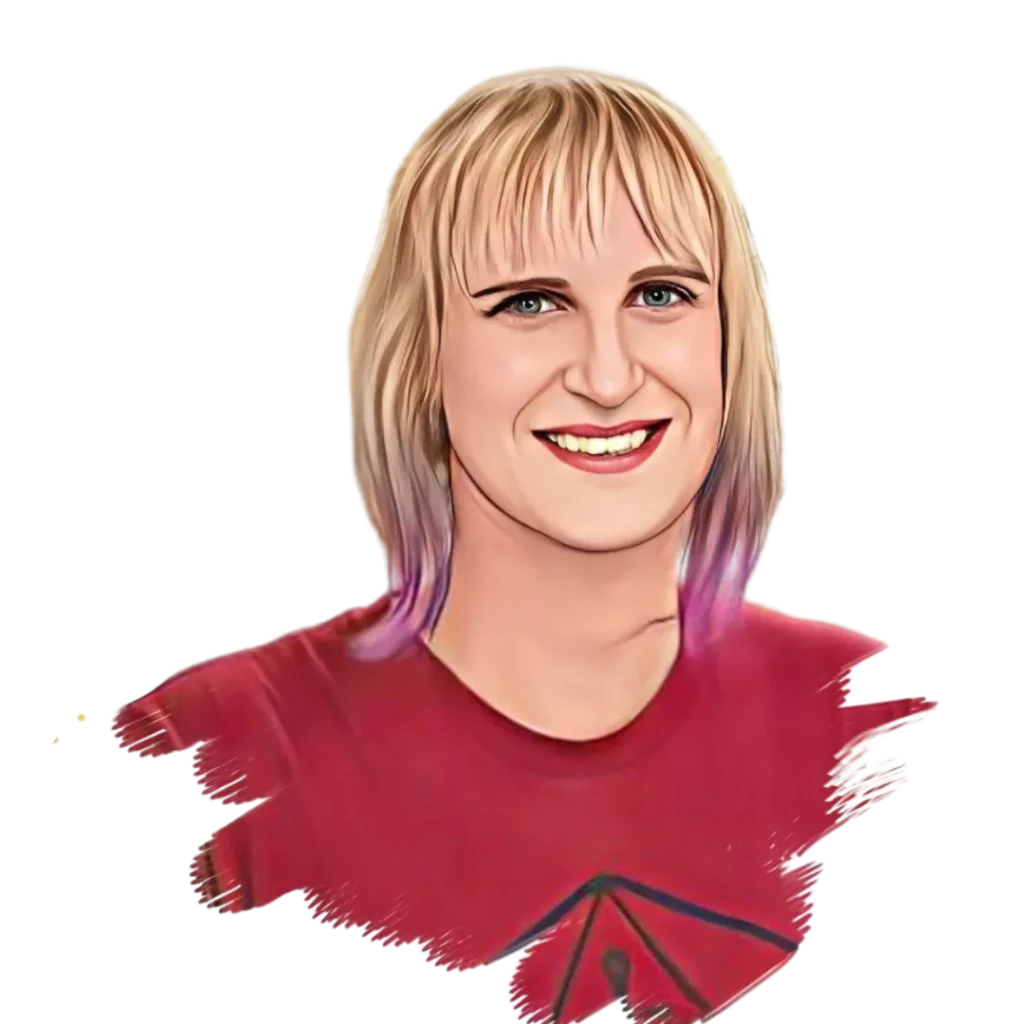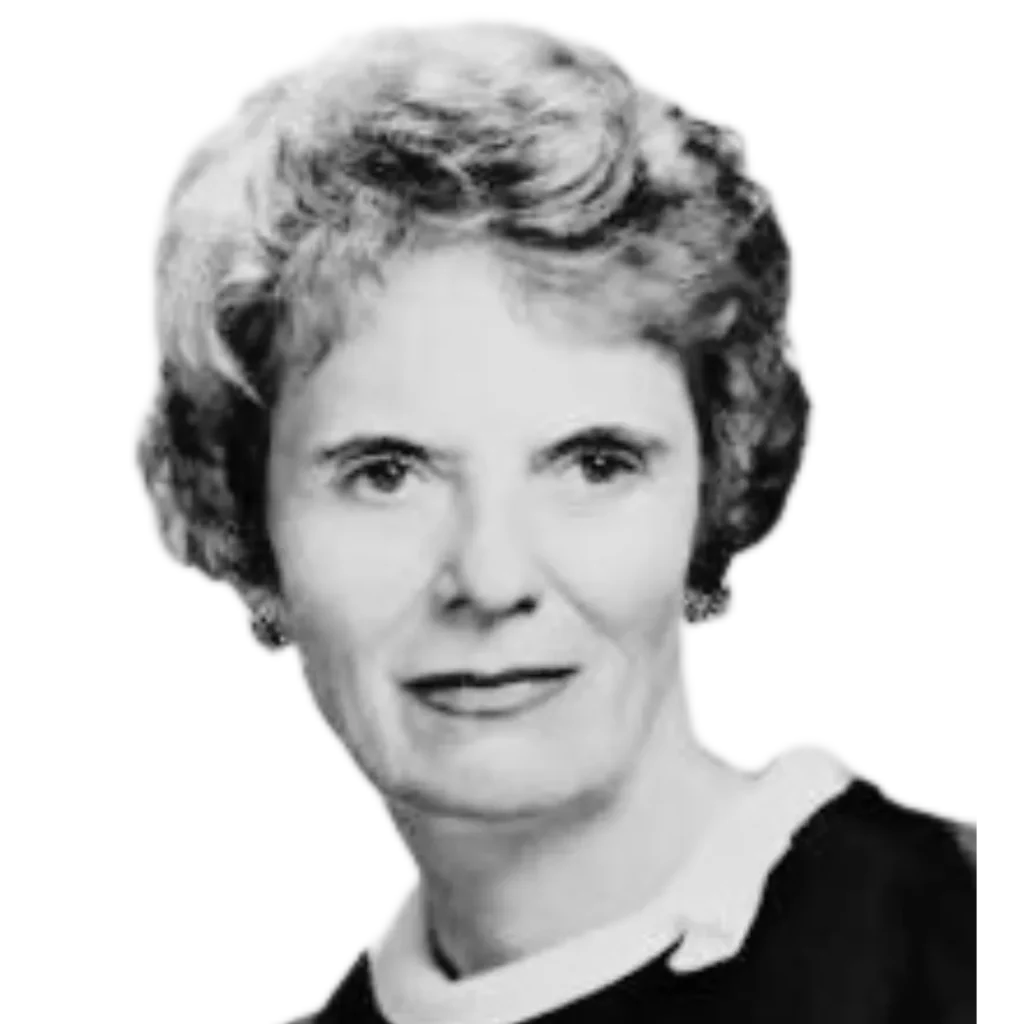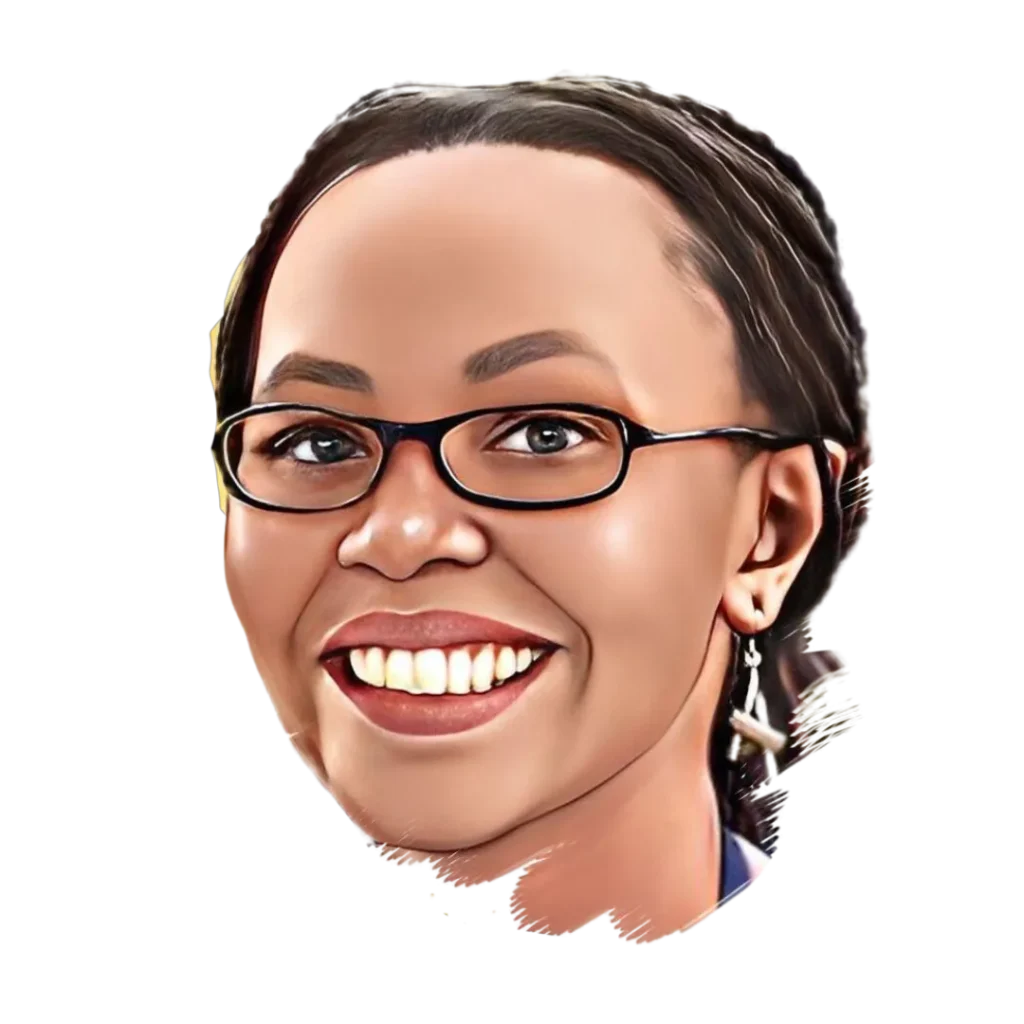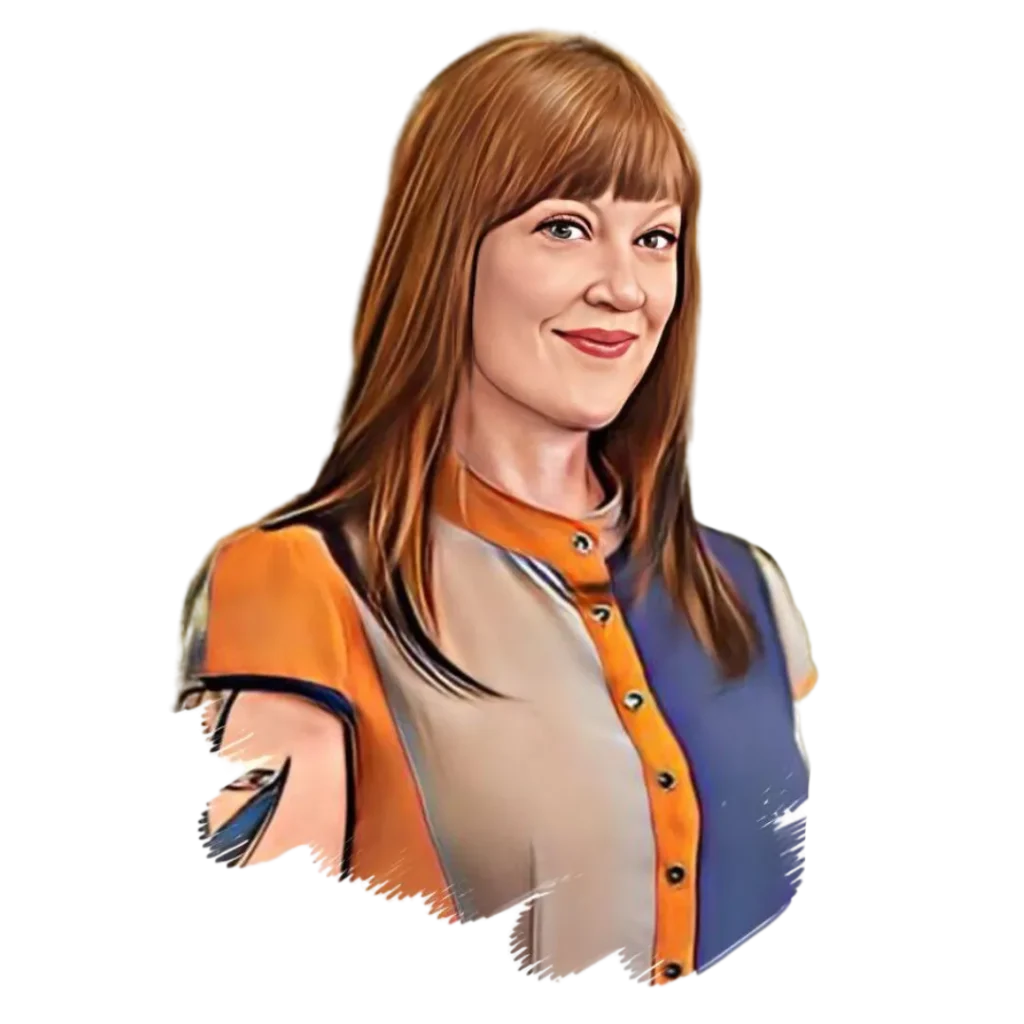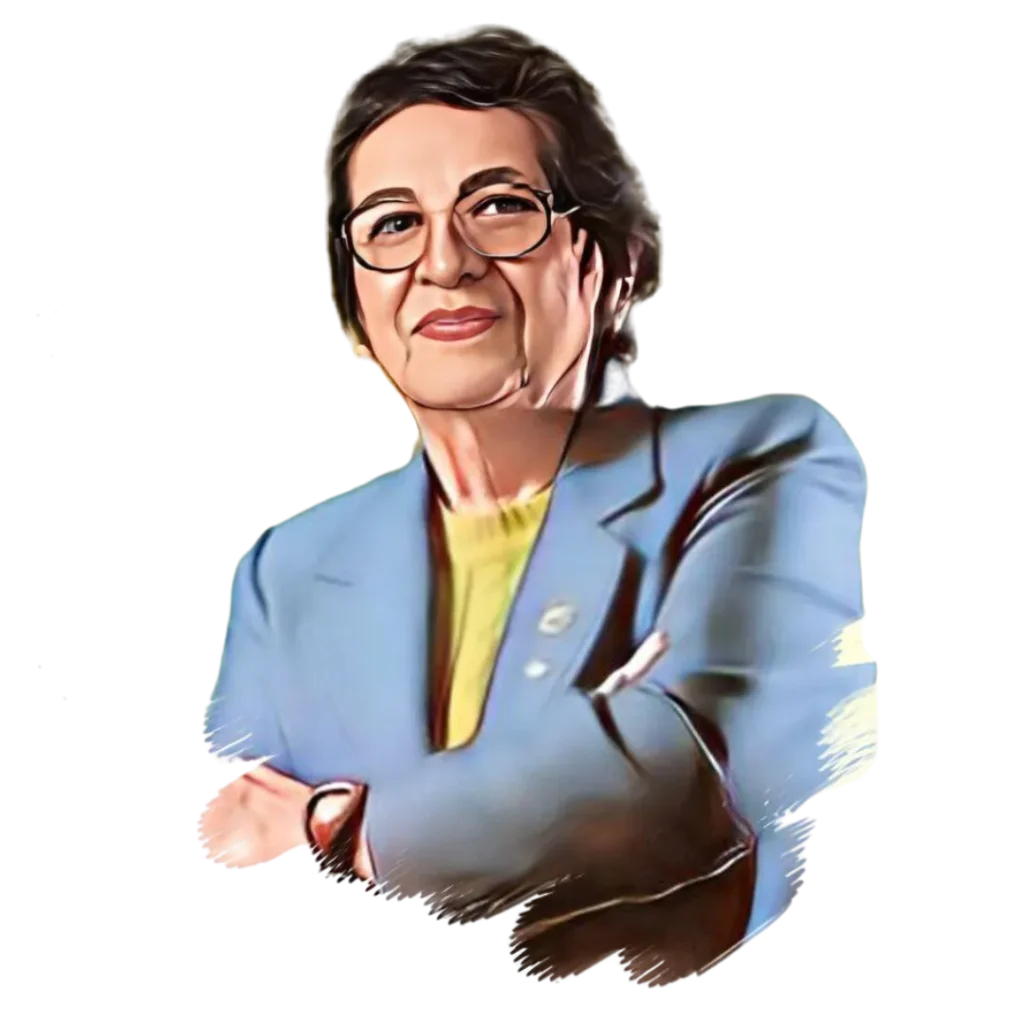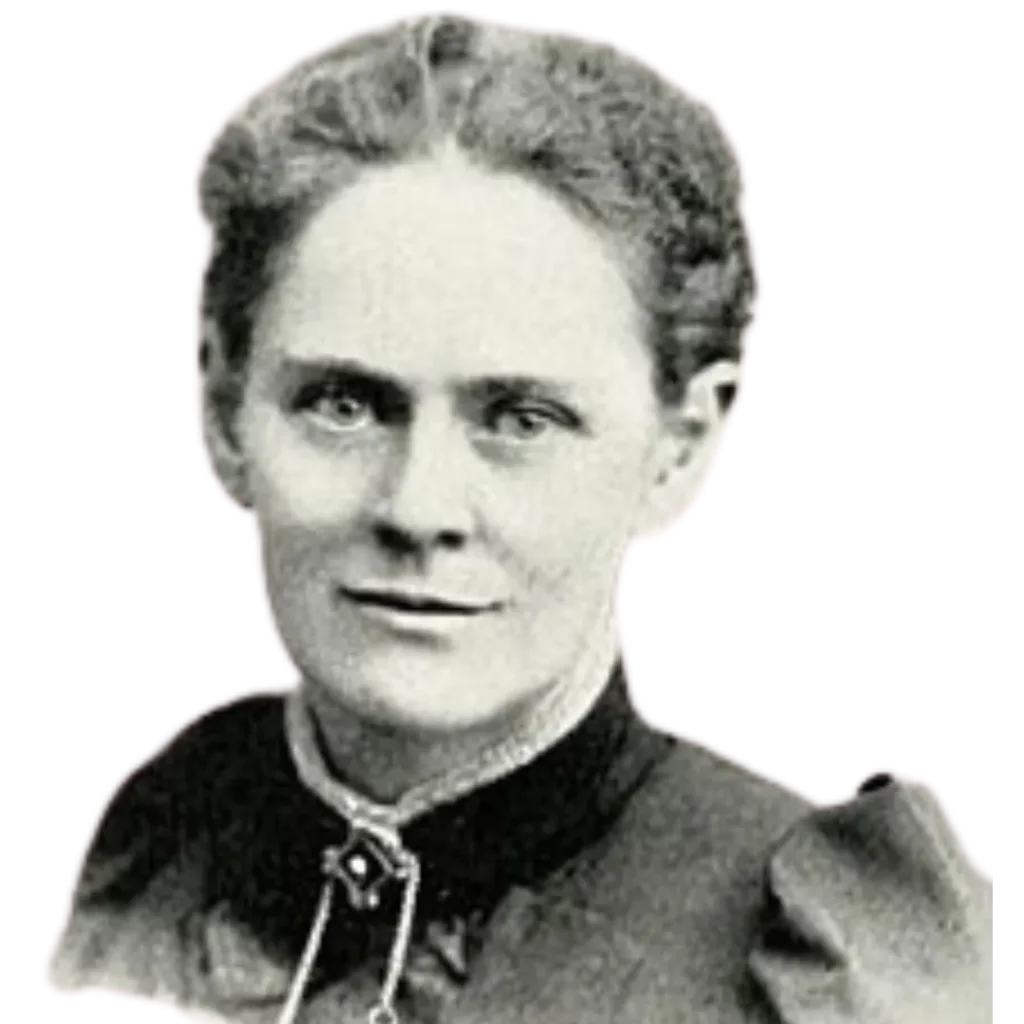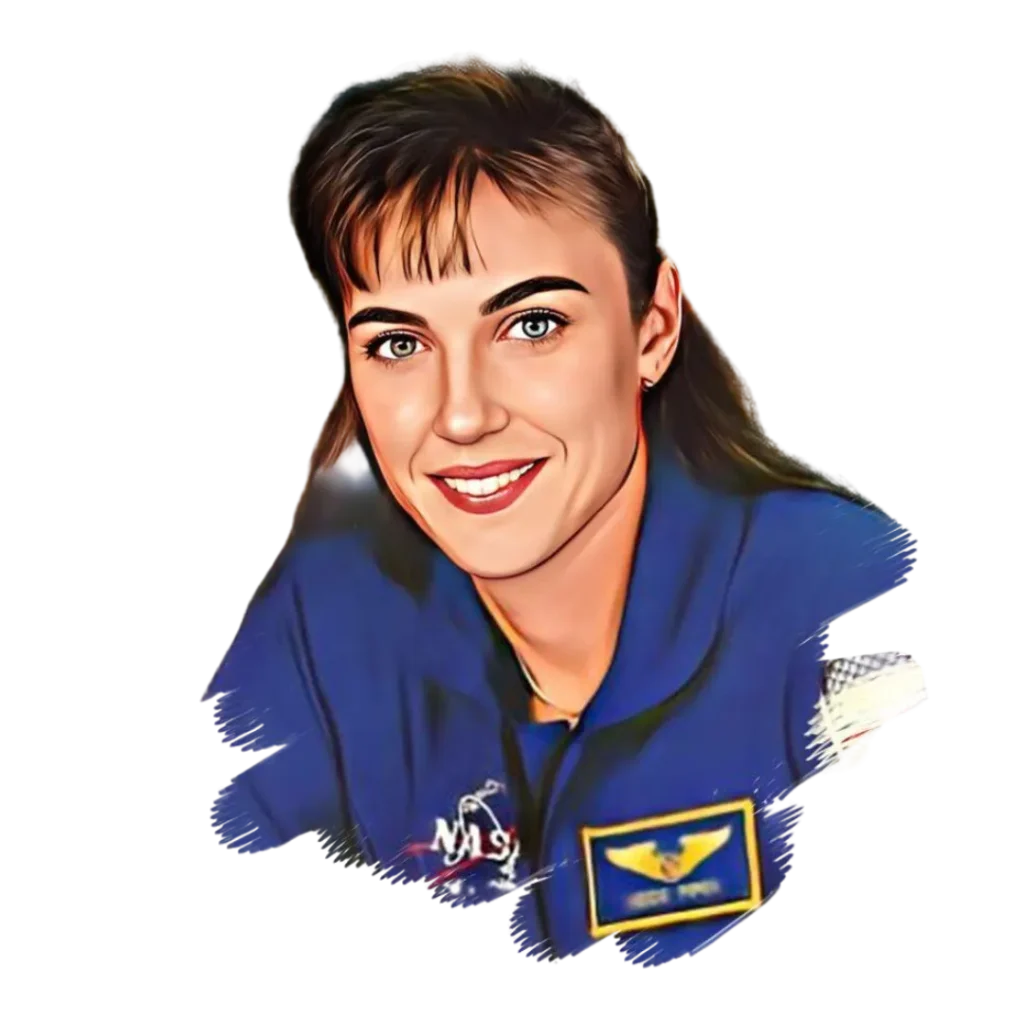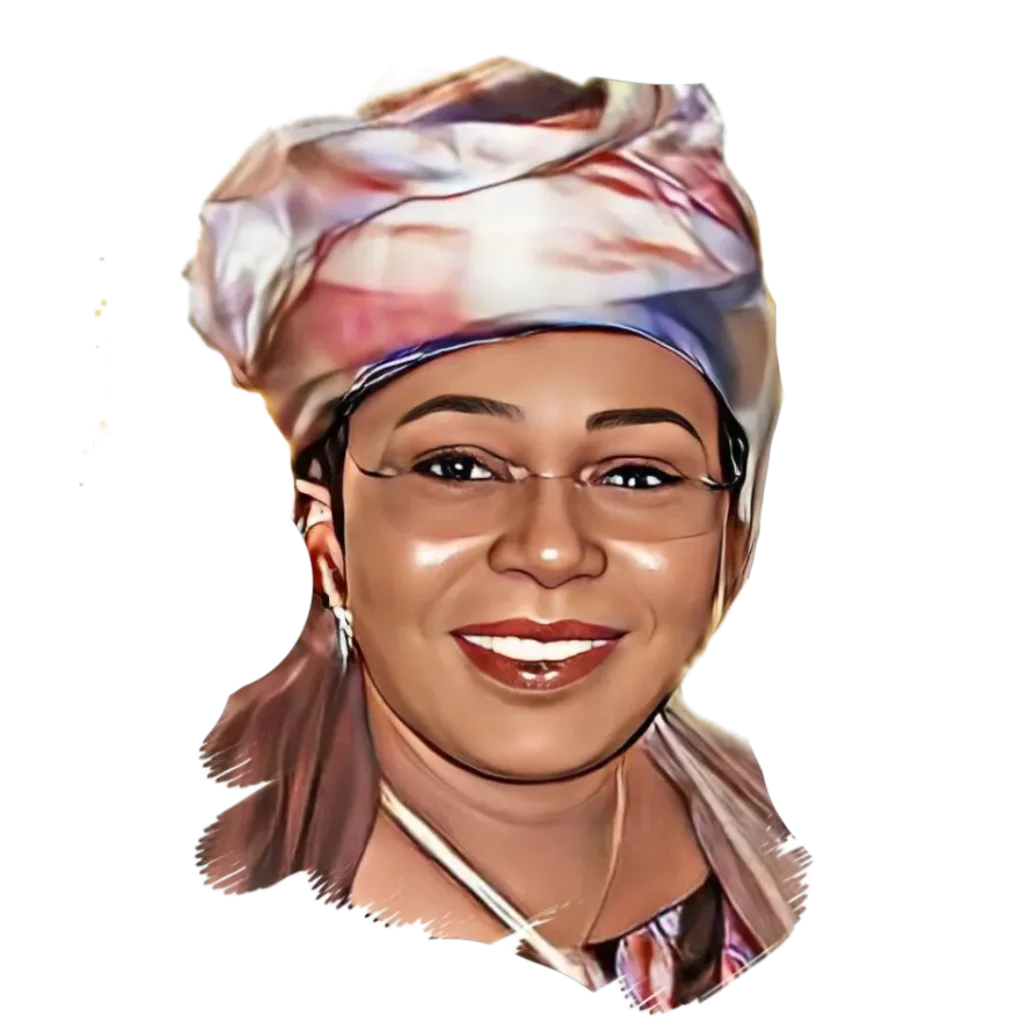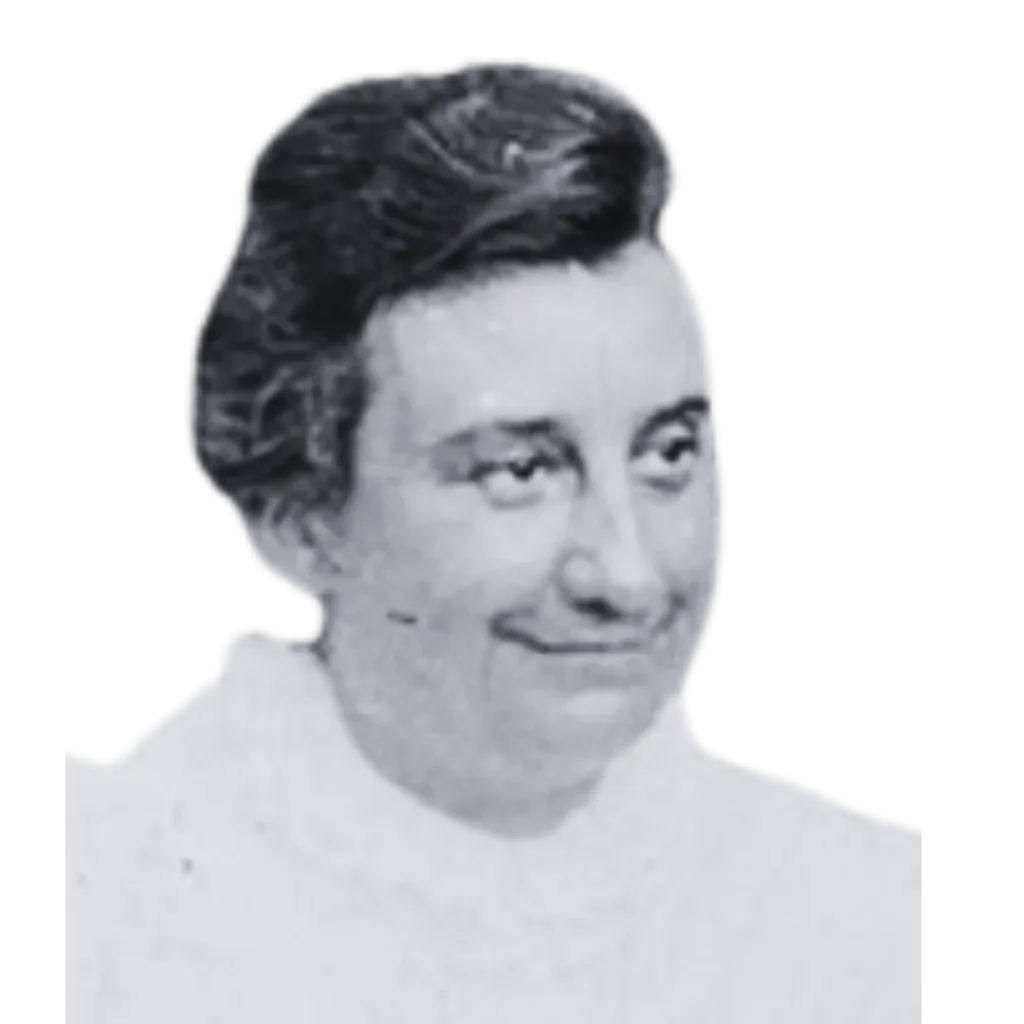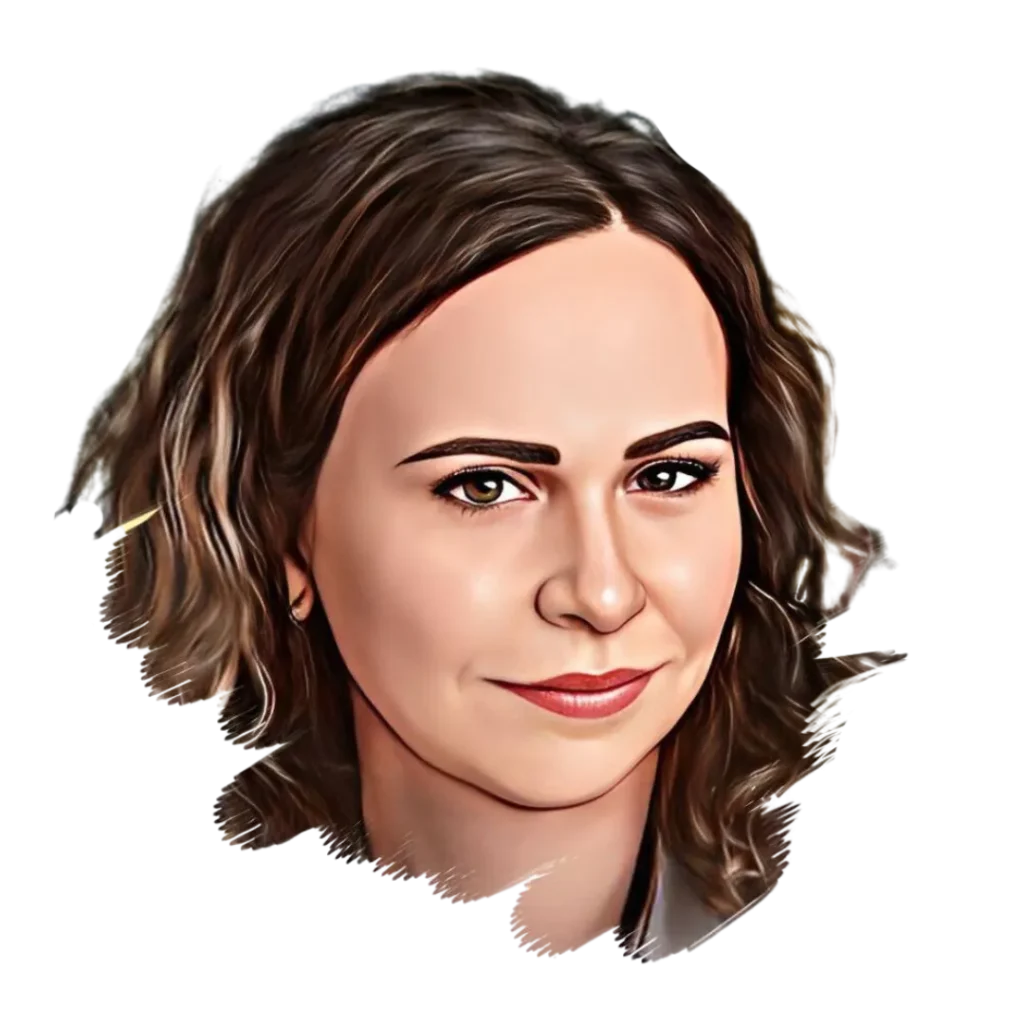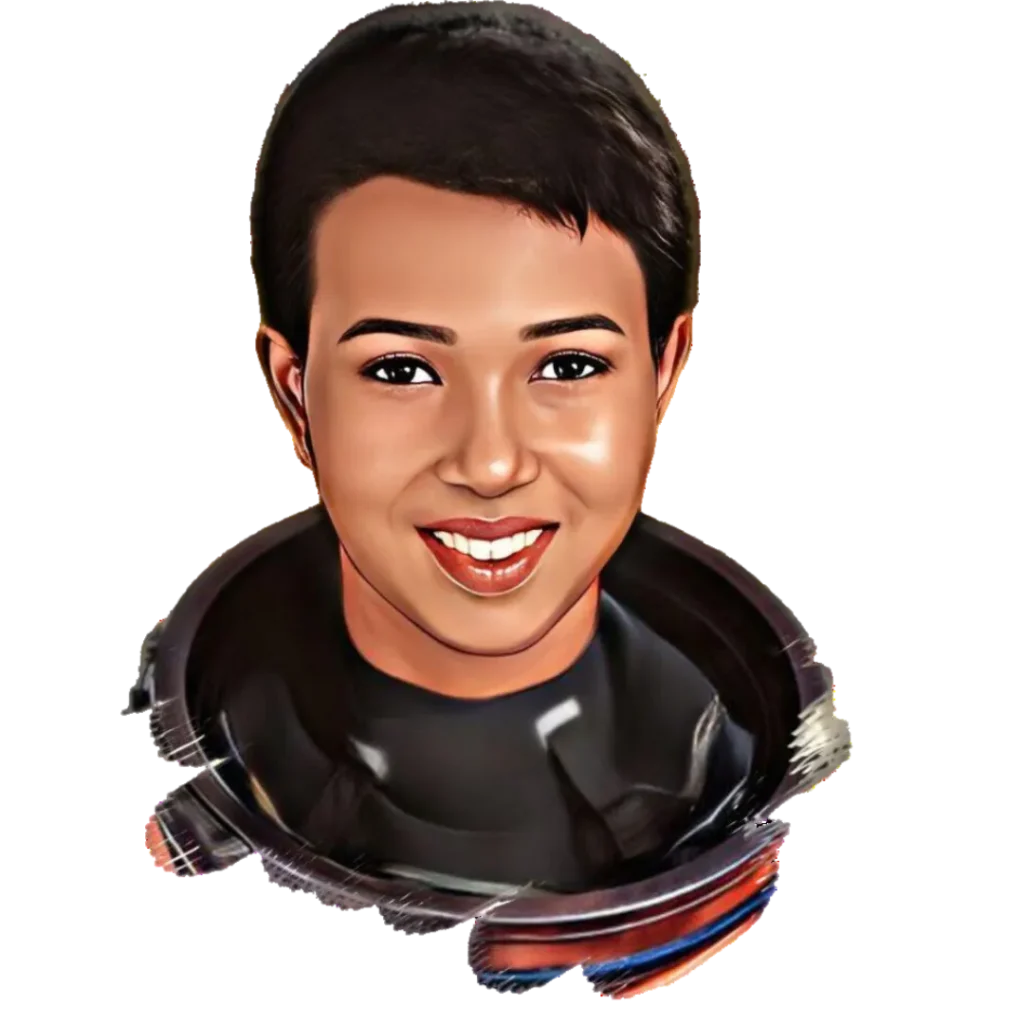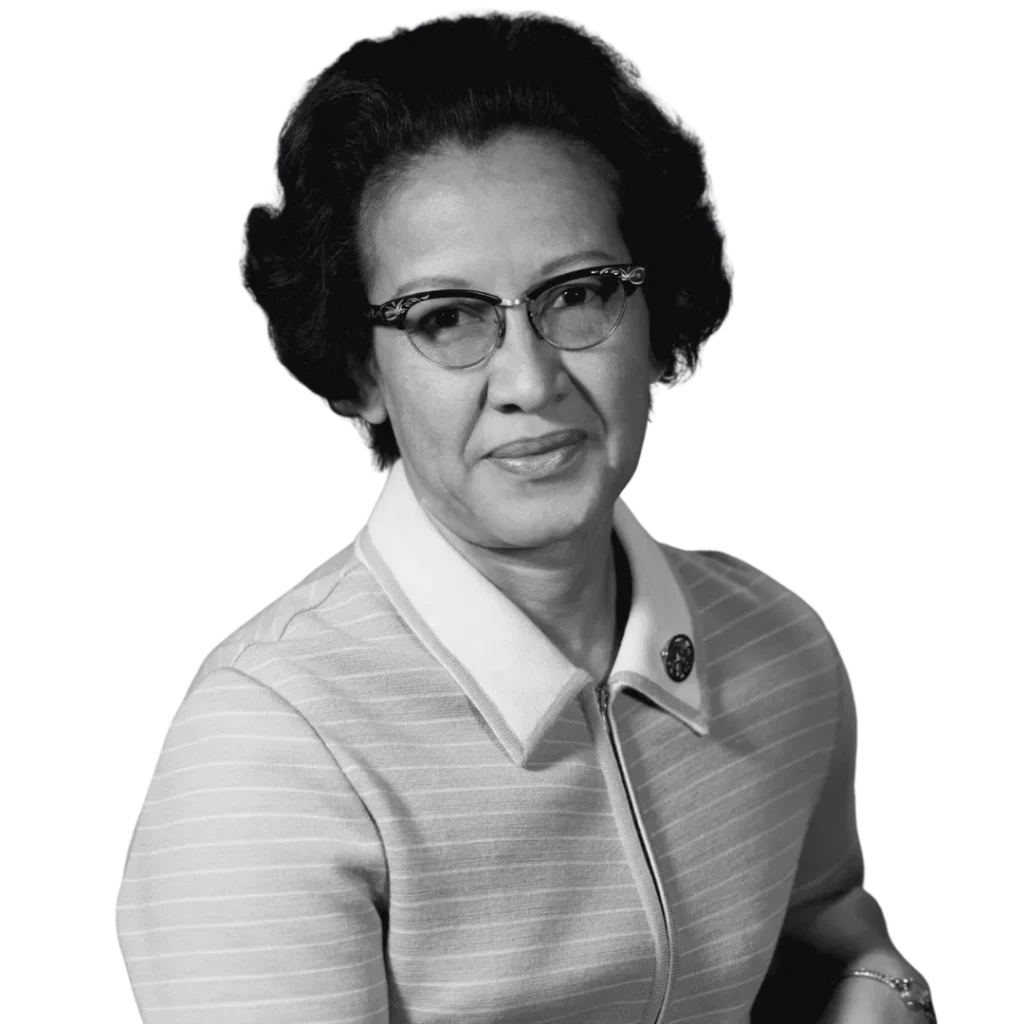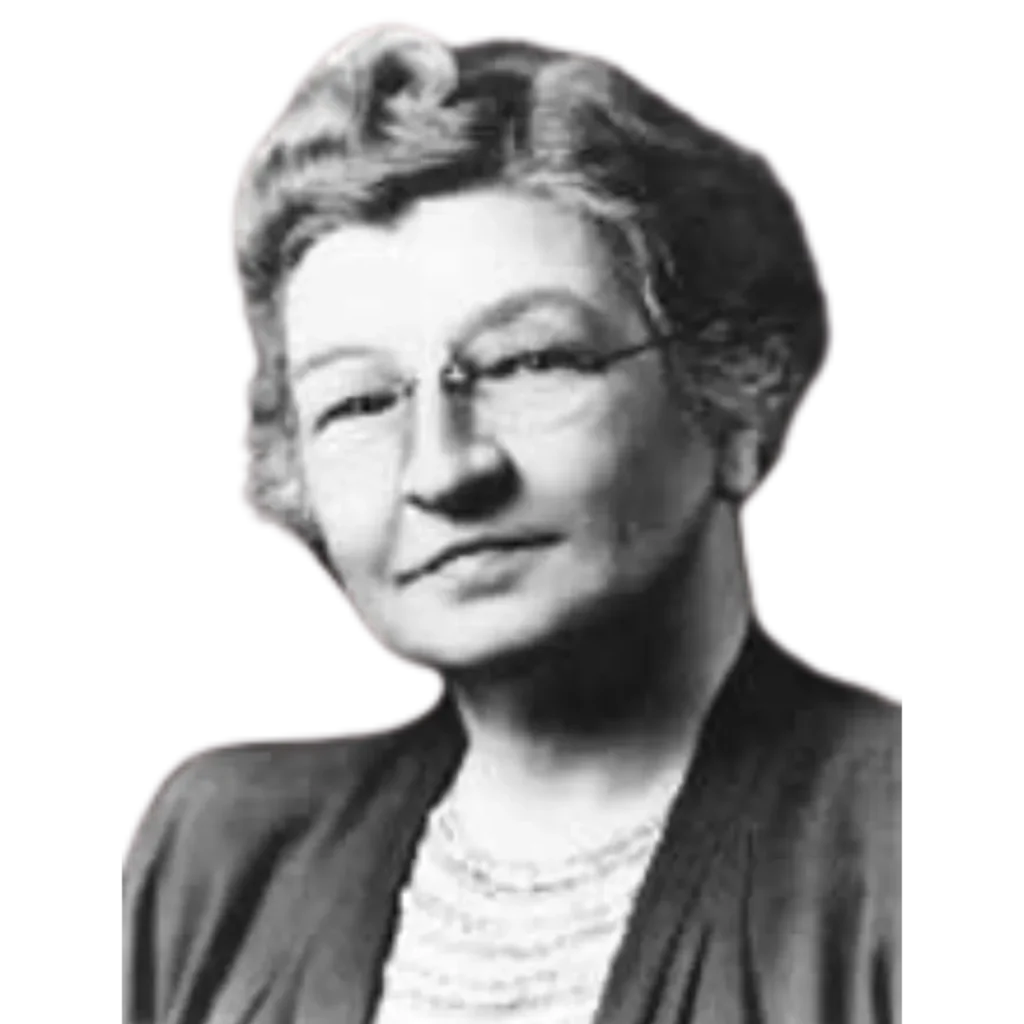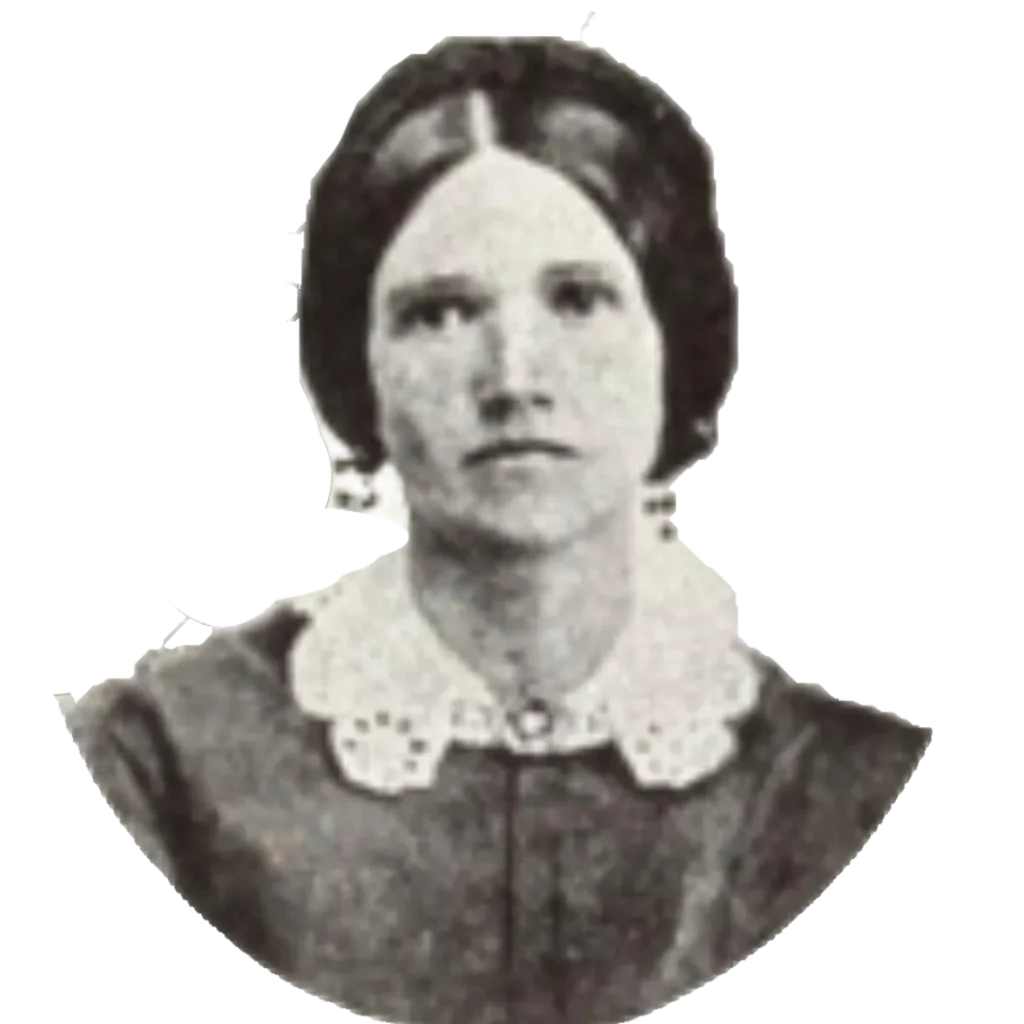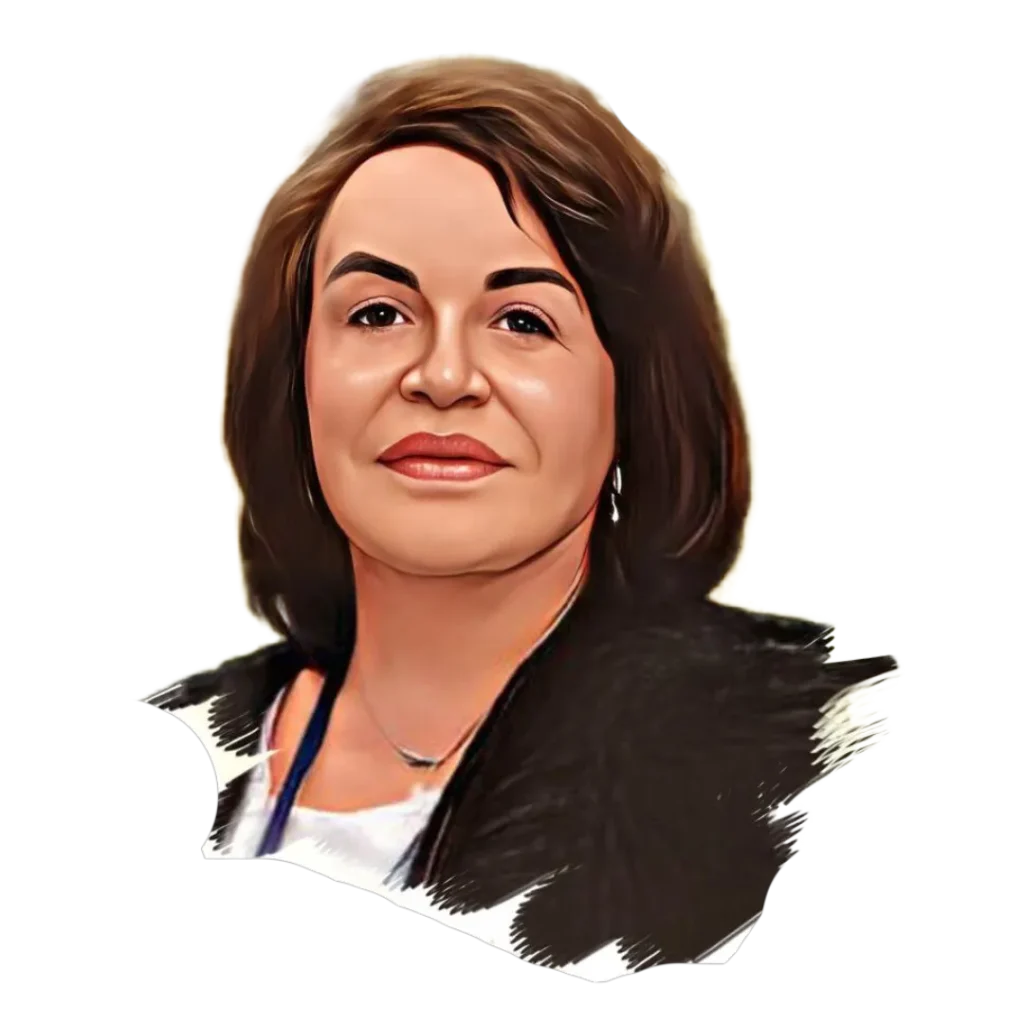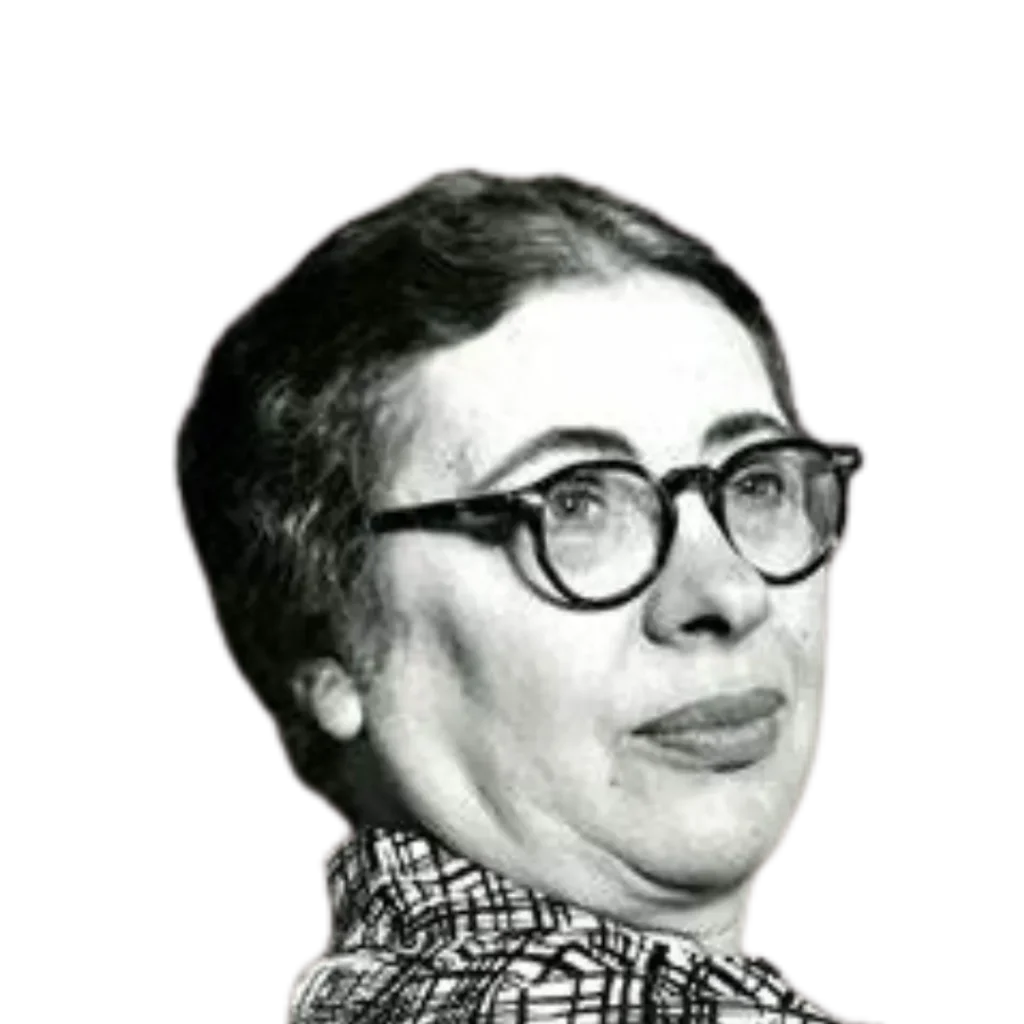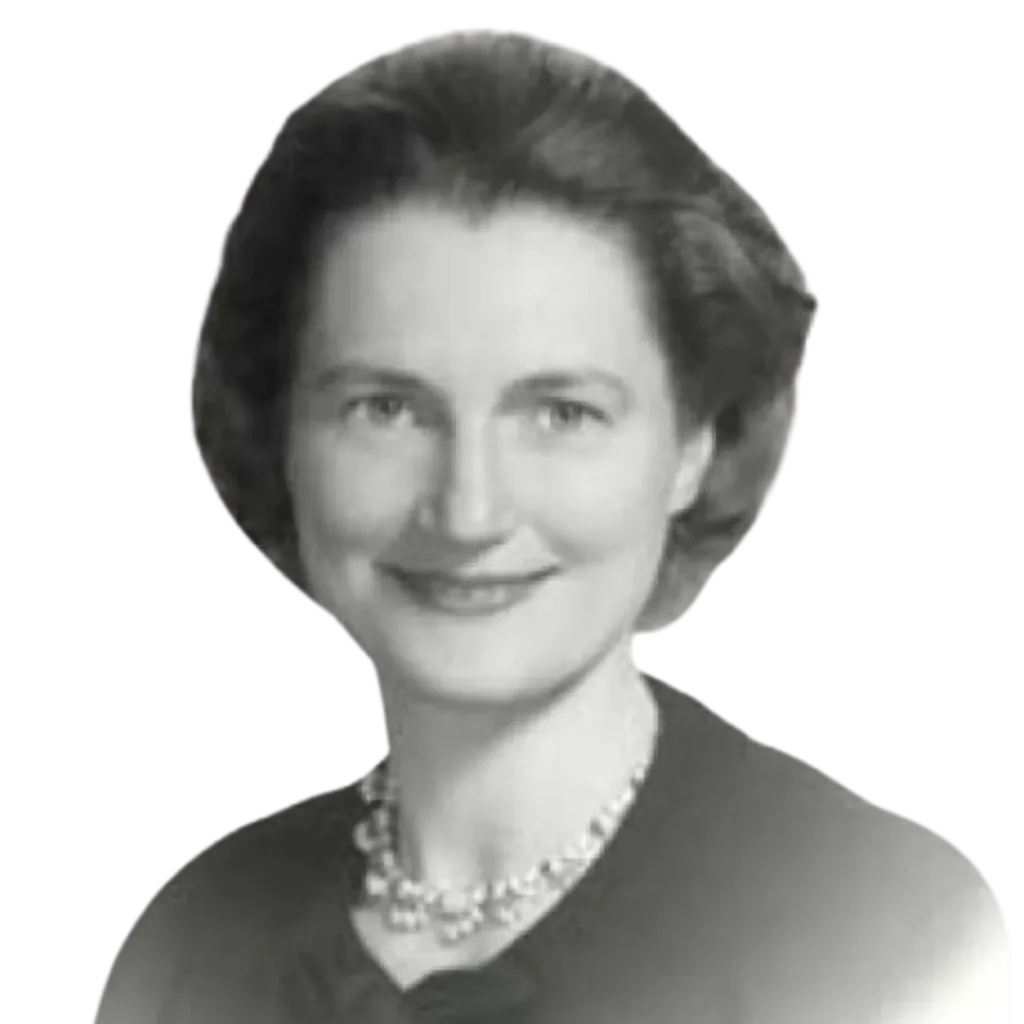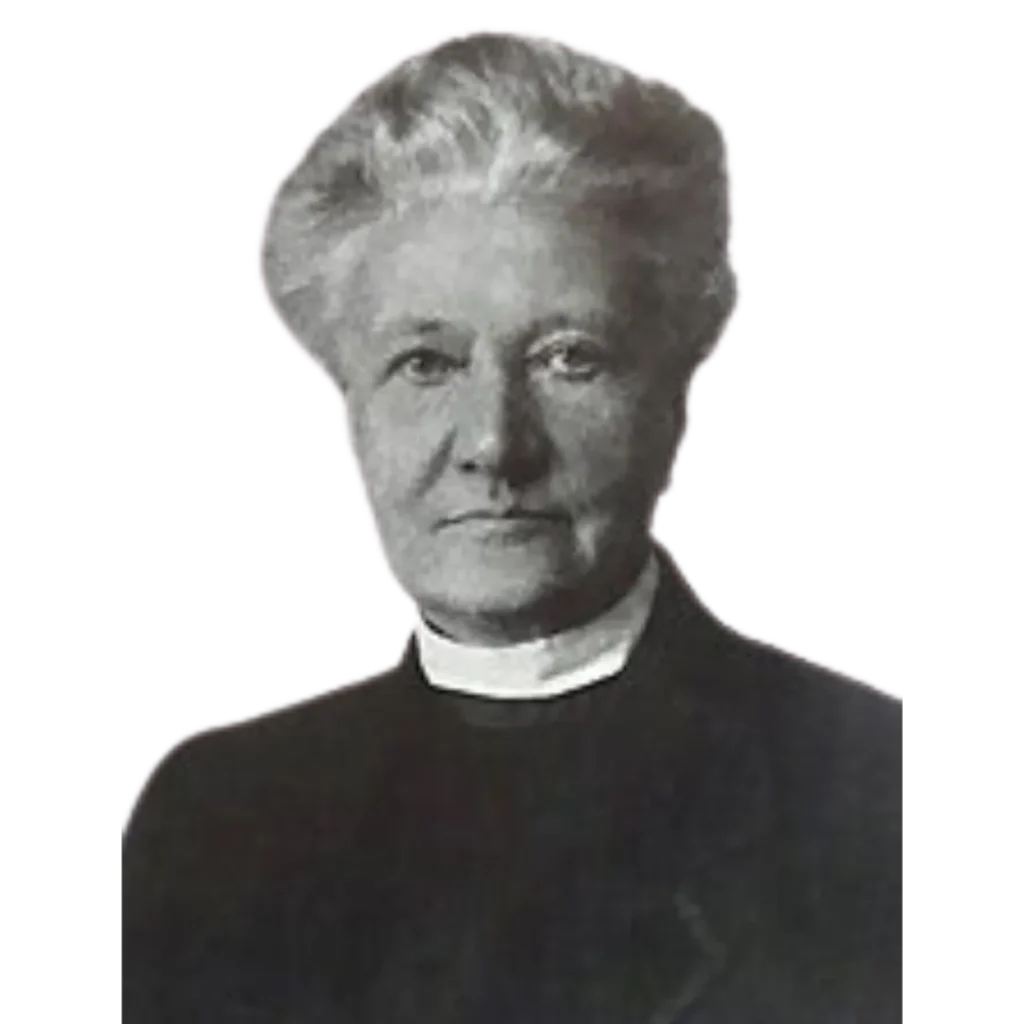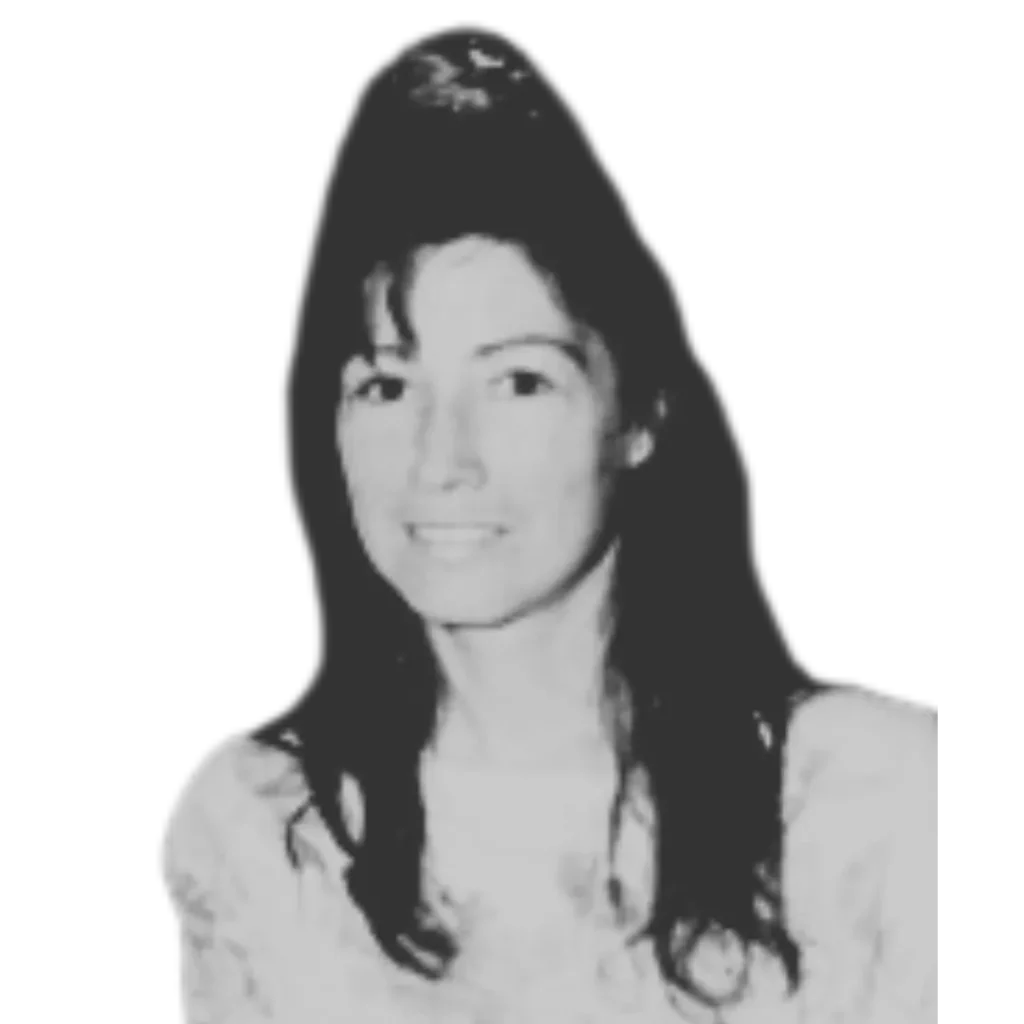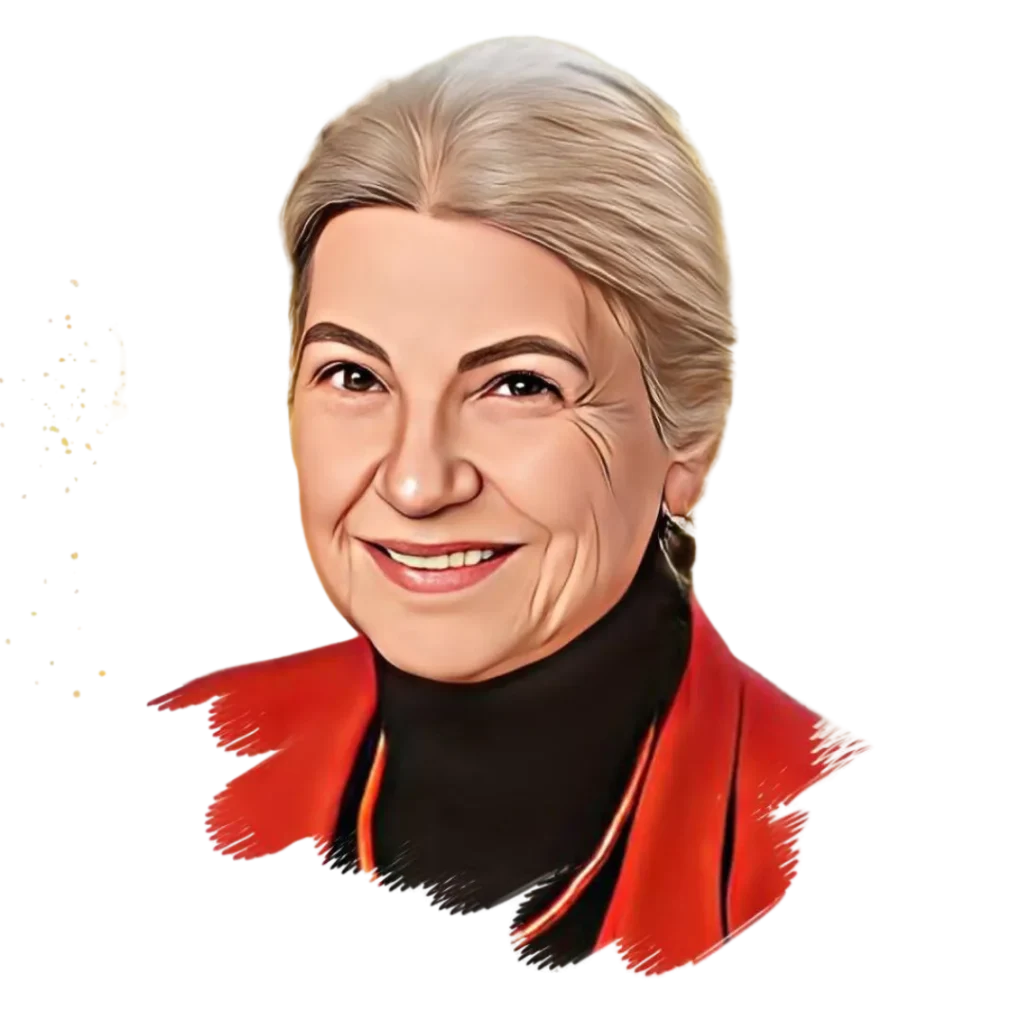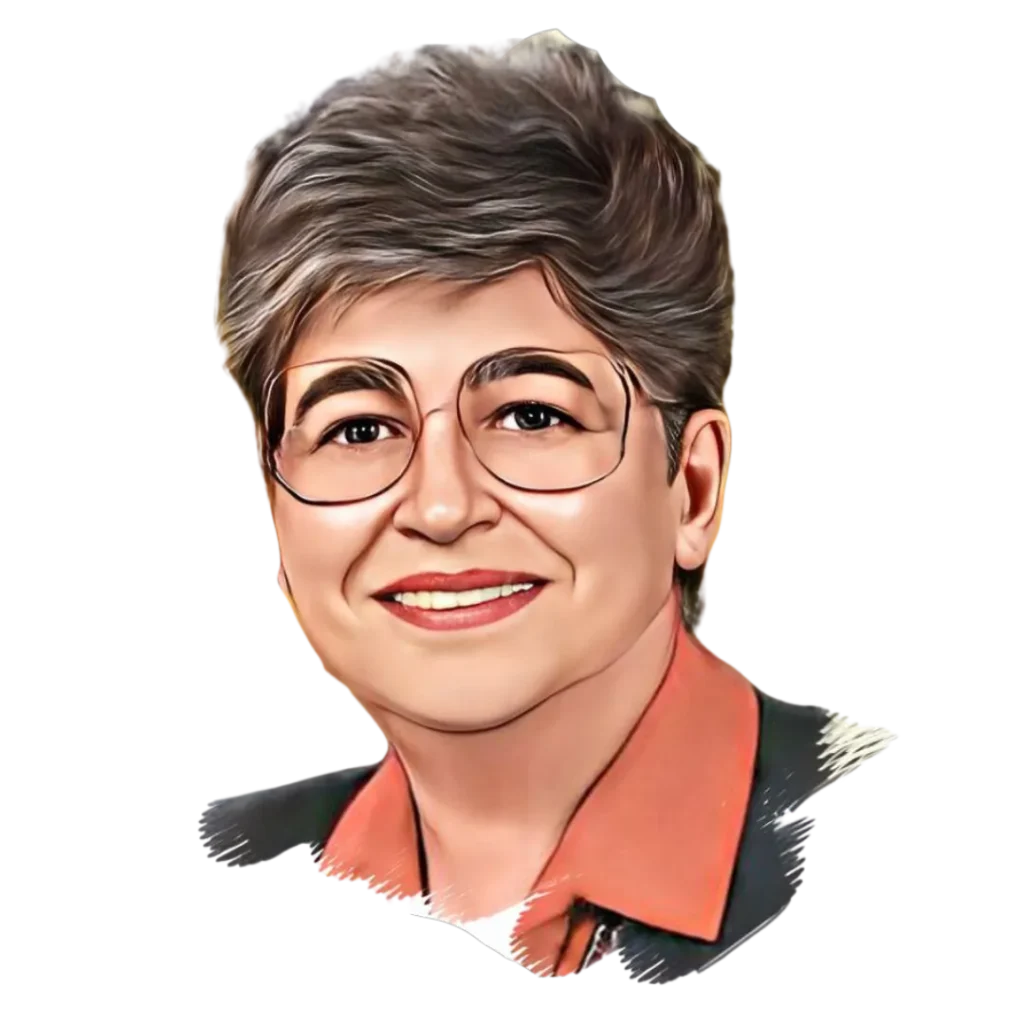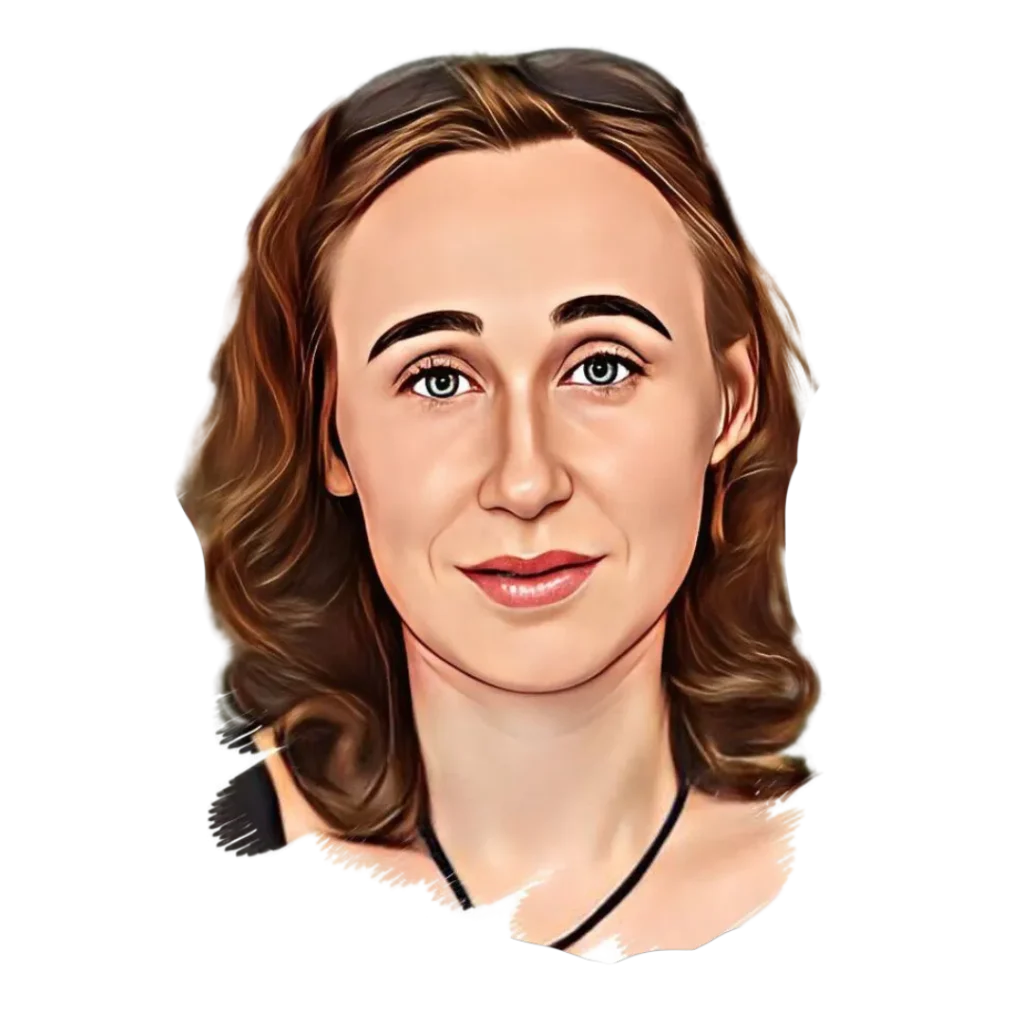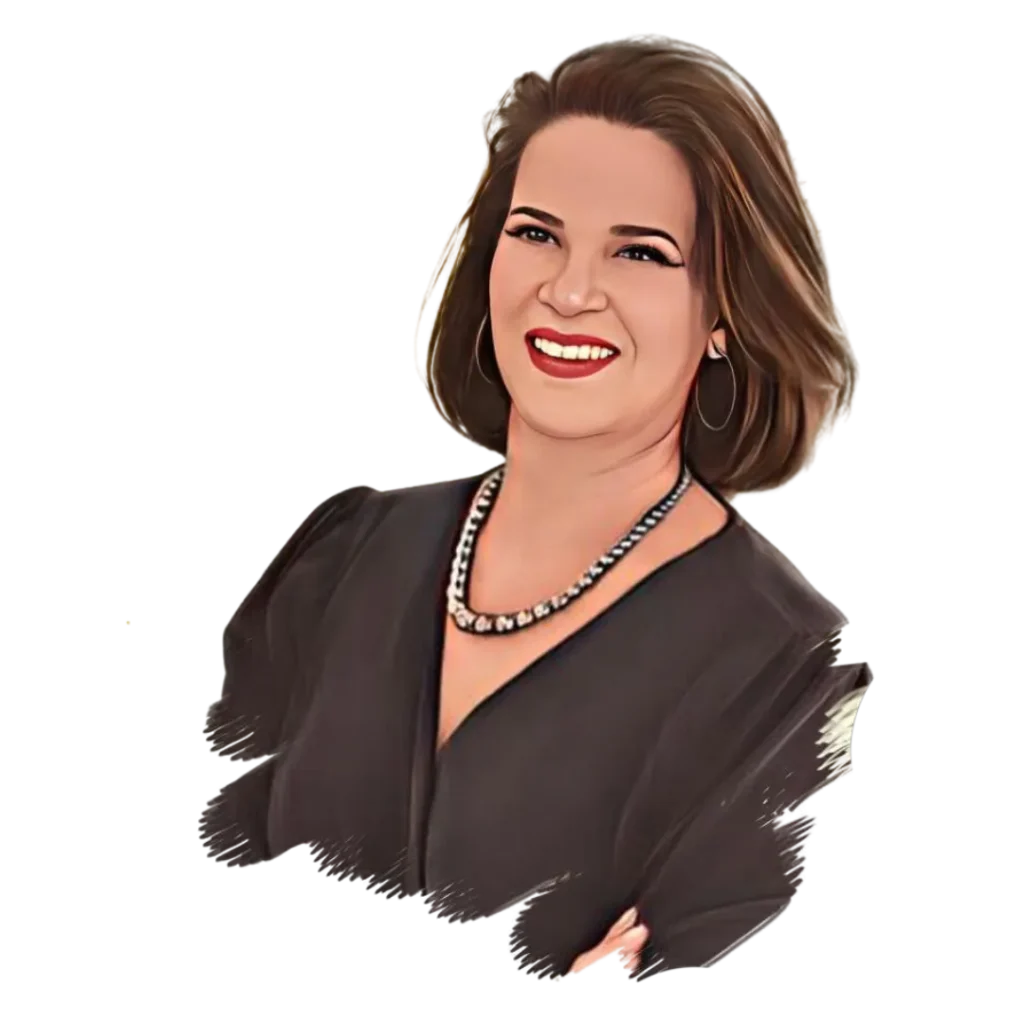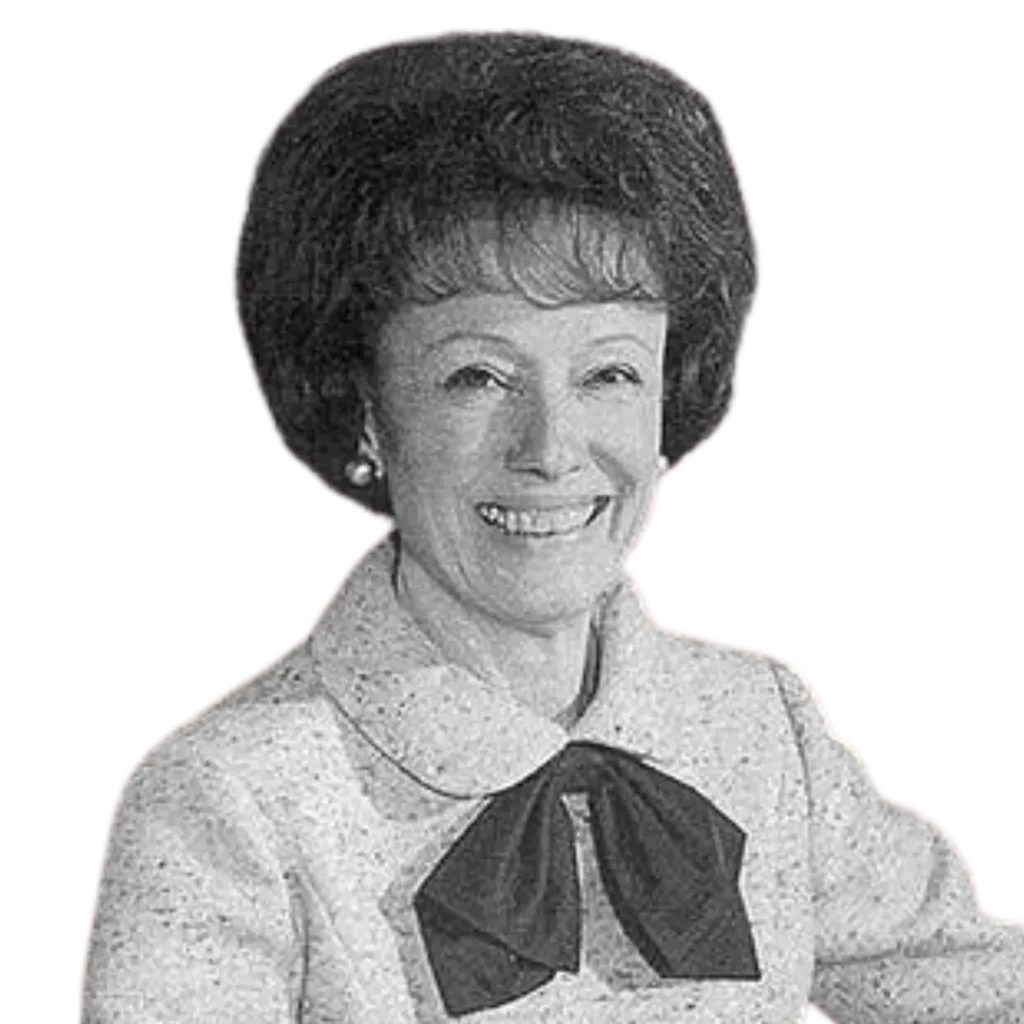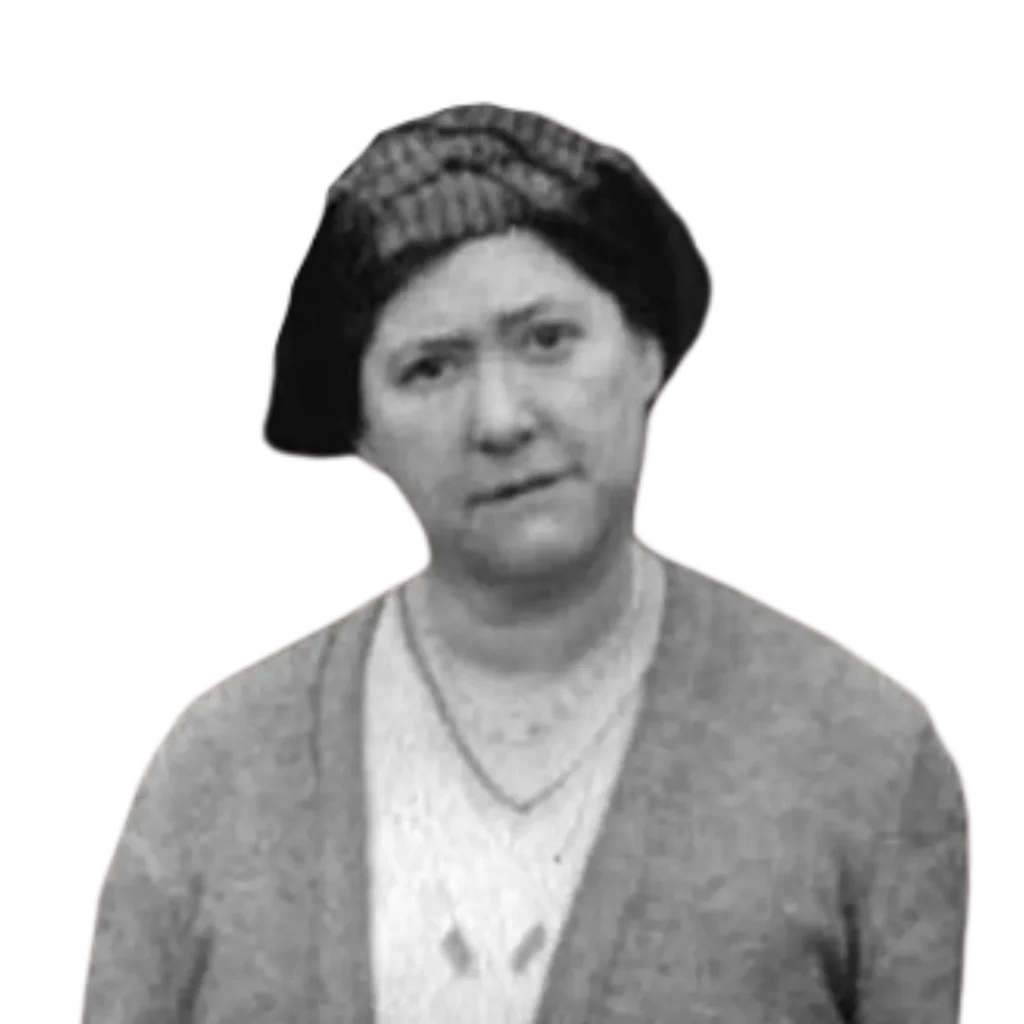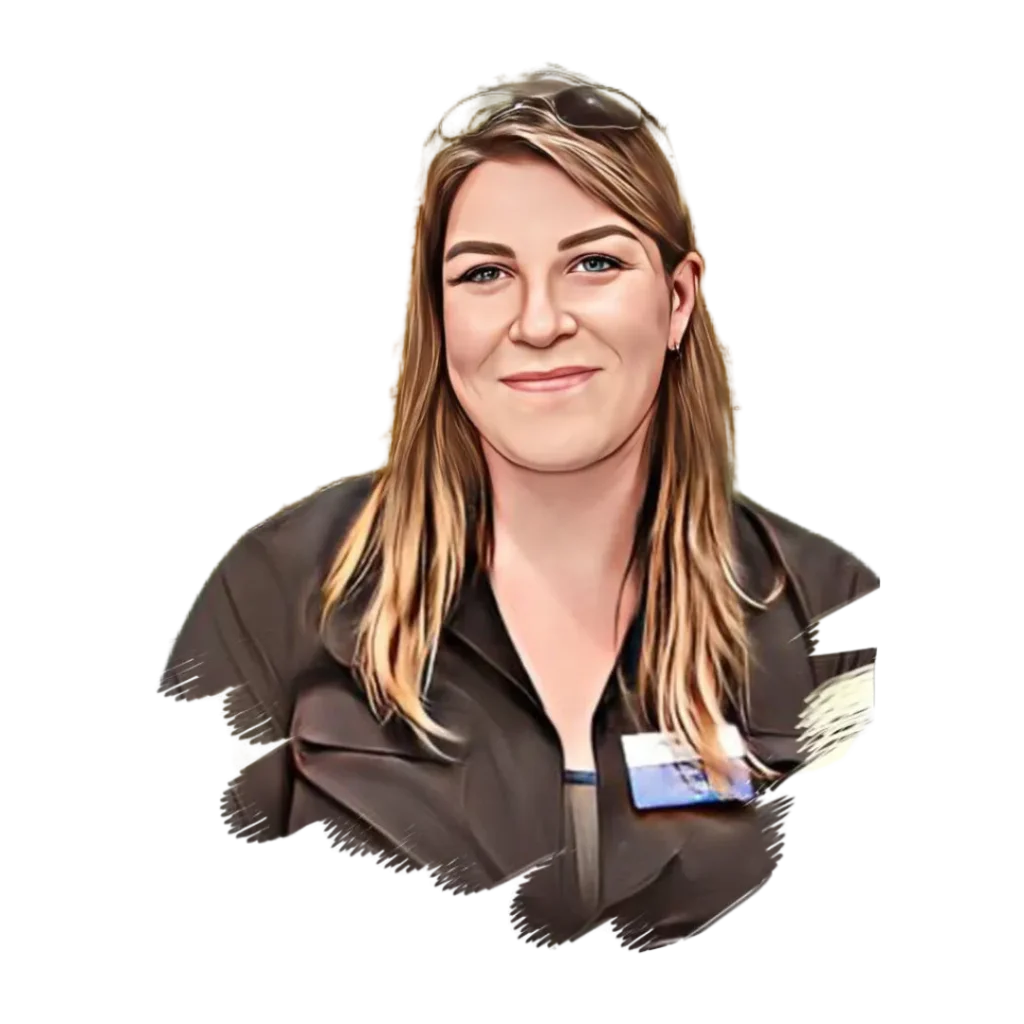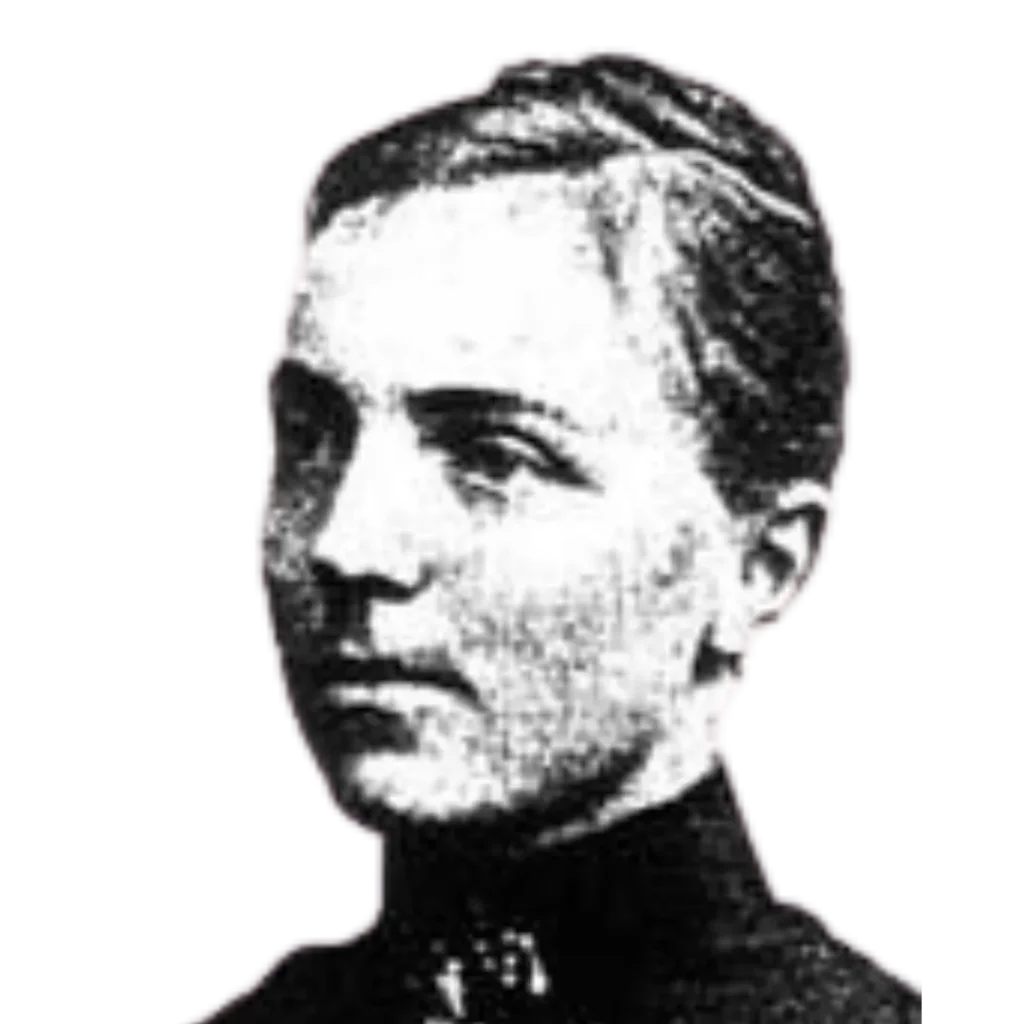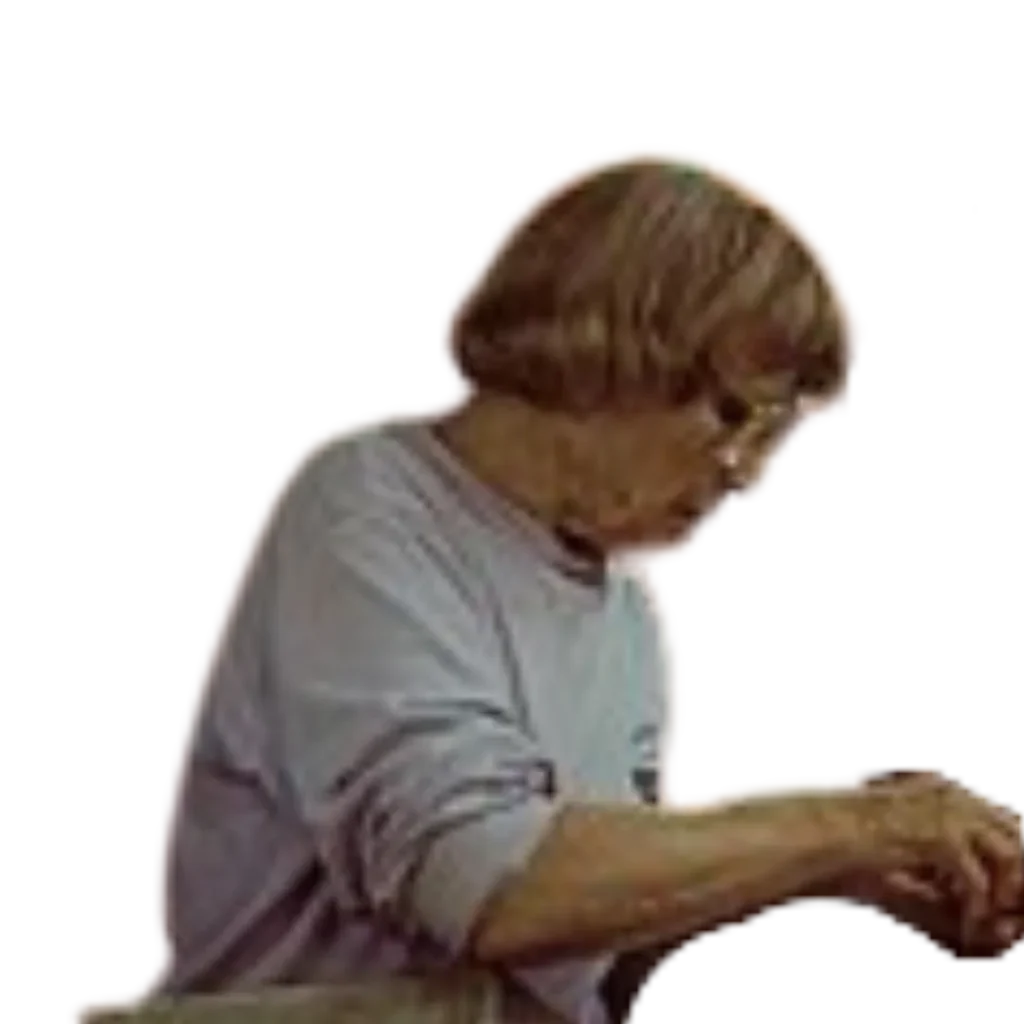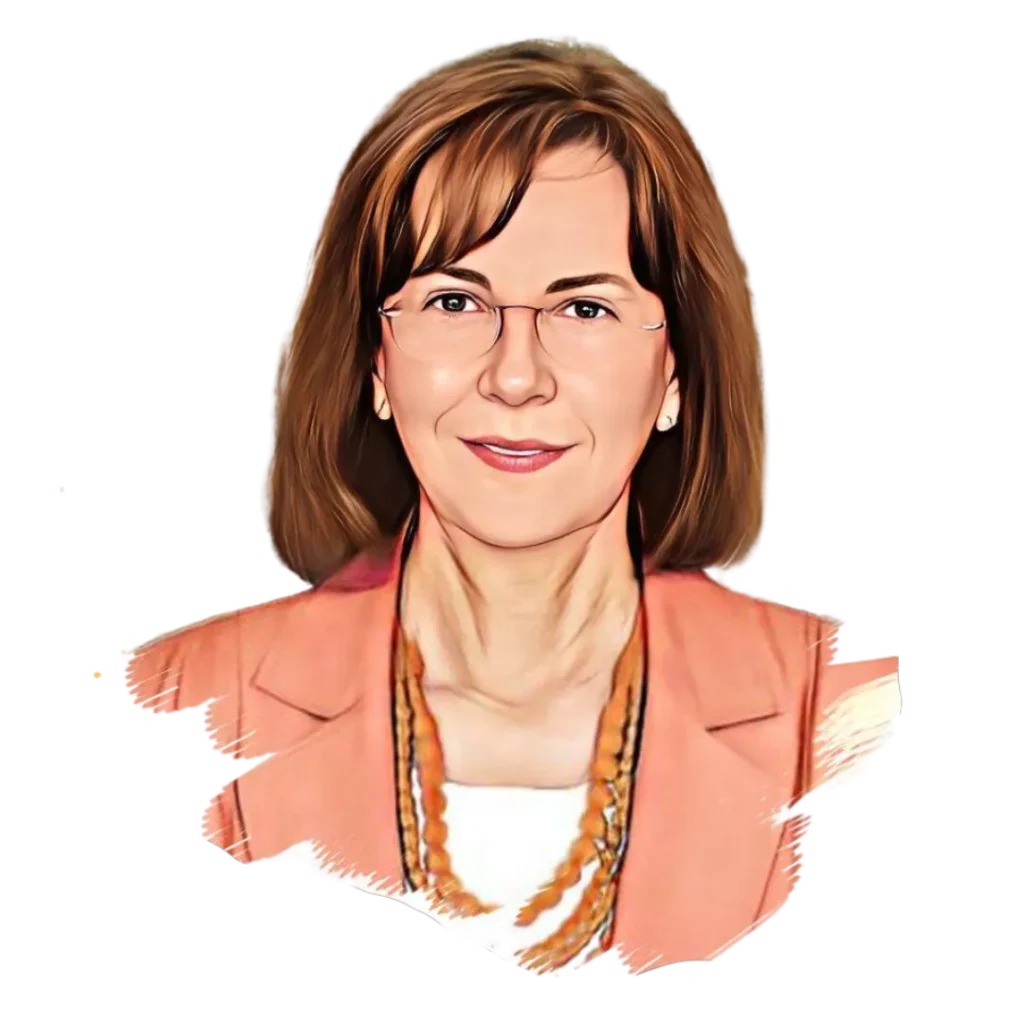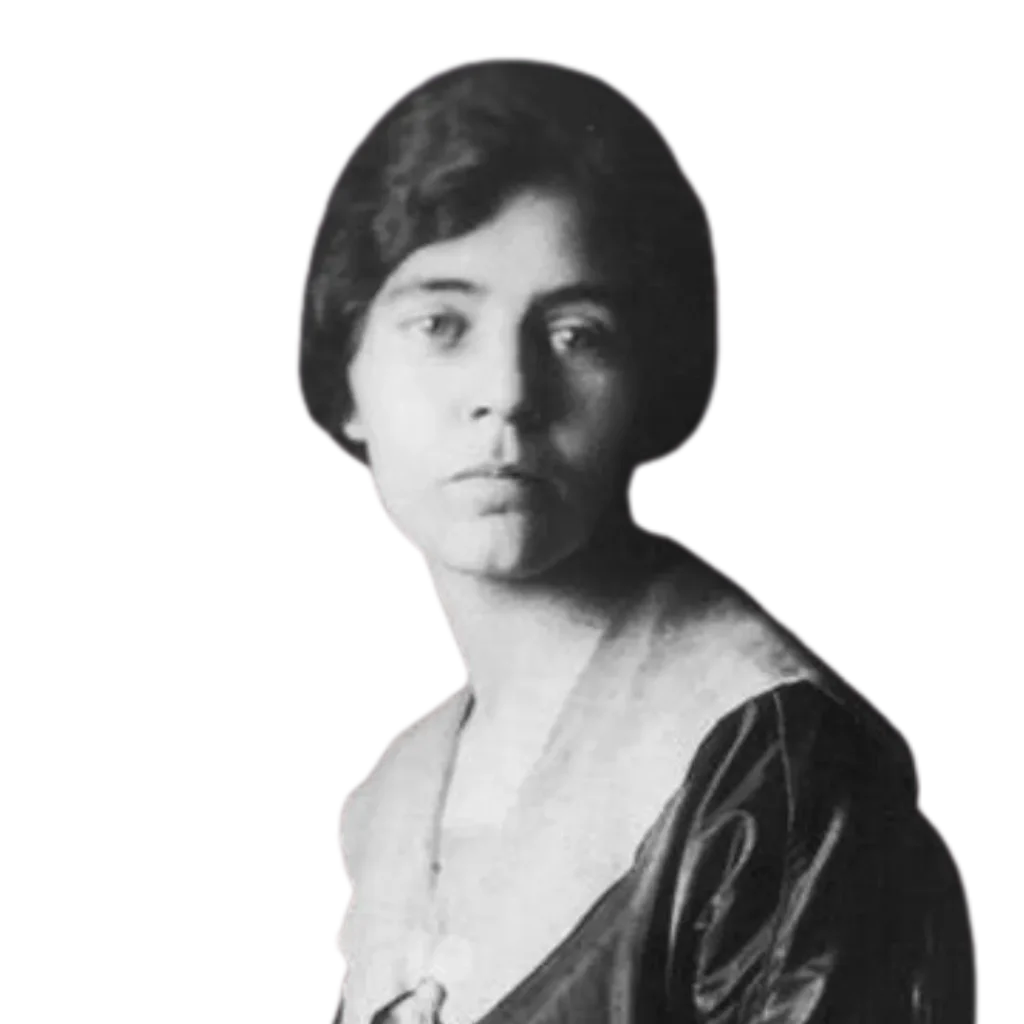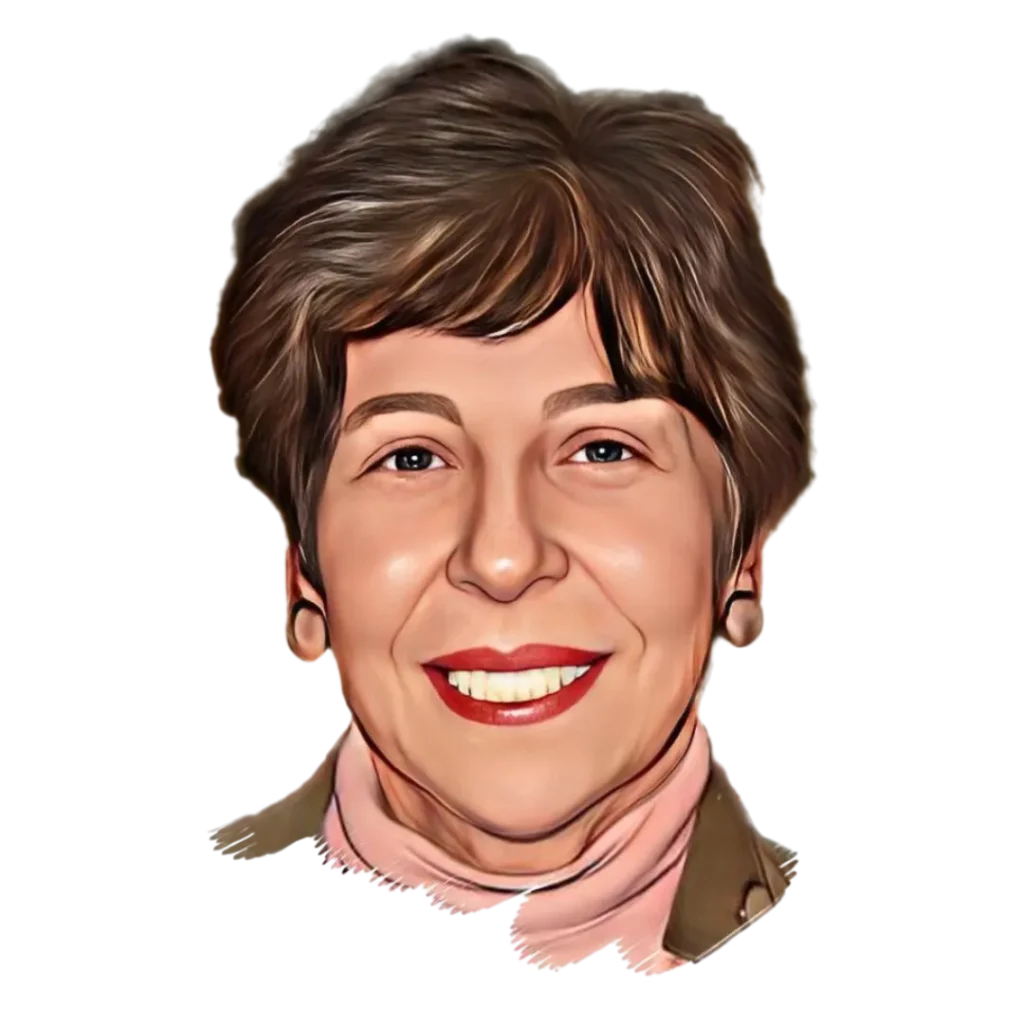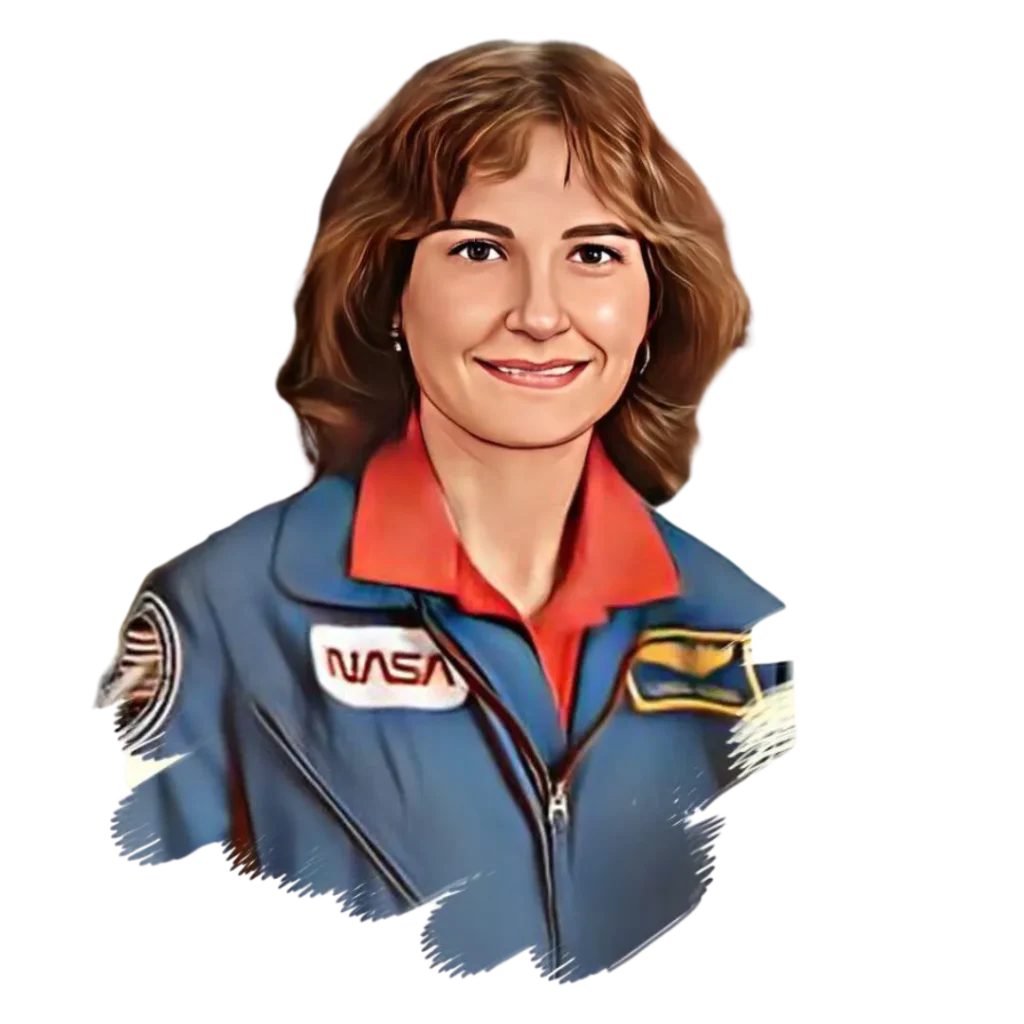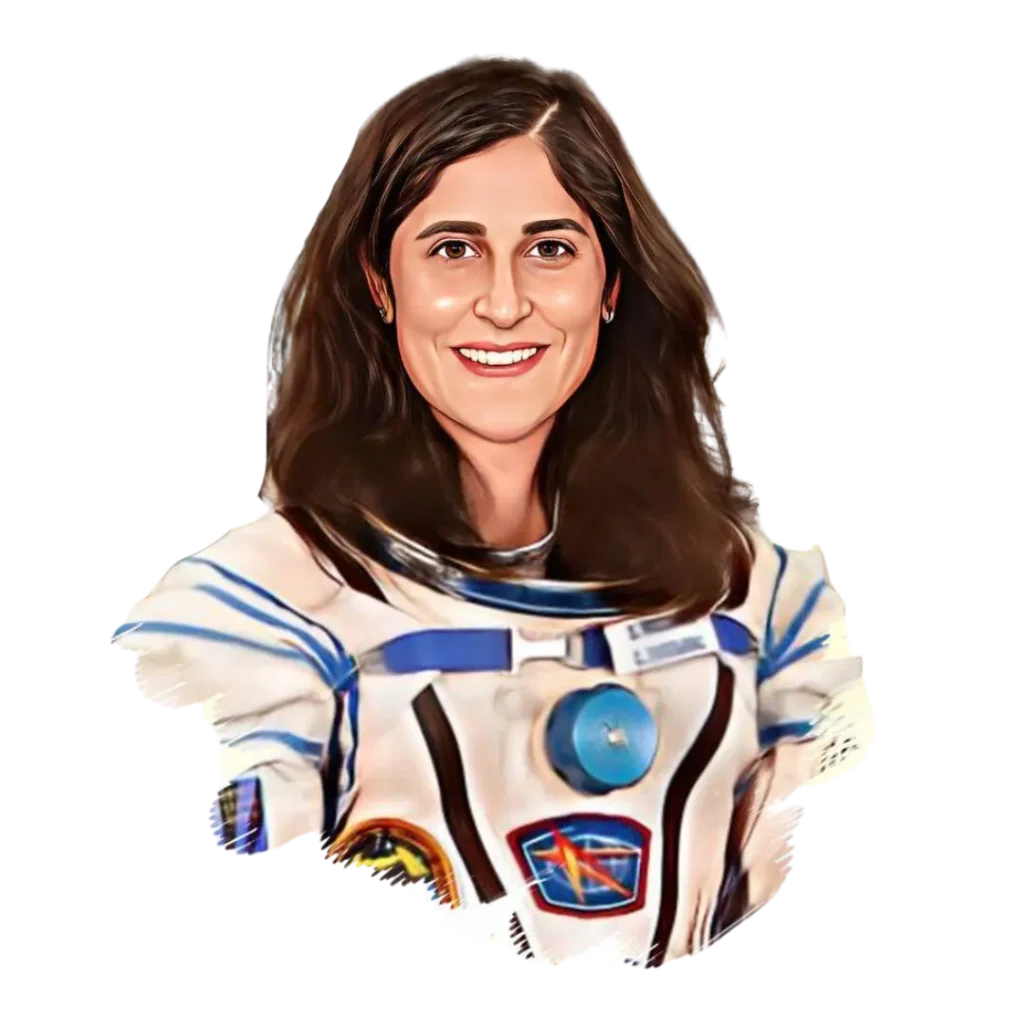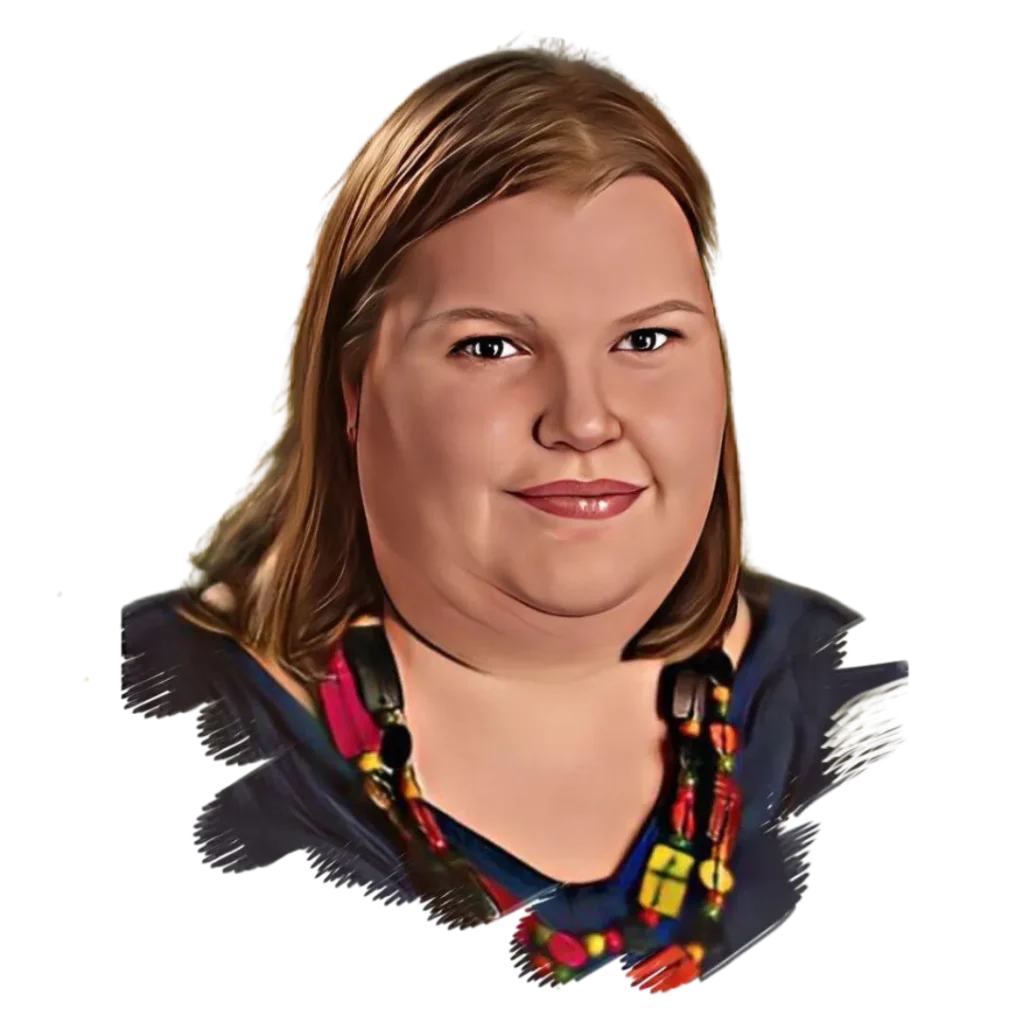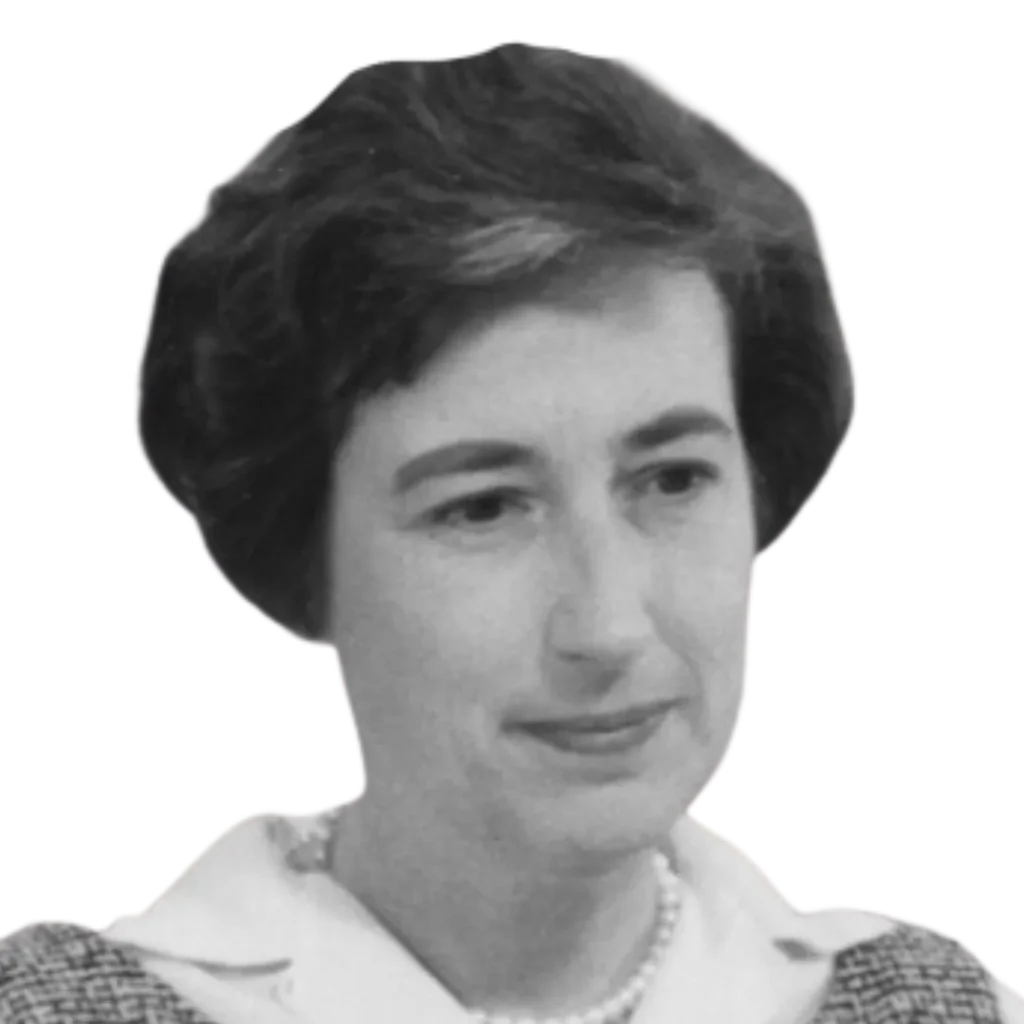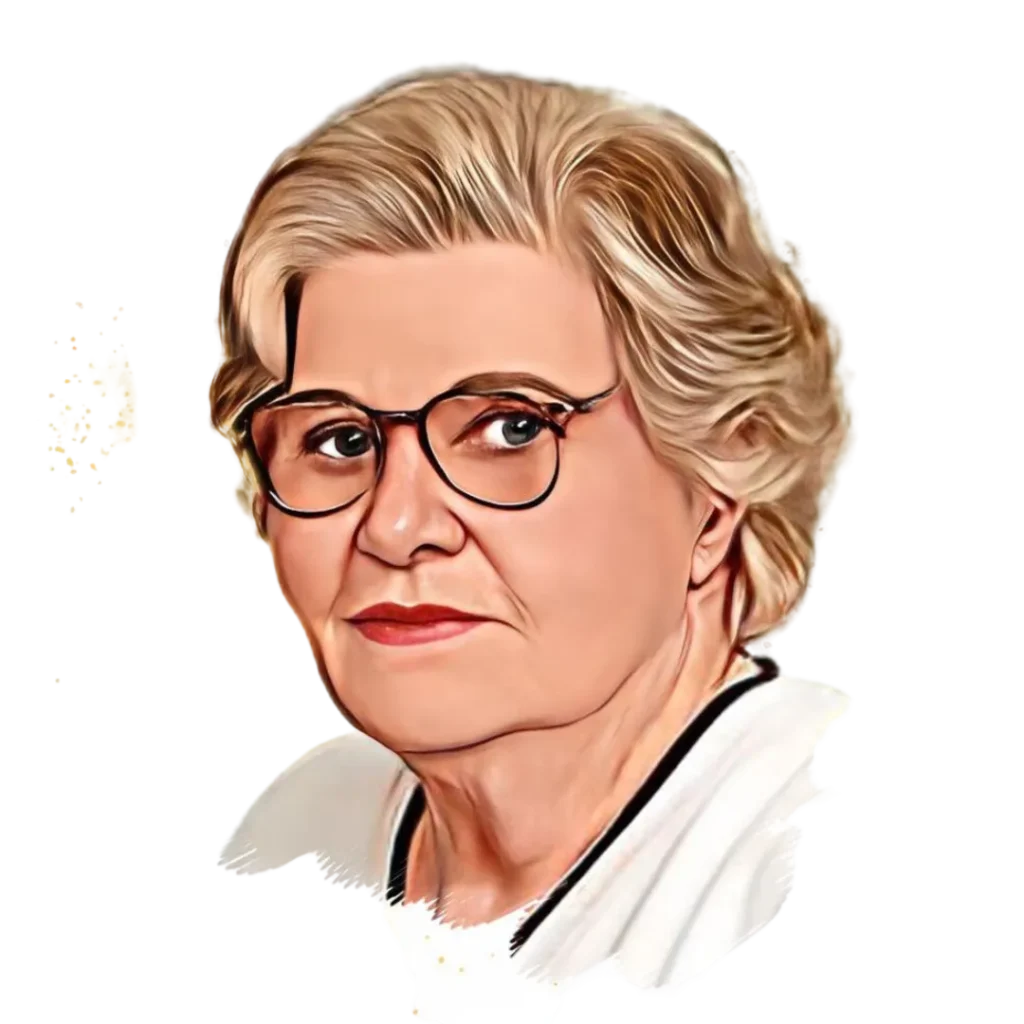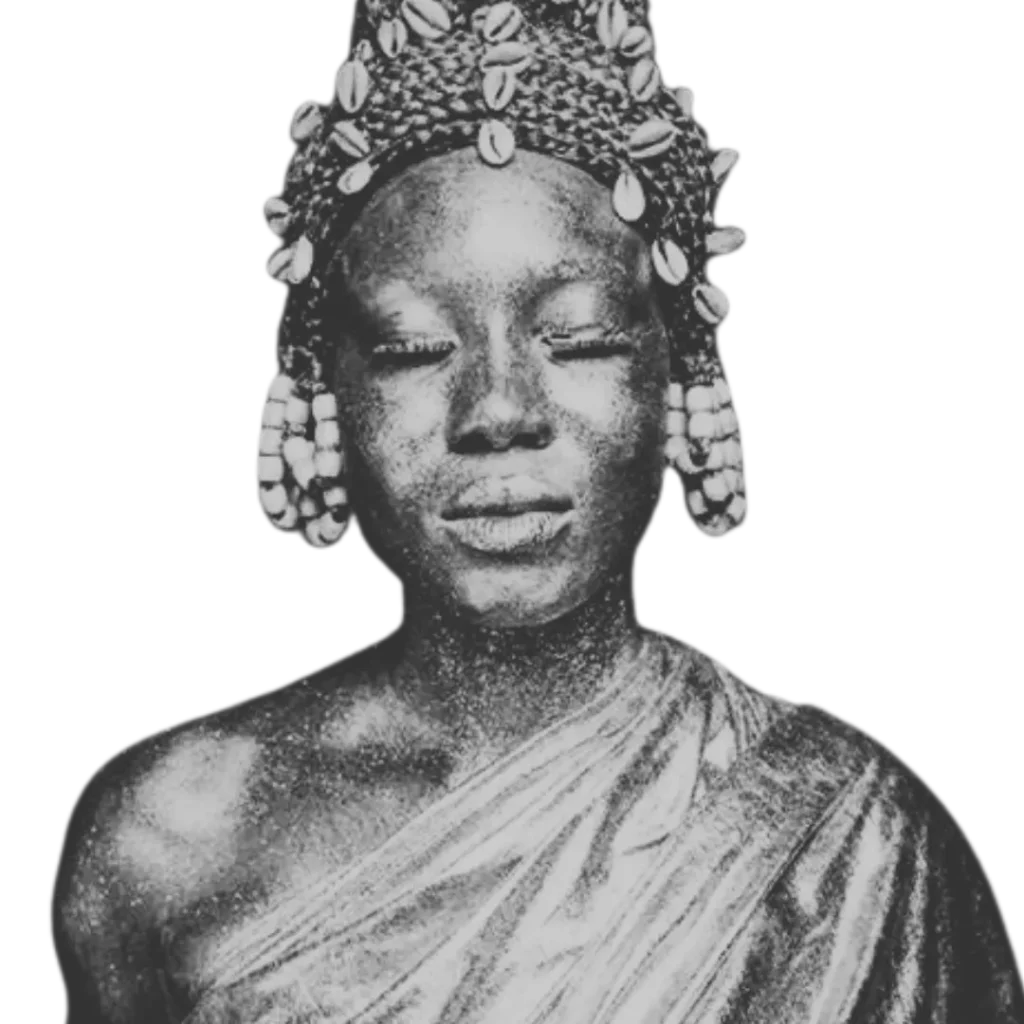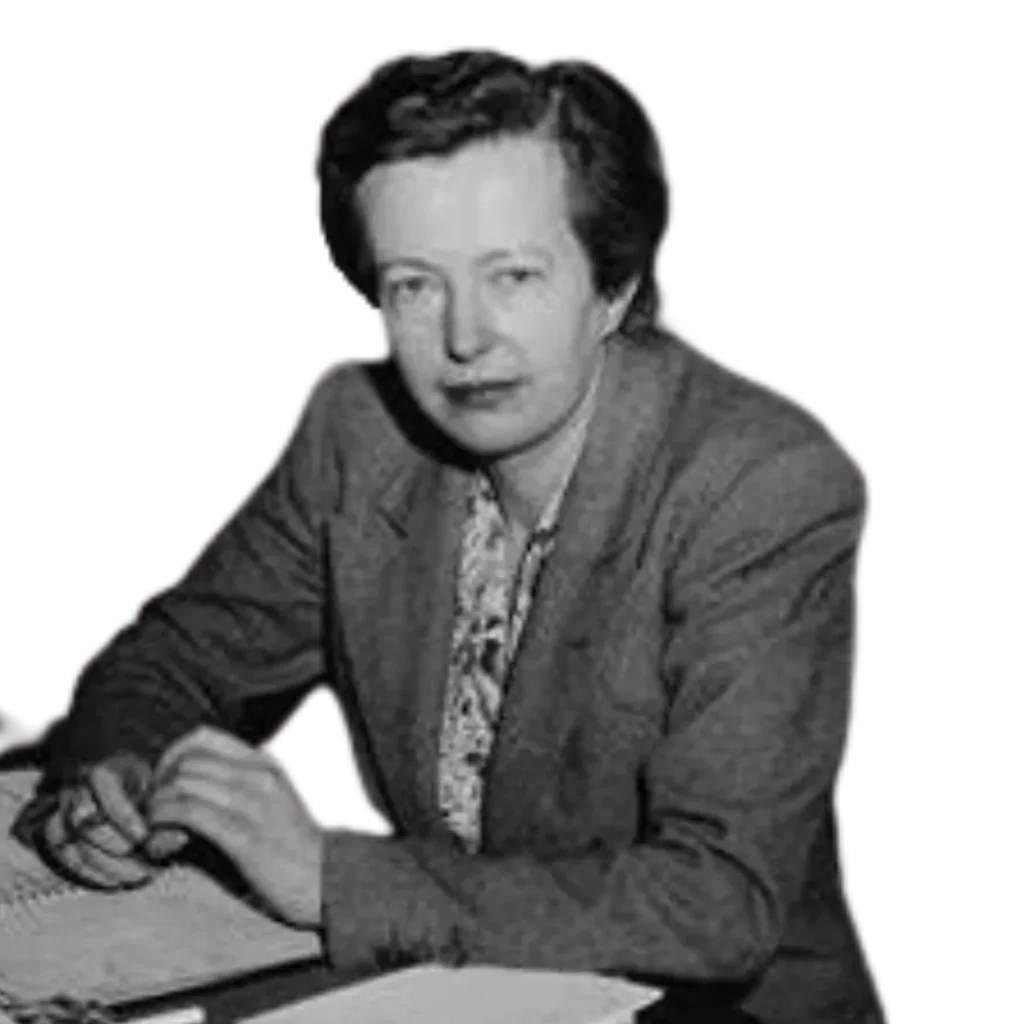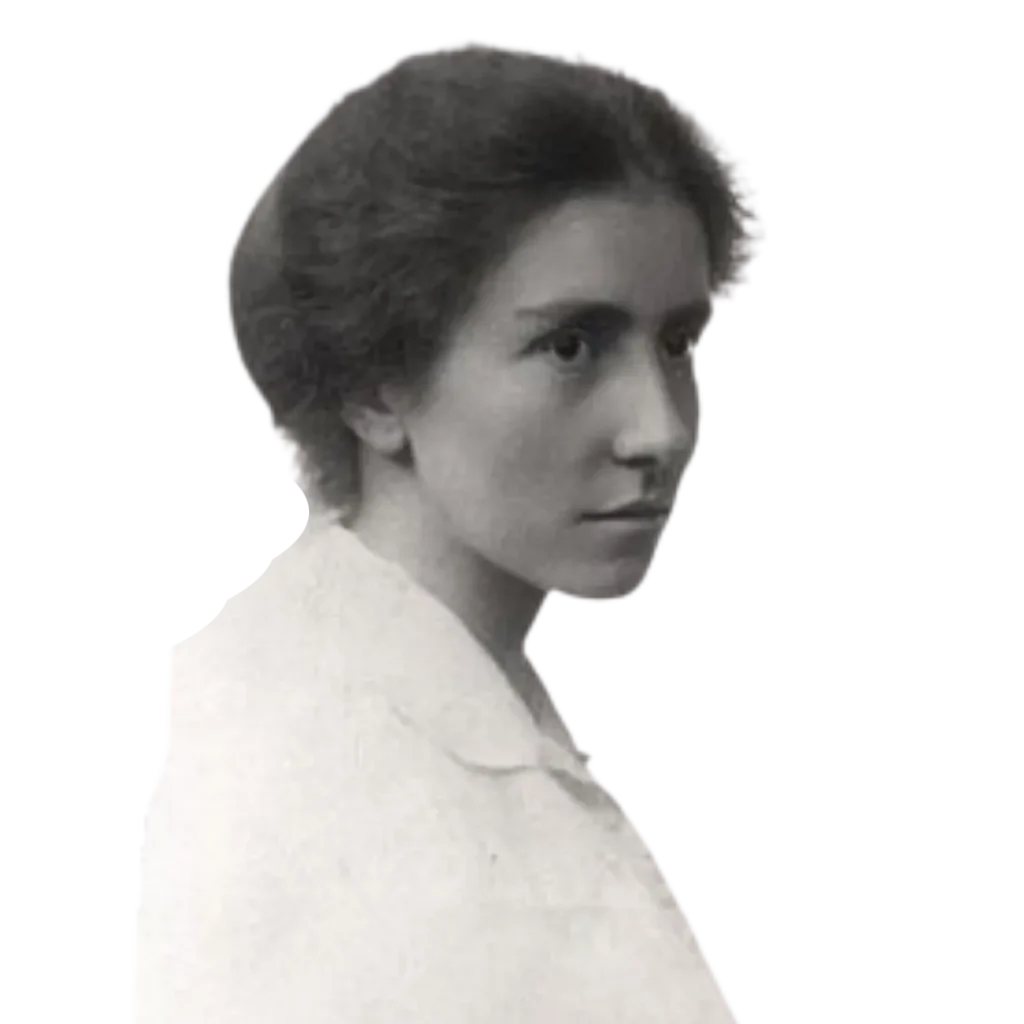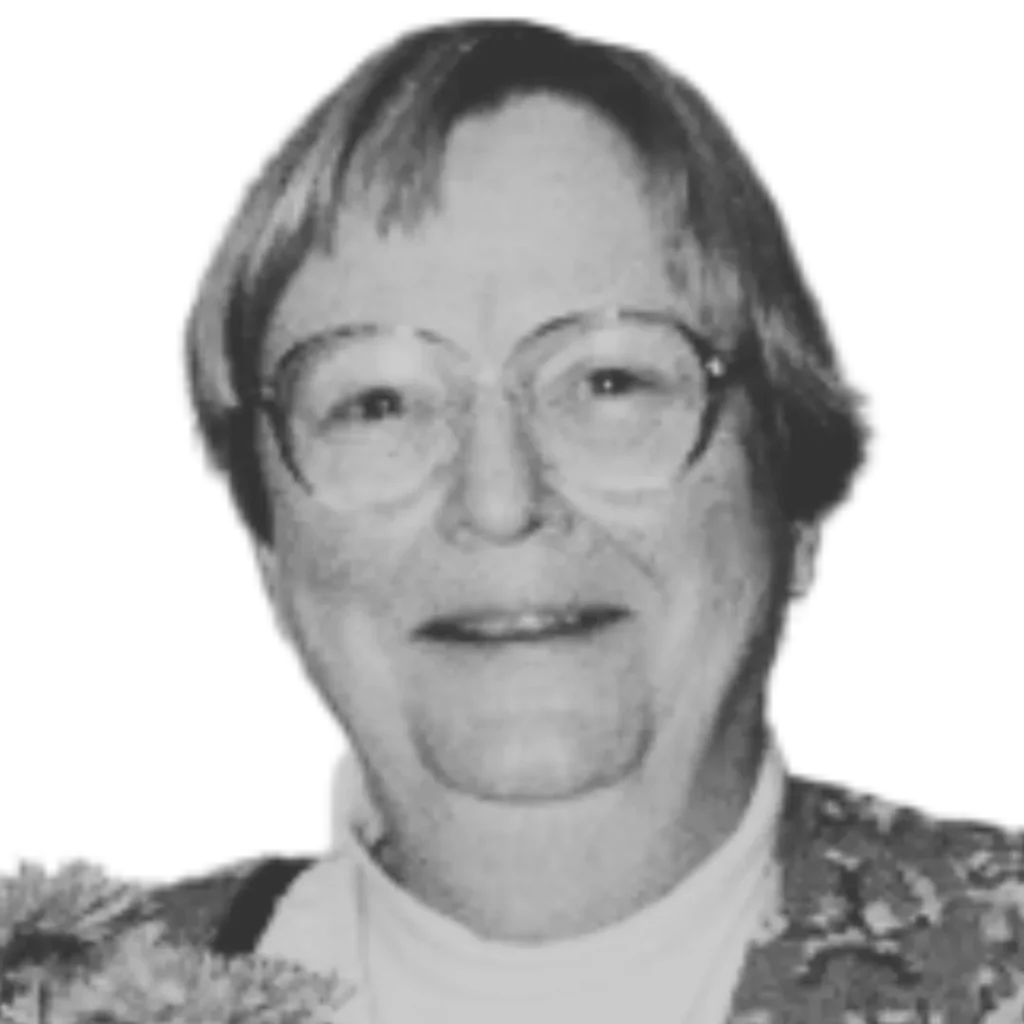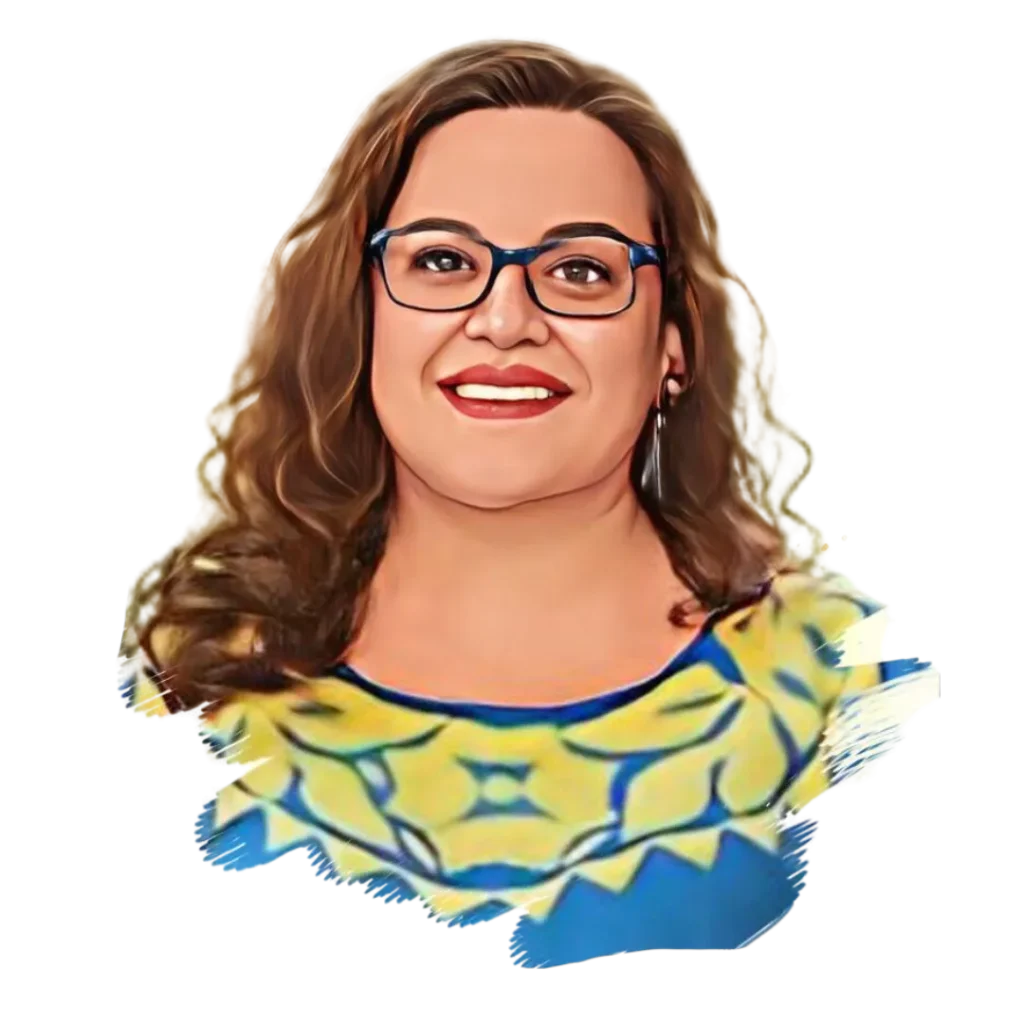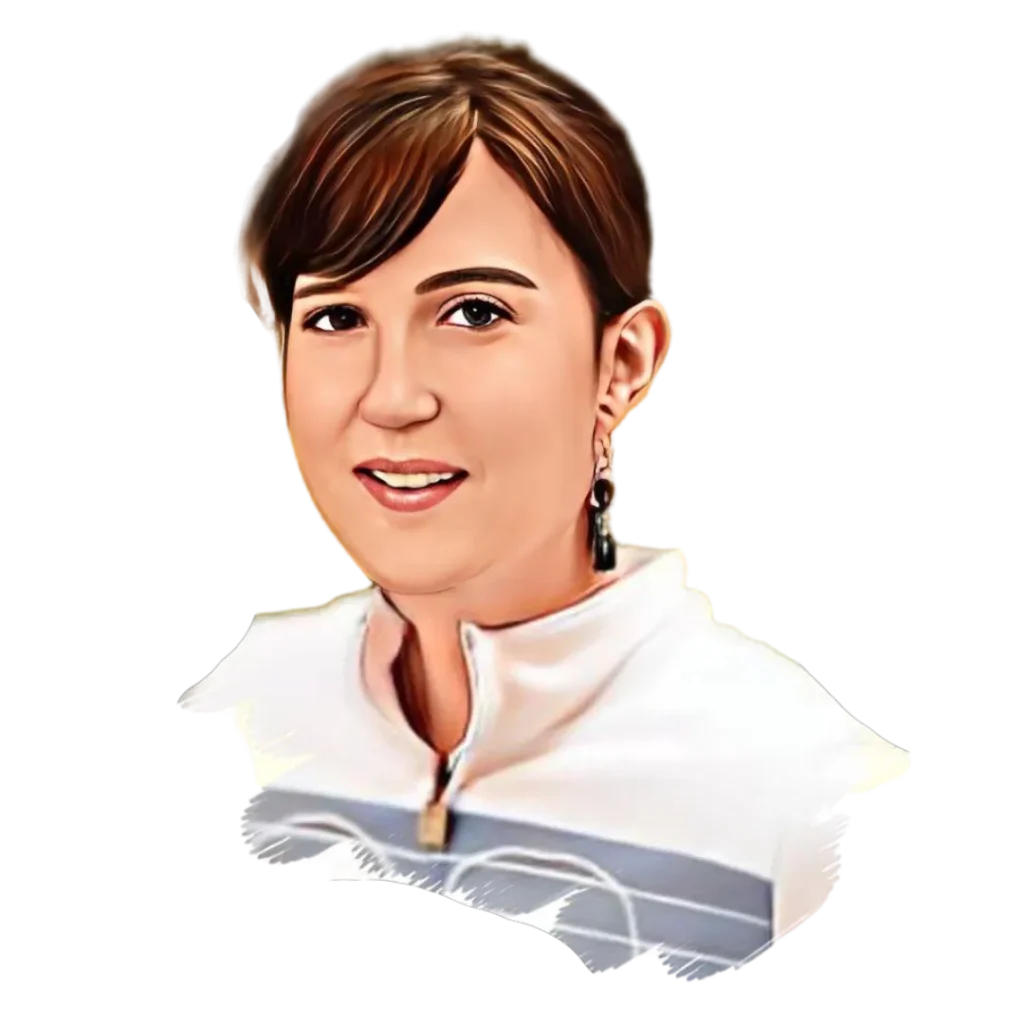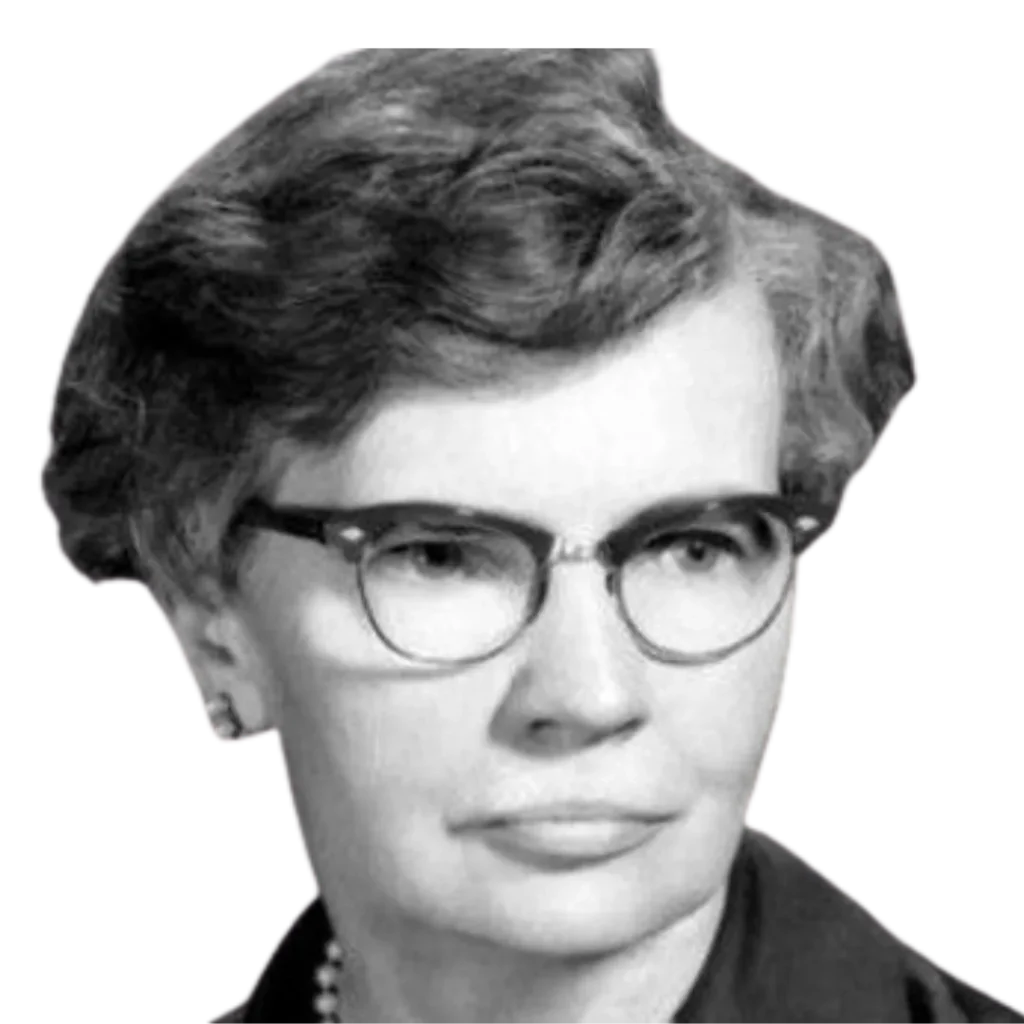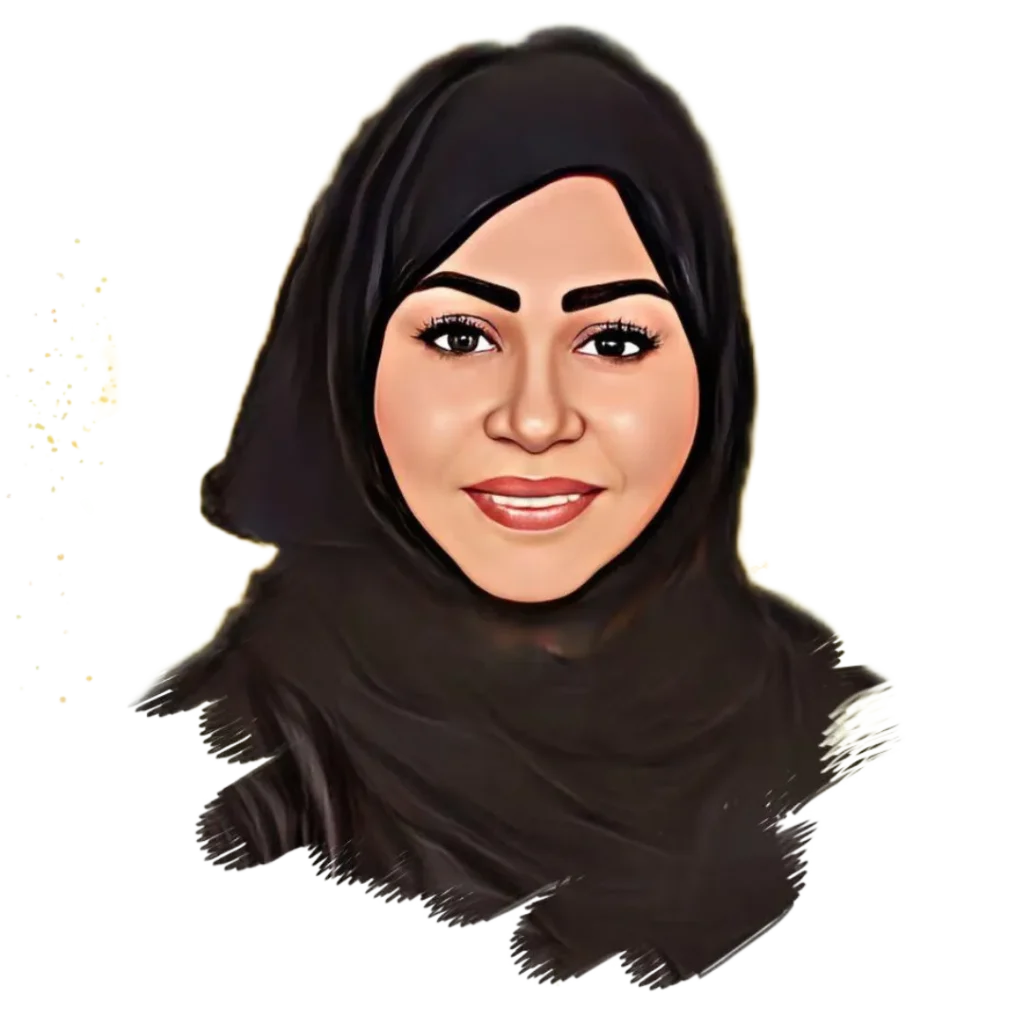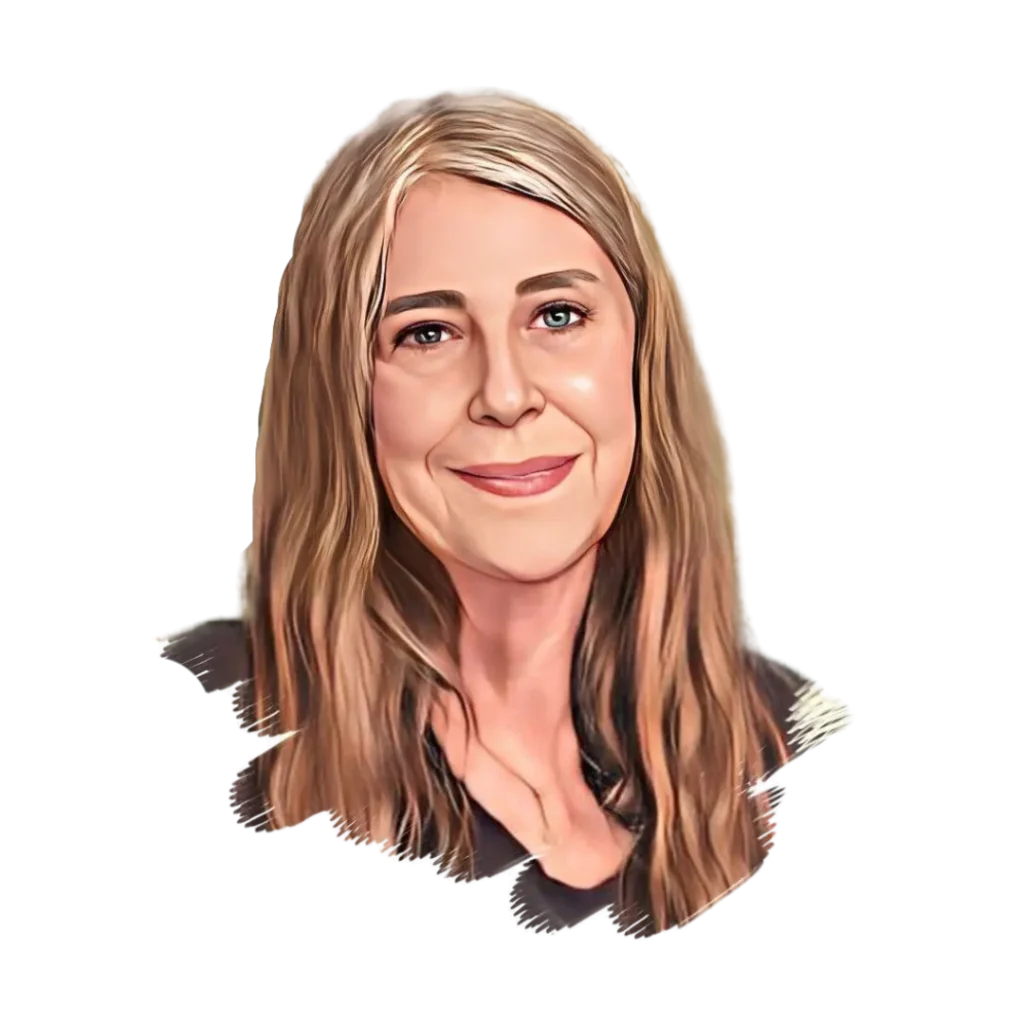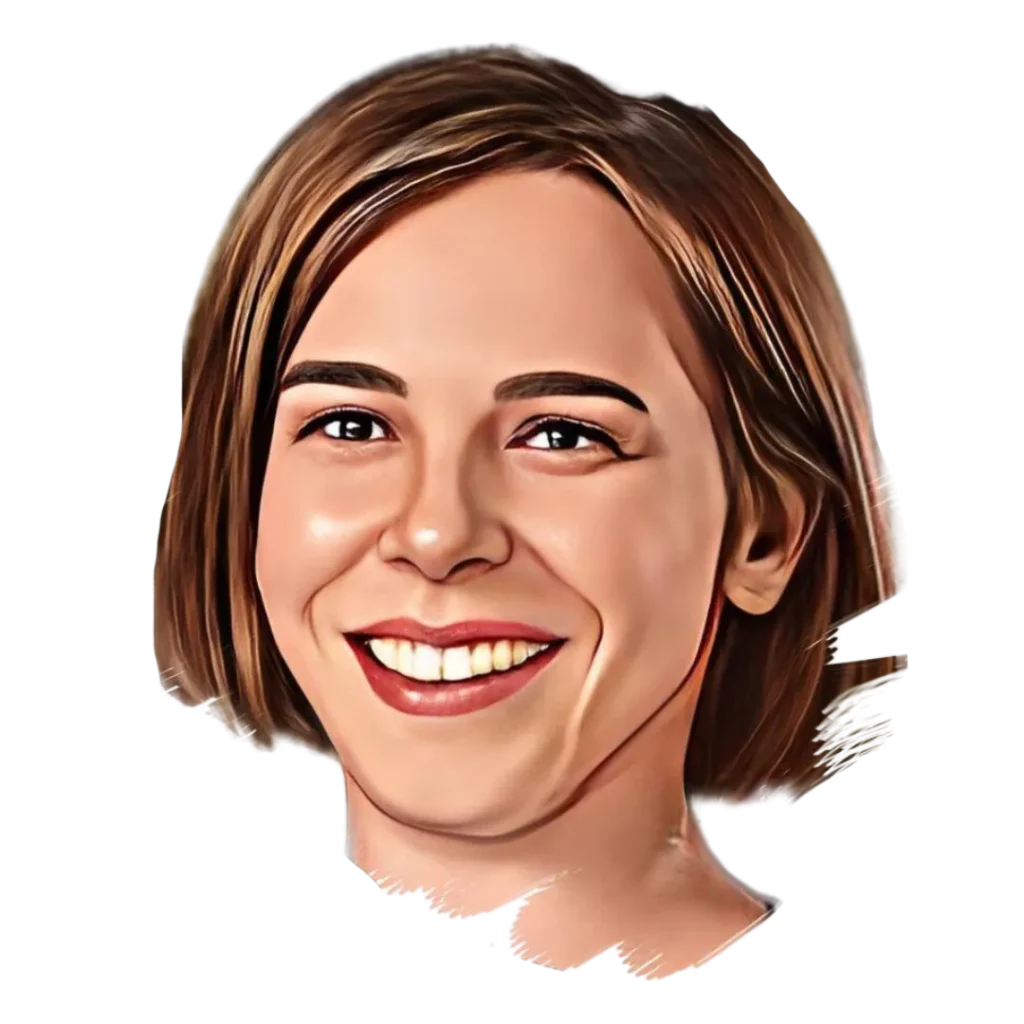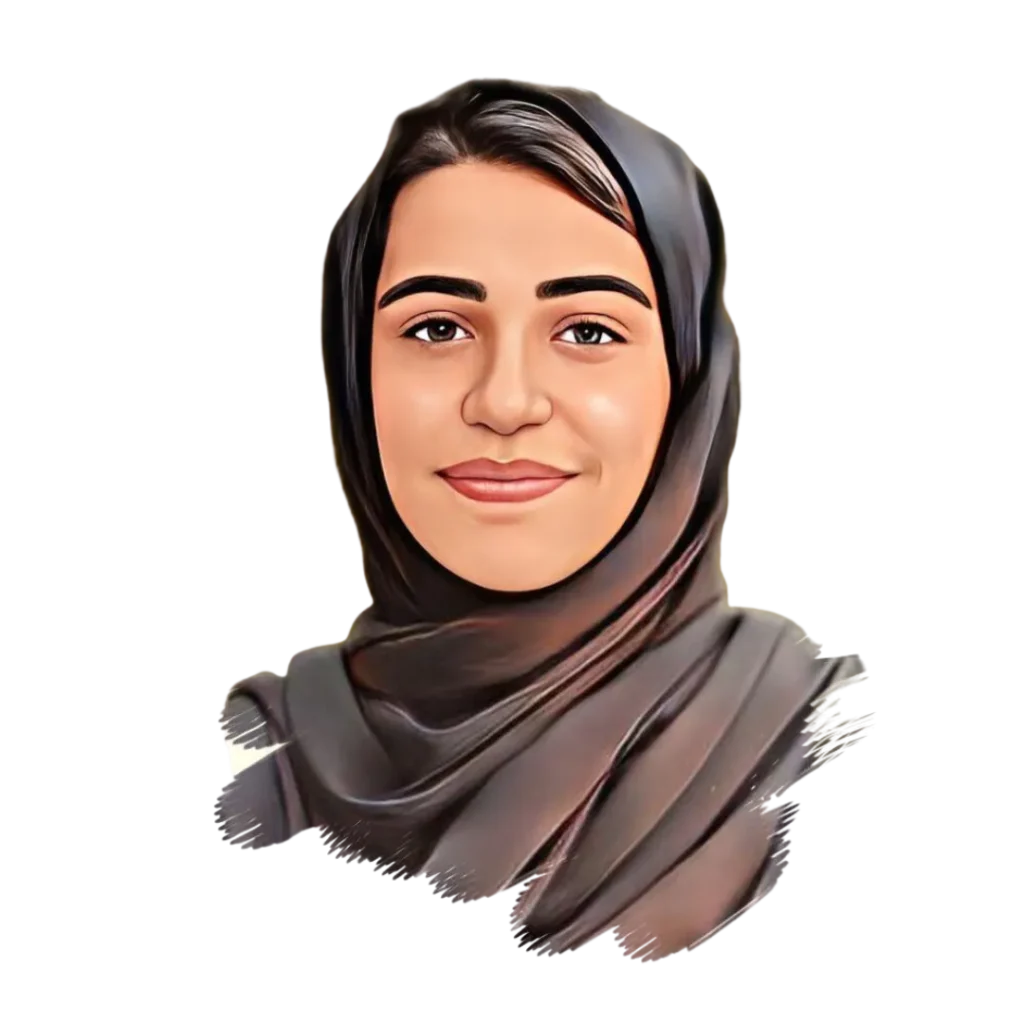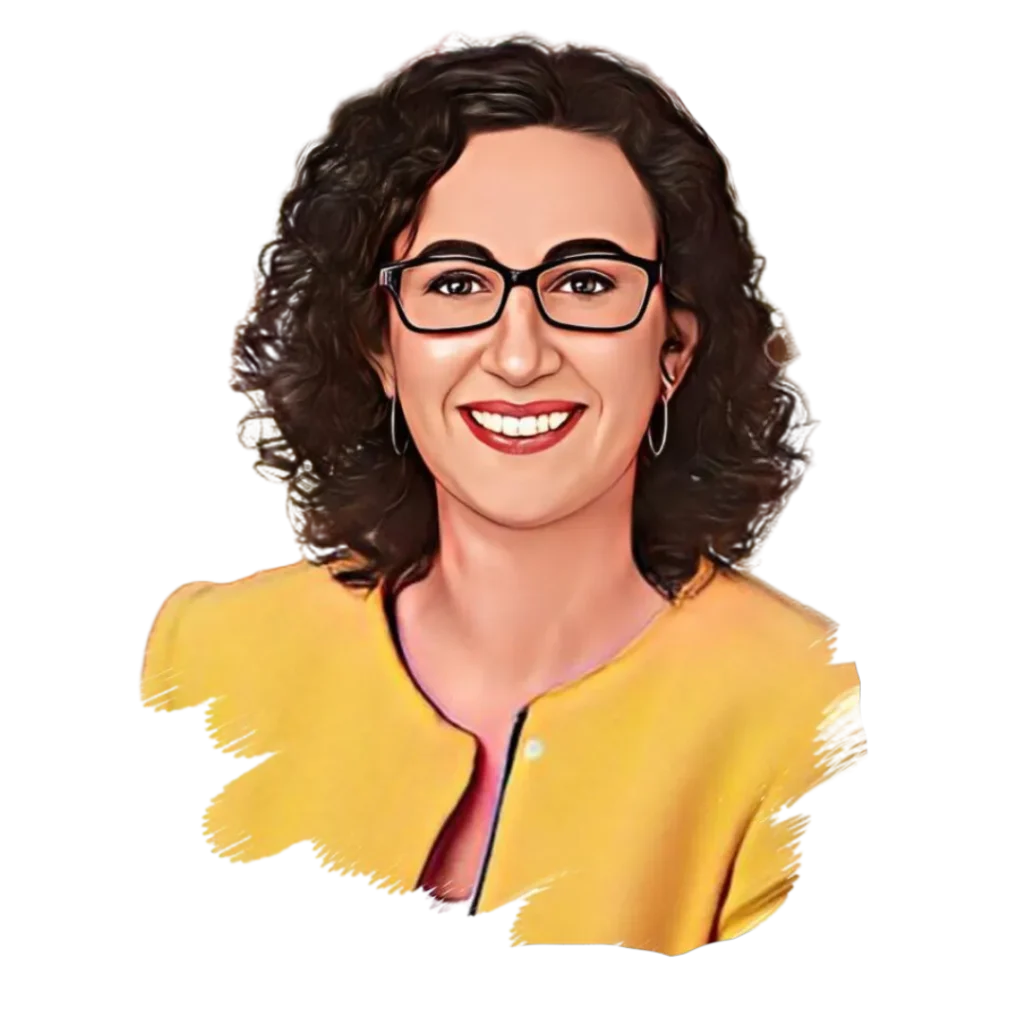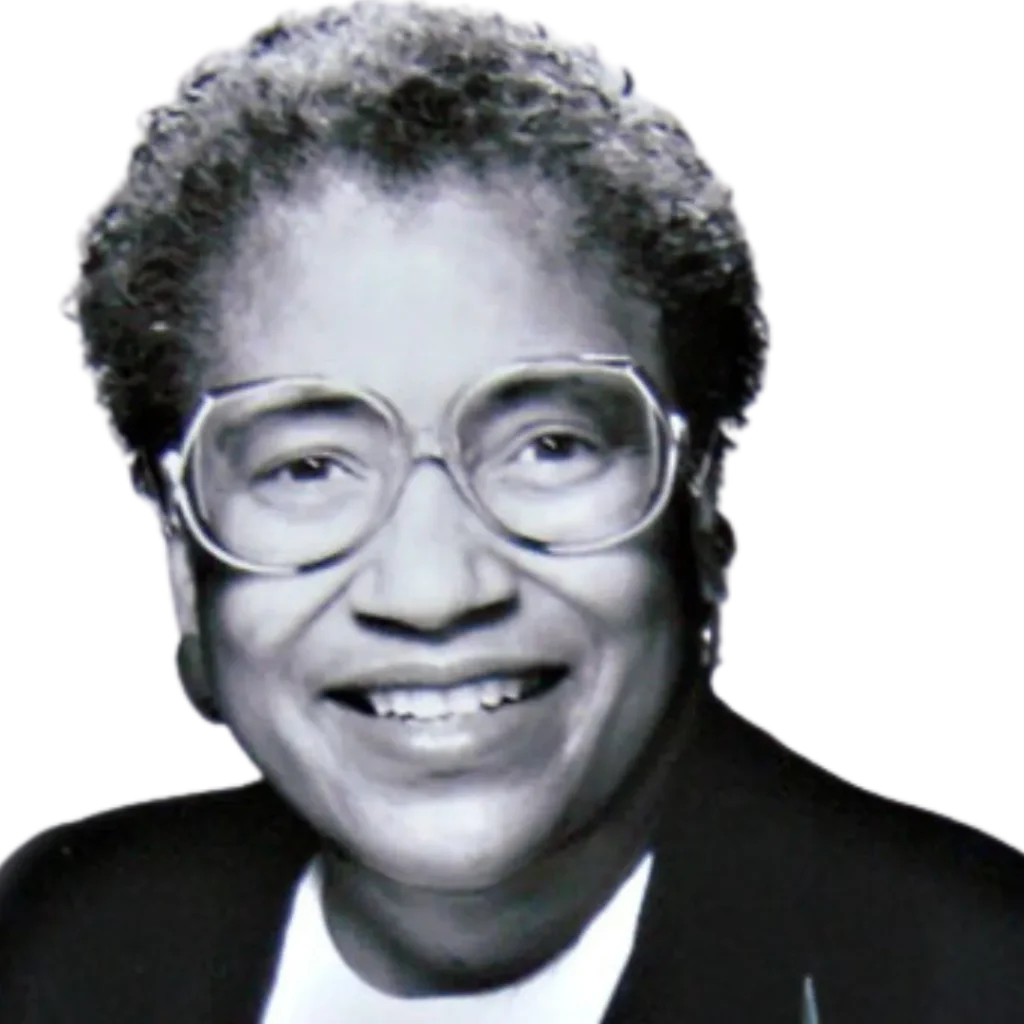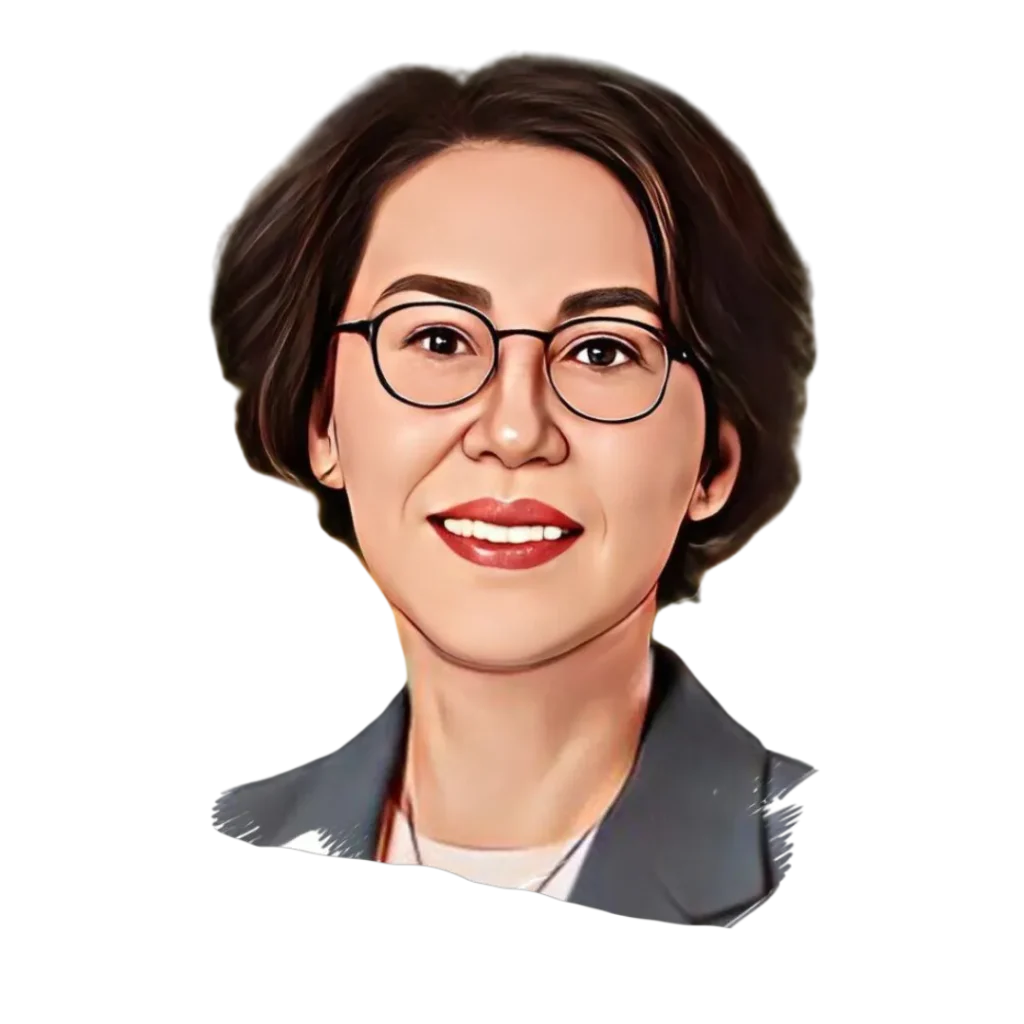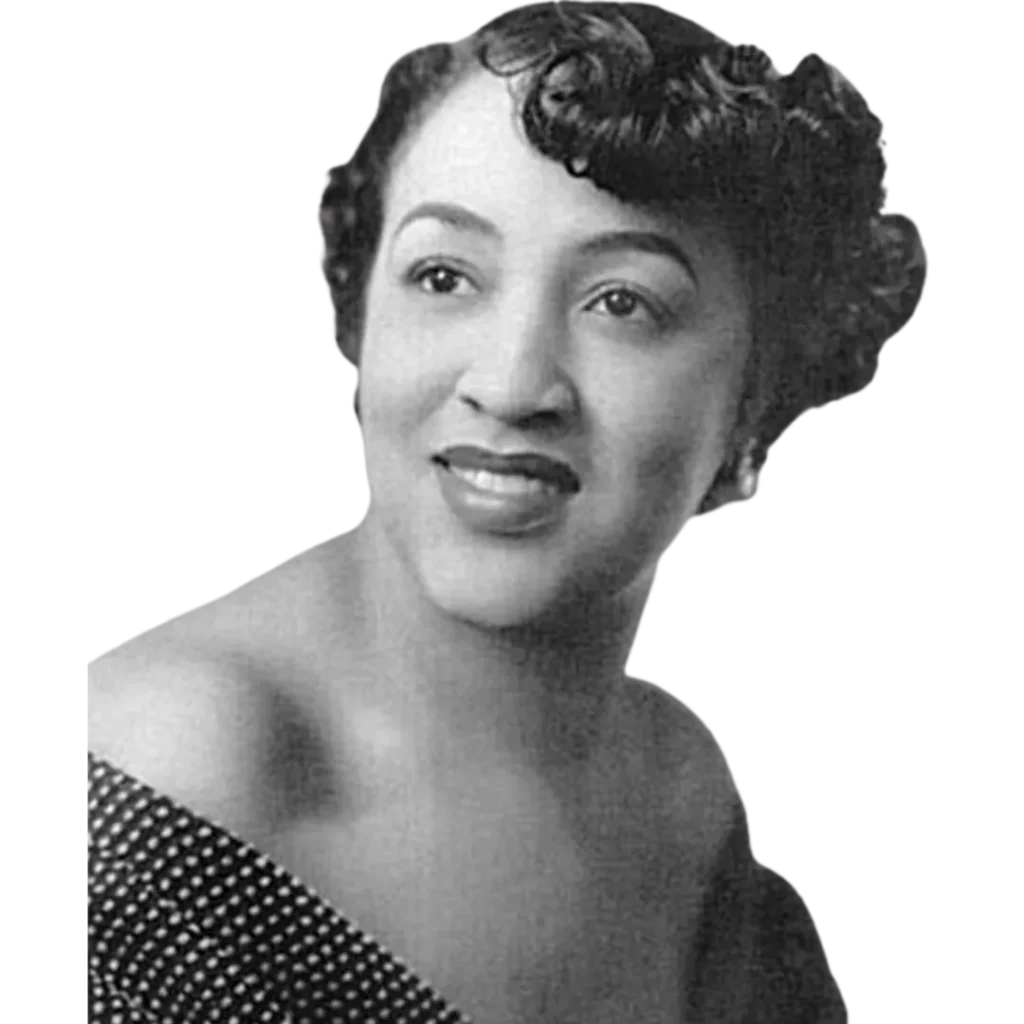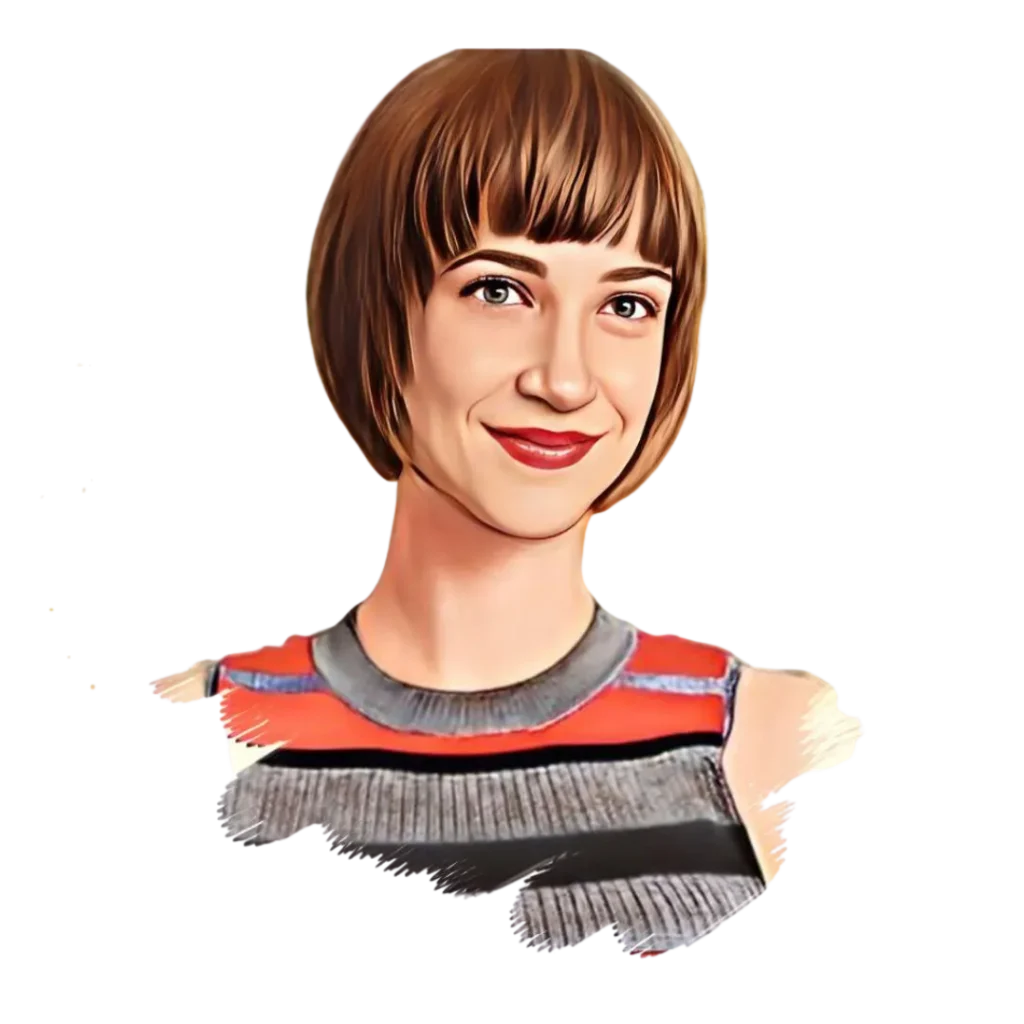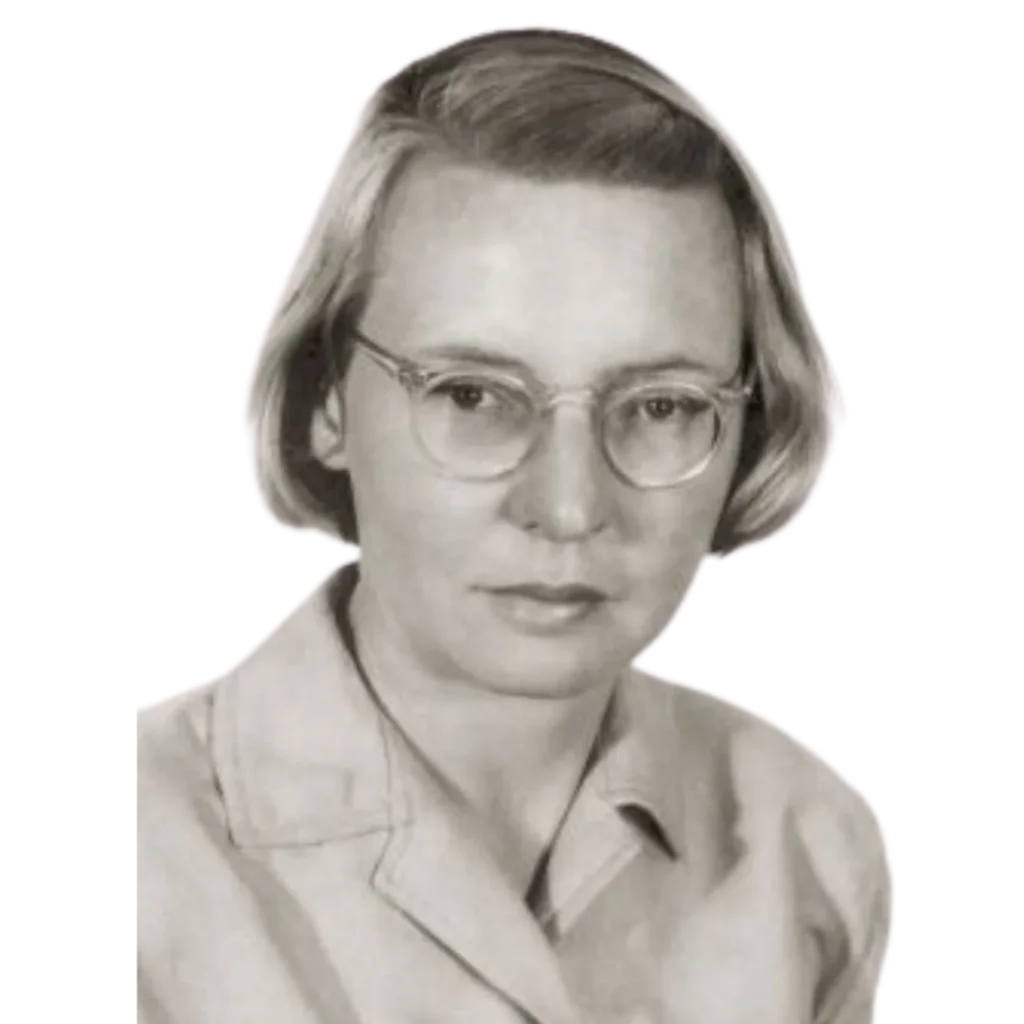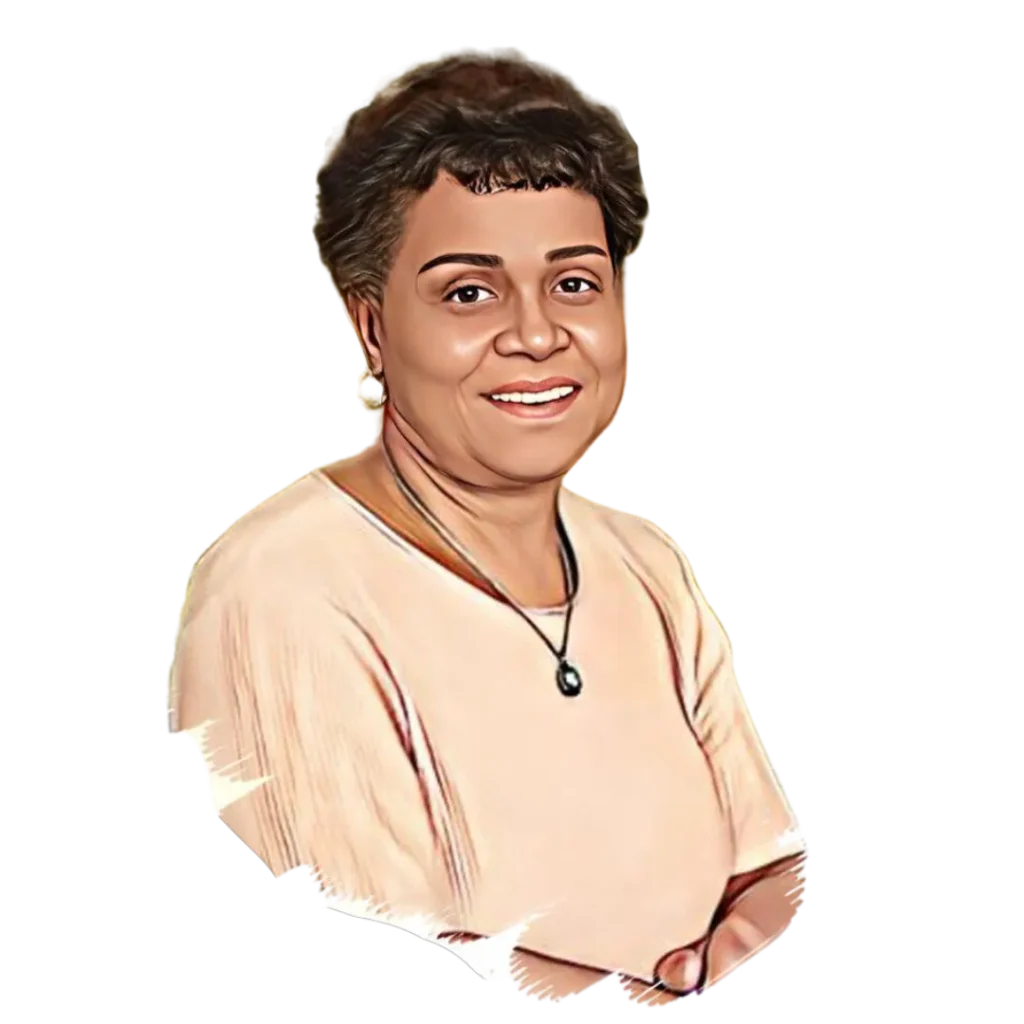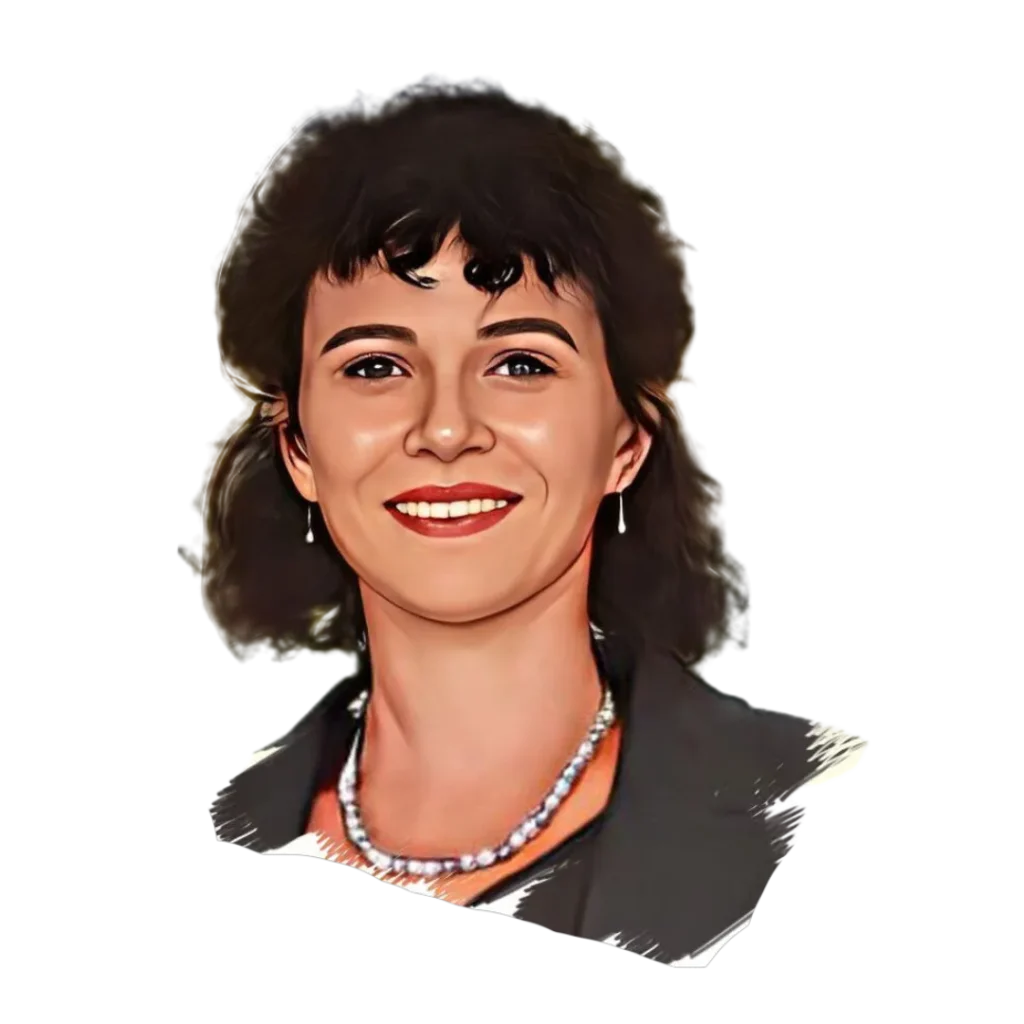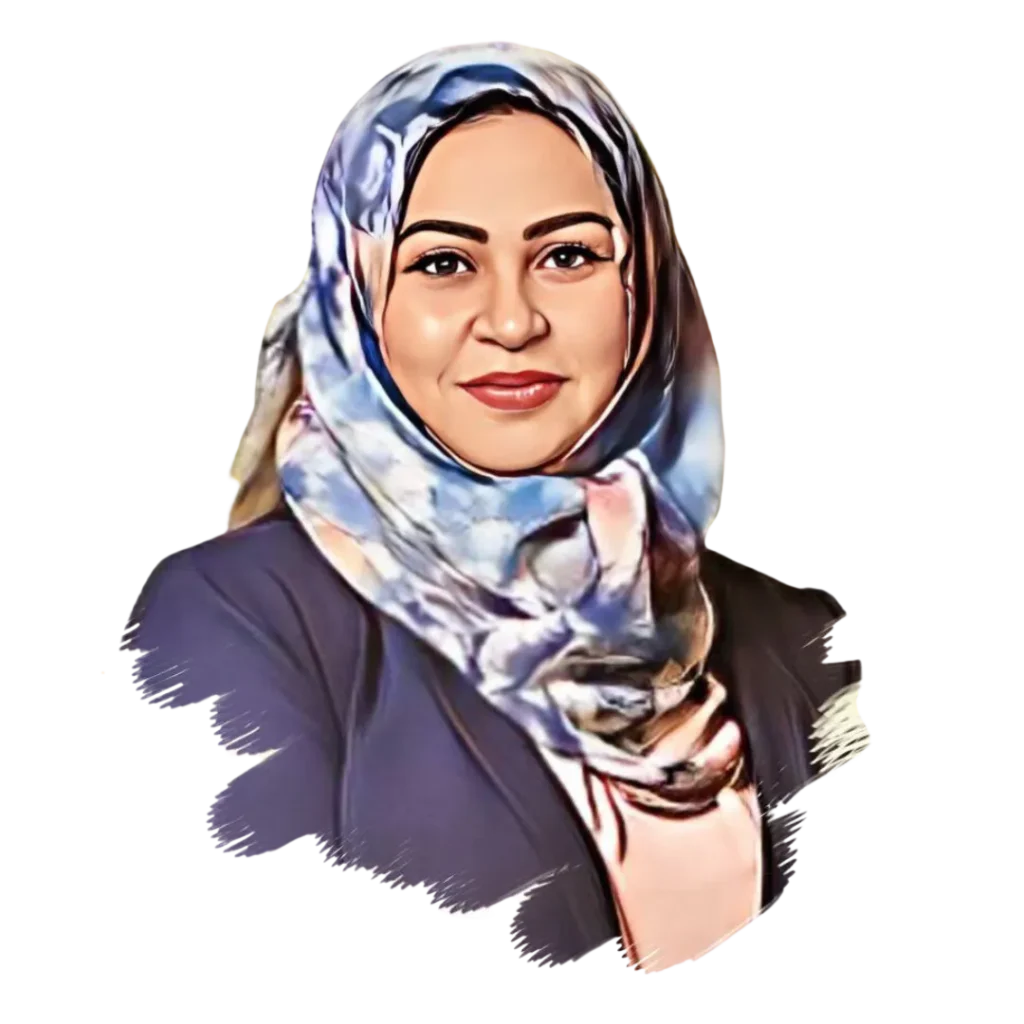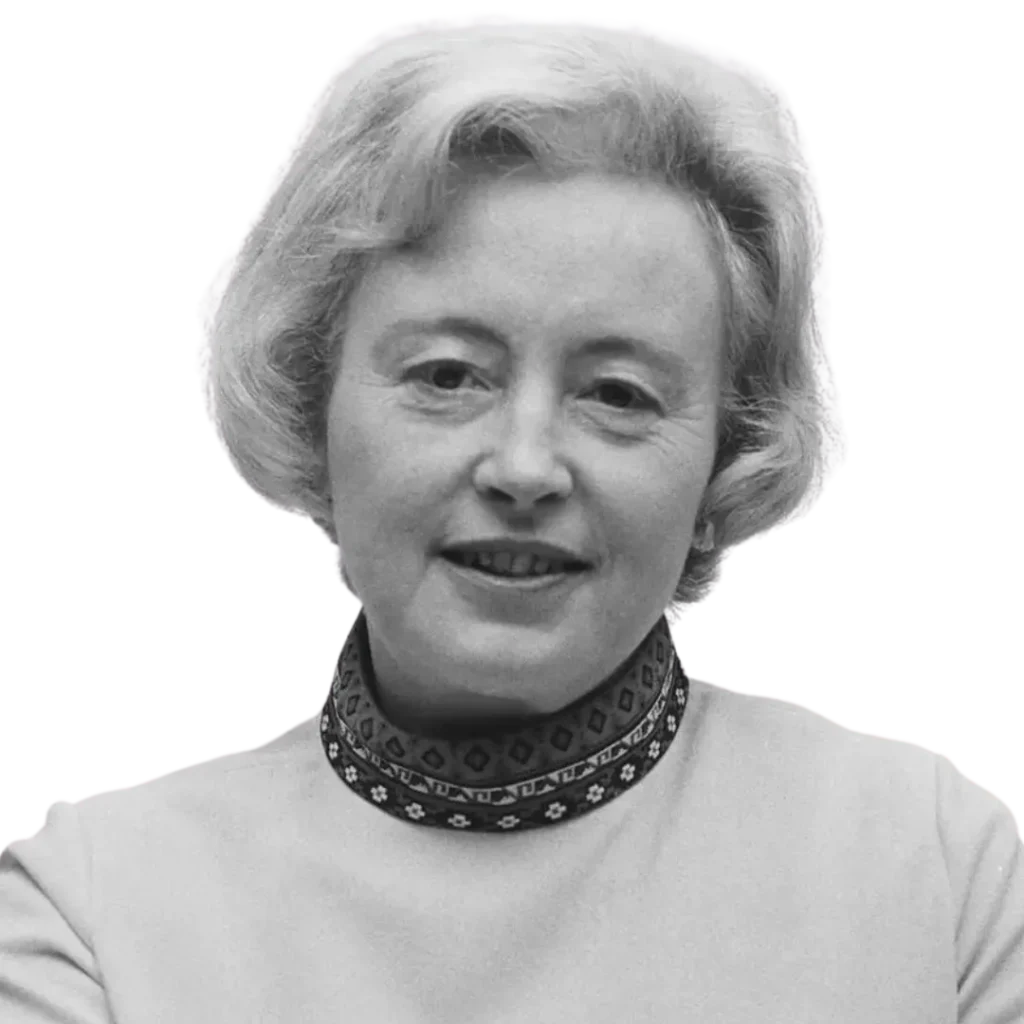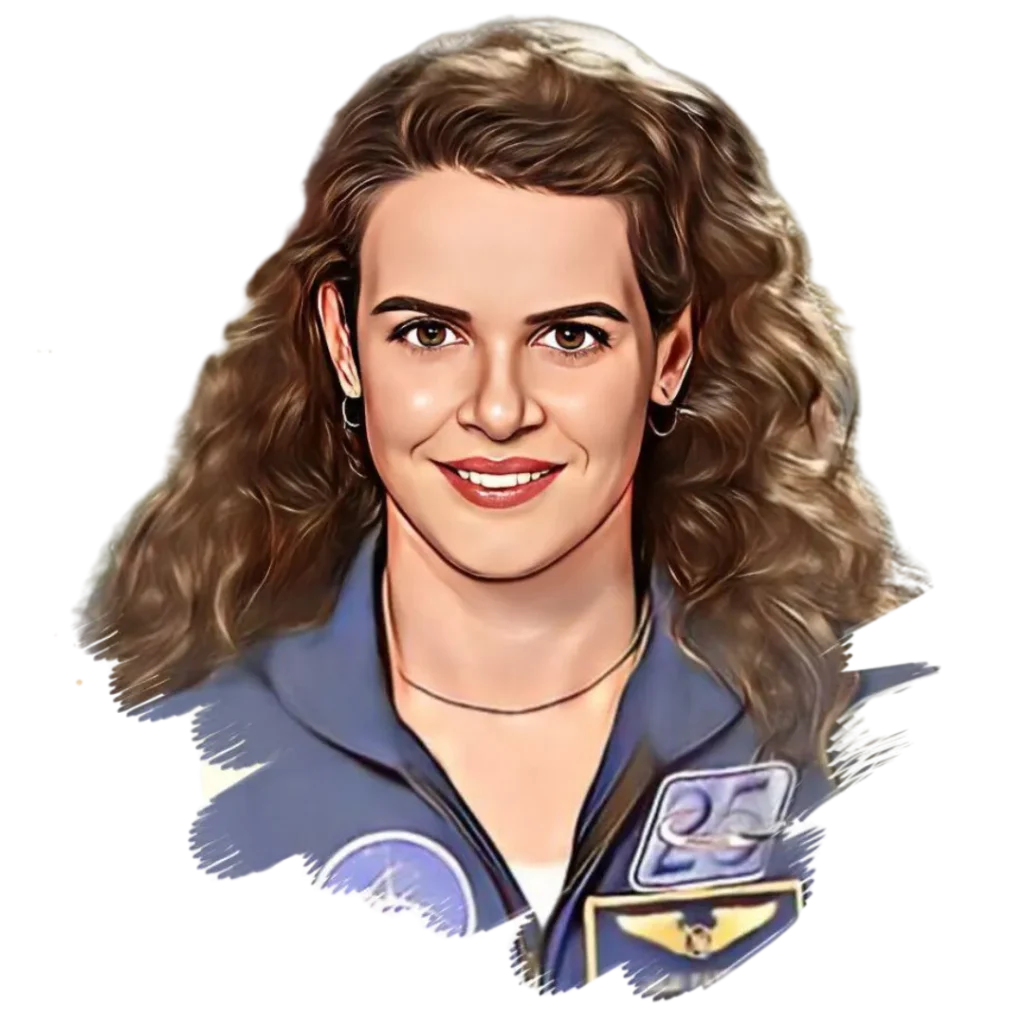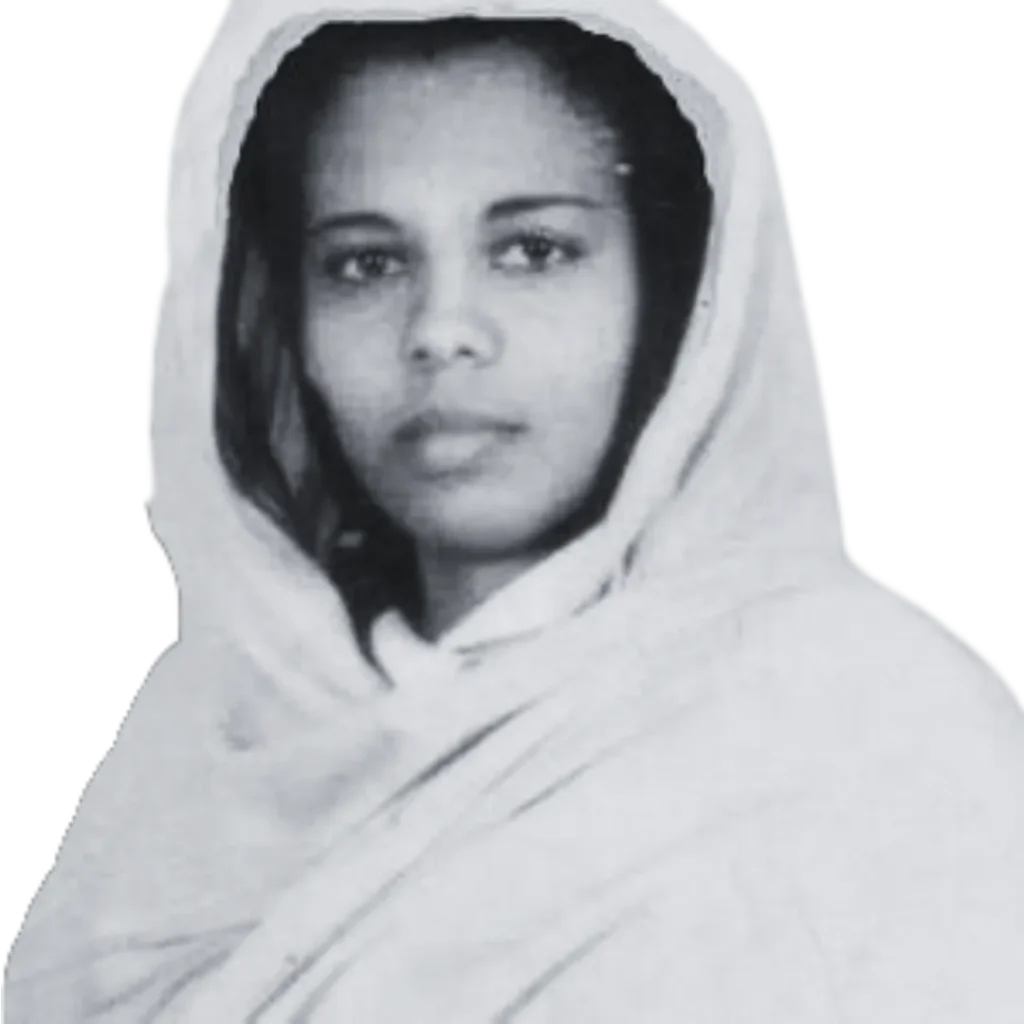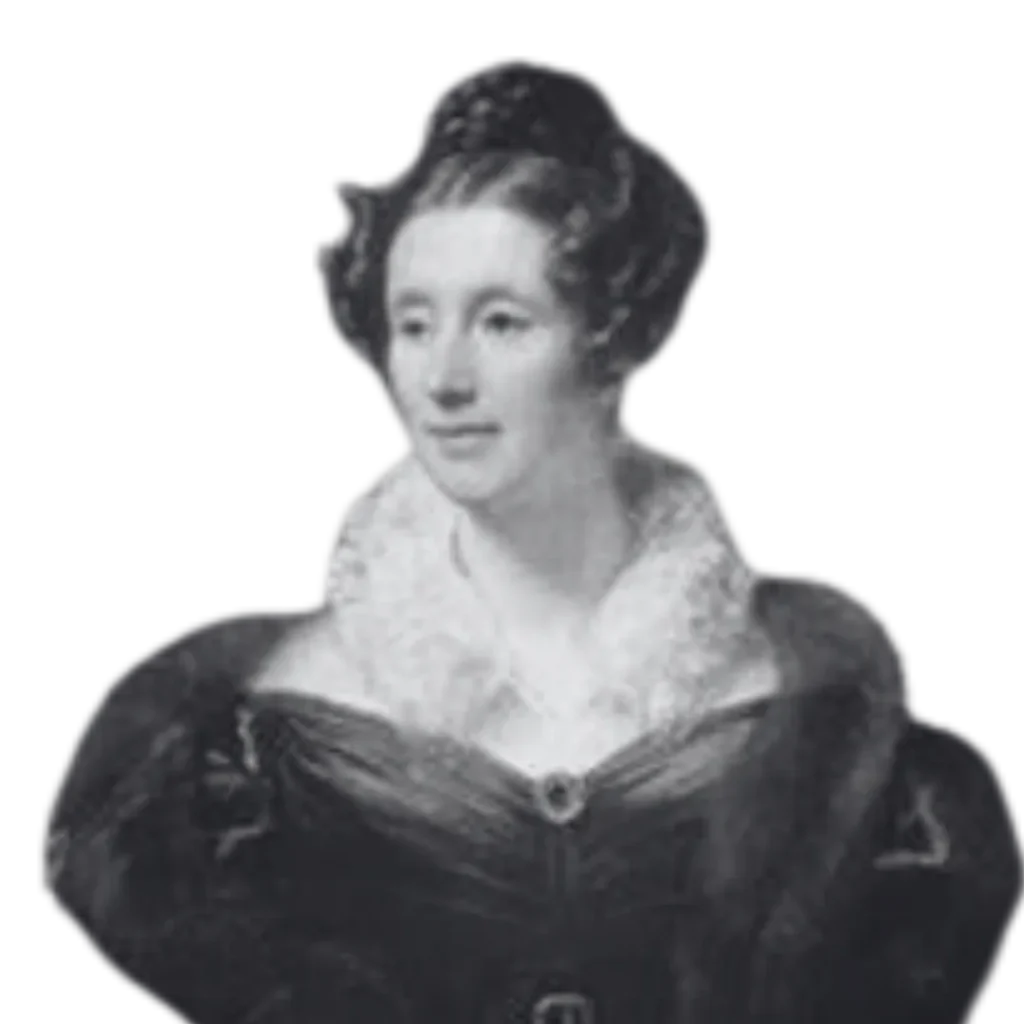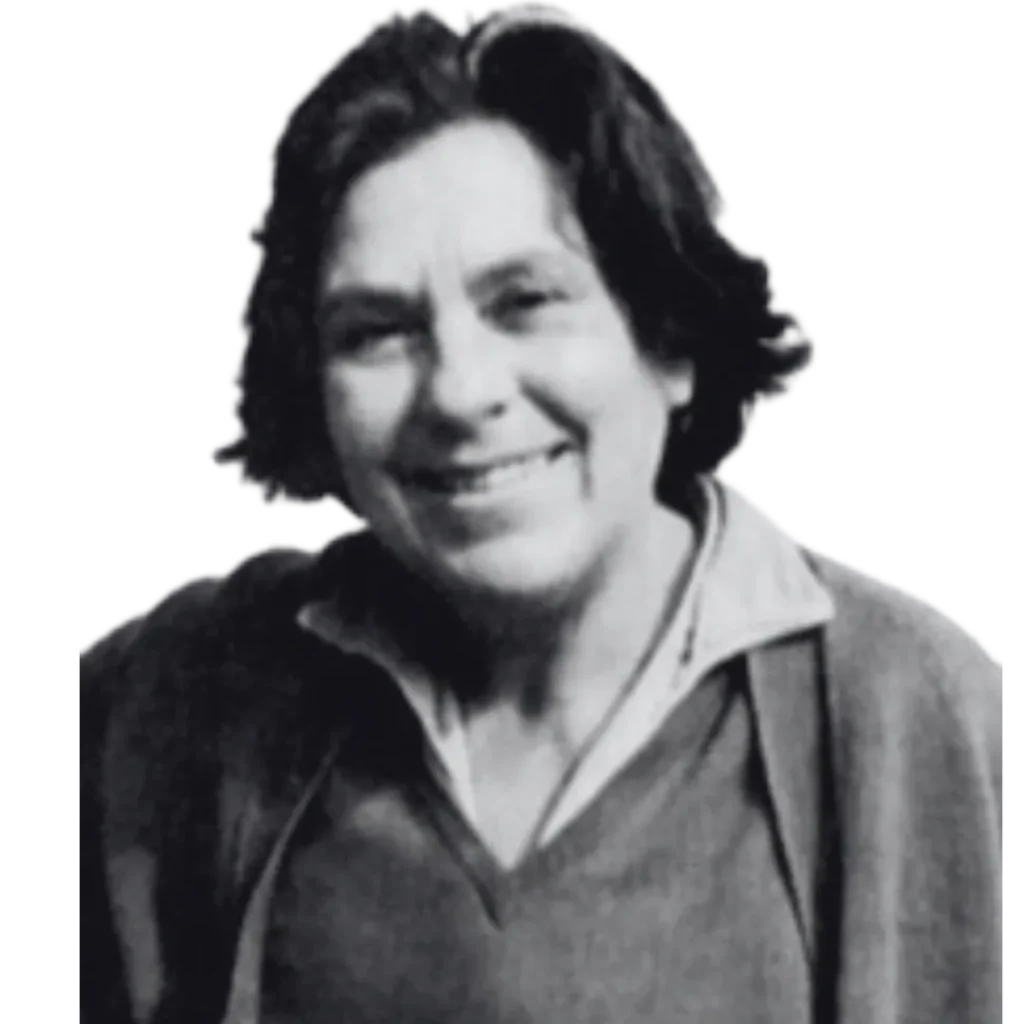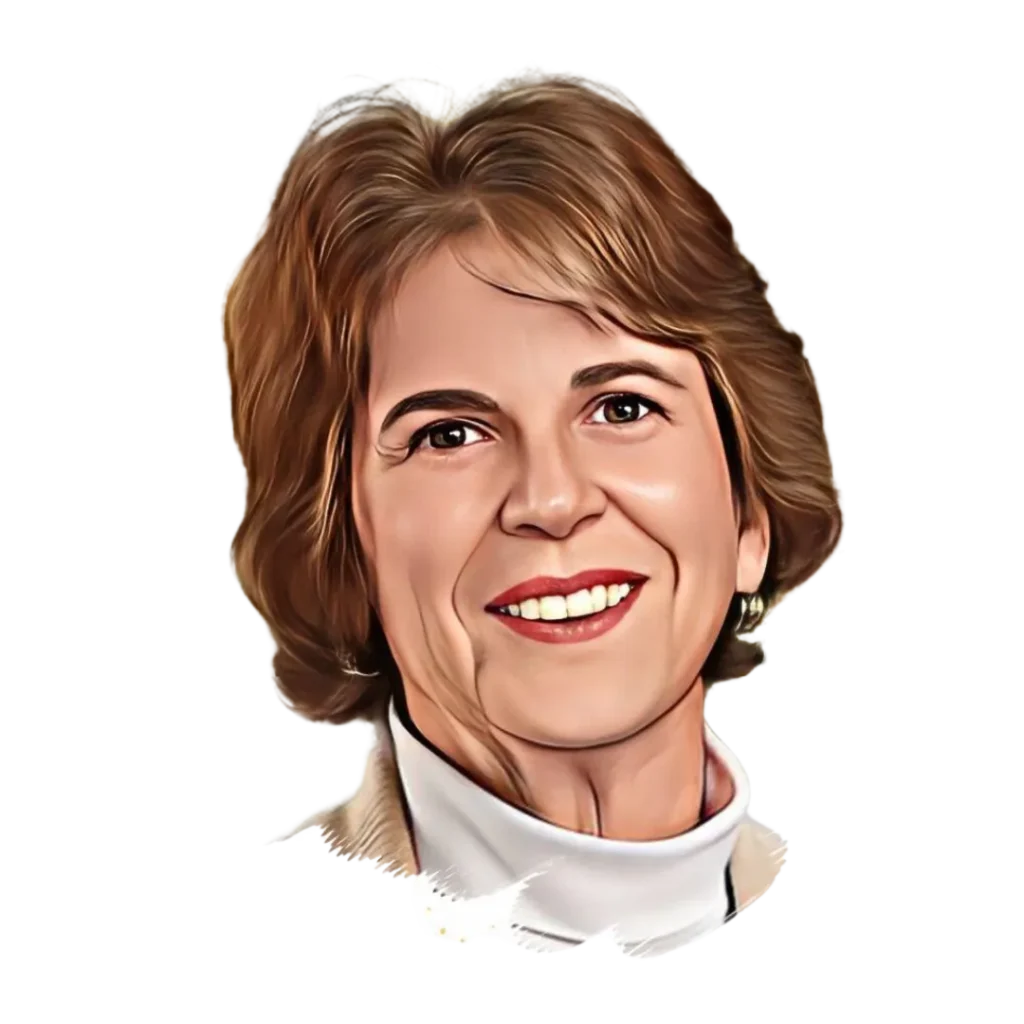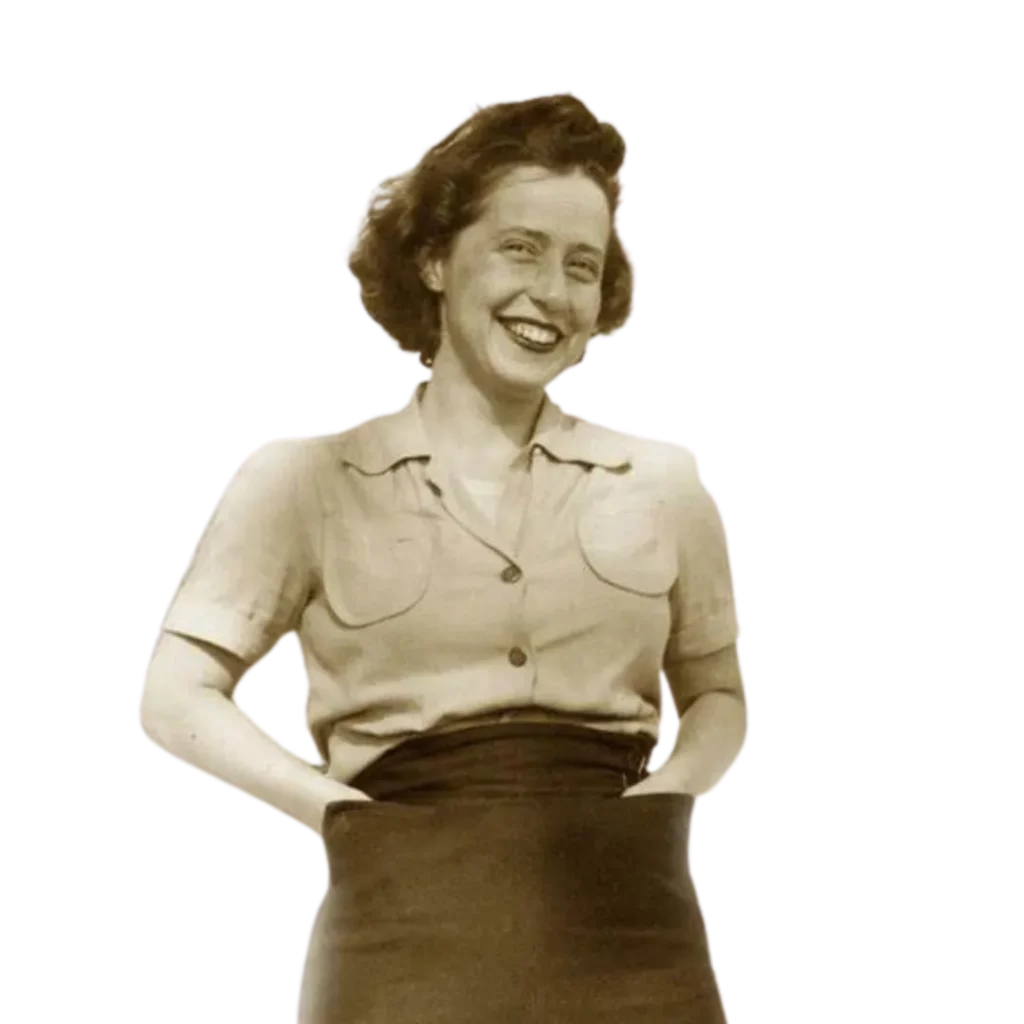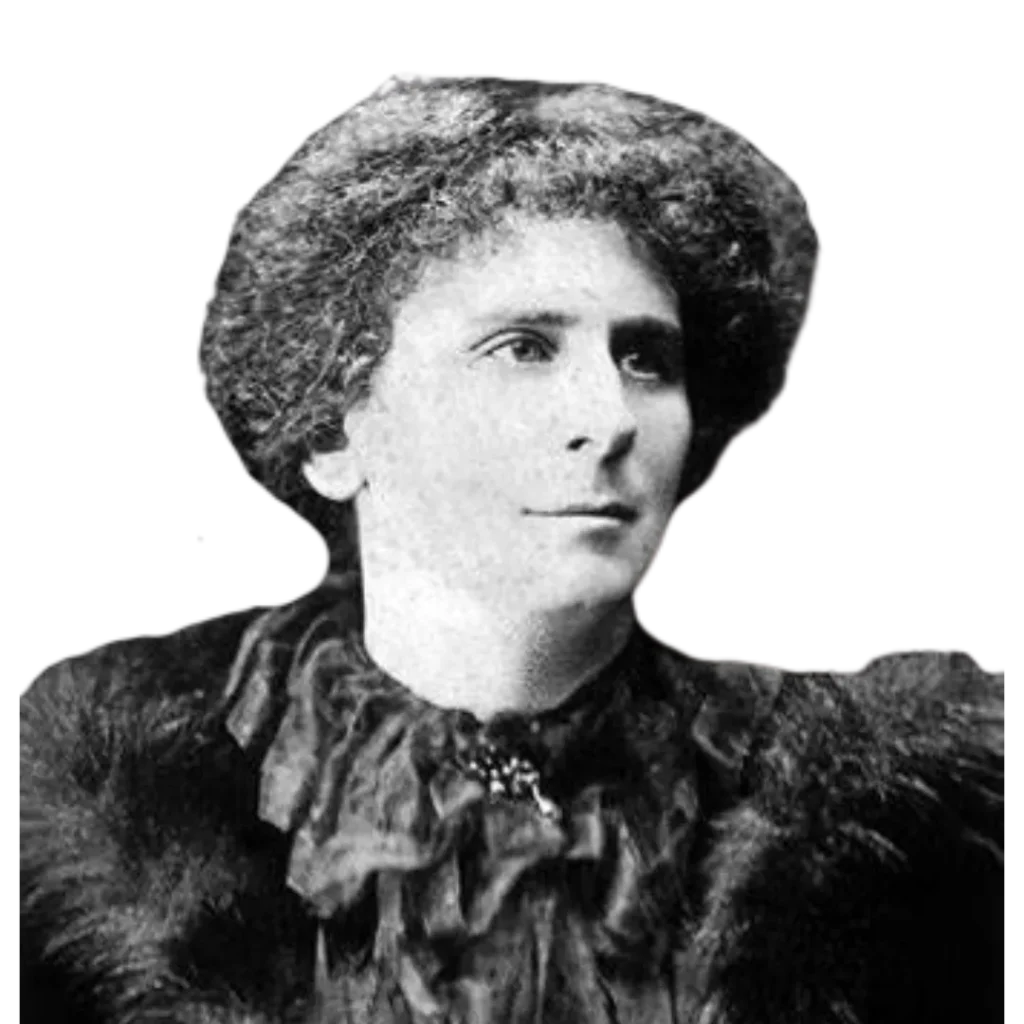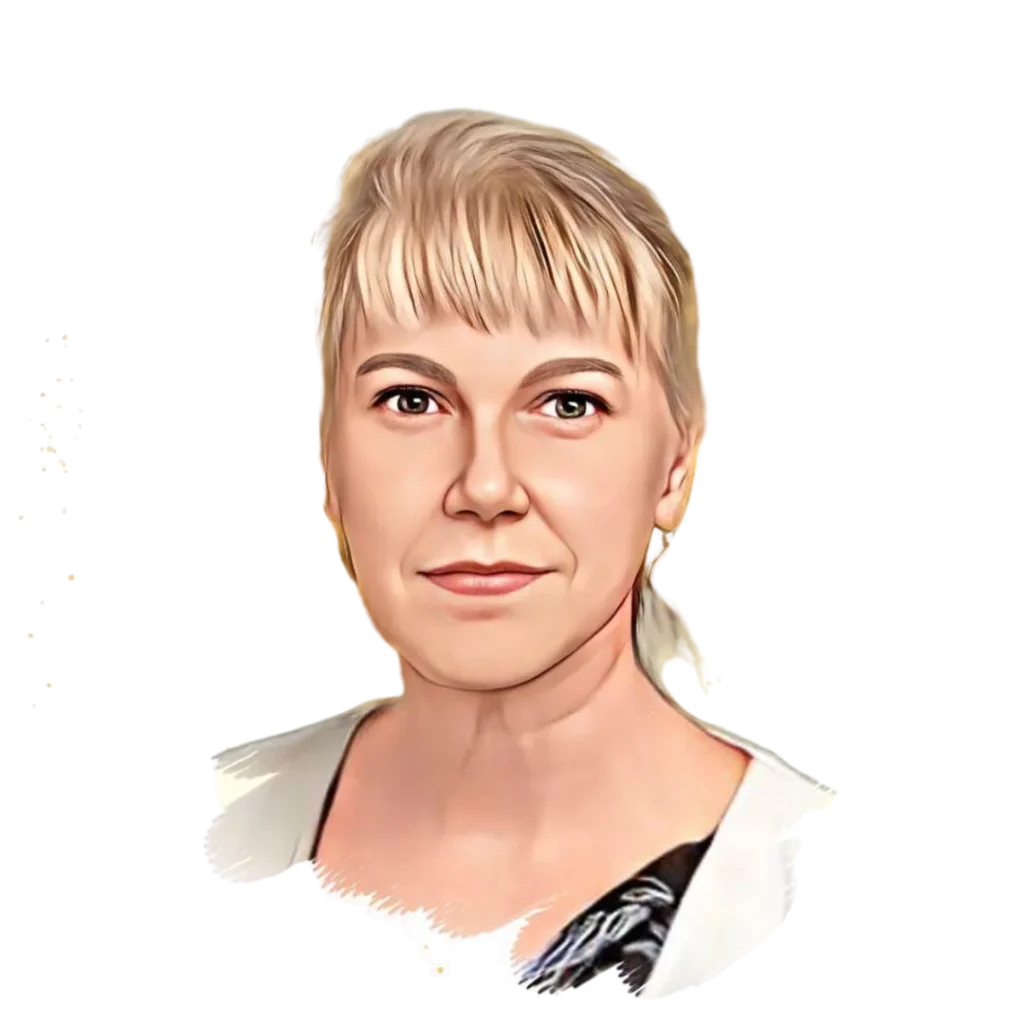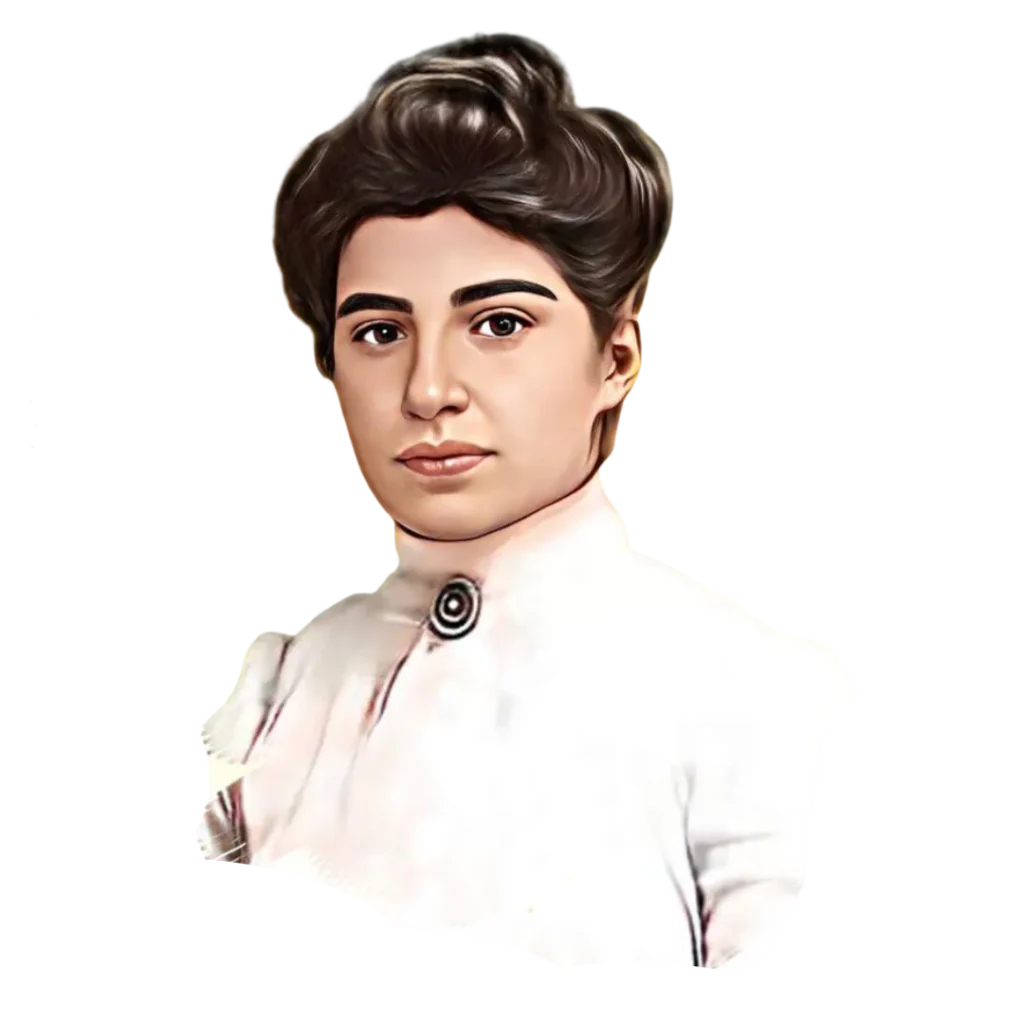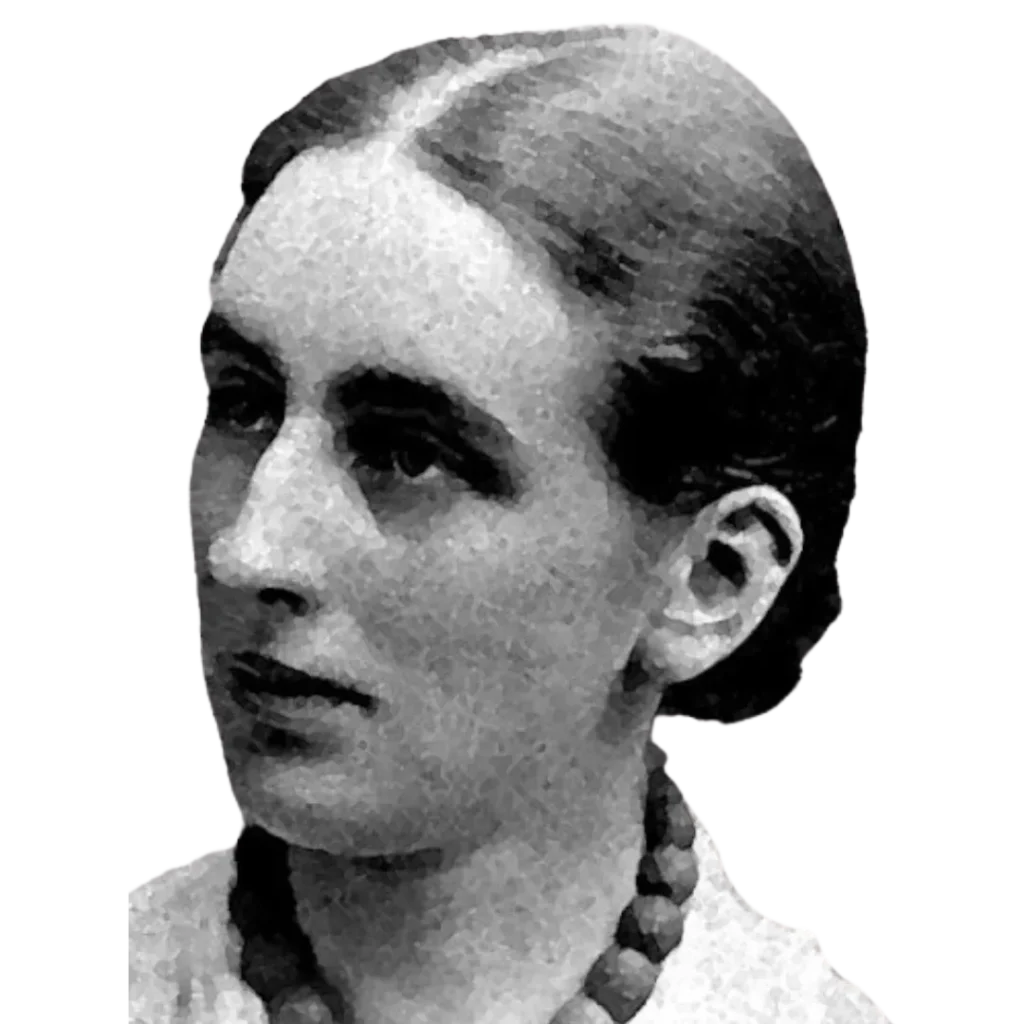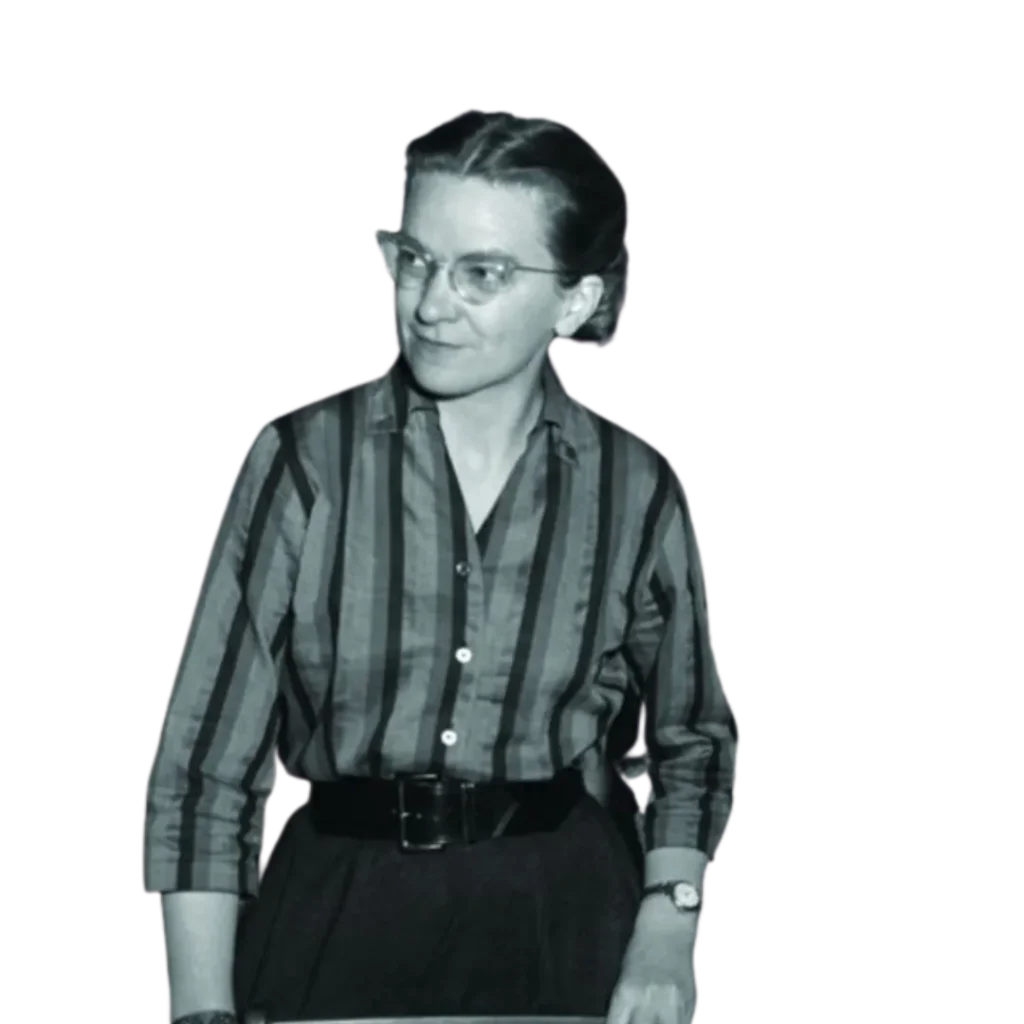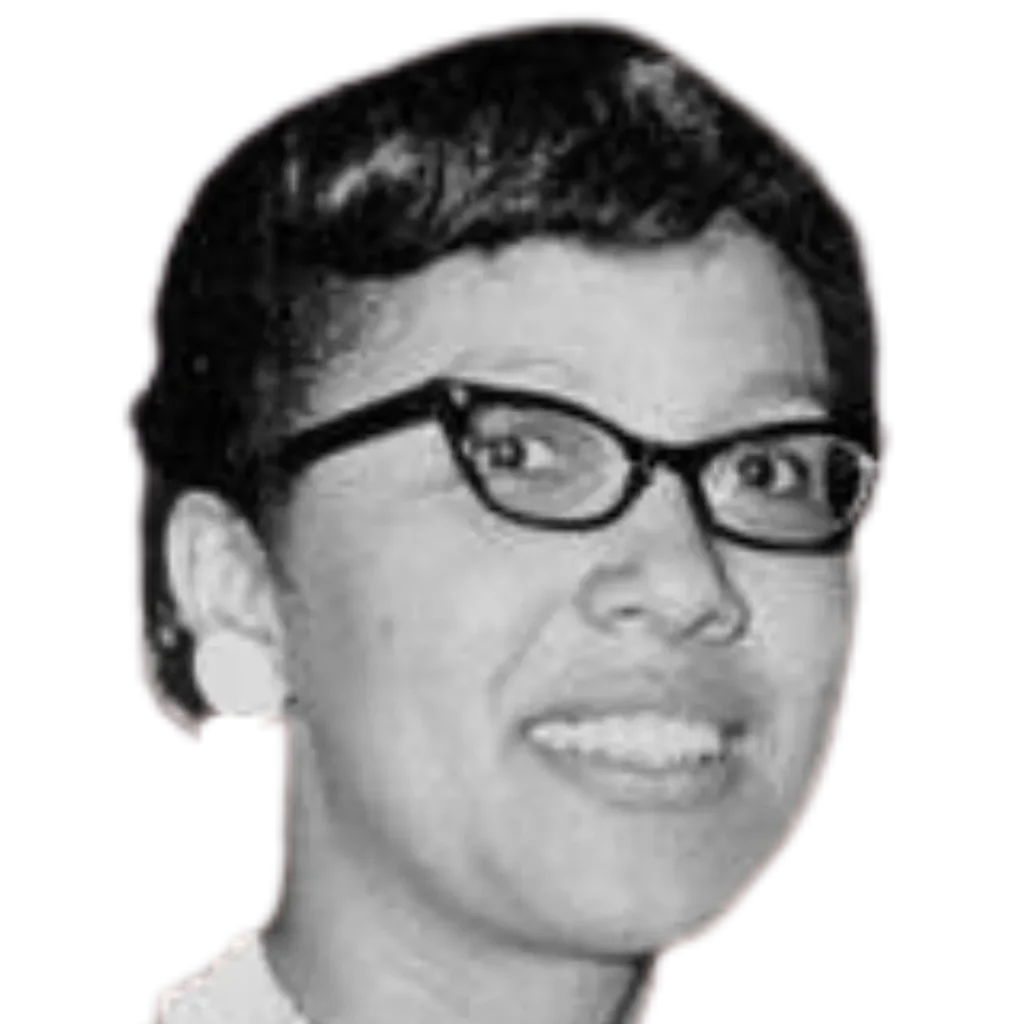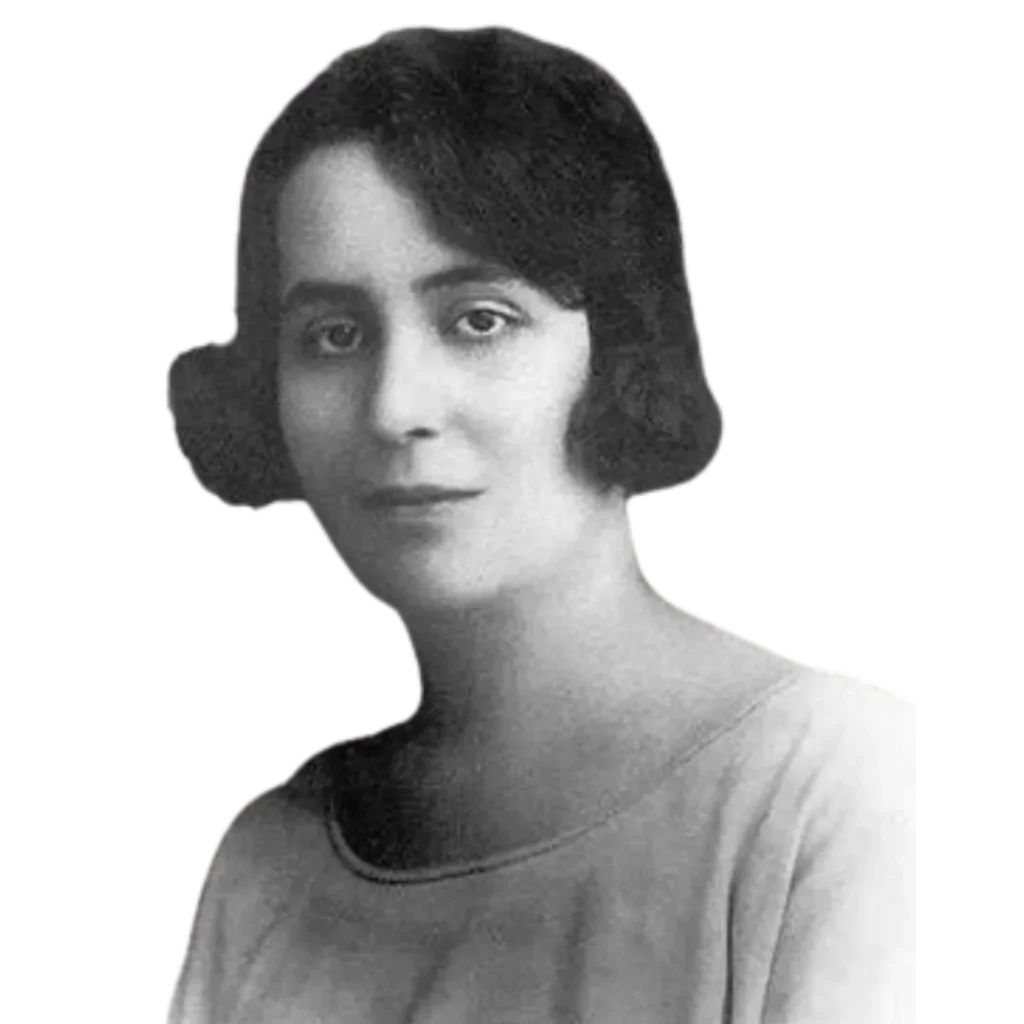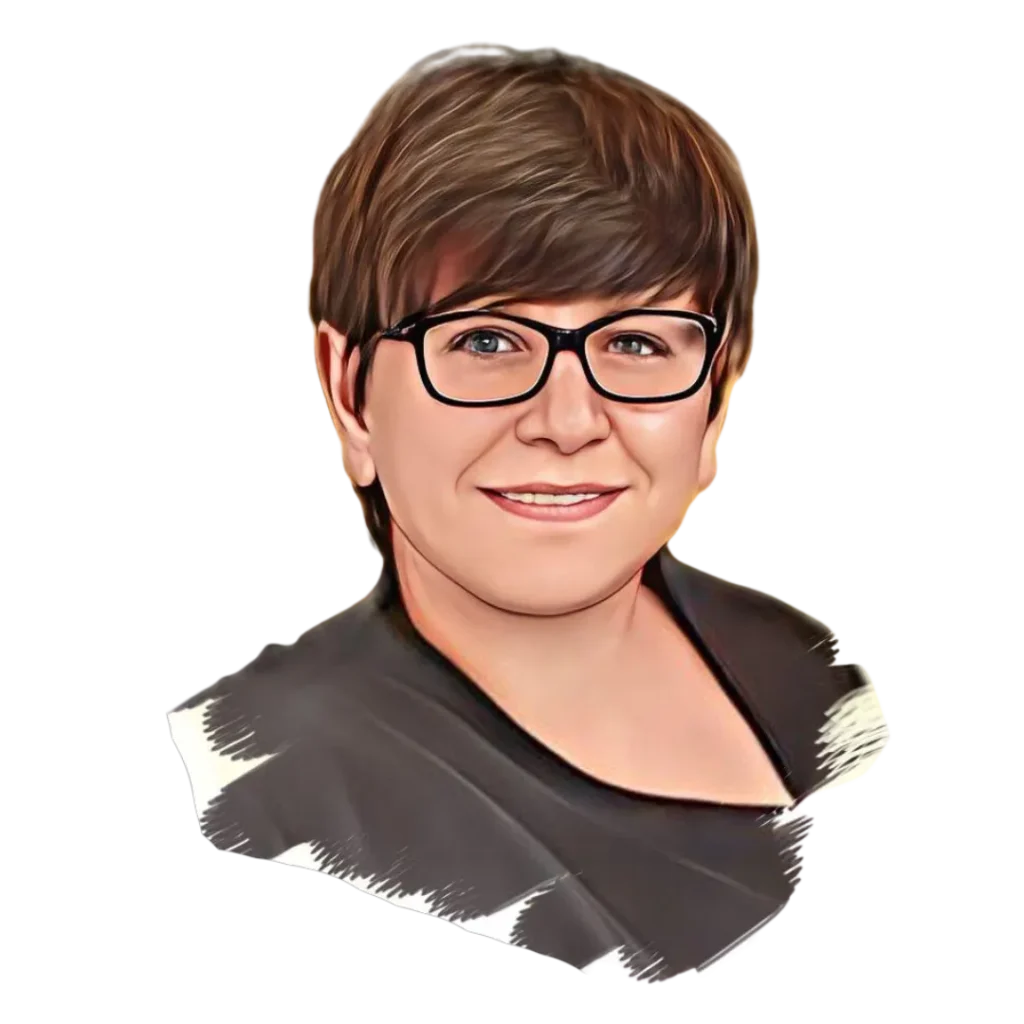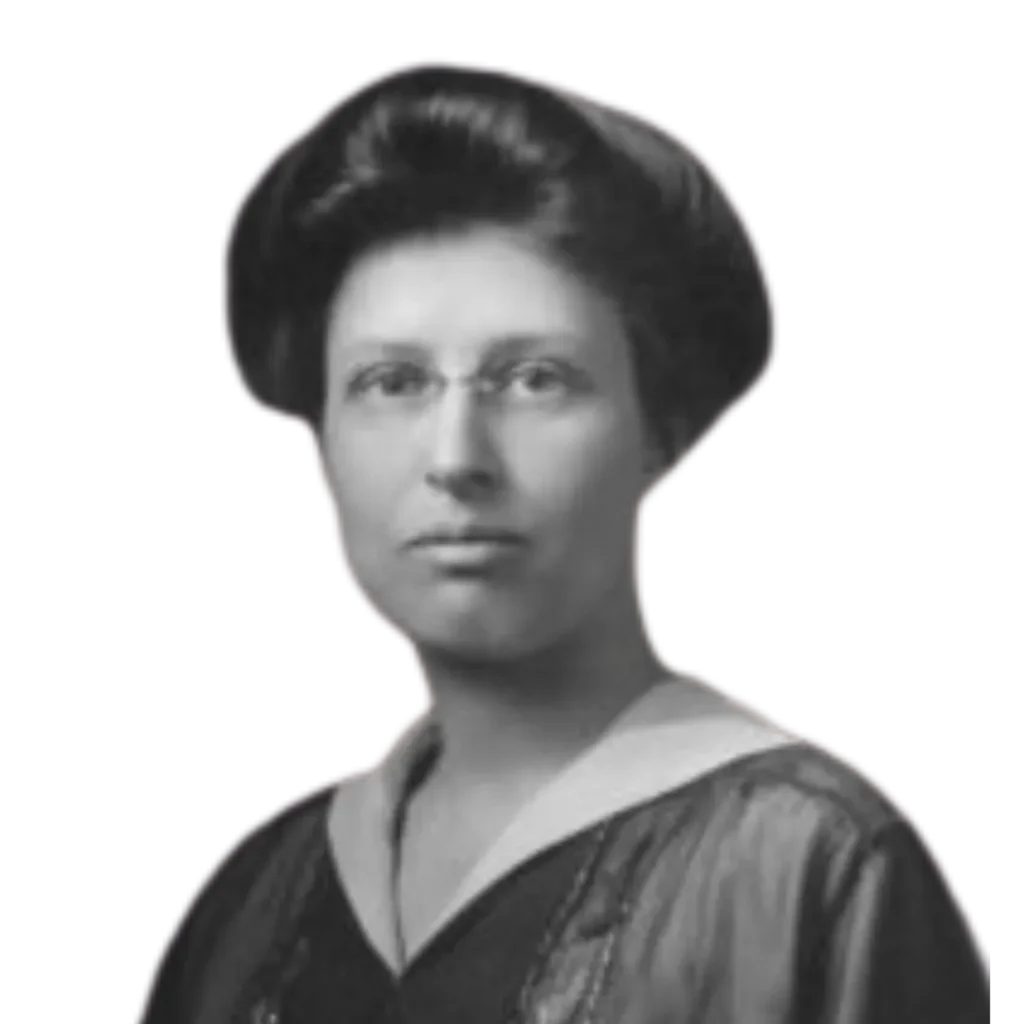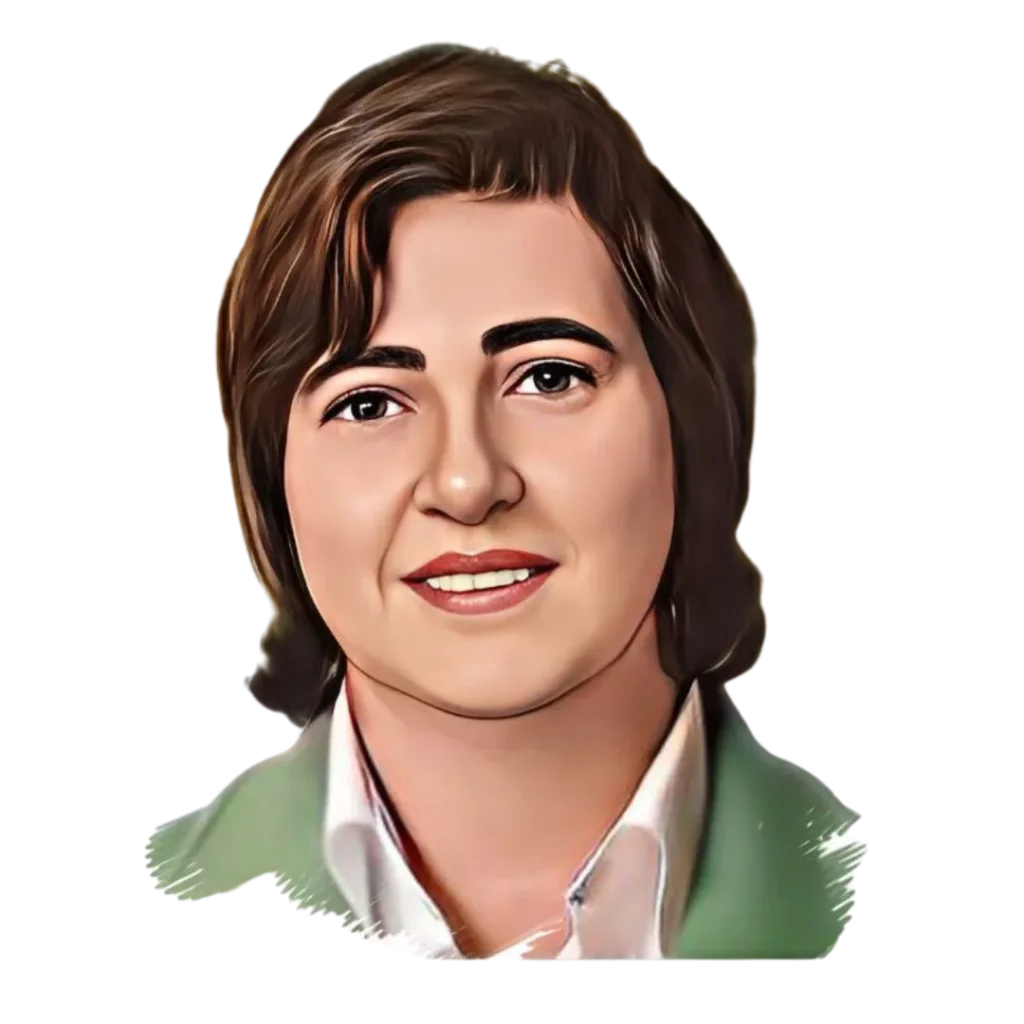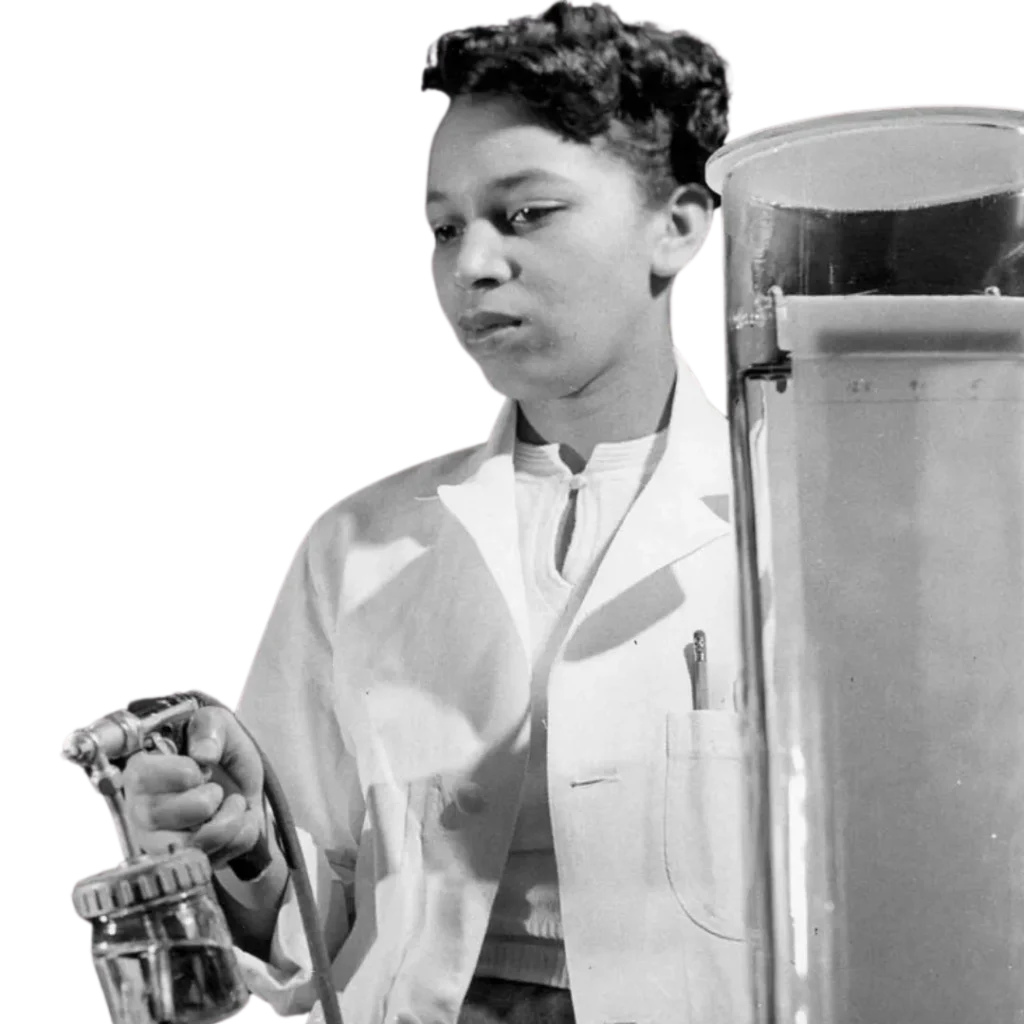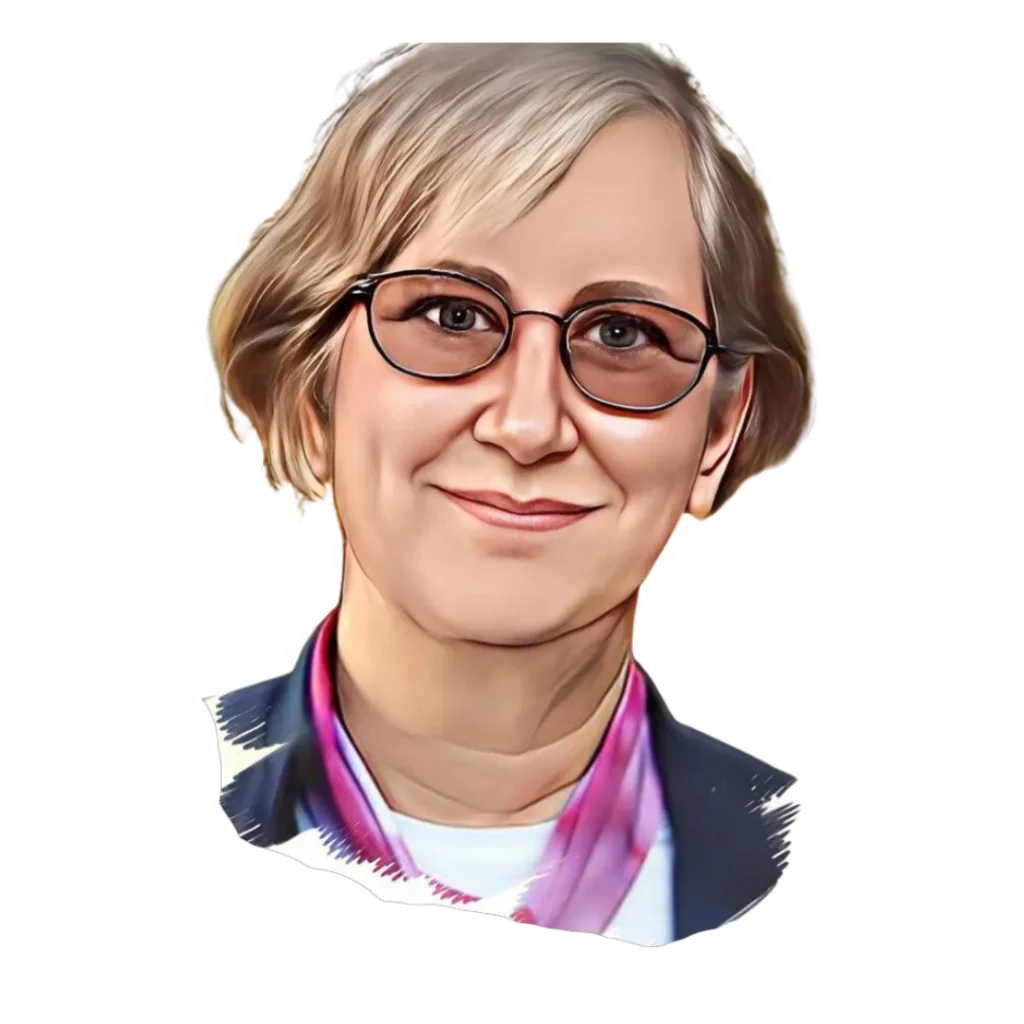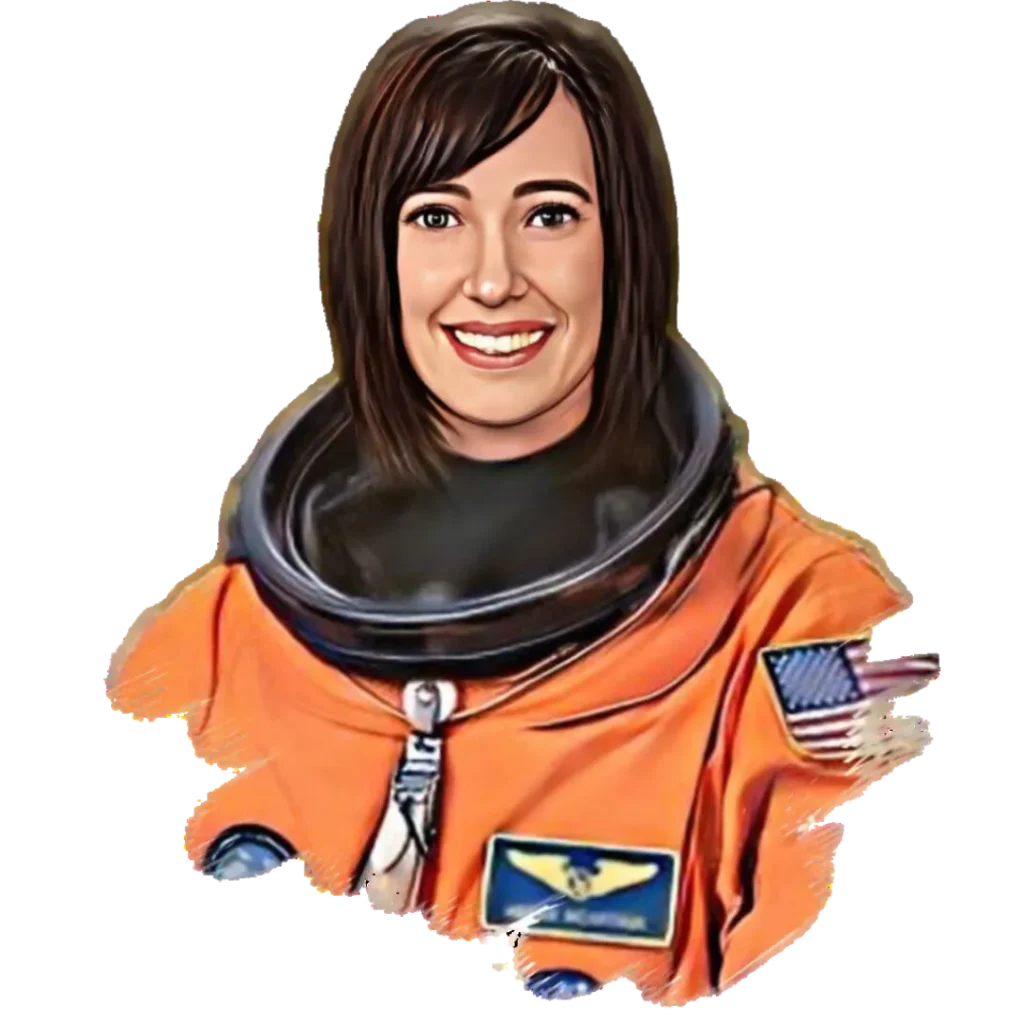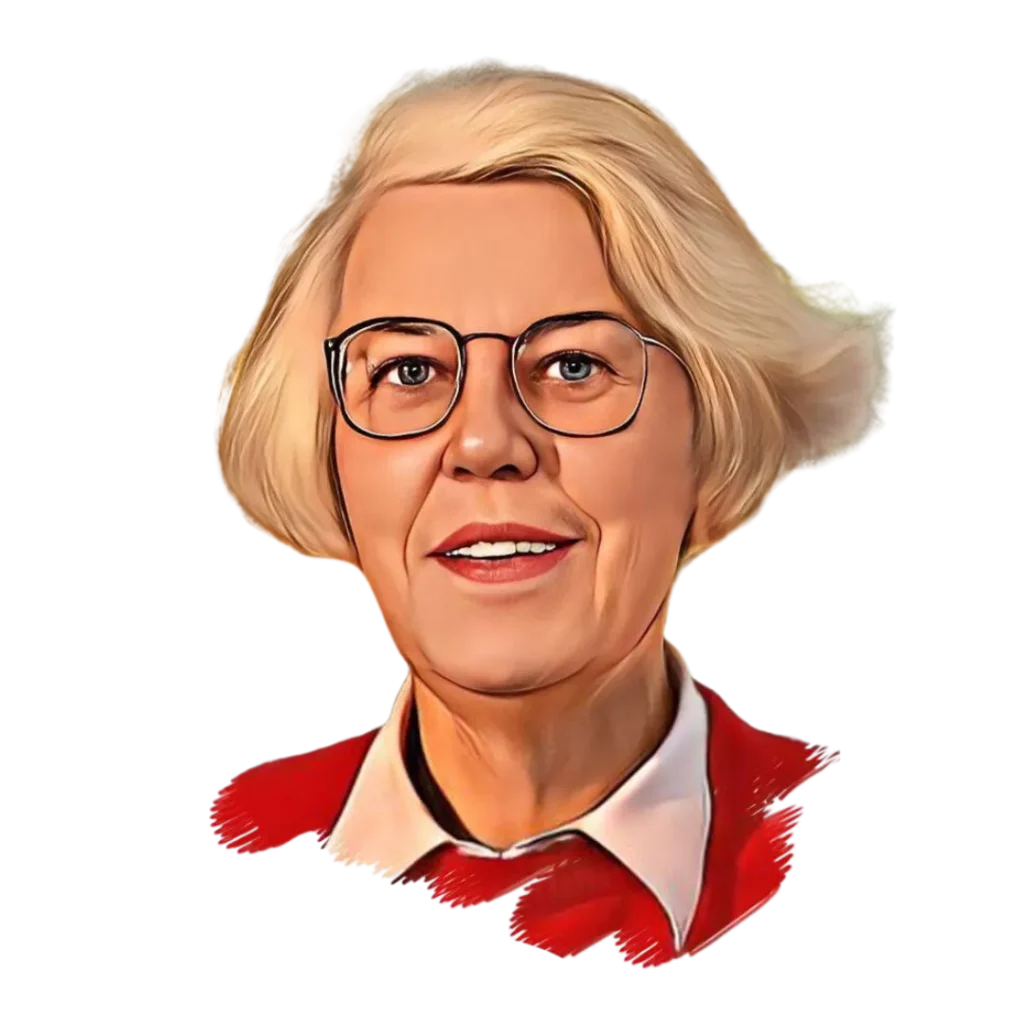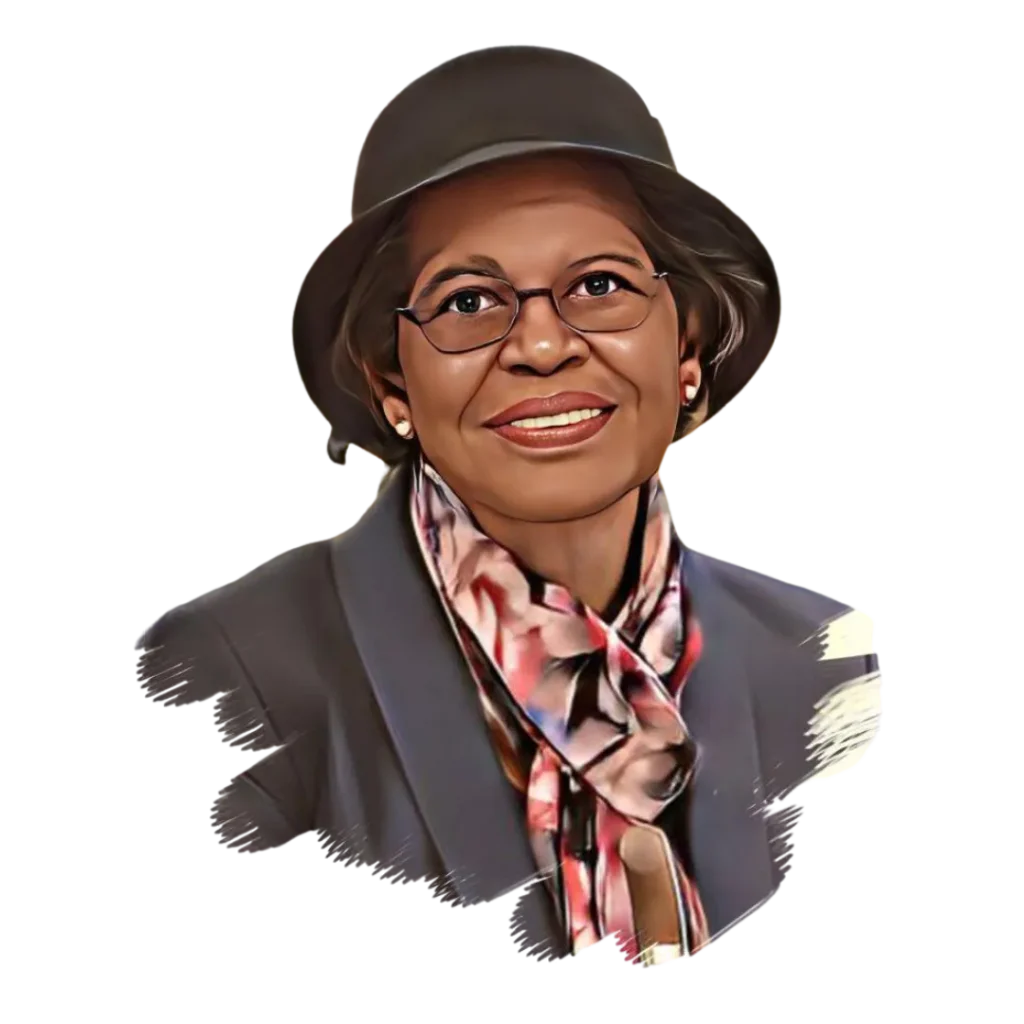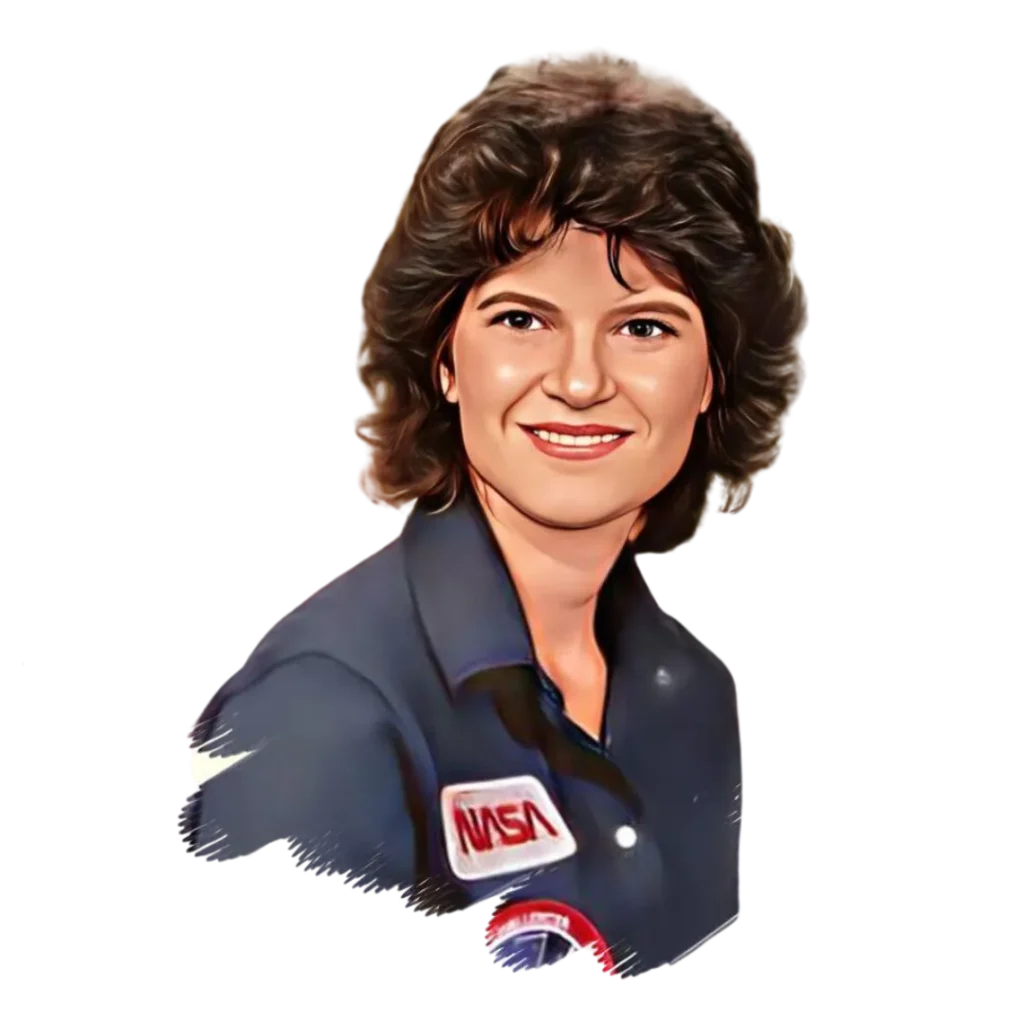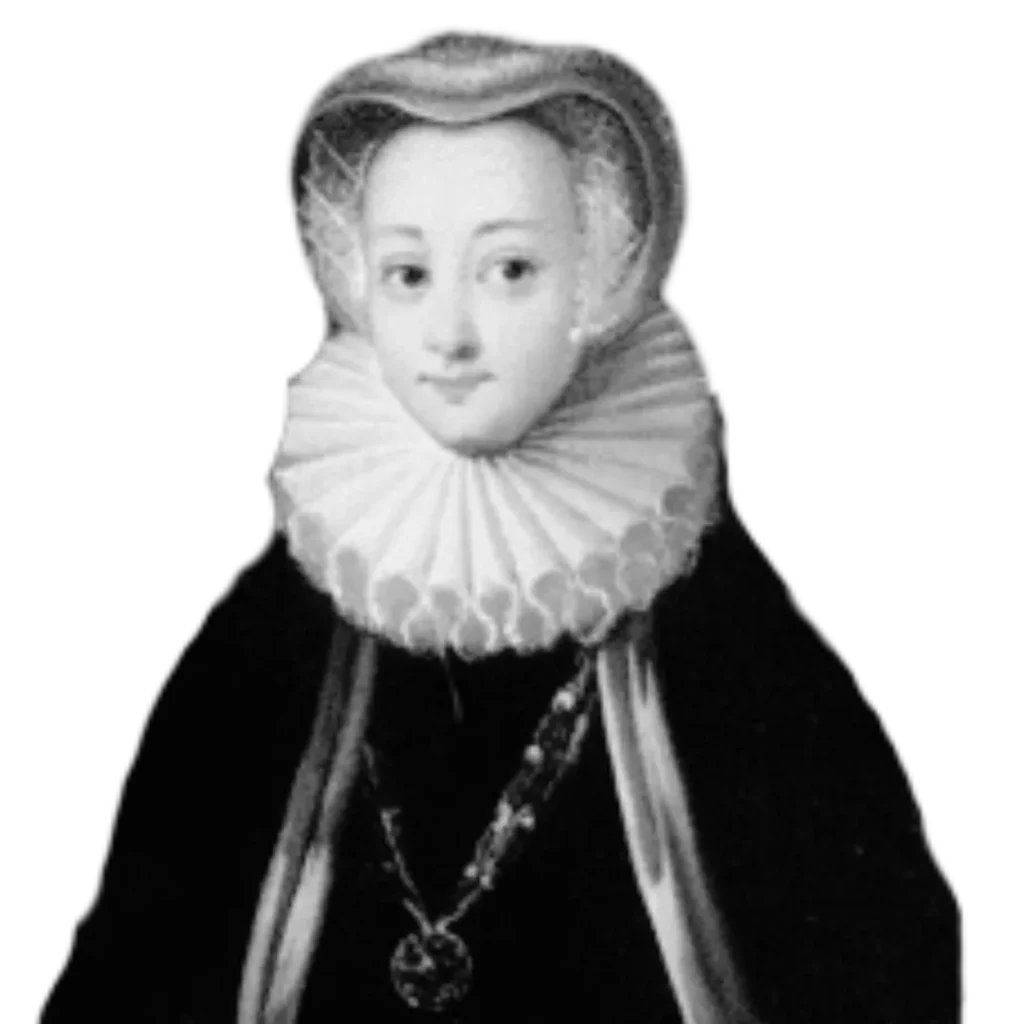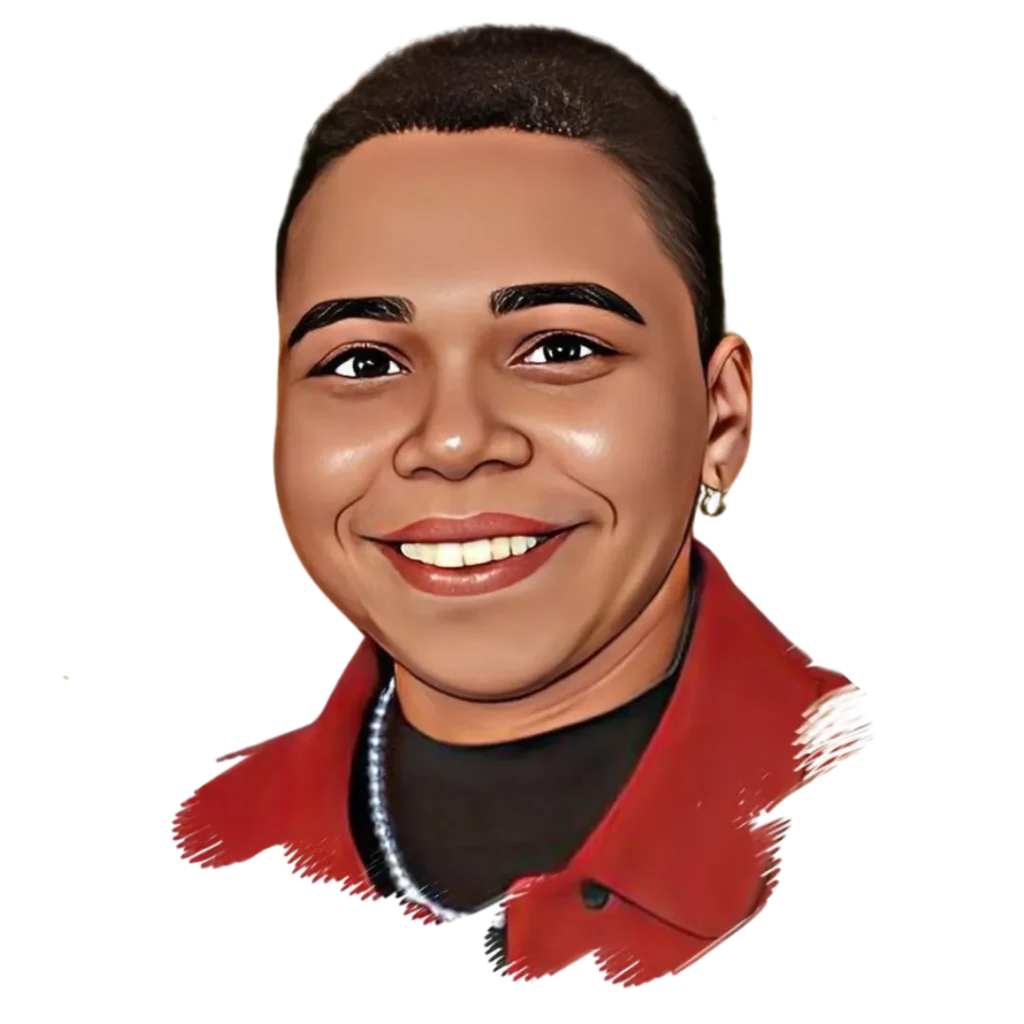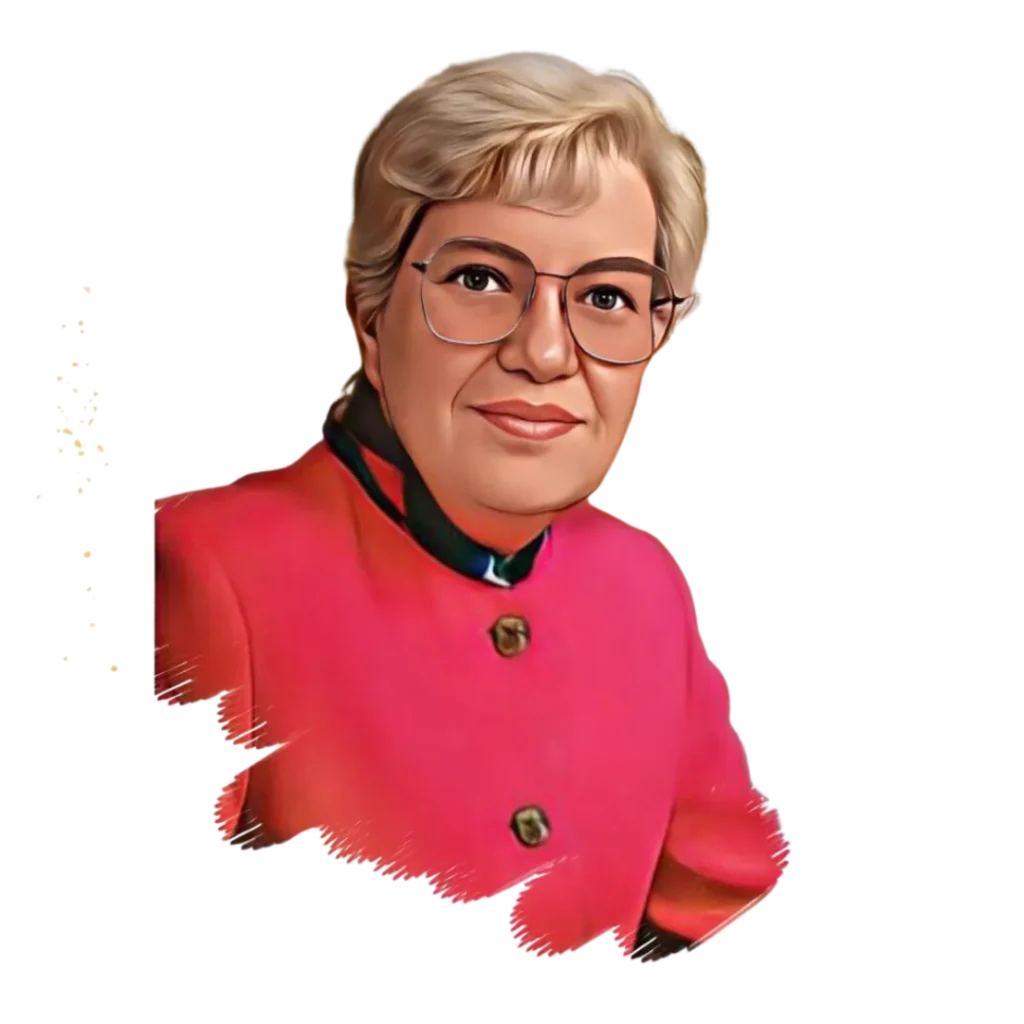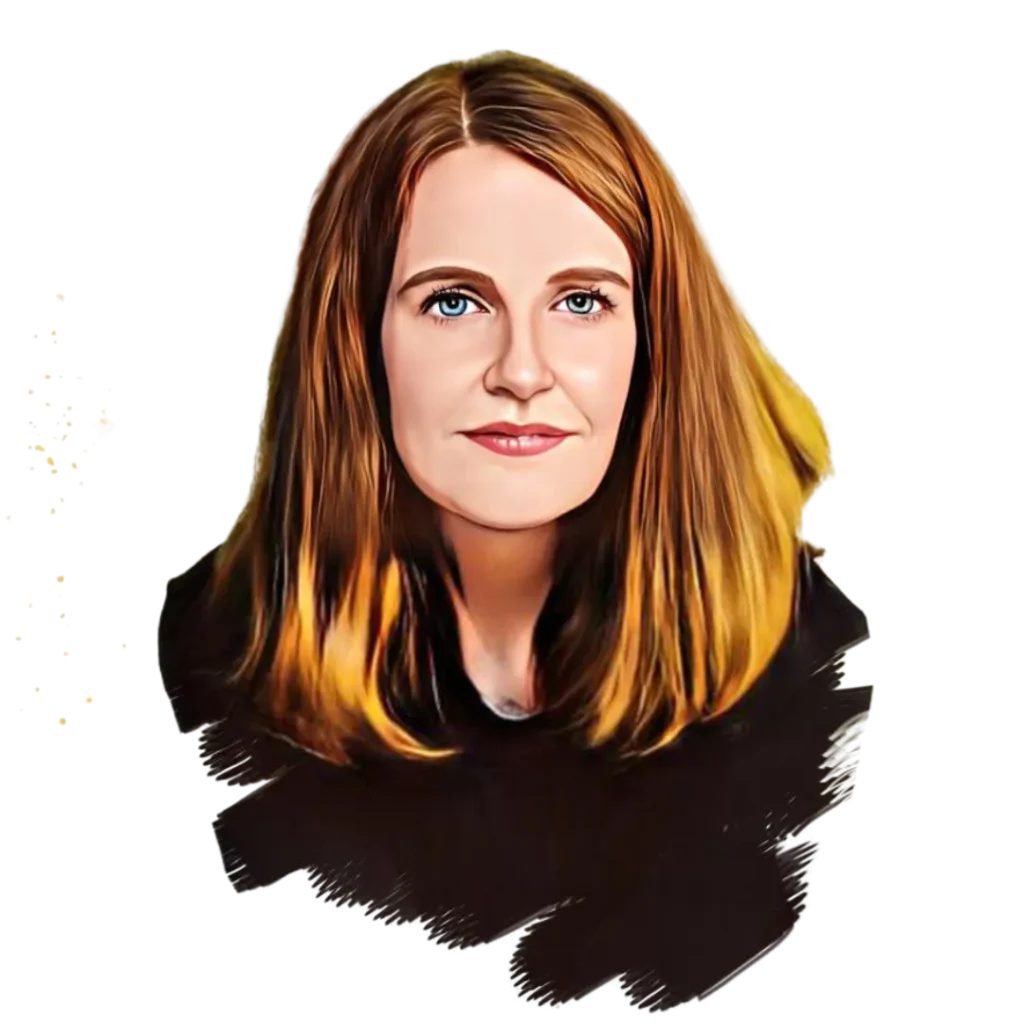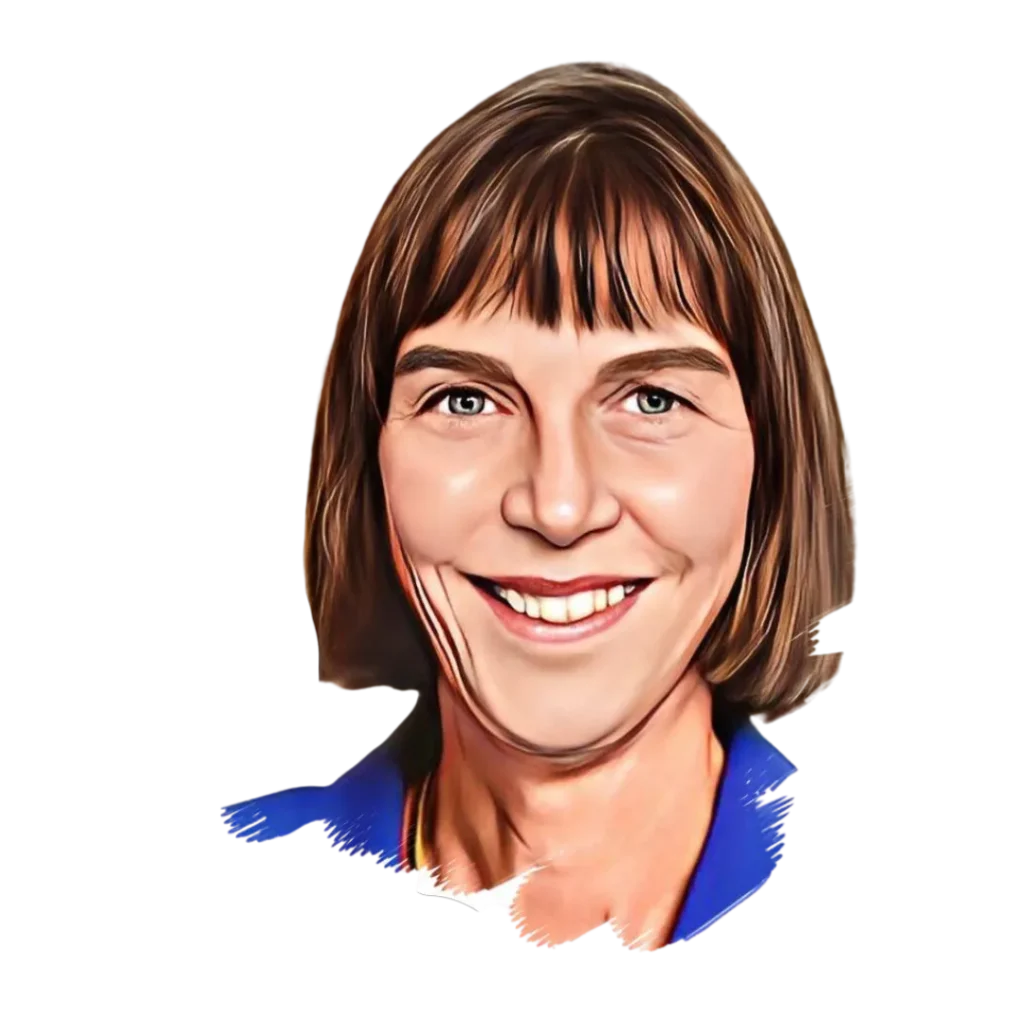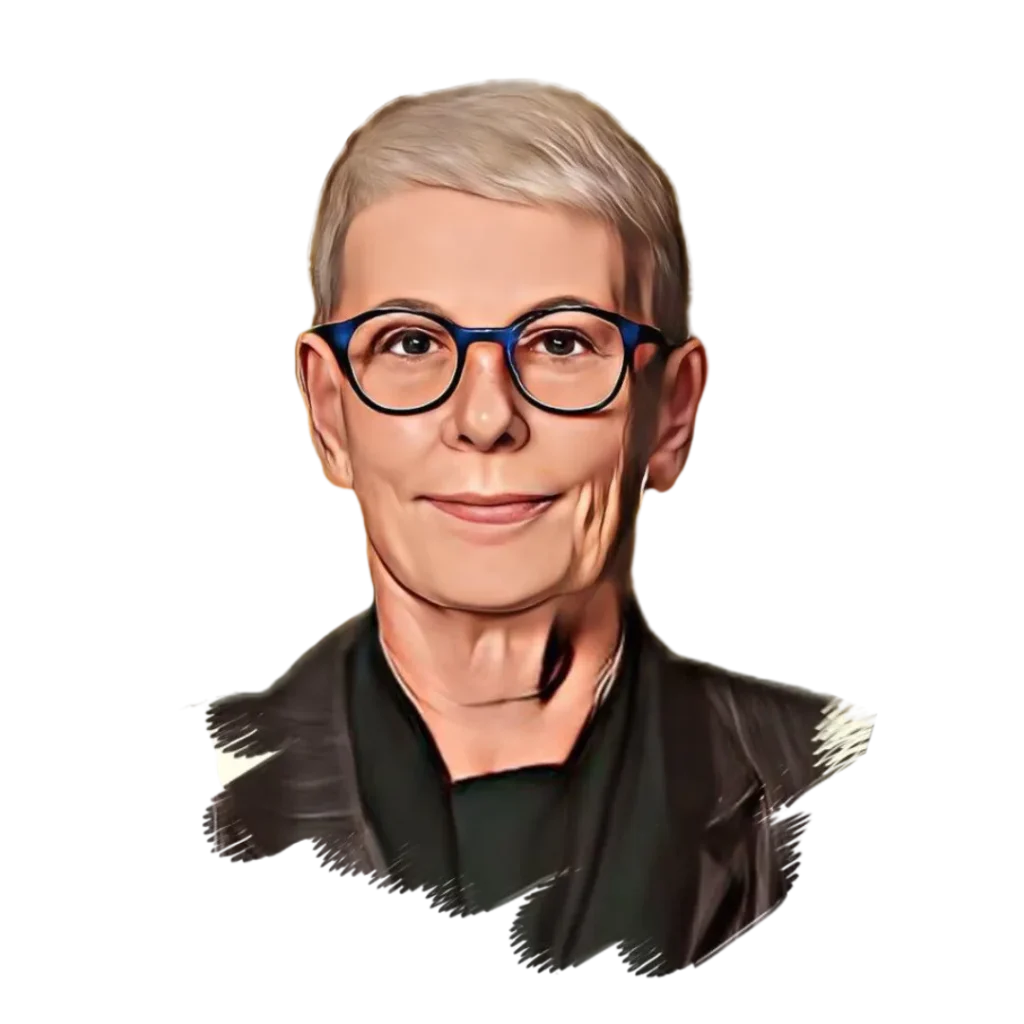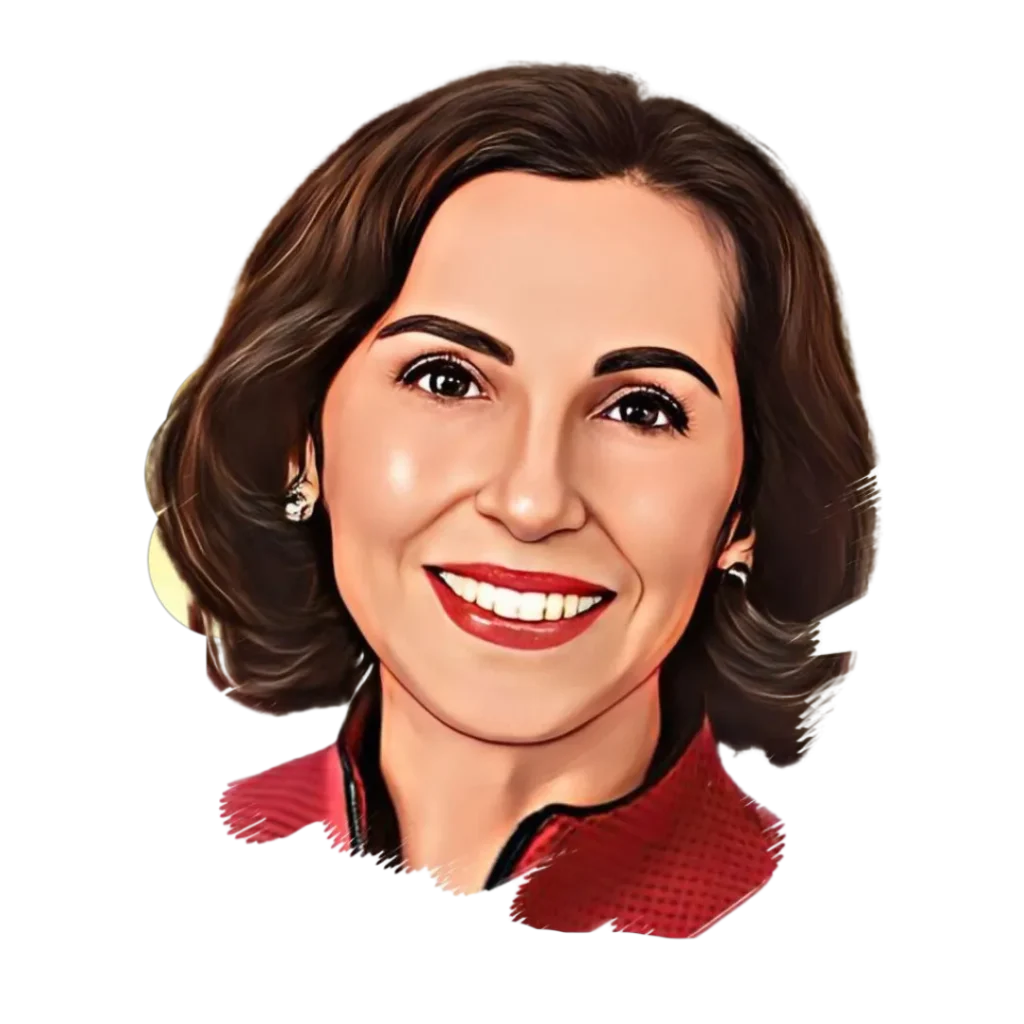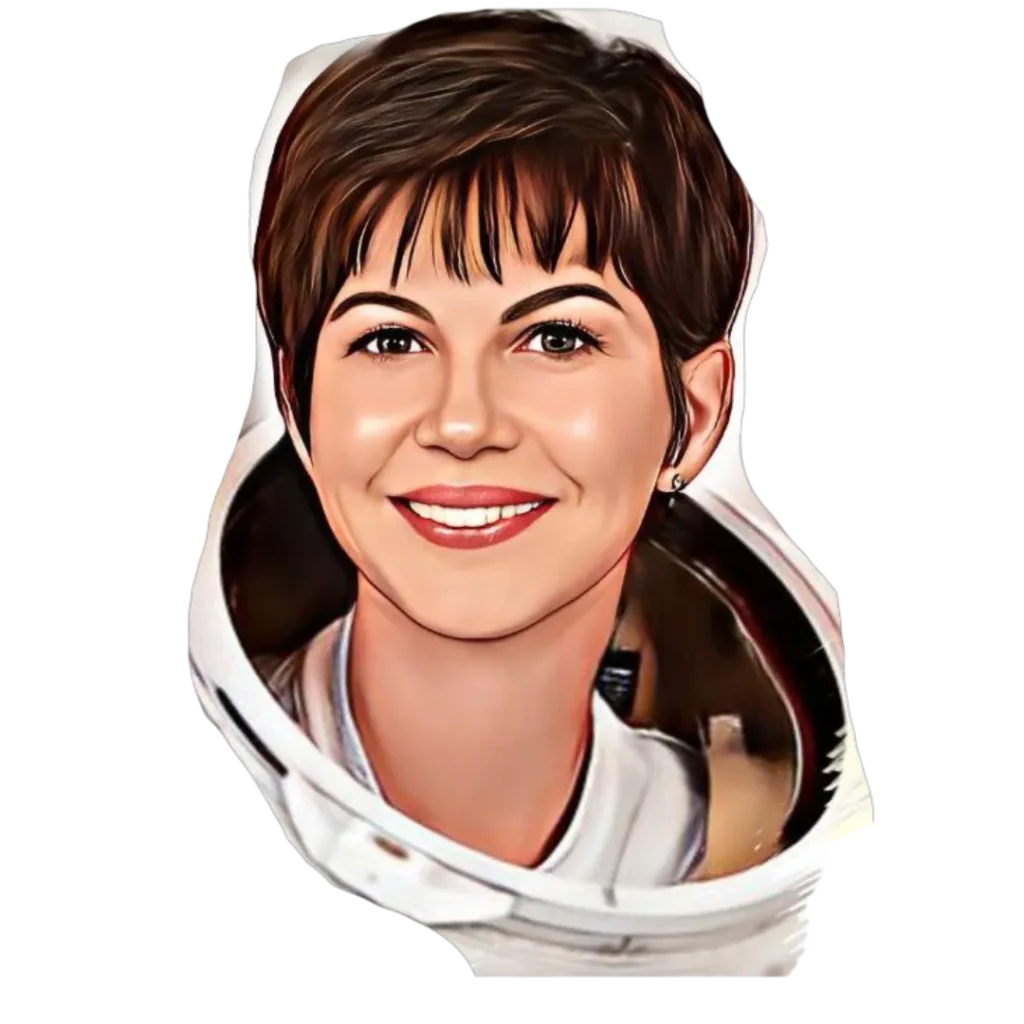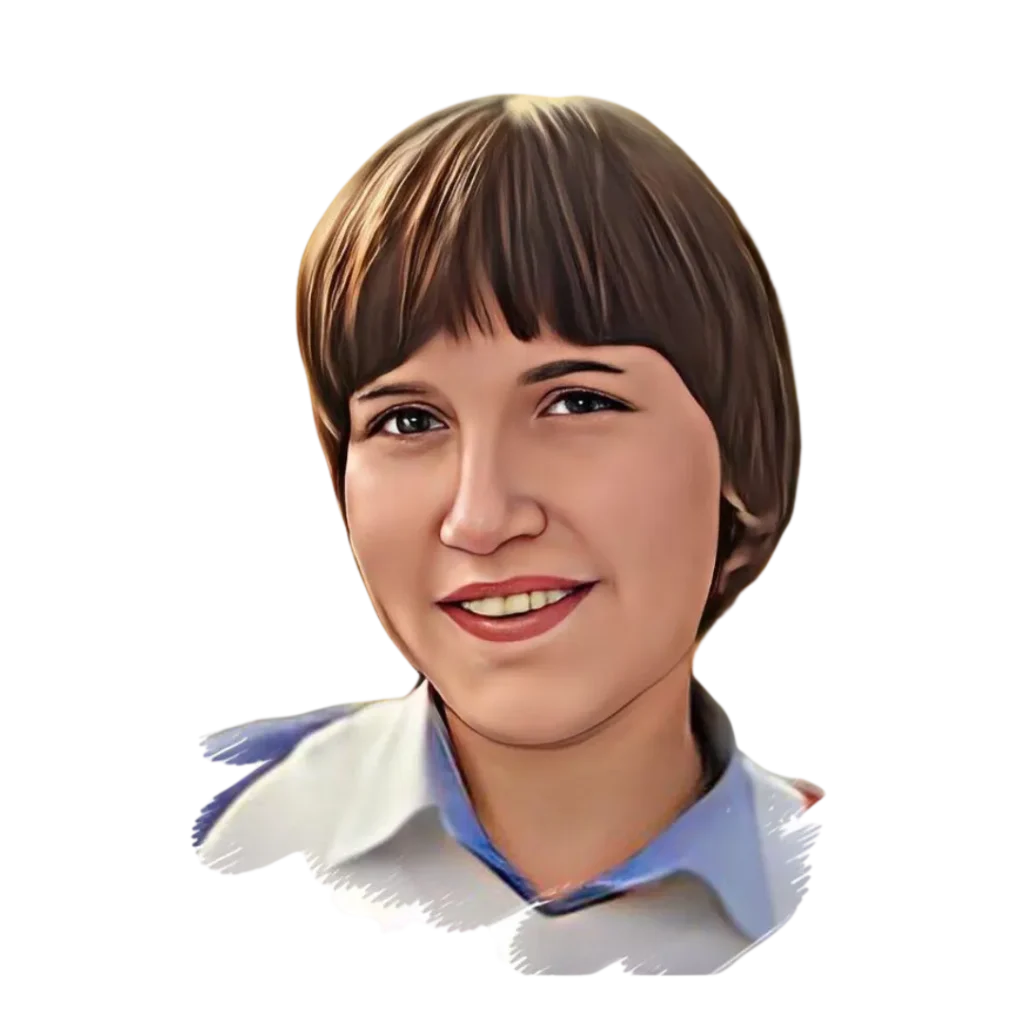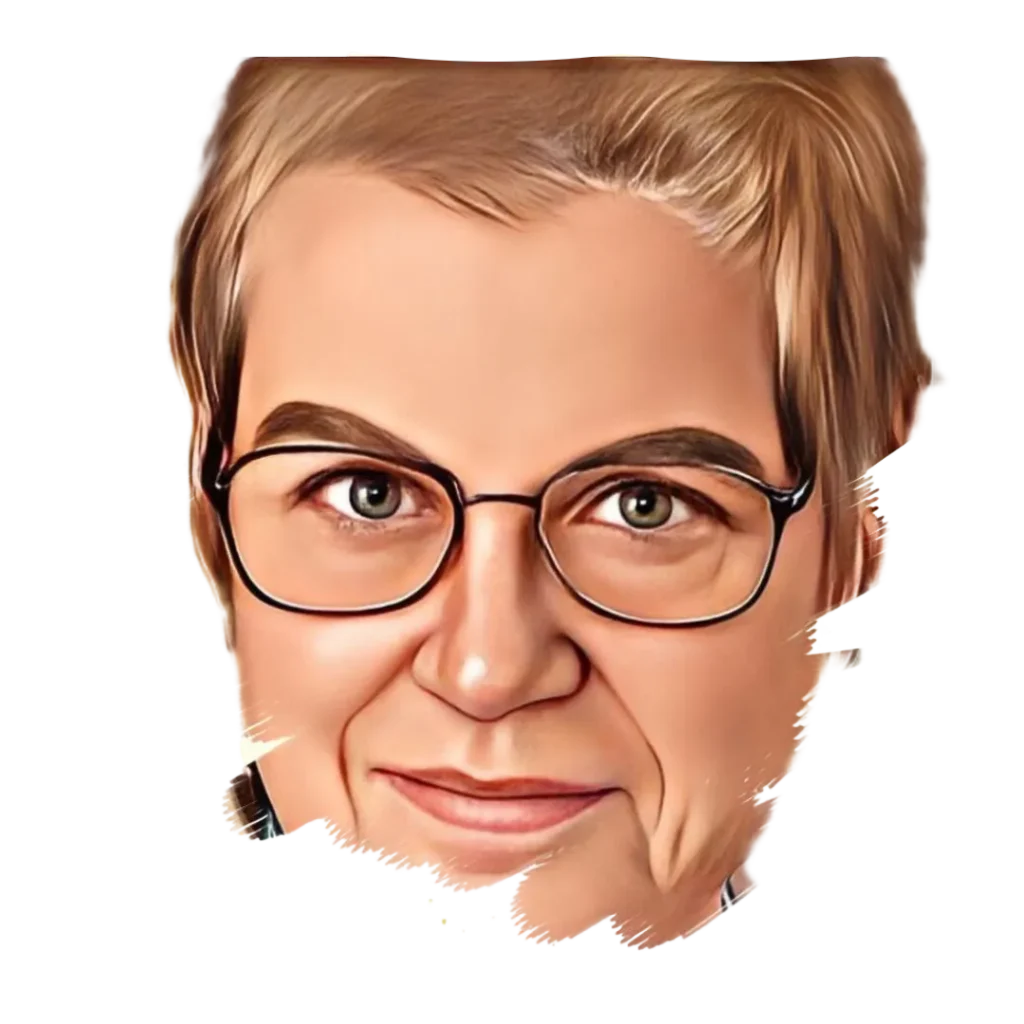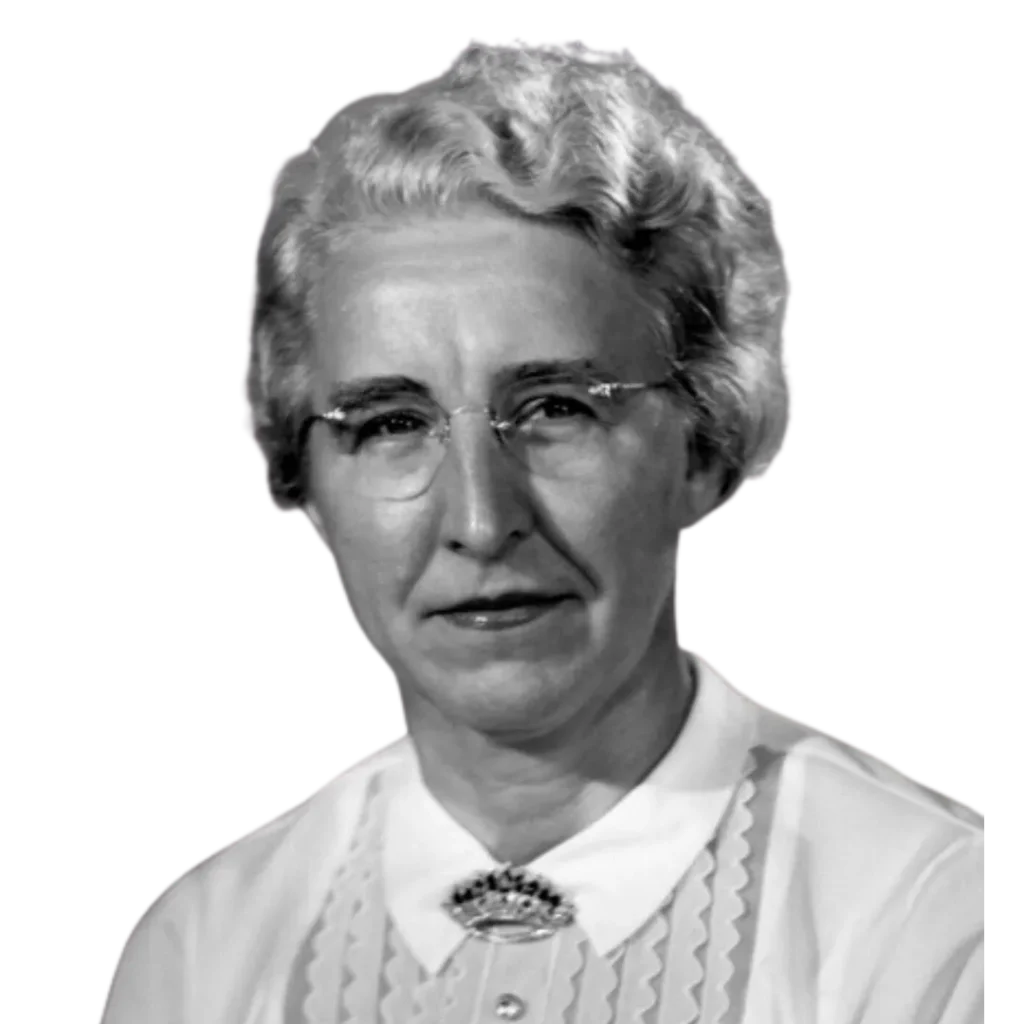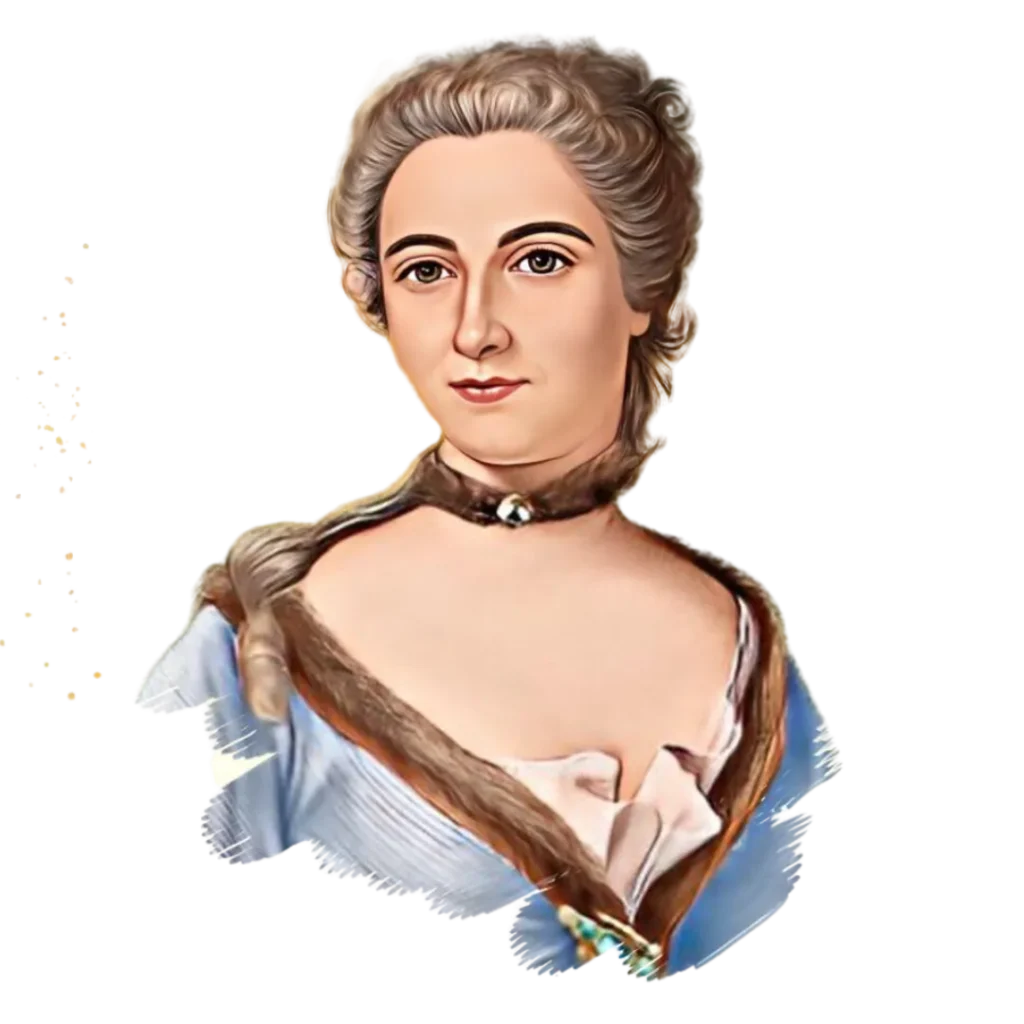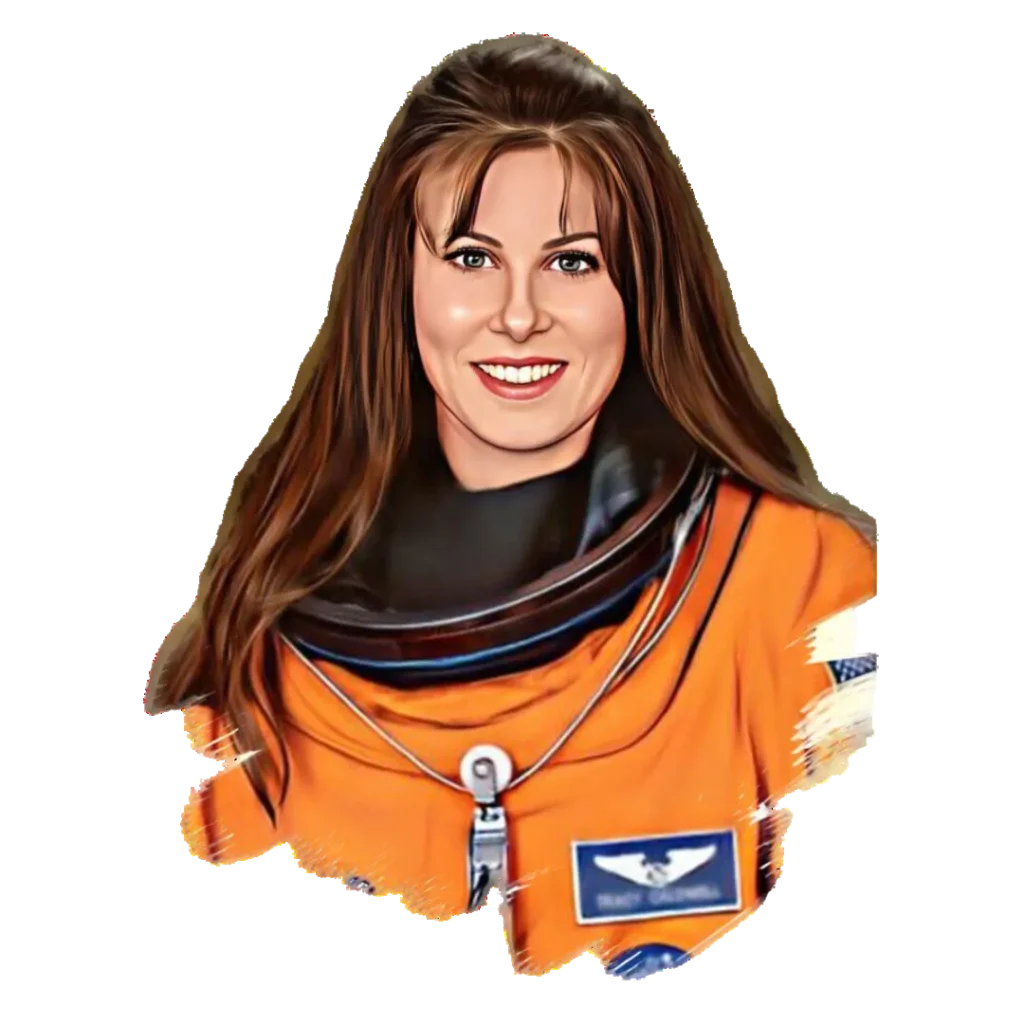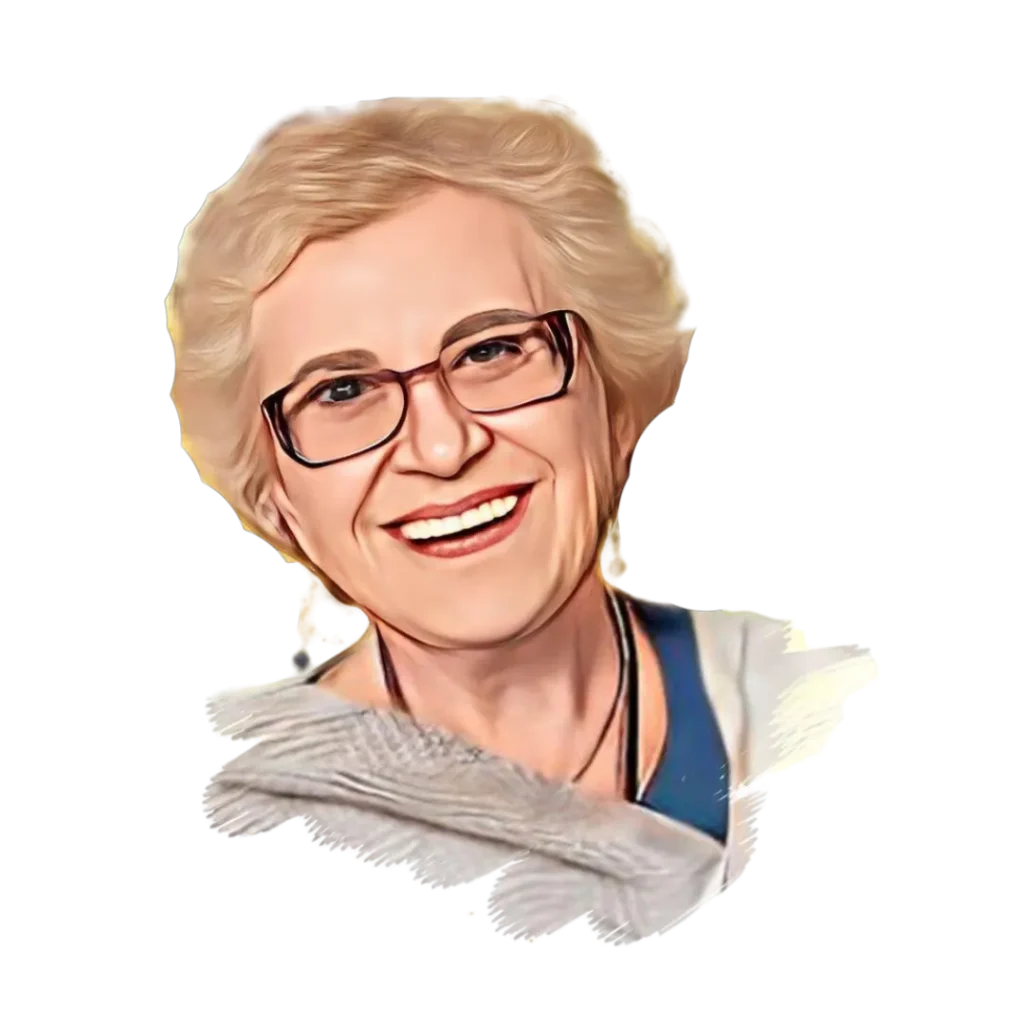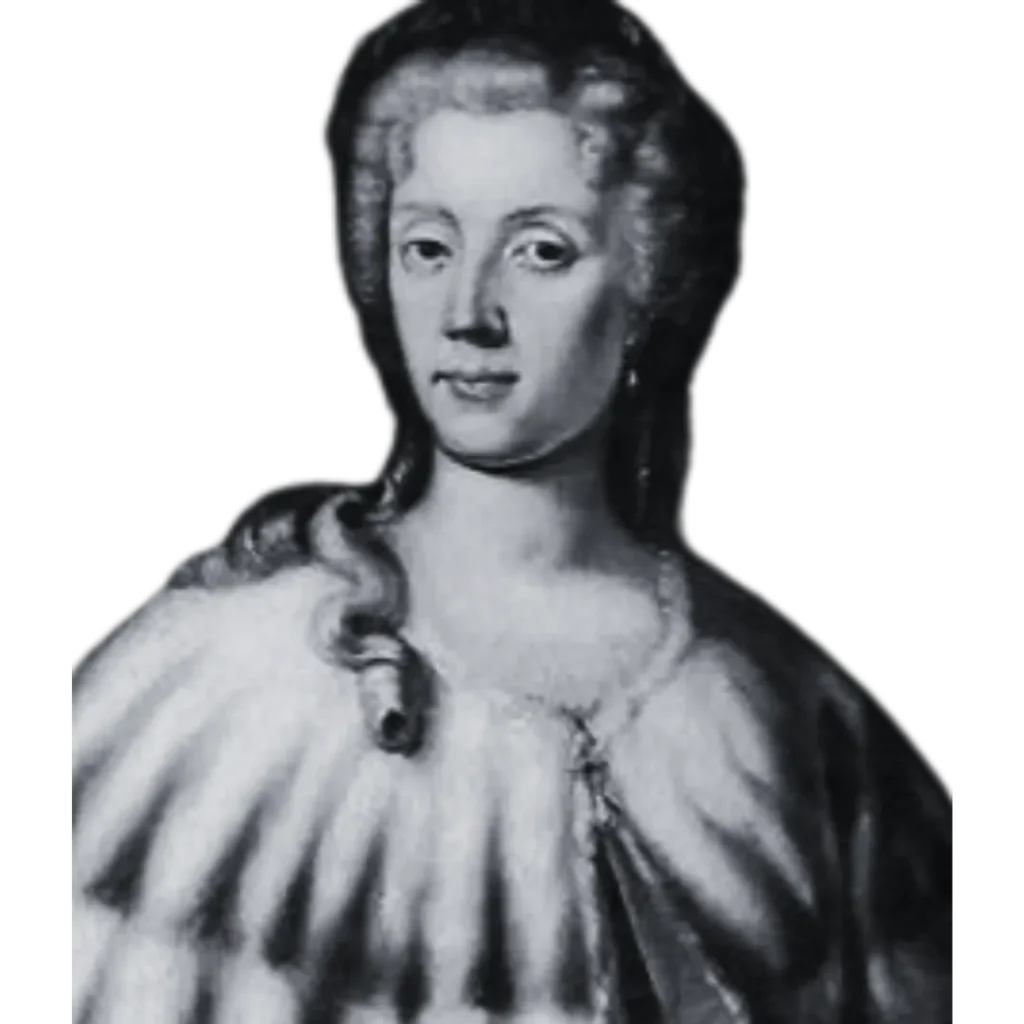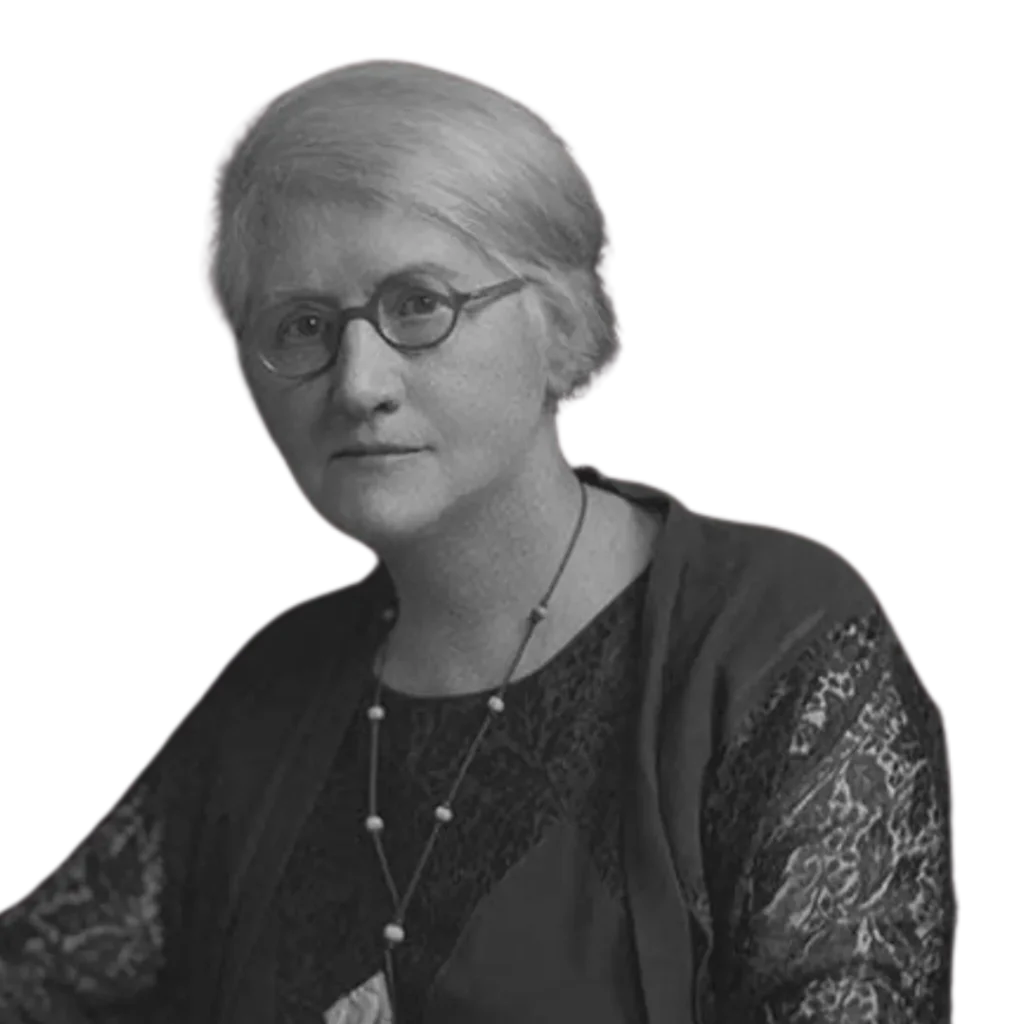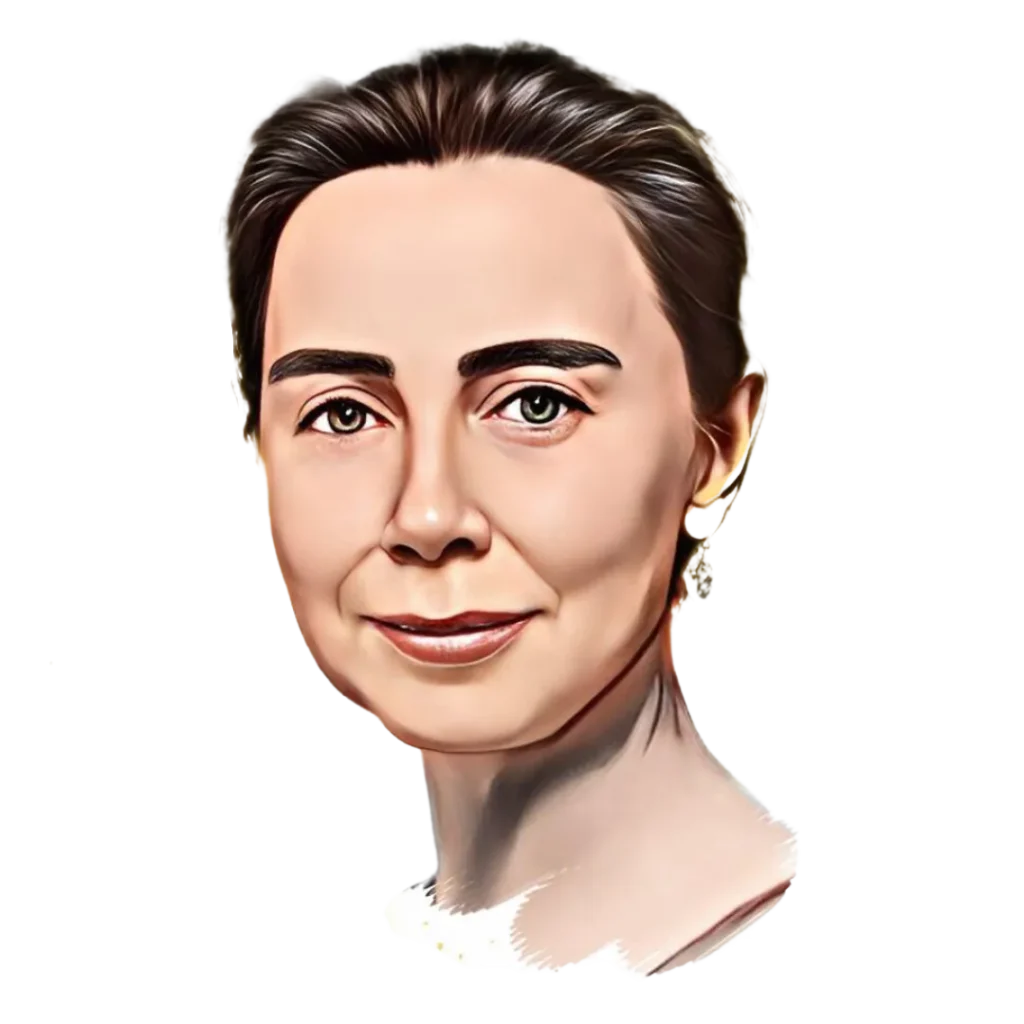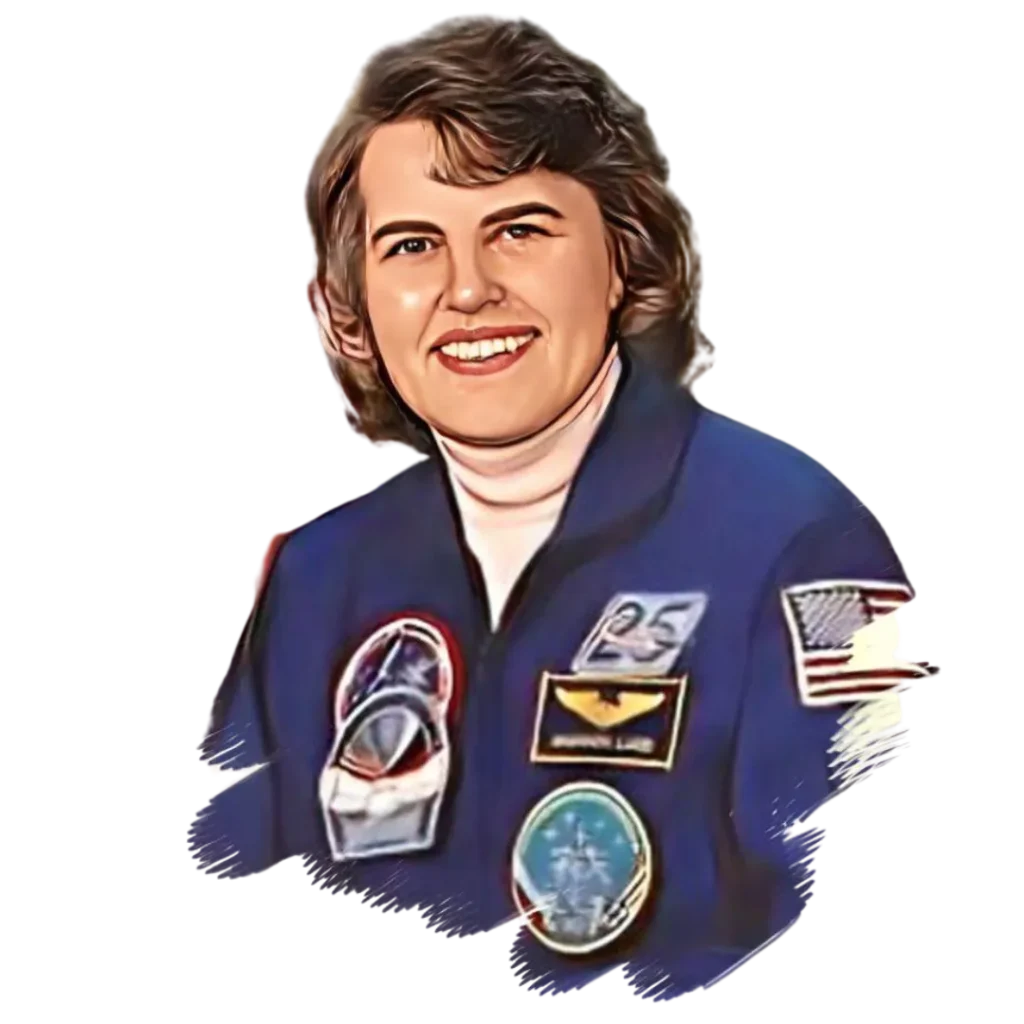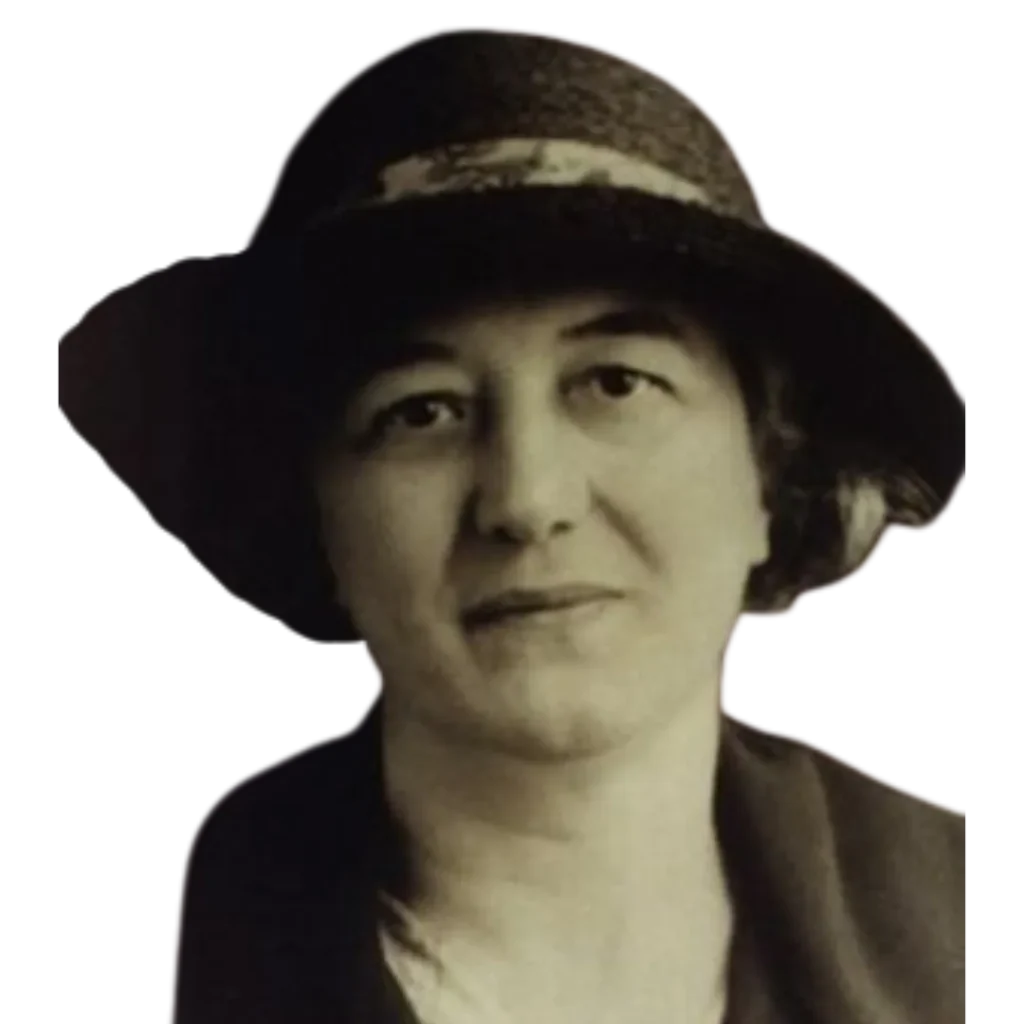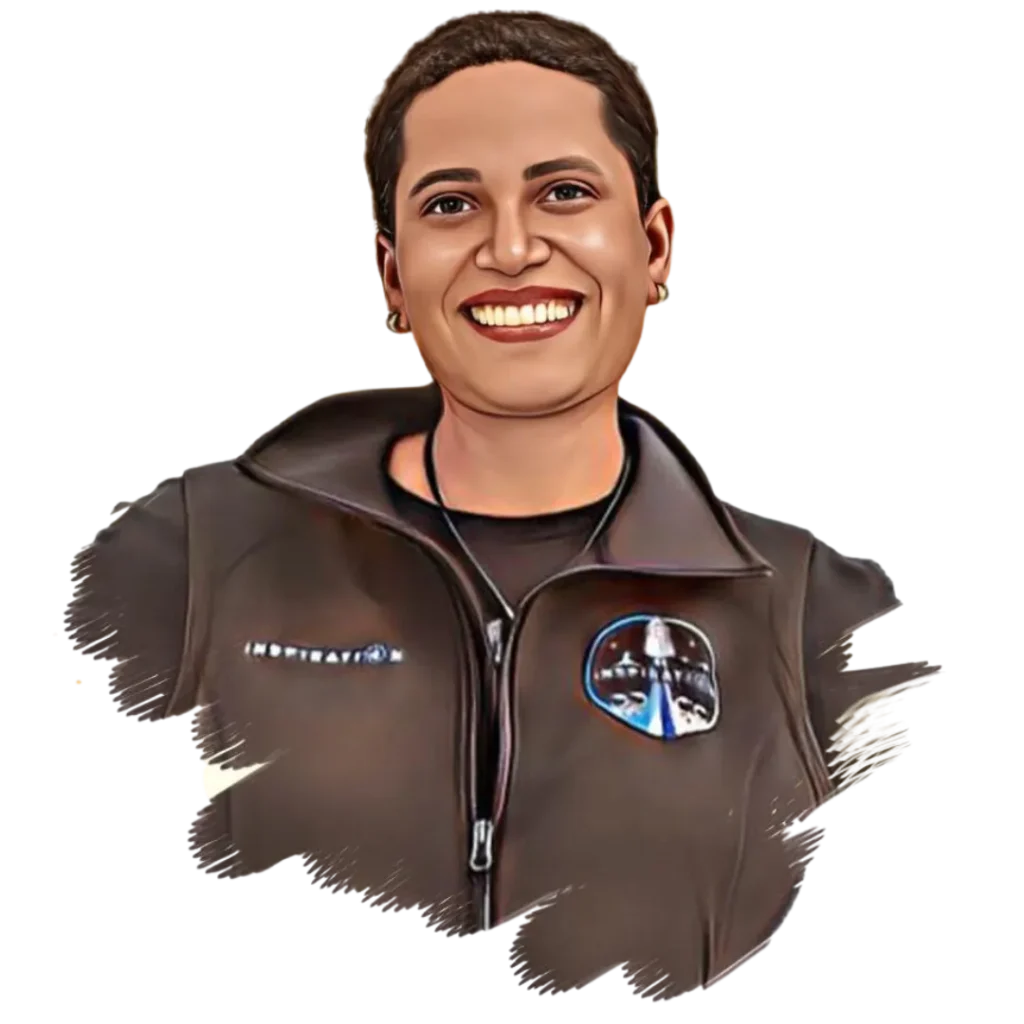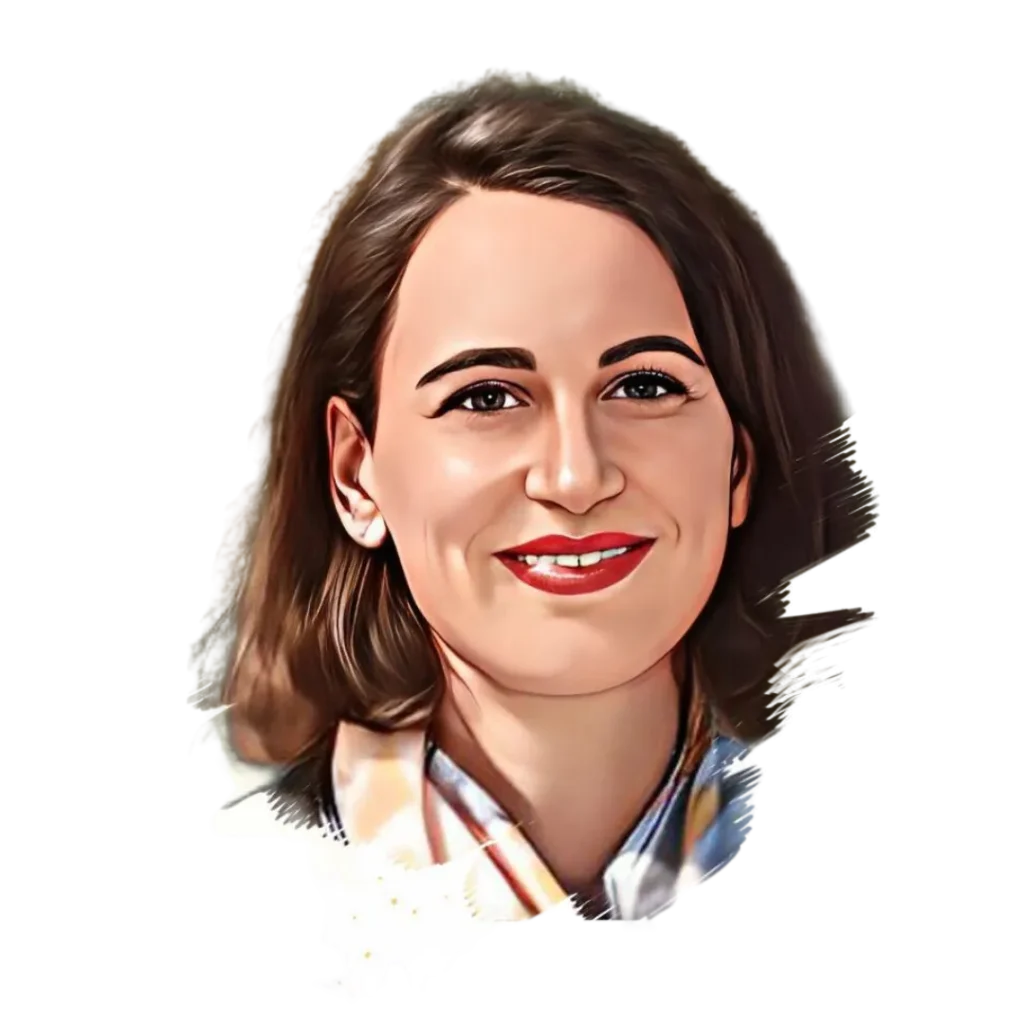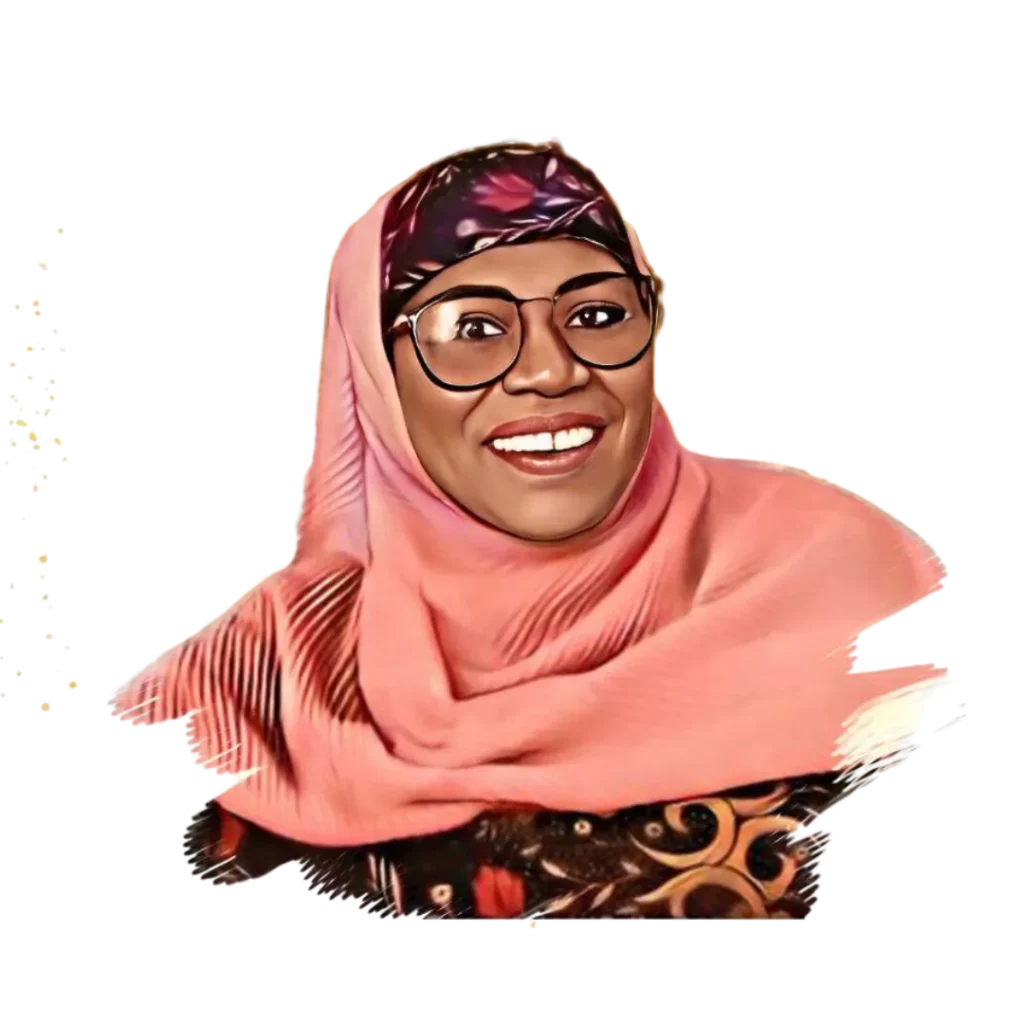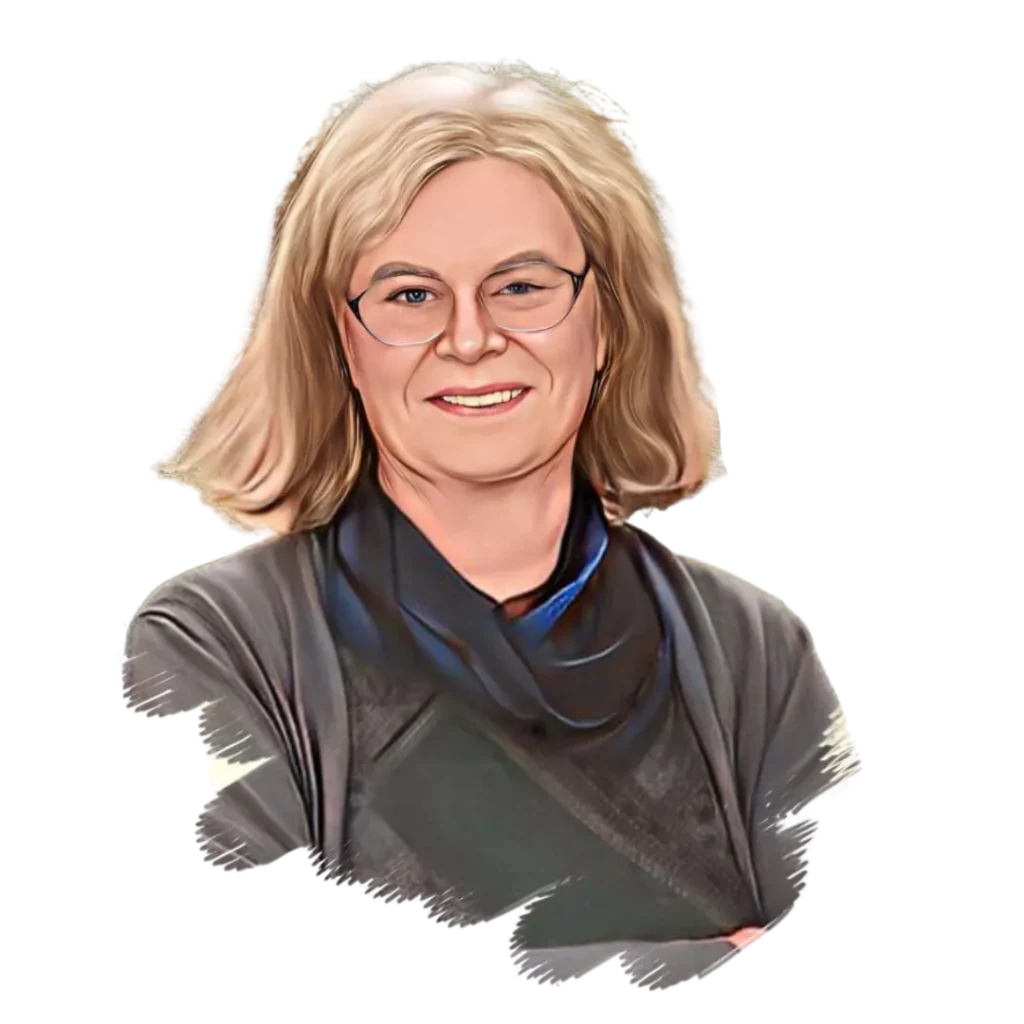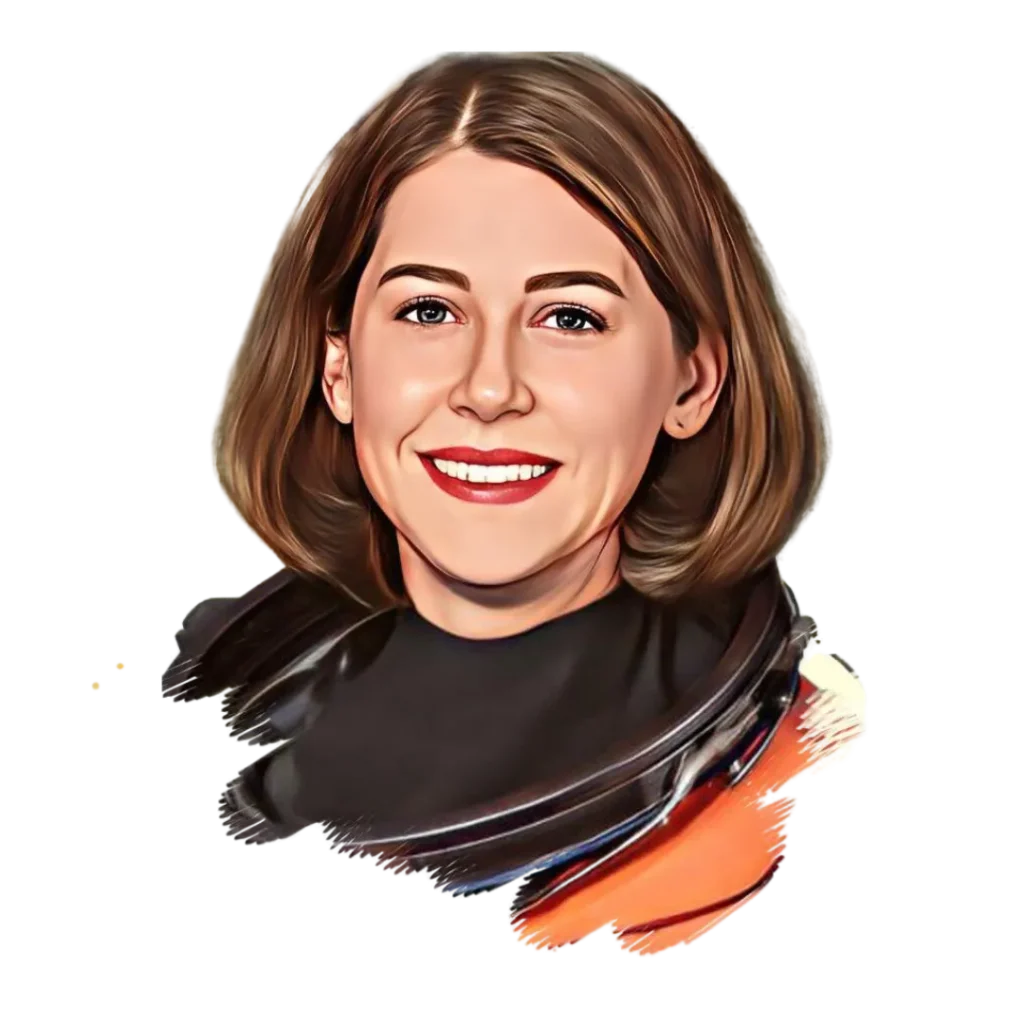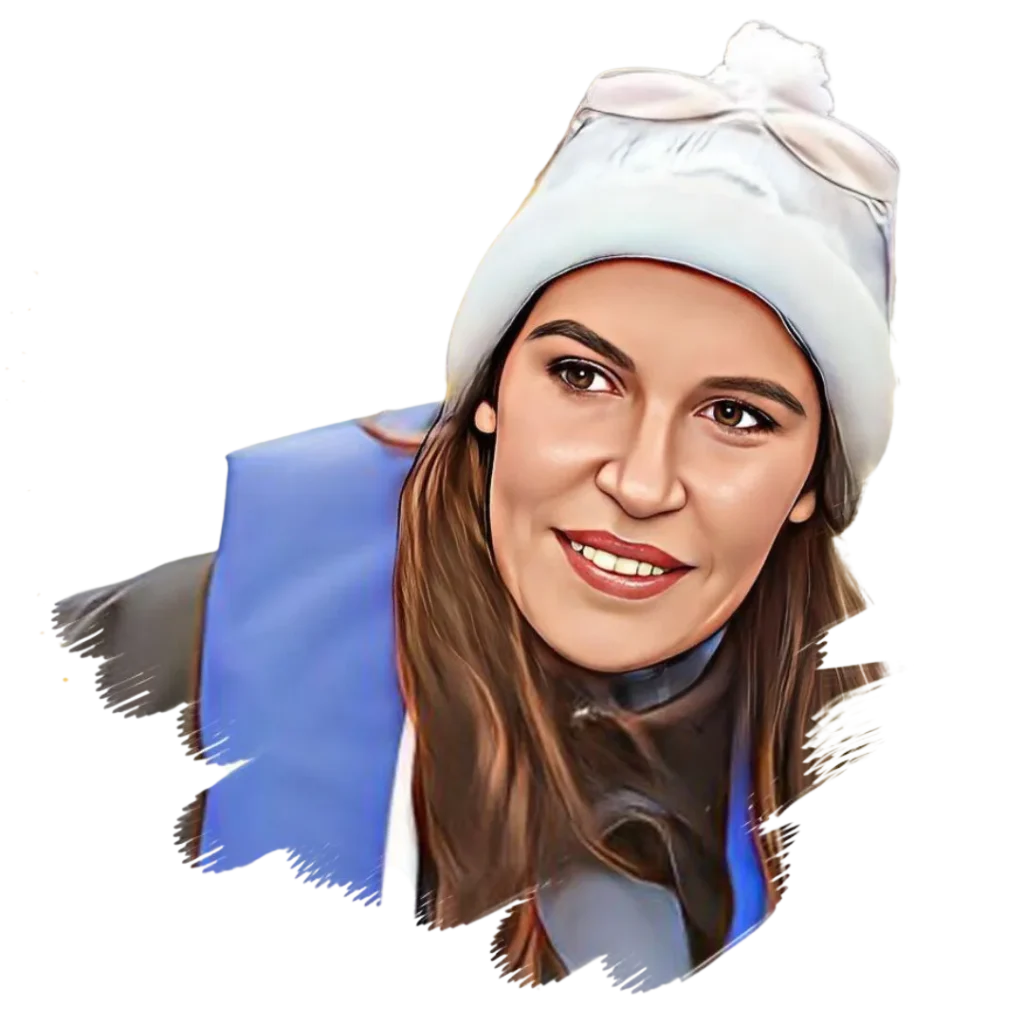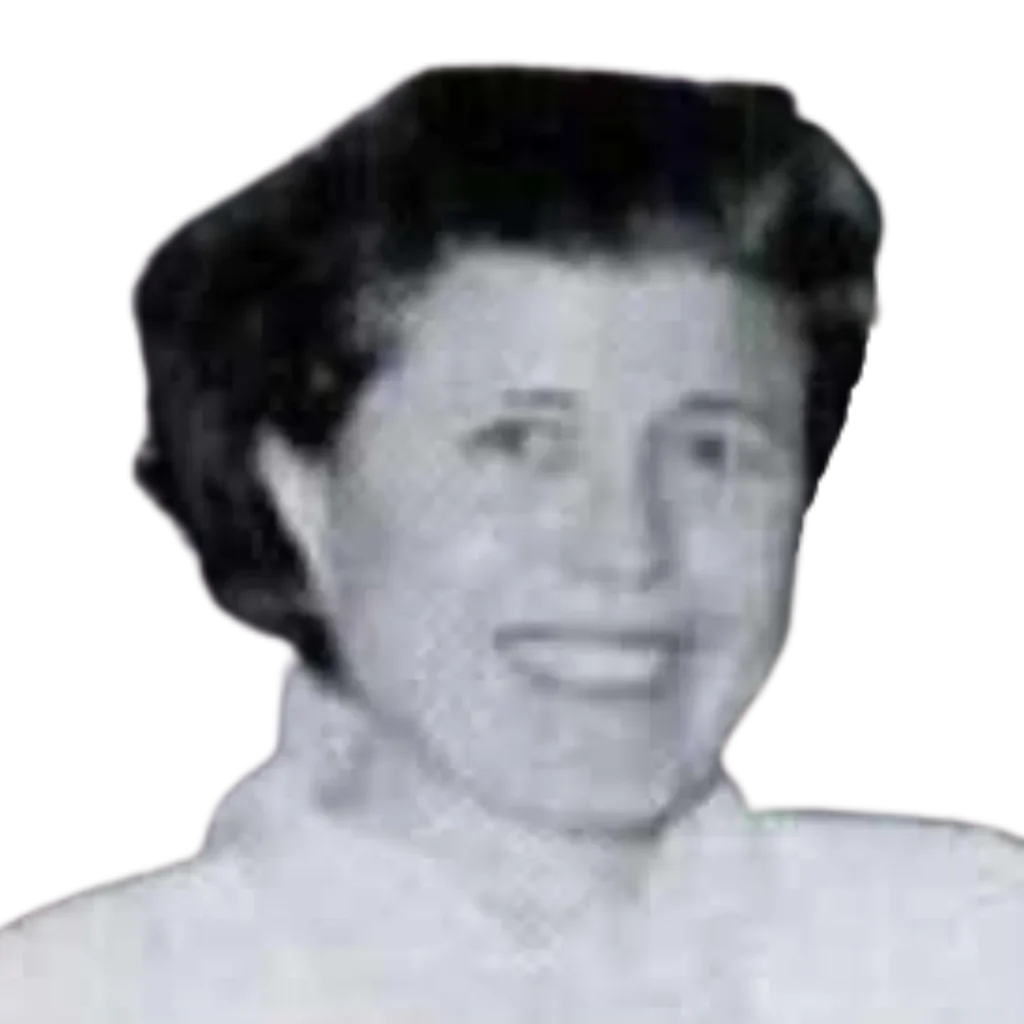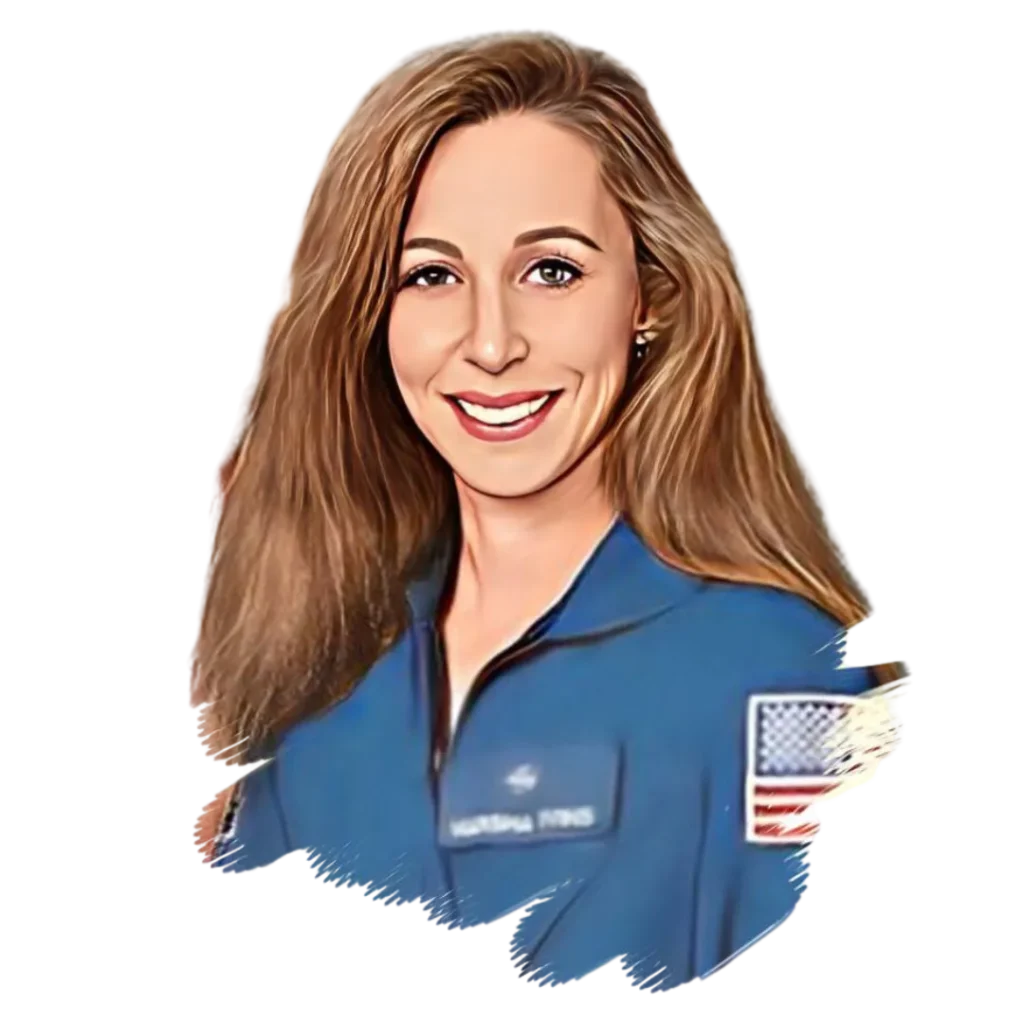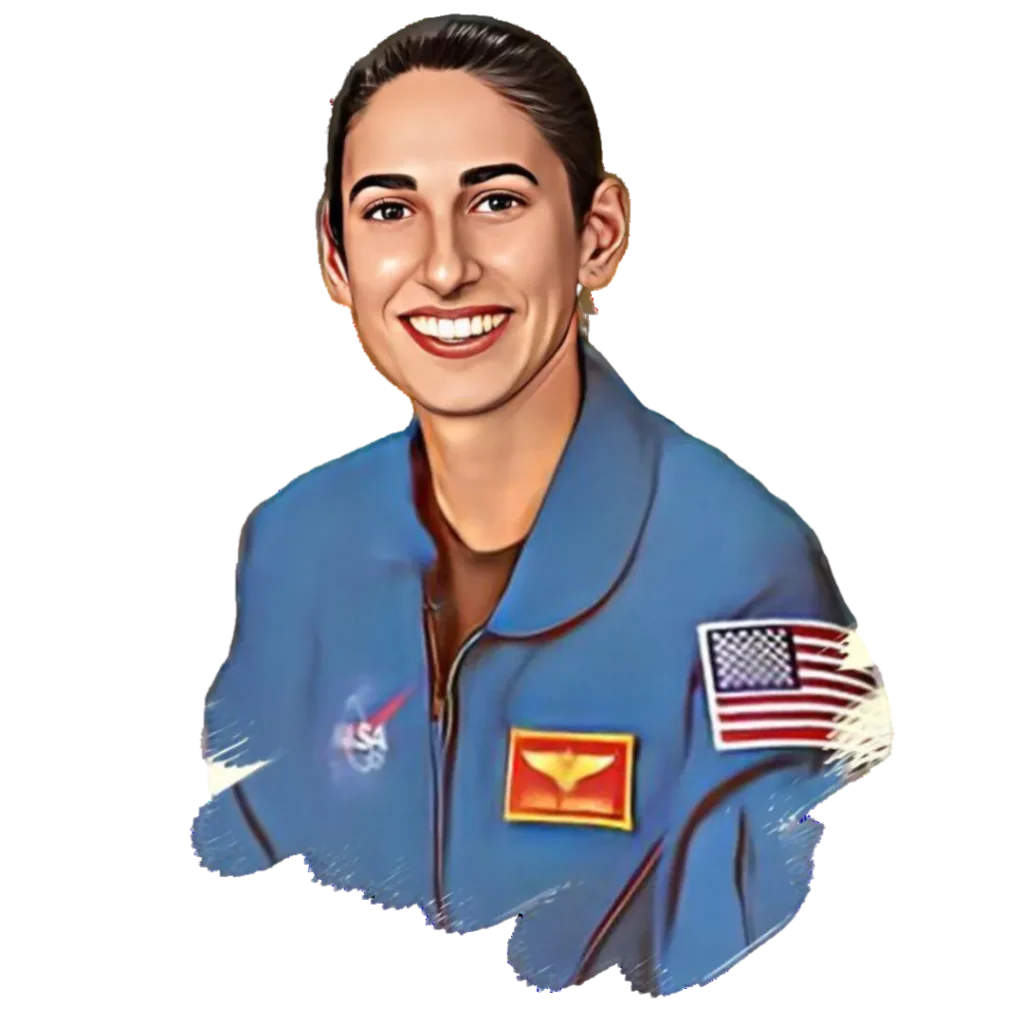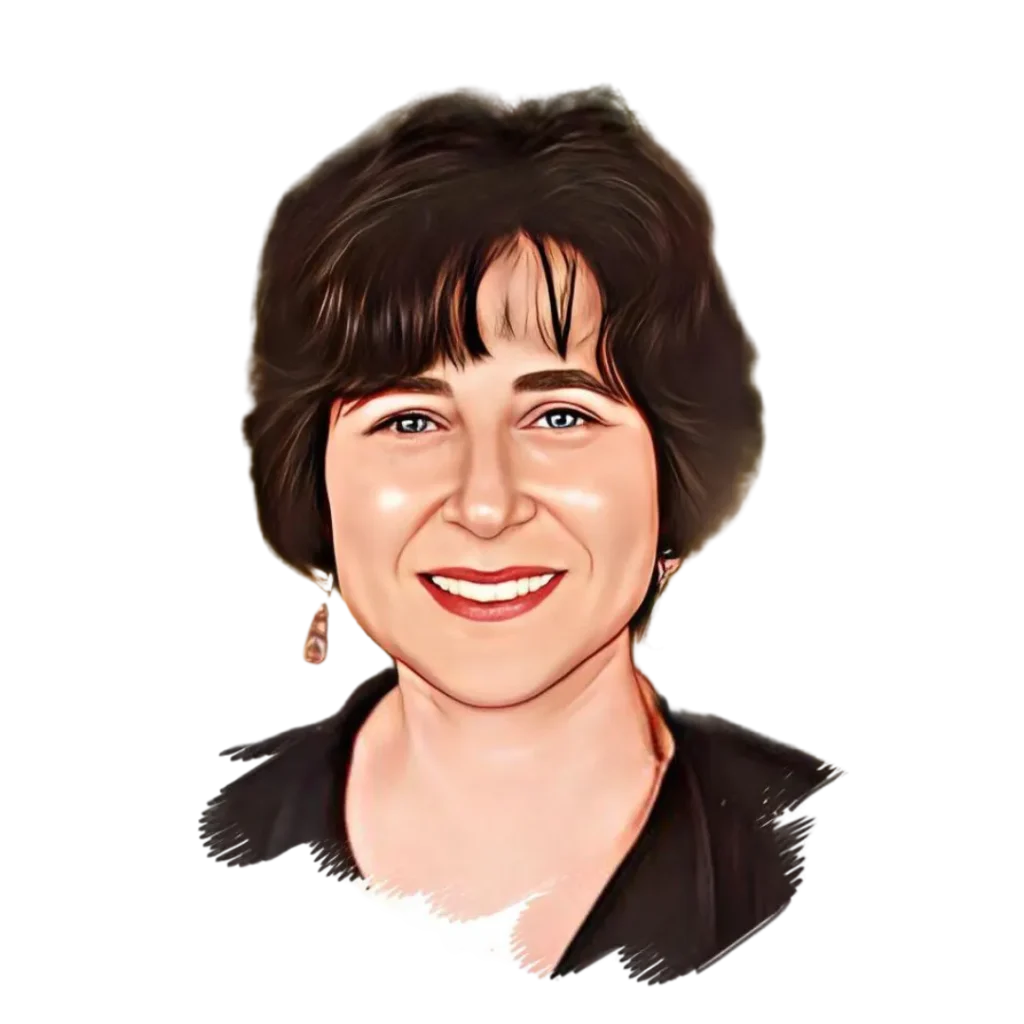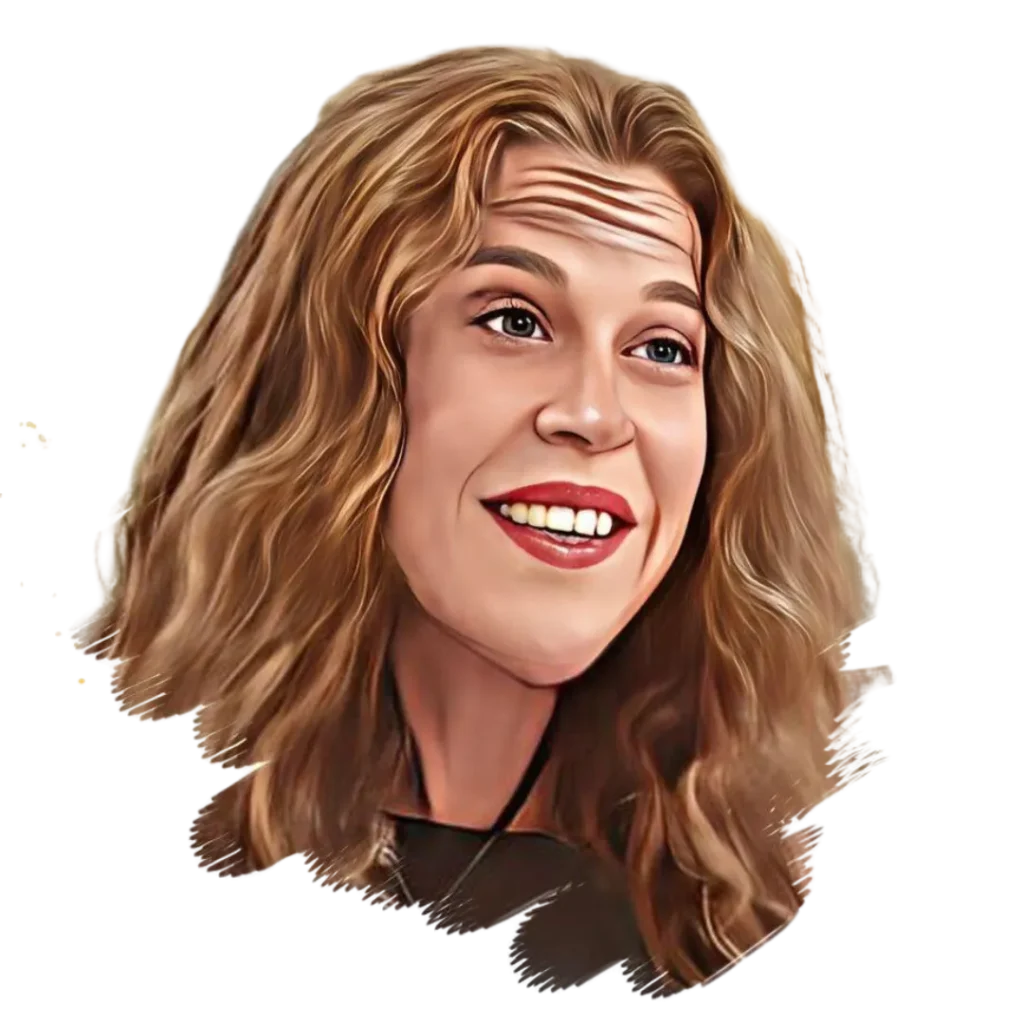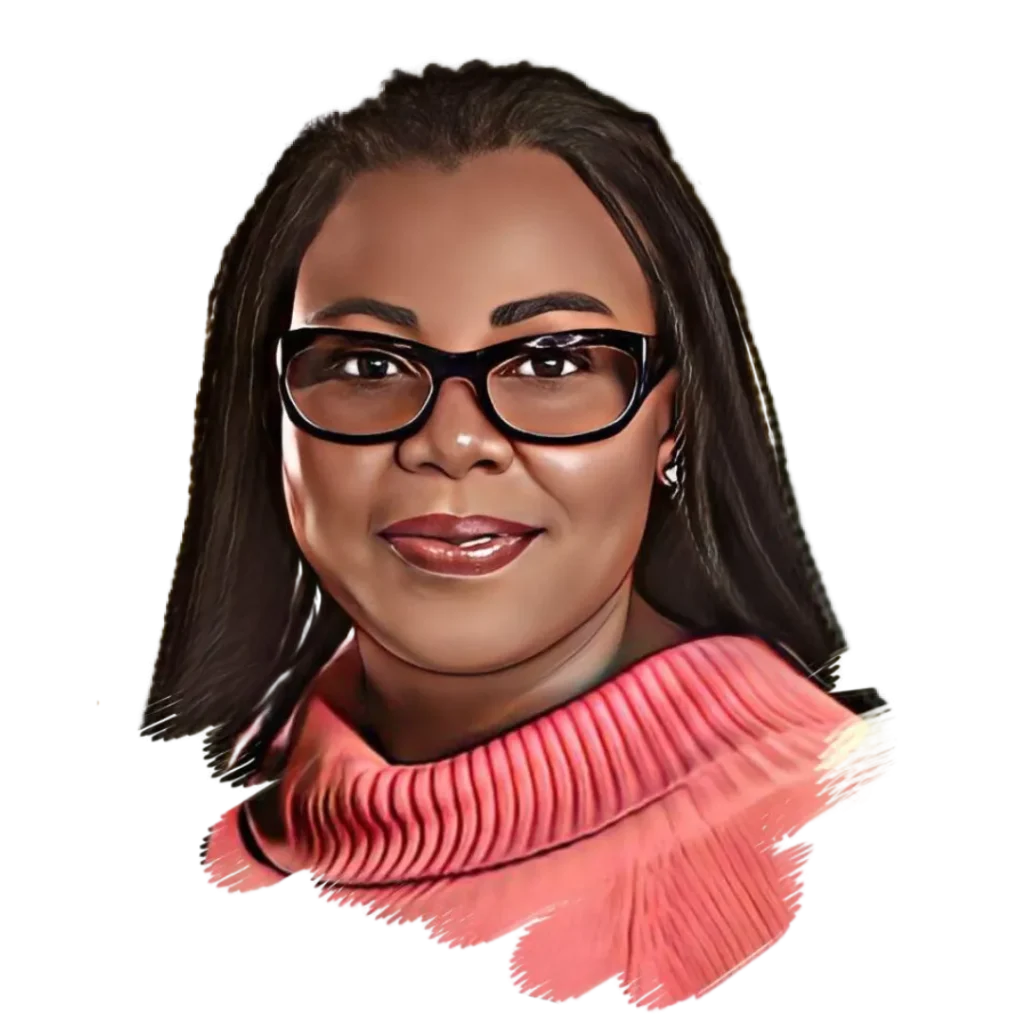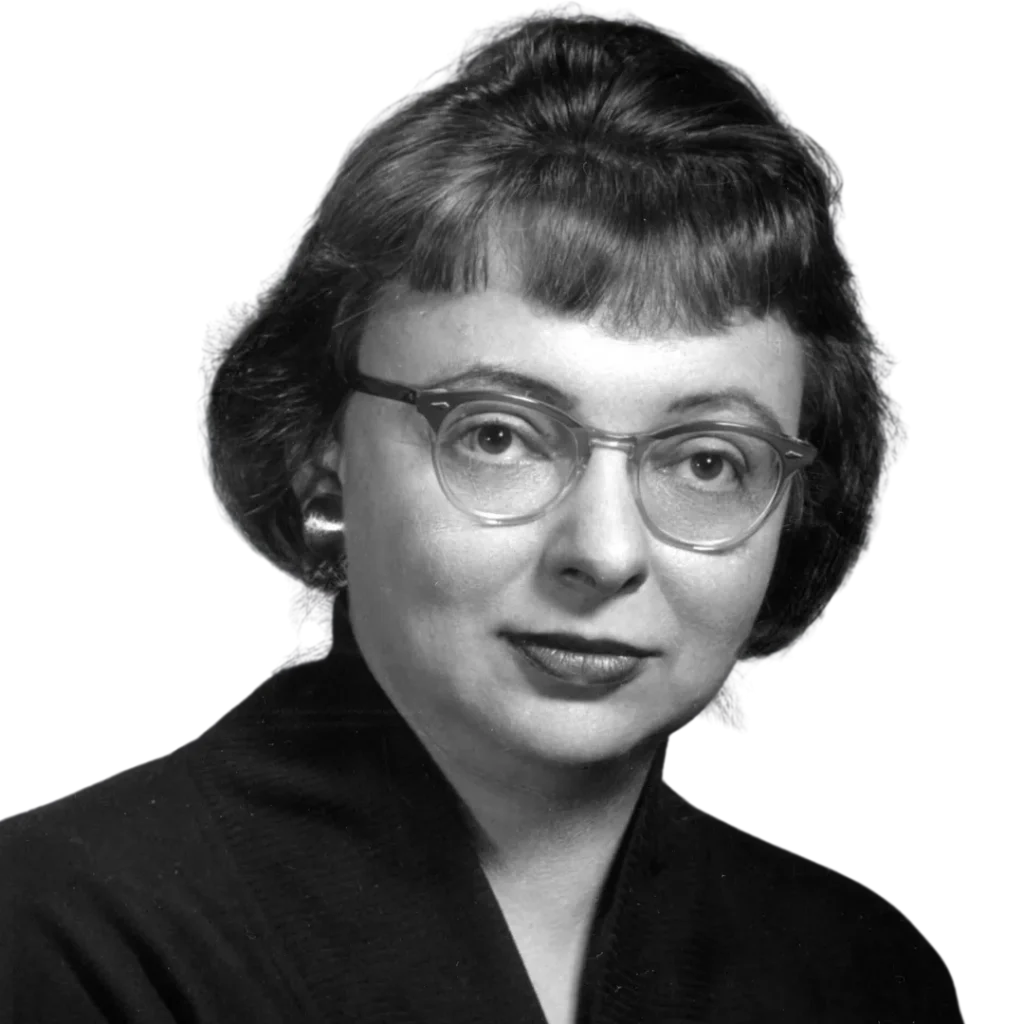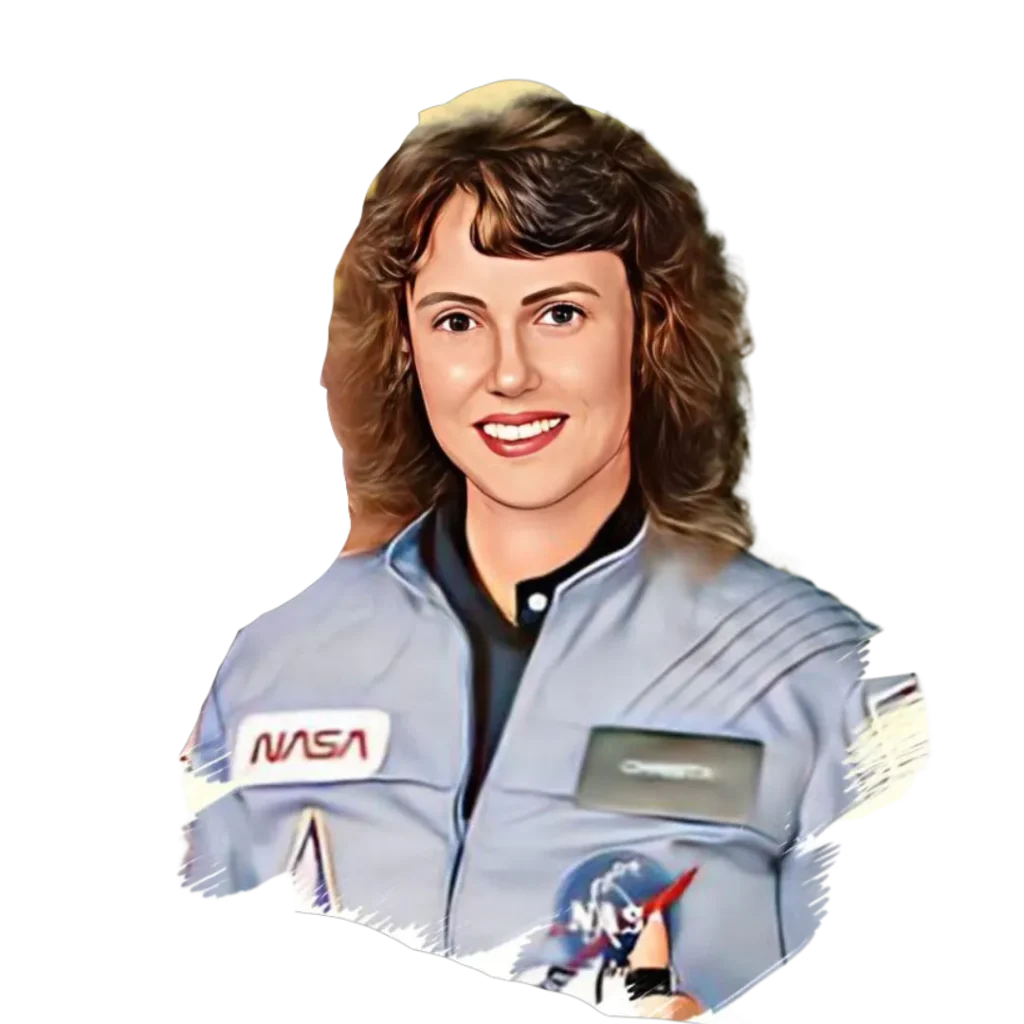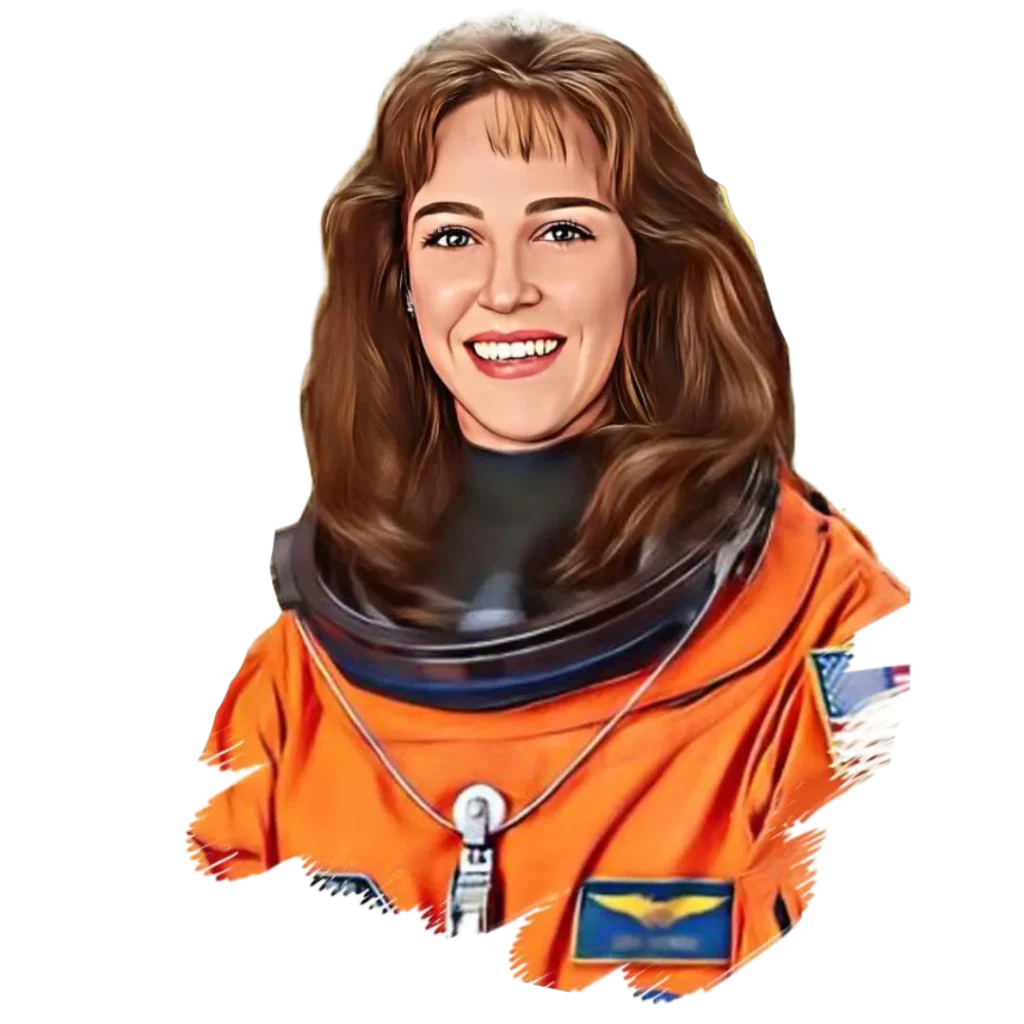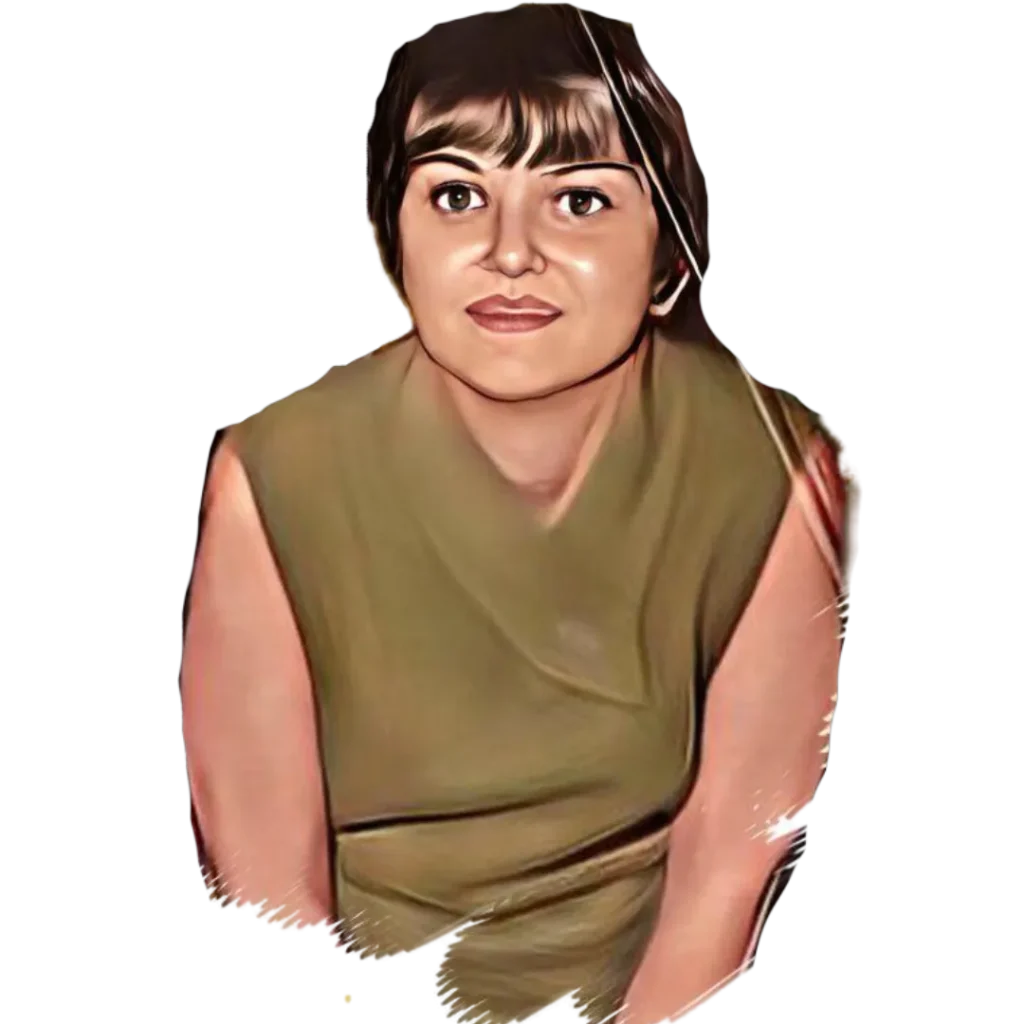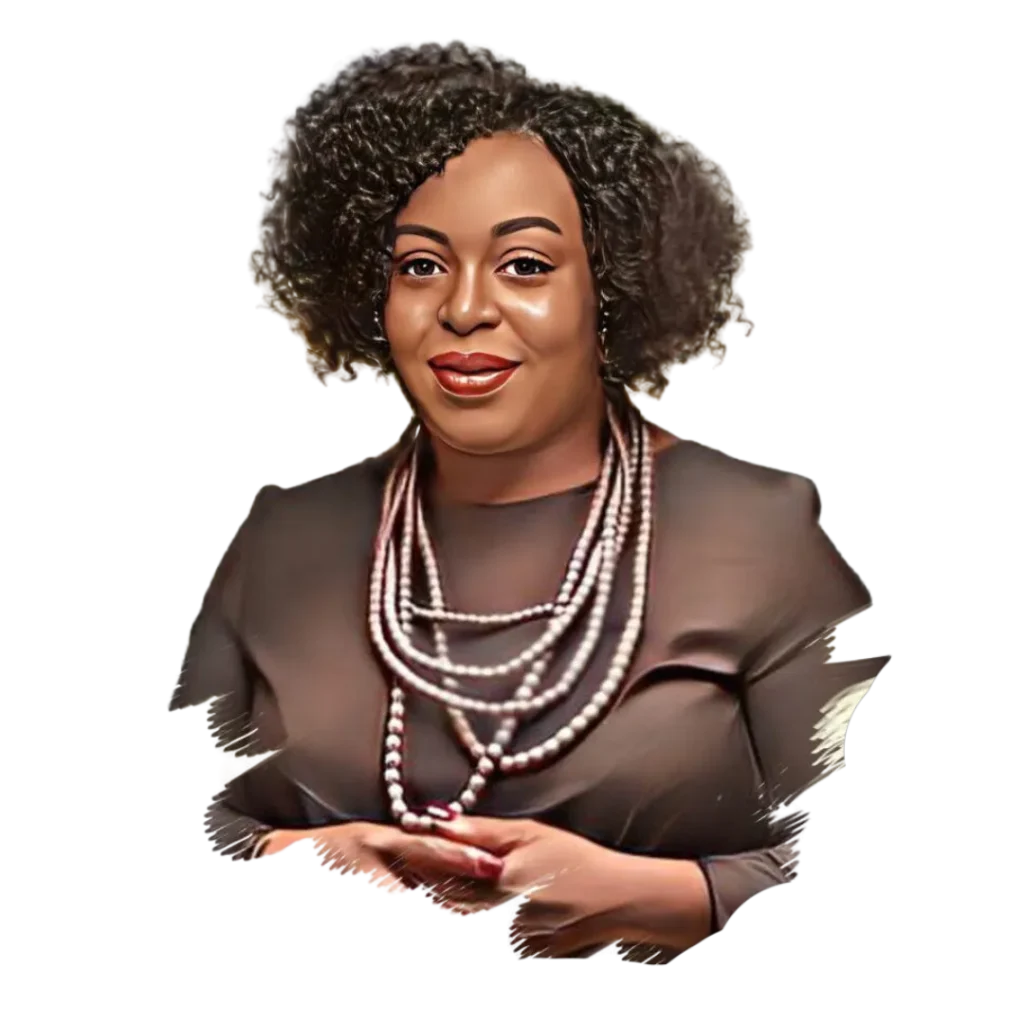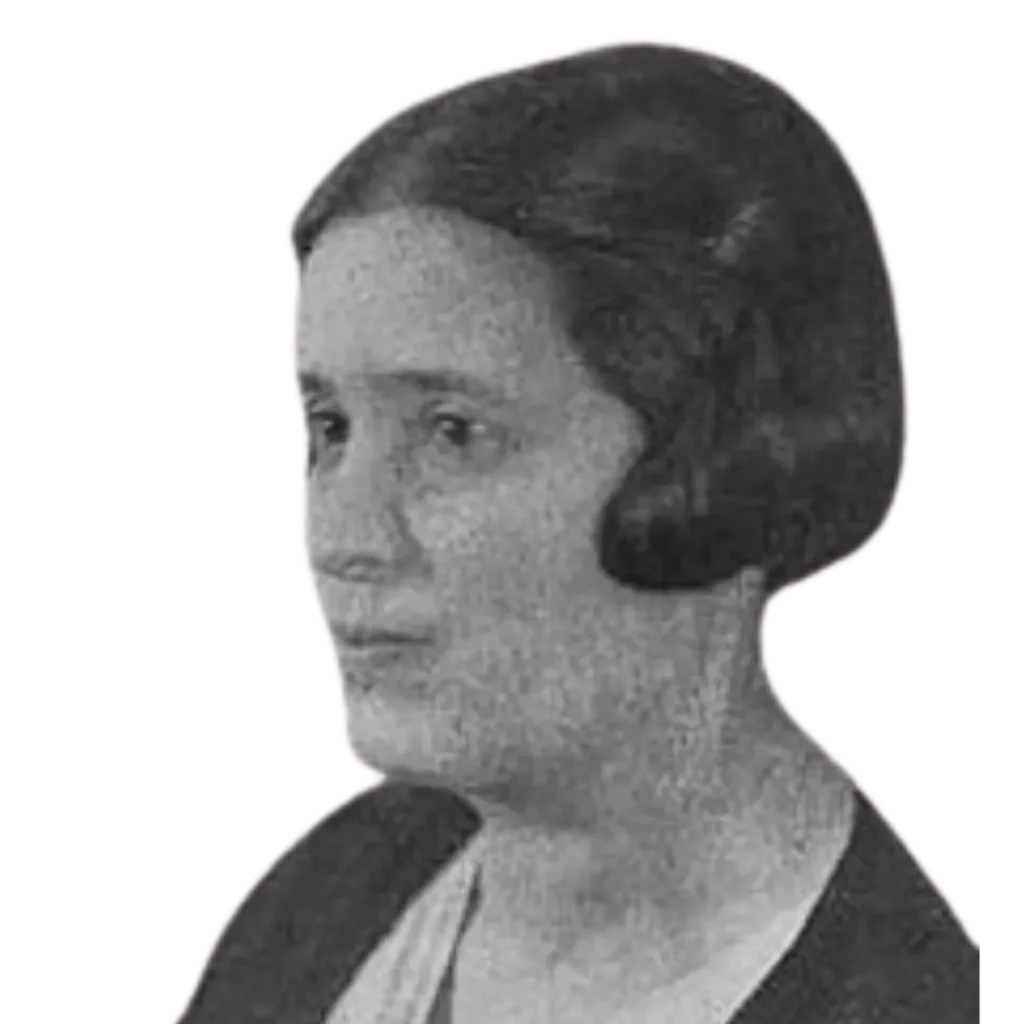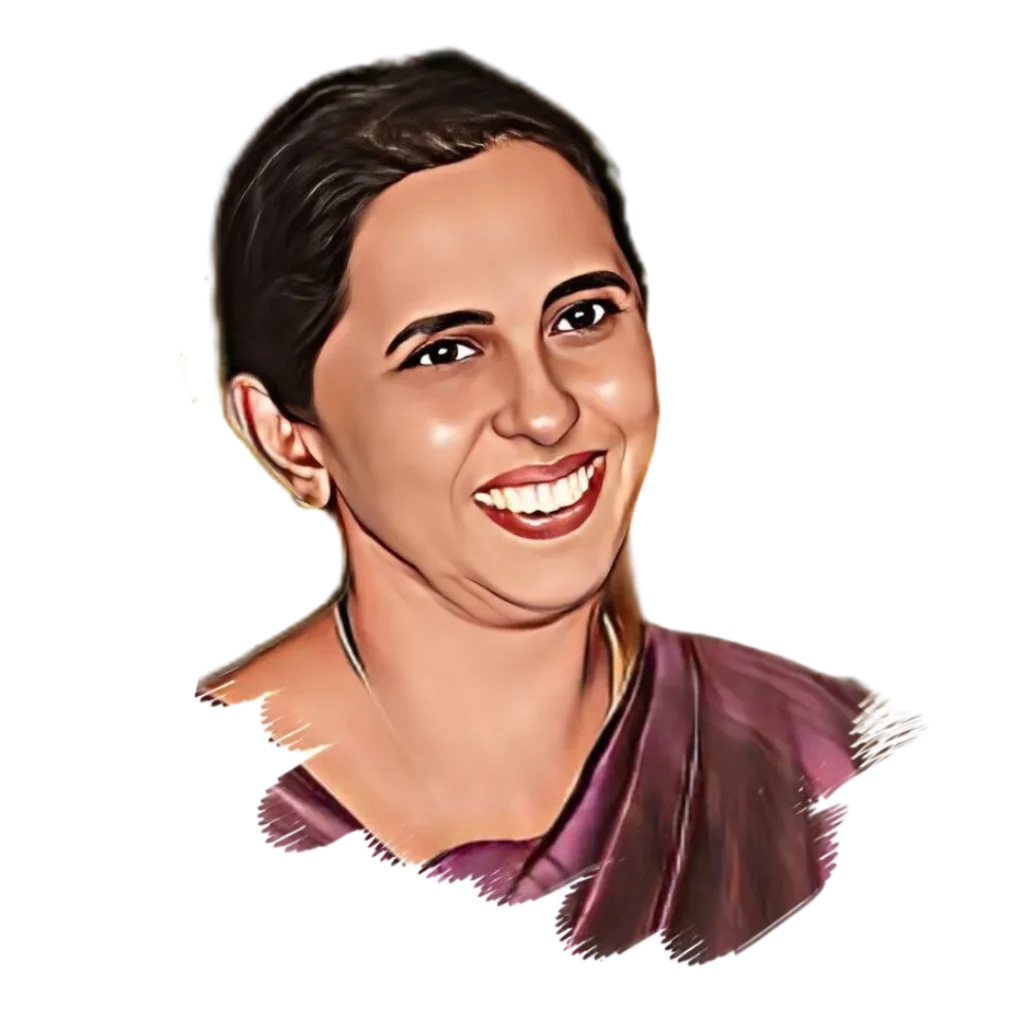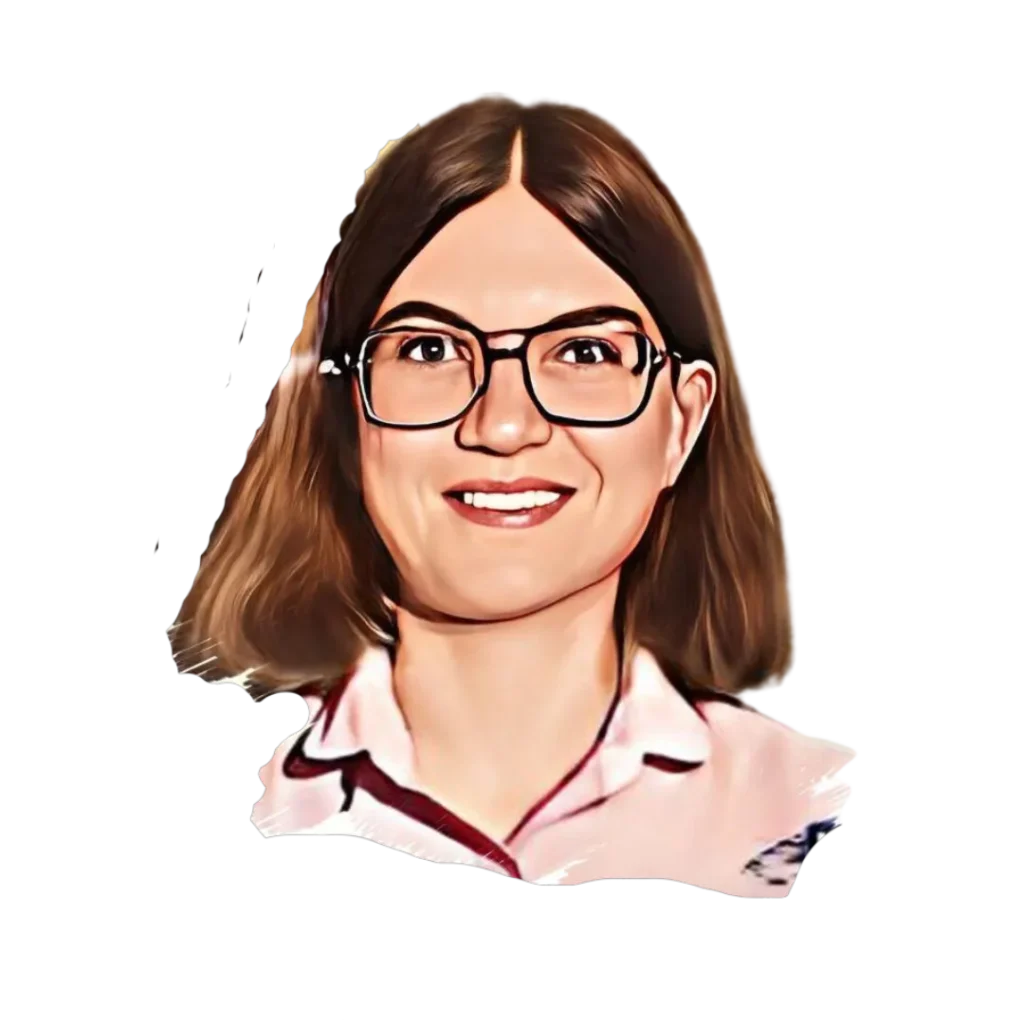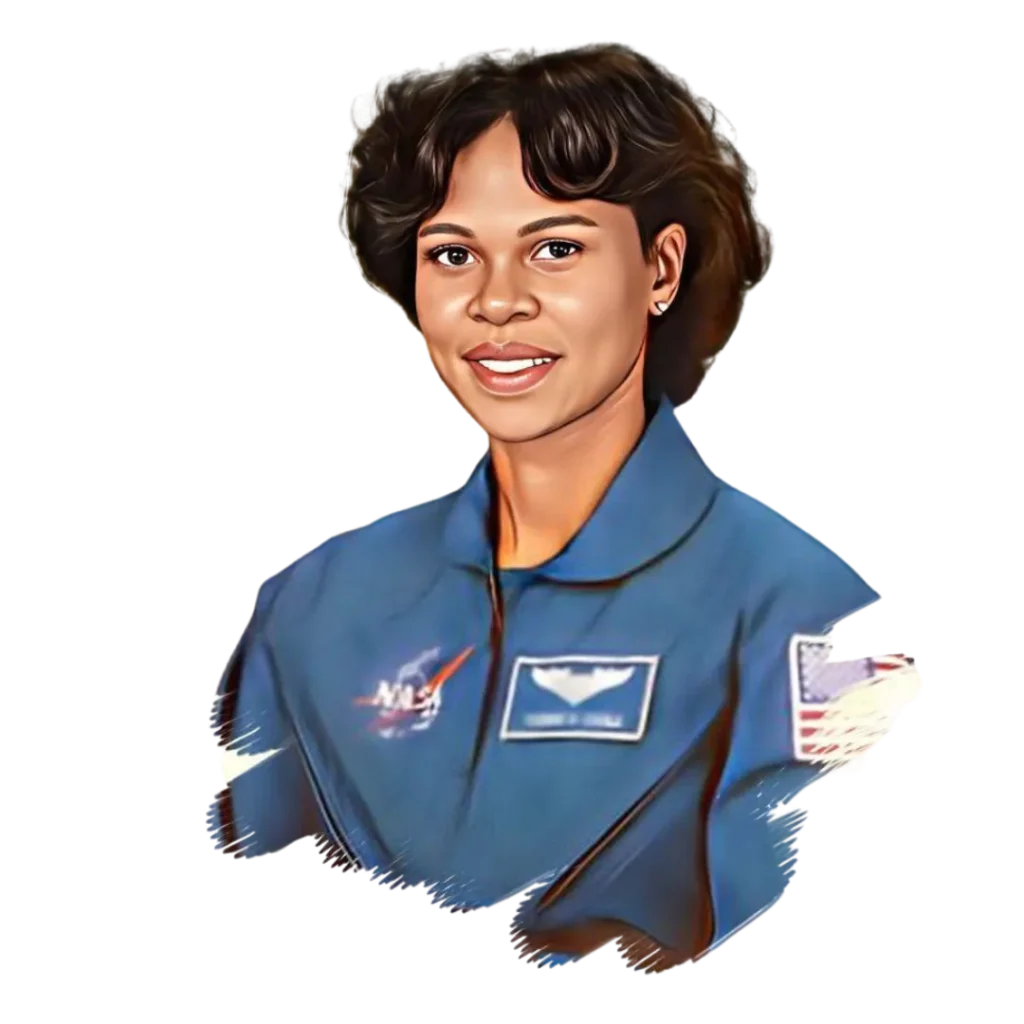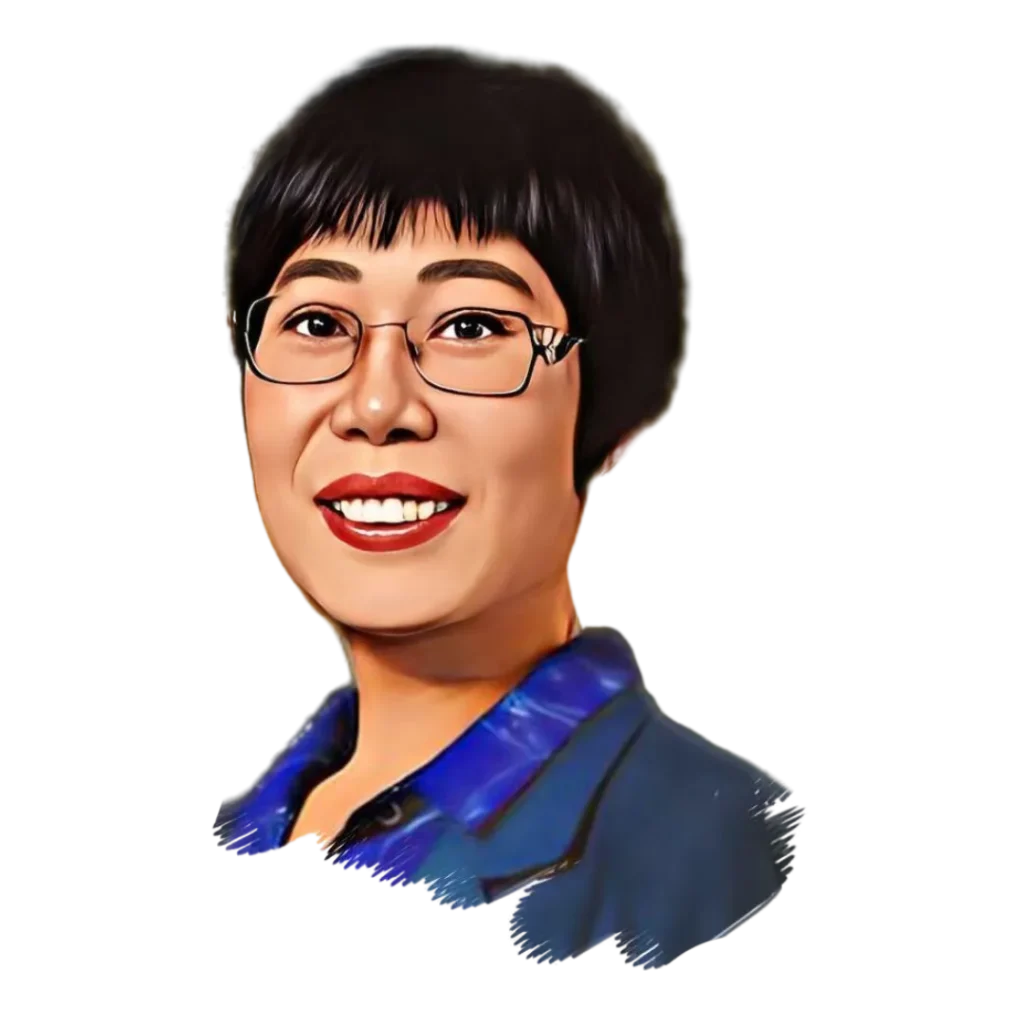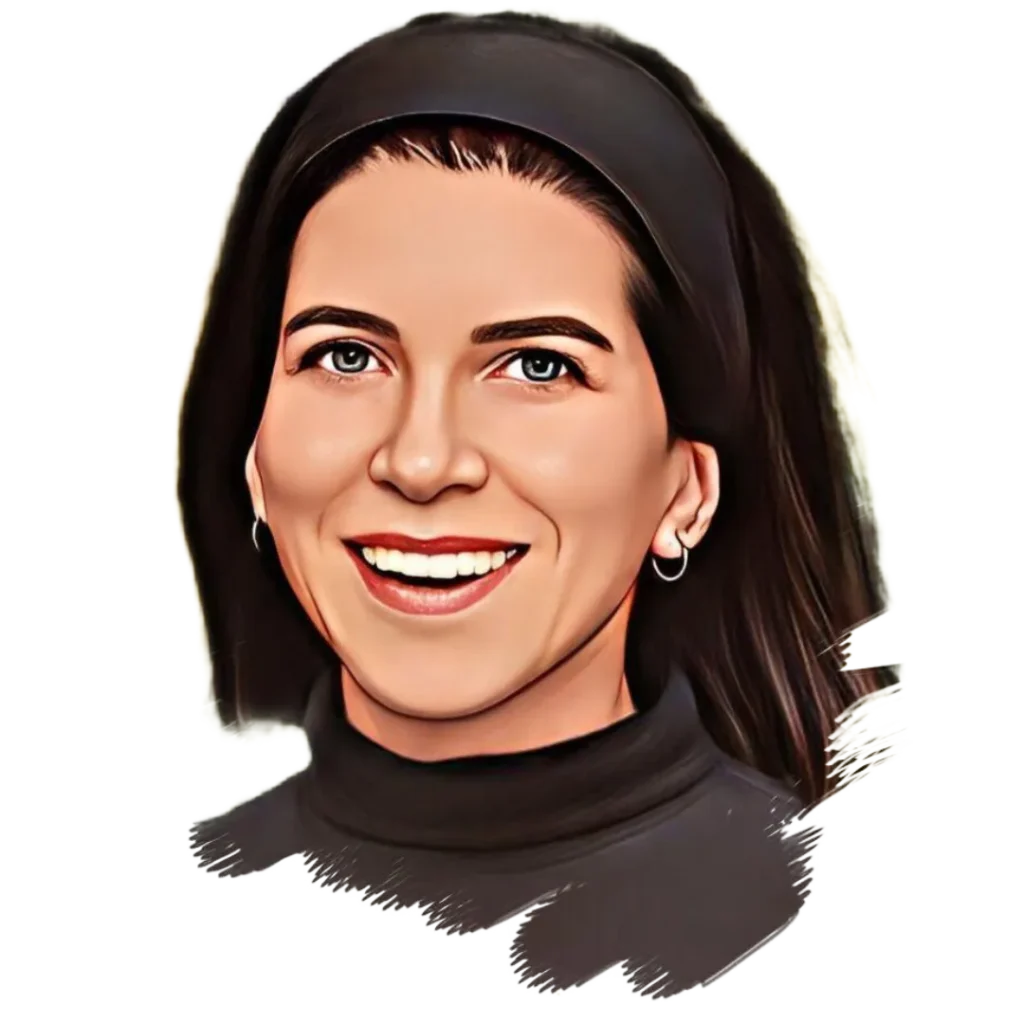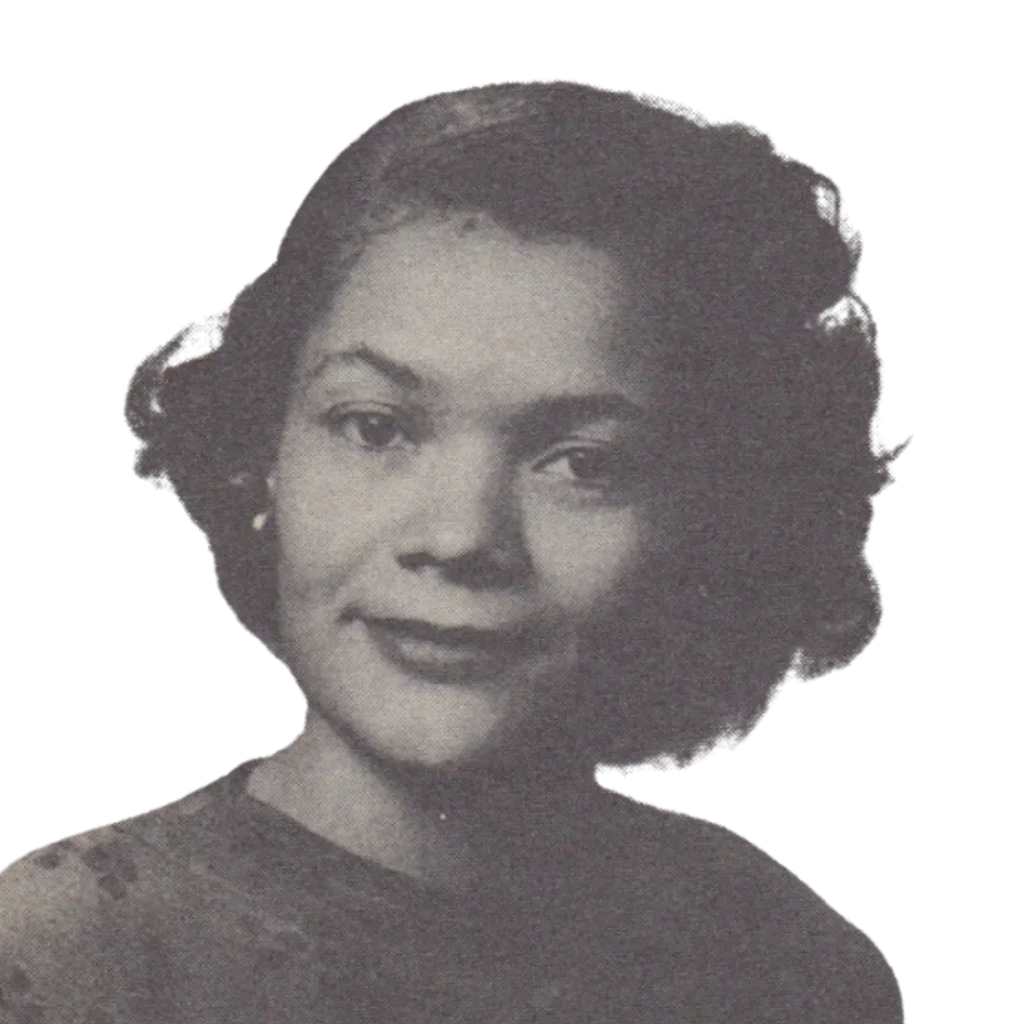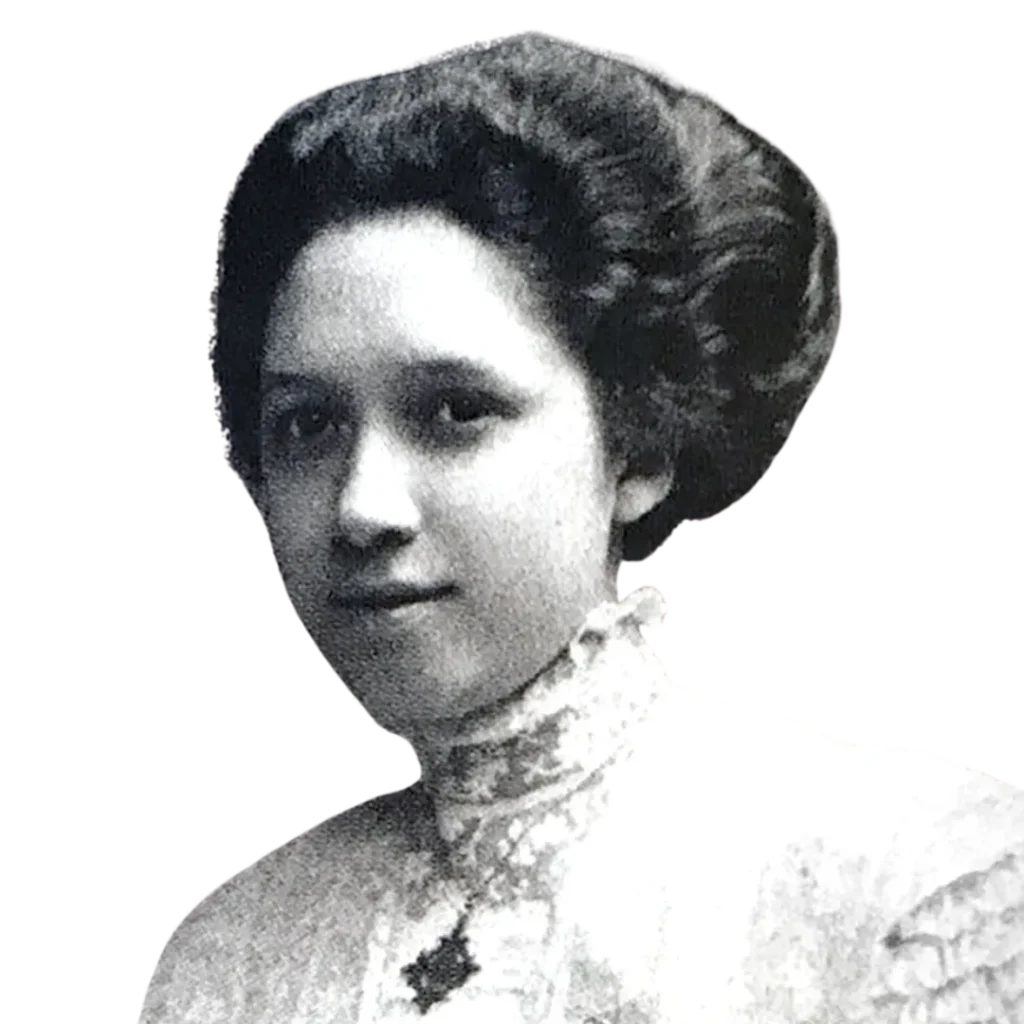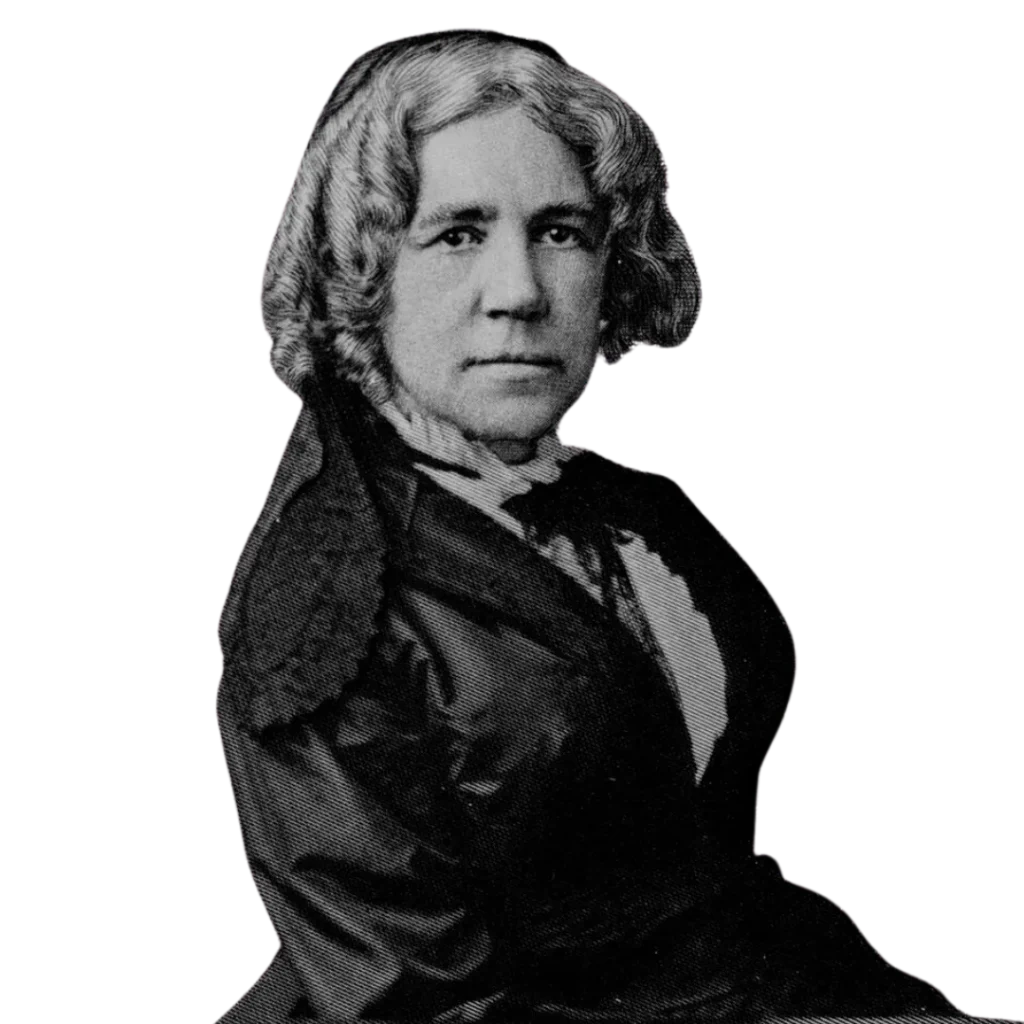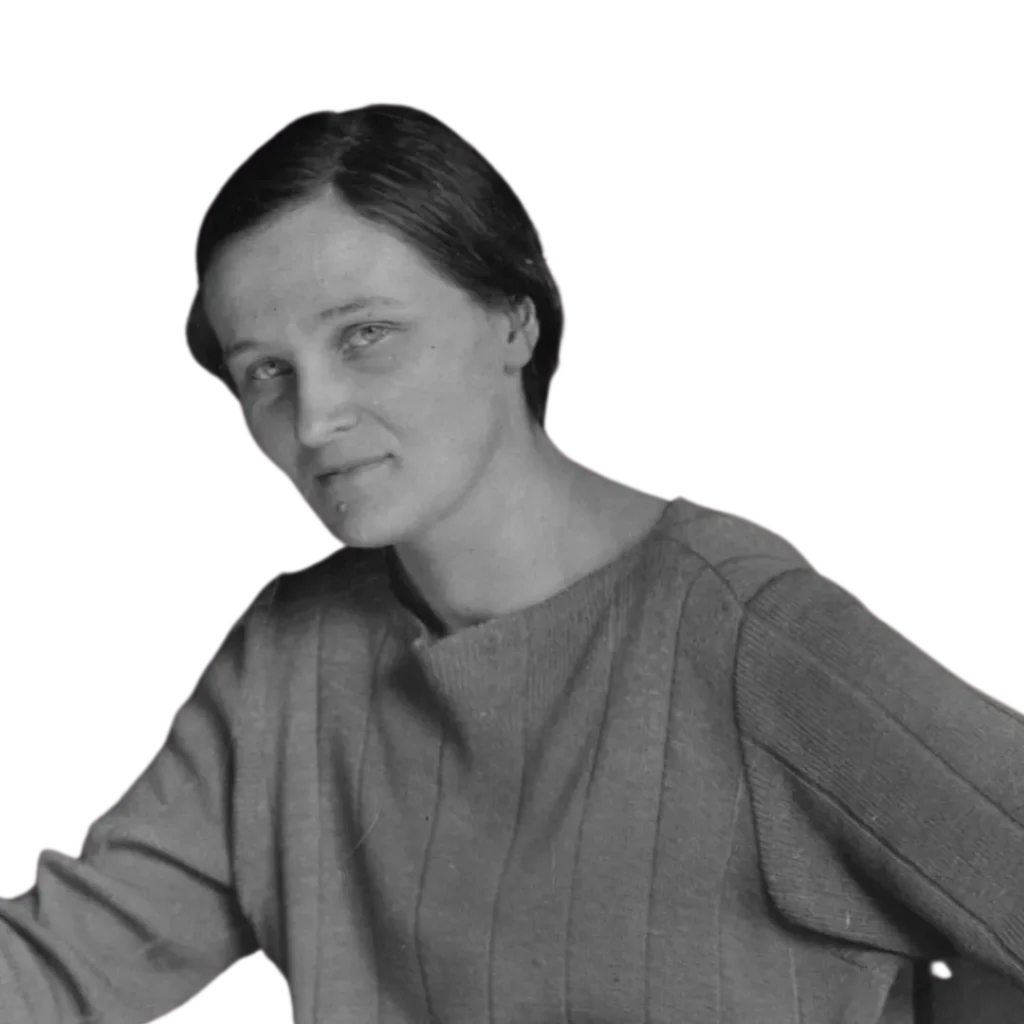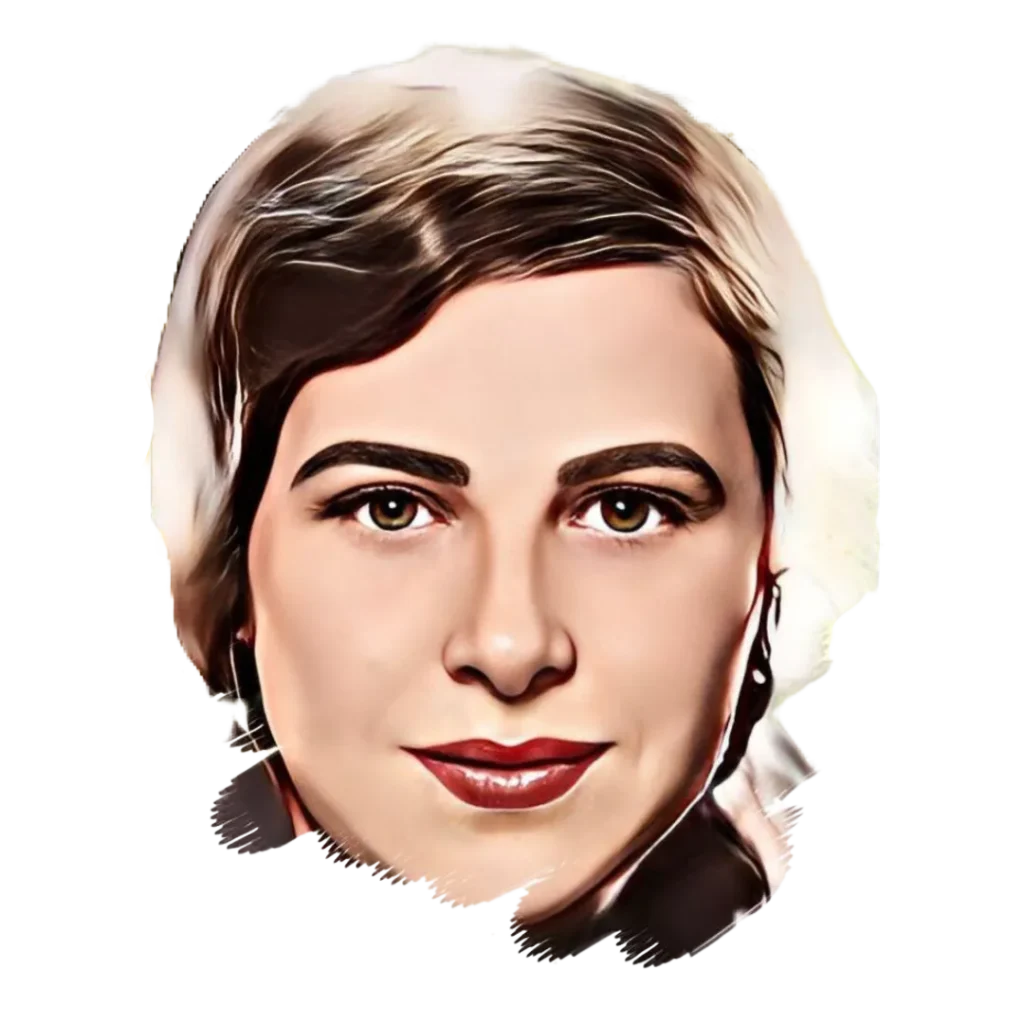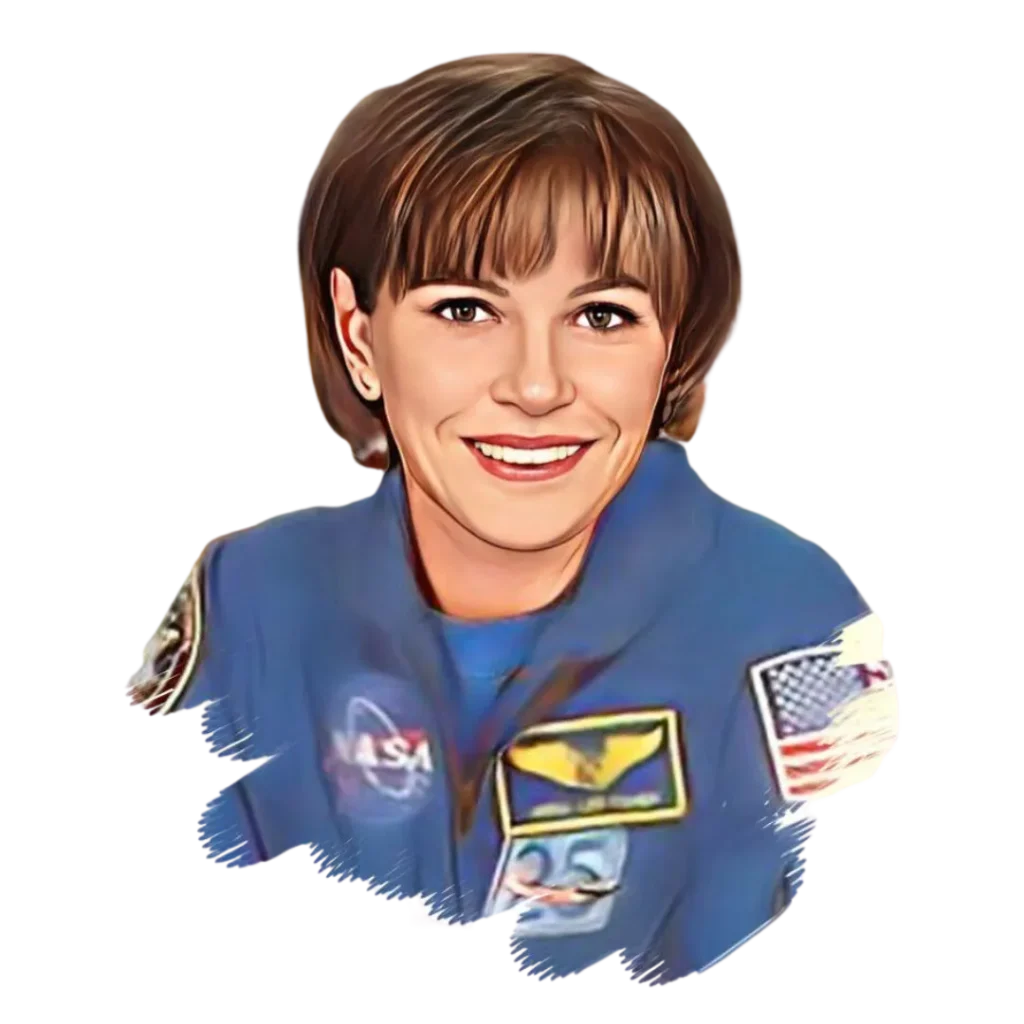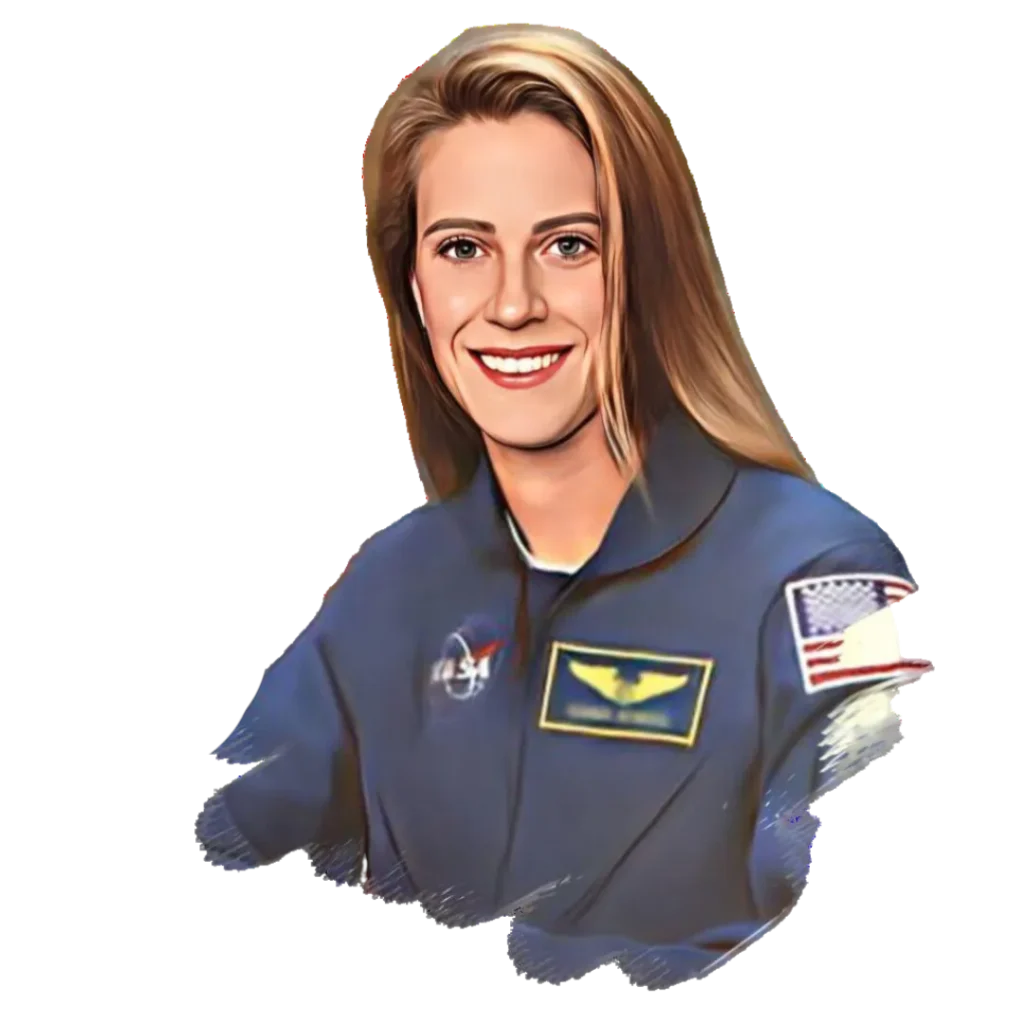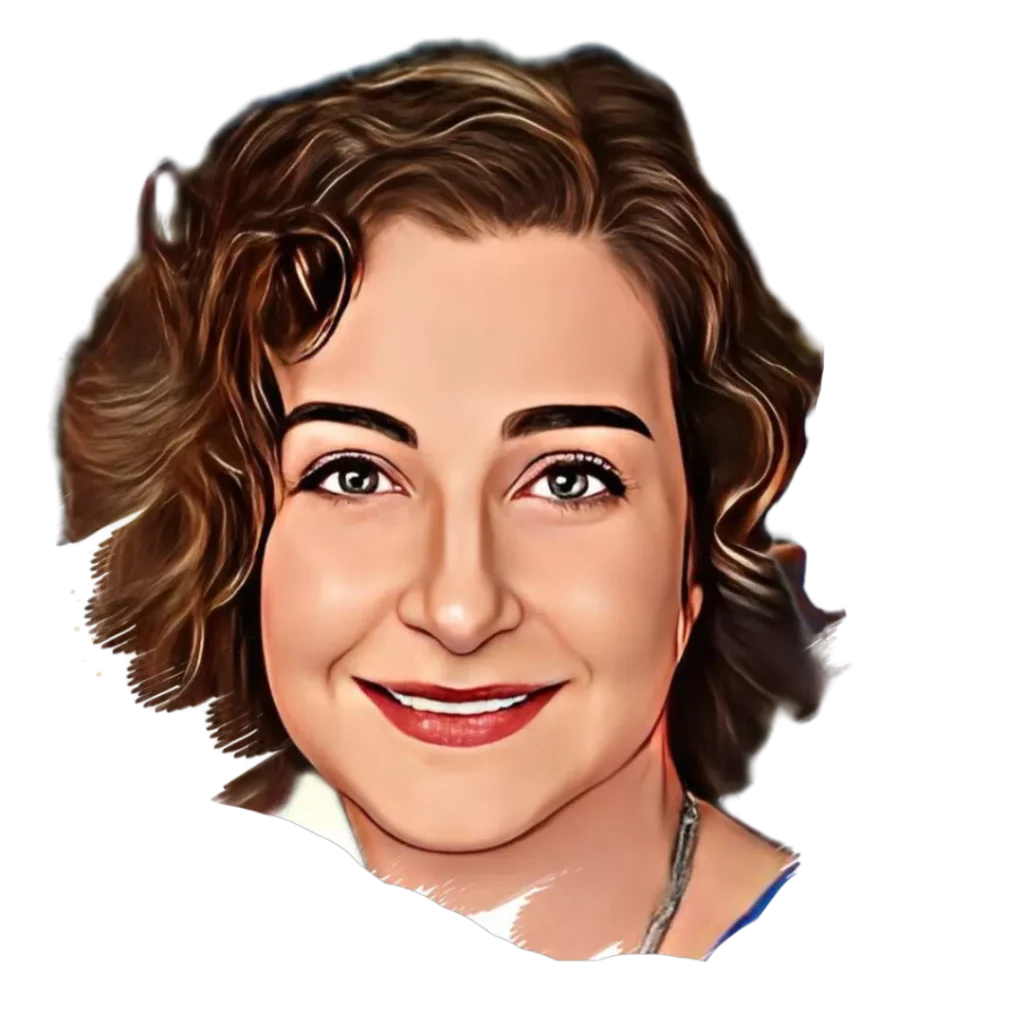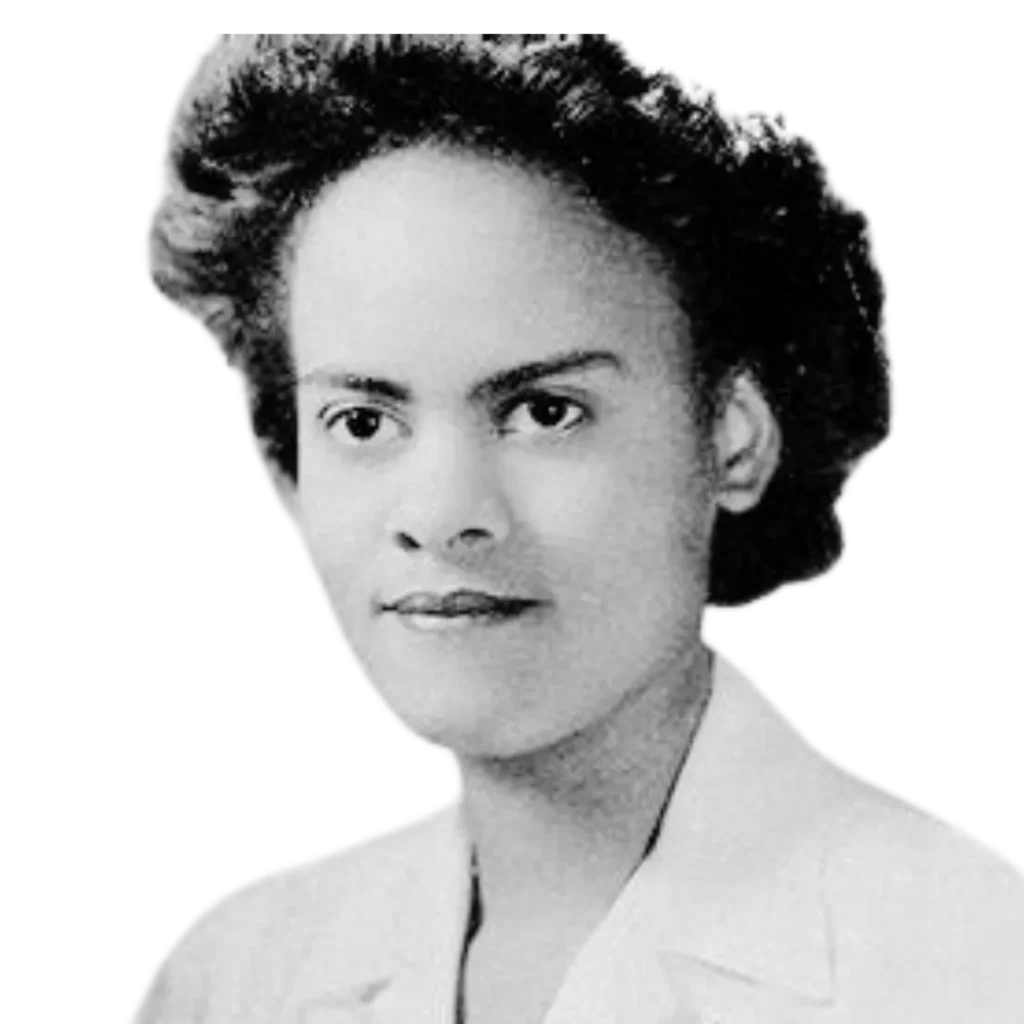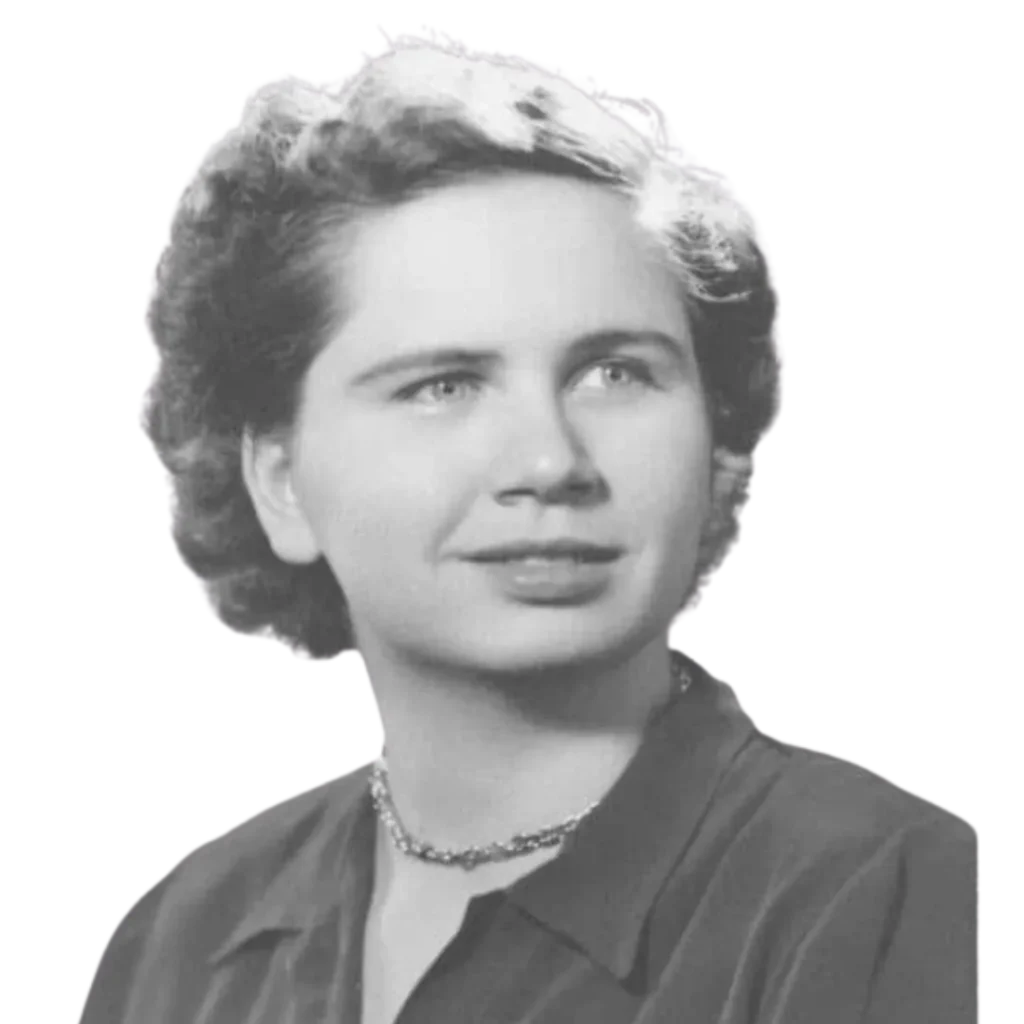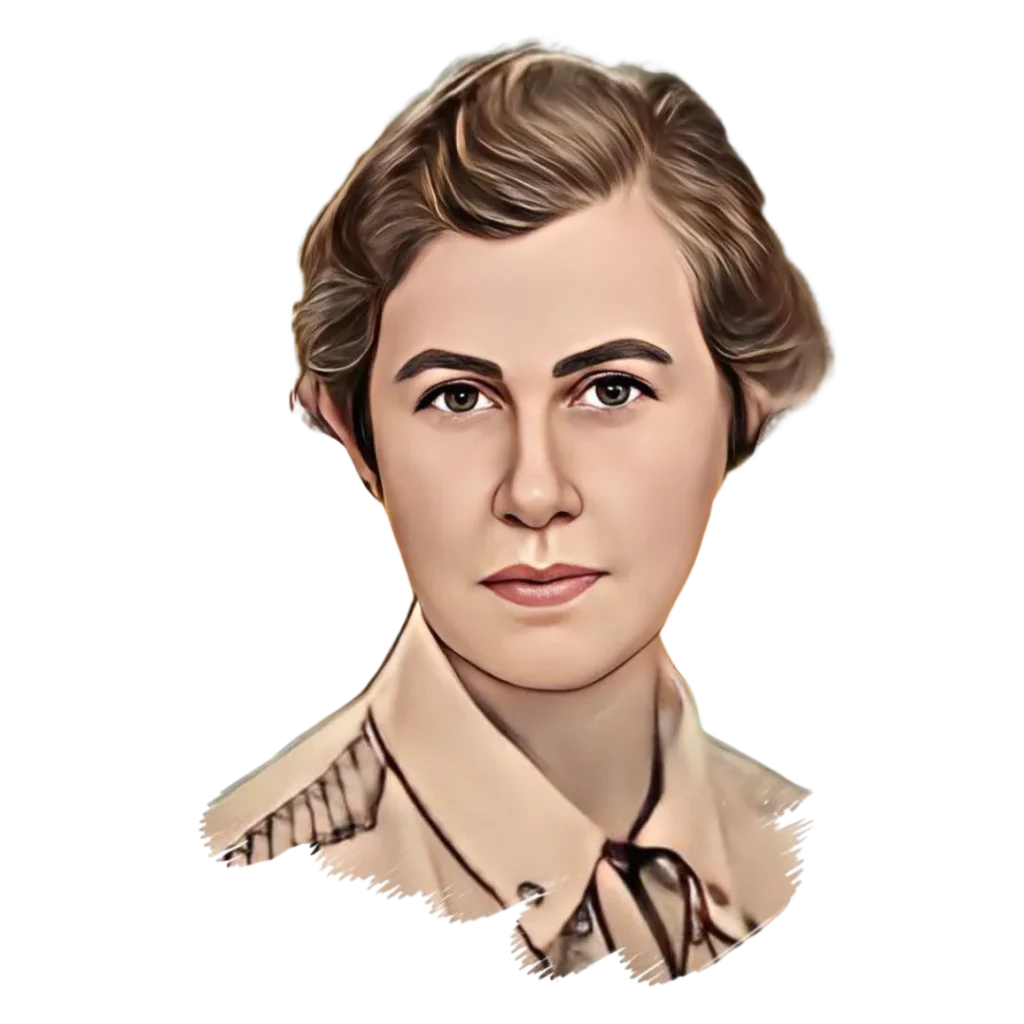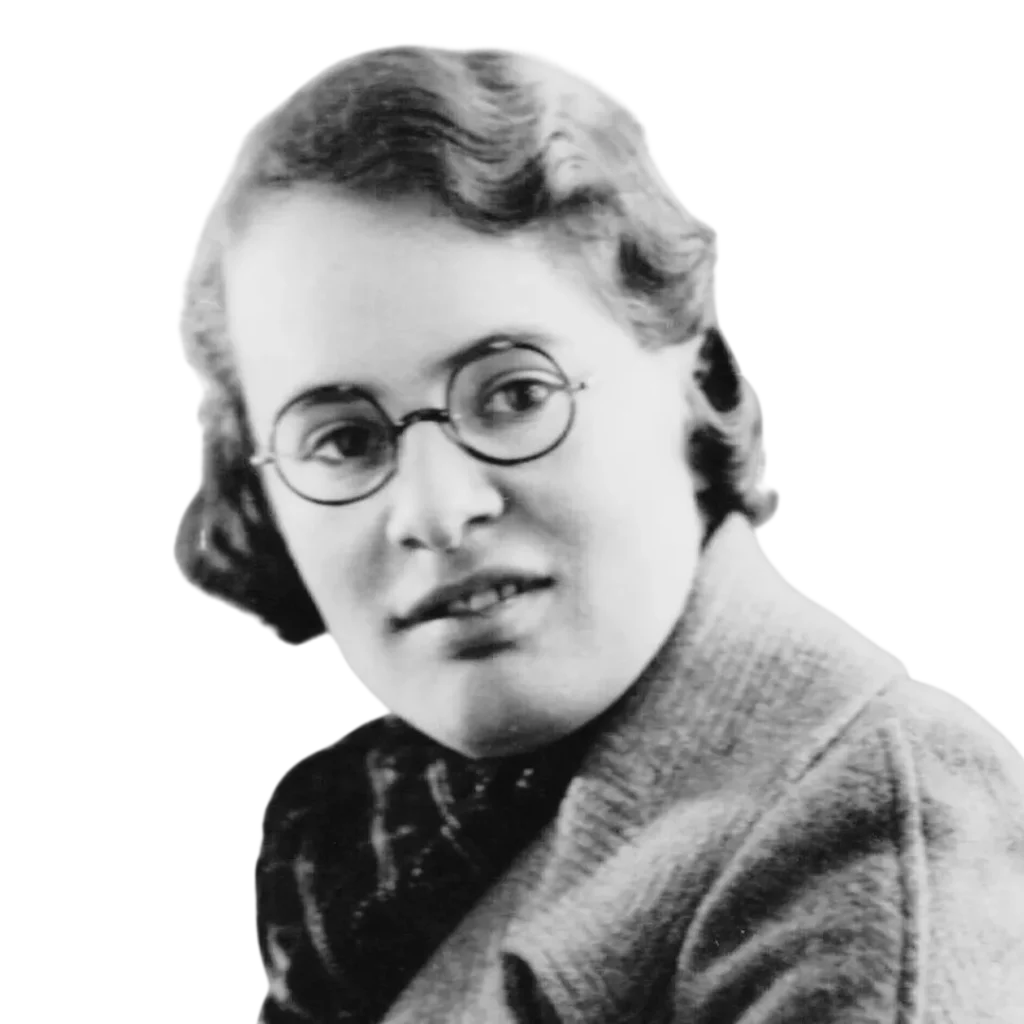STEM
Ellen S. Baker
Ellen Louise Shulman Baker, M.D., M.P.H., was born on April 27, 1953, in Fayetteville, North Carolina. She was the daughter of Mel Shulman, a physician, and Claire Shulman, a politician. However, she was primarily raised in New York City. Baker’s upbringing in a family of accomplished professionals set the stage for her own remarkable career.
Sarah Parcak
Sarah Helen Parcak is an American archaeologist and Egyptologist known for her groundbreaking work in using satellite imagery to identify potential archaeological sites. She has revolutionized the field of archaeology through her research and excavations in Egypt, Rome, and other parts of the former Roman Empire. Parcak’s dedication and innovation have earned her numerous accolades and recognition in the field, including the prestigious $1 million TED Prize in 2016.
Claudie Haigneré
Claudie Haigneré, renowned French doctor, politician, and former astronaut, made significant contributions to space exploration throughout her career. She became the first French woman in space in 1996 and later commanded a Soyuz capsule during reentry in 1999, becoming the first woman qualified to do so. Haigneré’s achievements as an astronaut, combined with her work in politics and science, have left an indelible mark on society.
Victoria Chibuogu Nneji
Victoria Chibuogu Nneji is a Nigerian-born American computer scientist, design and innovation strategist, and a lecturing fellow, known for her research on robotics, automation, human-centered design, and autonomous transportation. Her dedication to advancing robotics, automation, and human-centered design has made her a respected figure in the field. Through her work, Nneji continues to inspire and empower individuals to embrace technology and drive positive change.
Alenush Terian
Alenush Terian, the “Mother of Modern Iranian Astronomy,” was an Iranian-Armenian astronomer and physicist. Born into an Armenian family in Tehran in 1921, she pursued her education in science and made significant contributions to the field of physics in Iran. Despite facing obstacles, she became the first female professor of physics in the country and played a vital role in establishing the solar observatory at the University of Tehran. Terian’s dedication and expertise earned her recognition both nationally and internationally. She passed away in Tehran in 2011, leaving behind a lasting legacy.
Ozak Esu
Ozak-Obazi Oluwaseyi Esu, a Nigerian electrical engineer, has made significant contributions in her field. As the technical lead at the BRE Centre for Smart Homes and Buildings (CSHB), she has demonstrated her expertise and passion for creating sustainable and efficient living spaces. Esu’s journey began in Kaduna, Nigeria, where she was born.
Inge Lehmann
Inge Lehmann, a Danish seismologist and geophysicist, revolutionized our understanding of the Earth’s structure with her groundbreaking discoveries. Her analysis of seismic wave measurements revealed the presence of a solid inner core within a molten outer core, challenging previous beliefs. Lehmann’s contributions, along with her longevity and trailblazing role for women in science, continue to inspire and shape the field of seismology.
Rumi Chunara
Rumi Chunara is an associate professor of biostatistics at New York University School of Global Public Health. Her research focuses on using computational and statistical approaches to improve population-level public health. Chunara has made significant contributions to the field, including the use of social media data for early disease detection, improving vaccination rates through smart immunization targeting, and studying the impact of telemedicine on healthcare access. Her work has provided valuable insights and tools for monitoring diseases and addressing societal challenges in public health.
Sandra Cauffman
Sandra Cauffman, a Costa Rican-American specialist in electrical engineering and physics, has made significant contributions to the field of space science throughout her career. Born on May 10, 1962, in Costa Rica, Cauffman grew up in a one-parent home with limited resources in Hatillo. Despite the challenges she faced, Cauffman never gave up on her passion for space science. Inspired by the first Moon landing, she declared to her mother that she too wanted to explore the mysteries of the universe.
Serena Auñón-Chancellor
Serena Maria Auñón-Chancellor, an American physician, engineer, and NASA astronaut, has made significant contributions to space exploration and aerospace medicine. She has received prestigious awards for her work, including the 2009 Julian E. Ward Memorial Award from the Aerospace Medical Association. Her dedication to advancing medical knowledge and ensuring the well-being of astronauts has left an indelible mark on the field of aerospace medicine.
Marta Macho Stadler
Marta Macho Stadler is a renowned Basque mathematician who specializes in scientific divulgation. She teaches geometry and topology at the University of the Basque Country and conducts research in the Geometric Theory of Foliations and Noncommutative Geometry. Her dedication to promoting women’s contributions in science extends beyond her divulgation work, as she actively collaborates in various social activities and cultural events celebrating women in science. Marta Macho Stadler’s significant contributions in the field of mathematics and her advocacy for women in science have left a lasting impact.
Rosalind Franklin
Rosalind Elsie Franklin was a British chemist and X-ray crystallographer known for her contributions to the understanding of molecular structures. Despite her significant work on DNA, her contributions were not fully recognized during her lifetime. Franklin’s research on coal and viruses, along with her discovery of key properties of DNA, played a crucial role in the accurate description of the structure of DNA known as the double helix.
Janet L. Kavandi
Janet Lynn Kavandi, a native of Carthage, Missouri, was born on July 17, 1959. She is an American scientist and a NASA astronaut who has made significant contributions to space exploration. Kavandi is known for her impressive career as an astronaut, as well as her leadership roles within NASA.
Shafi Goldwasser
Shafi Goldwasser, an Israeli-American computer scientist, is widely recognized for her contributions to cryptography. With a Bachelor’s degree from Carnegie Mellon and a PhD from Berkeley, she collaborated with Manuel Blum to propose the Blum-Goldwasser cryptosystem. Goldwasser’s research focuses on computational complexity theory and cryptography, and she is known for her work on probabilistic encryption and zero-knowledge proofs. Notably, she received the Turing Award in 2012 for her advancements in cryptography.
Vivienne Malone-Mayes
Vivienne Lucille Malone-Mayes, an accomplished American mathematician and professor, overcame significant obstacles to make groundbreaking contributions to the field of mathematics. Despite facing racial segregation and discrimination, she became the fifth African-American woman to earn a Ph.D. in mathematics in the United States. Her determination and resilience continue to inspire future generations in the pursuit of education and knowledge.
Isabel Maddison
Ada Isabel Maddison (1869 – 1950) was a British mathematician best known for her work on differential equations. Maddison had a remarkable academic journey, overcoming many obstacles as a woman in a time when higher education was not readily accessible to women. Her contributions to mathematics and her perseverance in pursuing her passion have left a lasting legacy.
Shakuntala Devi
Shakuntala Devi was an Indian mental calculator and writer, known as the “Human Computer”. She achieved her world record for mental calculations in 1980 and was listed in the 1982 edition of The Guinness Book of World Records. Devi’s extraordinary talent, exhibited from a young age, allowed her to simplify numerical calculations, making mathematics more accessible and enjoyable for students. Her legacy as a mathematician and advocate for human rights continues to inspire generations.
Dorothy Hodgkin
Dorothy Hodgkin was a British chemist who made significant contributions to X-ray crystallography. She confirmed the structure of penicillin and vitamin B12, revolutionizing medicine and winning her the Nobel Prize in Chemistry. Her work in understanding the structure of insulin also advanced our understanding of blood sugar regulation. Hodgkin’s research continues to impact drug development and the study of biological processes today.
Marlene Zuk
Marlene Zuk, an American evolutionary biologist and behavioral ecologist, has made significant contributions to our understanding of evolutionary biology. Her groundbreaking research on sexual selection and parasites has shed light on the intricate relationships between organisms and their environments. Not only has Zuk’s work had a profound impact on the field, but she has also been an advocate for gender equality in science, challenging the notion that women are underrepresented due to innate preferences. Her dedication to scientific integrity and her commitment to advancing the role of women in science have cemented her place as a prominent figure in evolutionary biology.
Margaret Benston
Margaret “Maggie” Lowe Benston (1937–1991) was a professor of chemistry, computing science, and women’s studies at Simon Fraser University in Vancouver, British Columbia, Canada. She was a respected feminist and labour activist, as well as a founding member of various feminist organizations. Benston dedicated her life to promoting equality and justice, making significant contributions to academia and activism. Her groundbreaking work challenged societal norms and continues to shape women’s history.
Katharine Coman
Katharine Ellis Coman was a trailblazing American social activist and economist who dedicated her life to promoting social change and empowering women through education. Coman’s work in understanding the economic history of the United States paved the way for future generations of female economists and social reformers. Her dedication to education, social justice, and women’s empowerment left a lasting legacy that continues to inspire to this day.
Vibert Douglas
Allie Vibert Douglas, a Canadian astronomer and astrophysicist, overcame gender barriers to pursue her passion for science. Despite facing discrimination, she excelled academically and received numerous accolades, including the Order of the British Empire. Douglas played a pivotal role in promoting women’s education in Canada and made significant contributions to the field of astrophysics throughout her career.
Maryam Mirzakhani
Maryam Mirzakhani was an Iranian mathematician and professor of mathematics at Stanford University. She made tremendous contributions to the field of mathematics in areas such as Teichmüller theory, hyperbolic geometry, ergodic theory, and symplectic geometry. Mirzakhani became the first Iranian woman to win a gold medal at the International Mathematical Olympiad and went on to become one of the first two women to receive the prestigious Fields Medal in 2014. Her legacy continues to inspire future generations in the field of mathematics.
Anna Anthropy
Anna Anthropy, an American video game designer, has made a significant impact in the world of gaming. Born in California in 1984, Anthropy has dedicated her career to creating unique and thought-provoking games that challenge conventional norms and explore a wide range of themes. Her games often examine the relationship between sadism and player experiences, pushing players to question the conventions of the gaming industry. Anthropy’s advocacy for inclusivity and diversity in the gaming industry continues to inspire aspiring game developers to tell their own stories and perspectives.
Yelena Kondakova
Yelena Vladimirovna Kondakova, born in 1957 in Mytishchi, Russia, was a pioneering cosmonaut who became the first woman to undertake a long-duration spaceflight. Her contributions to space exploration were revolutionary and paved the way for future generations of women in STEM fields. Kondakova’s legacy as a trailblazer in the field of space exploration continues to inspire women to reach new heights.
Anna Kikina
Anna Yuryevna Kikina, born in Novosibirsk, Russia in 1984, is a Russian engineer and cosmonaut. She has made significant contributions to space exploration and is known for breaking gender barriers in the field. Kikina’s career highlights include being the only female cosmonaut currently in active service at Roscosmos and being the first Russian cosmonaut to fly on a Crew Dragon spacecraft. Her dedication and pioneering spirit have left an indelible mark on the history of space exploration.
Hilda Geiringer
Hilda Geiringer, an Austrian mathematician, displayed exceptional mathematical aptitude from a young age. After completing her undergraduate degree and receiving her Ph.D., she worked as an assistant to Leon Lichtenstein and Richard Edler von Mises. Despite facing challenges as a single mother, Geiringer persisted in her work, shifting her focus to applied mathematics. She was forced to leave Germany due to discriminatory laws but continued her research in Brussels and Istanbul, contributing to the advancement of mathematical understanding.
Antonia Maury
Antonia Maury was an American astronomer who made significant contributions to the field of astronomy. She was the first to detect and calculate the orbit of a spectroscopic binary, and her work on stellar classification laid the foundation for the International Astronomical Union’s system. Her dedication, perseverance, and groundbreaking research have cemented her place in history as one of the most influential astronomers of her time.
Clementine Chambon
Clementine Chambon is a chemical engineer specializing in sustainable energy solutions. She is the Chief Technology Officer of Oorja Development Solutions, a social enterprise that provides clean energy access to off-grid communities in rural India. Chambon’s expertise in biomass gasification systems and her dedication to finding sustainable energy solutions have earned her numerous awards and recognition, including being named in Forbes’ 30 Under 30 List for Social Entrepreneurs in 2016. She continues to make a positive impact through her research and leadership in the field of sustainable energy.
Carol E. Reiley
Carol Elizabeth Reiley is a pioneering American business executive, computer scientist, and model. She has made significant contributions to the development of teleoperated and autonomous robot systems in various fields. Reiley’s exceptional leadership abilities and dedication to technological advancement have earned her recognition as a leading entrepreneur and influential scientist.
Elsa van Dien
Elsa van Dien (1914-2007) was an astronomer who made significant contributions to the field of astrophysics. Born in Paramaribo, Surinam, she overcame adversity during World War II and went on to pursue her passion for astronomy. Her research on early type stars and her dedication to spreading scientific knowledge have left a lasting impact on the field. Her story is an inspiration to aspiring scientists.
Martha Rojas Urrego
Martha Rojas Urrego is a renowned biologist, ecologist, and humanitarian who has dedicated her life to advocating for gender equality and environmental conservation. Born in Colombia, she is also a French national, embodying a truly global perspective in her work.
Ingrid Daubechies
Baroness Ingrid Daubechies is a Belgian physicist and mathematician known for her work with wavelets in image compression. She has made significant contributions to the field of mathematics, image processing, and art restoration. Her groundbreaking research and expertise in geometric analysis and image processing have shaped the way we compress digital images and authenticate works of art. Daubechies has been recognized with numerous awards and honors for her exceptional contributions to the field, including a MacArthur Fellowship and the Gauss Prize of the International Mathematical Union.
Maria Gordon
Dame Maria Matilda Gordon was an eminent Scottish geologist, paleontologist, and politician. Her groundbreaking contributions to geology and her tireless efforts to promote gender equality have left an indelible mark on both the scientific community and society as a whole. With a profound education and a passion for fieldwork, Maria Gordon made significant contributions to the understanding of geological formations in Scotland, particularly during the Devonian period. She also actively campaigned for the rights and equality of children and women, paving the way for future generations. Her dedication and achievements continue to inspire and empower women worldwide.
Deborah Ajakaiye
Deborah Enilo Ajakaiye, the first female physics professor in Africa, made significant contributions to geophysics, revolutionizing mining operations in Nigeria. Raised in a household that valued equal education for both genders, Ajakaiye’s passion for mathematics eventually led her to geophysics. Her expertise in geovisualization techniques and the creation of a gravity map of Nigeria have been instrumental in locating mineral deposits and groundwater resources. Ajakaiye’s impact extends beyond her scientific achievements, as she founded a charity organization to empower Nigerian communities. Her brilliance and unwavering commitment to advancing scientific knowledge and women’s empowerment make her an inspiration in women’s history.
Alice Ball
Alice Augusta Ball was an American chemist who developed the “Ball Method,” the most effective treatment for leprosy at that time. Despite her remarkable achievements, her contributions to science were not recognized until many years after her untimely death at the age of 24. Her groundbreaking research and the “Ball Method” gained widespread recognition in the 1970s, establishing her as a true icon in the history of scientific breakthroughs and women’s empowerment.
Audrey S. Penn
Audrey Shields Penn, born in 1934, is an American neurologist and emeritus professor known for her groundbreaking research in the biochemistry of muscle weakness in myasthenia gravis. Penn’s contributions to the field of neurology have had a profound impact on our understanding of neurological disorders and have paved the way for advancements in treatment options. Moreover, her accomplishments as an African-American woman in a male-dominated field have made her an inspirational figure and a trailblazer for future generations.
Judith Gal-Ezer
Judith Gal-Ezer is an Israeli computer scientist and computer science educator known for her development of the high school computer science curriculum in Israel. She is a professor emerita at the Open University of Israel, with a career spanning several decades. Gal-Ezer’s contributions to computer science education have been recognized through various awards and honors. Her dedication has shaped the future of computer science education in Israel and beyond, making her an influential figure in the field.
Marcia McNutt
Marcia Kemper McNutt (born February 19, 1952) is an American geophysicist and the 22nd president of the National Academy of Sciences (NAS) of the United States. She has made significant contributions to the field of geophysics and has played a crucial role in shaping environmental policy and promoting science education.
Sinéad M. Ryan
Sinéad M. Ryan, an Irish theoretical physicist and professor at Trinity College Dublin, has made significant contributions to the field of theoretical high-energy physics. Her research delves into the interaction between particles in atoms, focusing on topics such as quarks and gluons. With an impressive academic background and a solid reputation in the scientific community, Ryan continues to inspire aspiring physicists globally.
Sara Mohammad
Sara Mohammad, a Kurdish-born Swedish human rights activist and pharmacist, has dedicated her life to fighting against honor killings and honor-related violence. Her personal experience with forced child marriage fueled her passion for advocating for the rights of women and girls. Through her organization GAPF, she has made significant contributions in raising awareness and preventing these forms of violence. Sara’s fearless commitment has been recognized through an honorary doctorate and her outspoken criticism of oppressive cultural norms has made her a prominent figure in the fight for women’s rights.
Kathleen K. Gilmore
Kathleen K. Gilmore (1914-2010) was a pioneering American archaeologist known for her groundbreaking work in Spanish colonial archaeology. She famously proved the location of Fort St. Louis, established by French explorer René-Robert Cavelier, Sieur de La Salle. Gilmore’s contributions to historical archaeology have had a lasting impact on the field and continue to inspire future generations.
Madeleine Brès
Madeleine Alexandrine Brès, born on 26 November 1842 in Bouillarges, was a pioneering French female physician who made significant contributions to medicine and women’s rights. She is renowned as the first French woman to obtain a medical degree in 1875, marking a groundbreaking achievement in the field of healthcare. Brès dedicated her career to pediatric care, focusing particularly on the vital topic of breastfeeding.
Meg Urry
Claudia Megan Urry, also known as Meg Urry, is a prominent American astrophysicist who has made notable contributions to the field of astronomy. She has served as the President of the American Astronomical Society, chaired the Department of Physics at Yale University, and has been recognized for her efforts to promote gender equality in science and academia. Urry’s passion for her research, dedication to addressing sexism, and numerous accomplishments have made her an influential figure in women’s history and a role model for scientists.
Christian Maclagan
Christian Maclagan (1811-1901) was a Scottish antiquarian and early archaeologist known for her collection of rubbings and her pioneering work in stratigraphic excavation. Despite losing the use of her right hand, Maclagan continued to create drawings, sketches, and paintings with her left hand. She was also dedicated to helping those affected by poverty in Stirling. Maclagan’s achievements and determination make her a remarkable figure in women’s history.
Kateryna Yushchenko
Kateryna Yushchenko was a Soviet Ukrainian computer and information research scientist, who played a crucial role in the development of computer science and programming languages. She made significant contributions to the field throughout her career, including the creation of the Address programming language. Yushchenko’s groundbreaking work and her role as a female pioneer in computer science continue to inspire future generations.
Carolyn Bertozzi
Carolyn Ruth Bertozzi, born in 1966 in Boston, Massachusetts, is an American chemist and Nobel laureate. Her groundbreaking work bridges the fields of chemistry and biology, particularly in bioorthogonal chemistry. Throughout her career, Bertozzi has made significant contributions to the understanding of glycans and their role in diseases like cancer and viral infections. She has also been a prominent advocate for diversity and inclusivity in academia and science. In 2022, she was awarded the Nobel Prize in Chemistry for the development of click chemistry and bioorthogonal chemistry.
Charlotte Barnum
Charlotte Cynthia Barnum, a distinguished mathematician and social activist, broke barriers in academia as the first woman to earn a PhD in mathematics from Yale University. Her love for learning and passion for mathematics guided her throughout her life, leading to groundbreaking achievements and inspiring future generations of women in STEM fields.
Darleane C. Hoffman
Darleane Christian Hoffman, born in Terril, Iowa, in 1926, is an American nuclear chemist known for her significant contributions to the field of science. She confirmed the existence of Seaborgium, element 106, and conducted extensive research on transuranium elements. Hoffman’s groundbreaking work and numerous accolades have made her a role model for aspiring scientists, particularly women, in the field of nuclear chemistry.
Gulli Petrini
Gulli Charlotta Petrini, born in Stockholm in 1867, was a remarkable Swedish physicist, writer, suffragette, women’s rights activist, and politician. Her progressive father’s influence shaped her early life, encouraging her to pursue education and a career despite societal expectations. Petrini’s groundbreaking achievements in education, suffrage activism, and politics made her a trailblazer for women’s empowerment in Sweden.
Lise Meitner
Lise Meitner, born in 1878 in Vienna, Austria, was a renowned physicist who made significant contributions to the fields of radioactivity and nuclear physics. She is best known for her role in the discovery of the element protactinium and her groundbreaking work on nuclear fission. Despite facing discrimination and persecution as a Jewish woman in Nazi Germany, Meitner’s dedication to scientific pursuits and her resilience continue to inspire generations of aspiring scientists.
Sylvia Wilbur
Sylvia B. Wilbur (born 1938) was a British computer scientist who played a crucial role in the development of the ARPANET and became a leading researcher in computer-supported cooperative work. Her contributions to the field of computer science and her pioneering work in email communication have greatly influenced the way we interact and collaborate today.
Manuela Garín
Manuela (Mane) Garín Pinillos de Álvarez was a Spanish-born and Cuban-raised mathematician who became one of the first women to study mathematics at the National Autonomous University of Mexico (UNAM). She has been named as a pioneer of mathematics in Mexico. Garín specialized in applied mathematics involving the mathematical modeling of the Earth’s magnetic field, and played a pivotal role in promoting the importance of mathematics education in Mexico.
Jewel Plummer Cobb
Jewel Plummer Cobb was an American biologist and cancer researcher who made significant contributions to the field of cancer research, particularly in studying the cure for melanoma. She was also a passionate advocate for increasing the representation of women and students of color in universities, creating programs to support underrepresented students. Her legacy as a pioneering biologist, cancer researcher, and advocate for diversity and inclusion continues to inspire generations of students.
Sara Yorke Stevenson
Sara Yorke Stevenson was an American archaeologist, suffragist, and women’s rights activist. She played a vital role in the establishment of the University of Pennsylvania Museum of Archaeology and Anthropology, and was the first curator of the Egyptian Collection. Stevenson’s remarkable contributions to the field of archaeology, as well as her activism for women’s rights, continue to inspire and empower women today.
Anne-Marie Imafidon
Anne-Marie Osawemwenze Ore-Ofe Imafidon MBE HonFREng is a British-Nigerian social entrepreneur and computer scientist. She founded Stemettes in 2013 and has made significant contributions to promoting women in STEM careers. Her dedication and work have earned her numerous accolades and recognitions, including an MBE and being named one of the BBC’s 100 women of 2017.
Liouba Bortniker
Liouba Bortniker (1860 – after 1903) was a trailblazing mathematician from the Russian Empire who achieved significant milestones for women in academia. She was the first woman to earn an agrégation in mathematics, the inaugural winner of the Peccot–Vimont prize, and the first woman to publish in the Comptes rendus de l’Académie des Sciences. Her groundbreaking research in cyclides and her impact as an educator continue to inspire and pave the way for future generations of women mathematicians.
Ellen Ochoa
Ellen Ochoa, the first Hispanic woman to go into space, is an American engineer, former astronaut, and former director of the Johnson Space Center. Born in 1958 in Los Angeles, California, Ochoa overcame humble beginnings to become a trailblazer in the field of space exploration and a respected leader in the scientific community. Her achievements have not only advanced our understanding of optics and space technology but also broken barriers for women and minorities in STEM.
Mihaela van der Schaar
Mihaela van der Schaar is a renowned scientist and academic who has made significant contributions to the fields of machine learning, artificial intelligence (AI), and medicine. She currently holds the position of John Humphrey Plummer Professor of Machine Learning, AI, and Medicine at the University of Cambridge, where she also serves as the director of the Cambridge Centre for AI in Medicine (CCAIM). Additionally, she holds the position of Chancellor’s Professor of Electrical and Computer Engineering at the University of California, Los Angeles (UCLA).
Kayla Barron
Kayla Jane Barron is an American submarine warfare officer, engineer, and NASA astronaut. She began her journey to becoming an astronaut in 2017 when she was selected as a member of NASA Astronaut Group 22. Barron’s first spaceflight was on November 10, 2021, as part of the SpaceX Crew-3 mission to the International Space Station. Her dedication, achievements, and desire to make a positive impact inspire many and serve as a role model for future generations.
Jennifer Tour Chayes
Jennifer Tour Chayes is a renowned mathematician and computer scientist, known for her expertise in data science. She is currently the Dean of the College of Computing, Data Science, and Society at the University of California, Berkeley. Throughout her career, Chayes has made significant contributions to the fields of mathematical physics, discrete mathematics, and computer science. She has received numerous awards and recognition for her groundbreaking work in data science and interdisciplinary collaboration.
Marcia Keith
Marcia Anna Keith (1859–1950) was a physicist and teacher of physics to women. She played a crucial role in the education of women in physics and introduced individual laboratory work to students. Keith established the physics colloquium at Mount Holyoke and conducted research on the physics of heat transmission in gases at low temperatures. As a charter member of the American Physical Society, Keith was a pioneer in advocating for women in science. Her contributions have had a lasting impact on women’s education in physics.
Laurel Clark
Laurel Clark, a NASA astronaut and medical doctor, had an accomplished and driven life that was tragically cut short. She obtained her medical degree from the University of Wisconsin-Madison and pursued a military career, specializing in diving medicine and submarine medical officer training. Clark’s ultimate dream of journeying to space became a reality when she was selected for mission STS-107. Unfortunately, she lost her life in the catastrophic Space Shuttle Columbia disaster. Clark’s dedication and sacrifice were posthumously honored with the Congressional Space Medal of Honor.
Mary Watson Whitney
Mary Watson Whitney was an American astronomer and the head of the Vassar College Observatory for 22 years. She published 102 scientific papers and was a dedicated advocate for women in science, encouraging them to pursue various fields and believing that scientific training could prepare women for motherhood. Whitney’s passion and groundbreaking research continue to inspire astronomers today.
Nancy Roman
Nancy Grace Roman was an American astronomer who made significant contributions to stellar classification and motions. She is widely regarded as one of the key founders of the US civilian space program, serving as NASA’s first Chief of Astronomy during the 1960s and 1970s. Roman played a crucial role in establishing NASA’s space astronomy program and is often referred to as the “Mother of Hubble” due to her foundational work in planning the Hubble Space Telescope.
Roma Agrawal
Roma Agrawal MBE FICE HonFREng is an Indian-British-American chartered structural engineer based in London. She has worked on several major engineering projects, including the Shard. Agrawal is also an author and a diversity campaigner, championing women in engineering.
Susan M. Collins
Susan M. Collins is a distinguished American economist and leader in the field of finance. She has made significant contributions to academia, public policy, and the financial sector throughout her illustrious career. Collins currently serves as the 14th president and CEO of the Federal Reserve Bank of Boston, a position she assumed on July 1, 2022.
Annie Jump Cannon
Annie Jump Cannon, an American astronomer, overcame personal challenges and societal barriers to make groundbreaking contributions to astronomy. Her collaboration with Edward C. Pickering at the Harvard College Observatory resulted in the creation of the Harvard Classification Scheme, revolutionizing the way stars are categorized. Cannon’s perseverance and dedication continue to inspire scientists, and her legacy promotes gender equality and social progress.
Valerie Thomas
Valerie L. Thomas is an American data scientist and inventor, known for her groundbreaking work in image processing and the invention of the illusion transmitter. She excelled in mathematics and science, graduating with a degree in physics with highest honors. Thomas played a crucial role in developing computer data systems for satellite operations and oversaw the creation of the Landsat program. She invented the illusion transmitter, which has become an indispensable tool for NASA and has found applications in various fields. Thomas’s achievements and pioneering spirit continue to inspire future generations.
Frances Spence
Frances V. Spence was one of the original programmers for the ENIAC, the first electronic digital computer. Alongside her female colleagues, she played a crucial role in the development of early computing. Despite their contributions, their work was largely downplayed at the time due to gender stereotypes. Frances Spence’s legacy as one of the first computer programmers continues to challenge gender stereotypes in technology.
Ada Lovelace
Ada Lovelace, born in London in 1815, was the only legitimate child of Lord Byron and Lady Byron. Despite her mother’s disapproval of her father, Lady Byron recognized Ada’s intellectual potential and nurtured her interest in mathematics. Ada became fascinated with Charles Babbage’s proposed Analytical Engine and translated an article about it, adding her own extensive notes. Her visionary mindset allowed her to see the potential of computers beyond calculations, making her a pioneer in the field of computer science.
Sofia Danova
Sofia Danova (née Simeonova; 1879–1946) was a Bulgarian philanthropist, educator, and publisher. She was the first Bulgarian woman to graduate in mathematics. Sofia’s commitment to education and her tireless efforts to uplift the underprivileged left a lasting impact on Bulgarian society. Her dedication to philanthropy and the empowerment of girls laid a strong foundation for the advancement of women’s rights and opportunities in Bulgaria.
Carrie Anne Philbin
Carrie Anne Philbin MBE is an English teacher of computer science, author, and influential figure in the field of education and technology. Her work has made a significant impact on society, inspiring and empowering countless individuals to pursue careers and interests in technology.
Muazzez İlmiye Çığ
Muazzez İlmiye Çığ (born 20 June 1914) is a Turkish archaeologist and Assyriologist who specializes in the study of Sumerian civilization. Born in Bursa, Turkey, Çığ has dedicated her life to unraveling the mysteries of ancient Mesopotamia and shedding light on the fascinating world of Sumer. Her groundbreaking research and unyielding passion for her field have made her one of the most influential female historians of our time.
Vera Huckel
Vera Huckel (1908–1999) was an American mathematician and aerospace engineer who made significant contributions to NASA’s early years. She was one of the first female “computers” at NACA, the predecessor of NASA, where she played a pivotal role in the Dynamic Loads Division.
Peggy Whitson
Peggy Annette Whitson, an American biochemistry researcher and former NASA astronaut, has made significant contributions to space exploration. From her childhood dream of becoming an astronaut to commanding the International Space Station and setting multiple records, Whitson has left an indelible mark on the field. Her legacy as a trailblazer and role model continues as she mentors the next generation of astronauts. Recognized as one of Time magazine’s 100 Most Influential People of 2018, Whitson’s impact on society and women’s history is remarkable.
Virginia Sink
Virginia Sink (September 14, 1913 – November 20, 1986) was an American chemical engineer and the first woman automotive engineer at Chrysler. Sink’s dedication to a cleaner and more sustainable automotive industry led her to co-develop Chrysler’s Cleaner Air Package, making her a pioneer in environmental engineering. Her groundbreaking work and numerous awards have inspired future generations of female engineers.
Adji Bousso Dieng
Adji Bousso Dieng is a Senegalese Computer Scientist and Statistician who has made significant contributions in the field of Artificial Intelligence. Currently working as an Artificial Intelligence Research Scientist at Google Brain in Mountain View, California, Dieng’s research focuses on combining probabilistic graphical models and deep learning to extract meaningful structure from unlabelled data.
Lois Graham
Lois Graham (1925-2013) was a pioneering professor of thermodynamics and cryogenics. She was the first woman in the United States to earn a mechanical engineering PhD and dedicated her career to recruiting young women into science and engineering. Graham founded IIT’s Women in Science and Engineering program and taught for nearly four decades, leaving behind a lasting legacy of empowerment and progress.
Kathleen Antonelli
Kathleen Rita Antonelli, also known as Kay McNulty, was a pioneering computer programmer who made significant contributions to the early development of computing technology. Born in 1921 in Feymore, Ireland, she overcame challenges and excelled academically, ultimately becoming one of the six original programmers of the groundbreaking ENIAC computer. McNulty’s exceptional analytical skills and expertise in mathematics were instrumental in the success of the ENIAC and her work paved the way for the future of computer programming.
Jennifer Balakrishnan
Jennifer Shyamala Sayaka Balakrishnan is an American mathematician known for her expertise in algorithmic number theory and arithmetic geometry. She gained prominence for leading a team that successfully solved the “cursed curve” problem, a famously difficult Diophantine equation.
Maria Klawe
Maria Margaret Klawe is a renowned computer scientist and the fifth president of Harvey Mudd College since July 1, 2006. She was born in Toronto, Ontario in 1951 and later became a naturalized U.S. citizen in 2009. Klawe’s journey in academia has been marked by numerous achievements and a steadfast commitment to advancing women in STEM fields.
Freda Porter
Freda Porter, a Lumbee tribe member, broke barriers as one of the first Native American women to earn a PhD in the mathematical sciences. With a passion for mathematics and the natural world, she founded Porter Scientific, Inc., an environmental consulting agency, and became a leader in the field of environmental science. Porter’s dedication to her community and advocacy for Native Americans in STEM has left a lasting impact on both academia and society.
Betelhem Dessie
Betelhem Dessie is an Ethiopian web and mobile technologies developer. Founder and CEO of iCog- Anyone Can Code (ACC) and holder of several patents, she is known as the “youngest pioneer in Ethiopia’s fast emerging tech scene.”
Alice Leslie Walker
Alice Leslie Walker was an American archaeologist and leading expert on the Neolithic Period in Southern Greece. She made significant contributions to the field of archaeology and played a key role in expanding our understanding of ancient Greek civilization. Displaying her passion for archaeology from an early age, she attended Vassar College and later earned her MA. Through her academic journey, she excavated in various locations, including Halae and Corinth, unearthing significant findings and conducting extensive research. Despite health challenges caused by malaria, Walker remained committed to her work, leaving an indelible mark on the field of archaeology.
Helen Murray Free
Helen Murray Free was an American chemist and educator who revolutionized in vitro self-testing systems for diseases like diabetes. Her work at Miles Laboratories allowed individuals to obtain reliable test results without the need for laboratories. She was also dedicated to scientific education and inspiring young women to pursue careers in STEM fields. Helen Murray Free’s contributions continue to shape the world today.
Daniela L. Rus
Daniela L. Rus, a renowned roboticist and computer scientist, is the Director of the MIT Computer Science and Artificial Intelligence Laboratory (CSAIL). With her expertise and visionary leadership, she has made significant contributions to the field of robotics and computer science. Rus is widely recognized for her outstanding contributions and has received numerous accolades, including an NSF Career award, an Alfred P. Sloan Foundation fellowship, and the prestigious MacArthur Fellowship.
Shirley Ann Jackson
Shirley Ann Jackson, a prominent figure in theoretical particle physics, made history as the first African-American woman to earn a doctorate from MIT in any field. Her groundbreaking achievements, commitment to education, and milestone presidency have shaped the landscape of both physics and academia, inspiring generations of aspiring physicists, particularly women and minorities.
Nina Vedeneyeva
Nina Yevgenyevna Vedeneyeva, a renowned physicist, dedicated her life to the study of mineral crystals and their coloration. Her research and inventions made significant contributions to the understanding of mineral crystals and their interaction with light. Additionally, she played a crucial role in the field of optical crystallography. Vedeneyeva’s work earned her prestigious awards, including the Stalin Prize and the Order of Lenin. Her impact on the scientific community and her role as the last partner of poet Sophia Parnok solidify her place in women’s history.
Marie Torhorst
Marie Torhorst (1888-1989) was a German school teacher, political activist, and East German politician. She was the Minister for People’s Education in Thuringia from 1947 to 1950, making her the first-ever female minister in the state. Torhorst’s contributions in education and mathematics, including the Carathéodory-Torhorst theorem, solidify her legacy as a pioneering figure in German politics and academia.
Agnes Mary Clerke
Agnes Mary Clerke, born in 1842 in Skibbereen, County Cork, Ireland, was an influential astronomer and writer. Inspired by her father’s interest in astronomy, she developed a passion for the stars at an early age. Her groundbreaking contributions to the field of astronomy and her dedication to the study of the universe made her a trailblazer in the scientific community.
Donna Auguste
Donna Auguste (born 1958) is an African-American businesswoman, entrepreneur, and philanthropist. She was the co-founder and CEO of Freshwater Software from 1996 to 2000. She sold Freshwater Software for $147 million and was recognized as one of the “25 Women Who Are Making It Big in Small Business” by Fortune Magazine. She also won the 2001 Golden Torch Award for Outstanding Woman in Technology.
Thérèse Kirongozi
Thérèse Izay Kirongozi, a Congolese industrial engineer, gained recognition for her groundbreaking work in designing and implementing traffic robots in Kinshasa. Her robots were deployed in multiple locations and aimed to enforce traffic rules and generate revenue for infrastructure development. Kirongozi’s innovative work has had a significant impact on traffic regulation and enforcement in the Democratic Republic of Congo, breaking through gender barriers and inspiring women worldwide.
Alice Mary Weeks
Alice Mary Dowse Weeks (1909-1988) was an American geologist known for her significant contributions to the field. She advocated for women in geology and played a crucial role in establishing the Geology Department at Temple University. Weeks’ research and discoveries had a lasting impact on the scientific community.
Dorrit Hoffleit
Ellen Dorrit Hoffleit, widely known as Dorrit Hoffleit, was an esteemed American senior research astronomer at Yale University. Her pioneering contributions in the field of astronomy earned her recognition and admiration from her peers. Born on March 12, 1907, she embarked on an extraordinary journey that would leave an indelible mark on the scientific community.
Nicole Aunapu Mann
Nicole “Duke” Victoria Aunapu Mann, born in 1977 in Penngrove, California, embraced her Wailaki heritage and became an accomplished astronaut. She obtained a Bachelor of Science degree in mechanical engineering from the US Naval Academy and a Master of Science degree from Stanford University. After serving in the US Marine Corps, Mann was selected as a NASA astronaut and made history as the first Native American woman to go to space. Her achievements have broken barriers and inspired future generations of women.
Madeleine M. Joullié
Madeleine M. Joullié, an American-Brazilian organic chemist, was the first woman to join the University of Pennsylvania chemistry faculty and the first female organic chemist to be appointed to a tenure track position in a major American university. Her work in synthesizing organic compounds has led to the development of antibiotic and antiviral drugs.
Eileen Collins
Eileen Marie Collins, the first woman to pilot the Space Shuttle and command a Space Shuttle mission, had a passion for aviation and space exploration from a young age. She accomplished remarkable feats throughout her groundbreaking career, inspiring future generations of women in the field of space exploration.
Mary L. Cleave
Mary Louise Cleave is an American engineer and former NASA astronaut. Born on February 5, 1947, in Southampton, New York, she grew up in Great Neck, New York, with her parents, Howard and Barbara Cleave, who were both teachers. Cleave has two sisters, Trudy Carter and Barbara “Bobbie” Cleave Bosworth. Her achievements continue to inspire future generations of scientists and engineers, and her contributions to women’s history and breaking gender barriers in the field highlight the impact of her work.
Mary Adela Blagg
Mary Adela Blagg was an English astronomer who made significant contributions in the field of lunar cartography and variable stars. She compiled a comprehensive list of all lunar features, identified discrepancies in the naming of lunar features, conducted research on variable stars, and even corrected a flaw in Bode’s Law. Her work helped further our understanding of the moon and the universe, and her pioneering efforts continue to inspire scientists today.
Wendy B. Lawrence
Wendy Barrien Lawrence (born July 2, 1959) is a retired United States Navy Captain, an engineer, and former helicopter pilot and NASA astronaut. She was the first female graduate of the United States Naval Academy to fly into space and she has also visited the Russian Space Station Mir. She was a mission specialist on STS-114, the first Space Shuttle flight after the Space Shuttle Columbia disaster. She is married to Cathy Watson, a former NASA scientist.
Jill Tarter
Jill Cornell Tarter is an American astronomer known for her groundbreaking work on the search for extraterrestrial intelligence (SETI). She dedicated her career to unraveling the mysteries of the cosmos and exploring the possibility of life beyond Earth. Tarter’s passion for astronomy and her relentless pursuit of knowledge began at a young age, igniting her imagination and sparking her curiosity about what lies beyond our planet. Her unwavering dedication, commitment to scientific exploration, and advocacy for gender equality have left an indelible mark on both the scientific community and society.
Carrie Everson
Carrie Jane Everson, a pioneering American metallurgist and inventor, made groundbreaking discoveries in ore extraction using froth flotation. Despite facing challenges due to her gender, she earned two U.S. patents and tested her innovative process in various locations. Although she did not renew her patents and faced gender bias, Everson’s contributions had a lasting impact on the field of metallurgy. She passed away in 1914, leaving a legacy of scientific accomplishments.
Phyllis Ann Wallace
Phyllis Ann Wallace (1921–1993) was a distinguished African American economist and activist, known for her groundbreaking work in combating workplace discrimination and promoting economic equality. She became the first woman to receive a doctorate of economics at Yale University and played a crucial role in shaping the anti-discrimination provisions of the landmark Civil Rights Act of 1964. Wallace’s dedication to economic issues and her unwavering commitment to equal opportunity make her a significant figure in women’s history.
Małgorzata Kalinowska-Iszkowska
Małgorzata Kalinowska-Iszkowska (born 29 July 1946) is a Polish computer scientist, educator, and activist. She has made significant contributions to the field of information technology (IT) and has been recognized for her achievements with the Polish Gold Cross of Merit. Kalinowska-Iszkowska’s career has been marked by her dedication to promoting the importance of women’s participation in technical professions.
Klara Löbenstein
Klara Löbenstein, a German mathematician, defied societal norms and became one of the first women in Germany to obtain a doctorate in mathematics. She made significant contributions to algebraic geometry and played a critical role in solving David Hilbert’s sixteenth problem. Despite facing setbacks and emigrating to Argentina during World War II, Löbenstein’s legacy as a pioneering mathematician continues to inspire future generations.
Dorothy Vaughan
Dorothy Jean Johnson Vaughan, born in 1910 in Kansas City, Missouri, was an accomplished mathematician and a trailblazer in the field of women’s history. She was the first African-American woman to receive a promotion and supervise a group of staff at the National Advisory Committee for Aeronautics (NACA) and later NASA. Vaughan’s story gained wider recognition when she was featured in the book and movie “Hidden Figures,” highlighting her significant role in the space race. In recognition of her remarkable achievements, she was posthumously honored with the Congressional Gold Medal in 2019.
Laurel B. Clark
Laurel Blair Clark (née Salton; March 10, 1961 – February 1, 2003) was a NASA astronaut, medical doctor, United States Navy captain, and Space Shuttle mission specialist. She was a remarkable woman who made significant contributions to both the field of medicine and space exploration.
Joyce Weisbecker
Joyce Weisbecker, the first female commercial video game designer, made significant contributions to the world of gaming. She developed games for the RCA Studio II console and showcased her talent and innovation with projects like Snake Race and Jackpot. Weisbecker’s dedication and skill paved the way for future generations of game designers.
Premala Sivaprakasapillai Sivasegaram
Premala Sivasegaram, the first female engineer in Sri Lanka, is a trailblazing figure who has made significant contributions to the field of engineering. Her pioneering achievements and dedication to breaking barriers have paved the way for future generations of women engineers and have left a lasting impact on Sri Lanka’s infrastructure development.
Marion Rice Hart
Marion Rice Hart (10 October 1891 – July 2, 1990) was an American sportswoman, writer, and trailblazer for women in engineering and exploration. She became the first woman to graduate in chemical engineering from MIT and achieved notable accomplishments in various fields throughout her remarkable life. Marion’s accomplishments in a male-dominated field were groundbreaking, setting the stage for future generations of women in engineering. Her relentless pursuit of her passions, fearless exploration of uncharted territories, and unwavering commitment to breaking barriers have left an indelible mark on history, making her a truly remarkable and enduring figure in women’s history.
Sylvia Earle
Sylvia Alice Earle, an American marine biologist, has dedicated her life to understanding and protecting the world’s oceans. As the first female chief scientist of the U.S. National Oceanic and Atmospheric Administration, she has broken gender barriers and made significant contributions to ocean conservation. Earle’s immense influence on environmental activism and her captivating books have inspired countless individuals to preserve our planet’s most precious resource.
Honor Frost
Honor Frost (1917-2010) was a pioneer in underwater archaeology, known for her work in the Mediterranean, particularly in Lebanon. She developed a typology of stone anchors and was skilled in archaeological illustration. Frost’s passion for diving began when she explored a well in a friend’s backyard, and she became an avid diver and artist. Her significant discoveries include the Phoenician shipwreck at Cape Gelidonya and her survey of the Pharos site in Alexandria, Egypt. Her contributions continue to shape our understanding of maritime history and Phoenician culture.
Maria Gaetana Agnesi
Maria Gaetana Agnesi was an Italian mathematician, philosopher, theologian, and humanitarian. She is considered one of the most important female mathematicians in history. Agnesi displayed remarkable intellectual abilities from a young age, mastering multiple languages and studying advanced subjects like ballistics and geometry. She published her renowned work, “Instituzioni analitiche ad uso della gioventù italiana,” which solidified her reputation as a brilliant mathematician. Despite facing challenges and limitations as a woman in academia, Agnesi’s intelligence and dedication paved the way for future generations of women in mathematics.
Bich-Yen Nguyen
Bich-Yen Nguyen, a Vietnamese electronics engineer, has made significant contributions to the field of advanced materials and technologies for integrated circuits. Born into a humble background, Nguyen’s life journey is a tale of determination, resilience, and impactful innovations.
Beatrice Tinsley
Beatrice Muriel Hill Tinsley, a British-born New Zealand astronomer, made significant contributions to the understanding of galaxy evolution. Despite facing numerous challenges throughout her career, including struggling to secure a permanent academic position, Tinsley became the first female professor of astronomy at Yale University. Tragically, her promising career was cut short when she passed away from melanoma in 1981. She left behind a lasting legacy in the field of astronomy.
Irène Joliot-Curie
Irène Joliot-Curie, born in 1897 in Paris, France, was a French chemist, physicist, and politician. Alongside her husband Frédéric Joliot-Curie, she was awarded the Nobel Prize in Chemistry in 1935 for their discovery of induced radioactivity, following in her parents’ footsteps of winning Nobel Prizes. She also played an influential role in French politics, becoming one of the first women in French history to hold a government position. Tragically, she passed away in 1956 due to acute leukemia, attributed in part to her exposure to polonium and X-rays during her scientific research.
Bettye Washington Greene
Bettye Washington Greene was an American industrial research chemist who made significant contributions to the field of latex and polymers. Born and raised in a segregated community, she shattered barriers and became the first African American female Ph.D. chemist to work at the Dow Chemical Company. Throughout her career, she published important papers and filed for multiple patents, revolutionizing the field of latex technology. Her legacy as a trailblazer continues to inspire future generations of African American women in science.
Harriet Boyd Hawes
Harriet Ann Boyd Hawes was a pioneering American archaeologist, nurse, relief worker, and professor. She made significant contributions to archaeology, particularly in gender equality and women’s involvement in the field. Harriet Boyd Hawes was the discoverer and first director of Gournia, one of the first archaeological excavations to uncover a Minoan settlement and palace on the Aegean island of Crete.
Fatimata Seye Sylla
Fatimata Seye Sylla is an influential figure in Senegal’s digital landscape. Known for her work in promoting the use of information and communications technology (ICT) in education and advocating for internet accessibility, she has made significant contributions to the development of ICT initiatives in Africa.
Donna Strickland
Donna Strickland is a Canadian optical physicist known for her pioneering work in pulsed lasers. Her collaboration with Gérard Mourou led to the development of chirped pulse amplification, revolutionizing laser technology and earning them the Nobel Prize in Physics in 2018. Strickland’s work has had far-reaching applications in medical imaging, cancer treatment, and scientific research. She currently holds a professorship at the University of Waterloo and is actively involved in advancing optics and photonics.
Hilda Petrie
Hilda Mary Isabel, Lady Petrie was a British Egyptologist whose contributions to Egyptology as an artist and archaeologist were significant and enduring. She worked closely with her husband, Flinders Petrie, on numerous excavations in Egypt and Palestine, using her artistic skills to record hieroglyphs and create plans of the sites. Hilda also played a crucial role in advocating for women in the field of archaeology, defying societal expectations and challenging the notion that women were mere onlookers.
Dita Přikrylová
Dita Přikrylová is a Czech software engineer and social entrepreneur. She founded Czechitas, a non-profit organization that provides technical education and networking opportunities for women and youth in information technologies. Přikrylová’s commitment to bridging the gender gap in the tech industry has made a significant impact on society. She has received numerous awards for her work, including the European Citizen’s Prize and the South by Southwest Community Service Award.
Barbara Paulson
Barbara Jean Paulson (née Lewis; born April 11, 1928) was an American human computer at NASA’s Jet Propulsion Laboratory (JPL) and one of the first female scientists employed there.
Linda Miller
Linda Jean Miller OBE, born in 1961, is an accomplished American civil engineer who has made significant contributions to the field. With more than 25 years of experience, Miller has played a crucial role in various engineering projects, leaving a lasting impact on society. One of her notable projects was the Boston Central Artery, and she was recognized as one of the Top 50 Influential Women in Engineering in the UK in 2016. Miller’s dedication to promoting gender equality in engineering has earned her the WISE Campaign 2016 Woman of the Year Award and an Order of the British Empire (OBE) in 2017.
Misha Mahowald
Michelle Anne Mahowald, known as Misha, was an American computational neuroscientist who made significant contributions to the field of neuromorphic engineering. Born on January 12, 1963, in Minneapolis, Minnesota, she was the daughter of Alfred and Joan Fischer Mahowald and had a younger sister named Sheila.
Grete Hermann
Grete Hermann was a German mathematician and philosopher known for her significant contributions to mathematics, physics, philosophy, and education. Her early work on the foundations of quantum mechanics, although initially overlooked, has since gained recognition and has been influential in the field. Her critique, if known earlier, could have potentially altered the trajectory of quantum mechanics.
Muriel Tramis
Muriel Tramis, born in 1958 in Fort-de-France, Martinique, is a French video game designer and computer engineer. She is widely recognized as the first Black woman video game designer and has made significant contributions to the industry. Tramis’s passion for creating stories and images with computers led her to a successful career in video game development.
Erika Lopez
Erika Lopez, a renowned Marine Conservationist and Island Sanctuary Protector, has dedicated her life to conserving and protecting the flora and fauna sanctuary of Malpelo. Through her partnerships with the Colombian Navy and Colombian National Parks, Erika has mobilized resources and raised awareness about the critical need to preserve the biodiversity hotspot. Her establishment of the Tropical East Pacific Marine Corridor and her passion for diving have made a lasting impact on marine conservation efforts.
Daisy Yen Wu
Daisy Yen Wu was a pioneering Chinese woman in the fields of biochemistry and nutrition. Born into a wealthy family in Shanghai in 1902, she pursued her education in the United States and became the first Chinese woman to work as an academic researcher in these fields. Wu’s dedication to education and research led her to establish scholarships and make significant contributions to the scientific community. She passed away in 1993, leaving a lasting legacy on these fields.
Joyce Hamilton Berry
Joyce Hamilton Berry, LP, Ph.D., born in 1937, is a prominent clinical psychologist who has made significant contributions to the field. Her life story reflects the challenges and triumphs of an African-American woman growing up amidst racial segregation and rising above societal barriers to achieve remarkable success.
Kiran Mazumdar-Shaw
Kiran Mazumdar-Shaw, born on 23 March 1953 in Bangalore, Karnataka state, is an Indian billionaire entrepreneur and a pioneer in the field of biotechnology. She is the executive chairperson and founder of Biocon Limited and Biocon Biologics Limited, a biotechnology company based in Bangalore, India.
Helen Sharman
Helen Patricia Sharman, CMG, OBE, HonFRSC, was born on May 30, 1963, in Grenoside, Sheffield. She became the first British astronaut and the first Western European woman to travel to space. Sharman’s remarkable journey broke barriers and inspired generations, exemplifying the endless possibilities for women in science and technology.
Heather Kelley
Heather Kelley (aka Moboid) is a media artist, writer, and video game designer. With a passion for pushing the boundaries of art and technology, she has made significant contributions to the world of game development and interactive media. Through her work, she has advocated for diversity and inclusivity in the gaming industry and has been a vocal proponent for the recognition of video games as an art form.
Ellen Johnson Sirleaf
Ellen Johnson Sirleaf (born Ellen Eugenia Johnson, 29 October 1938) is a Liberian politician who made history as the 24th president of Liberia from 2006 to 2018. Known as the “Iron Lady,” Sirleaf was the first elected female head of state in Africa.
Nagima Aitkhozhina
Nagima Aitkhozhina was a Kazakh biologist who specialized in molecular biology. She made significant contributions to the study of the structural and functional organization of genomes and the molecular mechanisms of gene expression regulation. Aitkhozhina’s dedication to scientific research and leadership in academic institutions have left a lasting impact on the field of molecular biology.
Ruth Teitelbaum
Ruth Teitelbaum was a pioneering computer programmer who made significant contributions to the field of computing during its early days. She played a vital role in programming the ENIAC computer, the first all-electronic digital computer, and helped develop ballistics software for their complex calculations. Teitelbaum’s work has had a lasting impact on the field of computing and her contributions were finally recognized through documentaries such as “Top Secret Rosies: The Female ‘Computers’ of WWII.”
Mildred Cohn
Mildred Cohn (1913-2009) was an American biochemist who made significant contributions to the field of biochemistry. Her pioneering work in using nuclear magnetic resonance (NMR) to study enzyme reactions greatly advanced our understanding of biochemical processes, particularly in relation to adenosine triphosphate (ATP). Despite facing gender discrimination, Cohn persisted in her studies and achieved remarkable success in her career. Her research and innovative techniques have inspired countless aspiring scientists, especially women, who have followed in her footsteps.
Dawn Wright
Dawn Jeannine Wright is an American geographer and oceanographer who made significant contributions to the field of ocean and coastal science. She is widely regarded as a leading authority in the application of geographic information system (GIS) technology to the study of the oceans. Throughout her career, Wright achieved numerous milestones and garnered recognition for her groundbreaking work and dedication to education.
Catherine Hobbs
Catherine Ann Hobbs is a British mathematician and educator, known for her extensive research in singularity theory and her contributions to science policy and the advancement of women in STEM fields. She currently holds the position of a Professor and Academic Dean of the Faculty of Engineering, Environment and Computing at Coventry University.
Marianne Laqueur
Marianne Laqueur, a German Jewish refugee to Turkey, was a pioneering computer scientist and local politician. Forced to emigrate due to Nazi persecution, she settled in Ankara and became part of the Haymatloz community. Laqueur had a distinguished career in computer science, working for companies like IBM and NCR, and later dedicated herself to local politics, serving on the Wiesbaden city council.
Karen Holford
Karen Margaret Holford is a Welsh engineer and Professor of Mechanical Engineering. She has made significant contributions to the field of engineering throughout her career, with a focus on damage assessment inspections using acoustic emission. Holford has also been actively involved outside of academia, serving as a faculty advisor for Cardiff University’s Formula Student team and assuming roles in various organizations. She has received prestigious awards for her work, including being named a Commander of the Order of the British Empire and a Fellow of the Royal Academy of Engineering.
Nancy J. Currie-Gregg
Nancy Jane Currie-Gregg is an American engineer, United States Army officer, and a NASA astronaut. With a remarkable career spanning over 22 years in the United States Army, where she holds the rank of colonel, Currie-Gregg has also made significant contributions to space exploration as a member of NASA. She has participated in four space shuttle missions: STS-57, STS-70, STS-88, and STS-109, accumulating 1,000 hours in space. Currently, she serves as a professor of practice in the Department of Industrial & Systems Engineering at Texas A&M University.
Clara Immerwahr
Clara Helene Immerwahr, the first German woman to be awarded a doctorate in chemistry, made significant contributions to the field and played a vital role in advancing women’s rights. Despite facing challenges and limited recognition, she remained dedicated to her pursuit of equality. Tragically, her life was cut short in 1915 under mysterious circumstances, but her legacy continues to inspire women in male-dominated fields.
Merritt Moore
Merritt Moore (born February 24, 1988) is an American ballerina and quantum physicist. She studied at both the University of Oxford and Harvard University. Moore works to combine her interests in physics and ballet through her research and dedication in both the arts and sciences.
Moore has a Bachelor’s Degree in Physics from Harvard University and a PhD in Atomic and Laser Physics from the University of Oxford. She has danced professionally for many ballet companies across the world including the English National Ballet and Norwegian National Ballet. Moore has performed in Swan Lake and The Nutcracker among other ballets.
She was featured as one of the contestants on BBC’s ‘Astronauts: Do You Have What It Takes?’ in 2017. Moore has also been recognized as one of Forbes’ 30 Under 30 and was featured in Glamour Magazine’s Top Ten College Women competition. She has spoken at TEDxOxbridge in 2013 and performed a ballet duet with dance partner Adam Kirkham.
In addition to her achievements in both ballet and physics, Moore started SASters – a group that encourages women to pursue their dreams in the arts and sciences. Currently, she is completing her residency at Harvard University’s ArtLab where her work combines science and dance through the use of robots.
Melanie Rieback
Melanie R. Rieback is a renowned computer scientist known for her groundbreaking work in the field of privacy and security of radio-frequency identification (RFID) technology. Born on October 26, 1978, in Cleveland, Ohio, Melanie spent her formative years in Florida.
Hattie Carwell
Hattie Carwell, an American physicist and former scientist with the United States Department of Energy, has had a remarkable career in the field of physics. Her dedication to promoting diversity in STEM fields and her contributions to scientific literature make her an influential figure and an inspiration for aspiring scientists.
Sonja Lyttkens
Sonja Lyttkens was a Swedish mathematician who made significant contributions to the field and was a champion for gender equality in academia. Not only was she the third woman in Sweden to earn a mathematics doctorate, but she was also the first woman to secure a permanent university position in the field. Her work paved the way for future generations of women mathematicians, inspiring them to break barriers and pursue their dreams.
Dorothy Metcalf-Lindenburger
Dottie Metcalf-Lindenburger was born in 1975 in Colorado Springs, Colorado. From a young age, she had a passion for space and science. With the support of her parents, she pursued her dreams and became an accomplished astronaut. Her journey in space exploration and dedication to education have made her a role model for aspiring scientists.
Elsa-Karin Boestad-Nilsson
Elsa-Karin Boestad-Nilsson, a pioneering figure in computing, made significant contributions to computer programming in Sweden. Her work on the BARK and BESK computers played a key role in the development of computer programming in the country. Boestad-Nilsson’s dedication, expertise, and advocacy for women’s rights continue to inspire and influence generations.
Pamela L. Gay
Pamela L. Gay, an American astronomer, is known for her work in astronomical podcasting and citizen science projects. She has made significant contributions to galactic astronomy through her research and has a passion for science popularization and educational outreach. Pamela has also been involved in various positions within the field of astronomy education and research, and is the director of CosmoQuest.
Mary Deconge
Mary Lovenia DeConge-Watson, born in 1933 in Wickliff, Louisiana, is an American mathematician and former nun. She is known for being the 15th African-American woman to earn her Ph.D. in mathematics. DeConge-Watson’s journey towards becoming a mathematician and her contributions to the field are both inspiring and significant.
Patty Sheehan
Patty Sheehan, born on October 27, 1956, is an American professional golfer who has left an indelible mark on the sport. With a career spanning over three decades, Sheehan became a member of the LPGA Tour in 1980 and went on to achieve remarkable success, winning six major championships and 35 LPGA Tour events in total. Today, she is recognized as one of the all-time greats of women’s golf and is a member of the prestigious World Golf Hall of Fame.
Marguerite Williams
Marguerite Thomas Williams was the first African American to earn a doctorate in geology in the United States. Her groundbreaking research and dissertation focused on erosional processes and the risks of natural flooding. Despite facing discrimination and obstacles throughout her career, Williams made significant contributions to the field of geology and paved the way for future generations of women in science. She passed away on August 17, 1991, leaving behind a legacy of excellence and trailblazing achievements.
Elisabeth Hevelius
Elisabeth Catherina Koopmann-Hevelius, a pioneering astronomer, was born in Danzig, Poland in 1647. She made significant contributions to the field of astronomy in collaboration with her husband, Johannes Hevelius. After his death, Elisabetha completed and published their joint work, “Prodromus astronomiae,” showcasing her knowledge of mathematics and Latin. Elisabeth Hevelius passed away in December 1693 at the age of 46, leaving behind a lasting legacy in the field of astronomy.
Ellen Gleditsch
Ellen Gleditsch was a pioneering radiochemist from Norway, known for her groundbreaking research on radium and isotopes. Despite facing challenges as a woman in a male-dominated field, she persevered and became Norway’s second female professor. Her contributions to radiochemistry and advocacy for gender equality have left a lasting impact on the scientific community and society as a whole.
Zulma Brandoni de Gasparini
Zulma Nélida Brandoni de Gasparini, an Argentine paleontologist and zoologist, has made significant contributions to the field of paleontology. Her groundbreaking work on South American paleontology, particularly in Mesozoic reptiles, has expanded our understanding of prehistoric life on the continent. She also gained international recognition for leading a team that discovered a new dinosaur species, named in her honor. Through her research, teaching, and numerous awards, Brandoni de Gasparini is an inspiration to aspiring scientists and a key figure in women’s history.
Annie Leuch-Reineck
Annie Leuch-Reineck was a Swiss mathematician and women’s rights activist who played a crucial role in the Swiss women’s movement during the 1920s and 1930s. Motivated by a deep belief in the equality of women, she dedicated her life to advocating for women’s rights and challenging societal norms. Her contributions paved the way for progress in gender equality and women’s empowerment in Swiss society.
Bonnie Ross
Bonnie Ross is an American video game developer who has made significant contributions to the gaming industry. She played a vital role in the management of Xbox Game Studios and served as the head of 343 Industries, a subsidiary studio responsible for overseeing the renowned Halo video game franchise.
Virginia Louise Trimble
Virginia Louise Trimble, born in 1943, is an American astronomer known for her expertise in the structure and evolution of stars and galaxies, as well as the history of astronomy. With an impressive publication record that exceeds 600 works in Astrophysics and numerous other works in the history of various sciences, Trimble has made significant contributions to the field.
Caroline Bond Day
Caroline Stewart Bond Day was an American physical anthropologist, author, and educator. She was one of the first African-Americans to receive a degree in anthropology. Day’s research challenged scientific racism and advocated for social equality for African-Americans. Her work on documenting and understanding mixed-race families helped to challenge racial preconceptions and discrimination. Despite being controversial, her research marks an important step in the recognition of African-American women in physical anthropology.
Natalie Batalha
Natalie M. Batalha, born in 1966, is a prominent figure in the field of Astronomy and Astrophysics. Throughout her career, she has made significant contributions to the study of exoplanets and has played a crucial role in advancing our understanding of the universe. Batalha’s work with NASA’s Kepler Mission, in particular, has revolutionized the way we perceive the existence of Earth-like planets beyond our solar system.
Agnes Hsu-Tang
Agnes Hsin Mei Hsu-Tang, an archaeologist and art historian, was born in Taiwan and later became an American citizen. She has made significant contributions to the field of cultural heritage protection and rescue, advocating for the preservation of precious artifacts and historical sites.
Jane Goodall
Dame Jane Morris Goodall DBE, formerly Baroness Jane van Lawick-Goodall, is an English primatologist and anthropologist. Born Valerie Jane Morris-Goodall on April 3, 1934, in Hampstead, London, she is considered the world’s foremost expert on chimpanzees after studying their social and family interactions for over 60 years.
Dorit Dor
Dorit Dor, an Israeli executive and computer scientist, is best known as the Chief Technology Officer of Check Point Software Technologies Ltd, where she has made significant contributions to the field of cybersecurity. Her passion for technology and problem-solving emerged early on, leading her to excel in her studies and pursue a Bachelor of Science degree in computer science and mathematics. Dorit’s talent caught the attention of the Israel Defense Forces, where she served in Unit 8200, eventually reaching the position of major. Her career at Check Point has been marked by her dedication and leadership, culminating in her appointment as the Chief Technology Officer in 2023. Dorit is recognized as a prominent figure in the field of cybersecurity and has received numerous awards and accolades for her contributions.
Maria Zuber
Maria T. Zuber, an American geophysicist, has made significant contributions to the field of planetary sciences. She grew up in Summit Hill, Pennsylvania, in a coal mining community which later influenced her career path. Zuber’s passion for science led her to pursue higher education at the University of Pennsylvania and later at Brown University, where she earned her Sc.M. and Ph.D. degrees in geophysics. Throughout her career, Zuber has played a key role in NASA planetary missions and has made groundbreaking advancements in our understanding of the solar system. Her accomplishments have not only established her as a leading figure in geophysics but also as an inspiration for future generations of women in STEM.
Marion Lee Johnson
Marion Lee Johnson, an American mathematician, made significant contributions to the Apollo 11 mission. Growing up in Savannah, Georgia, Marion developed a passion for mathematics and excelled academically. After overcoming setbacks, she joined Boeing Company and worked on the calculations for the Apollo 11 mission. Marion’s exceptional performance earned her a place on the Apollo/Saturn V Roll of Honor, and her contributions have inspired future generations of women in mathematics and science.
Sada Mire
Sada Mire is a Swedish-Somali archaeologist, art historian, and presenter who has dedicated her career to uncovering and preserving the cultural heritage of Somaliland. Through her research and advocacy, she has made significant contributions to our understanding of the region’s past. Her work serves as a testament to the importance of cultural heritage and its role in shaping our collective identities.
Veronica Dahl
Verónica Dahl is an Argentine/Canadian computer scientist and a pioneer in the field of logic programming. She made significant contributions to the field, including developing the first logic programming database system and advocating for gender equality in the male-dominated field. Dahl’s research extended beyond logic programming and she received numerous awards and recognitions for her work. Her dedication to advancing computer science and promoting gender equality has left a lasting impact on the field.
Olivia Hooker
Olivia Juliette Hooker, born in 1915 in Muskogee, Oklahoma, overcame adversity from a young age, surviving the Tulsa race massacre in 1921. She became the first African-American woman to join the U.S. Coast Guard and made significant contributions to the field of psychology. Her resilience and trailblazing achievements continue to inspire others.
Dorcas Muthoni
Dorcas Muthoni, born in 1979 in Nyeri, Kenya, is a remarkable entrepreneur, computer scientist, and founder of OPENWORLD LTD, a software consulting company she established at the young age of 24. With a profound commitment to using technology to transform African society, governments, and enterprises, Muthoni has made significant contributions to the field of computer science and paved the way for technological innovation in Africa.
Catharine Garmany
Catharine “Katy” D. Garmany, born in 1946, is an accomplished astronomer who has made significant contributions to the field of astrophysics. Her research focuses on massive stars and their evolution and formation, as well as astronomical education. Garmany’s expertise has earned her recognition within the scientific community and beyond, inspiring future generations of astronomers. She received the prestigious Annie J. Cannon Award in Astronomy from the American Astronomical Society in 1976.
Liz Fong-Jones
Liz Fong-Jones is a prominent site reliability engineer and developer advocate known not only for her technical expertise but also for her significant contributions to labor activism and worker organization efforts within the tech industry. As the president of the board of directors of the Solidarity Fund by Coworker, she has been instrumental in supporting and empowering workers. Fong-Jones continues to inspire and advocate for the rights of workers in the tech industry, leveraging her technical expertise and passion for social justice.
Dora Metcalf
Dora Metcalf, an India-born Irish entrepreneur, mathematician, and computing pioneer, made significant contributions to computing and played a crucial role in codebreaking efforts during World War II. Her career flourished as she sold comptometers throughout Ireland, but her true breakthrough came when she supplied decryption machines to codebreakers at Bletchley Park, greatly impacting the war’s outcome. Dora’s determination and pioneering spirit paved the way for future generations of women in technology.
Caroline Furness
Caroline Ellen Furness, a pioneering American astronomer, made significant contributions to the field in the early twentieth century. After earning her Ph.D. in astronomy from Columbia University, she returned to her alma mater, Vassar College, where she collaborated with renowned astronomers and authored influential publications. Additionally, Furness advocated for women’s education and held important positions in women’s organizations. Her legacy as a dedicated scientist and advocate continues to inspire women in the field of science.
Ruth Aaronson Bari
Ruth Aaronson Bari (1917-2005) was an American mathematician known for her work in graph theory and algebraic homomorphisms. She dedicated herself to raising her family before returning to earn her Ph.D. in mathematics at the age of 47. Bari’s contributions to graph theory and homomorphisms were highly regarded, and she actively advocated for gender equality in academia. Her legacy lives on through the students she taught.
Emma Haruka Iwao
Emma Haruka Iwao is a Japanese computer scientist and cloud developer advocate at Google. With her expertise in the Google Cloud Platform (GCP), Iwao offers comprehensive training and support to application developers. In March 2019, she made global headlines by calculating the value of pi to an astonishing 31,415,926,535,897 digits. Continuing to push the boundaries, she shattered her own record in 2022, calculating pi to an astounding 100 trillion digits. Iwao’s groundbreaking work and dedication have earned her admiration and respect, inspiring future generations of mathematicians and technologists.
Josephine M. Mitchell
Josephine Margaret Mitchell (1912-2000) was a Canadian-American mathematician known for her work in the mathematical analysis of functions of several complex variables. Facing discrimination throughout her career, she never gave up on her passion for mathematics. Mitchell’s perseverance and dedication, along with her contributions to the field, make her an influential figure in academia and women’s history.
Margaret Murray
Margaret Alice Murray (1863-1963) was an Anglo-Indian Egyptologist, archaeologist, anthropologist, historian, and folklorist who left an indelible mark on her field through groundbreaking contributions. Her achievements include being the first woman appointed as a lecturer in archaeology in the United Kingdom and her significant discoveries in Egyptology. Murray’s passion for understanding ancient civilizations and advancing the status of women in academia made her a trailblazer and a pioneer in her field.
Margaret Eliza Maltby
Margaret Eliza Maltby was an American physicist who achieved several notable firsts for women in academia. She was the first woman to earn a Bachelor of Science degree from MIT and the first woman to earn a Ph.D. in physics from a German university. Maltby made significant contributions to the field of physics, particularly in the measurement of high electrolytic resistances and conductivity of very dilute solutions. She was also a passionate advocate for women in physics, using her position to support women pursuing formal education in the field.
Wang Zhenyi
Wang Zhenyi, an extraordinary woman of 18th century China, defied societal constraints to become a renowned scientist. She excelled in astronomy, mathematics, and poetry, making groundbreaking discoveries and contributions despite her short life. Her deep understanding of celestial phenomena and innovative solutions in mathematics showcased her brilliance. Wang Zhenyi’s accomplishments continue to inspire and pave the way for future generations.
Hoang Thi Than
Hoang Thi Than, the first female Vietnamese geological engineer and archaeologist, is a notable figure in the field of geological engineering and archaeology. Overcoming challenges and achieving significant accomplishments, she paved the way for future generations of women in these fields and served as an inspiration for women in STEM.
Larissa Suzuki
Larissa Suzuki, an accomplished University Professor and computer scientist, has dedicated her career to advancing engineering and technology while advocating for increased representation in these fields. She is known for her work at Google, as well as her contributions to smart cities and early breast cancer detection. Born in Brazil, Suzuki’s exceptional talent led her to be recognized as the best student of her class by the Brazilian Computer Society.
Eulalia Guzmán
Eulalia Guzmán Barrón (1890–1985) was a pioneering feminist, educator, and nationalist thinker in post-revolutionary Mexico. From an early age, she rejected the idea that women were destined for domesticity and aspired to become a teacher. Guzmán’s journey towards becoming an influential figure began when she was awarded a grant to study at the Normal School for Teachers, from where she graduated in 1910. Her activism and contributions continue to inspire generations of women, scholars, and social reformers.
Joy Buolamwini
Joy Adowaa Buolamwini is a Ghanaian-American-Canadian computer scientist and digital activist based at the MIT Media Lab. She is widely recognized for her work in challenging bias in decision-making software and advocating for the ethical use of artificial intelligence (AI). Buolamwini founded the Algorithmic Justice League, an organization that uses art, advocacy, and research to raise awareness of the social implications and harms of AI.
Mary Jackson
Mary Jackson, a pioneering American mathematician and aerospace engineer, made significant contributions to aeronautics at NACA and NASA. Overcoming racial and gender barriers, she became NASA’s first black female engineer. Jackson’s expertise advanced aerospace technology, and her advocacy for diversity and equal opportunities left an indelible impact. Her inspiring story was featured in the book “Hidden Figures” and honored with the renaming of NASA headquarters to the Mary W. Jackson NASA Headquarters.
Lilia Ann Abron
Lilia Ann Abron is a trailblazing entrepreneur and chemical engineer who became the first African American woman to earn a PhD in chemical engineering. Born in 1945 in Memphis, Tennessee, Abron overcame racial segregation and pursued her passion for engineering. Throughout her career, she has made significant contributions to the field of environmental engineering and founded PEER Consultants, P.C. With her groundbreaking achievements, Abron has become an inspiration to future generations of engineers and women in STEM.
Mildred Dresselhaus
Mildred Dresselhaus, known as the “Queen of Carbon Science,” made significant contributions to the understanding of carbon and its applications. As a trailblazer for women in science, she had a remarkable career spanning over six decades, inspiring future generations. Her groundbreaking research, leadership, and commitment to diversity continue to shape the scientific community.
Ellen Hayes
Ellen Amanda Hayes, an American mathematician and astronomer, was a controversial figure in her time due to her role as a female college professor and her support for radical causes. She made significant contributions to the field of mathematics and astronomy, and was known for her strong-willed personality and dedication to social causes. Her fearless attitude and unwavering commitment to equality make her a trailblazer in women’s history.
Kathryn C. Thornton
Kathryn Ryan Cordell Thornton, born on August 17, 1952, is an esteemed American scientist and former NASA astronaut who has left an indelible mark on both space exploration and academia.
Helen Brewster Owens
Helen Brewster Owens (April 2, 1881 – June 6, 1968) was an American suffragist and mathematician. She dedicated her life to advancing both the rights of women and the field of mathematics. With a passion for gender equality and an exceptional talent for mathematics, Brewster Owens made significant contributions to both areas, leaving a lasting impact on society.
Njema Frazier
Njema Frazier, a prominent figure in the field of nuclear physics, has made significant contributions to scientific advancements and nuclear safety. Her passion for mathematics and science led to a successful career, including working at the Department of Energy’s National Nuclear Security Administration. Frazier is also an advocate for diversity and inclusion in STEM fields.
Maria de Lourdes Pintasilgo
Maria de Lourdes Pintasilgo defied societal expectations in Portugal to become the country’s first and only woman to serve as Prime Minister. Born in 1930, Pintasilgo overcame limited opportunities and challenges to make a significant impact in both the political and scientific realms. Her determination, intelligence, and commitment to social progress continue to inspire women to break barriers and pursue their passions.
Anne McClain
Anne Charlotte McClain, born on June 7, 1979, is a Colonel in the U.S. Army, engineer, and a NASA astronaut. Her call sign, “Annimal,” is a nod to her rugby days and is also used in her Twitter handle, AstroAnnimal. McClain’s journey to becoming an astronaut is a testament to her determination and resilience.
Mary Anning
Mary Anning was an English fossil collector and palaeontologist who made groundbreaking discoveries in Jurassic marine fossil beds. Her findings revolutionized scientific thinking about prehistoric life and the Earth’s history. Born into a working-class family, Mary’s dedication to fossil hunting and her remarkable skill led her to become one of the most important figures in the field. Despite facing obstacles as a woman in science, her legacy of resilience and scientific contributions continue to inspire generations.
Christina Richey
Christina “Chrissy” Richey is an American planetary scientist and astrophysicist known for her significant contributions to the field. Richey currently works at the Jet Propulsion Laboratory (JPL) in La Cañada Flintridge, California, where she serves as a project staff scientist for the Europa Clipper mission and a research technologist in the Astrophysics and Space Sciences Section.
Lyudmila Chernykh
Lyudmila Chernykh, a renowned Russian-Soviet astronomer, dedicated her life to the study of celestial objects and made significant contributions to the field of astronomy. Her impressive discoveries of minor planets, numbering 267 in total, solidify her place in astronomical history and have expanded humanity’s knowledge of the Solar System. Chernykh’s tireless efforts and pursuit of knowledge have left an indelible mark on the scientific community and continue to inspire future generations of astronomers.
Paris Pişmiş
Marie Paris Pişmiş de Recillas, known as Mari Sukiasian, was an Armenian-Mexican astronomer who played a crucial role in establishing Mexico’s importance in astronomical education and research. She was the first woman to obtain a Ph.D. from the Science Faculty of Istanbul University and went on to become the first professional astronomer in Mexico. Pişmiş’s extensive research and dedication to teaching left a lasting impact on the field of astronomy and inspired future generations of astronomers, including her daughter and granddaughter.
Dorothy Lewis Bernstein
Dorothy Lewis Bernstein (1914-1988) was an American mathematician known for her work in applied mathematics, statistics, computer programming, and research on the Laplace transform. She became the first woman to be elected president of the Mathematics Association of America, and made significant contributions to the field of mathematics throughout her career.
Ida Freund
Ida Freund was a trailblazer in chemistry and a pioneering advocate for women’s education in science. Despite facing adversity, she excelled in her studies and became the first woman to be appointed as a staff lecturer in chemistry in the United Kingdom. Her impact extended beyond academia, as she fought for gender equality and contributed to the field through research. Her indomitable spirit continues to inspire future generations of scientists.
Jane Plant
Jane Anne Plant CBE, FREng, FRSE, FRSA was a pioneering geochemist, scientist, and author. Despite facing significant health challenges, including multiple bouts with cancer, she made substantial contributions to the field of geochemistry and environmental health. Her research on the link between dairy and breast cancer and her development of the BGS Geochemical Baseline of the Environment (G-BASE) program have had lasting impacts on scientific understanding. Plant’s dedication and groundbreaking work earned her numerous accolades, including being appointed a Commander of the Order of the British Empire (CBE) in 1997.
Sadia Bashir
Sadia Bashir is a Pakistani computer scientist and game developer who founded the first game training academy in Pakistan, PixelArt Games Academy. Despite facing difficulties, she pursued her education and deepened her knowledge of graphics, computers, and gaming. Through her academy, Sadia aims to address the gender gap in the gaming industry and provide greater opportunities for women. She has been recognized with the “Women Can Do” Award for her accomplishments.
Dorothy McFadden Hoover
Dorothy Estheryne McFadden Hoover was an American physicist and mathematician who made significant contributions to the early days of NASA. As one of the first black women hired at Langley, she became a published physicist and mathematician and was listed as a co-author on NASA research publications. Her work supported the development of America’s first jet fighter, and her legacy continues to inspire and empower individuals today.
Marlyn Meltzer
Marlyn Wescoff Meltzer (1922 – December 7, 2008) was one of the original programmers of ENIAC, the first general-purpose electronic digital computer. She played a crucial role in its development and, along with her colleagues, helped pave the way for the digital age. Meltzer’s dedication to volunteer work and her advocacy for women in technology further solidify her legacy as a pioneer and role model in the field of computer programming.
Maggie Aderin-Pocock
Margaret Ebunoluwa Aderin-Pocock is a British space scientist and science educator. She is the chancellor of the University of Leicester and co-presenter of the astronomy television program The Sky at Night. Aderin-Pocock is the first black woman to win a gold medal in the Physics News Award and served as the president of the British Science Association.
Mary Cecil, 2nd Baroness Amherst of Hackney
Mary Rothes Margaret Cecil, 2nd Baroness Amherst of Hackney, OBE (née Mary Rothes Margaret Tyssen-Amherst; 25 April 1857 – 21 December 1919) was a British hereditary peer, charity worker, amateur archaeologist, and ornithologist. She was one of the few English women to have held a peerage in her own right and made significant contributions to archaeology and ornithology.
Helen Sawyer Hogg
Helen Battles Sawyer Hogg was an American-Canadian astronomer who paved the way for research into globular clusters and variable stars. She was a trailblazer in the field, being the first female president of several astronomical organizations, and advocating for women in science. Her contributions to astronomy and her dedication to mentoring aspiring scientists made her a beloved figure in the scientific community.
Bruna Forlati Tamaro
Bruna Forlati Tamaro (1894–1990) was an Italian archaeologist, classical scholar, and museum curator who made significant contributions to the field of archaeology. She played a crucial role in safeguarding Italy’s archaeological heritage and was a pioneer for women in the field. Her dedication, passion, and accomplishments will forever be remembered and celebrated.
Alexandra Elbakyan
Alexandra Elbakyan, born in 1988 in Almaty, Kazakhstan, is a Kazakhstani computer programmer and the creator of the website Sci-Hub. She gained recognition for providing free access to research papers without regard for copyright, and has been celebrated for her efforts to make scholarly literature accessible to all.
Ire Aderinokun
Ire Aderinokun is a Nigerian front-end developer and Google developer expert. She is renowned for being Nigeria’s first female Google Developer Expert. Born in Ogun state, Nigeria, Ire grew up in a loving family, raised by her parents Tayo and Mrs. Olunfunlola Aderinokun.
Kathryn P. Hire
Kathryn Patricia “Kay” Hire, a former NASA astronaut and Captain in the U.S. Navy Reserve, made significant contributions to space exploration. After a passion for engineering and space ignited during her early education, she pursued degrees in Engineering and Management from the United States Naval Academy and Space Technology from the Florida Institute of Technology. Hire’s groundbreaking career included being the first female combat aircrew member in the U.S. military and flying on two space missions. Her achievements have paved the way for future women in the field.
Winifred Edgerton Merrill
Winifred Edgerton Merrill, a pioneer in mathematics, was the first woman to receive a degree from Columbia University and the first American woman to earn a Ph.D. in mathematics. Growing up in a supportive environment, she developed a strong interest in astronomy and later pursued her studies at Columbia University. Her groundbreaking achievements inspired future generations of women in academia.
Andrea M. Ghez
Andrea Mia Ghez, born on June 16, 1965, in New York City, is an esteemed astrophysicist known for her groundbreaking work on the center of the Milky Way galaxy. Her research on the supermassive black hole, Sagittarius A*, has deepened our understanding of black holes’ structure and behavior. Ghez’s achievements have earned her numerous accolades and recognition, including the Nobel Prize in Physics in 2020. Her dedication and passion have inspired countless individuals, especially young women, to pursue careers in STEM fields.
Kathleen Culhane Lathbury
Kathleen Culhane Lathbury was a British biochemist known for her groundbreaking work with insulin and vitamins. Throughout her career, Lathbury made significant contributions to the field of chemistry, particularly in the field of pharmaceuticals. Her dedication to her work, perseverance in the face of adversity, and pioneering research have left a lasting impact on the scientific community.
Marta Kwiatkowska
Marta Zofia Kwiatkowska is a prominent Polish theoretical computer scientist known for her contributions to the field of computing systems. Her research focuses on modeling and automated verification techniques for computing systems, with the aim of ensuring their safe and reliable operation. She is currently a Professor of Computing Systems at the University of Oxford and a Fellow of Trinity College. Kwiatkowska’s groundbreaking work led to the creation of the widely recognized PRISM probabilistic model checker. She is also actively involved in promoting responsible AI adoption and encouraging women to pursue careers in science.
Carolyn S. Shoemaker
Carolyn Jean Spellmann Shoemaker was an American astronomer who made significant contributions to the field of astronomy. She is best known as a co-discoverer of Comet Shoemaker–Levy 9 and for her extensive work on comets and asteroids. Shoemaker’s career in astronomy began when she demonstrated exceptional stereoscopic vision, a valuable quality for observing objects in near-Earth space.
Edith Anne Stoney
Edith Anne Stoney, born in Dublin to a prominent Anglo-Irish scientific family, was a pioneering physicist and the first woman medical physicist. Her work in establishing the physics course and laboratory at the London School of Medicine for Women paved the way for future female medical physicists and challenged gender roles in the scientific and medical fields.
Margaret Rock
Margaret Rock (1903-1983) was a mathematician who worked at Bletchley Park during World War II. Her contributions to code-breaking on the Enigma Machine were classified and remained undisclosed for many years. Despite this, Rock’s impact on cryptography and intelligence during the war is undeniable, making her a remarkable figure in women’s history.
Olga Guramishvili-Nikoladze
Olga Guramishvili-Nikoladze was a pioneering Georgian biologist and educator. She was one of the first Georgian women to study abroad, earning a degree in pedagogy. Guramishvili founded a girls’ school and a women’s gymnasium in Didi Jikhaishi, where she introduced sericulture and taught mechanical knitting and weaving. Her contributions to education and women’s rights left a lasting impact on Georgian society.
Beryl May Dent
Beryl May Dent, an English mathematical physicist and technical librarian, played a crucial role in the development of early analogue and digital computers. Her groundbreaking research on interatomic forces and data analysis has had a lasting impact on the scientific community. Despite her role as a librarian, Dent continued to contribute to scientific research and made valuable contributions to the field of semiconducting materials. Her achievements in mathematics, physics, and computer science have left an indelible mark on scientific research and engineering.
Jeanne Dumée
Jeanne Dumée (1660-1706), a French astronomer and author, made significant contributions to astronomy and challenged prevailing scientific beliefs. She published a groundbreaking work, “Entretiens sur l’opinion de Copernic touchant la mobilité de la terre,” showcasing her deep understanding of the subject and advocating for gender equality in the scientific community. Dumée’s legacy as a pioneering female astronomer paved the way for future generations.
Kathryn Peddrew
Kathryn Peddrew was an African-American mathematician, engineer, and scientist who made significant contributions to aerospace technology and medical science. She played a crucial role in the NACA and NASA, working as a “human computer” and aerospace technologist. Her groundbreaking research at the National Institutes of Health on cancer and tuberculosis treatments helped save lives. Despite facing racial and gender barriers, Peddrew’s perseverance paved the way for future generations of minority scientists. She received numerous awards and recognition for her work throughout her career.
Verdiana Masanja
Verdiana Grace Masanja is a Tanzanian mathematician specializing in fluid dynamics. She became the first Tanzanian woman to earn a doctorate in mathematics. Her dedication to mathematics education and women’s empowerment has made her a significant figure in the field.
Lynne Butler
Lynne Marie Butler (born 1959) is an American mathematician known for her significant contributions to the fields of algebraic combinatorics, group theory, and mathematical statistics. She has made remarkable strides in her career as a professor of mathematics at Haverford College.
Elna Munch
Elna Munch was a Danish feminist and politician who made significant contributions to women’s rights in Denmark during the early 20th century. Her academic achievements set the stage for her future activism and leadership in the women’s suffrage movement. As the vice chairperson of LKV, Elna Munch played a pivotal role in organizing local sections and mobilizing women across Denmark to fight for their right to vote. She represented Denmark at the congresses of the International Woman Suffrage Alliance from 1906 to 1923, establishing connections and collaborating with international women’s rights activists.
Etheldred Benett
Etheldred Anna Maria Benett, the first female geologist, dedicated her life to collecting and studying fossils in Southwest England. Her extensive fossil collection, collaborations with leading geologists, and contributions to the field of geology shaped the development of the science. Benett’s work defied societal norms and inspired future women in science.
Nüzhet Gökdoğan
Hatice Nüzhet Gökdoğan, born on August 14, 1910, in Istanbul, Turkey, was a remarkable figure in the fields of astronomy, mathematics, and academia. From her early years, Gökdoğan displayed an exceptional aptitude for mathematics and a keen interest in astronomy. She pursued these passions with determination, eventually establishing herself as a trailblazer for women in her field.
Selma Al-Radi
Selma Al-Radi was a renowned Iraqi archaeologist who left an indelible mark on the field of archaeology in her home country as well as in other parts of the Middle East. Her dedication to preserving cultural heritage, her groundbreaking research, and her pivotal role in the restoration of historical sites have reshaped the field and inspired future generations to follow in her footsteps.
Jessie Christiansen
Jessie Christiansen, an astrophysicist from Australia, has made significant contributions to the field of exoplanet research. Currently working at the NASA Exoplanet Science Institute, her passion for uncovering the mysteries of the universe has made her highly respected in the scientific community. She is also known for her involvement in the NASA Kepler and upcoming TESS missions, as well as her commitment to public engagement and science communication. Christiansen’s groundbreaking research and dedication to the advancement of science have shaped our understanding of the universe.
Grace Hopper
Grace Brewster Hopper was an American computer scientist, mathematician, and United States Navy rear admiral. She was a pioneer of computer programming and one of the first programmers of the Harvard Mark I computer. Hopper made significant contributions to the field, including the invention of one of the first linkers. Her legacy as a computer scientist and mathematician continues to inspire and influence the world of technology.
Catherine Heymans
Catherine Heymans FRSE is a renowned British astrophysicist who has made significant contributions to the field of cosmology. She currently holds the esteemed title of Astronomer Royal for Scotland and serves as a professor at the University of Edinburgh, based at the Royal Observatory in Edinburgh. Born and raised in Hitchin, Hertfordshire, Heymans’ passion for astronomy was ignited at a young age.
Tina Pizzardo
Tina Pizzardo, an Italian mathematician and anti-fascist, dedicated her life to fighting against the oppressive regime of fascism in Italy. Her passion for mathematics led her to excel academically, and her commitment to opposing fascism shaped the course of her life. Despite facing imprisonment and personal struggles, Pizzardo’s unwavering determination and resilience continue to inspire generations of women.
Lynn Conway
Lynn Ann Conway, an American computer scientist and transgender activist, made significant contributions to the field of computer science. She overcame personal challenges and revolutionized the computer industry through her innovative work in microchip design and instruction handling. Her journey as a transgender woman has inspired future generations and promoted diversity and inclusion in technology.
Naoko Yamazaki
Naoko Yamazaki is a Japanese engineer and former astronaut who made history as the second Japanese woman to fly in space. She played a crucial role in the development of the Japanese Experiment Module and completed a mission on the Space Shuttle Discovery in 2010. Yamazaki’s dedication to her field and groundbreaking achievements have made her an inspiration in the world of space exploration.
Tamilla Nasirova
Tamilla Nasirova, an Azerbaijani mathematician, made significant contributions to the field of probability theory and semi-Markov processes. She became the first woman to earn a doctorate in mathematics in Azerbaijan and the first Azerbaijani woman to become a professor of mathematics. Nasirova taught at Baku State University for almost four decades and published numerous scientific works. She received several awards and died at the age of 86.
Madge Adam
Madge Gertrude Adam, an English solar astronomer, made groundbreaking contributions to solar physics. Despite overcoming skeletal tuberculosis and rickets as a child, she excelled academically and became the first woman to achieve a first-class degree in physics at Oxford. Her career in solar physics led to significant research on sunspots, earning her international recognition and a position as a lecturer at the University of Oxford. Madge Adam’s passion, knowledge, and pioneering spirit cemented her as a respected figure in the field.
Mavis Batey
Mavis Lilian Batey, born in 1921, was a remarkable British code-breaker and historian. She played a vital role in deciphering encrypted messages during World War II and made groundbreaking progress in breaking the Italian Naval Enigma machine. After the war, she pursued her passion for gardening and became a renowned historian in the field. She was honored with prestigious awards for her contributions to garden conservation and her immense impact in preserving cultural heritage.
Susan Helms
Susan Jane Helms, a retired United States Air Force lieutenant general and NASA astronaut, made significant contributions to both civil and military space programs throughout her career. She served on five Space Shuttle missions, including a record-setting spacewalk, and spent over five months on the International Space Station. After her NASA career, Helms continued her work in the U.S. Air Force, culminating as the commander of the 14th Air Force and the Joint Functional Component Command for Space. Her achievements have earned her widespread recognition and induction into the National Academy of Engineering.
Irma Wyman
Irma M. Wyman (1928-2015) was an early computer engineer and the first woman to become vice president of Honeywell, Inc. She made significant contributions to the field of computer science and was a pioneer for women in technology. Her dedication and determination shattered gender barriers in the tech industry, inspiring future generations of women engineers.
Frances Arnold
Frances Hamilton Arnold, an American chemical engineer and Nobel Laureate, has made significant contributions to the field of bioengineering. She currently holds the prestigious position of Linus Pauling Professor at the California Institute of Technology. In 2018, Arnold was awarded the Nobel Prize in Chemistry for her pioneering work in the use of directed evolution to engineer enzymes. Her groundbreaking research and commitment to advancing the field of bioengineering have solidified her position as one of the most respected and influential scientists of her time.
Frieda Nugel
Frieda Nugel (1884–1966) was a German mathematician and civil rights activist. She was one of the first German women to earn a doctorate in mathematics. Despite facing numerous challenges in her career, Nugel made significant contributions to the field of mathematics and actively promoted civil rights and better education for women. She retired in 1945 and passed away in 1966, leaving behind a legacy of academic excellence and advocacy for women’s rights.
Sophie Germain
Marie-Sophie Germain was a notable French mathematician, physicist, and philosopher who defied societal barriers to become a pioneer in mathematics. Despite facing opposition and lacking formal education, she taught herself mathematics using her father’s library and corresponded with renowned mathematicians under a pseudonym. Germain made significant contributions to elasticity theory and worked on Fermat’s Last Theorem. Her achievements were not fully recognized during her lifetime, but her legacy has inspired future generations of mathematicians, particularly women, to pursue their passions relentlessly.
Williamina Fleming
Williamina Paton Stevens Fleming was a Scottish-American astronomer who overcame hardships to make significant contributions to the field of astronomy. Working at the Harvard College Observatory, she was appointed the head of the Henry Draper Catalogue project and developed a simplified system for star classification. Fleming’s work included cataloging thousands of stars, discovering the Horsehead Nebula, and advancing the field of astronomy for future generations. She received several awards for her achievements, breaking barriers for women in science.
Margrethe II of Denmark
Margrethe II is Queen of Denmark and has reigned as the country’s monarch for over 50 years. She is known for her interest in archaeology and has actively participated in excavations in various countries. Margrethe’s dedication to preserving history has enriched Denmark’s cultural heritage. She has also been actively involved in state affairs, undertaking numerous foreign state visits, and is widely popular among the Danish people. Margrethe’s reign has left a lasting impact on the country and she is considered an inspirational figure for women worldwide.
Henrietta Swan Leavitt
Henrietta Swan Leavitt revolutionized our understanding of the universe through her groundbreaking discoveries in astronomy. Her work on Cepheid variables and the period-luminosity relation allowed astronomers to estimate distances to other galaxies, expanding our knowledge of the vastness of the universe. Her legacy as a pioneer in astronomy lives on, inspiring future generations to explore the mysteries of the cosmos.
Rita Orji
Rita Orji is a Nigerian-Canadian computer scientist and Canada Research Chair in Persuasive Technology. She has won over 70 awards and recognitions for her work in human-computer interaction, and has addressed a United Nations panel and the Parliament of Canada. Orji’s research focuses on designing interactive systems for health and well-being.
Hypatia
Hypatia (c. 350–370 – 415 AD) was a neoplatonist philosopher, astronomer, and mathematician who lived in Alexandria, Egypt. She was renowned in her own lifetime as a great teacher and a wise counselor. Hypatia’s intellectual prowess and practical applications of mathematics and astronomy gained her acclaim and respect. Her tragic death at the hands of a mob shocked the empire and inspired future generations to oppose anti-intellectualism. Her legacy lives on as a symbol for intellectual freedom and the pursuit of knowledge.
Andrea Marshall
Andrea Marshall is a marine biologist known for her pioneering research and efforts in wildlife conservation, particularly in the study of large marine animals like manta rays and whale sharks.
Yi So-yeon
Yi So-yeon, the first Korean to venture into space, made history with her space journey in 2008. Raised in Gwangju, South Korea, Yi’s passion for science and space led her to excel in her studies and pursue a career in mechanics. Her historic achievement has not only expanded our knowledge of space but also inspired future generations of South Korean astronauts.
Bonnie J. Dunbar
Bonnie Jeanne Dunbar, born on March 3, 1949, is an American engineer and retired NASA astronaut. She is widely recognized for her significant contributions to the field of space exploration over the years. Dunbar’s career took her on five Space Shuttle missions between 1985 and 1998, encompassing two dockings with the Mir space station.
Eleanor Jones
Eleanor Green Dawley Jones (1929-2021) was an American mathematician and a prominent figure in the field of mathematics. She was one of the first African-American women to achieve a Ph.D. in mathematics, breaking down barriers and paving the way for future generations. Jones dedicated her life to promoting education, advocating for civil rights, and inspiring others to pursue careers in science and mathematics.
Alice Wilson
Alice Evelyn Wilson, Canada’s first female geologist, conducted groundbreaking scientific studies of rocks and fossils in the Ottawa region from 1913 to 1963. Overcoming obstacles and prejudices, Wilson became a respected authority in geology, inspiring future generations of women in science. Her pioneering achievements have left an indelible mark on the scientific community.
Samantha Cristoforetti
Samantha Cristoforetti, the first Italian woman in space, holds the record for the longest uninterrupted spaceflight by a European astronaut. Her achievements have not only advanced space exploration but have also inspired many, especially young girls, to pursue STEM careers and have opened doors for women in the space industry.
Xia Peisu
Xia Peisu, known as the “Mother of Computer Science in China,” was a pioneering Chinese computer scientist and educator. She played a leading role in the development of Model 107, the nation’s first domestically designed general-purpose electronic computer. Xia’s contributions to computer science and technology in China were immense, and she inspired and mentored many students who went on to become leaders in the field. Her groundbreaking work has left a lasting impact on China’s technological development and she is revered as one of the pioneers of computer science in the country.
Sara Akbar
Sara Hussein Akbar is a Kuwaiti chemical petroleum engineer, women’s rights advocate, and co-founder and former CEO of Kuwait Energy. She is recognized as a “national hero” for her involvement in the Kuwaiti oil fires. Akbar was awarded the Global 500 Roll of Honour from the United Nations Environmental Program for her firefighting efforts. She is one of the first women oil sector company executives from the Arabian Peninsula.
Rhea Seddon
Margaret Rhea Seddon, born in Murfreesboro, Tennessee in 1947, was a pioneering astronaut and surgeon. Known for her curiosity from a young age, Seddon took a special interest in science and later excelled in her medical career. She made history as part of the first group of women astronauts at NASA, contributing to various projects and completing three Space Shuttle missions. Seddon’s remarkable achievements have inspired generations of aspiring scientists and women in traditionally male-dominated fields.
Carla Meninsky
Carla Meninsky, a former video game designer and programmer, played a crucial role in the early years of the Atari VCS. Her notable creations, such as Indy 500 and Dodge ‘Em, added thrilling experiences to the gaming industry. Meninsky’s passion for protecting intellectual property rights led her to pursue a law degree, becoming an advocate for stronger legal protections. Her contributions to both programming and law have made a lasting impact on the gaming industry.
Rita Levi-Montalcini
Rita Levi-Montalcini was an Italian neurobiologist known for her groundbreaking discoveries in the field of neuroscience. She overcame discrimination and established a laboratory in her bedroom during World War II to continue her research. Levi-Montalcini’s most significant contribution was the discovery of nerve growth factor, for which she received the 1986 Nobel Prize in Physiology or Medicine. Her scientific achievements, along with her dedication to public service, have made her an iconic figure in women’s history and scientific discovery.
Deborah Raji
Deborah Raji is a highly accomplished Nigerian-Canadian computer scientist and activist who has made significant contributions to the field of technology. She is known for her work on algorithmic bias, AI accountability, and algorithmic auditing. Raji’s groundbreaking research on facial recognition technology biases has sparked a global conversation about the ethical implications of artificial intelligence. Her relentless pursuit of fairness and transparency in AI has earned her prestigious awards and recognition, cementing her place in women’s history and the fight for equality in the digital age.
Janet Friedman
Janet Friedman (1945-2002) was an American archaeologist who made major contributions to cultural resource management. She actively promoted gender equality in the field of cultural and environmental sciences throughout her career, mentoring and supporting women in her field. Friedman played a key role in the development of the Archaeological Resources Protection Act of 1979 (ARPA), shaping its policies and guidelines. Her influential contributions and commitment to gender equality have made her an important figure in women’s history.
Enriqueta González Baz
Enriqueta González Baz y de la Vega was a Mexican mathematician and a trailblazer for women in mathematics in Mexico. She co-founded the Mexican Mathematical Society and became the first woman to earn a degree in mathematics at the National Autonomous University of Mexico. Enriqueta’s dedication to her field continues to inspire future generations of women in mathematics.
Dení Ramírez Macías, Ph.D.
Dení Ramírez Macías, Ph.D., is a Mexican marine biologist, ocean scientist, and conservationist. She is widely recognized for her expertise in whale shark research and conservation. Throughout her career, Ramírez has made significant contributions to the understanding and protection of these magnificent creatures.
Margaret Benson
Margaret Benson (1865-1916) was an English author and Egyptologist who made significant contributions to archaeology. She excavated the Precinct of Mut at the Temple of Karnak in Egypt, uncovering statues, artifacts, and gaining insights into the temple’s history. Benson’s pioneering work as a female archaeologist opened doors for future generations of women in the field. Her writings also contributed to the understanding of ancient Egyptian history and culture, leaving behind a lasting legacy.
Carole Jordan
Dame Carole Jordan, DBE, FRS, FRAS, FInstP (born 19 July 1941) is a British physicist, astrophysicist, astronomer, and academic. She is widely recognized for her significant contributions to the field of astrophysics and her pioneering efforts as a woman in a male-dominated field.
Jane Simpson
Jane Simpson is a pioneering engineer and influential figure in the field of transportation infrastructure. As the Head of Asset Creation at Severn Trent Water and the former Chief Engineer at Network Rail, Simpson has consistently shattered glass ceilings and pushed the boundaries of what women can achieve in male-dominated industries.
Christiane Desroches Noblecourt
Christiane Desroches Noblecourt was a prominent figure in the field of Egyptology. She became captivated by the tomb of Tutankhamun in 1922, which led to her joining the Egyptian Antiquities department at the Louvre. She became the first woman to lead archaeological excavations, played a vital role in saving the treasures of the Louvre during World War II, and advocated for the preservation of ancient Nubian temples. Her contributions and dedication to the field continue to inspire future generations.
Shannon Walker
Shannon Walker (born June 4, 1965) is an American physicist and NASA astronaut. She has made significant contributions to the field of space exploration and has served as an inspiration for women in STEM. Walker’s career has been marked by numerous accomplishments, overcoming challenges, and making a lasting impact on society.
Danielle Belgrave
Danielle Charlotte Belgrave is a Trinidadian-British computer scientist based at DeepMind, who uses statistics and machine learning to understand the progression of diseases. Belgrave grew up in Trinidad and Tobago, where her high school mathematics teacher inspired her to work as a data scientist. She pursued her passion by studying statistics and business at the London School of Economics (LSE).
Alice Gorman
Alice Gorman is an Australian archaeologist, heritage consultant, and lecturer, widely recognized for her pioneering work in the field of space archaeology. She has made significant contributions to the study of Indigenous stone tools, the archaeology of orbital debris, terrestrial launch sites, and satellite tracking stations. Gorman’s passion lies in the intersection of archaeology and space exploration, and she has become a leading figure in the study of space archaeology, publishing numerous influential works in the field.
Nicole-Reine Lepaute
Nicole-Reine Lepaute, a French astronomer and mathematician, made significant contributions to astronomy during the 18th century. Despite being mostly self-taught, she exhibited exceptional intelligence from a young age and developed a fascination with comets. Lepaute’s marriage to a clockmaker allowed her to delve deeper into her scientific pursuits, and her collaboration with Jérôme Lalande on a clockmaking book showcased her calculative abilities. Her expertise in celestial predictions and involvement in the scientific community paved the way for future generations of female astronomers.
Susan Mary Auld
Susan Mary Auld (1915-2002), born Susan Denham Christie in Tynemouth, was a pioneering woman in naval architecture. She became the first woman to graduate as a naval architect from Durham University and made significant contributions to the shipbuilding industry. Despite facing discrimination, Susan’s talent and determination paved the way for greater gender diversity in a traditionally male-dominated field. Her remarkable career and indomitable spirit continue to inspire generations of women in naval architecture.
Christiane Nüsslein-Volhard
Christiane (Janni) Nüsslein-Volhard is a renowned German developmental biologist who received the Nobel Prize in Physiology or Medicine in 1995. She holds the distinction of being the only woman from Germany to have received a Nobel Prize in the sciences.
Anna Kiesenhofer
Anna Kiesenhofer is an Austrian professional cyclist and mathematician. She made history by winning the gold medal in the women’s individual road race at the 2020 Summer Olympics, becoming the first Austrian to win a gold medal at the Summer Olympics since 2004 and the first Austrian to win a cycling Olympic gold medal since 1896. Alongside her athletic career, Kiesenhofer is also a postdoctoral fellow in mathematics at the École Polytechnique Fédérale de Lausanne.
Louise Zung-nyi Loh
Louise Zung-nyi Loh, a Chinese mathematician, physicist, and educator, made significant contributions to her fields. Her passion for learning and dedication to her studies led her to become a respected scholar. She served as the chair of the Chinese students’ club at Wellesley College and conducted research on the effect of temperature on the absorption of fluorescein. Throughout her career, she taught mathematics and physics at various institutions in China and the United States and played a crucial role in ensuring the safety of foreign faculty during the Nanjing Massacre. Her legacy as a dedicated educator and philanthropist continues to inspire future generations.
Jeanne Leuba
Jeanne Leuba was a French journalist, writer, and poet known for her extensive experience in Indochina and Cambodia. Her works shed light on the cultures, histories, and arts of these regions. Despite facing numerous challenges, Leuba made significant contributions to the fields of journalism, literature, and archaeology, establishing herself as an influential figure in women’s history.
Sandra Magnus
Sandra Hall Magnus is an American engineer and former NASA astronaut. Born on October 30, 1964, in Belleville, Illinois, Magnus has made significant contributions to the field of space exploration and has left an indelible mark on the history of women in STEM.
Charlotte Scott
Charlotte Angas Scott was a British mathematician who played a crucial role in the development of American mathematics and the mathematical education of women. Her groundbreaking achievements include becoming one of the first British women to earn a doctorate in mathematics and challenging the rules of the Cambridge Mathematical Tripos Exam. She dedicated her career to Bryn Mawr College, where she taught mathematics for almost four decades, inspiring generations of women to pursue mathematical studies. Recognized for her contributions, Scott became the first female President of the American Mathematical Society in 1924.
Rebecca Walo Omana
Rebecca Walo Omana is a Congolese mathematician, professor, and reverend sister. She became the first female mathematics professor in the Democratic Republic of the Congo in 1982. Her mathematical interests lie in differential equations, nonlinear analysis, and modeling. Omana’s journey has been characterized by determination, resilience, and breaking societal barriers, inspiring future generations of mathematicians.
Erica Baker
Erica Joy Baker (born 1980) is an engineer in the San Francisco Bay Area, Chief Technology Officer for the Democratic Congressional Campaign Committee, and known for her outspoken support of diversity and inclusion. She gained prominence in 2015 for starting an internal spreadsheet where Google employees reported their salary data to better understand pay disparities within the company. Baker’s advocacy for diversity and inclusion has had a resounding impact, making her a woman to watch and an inspiration for future generations of technologists.
Sofya Kovalevskaya
Sofya Vasilyevna Kovalevskaya, a Russian mathematician, was a pioneer for women in mathematics. She was the first woman to obtain a doctorate in mathematics, the first woman appointed to a full professorship in northern Europe, and one of the first women to work for a scientific journal as an editor. Kovalevskaya’s achievements, set against the weight of the obstacles she had to overcome, make her a truly admirable figure in history.
Elayne Arrington
Elayne Arrington, an American mathematician and engineer, overcame numerous obstacles throughout her career to become a trailblazer for women, particularly African American women, in the fields of mathematics and engineering. Her exceptional aptitude in mathematics led her to become the second-highest scorer on the SAT in her class, despite facing discrimination in her academic journey. Despite these challenges, Arrington’s determination to succeed propelled her to become the first African American woman to graduate from the School of Engineering at the University of Pittsburgh and earn a Ph.D. in mathematics. Her accomplishments have shattered stereotypes and paved the way for future generations of women and minorities in STEM fields.
Judith Resnik
Judith Resnik, a pioneer in multiple fields including electrical engineering, software engineering, and biomedical engineering, tragically lost her life in the Space Shuttle Challenger disaster. She was the first Jewish woman in space and her dedication to her work inspired a new generation of women in STEM. Her contributions to space exploration and women’s history continue to be celebrated.
Marietta Blau
Marietta Blau was an Austrian physicist who revolutionized the field of particle physics through her development of photographic nuclear emulsions. Her ingenious technique allowed for accurate imaging and measurement of high-energy nuclear particles, leading to significant advancements in scientific understanding. Despite facing challenges as a displaced scientist during World War II, Blau’s determination and pioneering work continue to inspire female scientists today.
Anima Anandkumar
Anima Anandkumar, a prominent figure in computer science and artificial intelligence, is the Bren Professor of Computing at Caltech and the director of Machine Learning research at NVIDIA. She has made significant contributions to tensor-algebraic methods, deep learning, and non-convex problems. Anima’s curiosity and passion for knowledge were shaped by her family’s strong academic background. She is not only academically gifted but also an accomplished Bharatanatyam dancer. Anima’s pioneering work in machine learning has earned her recognition and accolades in the field. She is dedicated to advancing knowledge and promoting diversity in technology.
Shamim Rajani
Shamim Rajani, an entrepreneur from Karachi, Pakistan, has had a remarkable career in the Information Technology (IT) industry. As the co-founder and Chief Operating Officer (COO) of Genetech Solutions, she has showcased exceptional leadership skills and played a pivotal role in promoting women’s empowerment in the field. Through her initiatives, including CodeGirls and WomenInTechPK, Rajani continues to inspire and support women in technology, making a significant impact both nationally and internationally.
Marjorie Lee Browne
Marjorie Lee Browne (1914-1979), a pioneering African-American mathematician and educator, overcame numerous challenges to become one of the first African-American women to earn a PhD in mathematics. Her groundbreaking research and dedication to mathematics education paved the way for future generations of minority mathematicians. Although her life was tragically cut short, Browne’s legacy as a champion for diversity in STEM fields continues to inspire and empower others.
Karen Panetta
Karen Ann Panetta is an American computer engineer and inventor who has made significant contributions to the field of engineering and technology. She serves as a professor and Dean of Graduate Education at Tufts University, where she has pioneered research in machine learning and automated systems.
Marcelle Lafont
Marcelle Lafont, born into a successful bourgeois family, broke with tradition to become a chemist, chemical engineer, member of the French Resistance, and politician. She achieved remarkable success in various fields and demonstrated immense bravery during World War II, earning her the Resistance Medal. Her exceptional achievements and unwavering determination serve as an inspiration for all.
Roberta Bondar
Roberta Bondar, born in Sault Ste. Marie, Ontario in 1945, is Canada’s first female astronaut and the first neurologist to travel to space. Her groundbreaking research focused on studying the effects of low-gravity situations on the human body, allowing NASA to better prepare astronauts for long-duration missions. Bondar’s contributions to space medicine research, along with her passion for nature conservation and environmentalism, have made her a respected figure in the scientific and medical communities.
Dilma Rousseff
Dilma Vana Rousseff was the 36th president of Brazil, serving from 2011 until her impeachment in 2016. She made history as the first woman to hold the Brazilian presidency. Rousseff grew up in Belo Horizonte, developed socialist beliefs, and participated in left-wing groups fighting against the military dictatorship. She had a successful political career, focusing on social programs and infrastructure development during her presidency. Despite facing challenges and impeachment, Rousseff remains an influential figure in women’s history. No official awards or recognitions have been documented.
Dawn Bonfield
Dawn Bonfield MBE FREng FICE FIStructE FIMMM FWES is a renowned materials engineer and a champion for diversity and inclusion in the field of engineering. With an illustrious career spanning various prestigious organizations, Bonfield has made significant contributions to the field of materials engineering. Her commitment to improving the representation of women in engineering led her to join the council of the Women’s Engineering Society in 2011 and establish National Women in Engineering Day in 2014. Her tireless efforts have earned her numerous awards and accolades.
Lisa Gelobter
Lisa Gelobter is a renowned computer scientist, technologist, and chief executive known for her groundbreaking work in the tech industry. Gelobter’s diverse background has been influential in shaping her career. Her multicultural heritage has instilled in her a deep understanding of diversity, inclusion, and the importance of equal representation. Gelobter has made significant contributions to various fields, including software development, digital services, and social impact. She has held leadership roles in both the public and private sectors, and her commitment to creating a safe and inclusive work environment has had a lasting impact on the industry. Her pioneering work in technology has paved the way for future generations of women and minorities in the industry.
Millie Hughes-Fulford
Millie Hughes-Fulford (1945-2021) was a pioneering American medical investigator, molecular biologist, and NASA payload specialist. Her groundbreaking mission aboard STS-40 Spacelab Life Sciences (SLS 1) in 1991 marked her as the first female payload specialist in orbit and the first representative of the United States Department of Veterans Affairs in space. Hughes-Fulford’s exceptional achievements and dedication to scientific exploration have inspired generations of women in STEM fields.
Christina Koch
Christina Hammock Koch is an American engineer and NASA astronaut. She pursued her childhood dream of becoming an astronaut, earning two Bachelor of Science degrees in electrical engineering and physics from North Carolina State University. Koch made significant contributions to scientific instruments on various NASA missions and held diverse roles, including serving as a Research Associate in the United States Antarctic Program. In 2019, she made history as part of the first all-female spacewalk and broke the record for the longest continuous time spent in space by a woman. Koch’s achievements have solidified her place in women’s history and she continues to push the boundaries of space exploration as part of the Artemis II flight crew.
Marian Croak
Marian Rogers Croak is a Vice President of Engineering at Google, renowned for her significant contributions to the field of telecommunications. Born on May 14, 1955, in New York City, Croak’s early fascination with science and technology was nurtured by her father, who built her a home chemistry set.
Hermine Speier
Hermine “Erminia” Speier, born in 1898 in Frankfurt am Main, was a German archaeologist who made significant contributions to her field. She overcame societal barriers as a female professional in a male-dominated industry and became the first female employee of the Vatican Museums. Speier’s expertise in archaeological photo-archiving and her dedication to preserving historical artifacts have left a lasting impact on the discipline of archaeology. Her achievements continue to inspire future generations of female archaeologists.
Katalin Balázsi
Katalin Balázsi is a Slovakia-born Hungarian material scientist and the head of the Thin Film Physics department. She has made significant contributions to electron microscopy and the characterization of nanomaterial structures. Balázsi co-founded the Association of Hungarian Women in Science, advocating for greater representation and opportunities for women in science. Her work and dedication continue to shape the scientific community and impact women’s history.
Christine Ladd-Franklin
Christine Ladd-Franklin was an American psychologist, logician, and mathematician who made significant contributions to the fields of psychology and mathematics. Her groundbreaking research on color vision challenged prevailing beliefs, and she was recognized with an honorary doctorate from Vassar College in 1887. Ladd-Franklin’s determination and advocacy for women’s rights paved the way for future generations of women in STEM fields.
Clara Barker
Clara Michelle Barker, a British engineer and material scientist, has become an influential role model for the LGBT+ community. Her outstanding work has earned her recognition and numerous awards. Clara’s dedication and expertise in the field of material science are showcased in her completed thesis on thin film coating at Manchester Metropolitan University. As a transgender woman, she is passionately involved in advocating for LGBT+ diversity and women in STEM, working to create a supportive and inclusive environment in places like the University of Oxford. Clara’s commitment to fostering diversity and visibility in STEM has earned her well-deserved recognition, including the Points of Light award from the UK Prime Minister’s Office in 2017 and the Individual Champion/Role Model award from the University of Oxford in 2018. Her inspiring journey and impactful contributions establish her as a prominent figure and influential role model.
Mina Rees
Mina Rees was an American mathematician who made significant contributions to the field of mathematics and education. Despite facing discrimination and bias as a woman, she pursued a career in mathematics and went on to become the first female President of the American Association for the Advancement of Science. Rees’s dedication to advancing higher education and her commitment to the advancement of women in science and mathematics made her a prominent figure in academia. Her legacy continues to inspire generations of mathematicians, especially women.
Louise Stokes Hunter
Ella Louise Stokes Hunter, a renowned American mathematics educator, dedicated her life to teaching and mentoring students. With a passion for mathematics and education, she became the first African-American woman to earn a degree from Harvard University. Her groundbreaking achievements and unwavering commitment to the field of education continue to inspire and shape the field of mathematics education today.
Juliana Rotich
Juliana Rotich is a Kenyan information technology professional who made significant contributions to the field. She co-founded iHub and Ushahidi, playing a critical role in promoting innovation and connectivity in Kenya. Rotich’s leadership at Ushahidi gained worldwide recognition for its effectiveness in responding to crises, and she also raised awareness of environmental issues in Africa. Her dedication to leveraging technology for the greater good, combined with her commitment to preserving the environment, make her an inspiring figure in women’s history.
Robin Hunicke
Robin Hunicke is an American video game designer and producer, known for her significant contributions to the gaming industry. She has worked on popular games such as MySims, Boom Blox, and Journey, earning widespread critical acclaim and commercial success. Hunicke is also recognized for her support of indie games and her advocacy for women’s representation in the gaming industry.
Arfa Karim
Arfa Abdul Karim Randhawa, a Pakistani computer prodigy, became the youngest Microsoft Certified Professional at just nine years old. Her remarkable skills and achievements gained worldwide recognition and made her a role model for aspiring technologists. Sadly, her journey ended at the age of 16 when she suffered a cardiac arrest. However, her impact on society and the field of technology remains immense, and she continues to inspire through the Arfa Software Technology Park named in her honor.
María Luisa Aguilar
María Luisa Aguilar Hurtado (1938-2015) was a Peruvian astronomer and the first professional astronomer of Peru. She founded and served as the director of the “Astronomy and Astrophysics Seminar,” now known as the “Permanent Astronomy and Space Sciences Seminar” of the National University of San Marcos. Aguilar specialized in astronomical spectroscopy, stellar atmospheres, and variable stars. She contributed significantly to the field of astronomy in Peru, promoting education and outreach programs. Despite her achievements, no awards or recognitions have been listed for her.
Mary Emilie Holmes
Mary Emilie Holmes was a pioneering American geologist and educator who made significant contributions to the fields of geology and women’s education. She became the first woman to be elected a fellow of the Geological Society of America and played a crucial role in establishing an educational institution for young black women that later became Mary Holmes College. Her dedication to women’s education and groundbreaking achievements in geology left a lasting impact on society.
Heidemarie Stefanyshyn-Piper
Heidemarie Martha Stefanyshyn-Piper, born in 1963 in St. Paul, Minnesota, is an astronaut and a role model for women in the field of science and engineering. With Ukrainian-American heritage, she grew up in the Ukrainian cultural community of Minneapolis-Saint Paul. She pursued her passion for engineering at MIT and went on to have an impressive career in the military and as a NASA astronaut, completing five spacewalks and earning multiple prestigious awards. Her achievements have inspired countless individuals to pursue careers in STEM.
Ana Aslan
Ana Aslan was a Romanian biologist and physician known for her groundbreaking research in the field of gerontology. She developed the drug Gerovital (H3) to combat the effects of aging and conducted extensive research to prove its efficacy. Her work challenged prevailing notions about aging and improved the quality of life for older individuals. Ana Aslan’s contributions to medicine make her an influential figure in women’s history.
Tatyana Velikanova
Tatyana Mikhailovna Velikanova was a mathematician and Soviet dissident who played a crucial role in the human rights movement. She fearlessly declared her affiliation with the underground periodical A Chronicle of Current Events, exposing human rights abuses in the Soviet Union. Velikanova became a target of the regime and was sentenced to prison and exile. Her unwavering dedication to the cause of human rights and contributions to the movement make her a significant figure in women’s history.
Joan Higginbotham
Joan Elizabeth Higginbotham, born on August 3, 1964, in Chicago, Illinois, became a renowned NASA astronaut. Throughout her career, she actively participated in 53 space shuttle launches during her 9-year tenure at Kennedy Space Center. Her groundbreaking achievements serve as a testament to the power of determination and hard work. She has paved the way for future generations, especially women, to pursue careers in space exploration.
Aïssata Issoufou Mahamadou
Aïssata Issoufou Mahamadou is a Nigerien chemist, chemical engineer, mining specialist, and healthcare advocate. She served as the First Lady of the Republic of Niger from April 7, 2011, to April 2, 2021. A trailblazer for women in Niger in the sciences, she contributed significantly to the development of the mining sector. Aïssata Issoufou Mahamadou also worked to improve access to healthcare, empower women, and alleviate poverty in Niger. Her dedication has left a lasting impact.
Alice Lee
Alice Lee (1858–1939) was a British mathematician and one of the pioneering women in academia. She challenged prevailing beliefs regarding intelligence and gender, making significant contributions to statistics. Her groundbreaking research on the correlation between cranial capacity and intellectual ability reshaped the field of craniology and had broader implications for society’s perception of intelligence and gender. Despite facing adversity and skepticism, her work continues to be celebrated, and she remains an inspiring figure for women and academics alike.
Emilia Schatz
Emilia Schatz is an American video game designer known for her work at Naughty Dog. She studied computer science at the University of North Texas before starting her career in the video game industry. Schatz has been involved in the development of critically acclaimed games such as Uncharted 3: Drake’s Deception and The Last of Us Part II. In addition to her design work, she has also been a strong advocate for diversity and inclusivity in the industry.
Sheree Atcheson
Sheree Atcheson, born on 28 February 1991, is a Sri Lankan-born Northern Irish computer scientist and Group Vice-President of Diversity & Inclusion at Valtech. Atcheson has become a well-known figure in the tech industry, with a deep commitment to promoting diversity and inclusion. She has received numerous awards and honors for her significant impact on the industry, and continues to inspire future generations of women in tech.
Mae Jemison
Mae Carol Jemison, the first African-American woman to travel into space, was born on October 17, 1956, in Decatur, Alabama. Inspired by Star Trek and Nichelle Nichols’ portrayal of Lieutenant Uhura, Jemison pursued her passion for science and space exploration. She earned degrees in chemical engineering and African and African-American studies from Stanford University before obtaining her medical degree from Cornell University. Jemison joined the Peace Corps in 1983 and worked as a doctor in Liberia and Sierra Leone. In 1987, she was selected to join NASA’s astronaut corps and made history aboard the Space Shuttle Endeavour in 1992. Jemison continues to promote science education and support space exploration through her various endeavors and has received numerous awards and accolades for her pioneering achievements.
Katherine Johnson
Katherine Johnson, born Creola Katherine Coleman on August 26, 1918, in White Sulphur Springs, West Virginia, was an American mathematician whose pioneering work at NASA paved the way for crewed spaceflights and advanced the field of orbital mechanics. Her contributions to the early days of space exploration were instrumental in the success of numerous missions and made her a trailblazer for African-American women in science and mathematics.
Edith Clarke
Edith Clarke was a trailblazing American electrical engineer who achieved many firsts in her field. She revolutionized electrical power system analysis with her innovative inventions and calculations. Despite facing gender discrimination, she became the first woman to be professionally employed as an electrical engineer in the United States, as well as the first female professor of electrical engineering in the country. Her groundbreaking achievements continue to inspire future generations of scientists and engineers.
Merieme Chadid
Merieme Chadid is a renowned Moroccan-French astronomer, explorer, and astrophysicist. With a deep passion for the mysteries of the universe, Chadid has dedicated her life to unraveling its secrets and expanding human knowledge. Growing up in a modest family, her fascination with astronomy ignited at the age of 12 when her brother gifted her a book by Johannes Kepler. This serendipitous event sparked a lifelong curiosity that would shape her future. Chadid’s educational journey began at the University of Hassan II Casablanca and she has since made significant contributions to the field of astronomy.
Frances Eliza Babbitt
Frances “Franc” Eliza Babbitt (1824–1891) was a schoolteacher in Minnesota and an archaeologist who significantly influenced early debates about the Paleolithic Era in North America, also known as the “American Paleolithic”. Babbitt’s pioneering work in archaeology, particularly her collection and analysis of quartz tools and other artifacts from the Little Falls, Minnesota area, earned her recognition as one of the few women actively participating in this scientific discipline at the time. She made history as one of the first women to join the American Association for the Advancement of Science (AAAS) in 1883, thanks to the support and recognition from Frederic W. Putnam. Her work and perseverance as an archaeologist challenged gender norms in the field, highlighting her enduring influence on women’s history.
Angela Camacho
Ángela Stella Camacho Beltrán, born on 5 February 1947, is a Colombian physicist and a prominent figure in the field of condensed matter physics. She holds the distinction of being the first Colombian woman to obtain a PhD in physics, paving the way for future generations of women in the field. Throughout her career, Camacho has made significant contributions to the study of solid state physics and low-dimensional physics.
Jade Raymond
Jade Raymond, born in 1975 in Montreal, Canada, is a renowned video game creator and industry executive. She co-created the Assassin’s Creed franchise and contributed to the development of the Watch Dogs series. Raymond played a significant role in establishing Ubisoft Toronto and EA Motive Studios, solidifying her impact on the gaming industry.
Ida Rhodes
Ida Rhodes was an influential American mathematician who played a crucial role in early computer development. Born as Hadassah Itzkowitz in Ukraine, she immigrated to the United States at the age of 13. She studied mathematics at Cornell University and went on to work on the Mathematical Tables Project. Rhodes was a pioneer in programming systems and designed the C-10 programming language. She received multiple awards for her contributions to computing.
Erna Schneider Hoover
Erna Schneider Hoover (born June 19, 1926) is an American mathematician who is best known for her groundbreaking work in computerized telephone switching systems. Her invention revolutionized modern communication by preventing system overloads and enabling more robust phone service during peak calling times. Throughout her career, Hoover was a trailblazer for women in the field of computer technology.
Dorothy Maud Wrinch
Dorothy Maud Wrinch (1894-1976) was a prominent mathematician and biochemical theorist known for her groundbreaking work in deducing protein structure using mathematical principles. Born in Rosario, Argentina, she later moved to England and pursued her education in mathematics at Girton College, Cambridge. She played a significant role in supporting and promoting the work of Bertrand Russell and Ludwig Wittgenstein. Her contributions to the fields of mathematics and biochemistry continue to inspire scientists worldwide.
Mary Brodrick
Mary (May) Brodrick was a British archaeologist and Egyptologist, known for being one of the first female excavators in Egypt. Despite facing opposition, she persisted in her studies and achieved distinction in her field. In 1906, The Daily Mail recognized her as “perhaps the greatest lady Egyptologist of the day”.
Charlene Heisler
Charlene Heisler was a Canadian astronomer known for her groundbreaking work on Active Galactic Nuclei (AGN). Her determination and passion for science, despite facing significant health challenges, serve as an inspiration to aspiring astronomers and women in science.
Ruzena Bajcsy
Ruzena Bajcsy, an American engineer and computer scientist specializing in robotics, has made significant contributions to the field throughout her career. Born in 1933 in Bratislava, which was then part of Czechoslovakia and is now Slovakia, she grew up in a Jewish family. While her father’s work as a civil engineer initially spared her family from Nazi concentration camps, tragically, most of her adult relatives were killed by the Nazis in late 1944.
Thelma Estrin
Thelma Estrin was an American computer scientist and engineer who made significant contributions in the fields of expert systems and biomedical engineering. Throughout her career, she pioneered the application of computer technology in healthcare and medical research, leaving a lasting impact on the field.
Julia Kempe
Julia Kempe is a renowned researcher in quantum computing, hailing from France, Germany, and Israel. She currently holds the esteemed positions of Director of the Center for Data Science at NYU and Professor at the Courant Institute. Kempe’s life and career have been marked by her invaluable contributions to the field of quantum computing, earning her recognition and praise.
Maureen Raymo
Maureen E. “Mo” Raymo, an American paleoclimatologist and marine geologist, has made significant contributions to climate science and paved the way for women in STEM fields. She has held prestigious positions such as the Co-Founding Dean of the Columbia Climate School, Director of the Lamont–Doherty Earth Observatory, and G. Unger Vetlesen Professor of Earth & Environmental Sciences. Raymo’s groundbreaking research on ice ages, temperature records, and climate change has provided valuable insights into paleoceanography and the Earth’s climate system. In 2014, she became the first woman to receive the Wollaston Medal for Geology, solidifying her status as a pioneering figure in the scientific community.
Anicia Peters
Anicia Peters, a renowned Namibian computer scientist, is the CEO of the National Commission of Research, Science, and Technology (NCRST). With expertise in human-computer interaction (HCI), Peters has made significant contributions to technology and research. She has earned several awards, including the Rector’s Medal and the Prof. Yrjö Neuvo Award, for her outstanding achievements in information technology. Peters is also a strong advocate for women in computing and has organized various initiatives to promote women’s involvement in the field.
Mareta West
Mareta Nelle West, the first female astrogeologist, played a crucial role in the Apollo 11 mission. Her expertise in lunar geography helped in selecting the site for the first manned lunar landing. West continued to contribute to the field of astrogeology and left an enduring legacy as a pioneer in her field.
Gerty Cori
Gerty Theresa Cori was a Czech-American biochemist who defied societal expectations to make significant contributions to the field of science. With her husband, Carl Ferdinand Cori, she discovered the mechanism behind glycogen metabolism and the Cori cycle, earning them the Nobel Prize in Physiology or Medicine in 1947. Despite facing barriers as a woman in science, Gerty’s passion and determination paved the way for advancements in the treatment of metabolic disorders.
Isabel Martin Lewis
Isabel Martin Lewis was an American astronomer who made significant contributions to the field of astronomy. She was the first woman hired by the United States Naval Observatory as an assistant astronomer and her work played a crucial role in advancing our understanding of the cosmos. Lewis’s dedication to science and her efforts to popularize astronomy have left a lasting impact on the field.
Kate Edwards
Kate Edwards (born c. 1965) is a geographer, writer, and content culturalization strategist, most active in information-based cartography and video game content. She has made significant contributions to the fields of geography, cartography, and video game development throughout her career.
Margrete Heiberg Bose
Margrete Elisabeth Heiberg Bose was a remarkable physicist of Danish origin who made significant contributions to the field of science. She was born in Sorø, Denmark in 1865. Bose showed exceptional intellectual abilities from an early age and developed a keen interest in philosophy, mathematics, and chemistry.
Ruth Turner
Ruth Dixon Turner (1914 – April 30, 2000) was a pioneering U.S. marine biologist and malacologist. She dedicated her life to studying and understanding shipworms, a taxonomic family of wood-boring bivalve mollusks that wreak havoc on wooden marine installations. Turner’s expertise in this field was unparalleled, earning her the distinguished title of the world’s foremost expert on Teredinidae.
María Teresa Ruiz
María Teresa Ruiz is a Chilean astronomer known for being the first woman to receive Chile’s National Prize for Exact Sciences and the first female recipient of a doctorate in astrophysics at Princeton University. She has made significant contributions to the field of astrophysics and has been dedicated to inspiring future generations of scientists.
Heather Couper
Heather Couper, a British astronomer and science popularizer, dedicated her career to making astronomy accessible to the public. Her passion for astronomy and ability to convey complex scientific concepts captured the imagination of many. Couper’s impact in popularizing astronomy in the United Kingdom and her trailblazing efforts as a woman in the field solidified her place in history as a champion of science education.
Alice Paul
Alice Stokes Paul was a prominent American Quaker, suffragist, feminist, and women’s rights activist. Known for her exceptional leadership skills and unwavering determination, she played a pivotal role in the campaign for the Nineteenth Amendment to the U.S. Constitution. Paul’s influential work helped secure the right to vote for women and laid the foundation for future advancements in gender equality.
Margaret G. Kivelson
Margaret Galland Kivelson, an American space physicist and planetary scientist, has made significant contributions to the field of space physics throughout her career. She is renowned for her research on the magnetospheres of Earth, Jupiter, and Saturn, as well as her exploration of Jupiter’s Galilean moons. With her expertise and dedication, Kivelson has left a lasting impact on the scientific community.
Linda M. Godwin
Linda Maxine Godwin Ph.D. was a pioneering American scientist and NASA astronaut. Growing up in Jackson, Missouri, her passion for space and science flourished early on, leading her to pursue a career in the field. As an astronaut, she made significant contributions to space exploration, completed four space flights, and garnered numerous awards and honors. Beyond her remarkable accomplishments, Godwin’s impact on society as a woman in a predominantly male-dominated field is immeasurable. She shattered gender barriers, challenged stereotypes, and continues to inspire future generations of scientists.
Kono Yasui
Kono Yasui, a Japanese biologist and cytologist, made groundbreaking contributions to science and paved the way for female scientists in Japan. Her passion for learning and pursuit of knowledge led her to become the first woman to enter a graduate course at the Women’s Higher Normal School. Despite facing barriers and restrictions, Yasui conducted research abroad and earned a doctoral degree, leaving a lasting impact on the field of biology.
Sunita Williams
Sunita Lyn Williams, also known as Suni in the United States and Son?ka in Slovenia, is an American astronaut and United States Navy officer. She comes from a diverse heritage, with her paternal family hailing from Jhulasan, Gujarat, India, and her maternal family of Slovene descent. Williams holds several records in space exploration, including the most spacewalks by a woman and the most time spent on spacewalks for a woman. Through her accomplishments, Williams has inspired countless individuals and made a profound impact on society.
Karen Petrie
Karen Petrie is a prominent British computer scientist who has made significant contributions to the field of constraints programming. Born and raised in the United Kingdom, she developed a passion for computer science at a young age and went on to become one of the leading experts in her field.
Fern Hunt
Fern Yvette Hunt, born in 1948, is an accomplished American mathematician who has made significant contributions in applied mathematics and mathematical biology. Her journey was influenced by her family and teachers. She is currently a researcher at the National Institute of Standards and Technology, focusing on the ergodic theory of dynamical systems. With a passion for mentoring and promoting diversity, Hunt has left a lasting impact on the mathematics community.
Margaret K. Butler
Margaret Kampschaefer Butler (March 27, 1924 – March 8, 2013) was a remarkable mathematician who played a significant role in the development and advancement of computer software. Her contributions during the early 1950s greatly impacted the field of computer technology. As the first female fellow at the American Nuclear Society and the director of the National Energy Software Center at Argonne, Butler held prominent leadership positions in both scientific organizations and women’s groups. Her work and achievements left a lasting imprint on society, particularly in the realm of nuclear power.
Jean Bartik
Jean Bartik was an influential pioneer in computer programming and one of the original programmers for the ENIAC computer. Her exceptional contributions to computing technology and trailblazing career made her a key figure in the history of women in computing. Despite facing limited educational opportunities, Bartik pursued her passion for mathematics and became a valued member of the ENIAC programming team. She continued to make groundbreaking contributions to computing throughout her career, leaving behind a lasting legacy that continues to inspire women in the field.
Margarete Zuelzer
Margarete Hedwig Zuelzer was a German biologist and zoologist who defied societal norms by pursuing a career in science. Despite facing numerous challenges as a woman, she earned her doctorate and made significant contributions to the field of protozoology. However, her career was cut short by the discriminatory policies of Nazi Germany, and she tragically died in the Westerbork Transit Camp during the Holocaust. Her story serves as a reminder of the injustice and devastation caused by this dark period in history.
Moremi Ajasoro
Moremi Ajasoro, a legendary Yoruba queen, played a crucial role in liberating the Yoruba kingdom of Ife from the neighboring Ugbo Kingdom in 12th-century Nigeria. Her bravery and sacrifice have made her a revered figure in Yoruba history, inspiring generations with her commitment to justice and freedom.
Maria Goeppert Mayer
Maria Goeppert Mayer, a German-born American theoretical physicist, made significant contributions to the field of physics and broke barriers for women in science. She is best known for proposing the nuclear shell model of the atomic nucleus, which earned her the Nobel Prize in Physics in 1963. Mayer’s groundbreaking work opened up new possibilities for understanding atomic structure and laid the foundation for modern nuclear physics.
Dorothy Garrod
Dorothy Annie Elizabeth Garrod, CBE, FBA (5 May 1892 – 18 December 1968) was an English archaeologist who specialized in the Palaeolithic period. She held the position of Disney Professor of Archaeology at the University of Cambridge from 1939 to 1952 and was the first woman to hold a chair at either Oxford or Cambridge. Garrod’s work has had a lasting impact on archaeology and her contributions continue to inspire scholars today.
Kwang Hwa Chung
Kwang Hwa Chung is a South Korean physicist who has made significant contributions to physics and women’s representation in STEM. She has served as the president of the Korea Research Institute of Standards and Science and the president of the Institute for Basic Science. Chung’s dedication to gender equality extended beyond advocacy, as she established a daycare center in Daedeok Innopolis to support working women. Her pioneering work and advocacy have left an indelible impact on South Korea’s scientific community.
Sarah J. Greenwald
Sarah J. Greenwald is a distinguished professor of mathematics at Appalachian State University and a faculty affiliate of the gender, women’s, and sexuality studies program. With a passion for both mathematical research and teaching, Greenwald has made significant contributions in the fields of geometry and the scholarship of teaching and learning. She is also known for exploring the connections between mathematics and society, particularly in relation to women, minorities, and popular culture.
Keren Elazari
Keren Elazari, also known as k3r3n3, is an Israeli cybersecurity analyst, writer, and speaker. She is a senior researcher at the Tel Aviv University Interdisciplinary Cyber Research Center. Elazari’s interest in hacking began at a young age, and she went on to become a white-hat hacker. She has given several talks on the positive impact hackers can have on cybersecurity and is the first Israeli woman to give a TED Talk.
Martha Locke Hazen
Martha Locke Hazen (1931-2006) was an influential American astronomer known for her contributions to the field, particularly her work as curator of the Harvard astronomical photographs collection and her research on variable stars. She played a crucial role in preserving and organizing the Harvard Plate Archives and was dedicated to advancing the status of women in academia. Hazen’s legacy extends beyond her achievements in astronomy and serves as an inspiration to aspiring scientists.
Ximena Cid
Ximena Cid is a Chicana and Indigenous American physicist, who is an advocate for increasing diversity and supporting minority students in STEM and physics. She is the chair of the physics department and an associate professor at California State University Dominguez Hills. She earned a PhD in physics from the University of Texas at Arlington, becoming the first Latina and Indigenous person to do so.
Kellee Santiago
Kellee Santiago, a Venezuelan American video game designer and producer, co-founded the renowned video game company thatgamecompany. She produced critically acclaimed games like Flow, Flower, and Journey, showcasing her unique approach to game design and storytelling. Santiago’s passion for supporting independent game developers led her to become a TED fellow and she continues to shape the gaming industry as the head of developer relations at Niantic.
Charlotte Moore Sitterly
Charlotte Emma Moore Sitterly was an American astronomer born on September 24, 1898, in Ercildoun, Pennsylvania. She became known for her groundbreaking spectroscopic studies of the Sun and chemical elements. Her meticulous tables of data, known for their reliability, are still widely used today.
Ibtesam Badhrees
Ibtesam Saeed Badhrees, a research scientist in experimental particle physics, is recognized for her contributions to the field and for breaking gender barriers as the first Saudi woman at CERN. She has a Bachelor of Science in Physics from King Abdulaziz University and a PhD in Particle Physics from the University of Bern. Her research spans various subfields of physics, and she serves as an adjunct professor at Carleton University. Badhrees has received numerous awards for her outstanding academic achievements and is an inspiration for aspiring scientists, especially women.
Margaret Hamilton
Margaret Hamilton was an American computer scientist and systems engineer who made significant contributions to software engineering. She coined the term “software engineering” to distinguish software development from other forms of engineering. Margaret Hamilton was awarded the Presidential Medal of Freedom in 2016 for her groundbreaking work in developing on-board flight software for NASA’s Apollo Moon missions.
Lisa Harvey-Smith
Lisa Harvey-Smith (born 1979) is a British-Australian astrophysicist, Australia’s Women in STEM Ambassador, and a Professor of Practice in Science Communication at the University of NSW. Her research interests span a wide range of topics in astrophysics, including the origin and evolution of cosmic magnetism, supernova remnants, the interstellar medium, massive star formation, and astrophysical masers.
Somaya Faruqi
Somaya Faruqi, born in 2002 in Herat city, Afghanistan, overcame the restrictions imposed by the Taliban to pursue her passion for engineering. As the captain of the Afghan Girls Robotics Team, she led her team to international recognition and helped develop a low-cost ventilator prototype during the COVID-19 pandemic. Faruqi’s accomplishments have earned her numerous awards and recognition, making her an inspiration to young girls in Afghanistan and beyond.
Marta Graciela Rovira
Marta Graciela Rovira, an Argentine astrophysics researcher, became the first woman to be named president of CONICET. With a deep passion for astronomy, Rovira focused her research on studying the Sun. Her tenure as president witnessed a significant increase in government funding for CONICET, leading to a doubling of the total number of individuals affiliated with the organization. Rovira has received recognition for her exceptional contributions to the field of astrophysics, including a special mention by the Konex Awards in 2008.
Patsy O’Connell Sherman
Patsy O’Connell Sherman was an American chemist and co-inventor of Scotchgard, a stain repellent and water repellent product. She defied societal expectations and pursued a scientific career after an aptitude test suggested she become a housewife. Sherman made significant contributions to 3M, co-inventing Scotchgard by accident. Her innovative work revolutionized the textile industry and earned her numerous patents and awards. She advocated for women in science and inspired young women to pursue careers in the sciences.
Sylvia Bozeman
Sylvia D. Trimble Bozeman is an American mathematician and mathematics educator. Growing up in Camp Hill, Alabama, she was encouraged by her teachers and parents to pursue her education. She graduated as the salutatorian of her class and went on to earn her Ph.D. in mathematics, becoming one of the few Black women in the United States to do so. Bozeman has been dedicated to advancing women in mathematics through teaching and her research in operator theory and image processing.
Mary Ellen Weber
Mary Ellen Weber (born August 24, 1962) is an American executive, scientist, aviator, and former NASA astronaut. She has made significant contributions to the fields of chemistry, engineering, and space exploration, leaving a lasting impact on society.
Nina Strokata Karavanska
Nina Antonovna Karavanska (née Strokata; January 31, 1926 – August 2, 1998) was a Ukrainian dissident, Soviet microbiologist, and immunologist. She was a member of the dissident movement in the USSR, a co-founder of the Ukrainian Helsinki Group, and one of the leading human rights activists in Odesa during the Soviet period. Karavanska was also a distinguished scientist, authoring about 23 scientific papers in the field of clinical microbiology and immunology.
Cathleen Synge Morawetz
Cathleen Synge Morawetz was a Canadian mathematician known for her significant contributions to the field of mathematics, particularly in the study of the partial differential equations governing fluid flow. Her groundbreaking work in transonic flow challenged existing beliefs and paved the way for advancements in aircraft design. As a pioneering woman in mathematics, Morawetz’s legacy inspires future generations of mathematicians worldwide. She received the National Medal of Science in 1998 for her exceptional contributions to the field.
Willie Hobbs Moore
Willie Hobbs Moore (1934-1994) was the first African American woman to earn a PhD in physics. Her groundbreaking achievements in science and engineering, along with her dedication to mentorship and promoting diversity, have left a lasting impact on society.
Lim Hyesook
Lim Hye-sook was born in 1963 in South Korea. She is a renowned Korean electronics engineering professor at Ewha Womans University, known for her exceptional contributions to the field of science and technology. Lim achieved a significant milestone in her career when she served as the Minister of Science and ICT under President Moon Jae-in from May 2021 to 2021, becoming the first woman to helm the country’s science ministry.
Mary Kenner
Mary Beatrice Davidson Kenner, born on May 17, 1912, was an American inventor best known for her remarkable contributions to women’s hygiene. Despite facing racial discrimination, Kenner’s ingenuity led her to develop the adjustable sanitary belt, revolutionizing the way women managed their menstruation. However, it was not until thirty years later that her patent for the sanitary belt was finally granted.
Cassie Kozyrkov
Cassie Kozyrkov is a South African data scientist and statistician who has made significant contributions to the field of decision intelligence. She currently serves as the Chief Decision Scientist at Google, where she founded the field of Decision Intelligence. Kozyrkov’s work has had a profound impact on the world of data science and her achievements have established her as a renowned figure in the field.
Ruby Payne-Scott
Ruby Violet Payne-Scott was an Australian pioneer in radiophysics and radio astronomy. She made significant contributions to radar technology and radio astronomy, focusing on solar observations. Despite facing gender discrimination and bias, Payne-Scott persevered and continued to make groundbreaking discoveries. Her work has left a lasting impact on society and has inspired countless individuals, particularly women, to pursue careers in STEM fields.
Ida Stephens Owens
Ida Stephens Owens, a trailblazing American scientist, overcame adversity to become one of the first African Americans to receive a doctorate from Duke University. Her groundbreaking research on drug-detoxifying enzymes at the National Institutes of Health has left an indelible mark on the field of biomedical research. Owens’ unwavering commitment and contributions continue to inspire future generations.
Brigitte Plateau
Brigitte Plateau, a French computer scientist, has made significant contributions to the field of computer science. With a passion for mathematics and problem-solving, she pursued her academic journey at the École Normale Supérieure at Fontenay-aux-Roses. Plateau’s expertise lies in the performance of computer systems, and she is recognized for her research on queueing models, distributed algorithms, and massively parallel computers. She has also been a vocal advocate for gender equality in academia.
Phyllis Chinn
Phyllis Zweig Chinn, a renowned American mathematician, made significant contributions to the field of mathematics alongside her work in women’s studies and teaching preparation. Her passion for mathematics has had a profound impact on society, inspiring future generations. Chinn’s groundbreaking research in graph theory and her dedication to advancing mathematics education have solidified her legacy as a trailblazer in her field.
Ida Noddack
Ida Noddack, a German chemist and physicist, made groundbreaking contributions to the field of science. She was the first to mention the concept of nuclear fission and, alongside her husband and Otto Berg, discovered element 75, rhenium. Despite being nominated three times for the Nobel Prize in Chemistry, Noddack’s achievements were often overlooked. Her critical analysis of scientific discoveries and insights into nuclear fission were instrumental in the development of nuclear energy.
Layla Salih
Layla Salih (born 1975) is an Iraqi archaeologist who has made significant contributions to the field of ancient Near Eastern art and architecture. As the Head of the Nineveh Antiquities section in the Iraq State Board of Antiquities and Heritage, she has played a crucial role in monitoring, rescuing, and documenting the remnants of ancient civilizations that were destroyed by ISIS. Salih’s dedication to her work and her significant contributions to the field of archaeology have not gone unnoticed. She has received recognition and praise for her efforts in preserving the ancient heritage of Iraq.
Margaret Burbidge
Eleanor Margaret Burbidge, known as Margaret Burbidge, was a British-American observational astronomer and astrophysicist. She was born on August 12, 1919, in Davenport, England. Burbidge was one of the leading figures in astrophysics and made significant contributions to our understanding of the universe.
Julie Payette
Julie Payette is a Canadian engineer, scientist, and former astronaut who served as the 29th Governor General of Canada. She completed two spaceflights and spent over 25 days in space. Despite controversy during her tenure as governor general, Payette’s career and accomplishments have made her an influential figure in Canadian society, inspiring women to pursue careers in STEM fields.
Irmgard Flügge-Lotz
Irmgard Flügge-Lotz, a German-American mathematician and aerospace engineer, revolutionized the field of discontinuous automatic control. Her pioneering work in hysteresis control systems found widespread applications in guidance systems, electronics, fire-control systems, and temperature regulation. Despite facing challenges as a woman in a male-dominated field, Flügge-Lotz’s exceptional mathematical skills and contributions to engineering earned her numerous accolades and made her an inspiration to future generations of female engineers.
Zeinab Elobeid Yousif
Zeinab Elobeid Yousif, a trailblazing Sudanese aircraft engineer, shattered stereotypes and became the first Sudanese woman licensed by the Civil Aviation Authority in the United Kingdom. Born in Khartoum, Sudan in 1952, Yousif defied societal expectations to pursue her passion for engineering. Her exceptional contributions to Sudan Airways and her groundbreaking achievements continue to inspire women worldwide.
Mary Somerville
Mary Somerville (1780-1872) was a Scottish scientist, writer, and polymath who made significant contributions to mathematics and astronomy. Her breakthrough work, “The Mechanism of the Heavens,” published in 1831, established her as a respected scholar in the scientific community. In addition to her scientific achievements, Somerville also played a role in advocating for women’s rights and equality. She passed away on November 29, 1872, leaving behind a remarkable legacy that continues to inspire generations of scientists and women around the world.
Sophie Wilson
Sophie Mary Wilson, formerly known as Roger Wilson, is an English computer scientist who has made significant contributions to the field of technology. Her groundbreaking work in designing microcomputers, creating programming languages, and developing the ARM architecture has revolutionized the industry. Wilson’s dedication to computer education has paved the way for countless individuals to pursue careers in technology. Her achievements have earned her recognition as one of the most important women in tech history.
Lubna Tahtamouni
Lubna Hamid Tawfiq Tahtamouni is a renowned Jordanian biologist known for her significant contributions in developmental biology and cancer research. She currently serves as the head of the Department of Biology and Biotechnology at Hashemite University in Zarqa, Jordan. Tahtamouni’s remarkable work on breast cancer and her advocacy for women in science have made her a prominent figure in the scientific community.
Gretchen Kalonji
Gretchen Lynn Kalonji, born in 1953 in Chicago, Illinois, is an American materials scientist and academic administrator. Throughout her career, she has made significant contributions to the field of materials science and has held notable positions in academia and international organizations. Kalonji’s diverse upbringing and experiences in different cultures have shaped her perspectives and fostered her curiosity. She is also known for her activism, particularly in advocating against apartheid in South Africa.
Anna Coble
Anna Jane Coble-Mullen was a trailblazing American biophysicist who broke barriers throughout her career. As the first black woman to earn a doctorate in biophysics and be hired at Howard University, she dedicated her life to education and advancing underrepresented groups in the sciences. Coble’s passion for learning and advocacy has left a lasting impact on the field of biophysics and women’s history.
Marjory Stephenson
Marjory Stephenson was a British biochemist who made significant contributions to microbiology and enzymology. Her groundbreaking research on bacterial metabolism and her role in establishing the Society for General Microbiology earned her numerous awards and recognition. Despite facing financial constraints and societal barriers against women in science, Stephenson’s perseverance and immense talent allowed her to leave a lasting legacy in the scientific community as a true trailblazer in the field of microbiology.
Halet Çambel
Halet Çambel was a Turkish archaeologist and Olympic fencer. She was the first woman with a Muslim background to compete in the Olympic Games. Çambel’s life was marked by her passion for archaeology, her groundbreaking achievements in fencing, and her dedication to preserving Turkey’s cultural heritage.
Tamara E. Jernigan
Tamara Elizabeth “Tammy” Jernigan is an American astrophysicist and former NASA astronaut. She completed five Space Shuttle program missions and logged over 1512 hours in space. Jernigan left NASA in 2001 and currently holds a position at Lawrence Livermore National Laboratory.
Nancy Wilkie
Nancy Clausen Wilkie (1942-2021) was an American archaeologist who made significant contributions to the field. Her expertise and dedication helped shape our understanding of ancient civilizations in Greece, Egypt, Sri Lanka, and Nepal. Wilkie’s notable achievements include her work on the excavation of the Mycenaean site of Nichoria and her extensive involvement with the publication of the results. Her leadership and commitment to cultural heritage preservation have left an indelible mark on the field of archaeology.
Doris Malkin Curtis
Doris Malkin Curtis, the first woman president of the Geological Society of America, was an American paleontologist, stratigrapher, and geologist. She made significant contributions to the Scripps Institution of Oceanography and had a successful career in the petroleum industry. Despite facing numerous challenges, Curtis pushed the boundaries and became a role model for women in the field of geology.
Pamela E. Harris
Pamela Estephania Harris, a renowned Mexican-American mathematician, educator, and advocate for immigrants, is making significant contributions in the field of mathematics. She is the co-founder of the online platform Lathisms, an editor of the e-mentoring blog of the American Mathematical Society, and co-hosts a podcast called “Mathematically Uncensored.” Harris’s dedication to inclusivity and diversity is evident in her advocacy work and book co-authorship. Her passion for mathematics and commitment to underrepresented groups have earned her numerous awards and recognition.
Hertha Ayrton
Hertha Ayrton, a British engineer, mathematician, physicist, inventor, and suffragette, made significant contributions to various fields. Her passion for learning led her to study mathematics at Cambridge and excel academically. Her inventions and research in electrical engineering gained recognition, and she actively campaigned for women’s rights as a respected scientist.
Kerrine Bryan
Kerrine Bryan, an engineer and author from the United Kingdom, is passionate about advocating for gender equality in STEM. She founded Butterfly Books and has written children’s books to challenge misconceptions about the engineering profession. Through her work, Bryan aims to inspire young readers to pursue their dreams and seize opportunities in the world of STEM.
Penny Sackett
Penny Diane Sackett is an American-born Australian astronomer and former director of the Research School of Astronomy and Astrophysics at the Australian National University. She was the Chief Scientist of Australia from 2008 to 2011. Sackett’s research has made significant contributions to the field of astrophysics, focusing on planetary systems, gravitational lensing, and dark matter.
Amina Helmi
Amina Helmi, an Argentine astronomer and professor at the University of Groningen, is a leading figure in the field of galactic archaeology. With a focus on the Milky Way, she combines computer simulations and observational data to uncover the mysteries of galaxy formation. Her dedication and contributions have earned her numerous awards and recognition, solidifying her status as a prominent figure in the scientific community.
Hetty Goldman
Hetty Goldman, born in 1881, was a pioneering American archaeologist who made significant contributions to the field. As one of the first female archaeologists to excavate in Greece and the Middle East, Goldman broke barriers and paved the way for future generations. Her dedication to scholarly excellence and her pioneering role as one of the first female archaeologists have secured her a place in history as a true trailblazer in women’s history.
Nina Frances Layard
Nina Frances Layard FSA FLS was an English poet, prehistorian, archaeologist, and antiquarian who conducted important excavations, and by winning the respect of contemporary academics helped to establish a role for women in her field of expertise. Her groundbreaking accomplishments not only established a role for women in her field but also paved the way for future generations of female archaeologists and prehistorians.
Moira Dunbar
Isobel Moira Dunbar, a Scottish-Canadian glaciologist and Arctic sea-ice researcher, made significant contributions to scientific understanding in these fields. Despite not receiving any recorded awards or recognition, her dedication to expanding human knowledge has solidified her place in history.
Melba Roy Mouton
Melba Roy Mouton, an American mathematician, played a crucial role in NASA’s trajectory and geodynamics programs in the 1960s. Her remarkable career spanned various key roles at NASA, including Head Mathematician for Echo Satellites 1 and 2, Head Computer Programmer, and Program Production Section Chief. Mouton’s dedication and expertise earned her prestigious awards and recognition, highlighting her vital contributions to space research and mathematics. Her legacy continues to inspire mathematicians, scientists, and women worldwide.
Branca Edmée Marques
Branca Edmée Marques de Sousa Torres, a prominent Portuguese specialist in nuclear technology, obtained her doctorate in Paris under the guidance of Marie Curie. She founded the Radiochemistry Laboratory in Lisbon and conducted groundbreaking research for over three decades. Branca’s expertise and dedication made her a leading figure in Portuguese radiochemistry.
Hannah Dee
Hannah-Mary Dee is a British cognitive scientist and computer scientist specializing in computer vision. She has made significant contributions to the field of computer science, particularly in the analysis of human behavior using computer vision techniques. Dee has also been an advocate for women in IT and has organized events to promote their participation in computing.
Margarethe Kahn
Margarethe Kahn, a German mathematician and Holocaust victim, was a pioneering woman who obtained a doctorate in Germany. Despite facing opposition, she successfully defended her dissertation in 1909, becoming one of the first German women to earn a doctorate in mathematics. Tragically, her life was cut short by the Holocaust, and she went missing after deportation to Piaski, Poland in 1942.
Nefise Akçelik
Nefise Akçelik was a Turkish civil engineer who revolutionized tunnel construction. She broke barriers as the only female student in her department and went on to become a technical chief at the General Directorate of Highways. Akçelik’s expertise and dedication paved the way for numerous successful tunnel projects in Turkey. She also actively supported women engineers and left a lasting legacy before her untimely passing in 2003.
Margaret Harwood
Margaret Harwood (1885-1979) was an American astronomer and the first director of the Maria Mitchell Observatory. She made significant contributions to the field of astronomy, focusing on photometry and studying the light variations of stars and asteroids. Harwood broke down gender barriers in the field and gained access to the Mount Wilson Observatory, becoming the first woman to use its 60-inch telescope. She faced societal prejudices but persevered, leaving a lasting legacy in astronomy and women’s history. She was honored with an asteroid named 7040 Harwood in her honor.
Tanya X. Short
Tanya X. Short, an influential American video game designer, co-founded Kitfox Games and has made significant contributions to the gaming industry. Her passion for gaming grew during her teenage years, leading her to pursue a career in the video game industry. Short is known for her dedication to inclusivity and has actively advocated for gender diversity and representation in game development. Her innovative approach to game design, as showcased in titles like Shattered Planet and Moon Hunters, has solidified her position as a trailblazer in the industry.
Maureen Colquhoun
Maureen Colquhoun, Britain’s first openly lesbian Member of Parliament, broke barriers and paved the way for LGBTQ+ representation in British politics. Her activism for gender equality and social justice continues to inspire generations, reminding us of the significance of diverse representation and the ongoing fight for equal rights.
Irena Sawicka
Irena Scheur-Sawicka, born on August 18, 1890, was a remarkable Polish archaeologist, ethnographer, educational activist, and communist. Her brave actions during World War II, including assisting Jewish refugees from the Warsaw Ghetto, exemplify her unwavering dedication to justice. Despite meeting an untimely demise during the Warsaw Uprising in 1944, Irena Sawicka’s legacy of courage and sacrifice continues to inspire in Polish history.
Alma Levant Hayden
Alma Levant Hayden, an American chemist, was a pioneering figure in the field of science. Making significant contributions to spectroscopy, she became one of the first African-American women to hold a scientist position at a science agency in Washington, D.C. Her research on Krebiozen further contributed to increased drug safety regulations. Her achievements continue to inspire future generations in the field of chemistry.
Lee Anne Willson
Lee Anne Willson (born 1947) is an American astronomer who has made significant contributions to the field of variable stars. From her early fascination with space to her groundbreaking research on Mira stars, Willson’s journey in astronomy has been marked by determination and a passion for understanding the cosmos.
Icie Hoobler
Icie Gertrude Macy Hoobler was an American biochemist dedicated to researching human nutrition, with a focus on the well-being of mothers and children. Despite facing discrimination, she became the first woman to chair a local section of the American Chemical Society and received 22 prestigious awards for her groundbreaking research. Her passion for science and concern for children’s wellness stemmed from her upbringing on a farm in Missouri and a formative experience with sick children in Arkansas. Hoobler’s resilience and advocacy continue to inspire generations of scientists.
K. Megan McArthur
Megan McArthur, an American oceanographer, engineer, and NASA astronaut, has made significant contributions to space exploration. Her journey to becoming an astronaut started with a strong academic background and she has been a part of missions that have shaped our understanding of the universe. McArthur’s dedication and expertise have made her an influential figure in both women’s history and the world of space exploration.
Yusra
Yusra, a Palestinian woman who worked with British archaeologist Dorothy Garrod, played a pivotal role in the excavations at Mount Carmel. Her expertise and meticulous screening skills led to the discovery of Tabun 1, a significant Neanderthal skull. Despite her limited documentation, Yusra’s contributions to archaeology and paving the way for women in the field are undeniable.
Karen Spärck Jones
Karen Spärck Jones was a pioneering British computer scientist who revolutionized the field of information retrieval. Her concept of inverse document frequency (IDF) became the foundation for modern search engines, improving the accuracy and relevance of search queries. She was also a strong advocate for women in computer science, believing that computing is too important to be left to men. Her legacy lives on through the Karen Spärck Jones Award, which recognizes exceptional contributions to information retrieval and natural language processing.
Gladys West
Gladys Mae West, an American mathematician, is renowned for her groundbreaking contributions to the modeling of the Earth’s shape and her pivotal work in the development of satellite geodesy models that were incorporated into the Global Positioning System (GPS). Her exceptional achievements have had a significant impact on scientific and technological advancements.
Sally Ride
Sally Kristen Ride was an American astronaut and physicist who paved the way for women in space exploration. She became the first American woman to fly in space and made significant contributions to NASA’s space program. Beyond her extraordinary career, Ride’s personal life also showcased her diversity and the importance of inclusivity in all fields. Her dedication, intelligence, and passion continue to inspire generations to pursue their dreams.
Freda Bage
Anna Frederika (Freda) Bage was an Australian biologist, university professor, principal, and women’s activist. She paved the way for women’s education at The Women’s College, University of Queensland, where she served as the first principal for 32 years. Bage’s outstanding contributions in the field of biology, her leadership skills, and dedication to women’s rights left a lasting impact on academia in Australia. Her legacy continues to inspire women in their pursuit of knowledge and success.
Eleanor Pairman
Eleanor “Nora” Pairman, a Scottish mathematician, made significant contributions to mathematics education for blind students. She overcame personal hardships and excelled academically, earning a scholarship to pursue further studies. Pairman eventually obtained a doctorate in mathematics, becoming only the third woman to do so at Radcliffe College. Later, she dedicated herself to teaching mathematics to blind students, creating innovative methods to convey mathematical concepts. Pairman’s pioneering work had a lasting impact on the field of mathematics education, inspiring future educators and blind individuals alike.
Sophia Brahe
Sophia Brahe, a Danish noblewoman and horticulturalist, defied societal expectations for a noblewoman and dedicated her life to the pursuit of knowledge and scientific discovery. Her contributions in astronomy, chemistry, and horticulture are significant, inspiring others and paving the way for future advancements in these fields.
Latanya Sweeney
Latanya Arvette Sweeney is a groundbreaking American computer scientist known for her research in data privacy. She is currently a professor at Harvard University and the founder of the Public Interest Tech Lab. Sweeney’s most notable achievement is the development of k-anonymity, which sparked a national conversation on data privacy. She has also had a significant impact on public policy and is committed to mentoring underrepresented groups in computer science. Sweeney has received numerous awards for her contributions to the field and continues to inspire others in technology and advocacy.
Vera Rubin
Vera Rubin, a renowned American astronomer, made groundbreaking discoveries in the field of astrophysics. Her observations of galactic rotation curves provided evidence for the existence of dark matter, revolutionizing our understanding of the cosmos. Rubin’s dedication to advocating for women in science led to the establishment of the National Science Foundation Vera C. Rubin Observatory, ensuring her lasting legacy.
Karlina Leksono Supelli
Karlina Leksono Supelli, born in Jakarta in 1958, is a pioneering Indonesian philosopher and astronomer. She was one of the first female astronomers in Indonesia and made significant contributions to the field. Additionally, Karlina actively engaged in activism, advocating for societal change and defending the rights of marginalized communities. Her dedication to academia and her commitment to creating a more equitable world make her an inspiration to future generations.
Megan Squire
Megan Squire is a professor of computer science at Elon University, specializing in the study of right-wing political extremism online. She has conducted extensive research on platforms like Facebook and Telegram, shedding light on the ways in which they shape and mediate extremist ideologies. Her work has been referenced in lawsuits against Facebook, highlighting the platform’s failure to address the proliferation of extremist groups. Squire’s investigations have also revealed the financial ecosystem surrounding these groups and their ability to generate income through video livestreaming and gaming platforms. In addition to her academic pursuits, Squire has been involved in activism throughout her life and is recognized as one of the strongest allies of the Antifa movement.
Moogega Cooper
Moogega Cooper (born 1985) is an American astronomer, physicist, and engineer. She is best known for her work in planetary protection and her involvement in the Mars 2020 Mission and the InSight Mission. Dr. Cooper also takes part in programs and speaking engagements to encourage young women and others from underrepresented communities to pursue careers in science and technology.
Died:
Awards:
– NASA Early Career Public Achievement Medal (2018)
Sue Ion
Dame Susan Ion is a prominent British engineer and expert advisor on the nuclear power industry. Throughout her career, Ion has made significant contributions to the field, including promoting the importance of nuclear power and shaping its direction and future prospects. Her dedication and passion for science and technology have made her a role model for aspiring engineers, particularly women in traditionally male-dominated fields.
Orna Berry
Orna Berry is an Israeli computer scientist, high-tech entrepreneur, and senior executive in the Israeli science and technology industries. She has made significant contributions to the field of computer science and has played a crucial role in promoting research and development in Israel.
France A. Córdova
France Anne-Dominic Córdova is an American astrophysicist and administrator who has made significant contributions to the field of science.
Catherine Coleman
Cady Coleman, an American chemist and former NASA astronaut, has made significant contributions to space exploration. With expertise in chemistry and engineering, she has spent a total of 159 days in space and is a veteran of two Space Shuttle missions. Her pioneering work has inspired many, particularly women, to pursue careers in STEM fields.
Martine Kempf
Martine Kempf, a French computer scientist, invented the Katalavox in 1985, a computer-based voice activation system. Inspired by German teenagers born without arms, Kempf believed her invention could assist those with physical difficulties. Kempf’s father, who was paralyzed from the waist down, further motivated her to find innovative solutions for individuals with physical disabilities. Today, Kempf is the CEO of KEMPF Inc., specializing in adapting vehicles for drivers with disabilities and advancing surgical microscopes.
Ruthann Knudson
Ruthann Knudson (1941-2018) was an American archaeologist known for her significant contributions to the study of North American Paleoindian (Plainview) lithics. As a woman navigating the field of cultural resource management during its early stages, Knudson played an active role in advocating for the inclusion and representation of women in reservoir salvage archaeology. Furthermore, she made substantial contributions to the drafting and promotion of the National Historic Preservation Act Amendments of 1980. Ruthann Knudson’s notable achievements, determination, and passion for archaeology continue to inspire and influence the field to this day.
Ada Yonath
Ada Yonath, born in 1939 in Jerusalem, is an Israeli chemist and Nobel laureate crystallographer known for her groundbreaking work on the structure of ribosomes. Despite financial challenges, Yonath excelled academically and pursued her passion for science. Her research on ribosome structure revolutionized our understanding of protein synthesis and led to advancements in antibiotic development. In 2009, she became the first Israeli woman to win a Nobel Prize in Chemistry.
Nuria Oliver
Nuria Oliver is a renowned computer scientist who has made significant contributions to the field through her groundbreaking research and leadership roles in various institutions. She has played a crucial role in advancing our understanding of human behavior through computational models, human-computer interaction, mobile computing, and big data for social good.
Elda Emma Anderson
Elda Emma Anderson was an American physicist and health researcher who made significant contributions to nuclear physics. Her pioneering work on the Manhattan Project and at Los Alamos National Laboratory played a crucial role in the development of atomic energy. Anderson’s dedication to research and her preparation of the first sample of pure uranium-235 were groundbreaking achievements. Her commitment to scientific inquiry opened doors for future generations of women in physics.
Cora Ratto de Sadosky
Corina (Cora) Eloísa Ratto de Sadosky was an Argentine mathematician, educator, and militant activist. She played a vital role in supporting democratic interests during the Spanish Civil War and aiding victims of Falangist oppression. Ratto also founded the anti-fascist Junta de la Victoria during World War II and established Columna 10, a journal denouncing the United States’ conduct in the Vietnam War. Moreover, Ratto’s contributions to mathematics education were significant, as she published essential textbooks and advanced the field worldwide. Her commitment to human rights and pursuit of knowledge left a profound impact on society.
Émilie du Châtelet
Gabrielle Émilie Le Tonnelier de Breteuil, Marquise du Châtelet, was a French natural philosopher and mathematician. Known for her translation of Isaac Newton’s book and her contributions to physics, she challenged societal norms and advocated for the education and empowerment of women. Her work has had a lasting impact on the intellectual and scientific landscape.
Chiaki Mukai
Chiaki Mukai is a Japanese physician and JAXA astronaut who became the first Japanese woman to venture into space. With two spaceflights aboard the Space Shuttle Columbia (STS-65) in 1994 and the Space Shuttle Discovery (STS-95) in 1998, she has spent a total of 23 days in space. Throughout her career, Mukai has made significant contributions to both the medical and aerospace communities, inspiring young women to pursue careers in STEM and space exploration.
Tracy Caldwell Dyson
Tracy Caldwell Dyson, an American chemist and NASA astronaut, was born on August 14, 1969, in Arcadia, California. Her passion for science and exploration began at a young age, and she pursued her interests throughout her education. With a focus on atmospheric chemistry, Caldwell Dyson made significant contributions to our understanding of Earth’s atmosphere. She joined NASA in 1998 and went on to participate in two space missions, playing a vital role in the construction of the International Space Station and furthering scientific research. Her accomplishments have not only left a lasting impact on space exploration but have also inspired future generations.
Ida Holz
Ida Holz Bard, a pioneer in the field of computing and the Internet, was born on January 30, 1935 in Uruguay. Her early experiences in Israel and Uruguay shaped her remarkable career. She became part of the first generation of Uruguayan computer science students and later led the development of the Internet in Uruguay. Her commitment to autonomy and self-determination in the realm of the Internet made her a respected figure. Holz Bard’s groundbreaking work and dedication have left an indelible mark on technology and women’s empowerment.
Laura Bassi
Laura Maria Caterina Bassi Veratti, known as “Minerva” due to her wisdom, was an Italian physicist and academic. She made history as the first woman to hold a doctorate in science and the second woman in the world to earn a Doctor of Philosophy degree. Bassi became the first salaried female teacher in a university and the first female member of any scientific establishment. Her contributions and groundbreaking achievements paved the way for future generations of female scientists.
Annie Easley
Annie Jean Easley, an American computer scientist and rocket scientist, overcame barriers and discrimination to become one of the first African-Americans to work at NASA. Her groundbreaking work in aerospace technology and her advocacy for inclusivity continue to inspire future generations.
Annie S. D. Maunder
Annie Scott Dill Maunder, an Irish-British astronomer, made groundbreaking contributions to solar astronomy. Her research on sunspots, particularly their movement over the sun’s 11-year cycle, revolutionized our understanding of solar activity. Despite facing gender discrimination, Annie’s talent and dedication led to her eventual recognition as a Fellow of the Royal Astronomical Society. Her perseverance and scientific advancements continue to inspire and shape our understanding of the sun.
Laila Haglund
Laila Haglund, a Swedish archaeologist, made significant contributions to Australian archaeology and the preservation of Aboriginal cultural heritage. Her expertise and research in classical archaeology led her to explore prehistory and conservation, ultimately resulting in her pioneering work in Australia. Haglund conducted extensive salvage excavations, published a groundbreaking report, and played a key role in drafting legislation to protect Aboriginal heritage. Her dedication to cultural preservation continues to inspire and shape the field of archaeology today.
Grace Alele-Williams
Grace Alele-Williams was a trailblazing Nigerian professor of mathematics education. She became the first Nigerian woman to earn a doctorate and the first Nigerian female vice-chancellor at the University of Benin. Throughout her career, she advocated for women’s education and was dedicated to improving access to scientific and technological subjects for female African students. Her contributions to academia and education in Nigeria have left a lasting impact.
Shannon Lucid
Shannon Wells Lucid, the accomplished American biochemist and former NASA astronaut, has made significant contributions to space exploration. Born on January 14, 1943 in Shanghai, Republic of China, Lucid holds the distinction of being the only American woman to have stayed on the Russian space station Mir, leaving an indelible mark on women’s history.
Maria Elisabeth Bes
Maria Elisabeth Stellwag-Bes, a remarkable Dutch chemical engineer and city councillor, made significant contributions to her field and fought for women’s rights. Born in 1882 in Tilburg, Netherlands, she became the first woman in the Netherlands to receive an engineering diploma. Her achievements broke barriers and inspired other women to pursue careers in STEM fields. She also played a vital role in the establishment of the national Liberal Democratic Women’s Club, advocating for women’s suffrage and equal representation in politics. Her determination and commitment to equality continue to inspire women worldwide.
Sian Proctor
Sian Hayley “Leo” Proctor made history as the first Black woman to pilot a spacecraft during the Inspiration4 private orbital spaceflight in September 2021. With a background in geology and science education, she has been dedicated to fostering scientific curiosity and inspiring the next generation of explorers. Through her achievements, she has broken barriers and made space more accessible and inclusive.
Julie Dachez
Julie Dachez is a French social psychologist, lecturer, and autism rights activist. In 2016, she made history as the first openly autistic person to defend a thesis on autism in France. Dachez is dedicated to challenging societal perceptions of autism and advocating for the rights of autistic individuals. She has also published two books on autism and is actively involved in educating others and combating prejudice associated with autism.
Rabia Salihu Sa’id
Rabia Sa’id is a Nigerian physicist and professor known for her contributions to atmospheric and space-weather physics. Her research has improved weather forecasting and space weather monitoring systems. She has also been actively involved in promoting and supporting women in science, co-founding Nigeria’s Association of Women Physicists and mentoring young women through organizations like the Visiola Foundation and Peace Corps. Sa’id has received prestigious fellowships and awards for her work, including the Elsevier Foundation Award for Women Scientists in the Developing World in 2015. She is recognized for her dedication and advocacy for women in science.
Karen Uhlenbeck
Karen Keskulla Uhlenbeck, born on August 24, 1942, is an American mathematician and one of the pioneers of modern geometric analysis. She is widely regarded as a trailblazer in the field and has made significant contributions to mathematics throughout her career. As a distinguished professor emeritus of mathematics at the University of Texas at Austin, she has played a pivotal role in shaping the discipline.
Pamela Melroy
Pamela Ann Melroy is an American retired United States Air Force officer and NASA astronaut known for her exceptional career in space exploration. From her early years, Melroy displayed a passion for the universe and pursued higher education in Physics and Astronomy. She had a distinguished military career and played significant roles in operations like the United States invasion of Panama and Operation Desert Shield/Desert Storm. As an astronaut, she piloted Space Shuttle missions and commanded mission STS-120. Melroy’s contributions to the aerospace industry continue to this day, and she is recognized as a trailblazer for women in space.
Constanza Ceruti
María Constanza Ceruti, born in 1973 in Buenos Aires, Argentina, is an anthropologist and mountaineer who has made significant contributions to the field of anthropology and high-altitude archaeology. She has explored the Inca ceremonial centers on Andean peaks above 6,000 meters and has discovered the Children of Llullaillaco, the best-preserved mummies in the world. Ceruti’s research on sacred mountains worldwide has shed light on their religious and cultural significance. Her pioneering work has expanded our understanding of ancient civilizations and their relationship with mountainous landscapes.
Klára Dán von Neumann
Klára Dán von Neumann, a Hungarian-American mathematician and computer scientist, was a pioneer in computer programming. She made significant contributions to the field, including programming the MANIAC I machine. Klára’s work on translating mathematical instructions into a computer language was crucial for its successful operation. Despite her groundbreaking achievements, she did not receive any official awards or recognitions.
Marsha Ivins
Marsha Sue Ivins, born in Baltimore, Maryland in 1951, is an American retired astronaut and a veteran of five Space Shuttle missions. She is widely recognized for her significant contributions to NASA and her remarkable achievements in space exploration.
Isabel P. Montañez
Isabel Patricia Montañez is a renowned paleoclimatologist who specializes in studying the geochemical records of ancient climate change. Born in Geneva, Switzerland, to a Swiss mother and Colombian father, Montañez’s childhood was marked by moves to different countries. In 1969, she relocated to the United States, settling in Pennsylvania.
Jasmin Moghbeli
Jasmin Moghbeli is an American U.S. Marine Corps test pilot and NASA astronaut. She grew up in Baldwin, New York, and attended Baldwin Senior High School. Moghbeli’s dedication and passion for aviation led her to become a helicopter test pilot and ultimately, a NASA astronaut. She has received numerous awards and accolades throughout her career and is set to command the SpaceX Crew-7 mission to the International Space Station in 2023. Her remarkable journey serves as an inspiration to aspiring aviators and young women worldwide.
Lenore Blum
Lenore Carol Blum is an American computer scientist and mathematician known for her significant contributions to real number computation, cryptography, and pseudorandom number generation. She has held prestigious positions and has been a pioneer in diversifying the fields of mathematics and computer science. Blum’s dedication to promoting diversity and empowering women in mathematics has made a lasting impact in her field.
Anna Winlock
Anna Winlock (1857-1904) was a pioneering American astronomer and human computer who made significant contributions to astronomy in the late 19th and early 20th centuries. As one of the first members of “the Harvard Computers,” a group of female astronomers, she played a vital role in making groundbreaking discoveries. Winlock’s work included creating a catalog of stars near the poles and conducting studies on asteroids such as 433 Eros and 475 Ocllo. Despite facing numerous challenges, she persevered in her passion for astronomy, leaving behind a legacy of excellence.
Gina Rippon
Gina Rippon is a British neurobiologist and feminist who has dedicated her career to studying brain processes and their connection to behavior. Her research challenges the traditional notion of a “female brain” and emphasizes the role of both biology and societal influences in shaping gender-specific behaviors. Rippon’s groundbreaking book, “Gendered Brain: The New Neuroscience that Shatters the Myth of the Female Brain,” has received positive reviews for its exploration of brain development and its relationship to gender. She has also been critical of misleading neuroscientific claims and advocates for critical analysis in the field.
Francisca Oladipo
Francisca Oladipo is a distinguished Nigerian Professor of Computer Science, administrator, and author. Born in 1978, she has made significant contributions to the field of computer science while also breaking barriers as a pioneering woman in academia. As of 2022, Oladipo holds the prestigious position of Vice-Chancellor at Thomas Adewumi University in Nigeria.
Emmanuelle Charpentier
Emmanuelle Marie Charpentier was born on December 11, 1968, in Juvisy-sur-Orge, France. She is a renowned French professor and researcher in microbiology, genetics, and biochemistry. Charpentier’s groundbreaking work in the field of genome editing has propelled her to the forefront of scientific research and earned her numerous accolades.
Marie Tharp
Marie Tharp, an American geologist and oceanographic cartographer, made groundbreaking contributions to the field of earth science. Her collaboration with geologist Bruce Heezen produced the first scientific map of the Atlantic Ocean floor, revealing the Mid-Atlantic Ridge and providing evidence for plate tectonics. Despite facing skepticism and discrimination, Tharp’s dedication and persistence allowed her to pave the way for women in science and revolutionize our understanding of Earth’s geology. Her legacy continues to inspire scientists and women in STEM fields worldwide.
E. Lilian Todd
E. Lilian Todd, born in Washington, D.C. in 1865, was the world’s first female airplane designer. Her passion for invention began at a young age, and her groundbreaking work took flight in 1910. Todd’s contribution as the first woman to design airplanes paved the way for generations of female aviators and broke gender barriers in a predominantly male industry.
Christa McAuliffe
Sharon Christa McAuliffe, born in Boston, Massachusetts, in 1948, was an American teacher and astronaut. Her dream of becoming an astronaut was ignited after watching John Glenn orbit the Earth. Selected as the primary candidate for the NASA Teacher in Space Project, she tragically lost her life in the 1986 Challenger shuttle disaster. Her lasting legacy includes inspiring countless students and educators to pursue STEM fields. Honored with the Congressional Space Medal of Honor in 2004, she remains an enduring symbol of courage and education.
Hadiyah-Nicole Green
Hadiyah-Nicole Green is an American medical physicist known for her groundbreaking research using laser-activated nanoparticles as a potential cancer treatment. She has not only excelled in her field but has also become a strong advocate for Historically Black Colleges and Universities and increasing diversity in STEM fields. Green’s dedication to her work and commitment to making a difference in the lives of others make her a true trailblazer in women’s history.
Lisa Nowak
Lisa Marie Nowak, an American aeronautical engineer, former NASA astronaut, and United States Navy officer, has had both notable achievements and personal challenges in her life. She excelled academically and pursued her passion for aviation and space, ultimately becoming an astronaut and flying aboard Space Shuttle Discovery. However, her career took a downward turn after she was involved in a criminal incident, resulting in her arrest and termination from both NASA and the Navy. Despite this, her contributions to aeronautics are still significant and she serves as an inspiration for women in STEM.
Marjorie Townsend
Marjorie Townsend was a pioneering figure in the field of space exploration, becoming the first woman to manage a spacecraft launch for NASA. She made significant contributions to the development and launch of the first satellite designed for x-ray astronomy, Uhuru, and played a vital role in the success of the Small Astronomy Satellite program. Her remarkable journey as an electrical engineer and space exploration pioneer continues to inspire and empower future generations.
Kimberly Bryant
Kimberly Bryant, an American electrical engineer, founded Black Girls Code, an organization focused on providing technology and computer programming education to African-American girls. Born and raised in Memphis, Tennessee during the Civil Rights Movement, Bryant’s passion for technology led her to establish a nonprofit that aims to address the underrepresentation of African-American women in the tech industry. Her efforts have been recognized, and she was listed as one of the “25 Most Influential African-Americans in Technology” by Business Insider.
Semni Karouzou
Semni Papaspyridi-Karouzou was a Greek classical archaeologist who paved the way for women in the field. She broke barriers as the first woman to join the Greek Archaeological Service and made significant contributions to the study of pottery from ancient Greece. Despite political persecution during the Greek military junta, Karouzou remained resilient and left an indelible mark on Greek archaeology.
Eleanor Annie Lamson
Eleanor Annie Lamson (19 April 1875 – 27 July 1932) was an astronomer and the first woman scientist at the US Naval Observatory. Lamson’s expertise and meticulous research paved the way for future women scientists, inspiring generations of women to pursue careers in astronomy and other scientific fields.
Lizymol Philipose Pamadykandathil
Lizymol Philipose Pamadykandathil, an Indian dental materials scientist, has made significant contributions to the field of dental materials science through her groundbreaking research. Her innovative work in developing bioactive polymers and polymer-based composite materials for dental restoration and bone cement for fixing implants has greatly improved dental procedures and patient outcomes. Her dedication and accomplishments have earned her prestigious awards and patents, solidifying her place as a trailblazing scientist in the scientific community.
Carol Shaw
Carol Shaw (born 1955) is one of the first female game designers and programmers in the video game industry. She is best known for creating the Atari 2600 vertically scrolling shooter River Raid (1982) for Activision. Shaw’s contributions to the gaming industry were groundbreaking and have had a lasting impact on the evolution of video games.
Yvonne Cagle
Yvonne Darlene Cagle (born April 24, 1959) is an American physician, professor, retired U.S. Air Force Colonel, and NASA Astronaut. Cagle joined NASA as an astronaut in 1996. She is one of six African American female astronauts.
Wang Xiaoyun
Wang Xiaoyun, a renowned Chinese cryptographer, mathematician, and computer scientist, has made significant contributions to the field of cryptography. Born in 1966 in Zhucheng, Shandong Province, Wang showed an early aptitude for mathematics and pursued her passion by obtaining bachelor (1987), master (1990), and doctoral degrees (1993) from Shandong University.
Cecilia R. Aragon
Cecilia Rodriguez Aragon, American computer scientist and aerobatic pilot, is known for her co-invention of the treap data structure. She has held positions at Lawrence Berkeley National Laboratory and NASA Ames Research Center, and currently serves as a professor at the University of Washington. Aragon’s contributions to computer science and her achievements in aerobatics have made her a trailblazer and role model for women in these fields. She received the Presidential Early Career Award for Scientists and Engineers in 2009.
Carolyn Parker
Carolyn Beatrice Parker, a pioneering physicist, made significant contributions to nuclear research. She came from a family that valued education and scientific pursuits, with several of her siblings earning degrees in natural science or mathematics. Parker’s outstanding academic achievements marked the beginning of a remarkable career in scientific research. Despite her untimely passing at the age of 48, Parker’s contributions and trailblazing achievements continue to inspire generations of scientists.
Euphemia Haynes
Martha Euphemia Lofton Haynes, the first African-American woman to earn a PhD in mathematics, dedicated her life to education and advocacy. Her groundbreaking journey led her to earn a PhD from the Catholic University of America in 1943. She made significant contributions to the educational system in Washington, D.C., and her advocacy work played a pivotal role in ending the track system that disadvantaged African-American students. Euphemia’s enduring legacy as a trailblazer continues to inspire generations.
Maria Mitchell
Maria Mitchell was an American astronomer, librarian, naturalist, and educator. She discovered a comet in 1847, known as “Miss Mitchell’s Comet,” and received a gold medal prize for her discovery. Mitchell was the first internationally known woman to work as a professional astronomer and a professor of astronomy. She was also a prominent advocate for women’s inclusion in scientific societies and careers in science. Mitchell’s contributions to the scientific community are widely honored and celebrated.
Cecilia Payne-Gaposchkin
Cecilia Payne-Gaposchkin was a British-born American astronomer and astrophysicist who revolutionized our understanding of stars and the universe. Her groundbreaking research challenged existing scientific beliefs and laid the foundation for modern astrophysics. Despite facing numerous obstacles in a male-dominated field, Payne’s determination and passion for astronomy propelled her to great heights, making her an enduring figure in the history of astronomy and astrophysics.
Kira Radinsky
Kira Radinsky, born in Ukraine in 1986, is an Israeli computer scientist, inventor, and entrepreneur who has made significant contributions to the field of predictive data mining. She co-founded SalesPredict during her Ph.D. studies, which led to its acquisition by eBay in 2016. Radinsky gained recognition for her groundbreaking prediction of a cholera outbreak in Cuba and has been honored with various awards for her innovative work, including being named “Woman of the Year” by Lady Globes magazine in 2016.
Encarnación Cabré
Encarnación Cabré Herreros, a Spanish archaeologist, was a trailblazer in her field, becoming the first professional female archaeologist in Spain. Despite facing obstacles during the Spanish Civil War and the Francoist dictatorship, Encarnación’s passion for archaeology remained unwavering. Her perseverance and dedication made her an icon in the male-dominated profession, and she paved the way for future generations of women in archaeology. In recognition of her exceptional achievements, Encarnación was officially acknowledged by the Spanish parliament in 2019 for her contributions to women’s professional advancement.
Anna Lee Fisher
Anna Lee Fisher, born Anna Lee Sims on August 24, 1949, is a renowned American chemist, emergency physician, and former NASA astronaut. Throughout her career, Fisher made significant contributions to the Space Shuttle, the International Space Station, and the Orion spacecraft programs. She holds the distinction of being the first mother to venture into space, solidifying her place as a pioneer in both space exploration and women’s history.
Tatyana Afanasyeva
Tatyana Alexeyevna Afanasyeva was a Russian/Dutch mathematician and physicist who made significant contributions to statistical mechanics. Despite the limitations imposed on women at the time, she pursued her education and eventually settled in Leiden, where she collaborated with her husband, Paul Ehrenfest, and made groundbreaking advancements in the field. Her work attracted the attention of renowned physicist Albert Einstein, solidifying her legacy in the scientific community.
Flossie Wong-Staal
Flossie Wong-Staal, born Wong Yee Ching on August 27, 1946, in Guangzhou, China, was a Chinese-American virologist and molecular biologist who made groundbreaking contributions to the understanding of HIV and AIDS. Her pioneering work in cloning HIV and determining the function of its genes played a vital role in establishing HIV as the definitive cause of AIDS.
Ellen Swallow Richards
Ellen Henrietta Swallow Richards, a pioneer in engineering, chemistry, and home economics, was born on December 3, 1842, in Dunstable, Massachusetts. Her passion for education and knowledge led her to become the first woman admitted to the Massachusetts Institute of Technology (MIT) and the first American woman to earn a degree in chemistry. Richards revolutionized public health through her research on water quality and made significant contributions to the field of home economics. Despite facing challenges as a woman in a male-dominated society, she persisted in advancing women’s roles in science and technology.
Kim Swift
Kimberly Swift, an American video game designer, made a lasting impact on the gaming industry. From her work on iconic games like Portal and Left 4 Dead to her leadership at Valve, Swift’s innovative ideas and achievements have solidified her place as one of the most influential figures in the field.
Toni Scullion
Toni Scullion is a Scottish computer science teacher known for her dedication to advancing computing science education and closing the gender gap in the field. Born and raised in Scotland, Scullion has made significant contributions to the promotion of computer science in schools and the empowerment of female students.
Karen Nyberg
Karen LuJean Nyberg, born on October 7, 1969, is an American mechanical engineer and retired NASA astronaut. With a remarkable career in space exploration, Nyberg became the 50th woman to venture into space on her inaugural mission in 2008. Her journey in the cosmos spanned a total of 180 days, with missions in 2008 and 2013, solidifying her place in history.
Laura Greene
Laura H. Greene is the Marie Krafft Professor of Physics at Florida State University, Chief Scientist at the National High Magnetic Field Laboratory, and a renowned physicist. She is known for her research in condensed matter physics and has received numerous awards for her contributions to the field. Additionally, Greene is a passionate advocate for diversity and equal rights, particularly for women and minorities in STEM.
Philippa Fawcett
Philippa Garrett Fawcett, the first woman to achieve the top score in the Cambridge Mathematical Tripos exams, was a remarkable English mathematician and educator. Her groundbreaking achievement challenged societal norms and paved the way for future generations of women in the field. Her unwavering determination and exceptional talent in mathematics played a vital role in advancing women’s rights and empowering them to pursue their passions and academic aspirations.
Evelyn Boyd Granville
Evelyn Boyd Granville overcame challenges to become the second African-American woman to earn a Ph.D. in mathematics from an American university. She made significant contributions to mathematics and computer science, inspiring future generations of women in STEM fields.
Lynne Quarmby
Lynne Quarmby is a Canadian scientist, activist, and politician. She is currently serving as a professor and Chair of the Department of Molecular Biology and Biochemistry at Simon Fraser University in Burnaby, British Columbia. Quarmby has made significant contributions to the field of molecular biology and her research has focused on understanding the signals and mechanisms of deflagellation, the process by which cells shed their cilia into the environment.
Lois Aileen Bey
Lois Aileen Bey, an American chemical engineer, faced sexism throughout her life but went on to make history as the first woman to graduate from the chemical engineering program at Illinois Institute of Technology. Her determination and resilience have inspired countless individuals to pursue their passions and overcome obstacles. Bey’s groundbreaking accomplishment challenged societal norms and paved the way for future generations of women in engineering and STEM fields.
Gertrude Caton Thompson
Gertrude Caton Thompson, FBA (1888-1985), was an English archaeologist who played a critical role in the field at a time when women were underrepresented. She conducted archaeological work in various regions and made significant contributions, including developing an excavation technique and providing valuable insights into ancient civilizations in Egypt and Zimbabwe. Caton Thompson’s dedication to archaeology and her influential positions in organizations have had a lasting impact on the field.
Mary Nicholas Arnoldy
Mary Nicholas Arnoldy (1893–1985) was a Roman Catholic Sister of St. Joseph of Concordia (Kansas), and a mathematician. Along with M. Henrietta Reilly and Mary Domitilla Thuener, she was one of a very few women and Catholic sisters to earn a doctorate in mathematics before 1940.
Grace Chisholm Young
Grace Chisholm Young was an English mathematician who made significant contributions to mathematics and played a vital role in advancing women’s acceptance in academia. She became the first person to attain a First-class degree at both Oxford and Cambridge Universities in any subject. Her dedication to the advancement of women’s education and empowerment has had a lasting impact on the field of mathematics.
Joan Clarke
Joan Clarke was a brilliant English cryptanalyst and numismatist who made significant contributions to the Enigma project at Bletchley Park during World War II. She overcame gender barriers in her field and played a crucial role in breaking the German Enigma Code. Her legacy as a pioneering female cryptanalyst continues to inspire future generations in mathematics and code-breaking.




